(CNN)Ukraine was behind three explosions rocked Russian military facilities in the annexed province of Crimea this past week, including an explosion at a Russian air base on the peninsula's west coast that wrecked several airplanes, according to a Ukrainian government report circulated internally and shared with CNN by a Ukrainian official.
The official requested anonymity because they were not authorized to share the information with the media.
The report describes the Saki airbase, which was rocked by explosions last Tuesday, as a hard but one time loss for Russian military infrastructure in the peninsula, with subsequent attacks as proof of Ukraine's systematic military capability in targeting Crimea.
The August 9 incident at Saki airbase, which destroyed at least seven military aircraft, severely damaged the base and killed at least one person.
Russia claimed it was a result of an accident and Ukrainian officials have so far declined to confirm on the record that they were responsible. What caused the explosions remains unclear.
In a speech following the incident, Ukrainian President Volodymyr Zelensky said the war "began with Crimea and must end with Crimea -- its liberation."
Another set of explosions were reported in Crimea this week, on August 16, this time at an ammunition depot in Maiske and at an airfield in Gvardeyskoe.
Russian officials said the incident in Maiske had been the result of sabotage, but they did not specify the kind of sabotage, or whom they believed was responsible.
What do we know about other recent incidents?
On Tuesday, a fire and smoke plume were seen rising from an electrical substation 12 miles away from Maiske's ammunition depot, according to social media footage. The cause of the fire, and smoke, at the substation remains unclear.
The incidents both took place around the Dzhankoi area, described by the British Ministry of Defence as "a key road and rail junction that plays an important role in supplying Russia's operations in southern Ukraine."

Smoke rises from an electric substation in Crimea on Tuesday.
The attacks come at a time when nascent resistance movement in Russian occupied areas appears to have been carrying out acts of sabotage.
Over the weekend, Ukrainian officials said that a railway bridge near the southeastern Ukrainian city of Melitopol, used by Russians to transport military equipment and weapons from occupied Crimea, was blown up by Ukrainian partisans. Melitopol has for months been a center of underground resistance to Russian occupation.
As analysts speculate that there is a campaign to degrade Russia's military capability in Crimea, Zelensky warned Ukrainians living in occupied areas on Tuesday to stay clear of Russian forces' military facilities.
What do the blasts mean for Putin's ambitions?
The explosions at Saki airbase jolted sunbathers lounging in beach-side cabanas last week, and marked the start of a series of mysterious incidents on the Ukrainian peninsula that threatens the jewel of President Vladimir Putin's revanchist ambitions.
Western officials and analysts have since offered competing explanations about the cause.
In any event, the Cavell Group said, the "Saki attack was audacious and highly effective in both damaging Russian reinforcements and striking a significant psychological blow to morale amongst the Russian military and civilians."

A mushroom cloud of smoke can be seen in the distance, scaring beachgoers in Crimea last week.
Whatever caused the explosions, they could have significant implications for the overall conflict, especially if the attack were to have been carried out with any new long-range weapon system that Ukraine has developed.
The UK Ministry of Defence says that the loss of combat jets represents a minor proportion of the overall fleet of aircraft Russia has available to support the war.
But it noted that Saki is the main base for supporting the Russian navy in the Black Sea. "The fleet's naval aviation capability is now significantly degraded. The incident will likely prompt the Russian military to revise its threat perception," it said.
It may also cause a re-evaluation of the threat to Crimea which "has probably been seen as a secure rear-area," the ministry said.
Why is Crimea so important to Putin?
Crimea is home to Russia's Black Sea Fleet, which is based at Sevastopol. The peninsula has acted as a launching pad for the February invasion, with Russian troops pouring into Ukraine's south from the annexed region.
Control of Crimea assures Russia continuing access to the Sevastopol naval base, which it previously operated under a leasing deal with Ukraine that was scrapped after Moscow's 2014 annexation of Crimea. Surrounded by the Black Sea and the Sea of Azov, ships and submarines based in Crimea are just north of Turkey and can reach the Mediterranean to influence the Middle East and the Balkans.
Crimea was forcibly seized by Russia in 2014 -- soon after Ukrainian protestershelped topple pro-Russian President Viktor Yanukovych -- when thousands of Russian special-operations troops wearing unmarked uniforms deployed around the peninsula in early March that year.
Two weeks later, Russia completed its annexation of Crimea in a referendum, slammed by Ukraine and most of the world as illegitimate, and at the time considered the biggest land-grab on Europe since World War II.

Photos: Russia invades Ukraine
A young girl holds her dog as an evacuation train departs from Pokrovsk, eastern Ukraine, on August 2.
Hide Caption
1 of 247

Photos: Russia invades Ukraine
Ukrainian State Emergency Service firefighters attend to a fire at an oil depot in Mykolaiv, Ukraine, on August 2.
Hide Caption
2 of 247

Photos: Russia invades Ukraine
A firefighter extinguishes a burning hospital building hit by a Russian missile strike in Mykolaiv, Ukraine, on August 1.
Hide Caption
3 of 247

Photos: Russia invades Ukraine
Russian tanks near the settlement of Olenivka in the Donetsk region, Ukraine, on July 29.
Hide Caption
4 of 247

Photos: Russia invades Ukraine
Students at a military school write letters to Ukrainian servicemen during a lesson in Kyiv, Ukraine, on July 27.
Hide Caption
5 of 247

Photos: Russia invades Ukraine
Firefighters rest as their colleagues remove debris during the search for bodies at the Central House of Culture, in Chuhuiv, Ukraine, after an air strike on July 25.
Hide Caption
6 of 247

Photos: Russia invades Ukraine
A man holds the hand of his 13 year-old son, killed by a Russian military strike, in Kharkiv, Ukraine, on July 20.
Hide Caption
7 of 247

Photos: Russia invades Ukraine
Ukrainian service members fire a shell from a towed howitzer FH-70 at the front line in the Donbas region, Ukraine, on July 18.
Hide Caption
8 of 247
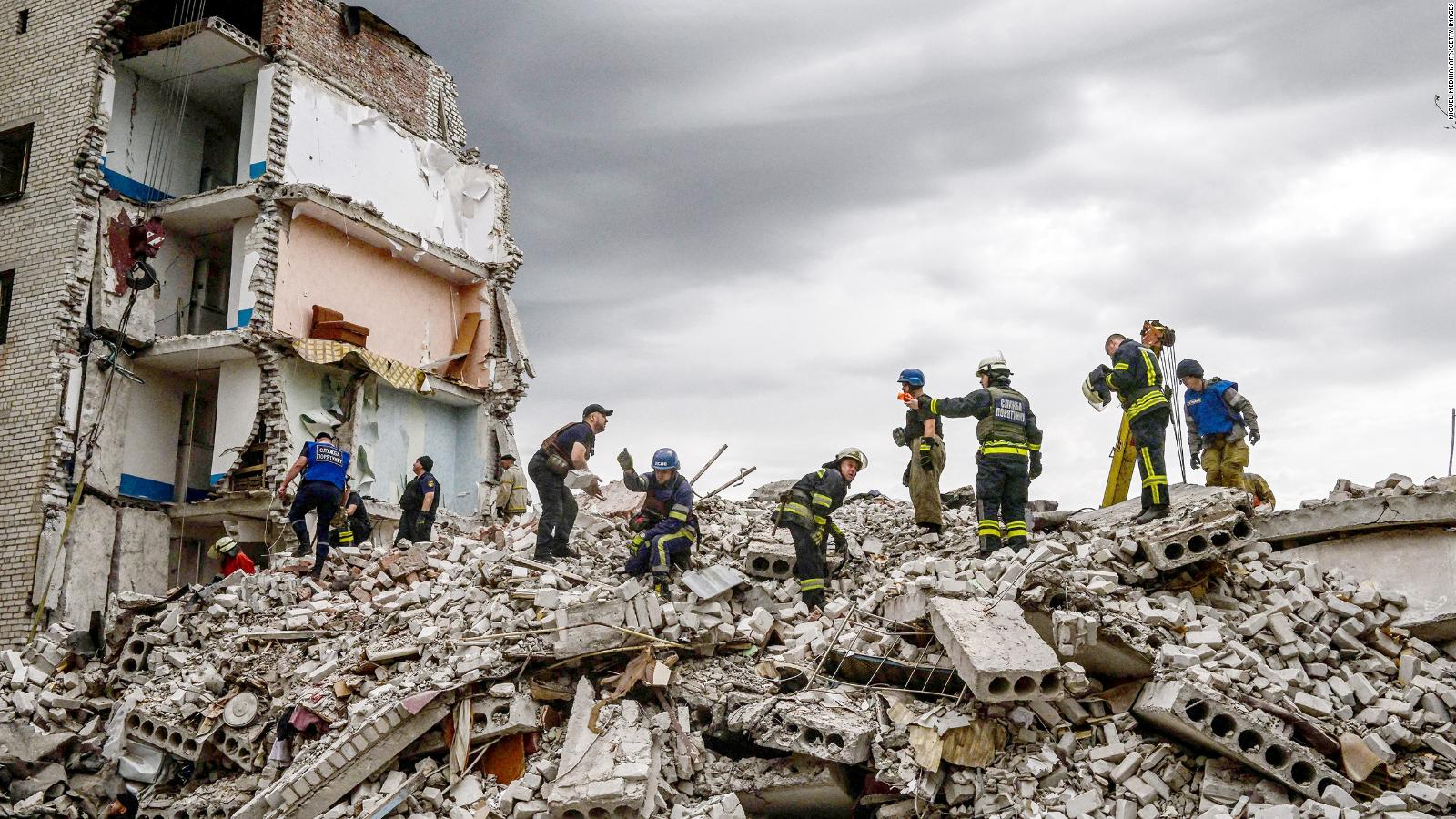
Photos: Russia invades Ukraine
Firefighters and members of a rescue team clear the scene after a building was shelled in Chasiv Yar, eastern Ukraine, on July 10. At least 29 people have been confirmed dead.
Hide Caption
9 of 247
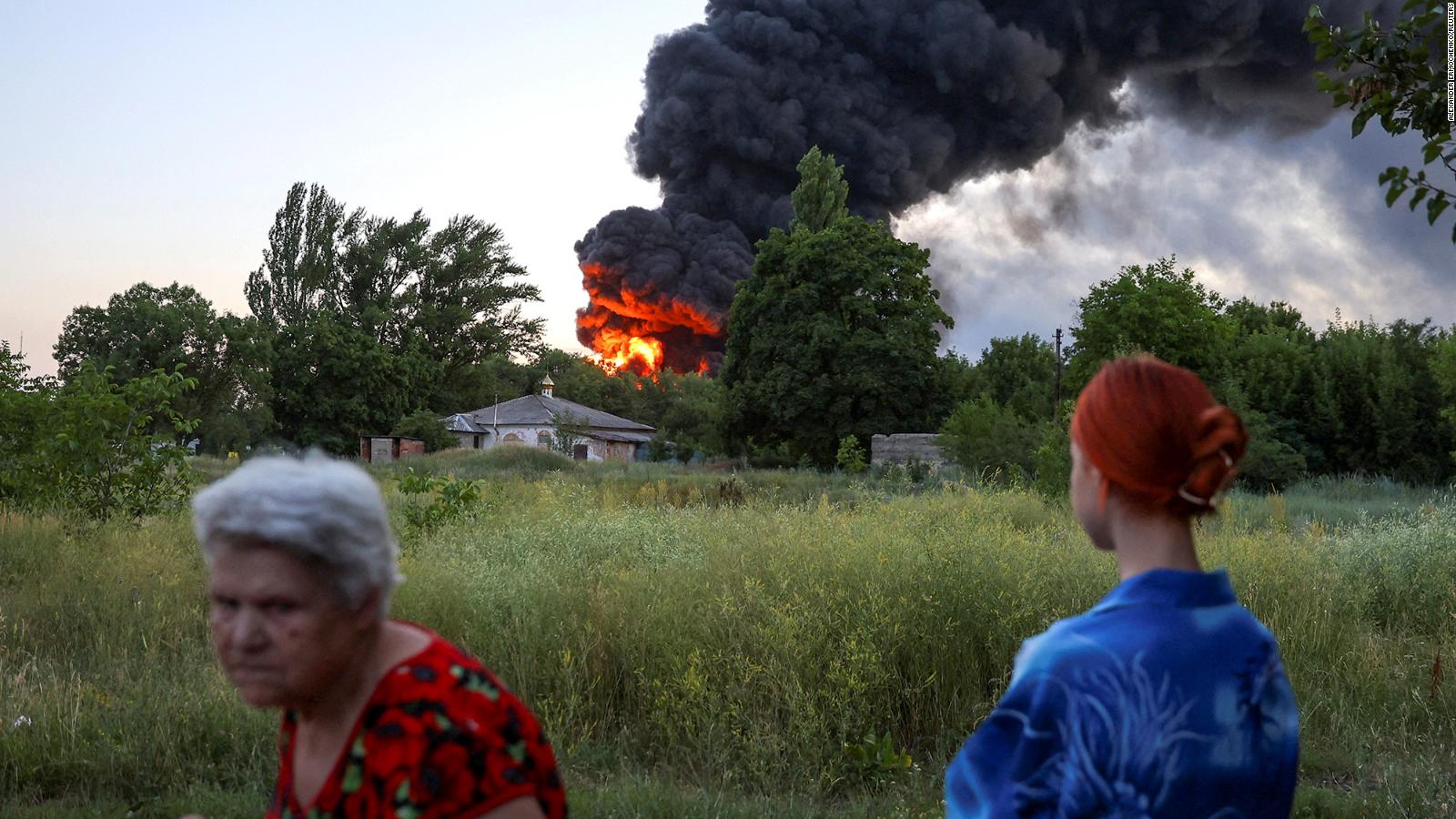
Photos: Russia invades Ukraine
Local residents look on as smoke rises after shelling in Donetsk, Ukraine, on July 7.
Hide Caption
10 of 247
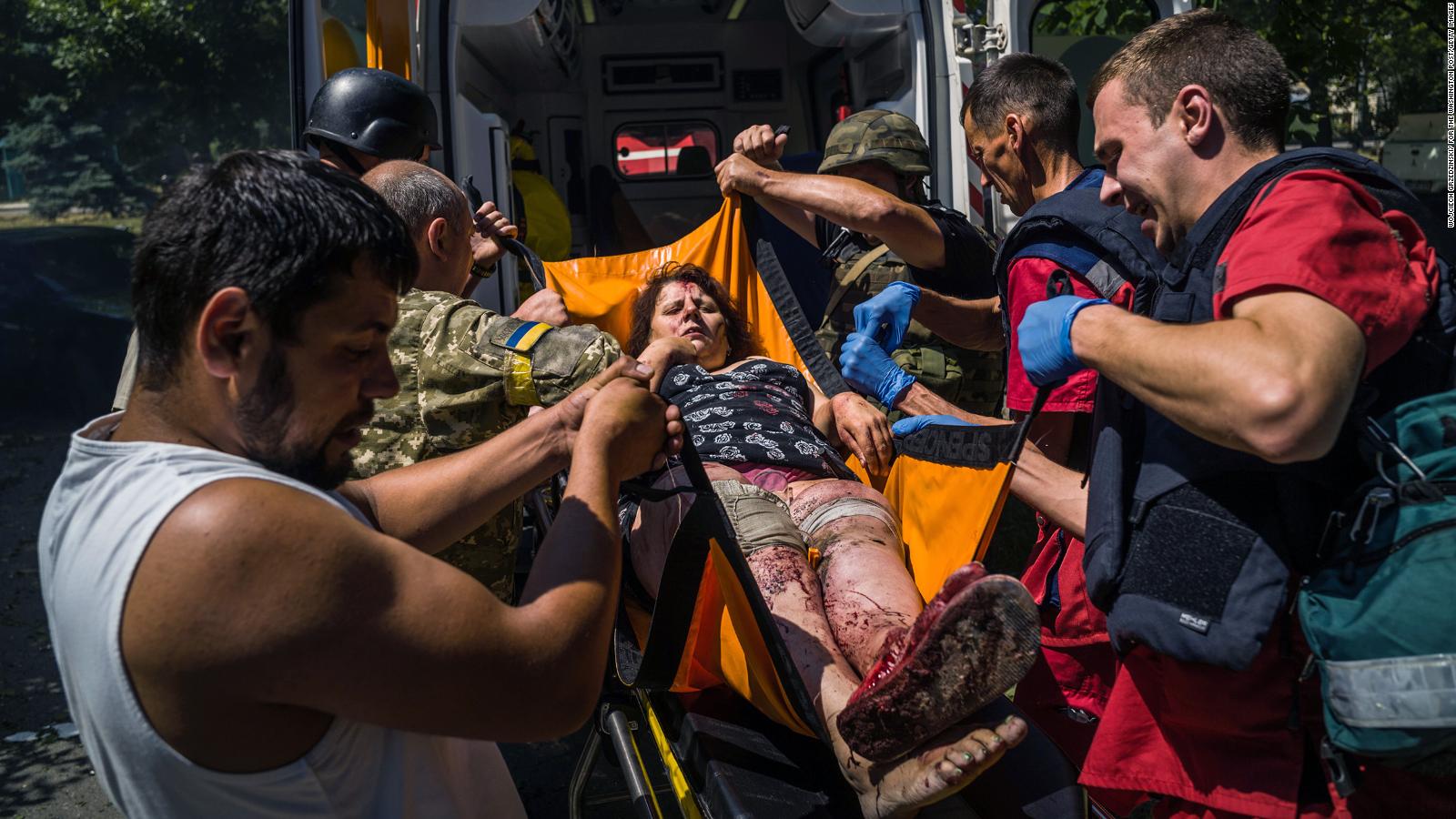
Photos: Russia invades Ukraine
A wounded woman is transported to an ambulance in Kramatorsk, Ukraine, on July 7.
Hide Caption
11 of 247
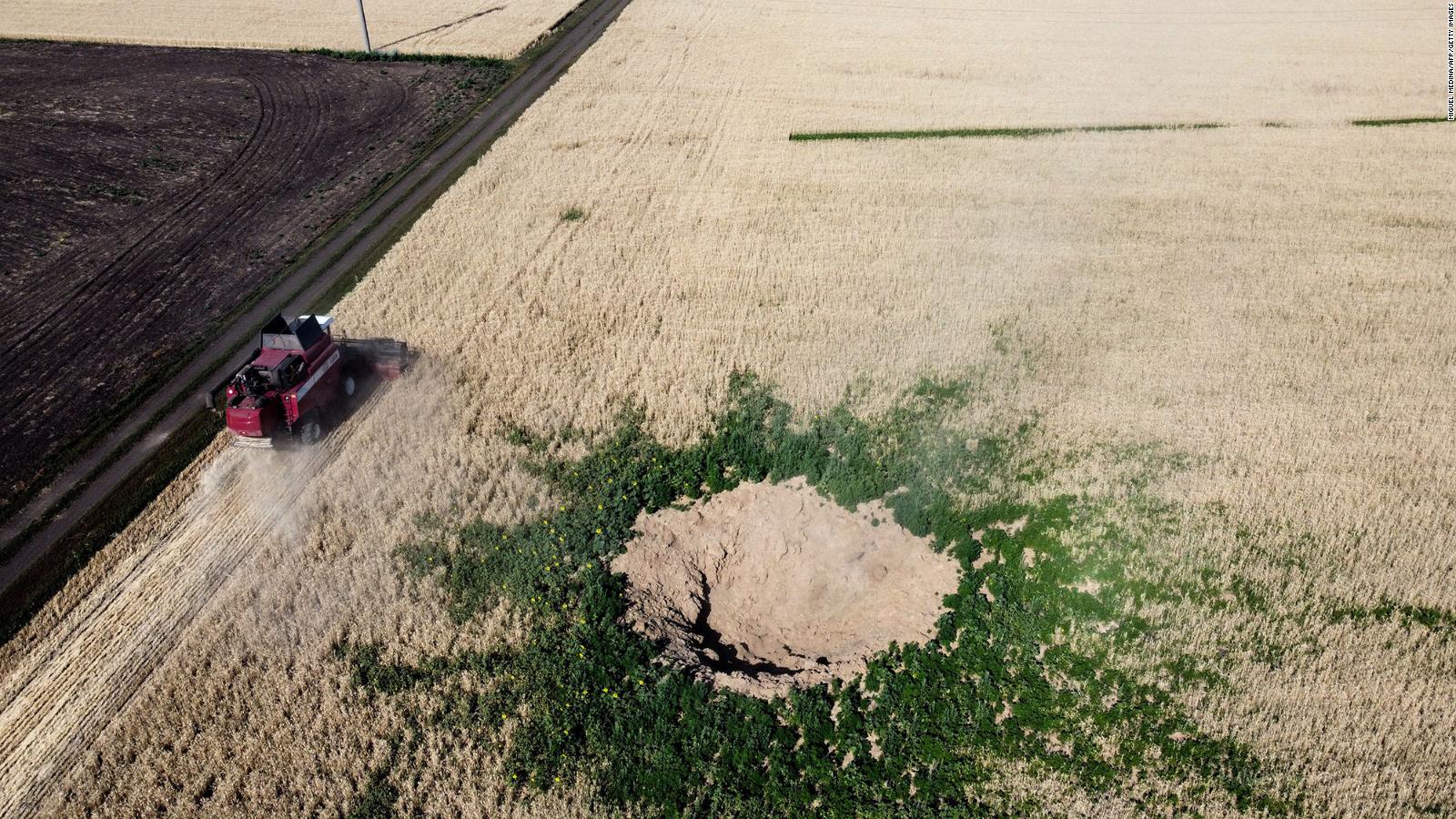
Photos: Russia invades Ukraine
A farmer drives a combine harvester past a crater suspected to be caused by an air strike near Kramatorsk, Ukraine, on July 7.
Hide Caption
12 of 247
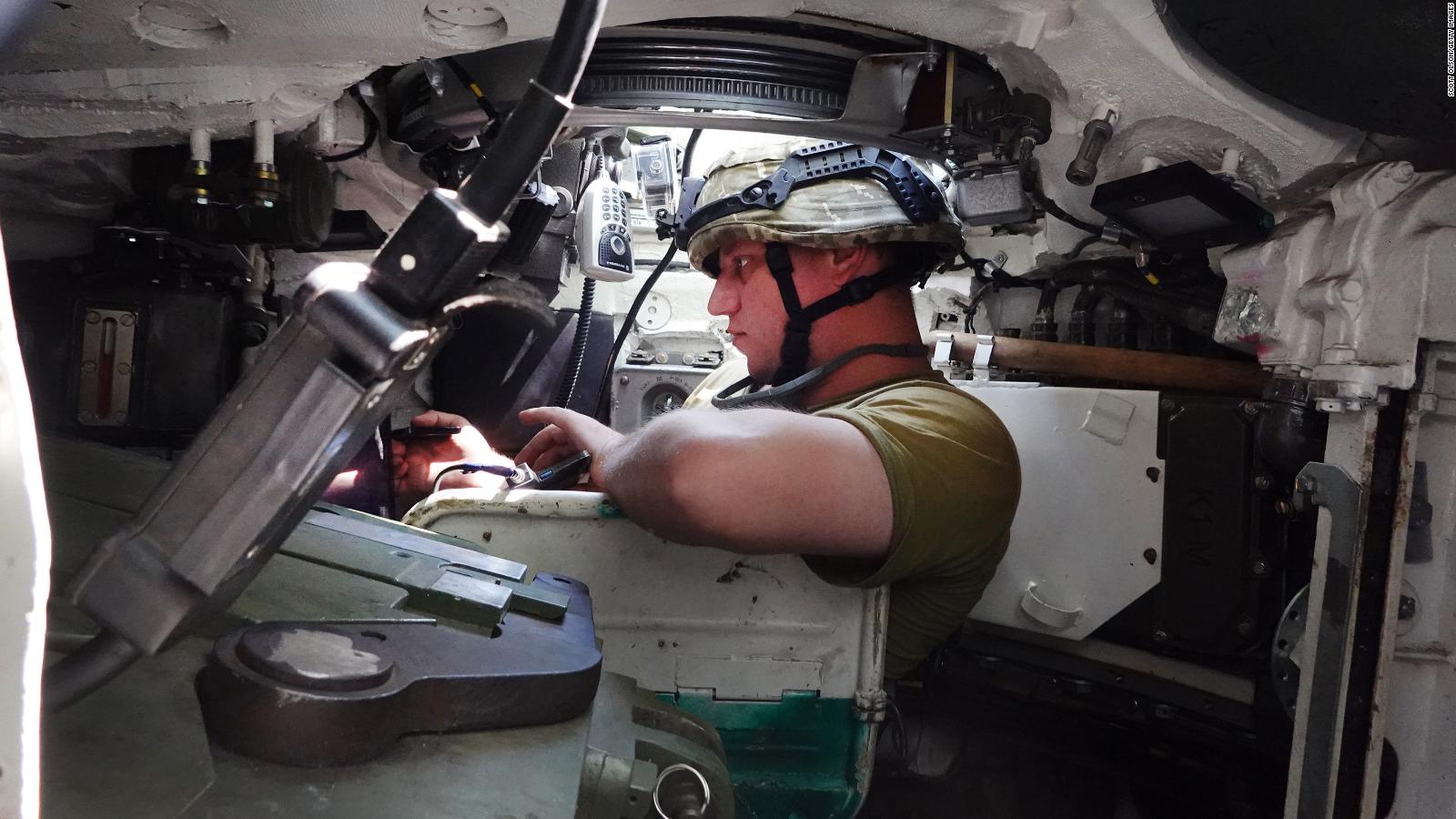
Photos: Russia invades Ukraine
A Ukrainian soldier with the 14th Mechanized Brigade of Prince Roman the Great works in his tank as the unit awaits their next mission on July 1.
Hide Caption
13 of 247
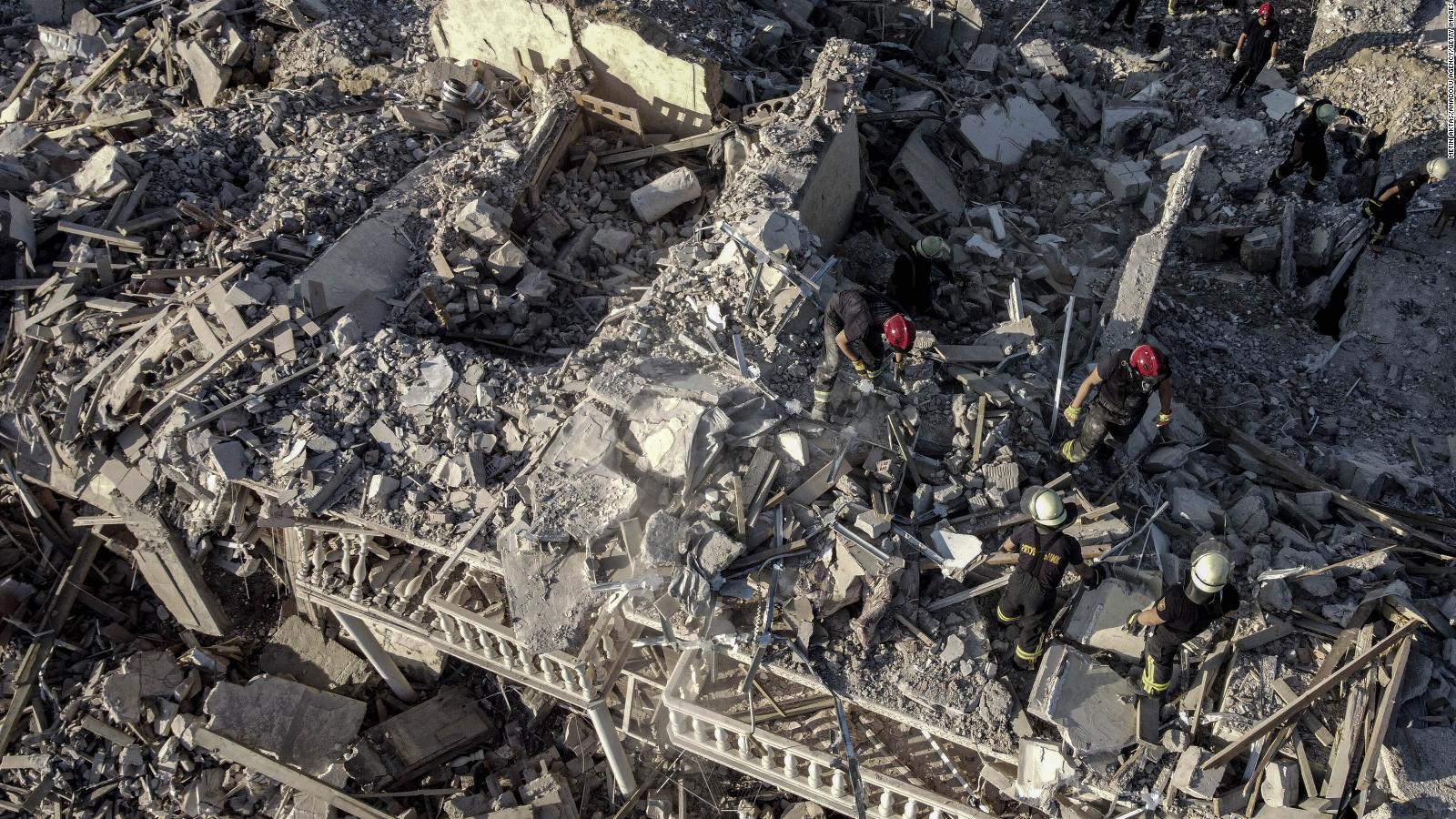
Photos: Russia invades Ukraine
An aerial view of rescue workers after a missile attack in the Serhiivka district of Odesa, Ukraine, on July 1.
Hide Caption
14 of 247
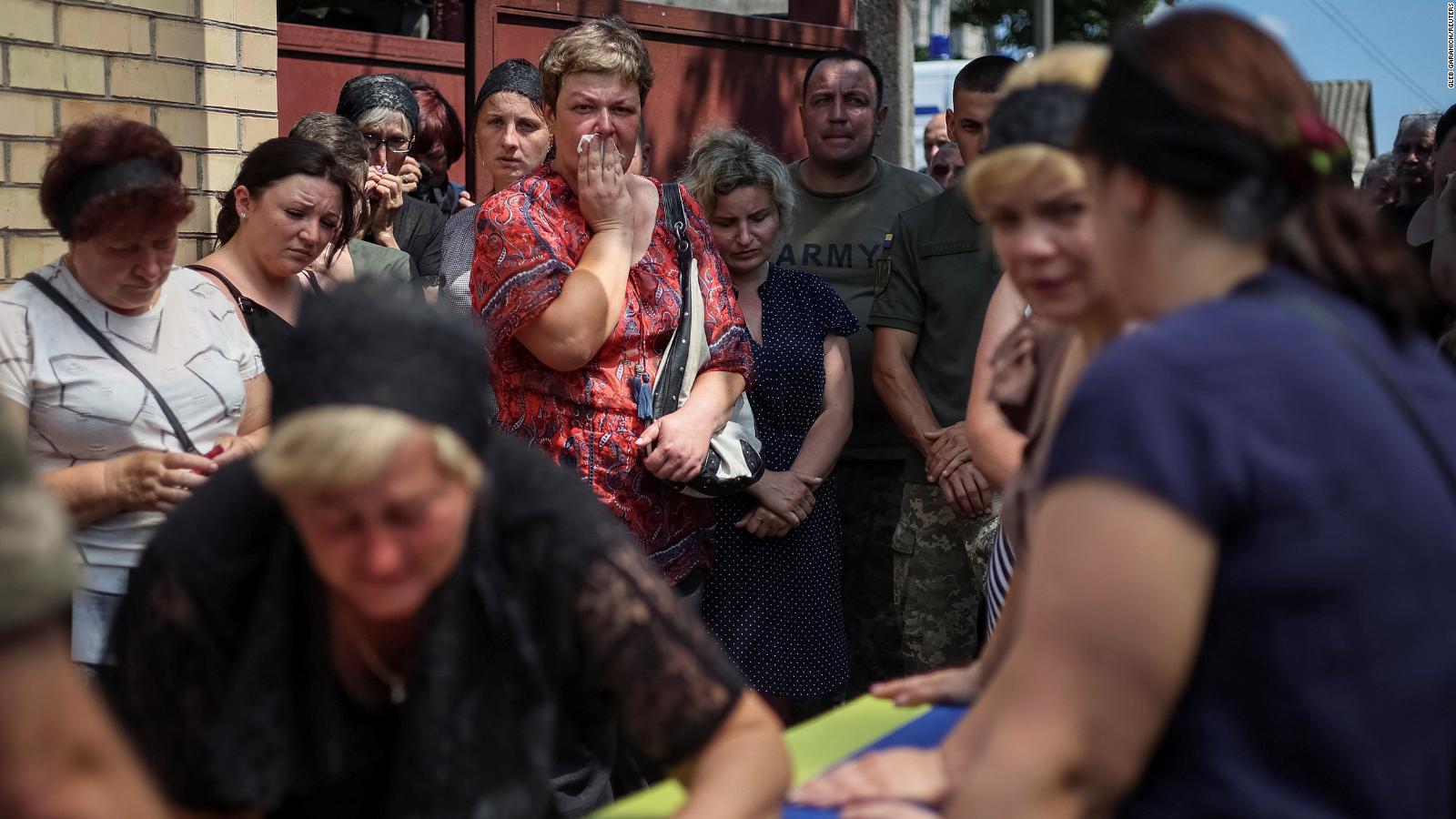
Photos: Russia invades Ukraine
People attend a funeral ceremony for Ukrainian serviceman Volodymyr Kochetov, 46, in the village of Babyntsi, Ukraine, on June 30.
Hide Caption
15 of 247
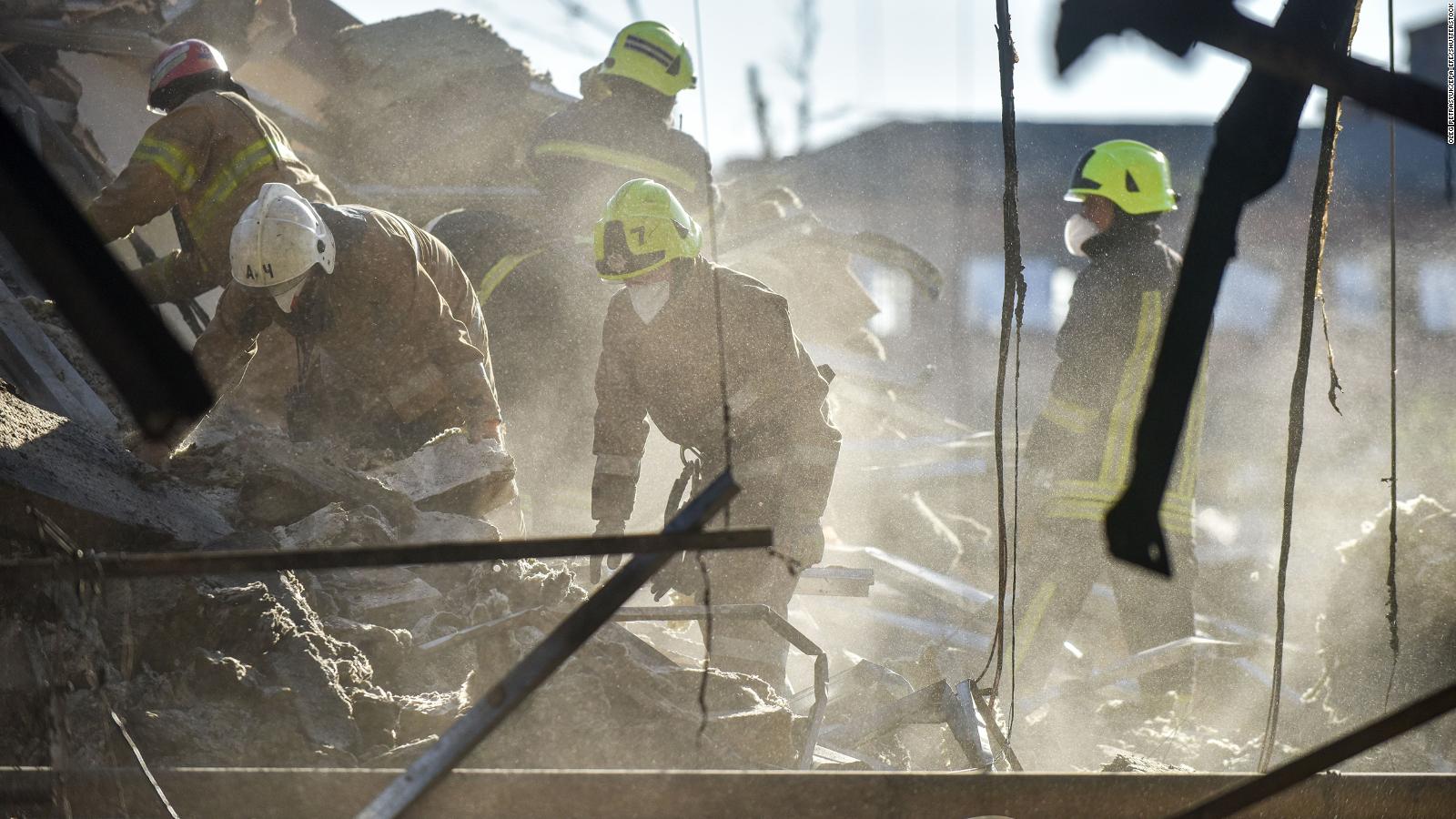
Photos: Russia invades Ukraine
Firefighters clear rubble at the Amstor shopping mall in Kremenchuk, Poltava Oblast, Ukraine, on June 28.
Hide Caption
16 of 247
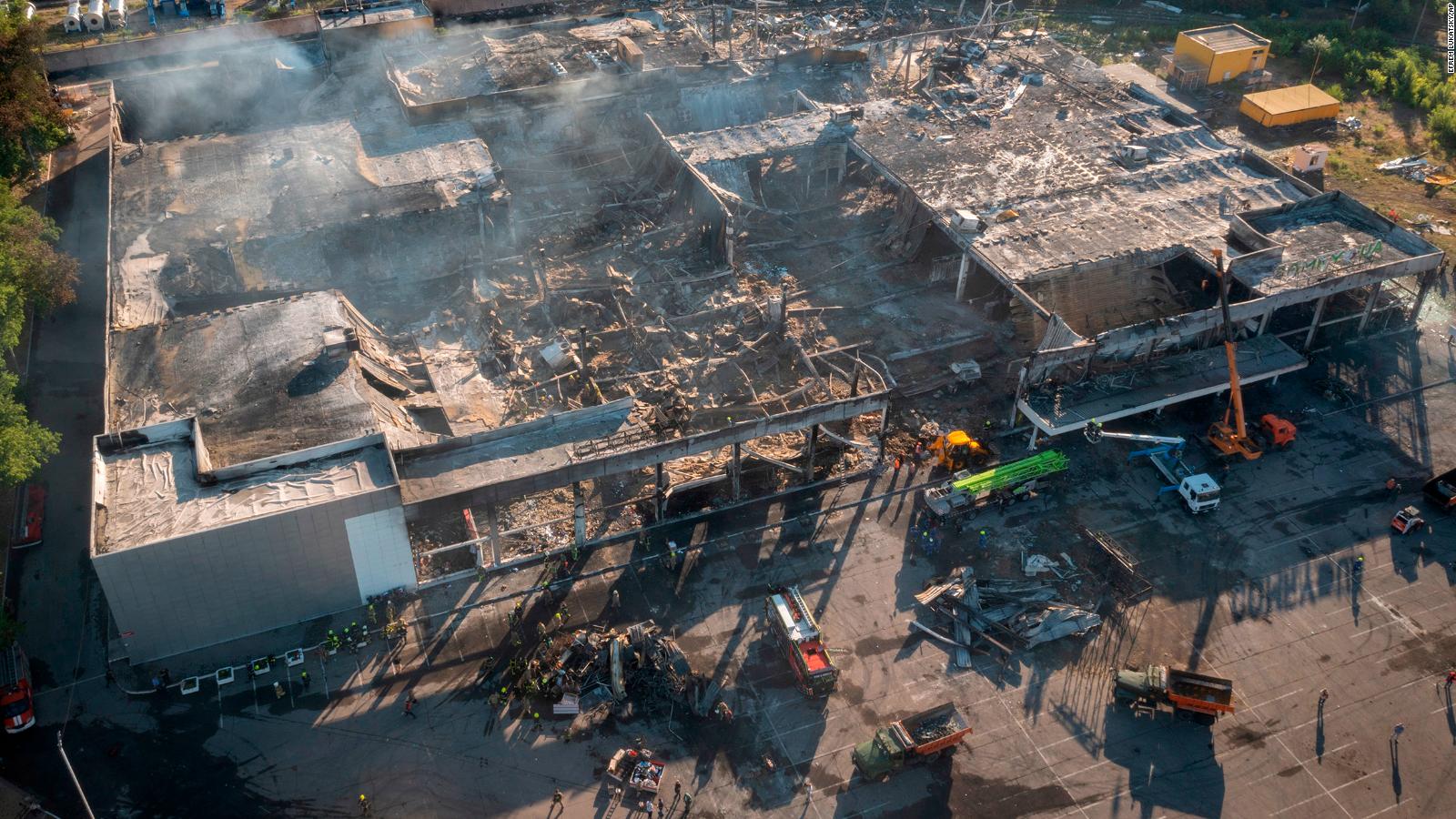
Photos: Russia invades Ukraine
Ukrainian State Emergency Service firefighters work to take away debris at a shopping mall after a rocket attack in Kremenchuk, Ukraine, on June 28.
Hide Caption
17 of 247
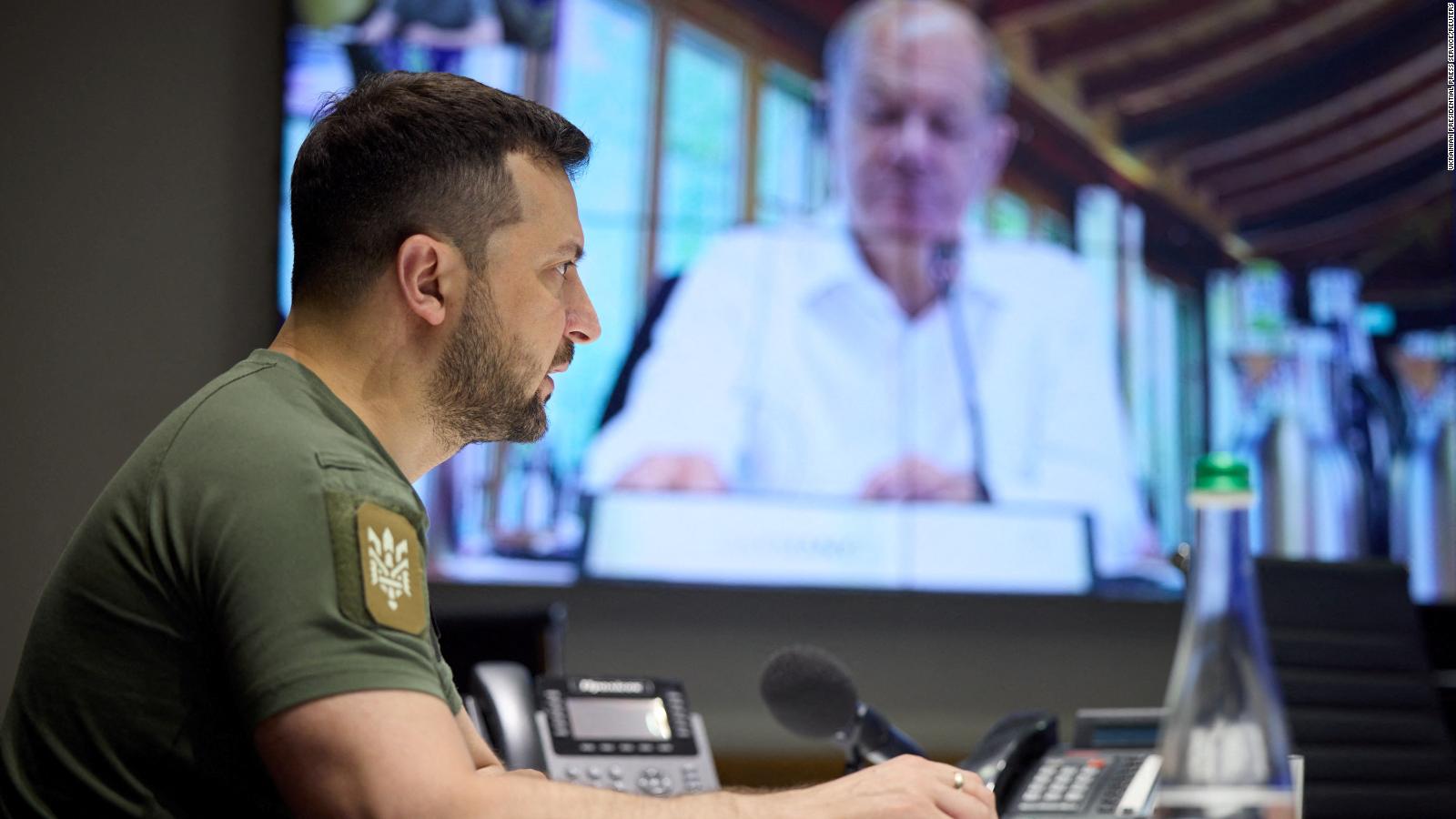
Photos: Russia invades Ukraine
Ukraine's President Volodymyr Zelensky attends a working session of G7 leaders via video link from his office in Kyiv, Ukraine, on Monday June 27.
Hide Caption
18 of 247
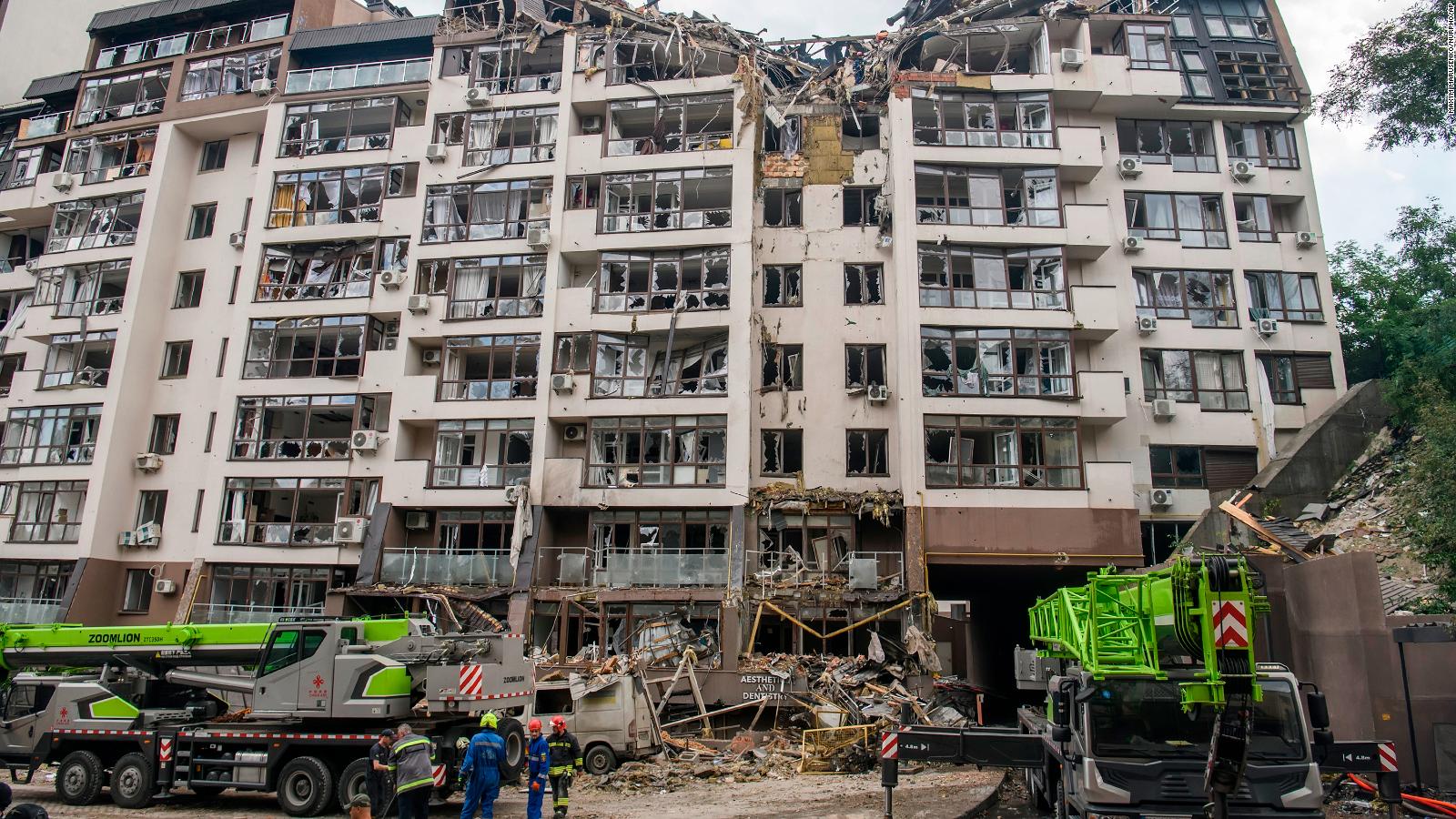
Photos: Russia invades Ukraine
An apartment building in the Shevchenkivskiy district of Kyiv, Ukraine, is damaged during a Russian airstrike, on June 26. Several explosions rocked the west of the Ukrainian capital in the early hours of Sunday morning, with at least two residential buildings struck, according to Kyiv mayor Vitali Klitschko.
Hide Caption
19 of 247
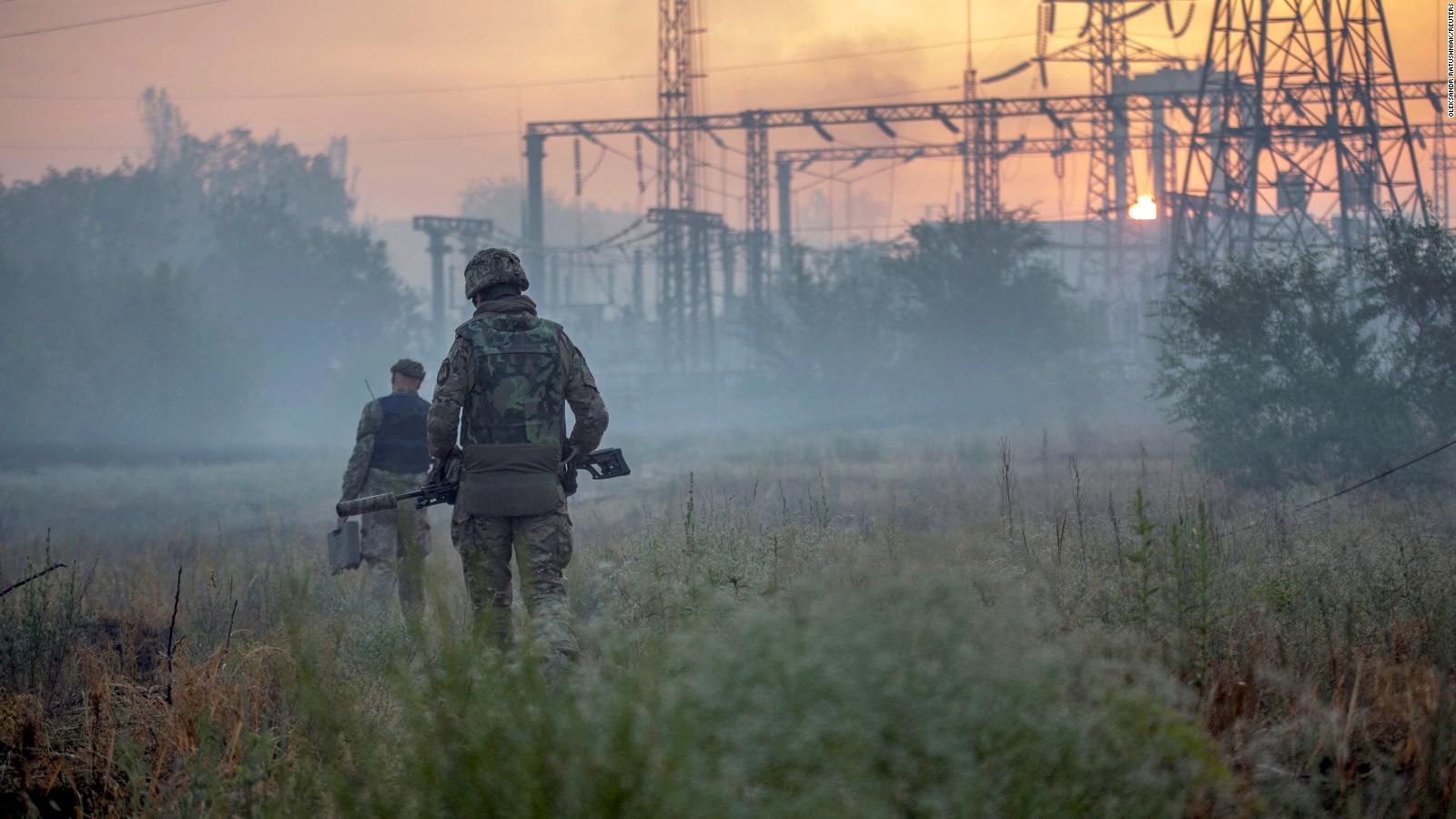
Photos: Russia invades Ukraine
Ukrainian service members patrol an area in the city of Severodonetsk, Ukraine, on June 20.
Hide Caption
20 of 247
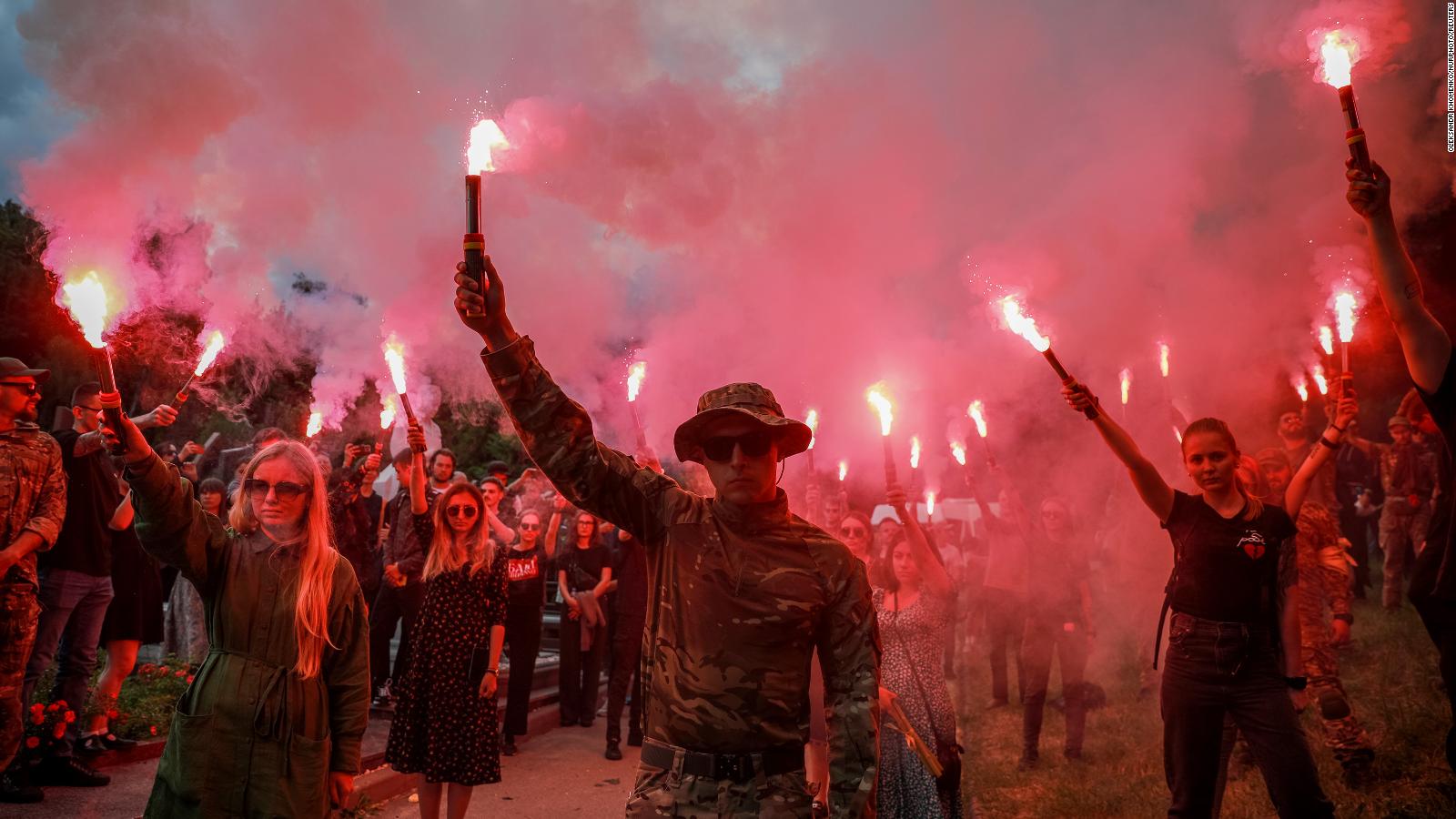
Photos: Russia invades Ukraine
People light flares in memory of the Ukrainian activist Roman Ratushnyi during a farewell ceremony at Baikove cemetery, Kyiv, Ukraine, on June 18.
Hide Caption
21 of 247
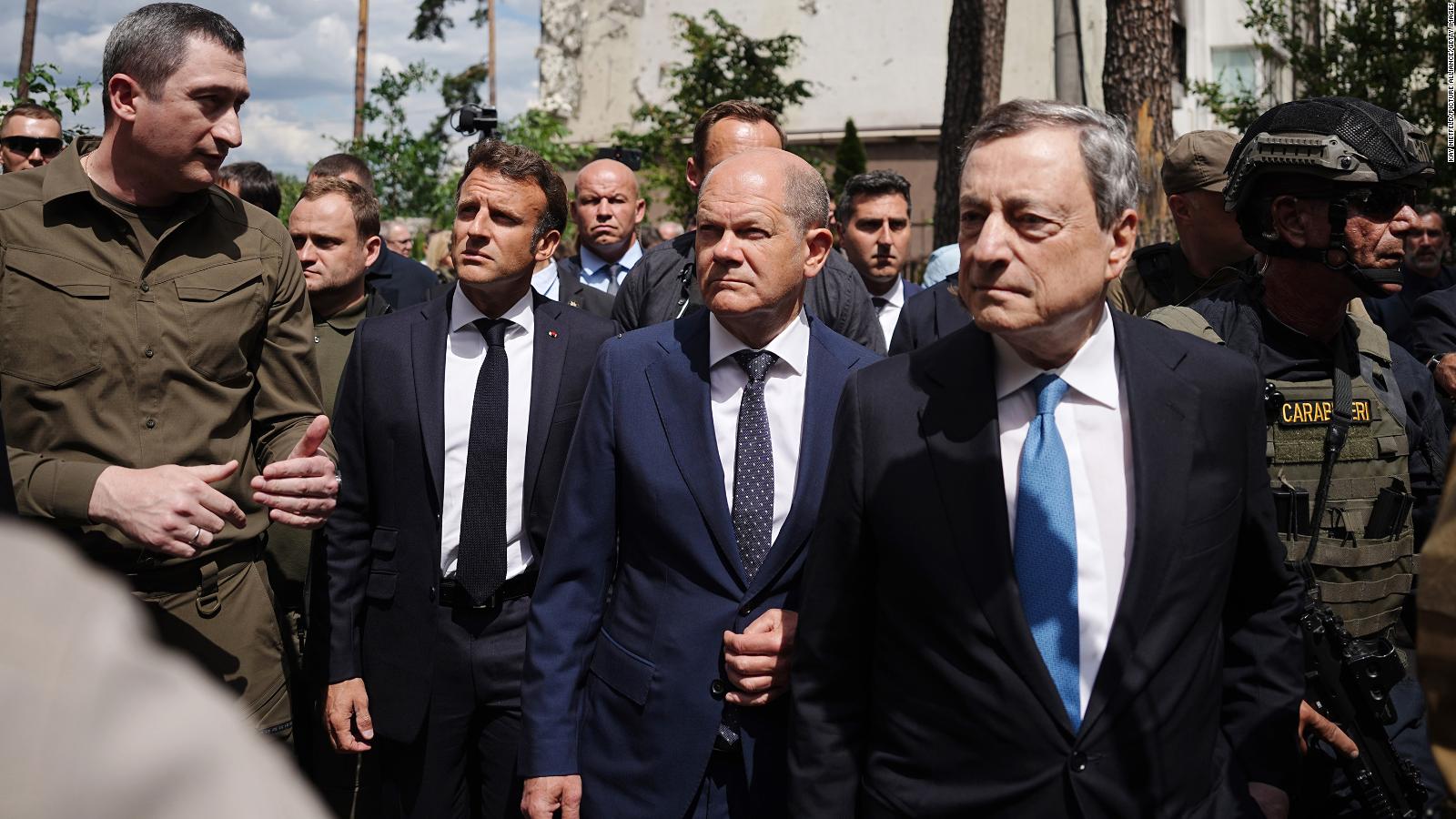
Photos: Russia invades Ukraine
Oleksiy Chernyshov, Ukrainian President Zelensky's special envoy for EU accession, walks with French President Emmanuel Macron, German Chancellor Olaf Scholz and Italian PM Mario Draghi past destroyed buildings in Irpin, Ukraine, on June 16.
Hide Caption
22 of 247
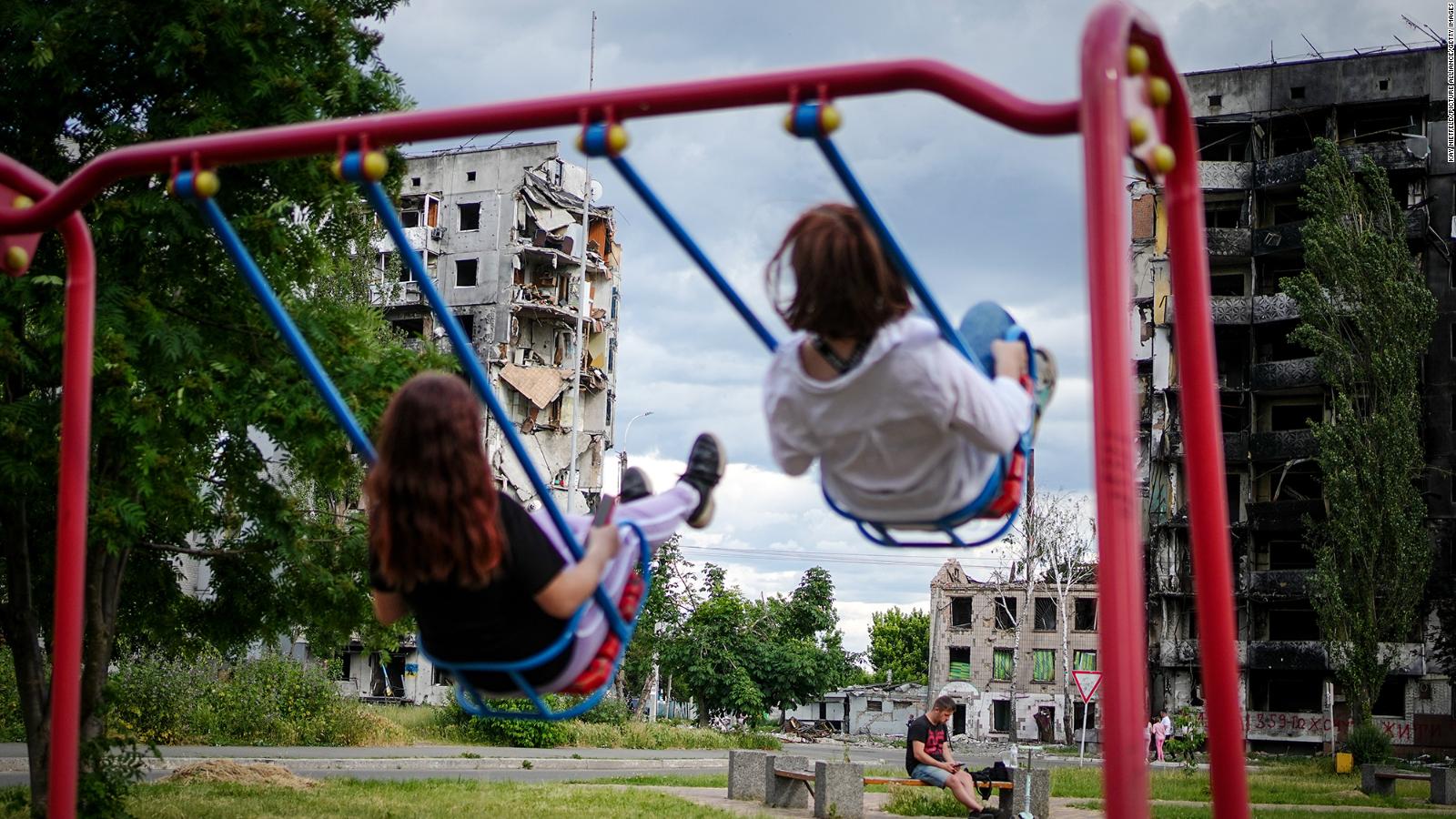
Photos: Russia invades Ukraine
Young people swing in front of destroyed residential buildings in Borodyanka, Ukraine, on June 15.
Hide Caption
23 of 247
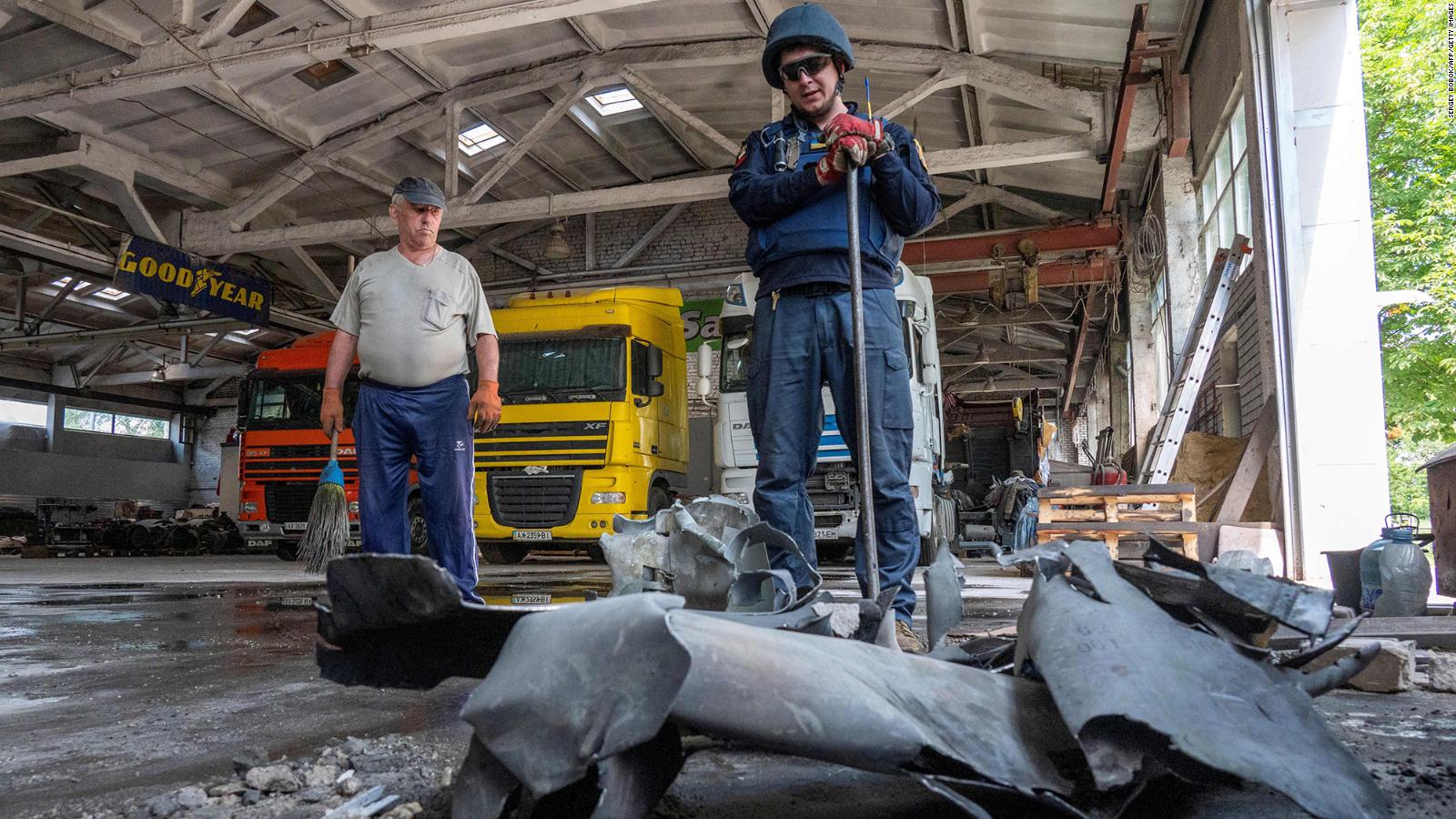
Photos: Russia invades Ukraine
A Ukrainian bomb disposal expert looks at an ordnance shell during a mine clearance operation in Solonytsivka, near Kharkiv, Ukraine, on June 15.
Hide Caption
24 of 247
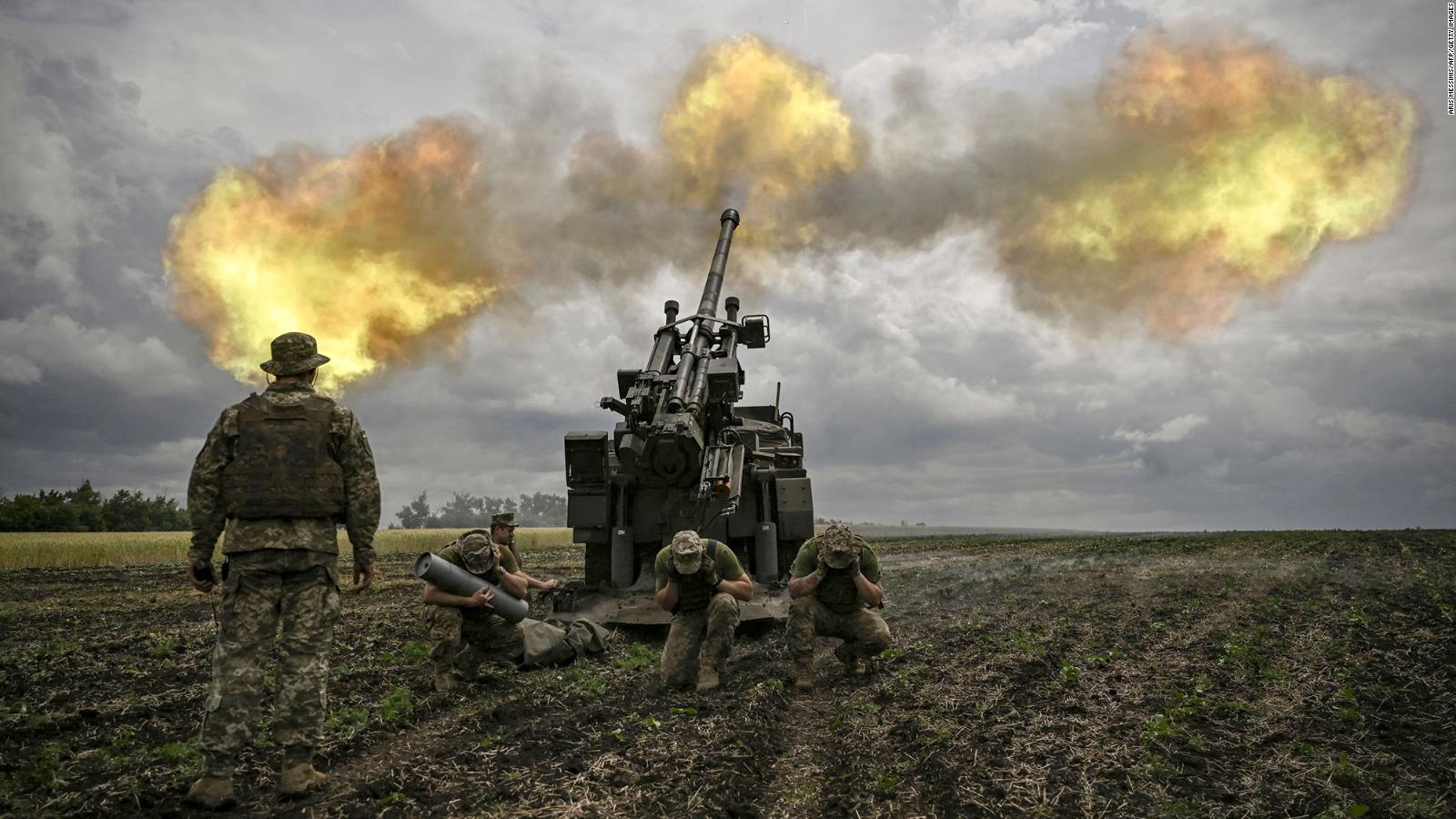
Photos: Russia invades Ukraine
Ukrainian servicemen fire a French 155mm CAESAR self-propelled howitzer towards Russian positions in the eastern Ukrainian region of Donbas on June 15.
Hide Caption
25 of 247
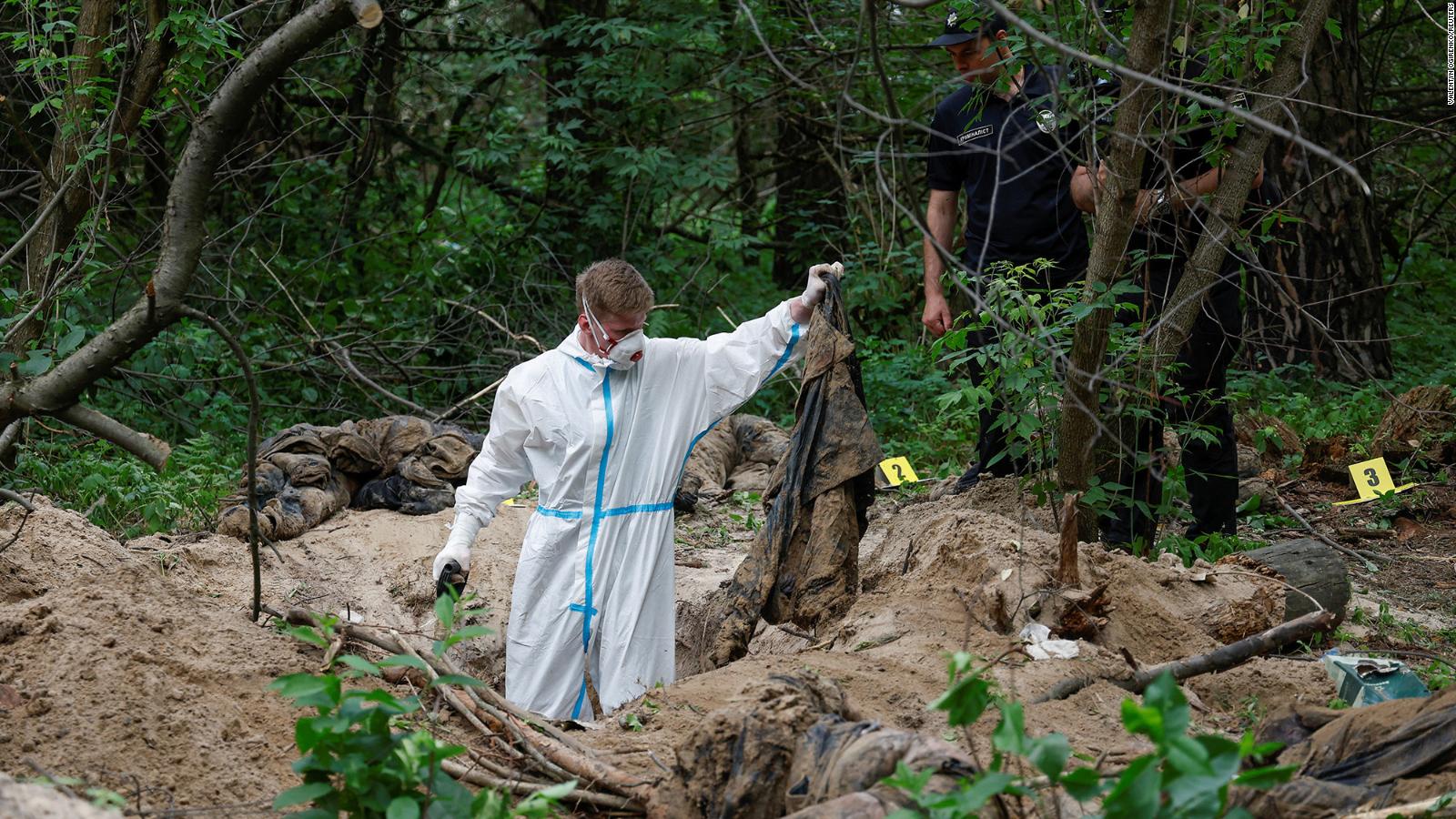
Photos: Russia invades Ukraine
A forensic technician inspects a mass grave near the village of Vorzel in the Bucha district near Kyiv, Ukraine, on June 13.
Hide Caption
26 of 247
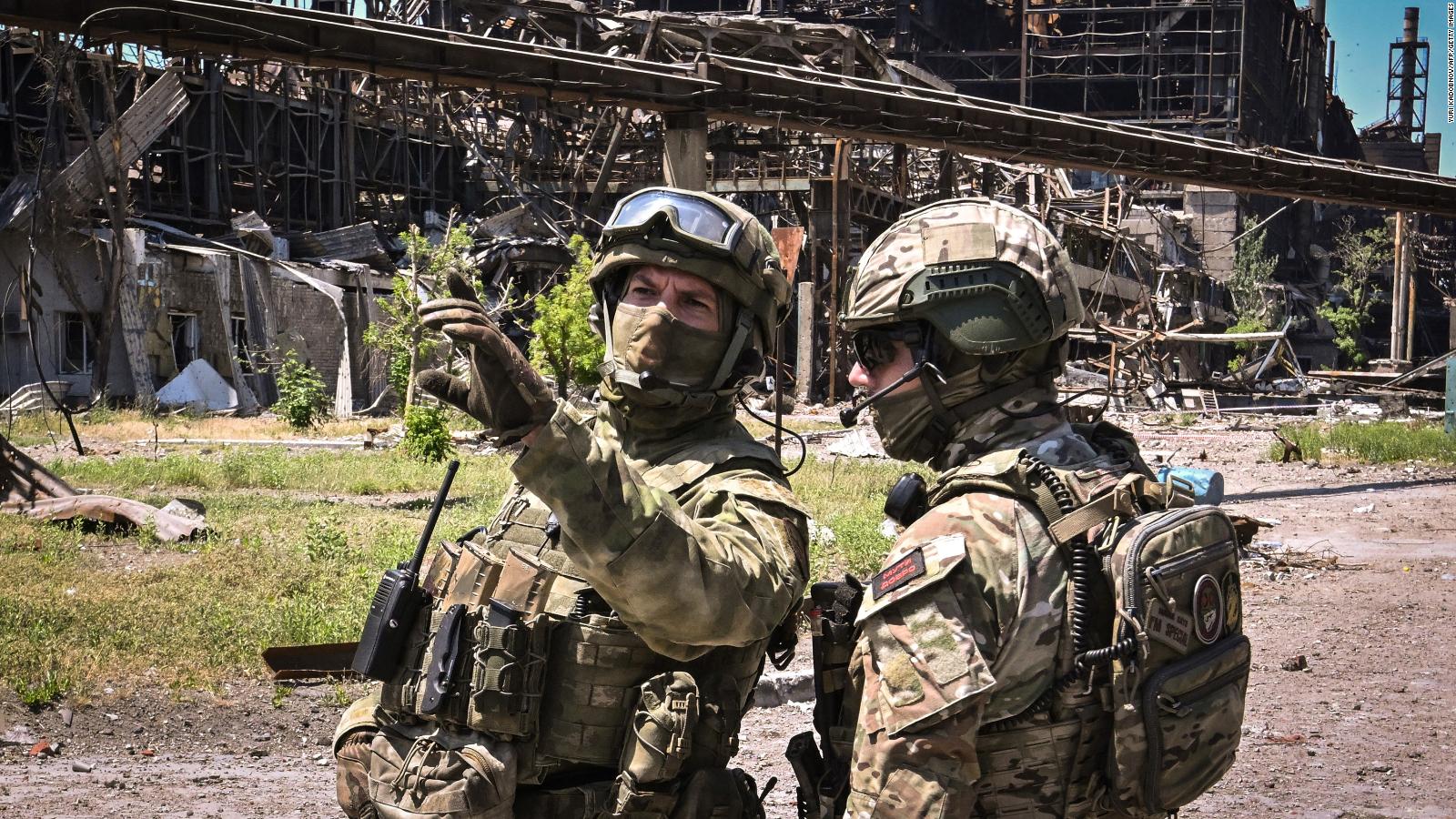
Photos: Russia invades Ukraine
Russian servicemen guard an area of the Azovstal steel plant in Mariupol, Ukraine, on June 13.
Hide Caption
27 of 247
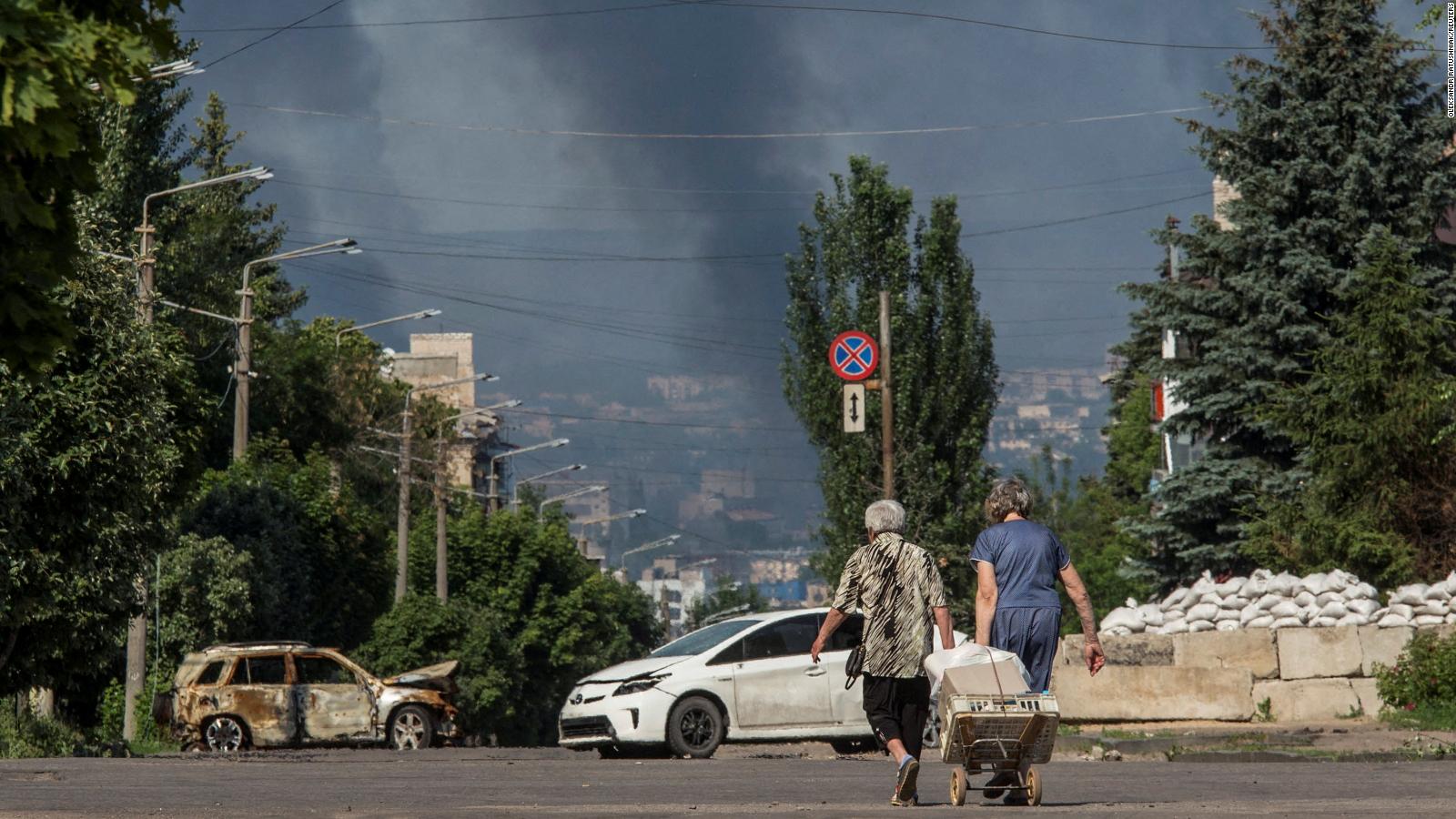
Photos: Russia invades Ukraine
Local residents walk along an empty street as smoke rises in the background in the town of Lysychansk, Ukraine, on June 10.
Hide Caption
28 of 247
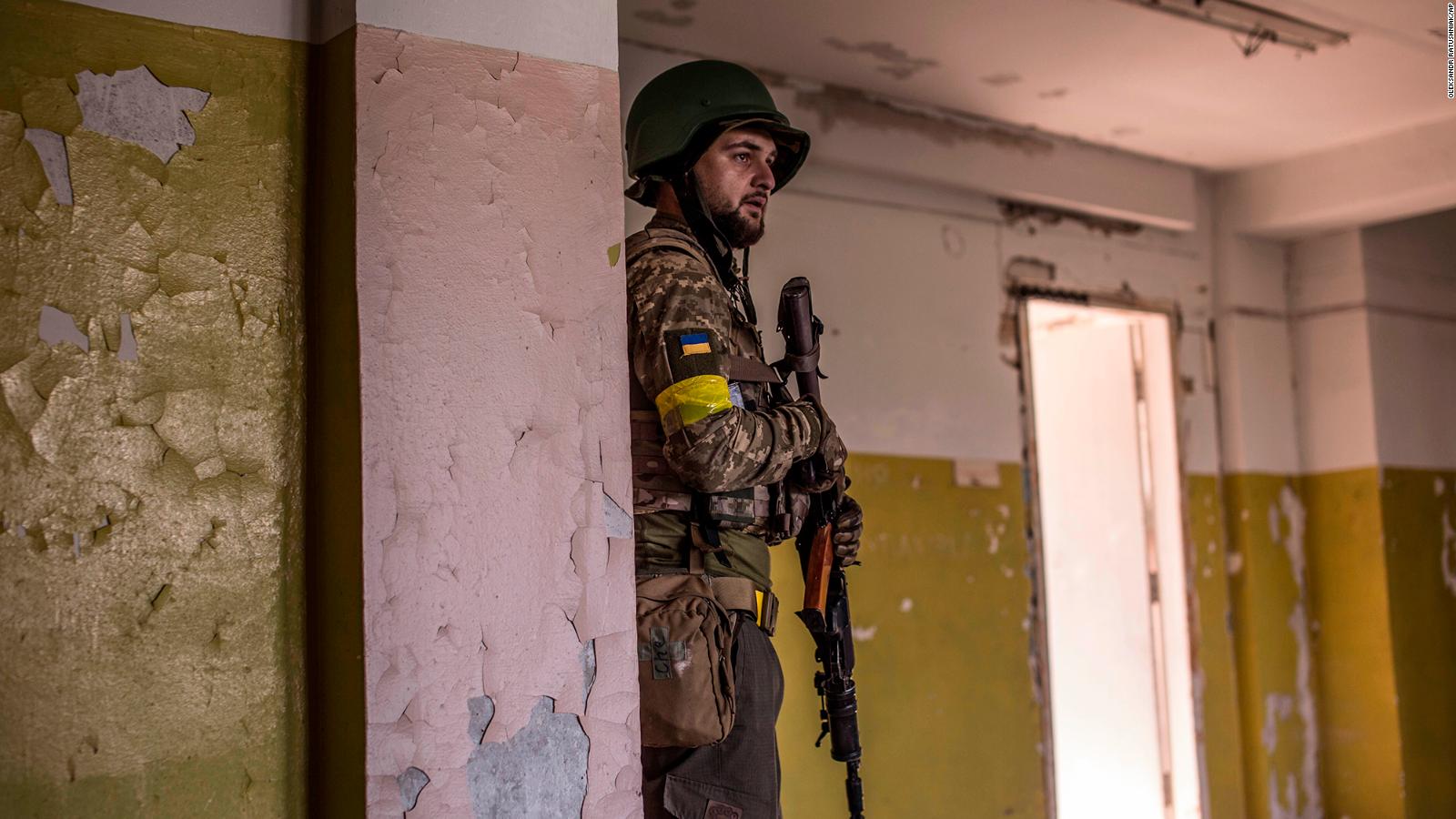
Photos: Russia invades Ukraine
A Ukrainian soldier takes cover during heavy fighting at the front line in Severodonetsk, Ukraine, on Wednesday, June 8.
Hide Caption
29 of 247
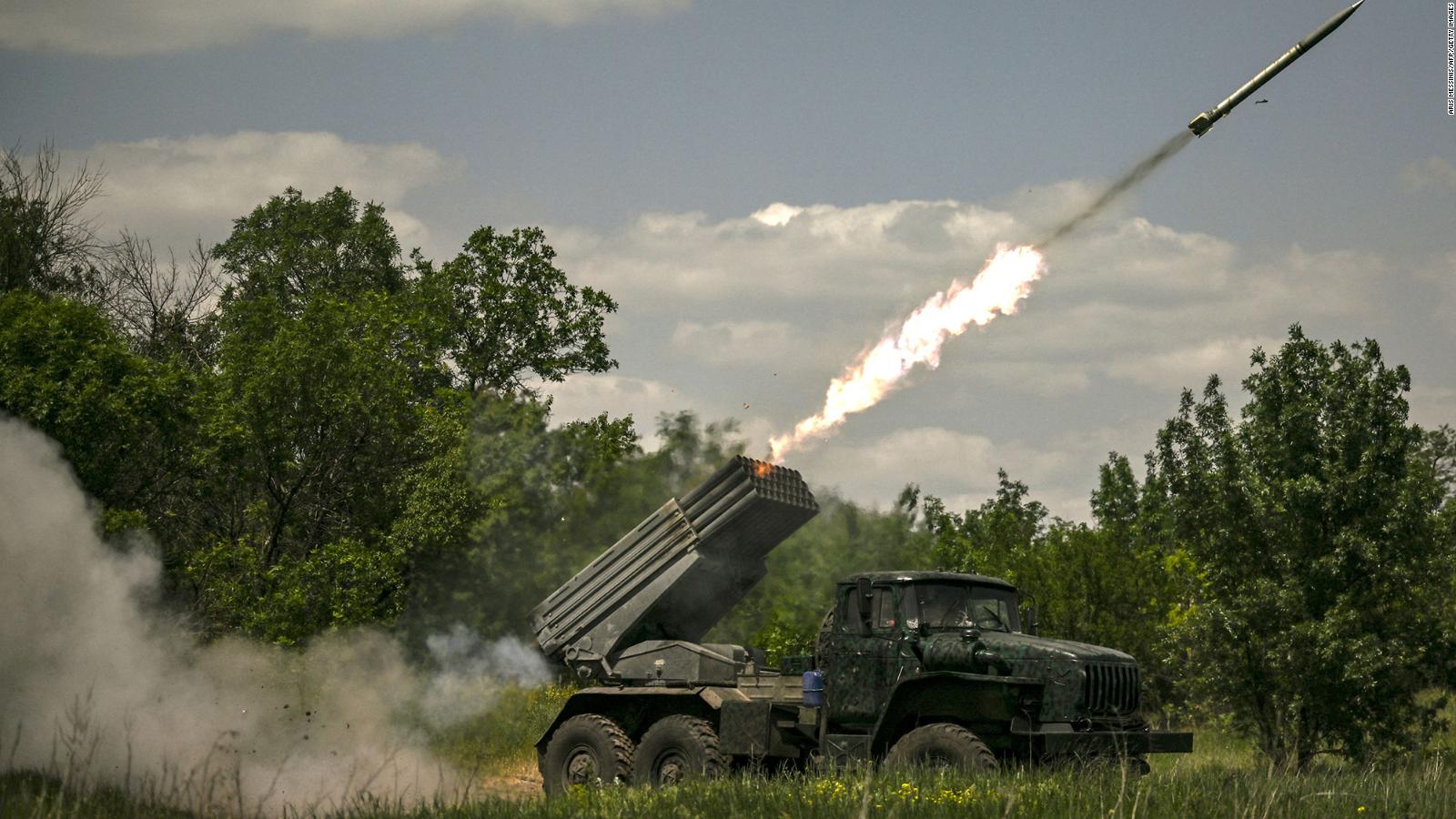
Photos: Russia invades Ukraine
Ukrainian troops fire surface-to-surface rockets from MLRS towards Russian positions at the front line in the eastern Ukrainian region of Donbas on June 7.
Hide Caption
30 of 247
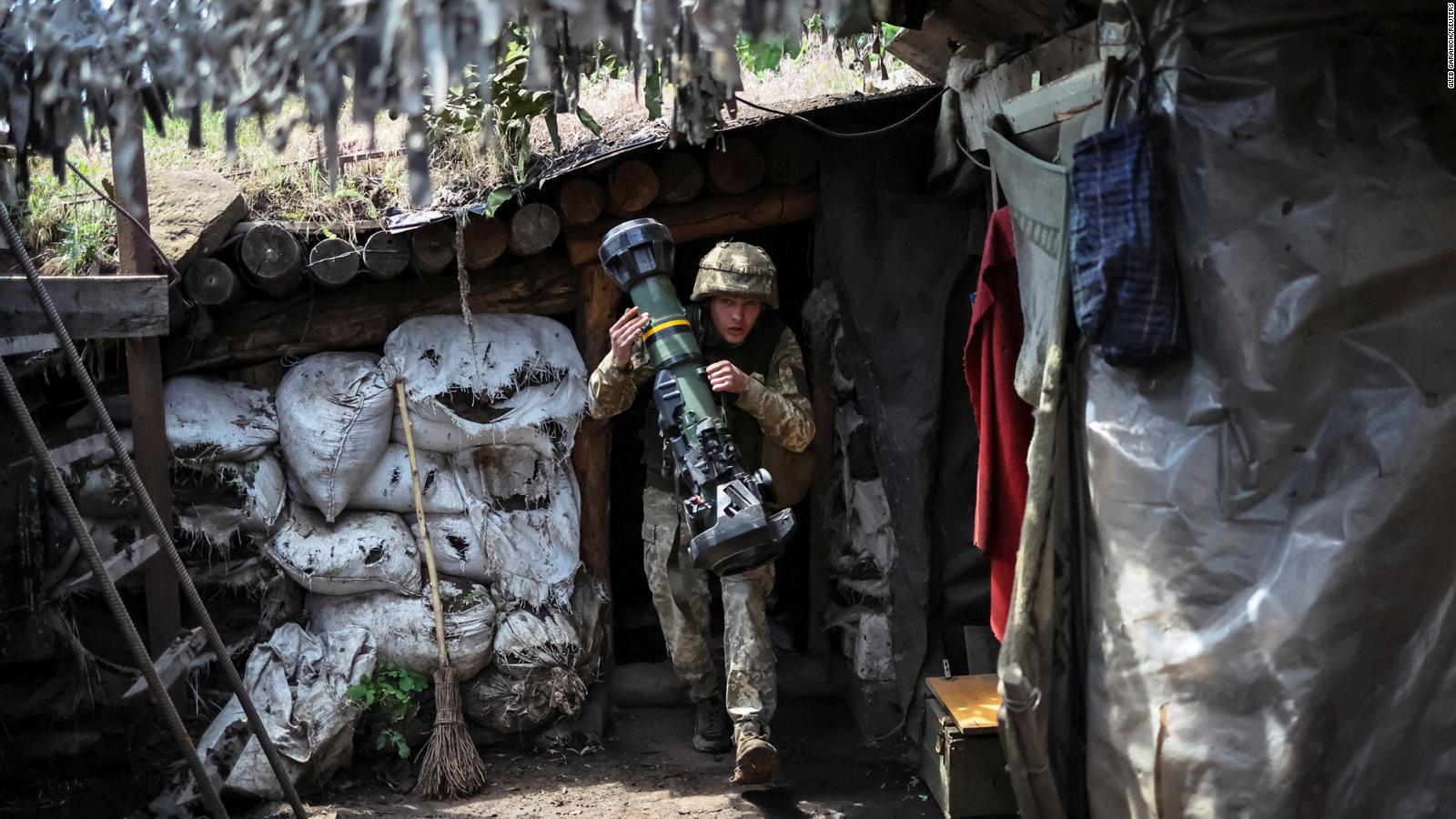
Photos: Russia invades Ukraine
A Ukrainian soldier holds a next generation light anti-tank weapon (NLAW) at a position on the front line near Bakhmut in the Donbas region of Ukraine on June 5.
Hide Caption
31 of 247
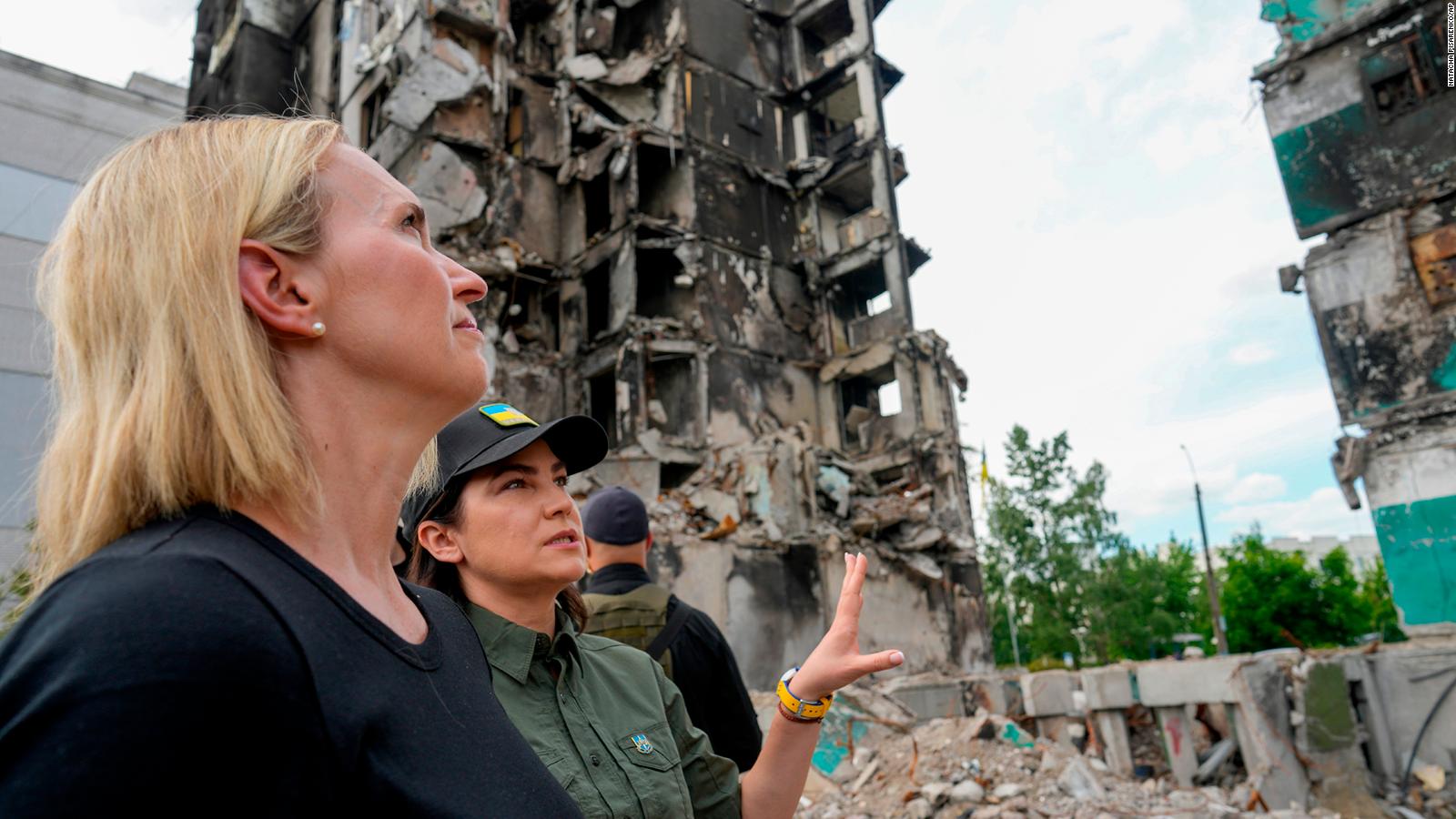
Photos: Russia invades Ukraine
U.S. ambassador to Ukraine Bridget Brink, left, listens to Ukraine's Prosecutor General Iryna Venediktov during a tour of Borodyanka, Ukraine, on June 4.
Hide Caption
32 of 247
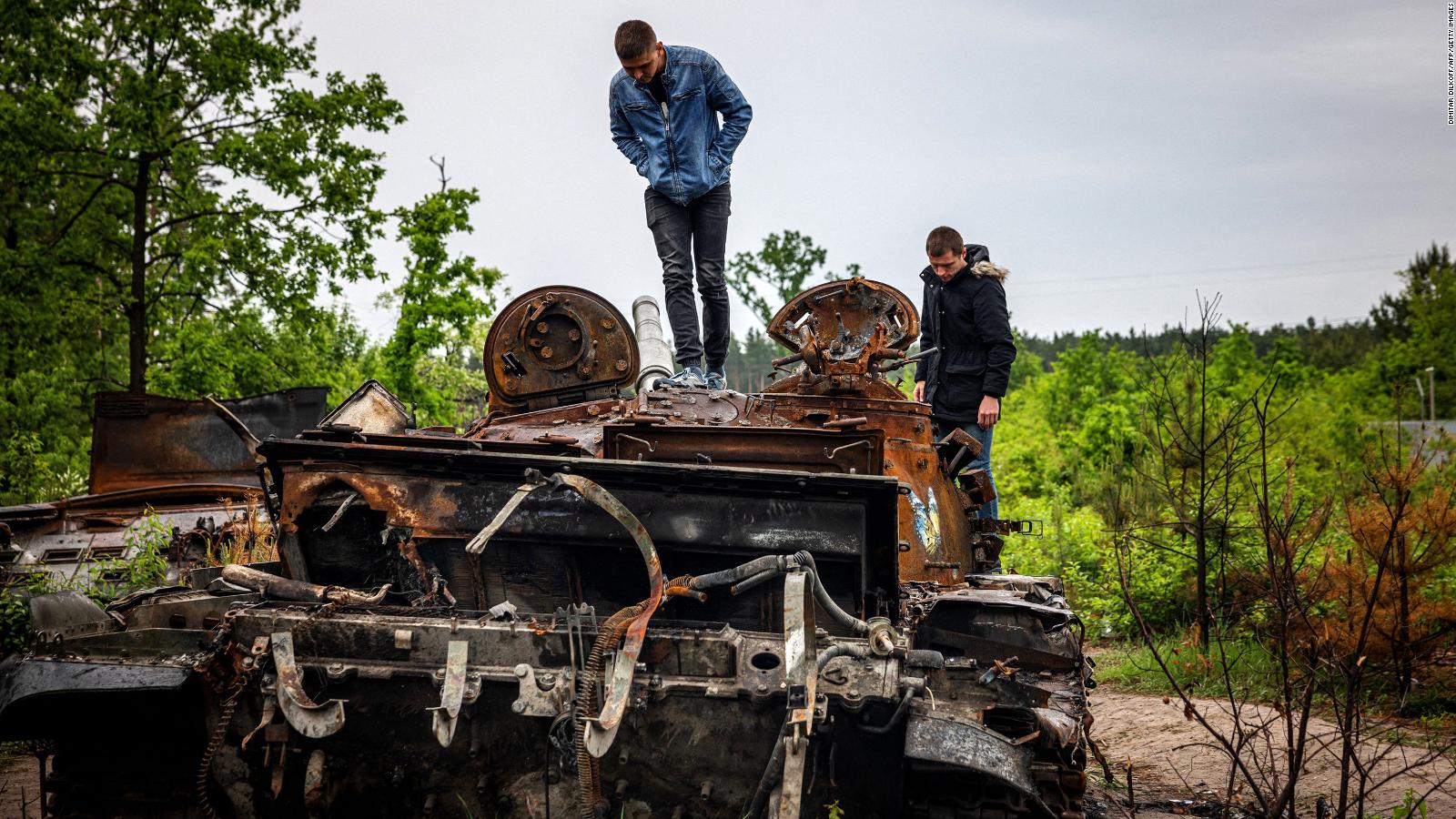
Photos: Russia invades Ukraine
Local residents examine a destroyed Russian tank outside of Kyiv, Ukraine, on Tuesday, May 31. It has now been 100 days since Russia invaded.
Hide Caption
33 of 247
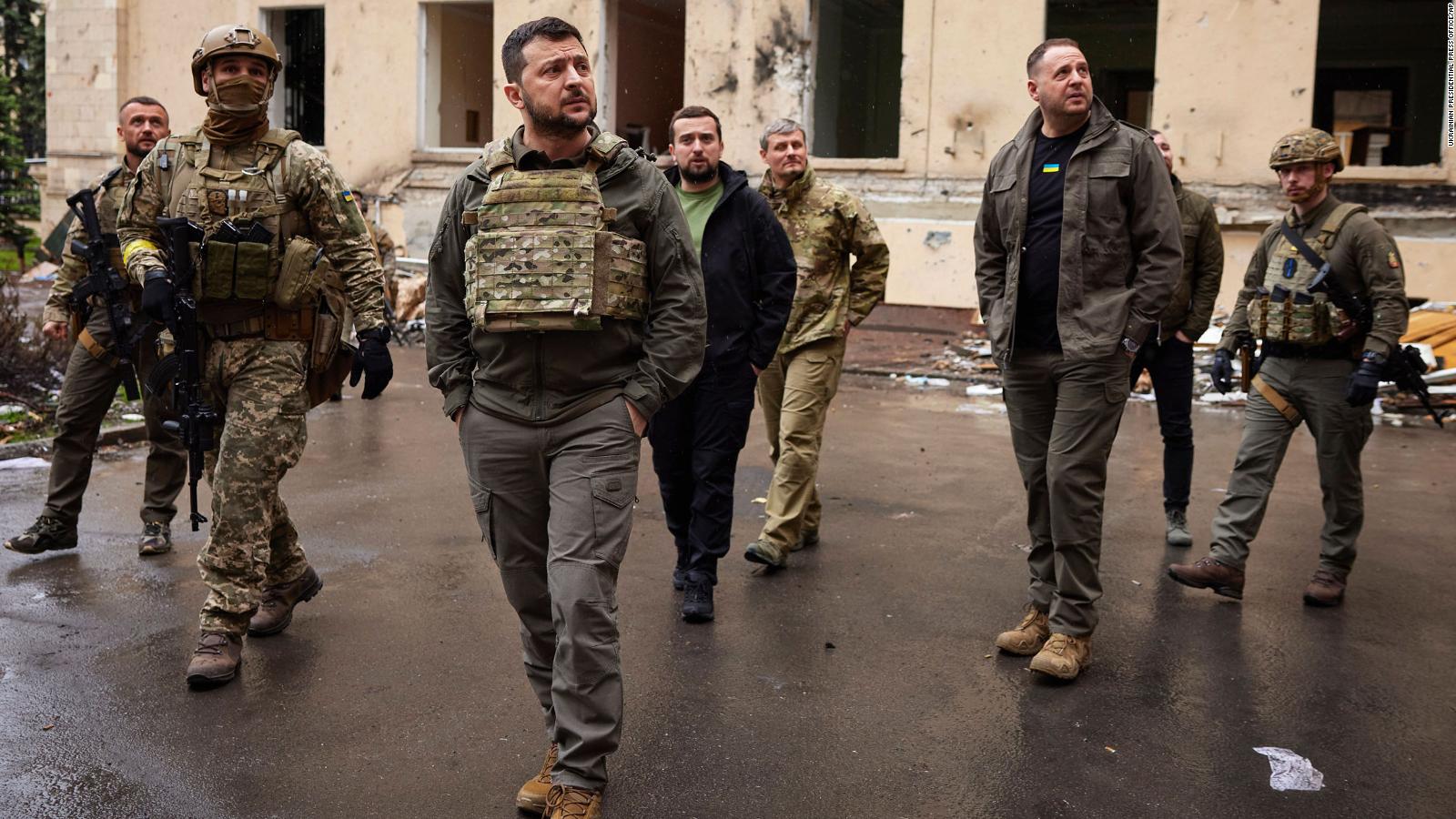
Photos: Russia invades Ukraine
Ukrainian President Volodymyr Zelensky, third from left, visits front-line positions during a trip to the Kharkiv region on Sunday, May 29.
Hide Caption
34 of 247
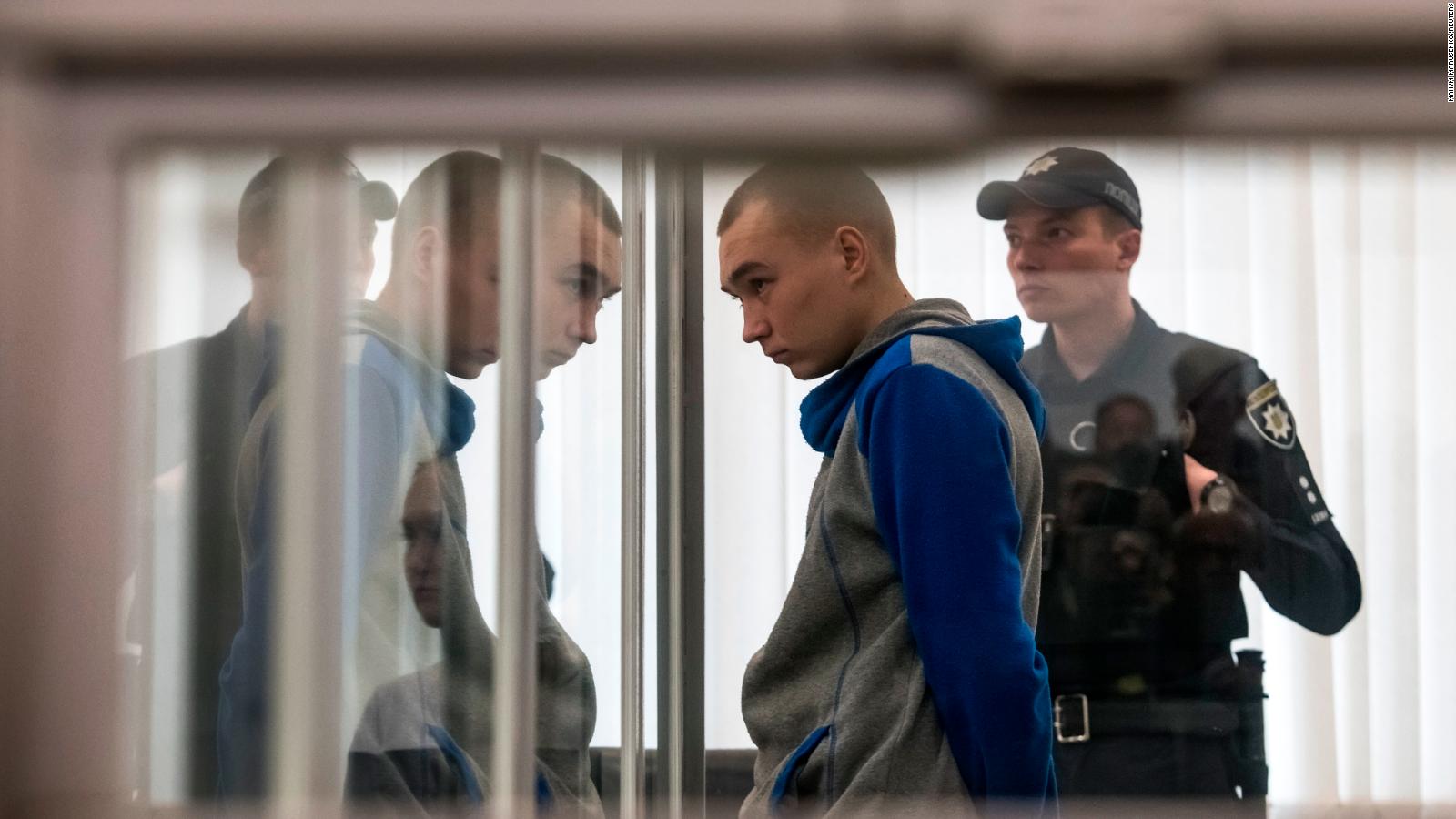
Photos: Russia invades Ukraine
Russian soldier Vadim Shishimarin, 21, is sentenced to life in prison by a Ukrainian court in Kyiv on May 23. He was convicted of killing an unarmed civilian. It was the first war crimes trial arising from Russia's invasion.
Hide Caption
35 of 247
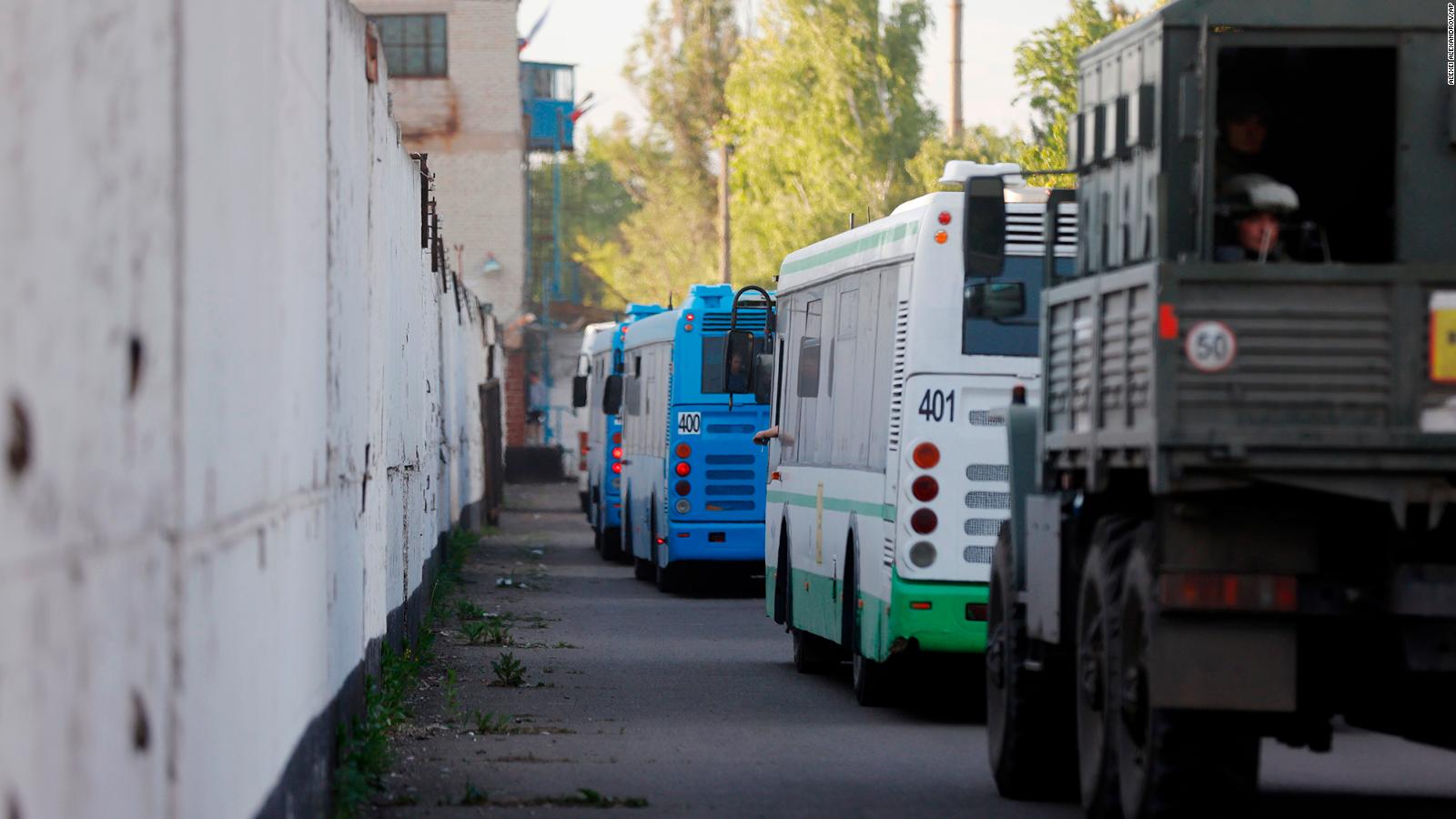
Photos: Russia invades Ukraine
Buses with Ukrainian servicemen evacuated from the Azovstal steel plant wait near a prison in Olyonivka on May 17. The steel plant was the last holdout in Mariupol, a city that had become a symbol of Ukrainian resistance under relentless Russian bombardment.
Hide Caption
36 of 247
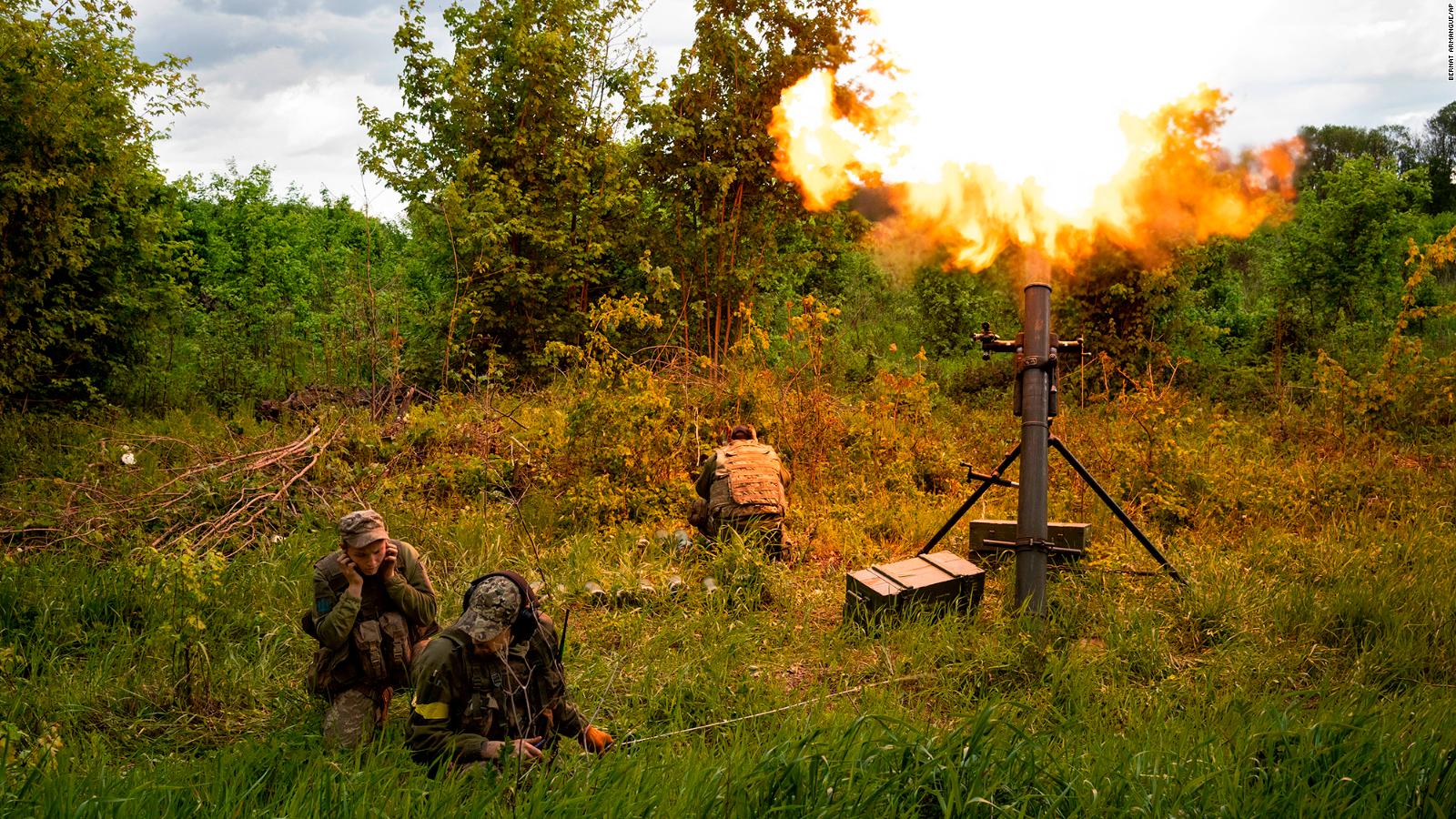
Photos: Russia invades Ukraine
Ukrainian servicemen fire mortars toward Russian positions in the east Kharkiv region of Ukraine on May 17.
Hide Caption
37 of 247
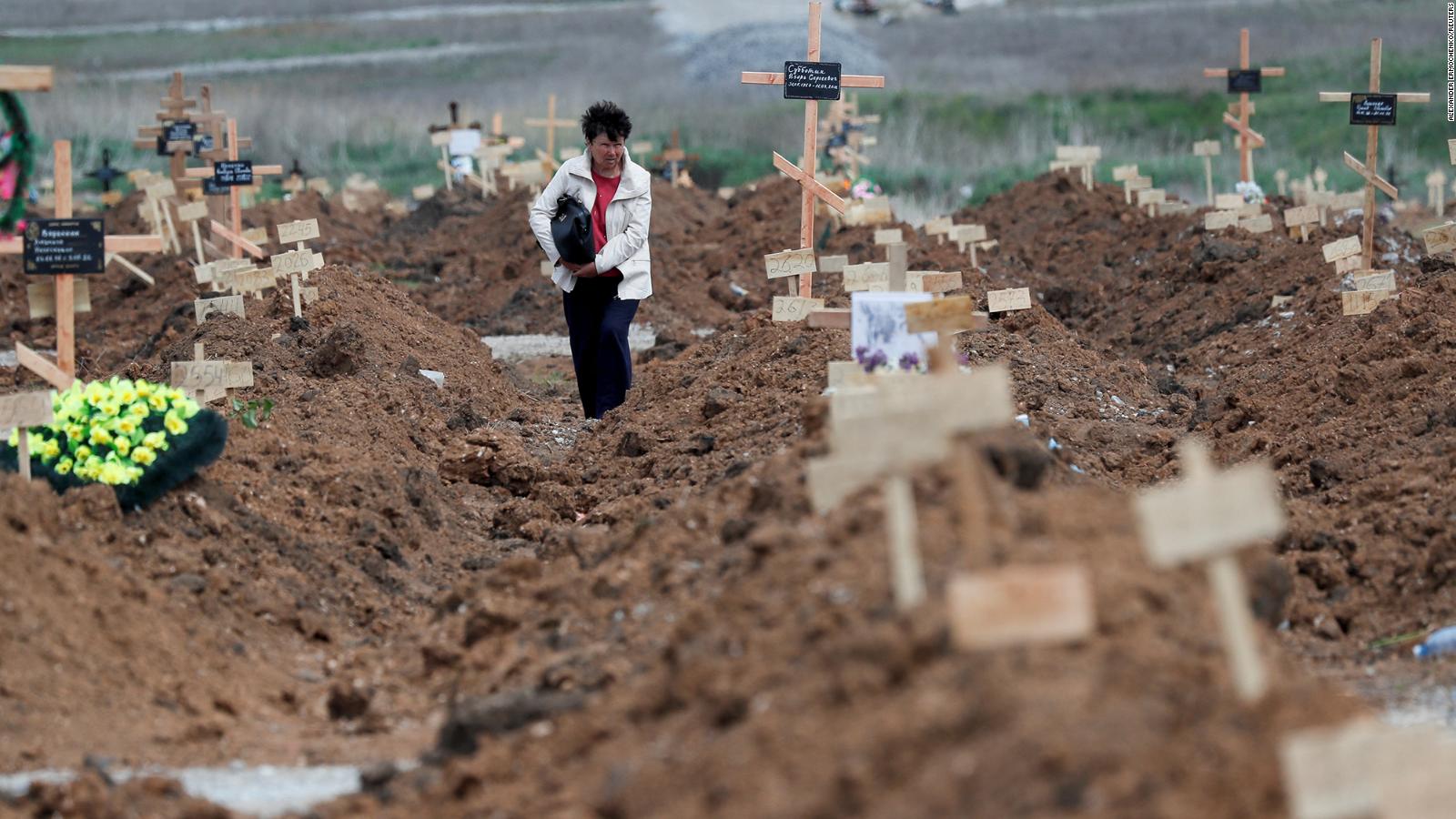
Photos: Russia invades Ukraine
A woman named Tatyana searches for her husband's grave in the settlement of Staryi Krym, outside Mariupol, on May 15.
Hide Caption
38 of 247
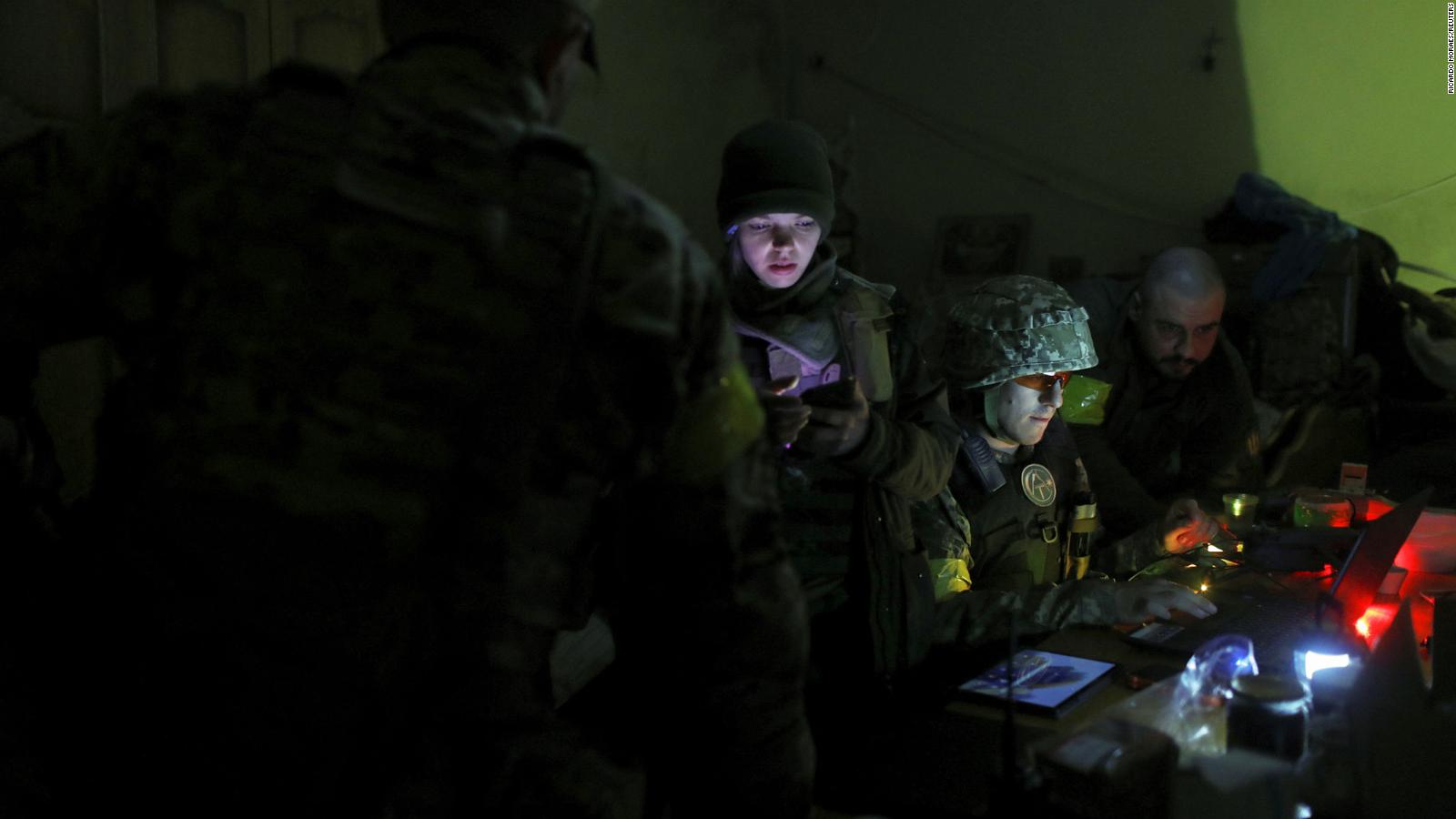
Photos: Russia invades Ukraine
Ukrainian service personnel work inside a basement used as a command post in the Kharkiv region on May 15.
Hide Caption
39 of 247
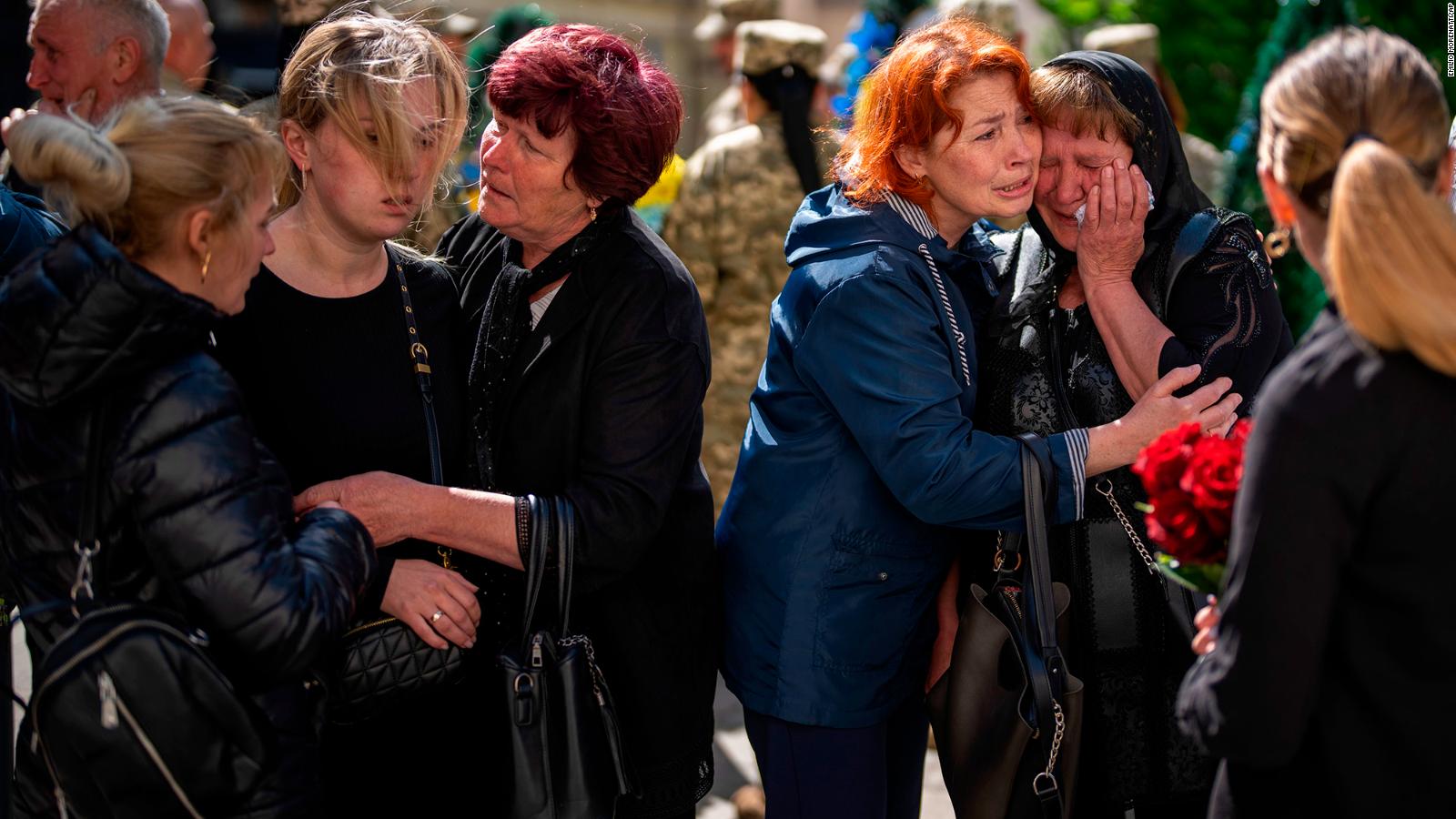
Photos: Russia invades Ukraine
Grieving relatives attend the funeral of Pankratov Oleksandr, a Ukrainian military serviceman, in Lviv, Ukraine, on May 14.
Hide Caption
40 of 247
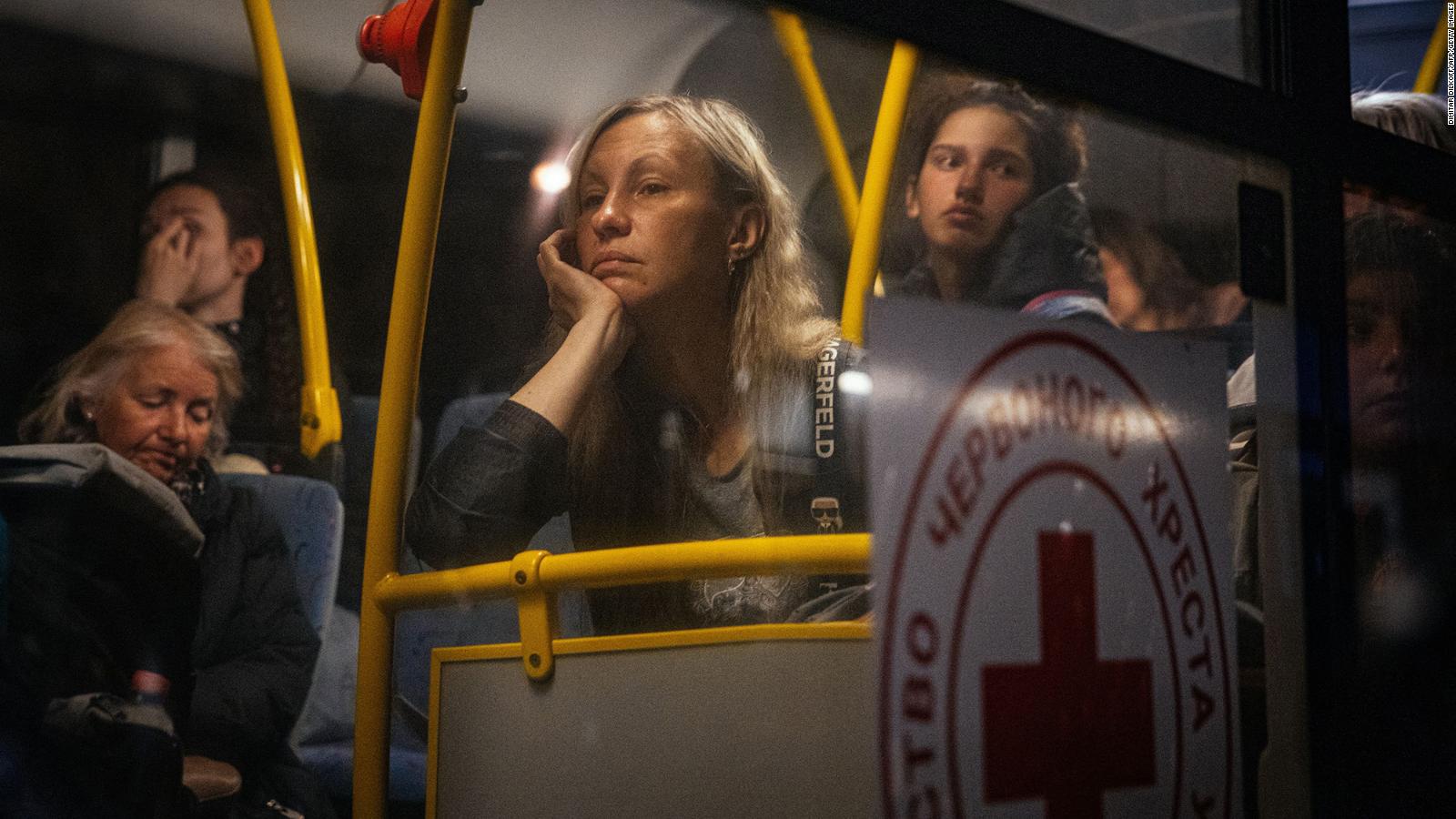
Photos: Russia invades Ukraine
Ukrainian people evacuated from Mariupol arrive on buses at a registration and processing area for internally displaced people in Zaporizhzhia, Ukraine, on May 8.
Hide Caption
41 of 247
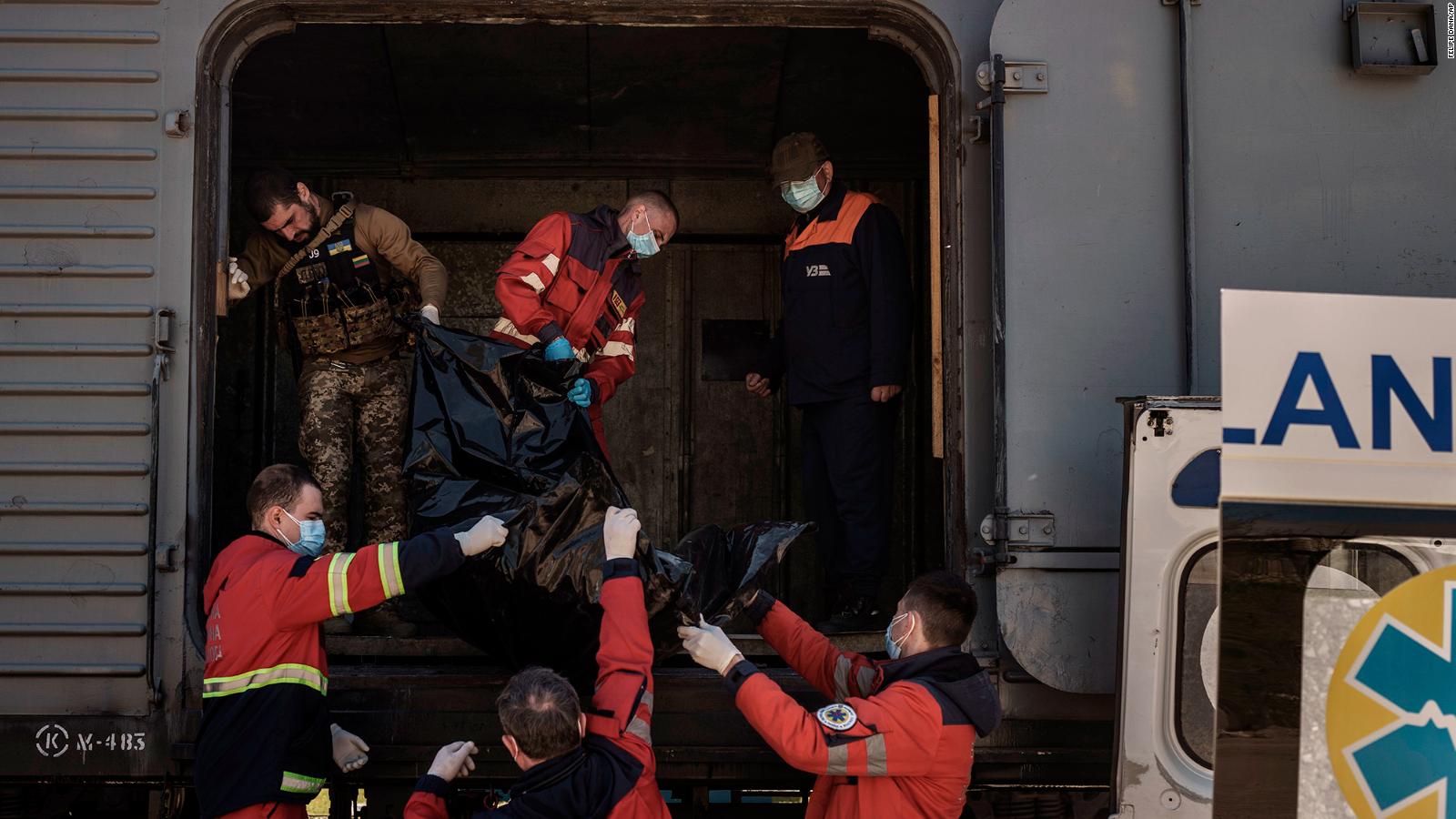
Photos: Russia invades Ukraine
Ukrainian serviceman and emergency workers carry the body of a Russian soldier into a refrigerated train in Kharkiv on May 5. The bodies of more than 40 Russian soldiers were being stored in the refrigerated car.
Hide Caption
42 of 247
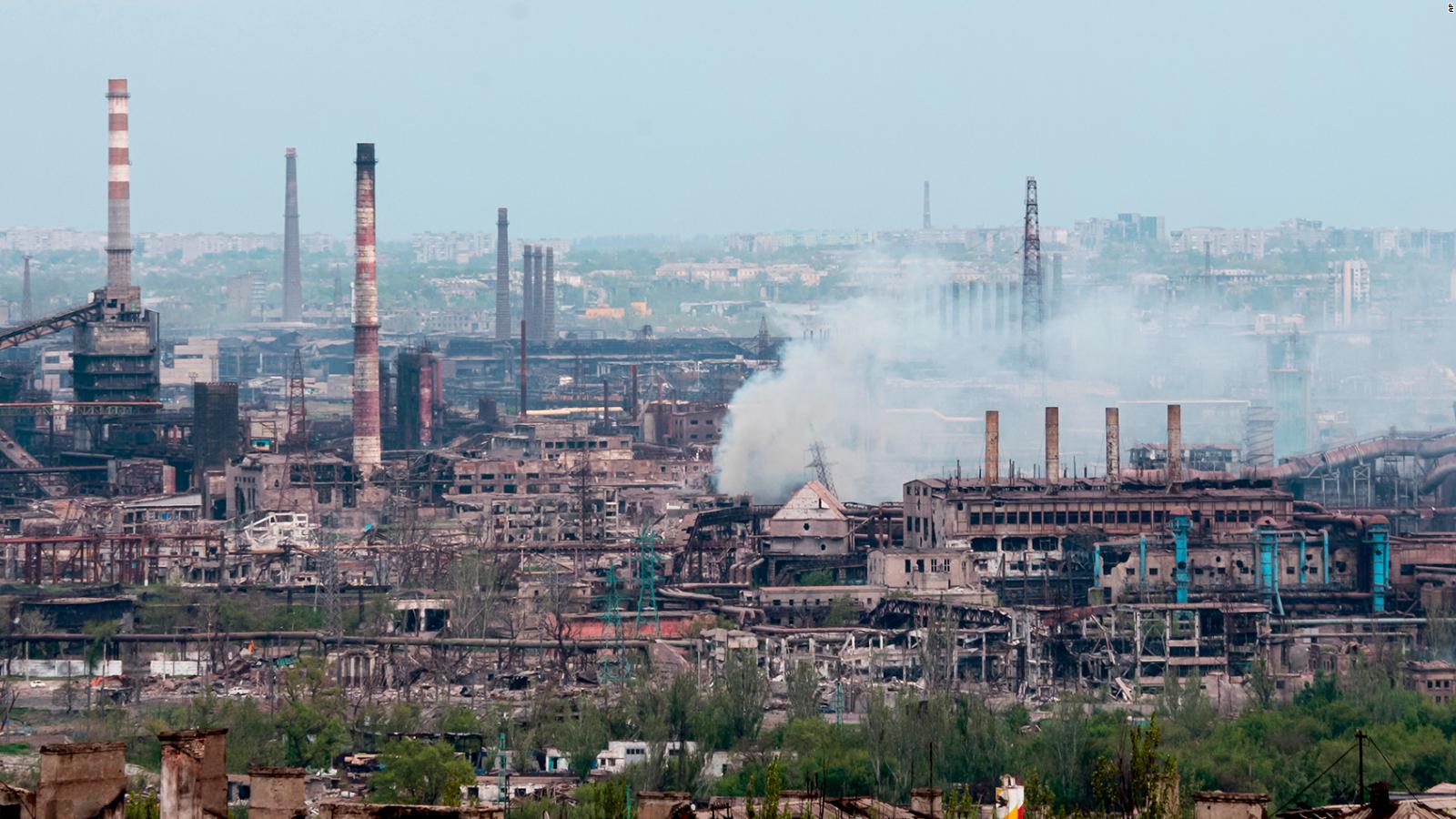
Photos: Russia invades Ukraine
Smoke rises from the Azovstal steel plant in Mariupol on May 5.
Hide Caption
43 of 247
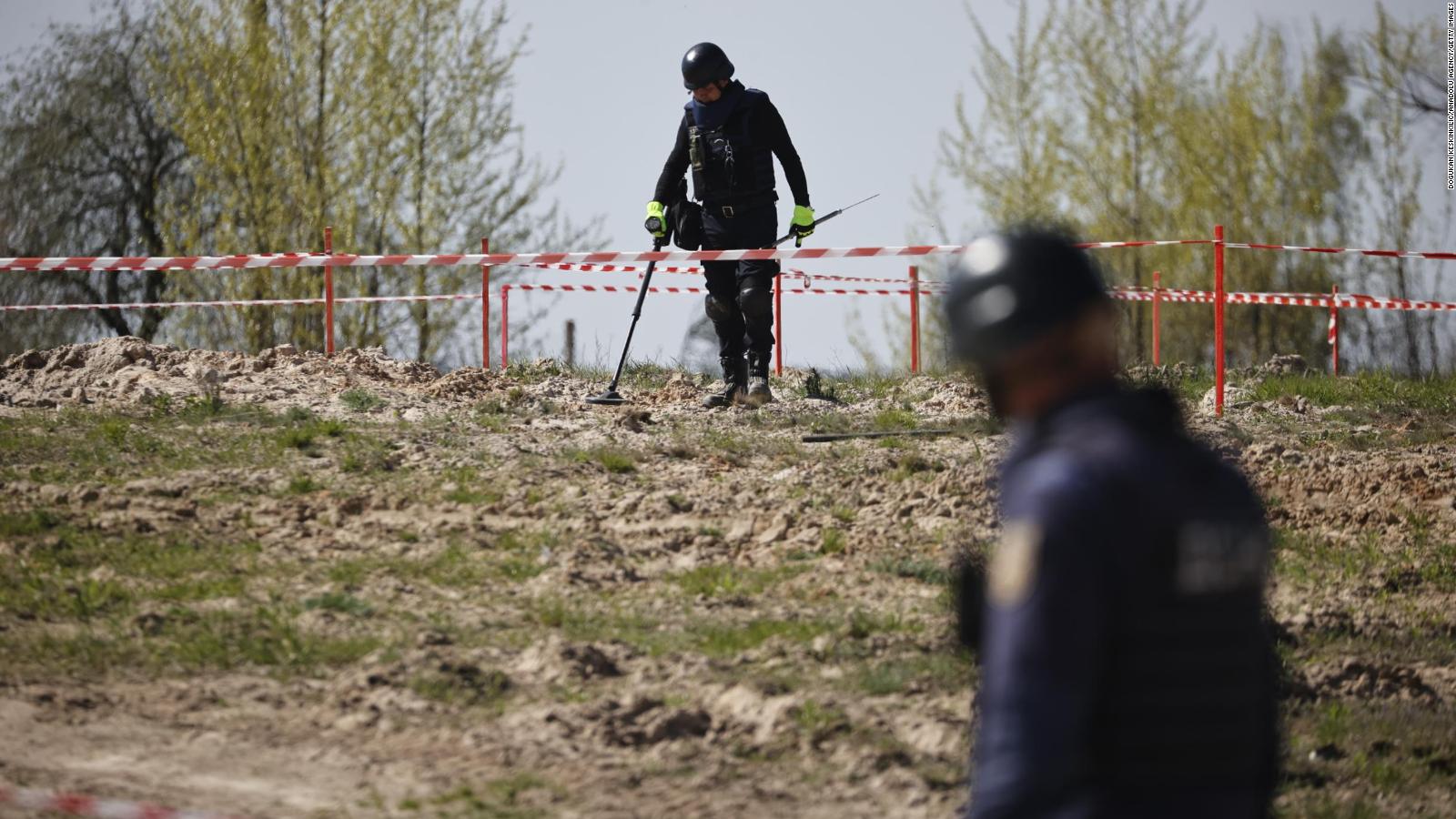
Photos: Russia invades Ukraine
Ukrainian soldiers clear mines at the Antonov Airport in Hostomel, Ukraine, on May 5.
Hide Caption
44 of 247
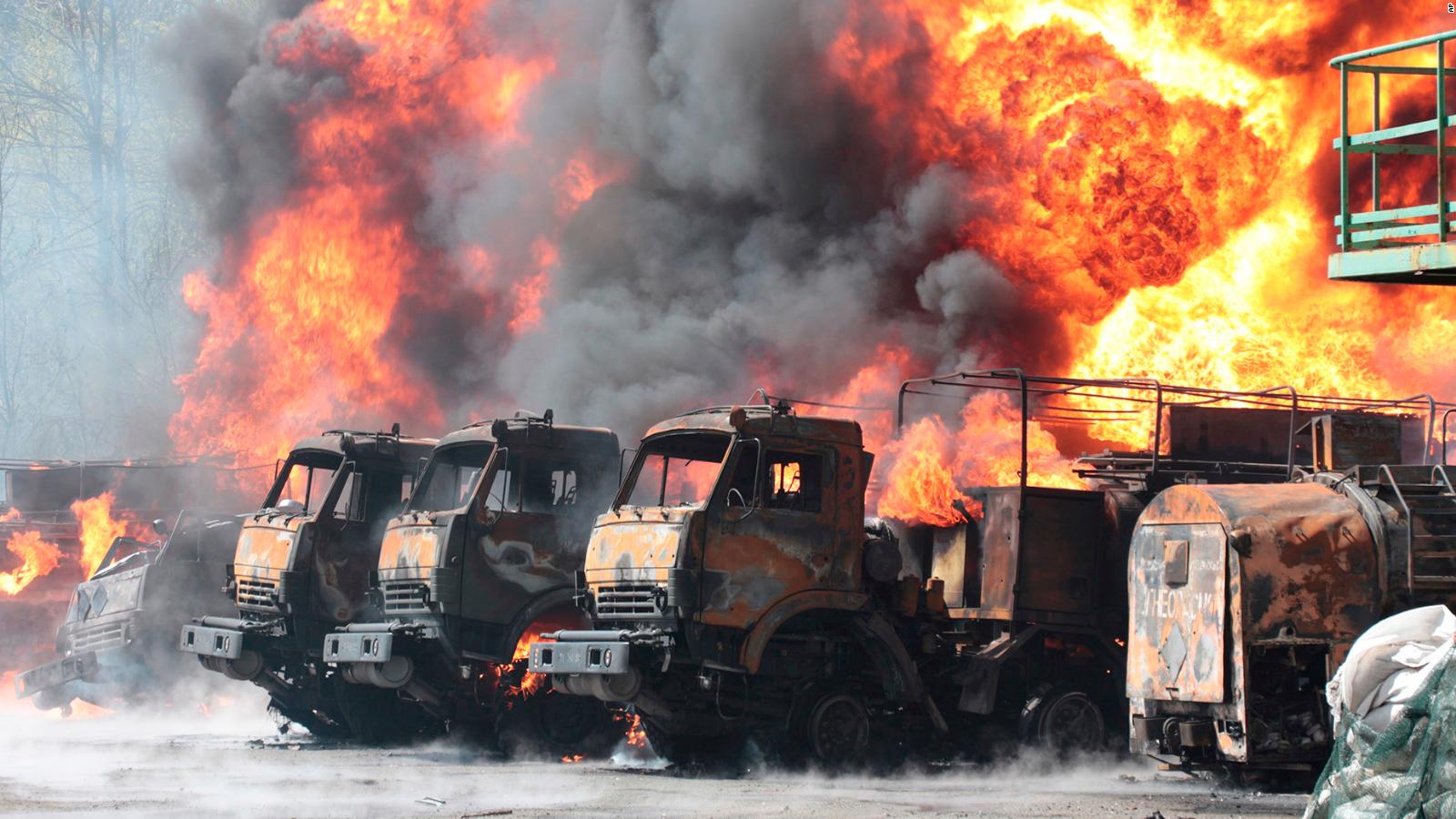
Photos: Russia invades Ukraine
Vehicles are on fire at an oil depot in Makiivka, Ukraine, after missiles struck a facility in an area controlled by Russian-backed separatist forces on May 4.
Hide Caption
45 of 247
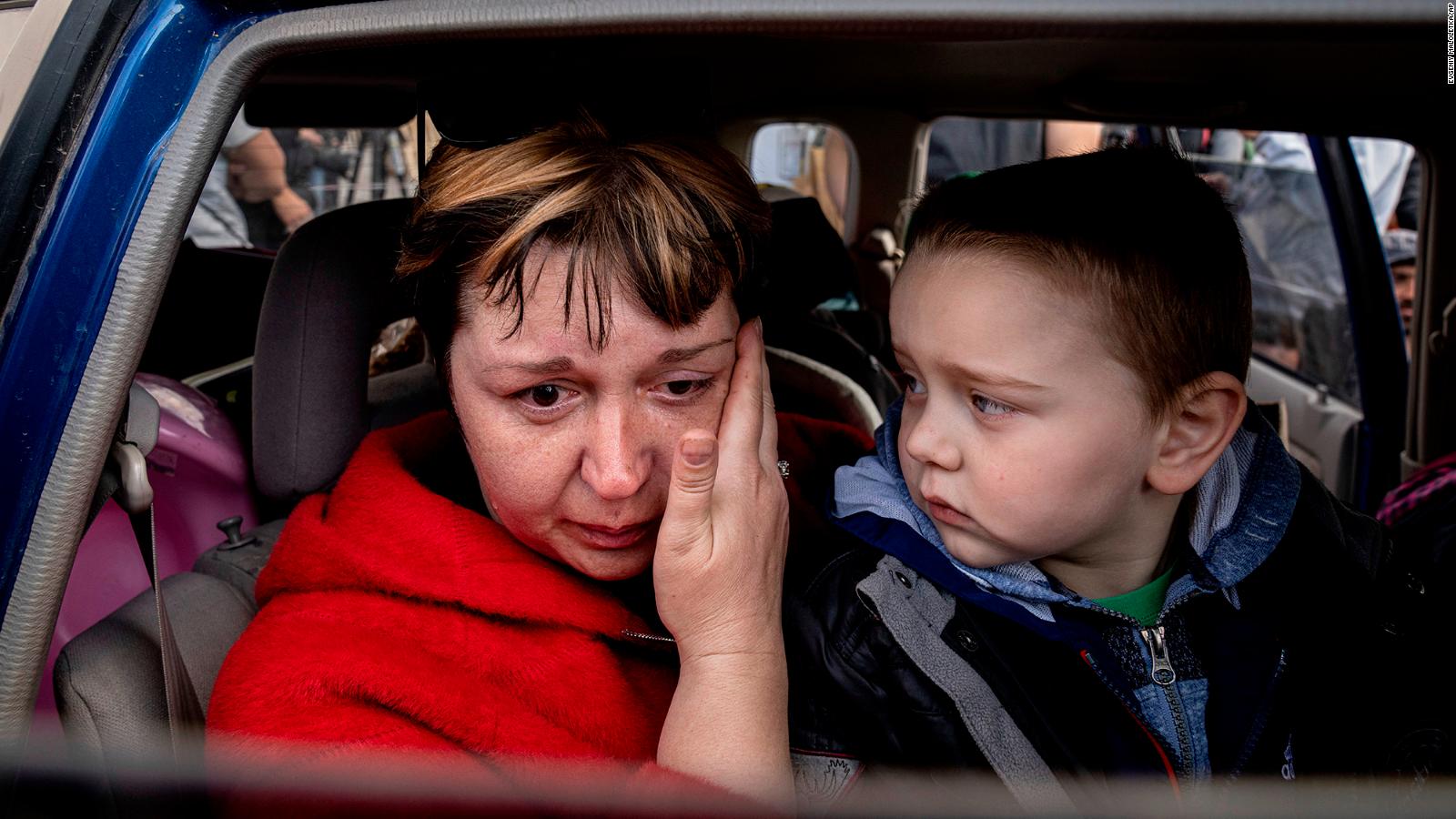
Photos: Russia invades Ukraine
Natalia Pototska cries next to her grandson Matviy as they arrive at a center for displaced people in Zaporizhzhia on May 2.
Hide Caption
46 of 247
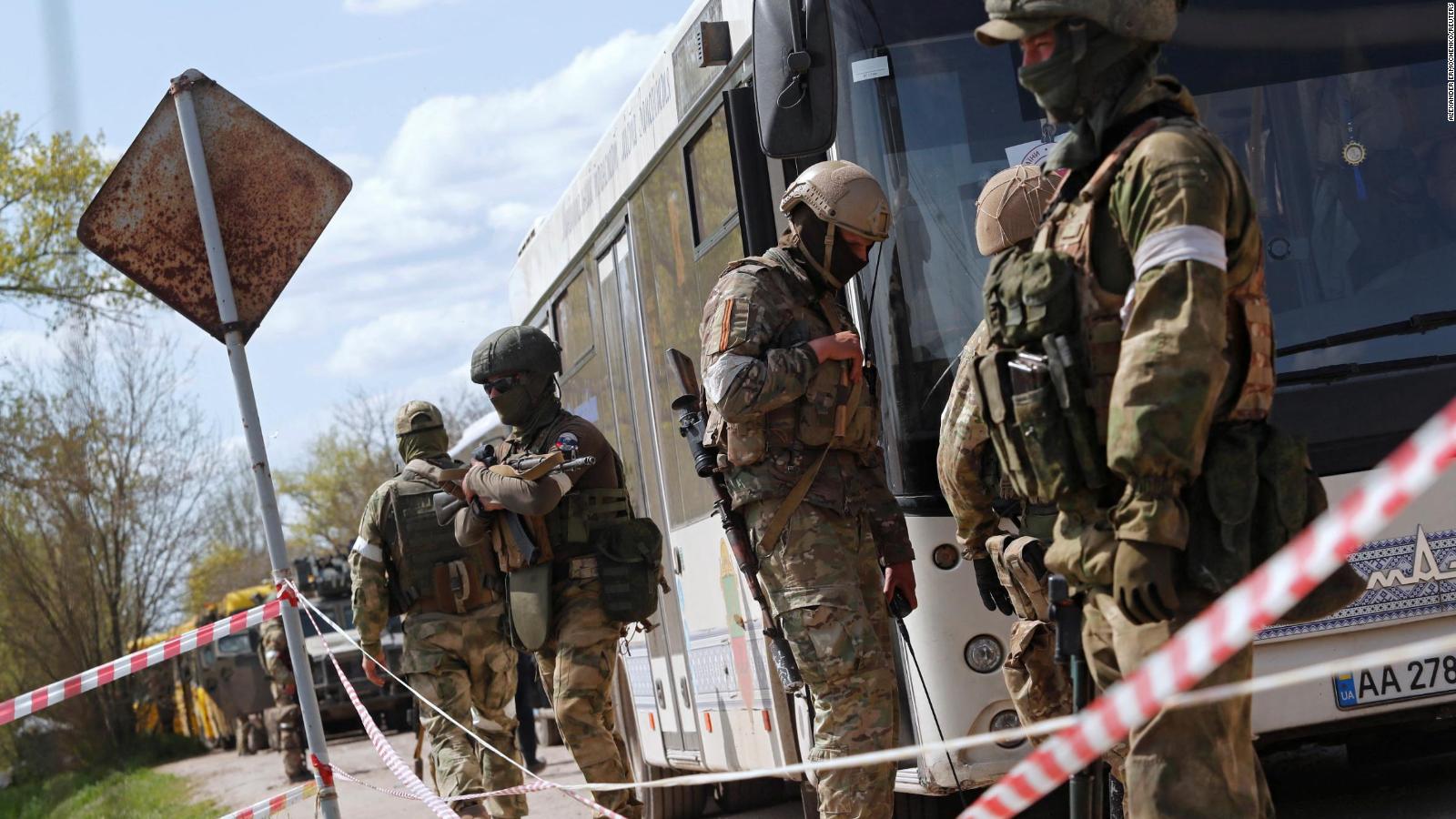
Photos: Russia invades Ukraine
Pro-Russian troops stand guard next to a bus transporting evacuees near a temporary accommodation center in the Ukrainian village of Bezimenne on May 1.
Hide Caption
47 of 247
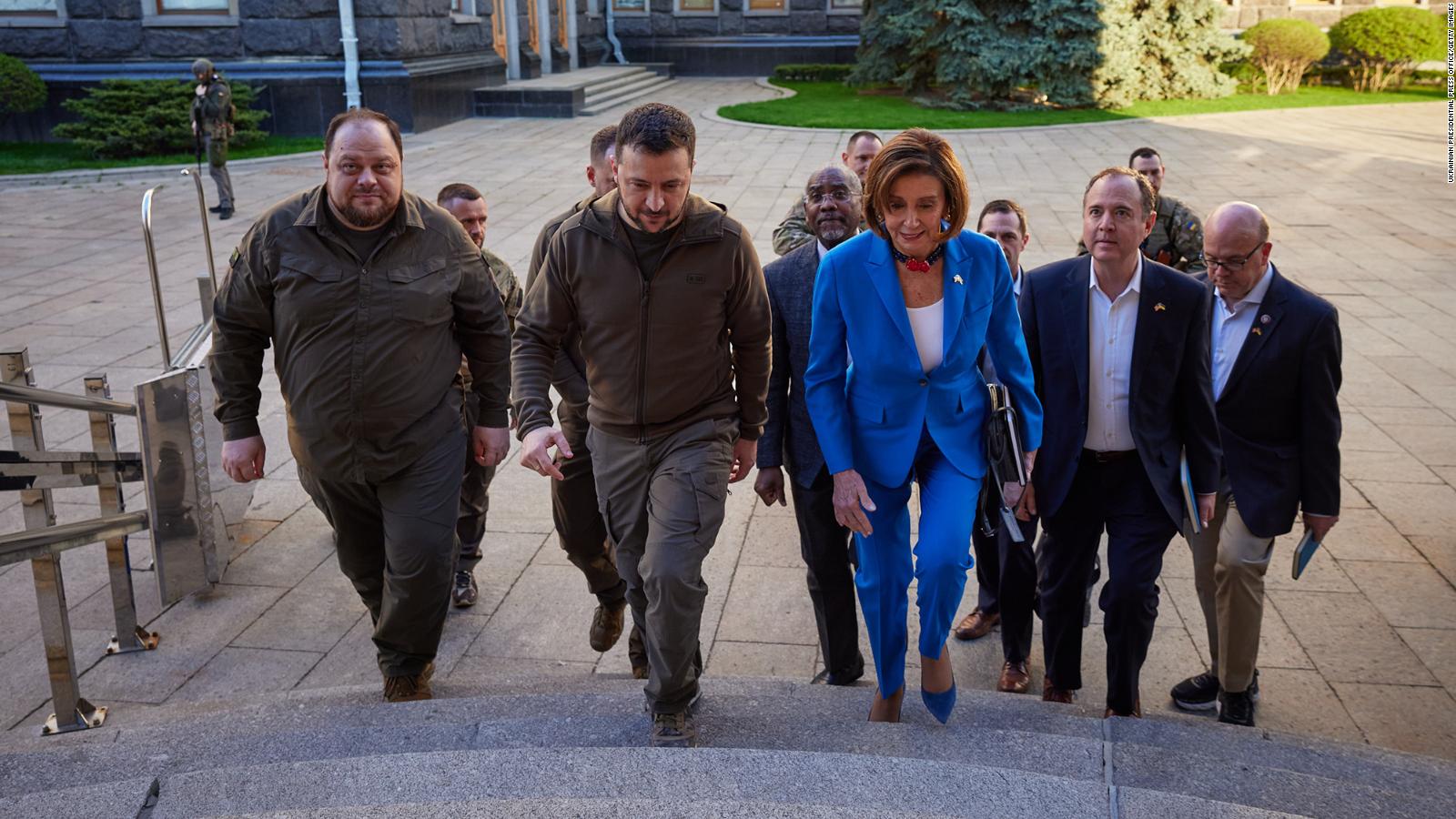
Photos: Russia invades Ukraine
Ukrainian President Volodymyr Zelensky, center, meets with US House Speaker Nancy Pelosi as a congressional delegation visited Kyiv on April 30. Pelosi is the most senior US official to meet with Zelensky since Russia invaded Ukraine.
Hide Caption
48 of 247
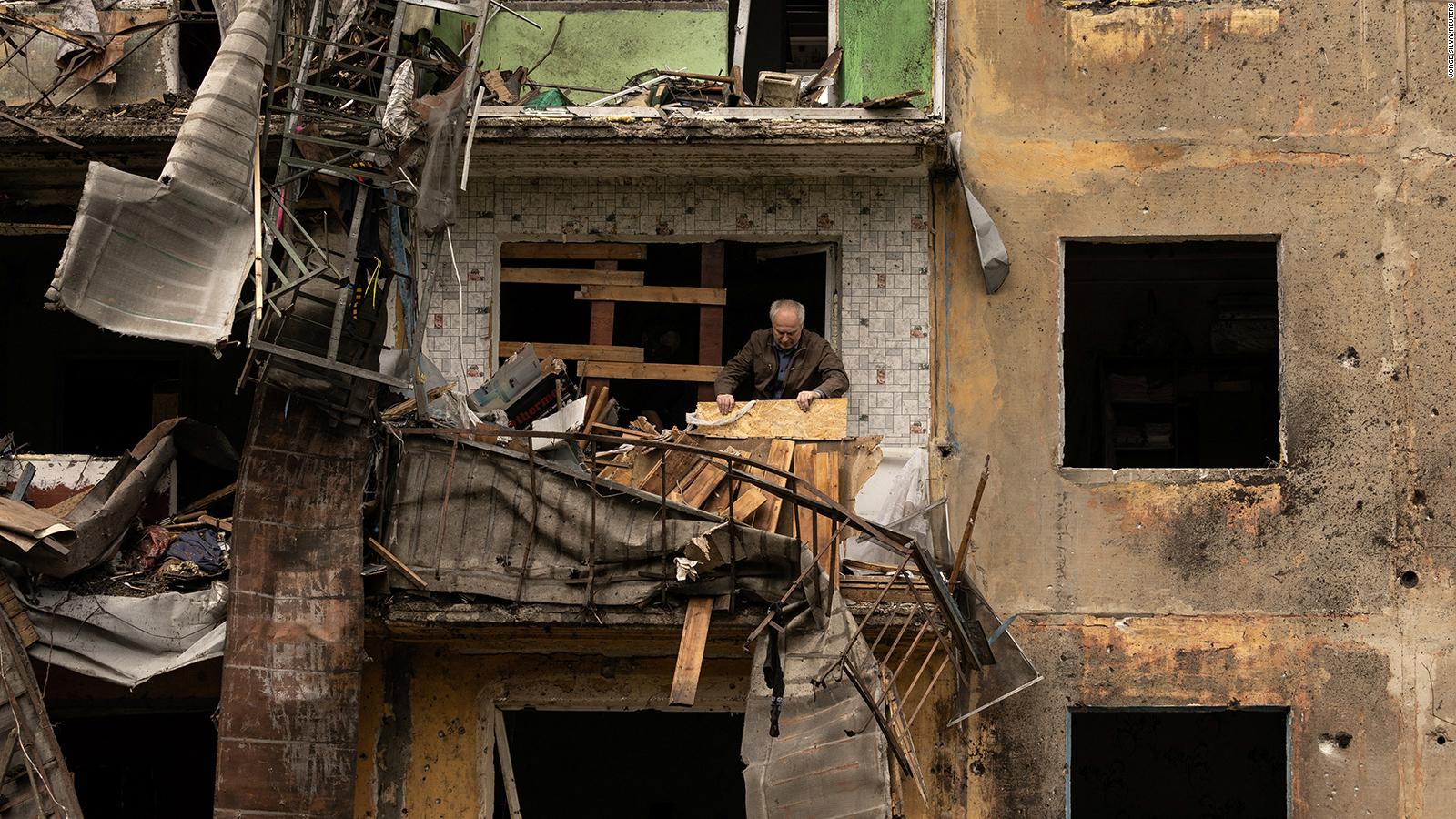
Photos: Russia invades Ukraine
A man stands on the balcony of his apartment after a missile strike damaged a residential building in Ukraine's Donetsk region on April 30.
Hide Caption
49 of 247
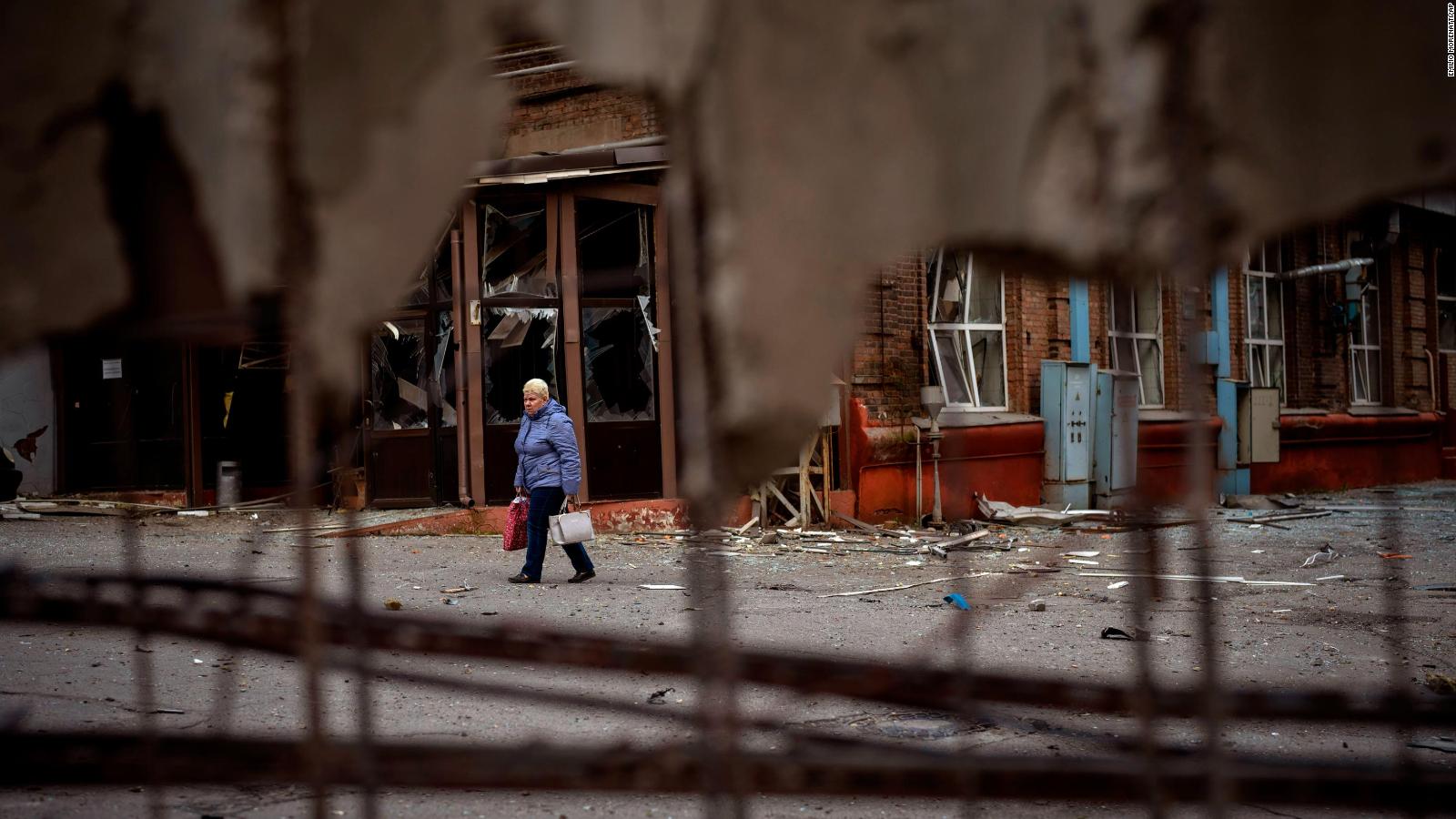
Photos: Russia invades Ukraine
A woman walks through the site of an explosion in Kyiv on April 29. Russia struck the Ukrainian capital shortly after a meeting between Ukrainian President Volodymyr Zelensky and UN Secretary-General António Guterres.
Hide Caption
50 of 247
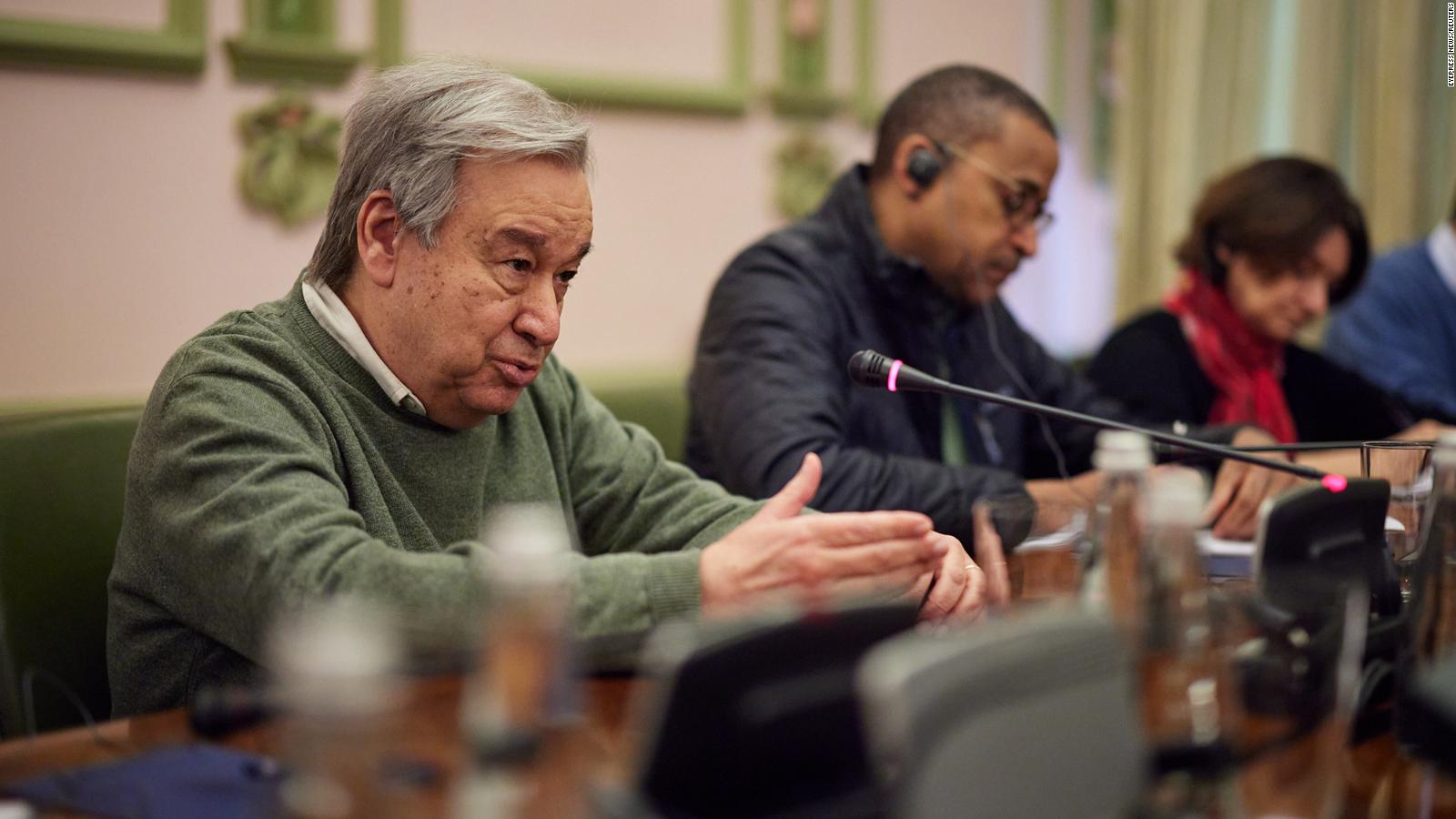
Photos: Russia invades Ukraine
Guterres speaks during his meeting with Zelensky on April 28.
Hide Caption
51 of 247
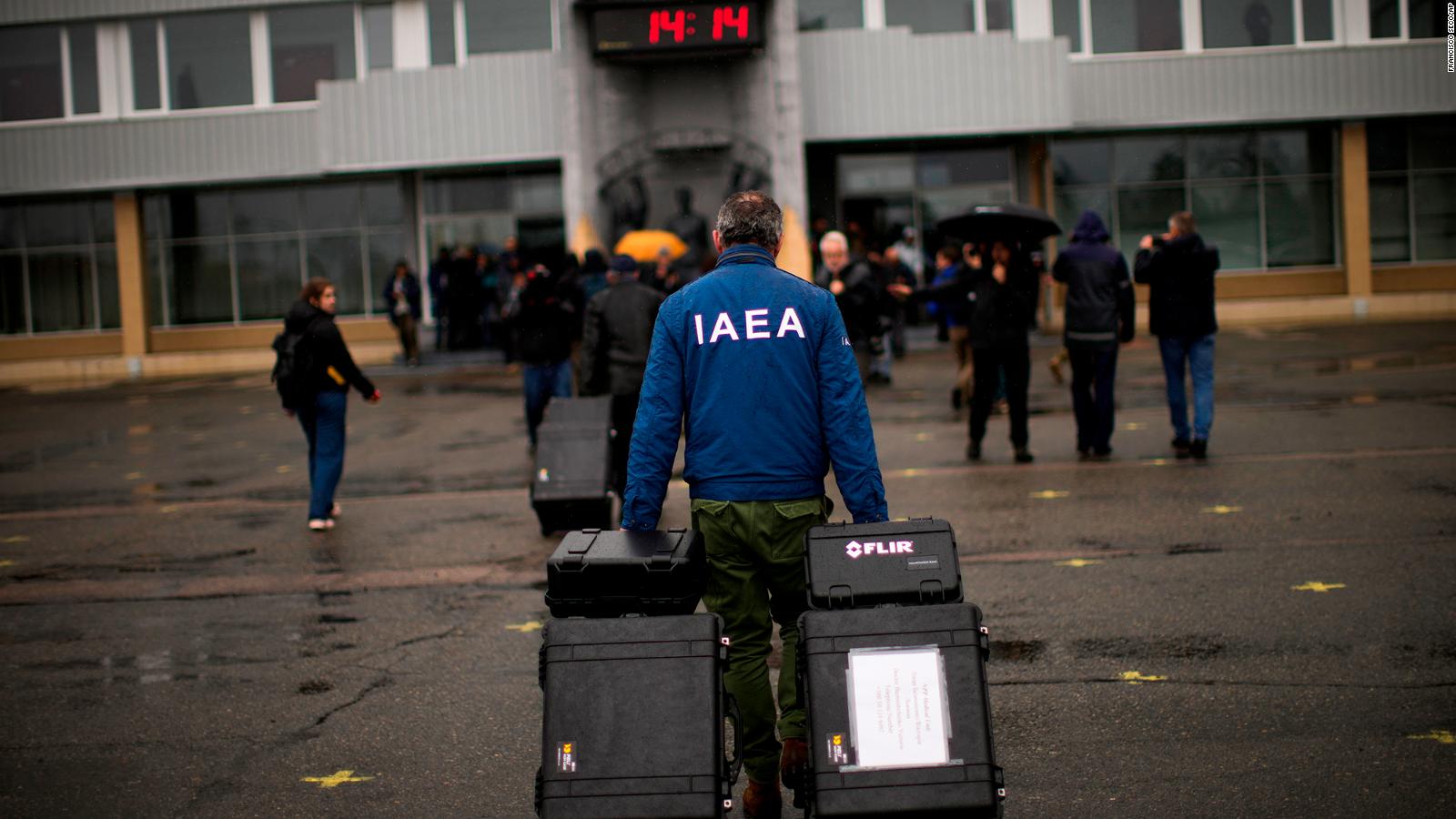
Photos: Russia invades Ukraine
A team member with the International Atomic Energy Agency arrives at the Chernobyl nuclear power plant in Chernobyl, Ukraine, on April 26. Russian forces withdrew from Chernobyl, the site of the world's worst nuclear disaster, in March.
Hide Caption
52 of 247
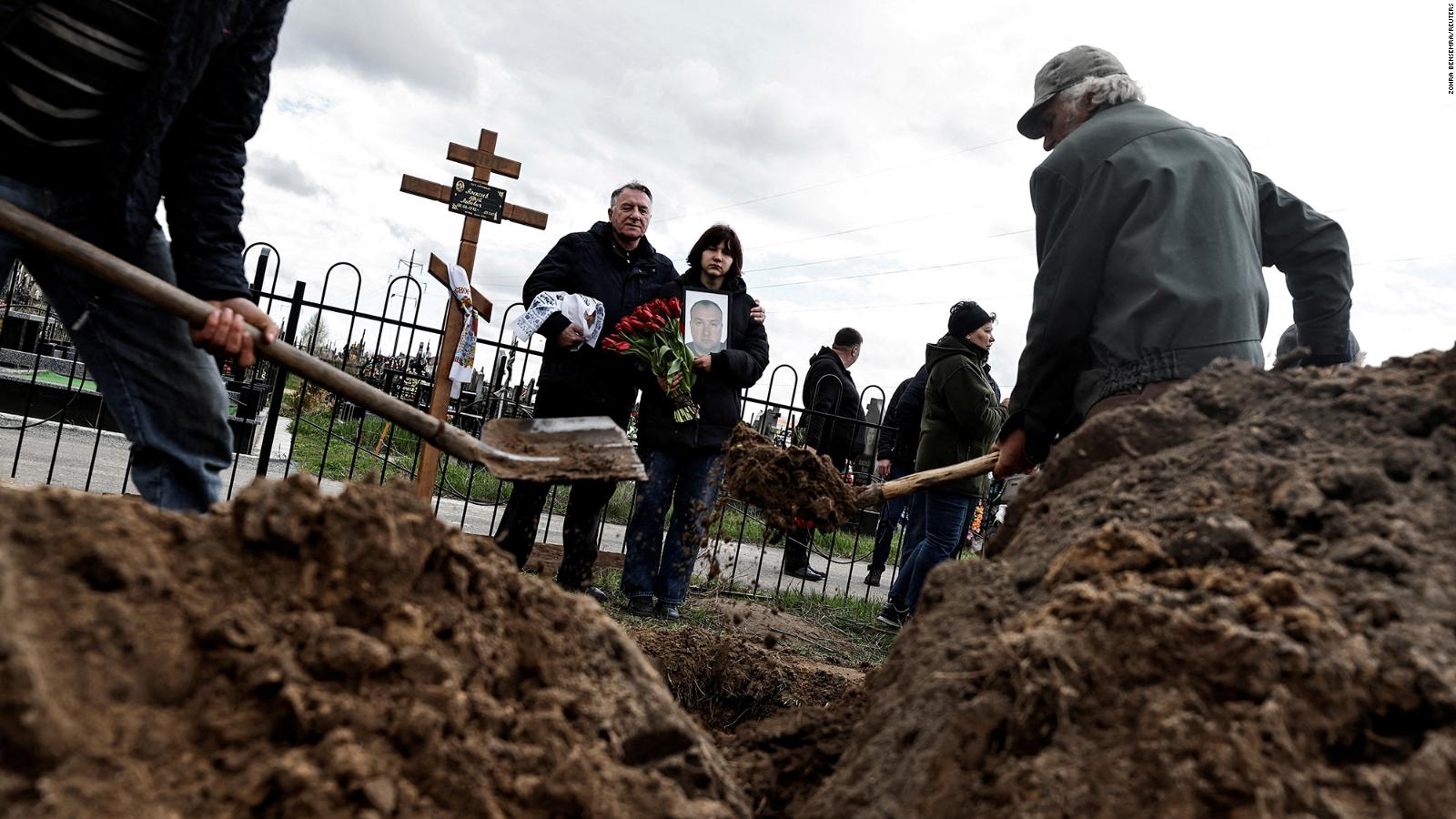
Photos: Russia invades Ukraine
Maria, 13, holds a photograph of her father, Yurii Alekseev, as she and her godfather, Igor Tarkovskii, attend Alekseev's funeral in Bucha, Ukraine, on April 26. Alekseev, 50, was a territorial defense member who was killed by Russian soldiers, according to his family.
Hide Caption
53 of 247
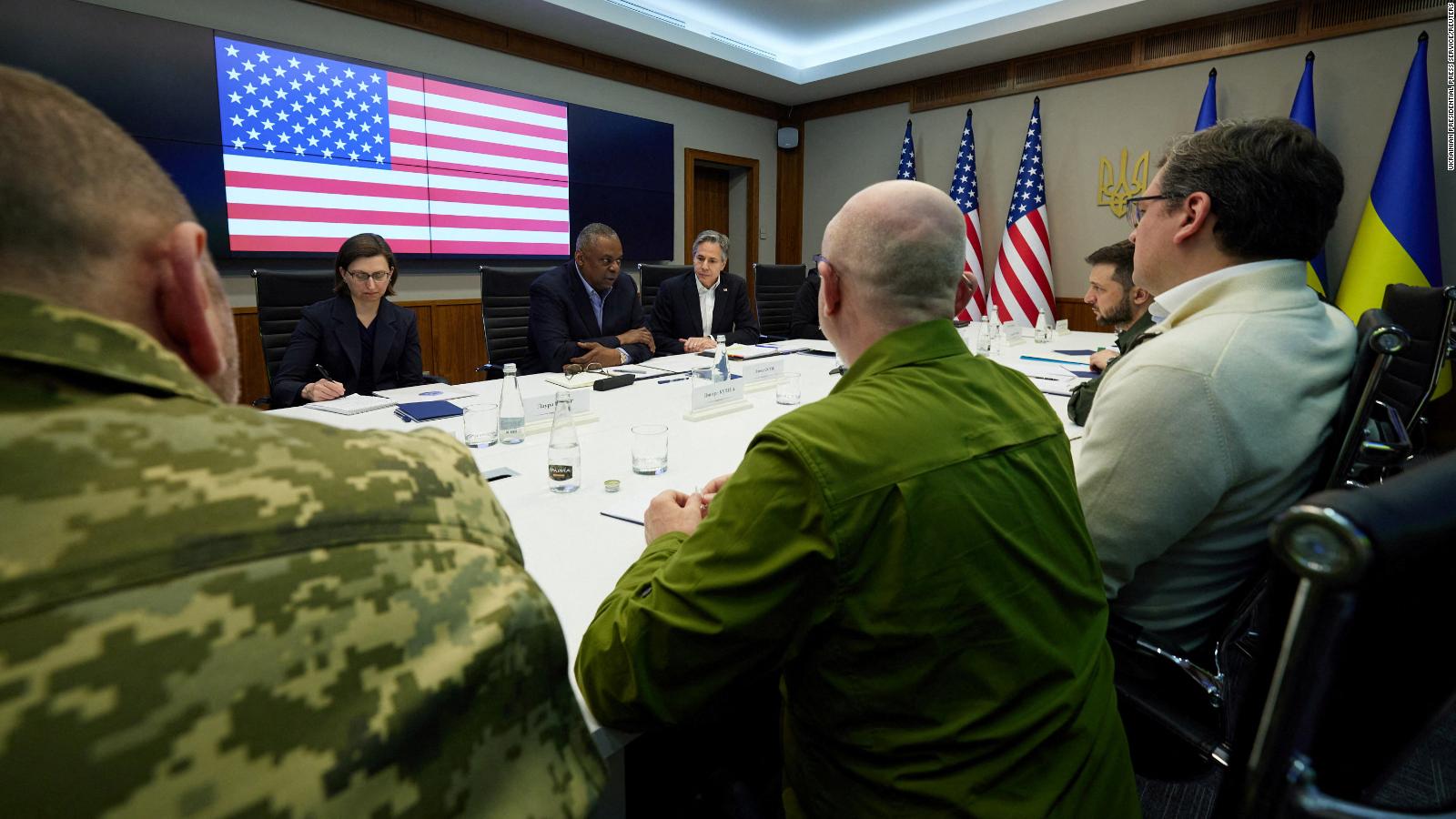
Photos: Russia invades Ukraine
US Secretary of State Antony Blinken and US Defense Secretary Lloyd Austin attend a meeting in Kyiv with Ukrainian President Volodymyr Zelensky on April 24.
Hide Caption
54 of 247
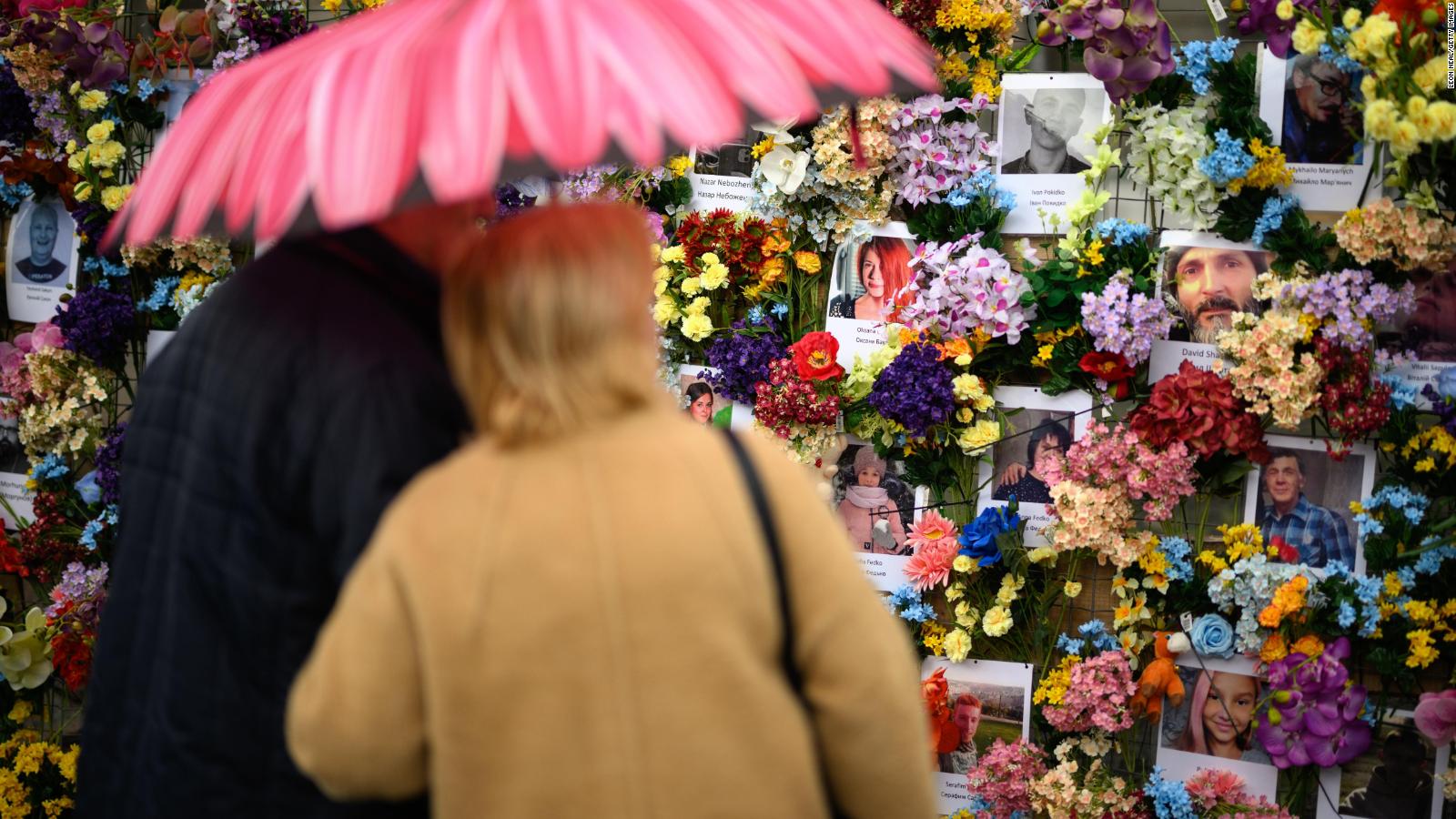
Photos: Russia invades Ukraine
A couple looks at a memorial wall in Lviv on April 24. The wall shows Ukrainian civilians who have been killed during the Russian invasion.
Hide Caption
55 of 247
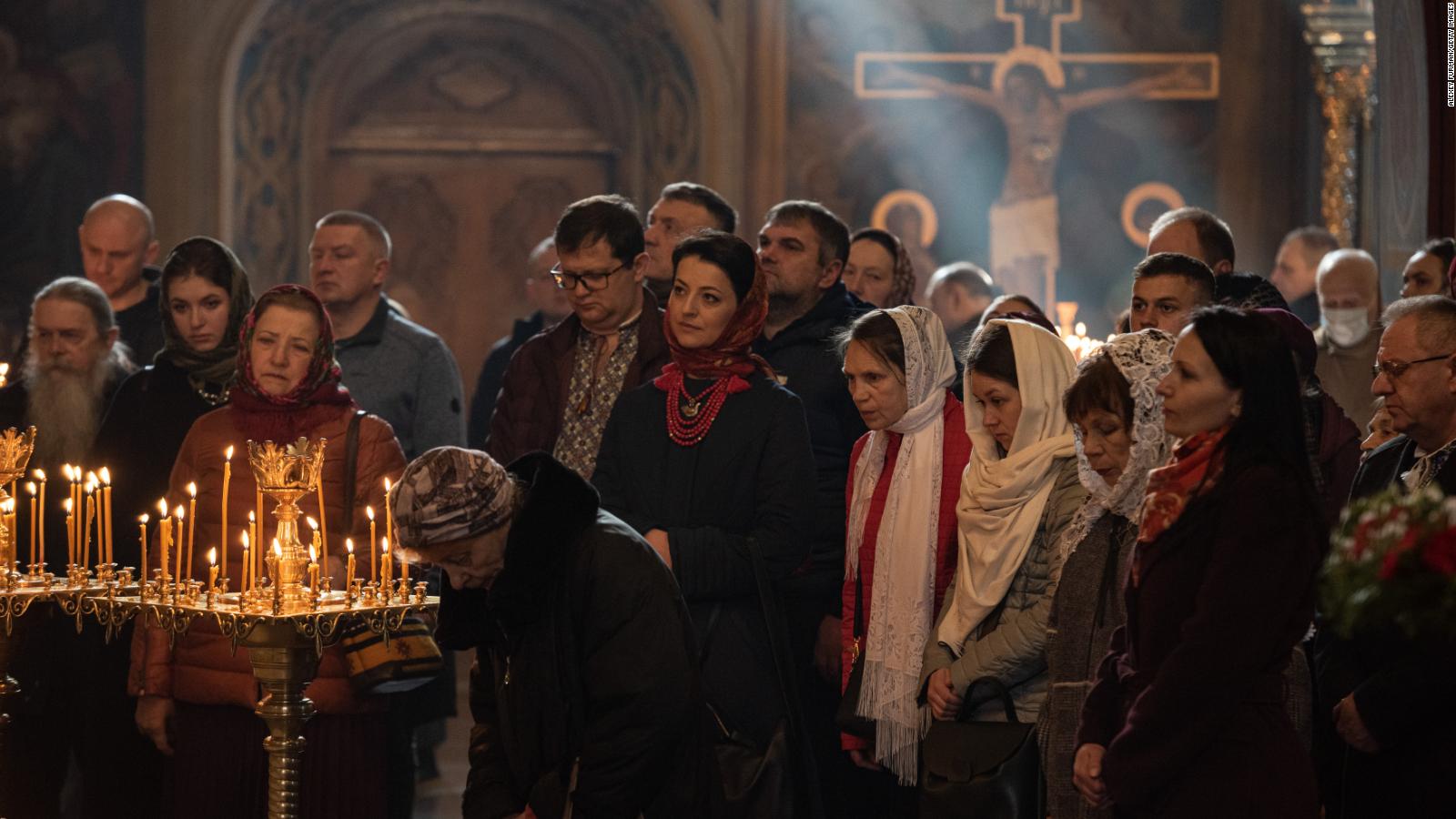
Photos: Russia invades Ukraine
People pray during an Easter church service at St. Michael's Cathedral in Kyiv on April 24.
Hide Caption
56 of 247
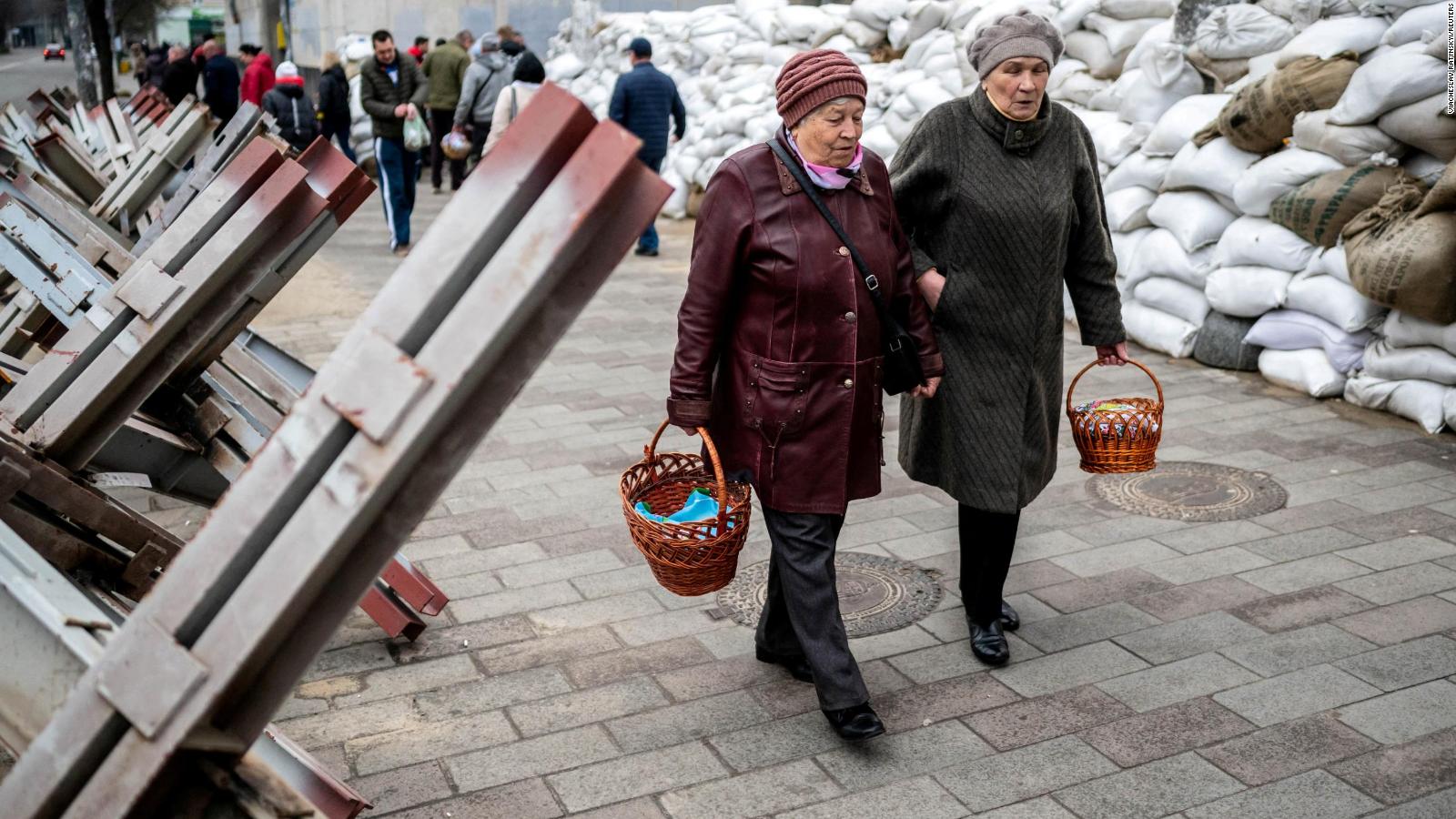
Photos: Russia invades Ukraine
Women walk between sandbags and anti-tank barricades in Zhytomyr, Ukraine, to attend a blessing of traditional Easter food baskets on April 23.
Hide Caption
57 of 247
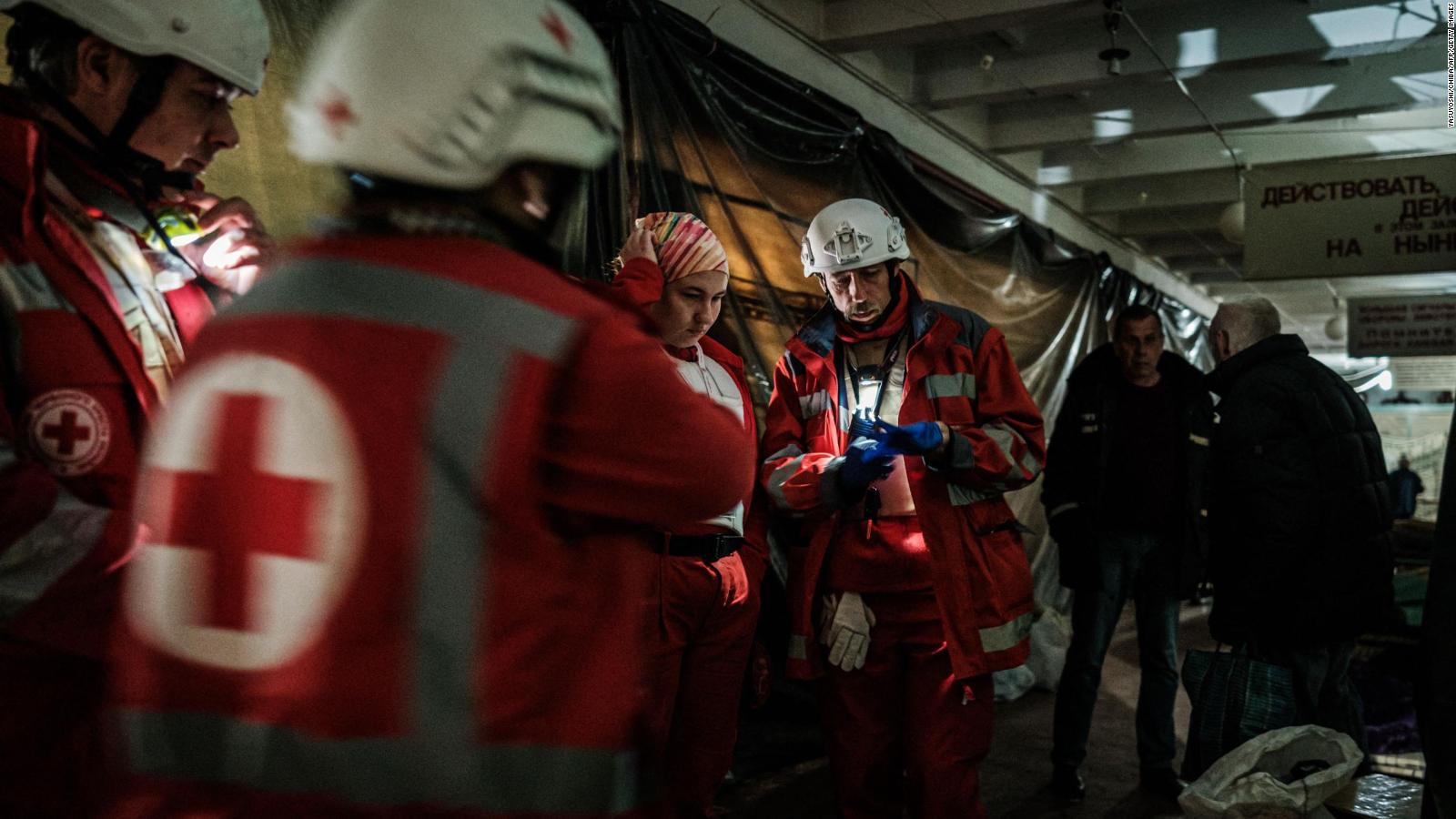
Photos: Russia invades Ukraine
Members of the Ukrainian Red Cross talk before moving an elderly woman to an ambulance in a bunker under a factory in Severodonetsk, Ukraine, on April 22.
Hide Caption
58 of 247
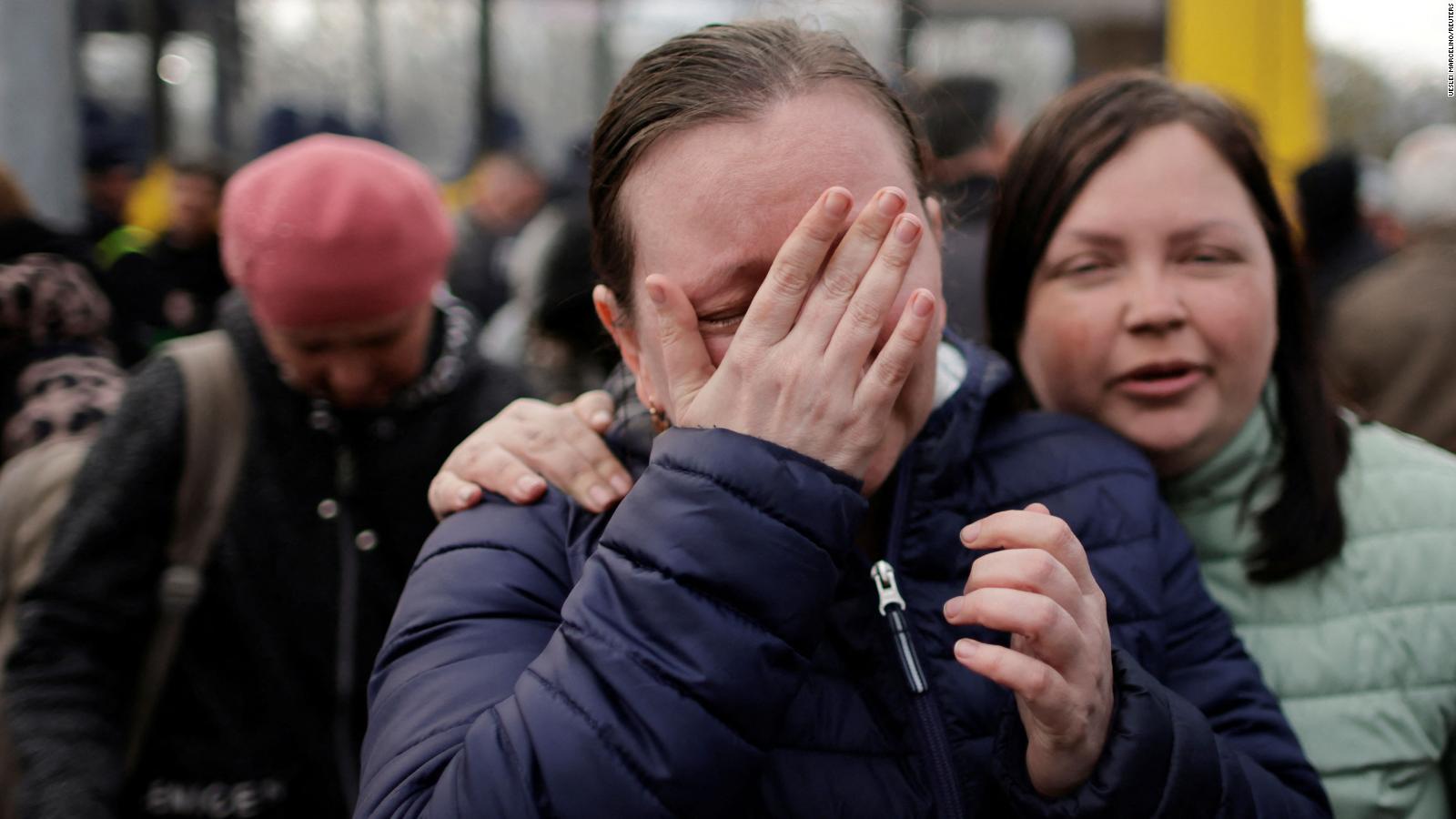
Photos: Russia invades Ukraine
A woman who recently evacuated Mariupol cries after arriving at a registration center for internally displaced people in Zaporizhzhia on April 21.
Hide Caption
59 of 247
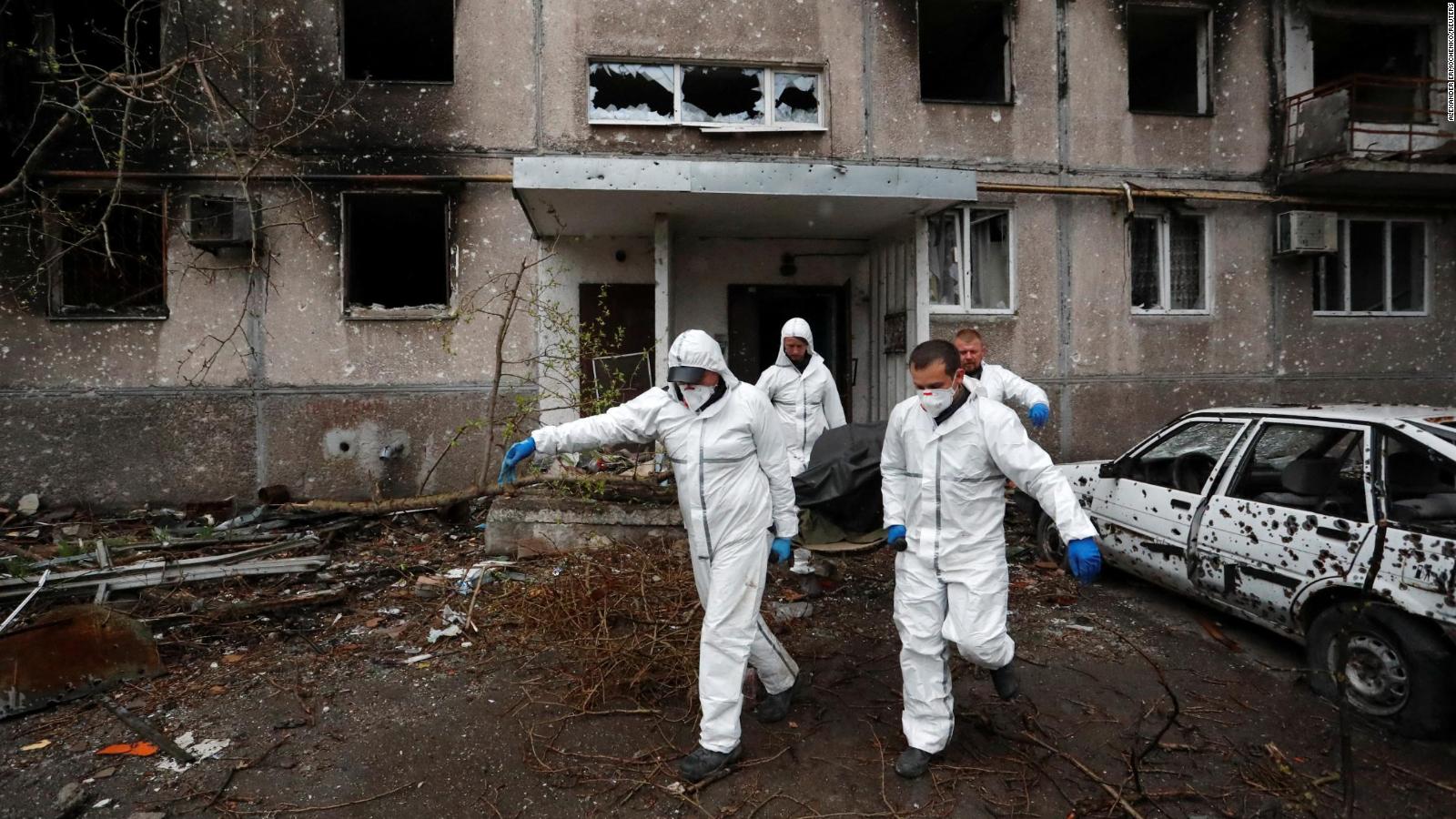
Photos: Russia invades Ukraine
Emergency workers remove the body of a person killed during the Russian attack on Mariupol.
Hide Caption
60 of 247
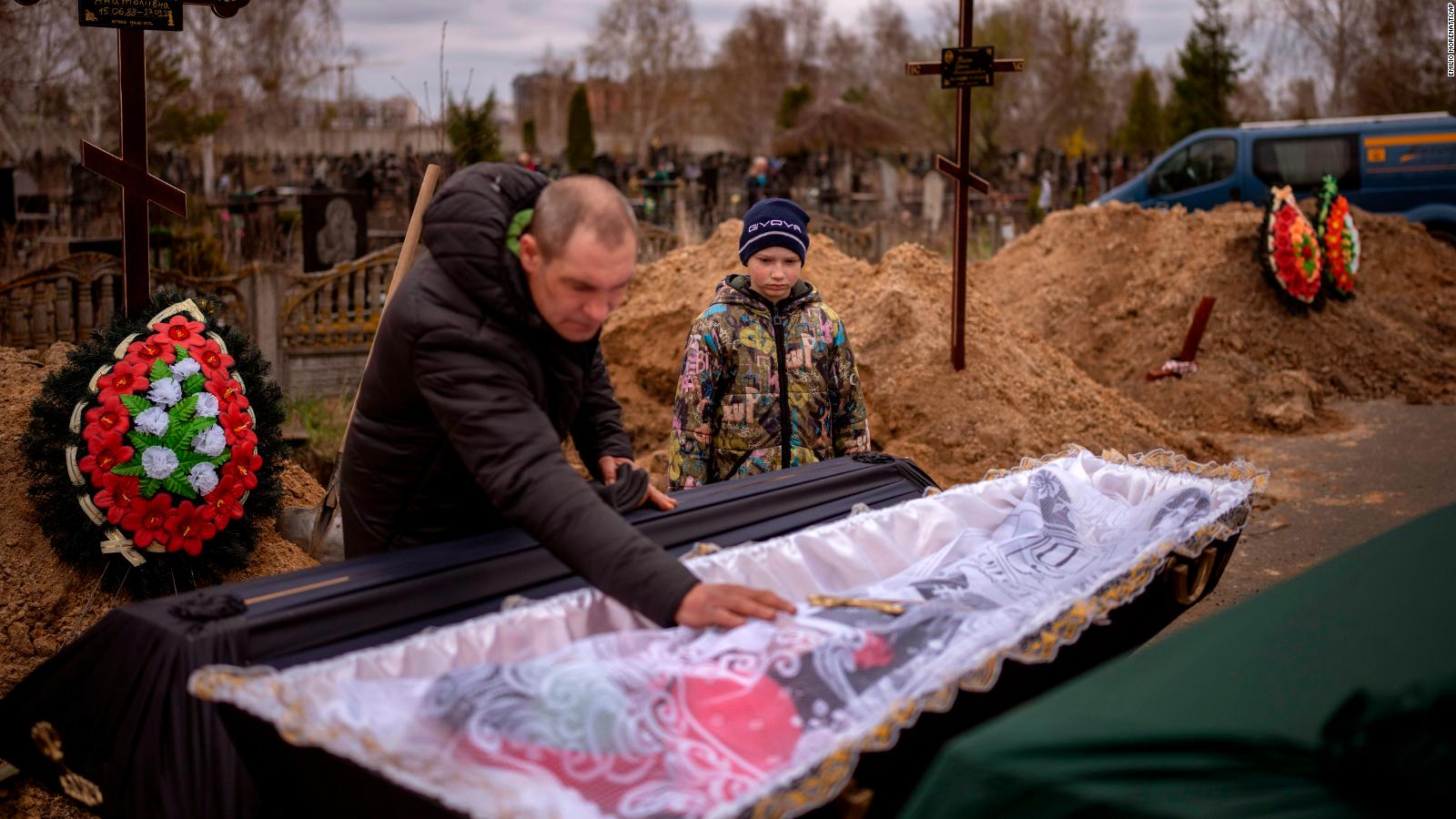
Photos: Russia invades Ukraine
Vova, 10, looks at the body of his mother, Maryna, lying in a coffin as his father, Ivan, prays during her funeral in Bucha on April 20. She died during Russia's occupation of the city, as the family sheltered in a cold basement for more than a month.
Hide Caption
61 of 247
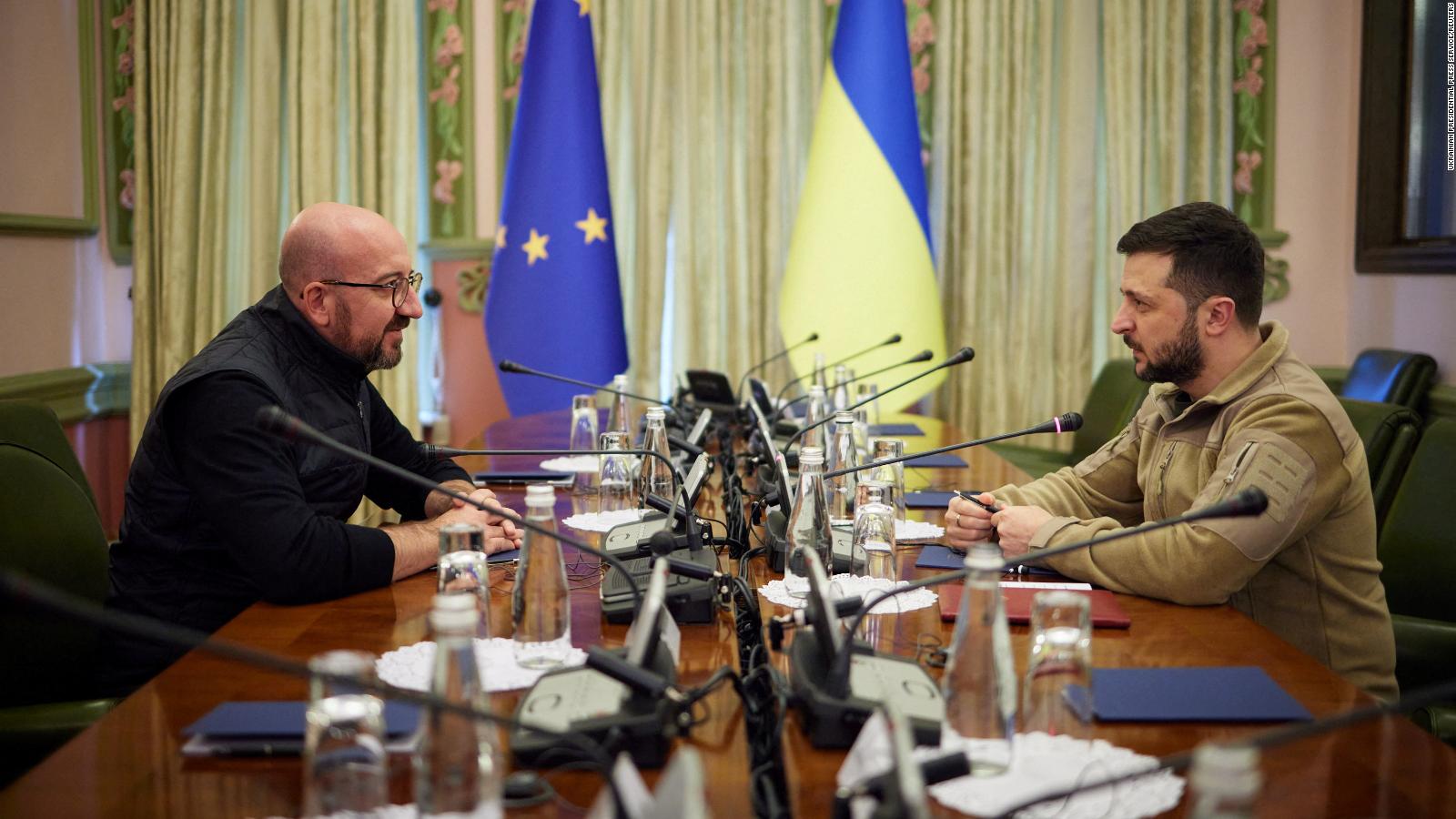
Photos: Russia invades Ukraine
Ukrainian President Volodymyr Zelensky, right, speaks with European Council President Charles Michel during a meeting in Kyiv on April 20.
Hide Caption
62 of 247
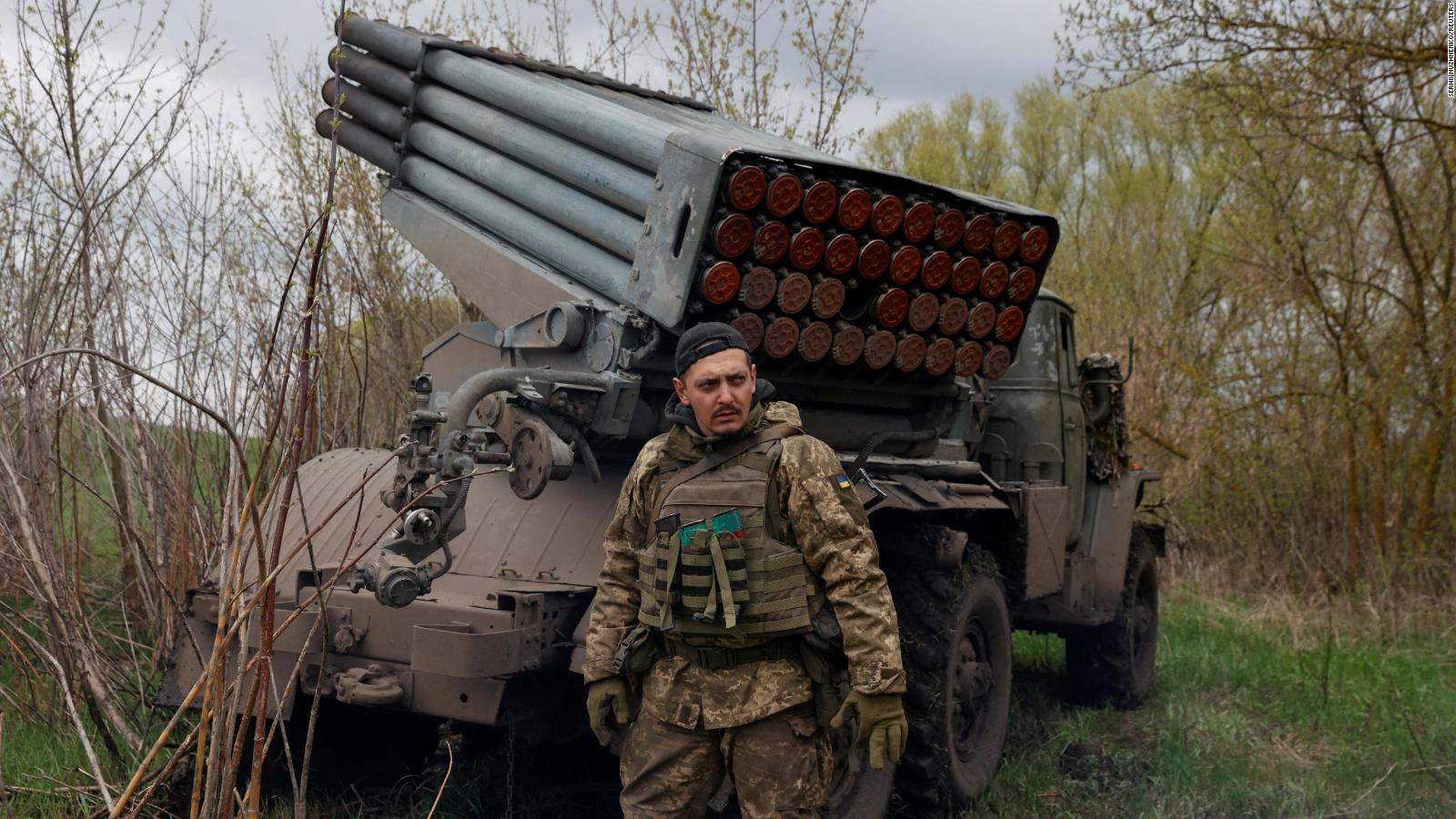
Photos: Russia invades Ukraine
A Ukrainian serviceman stands next to a multiple rocket-launch system in the Kharkiv region of Ukraine on April 20.
Hide Caption
63 of 247
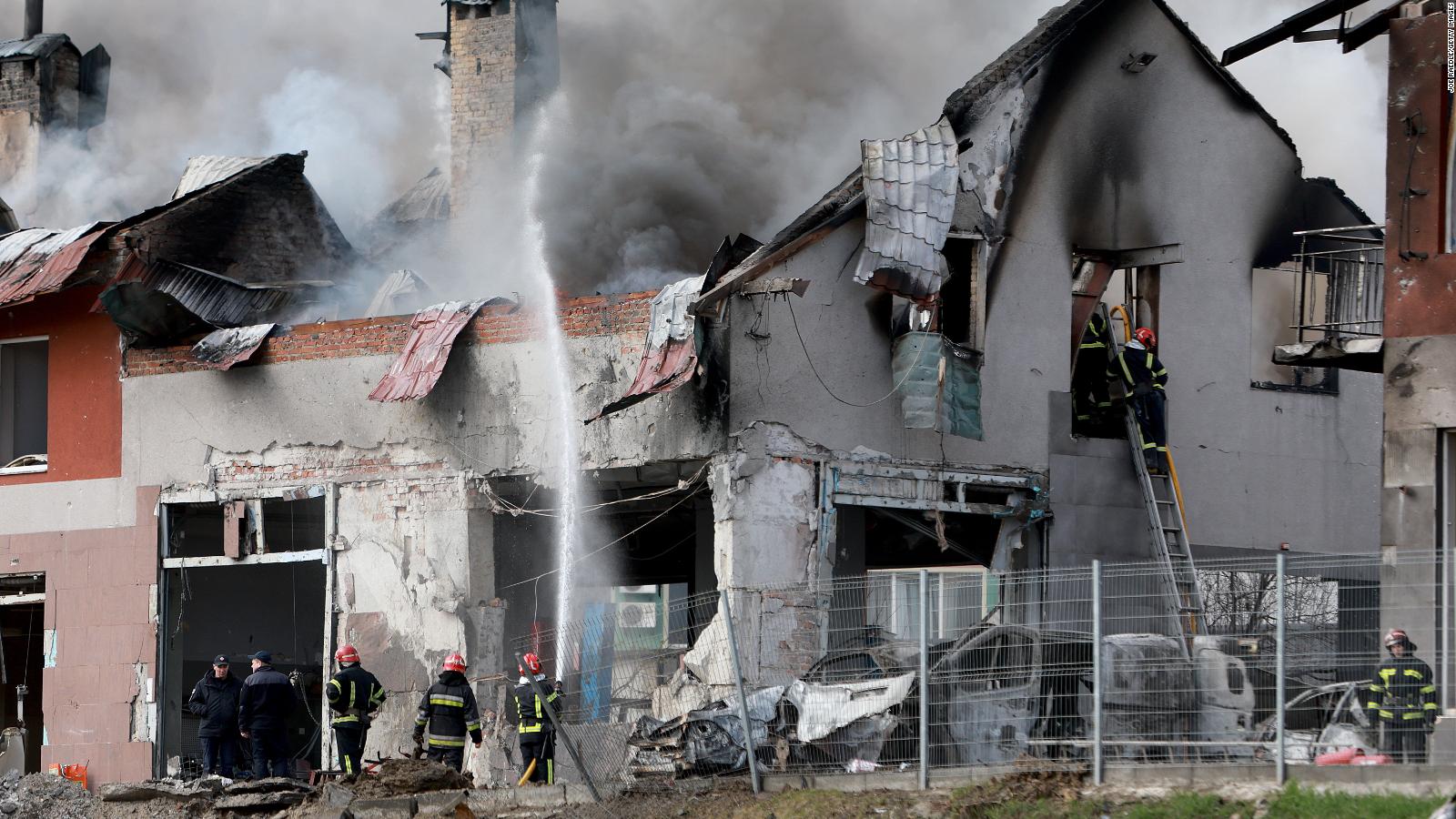
Photos: Russia invades Ukraine
Firefighters work in Lviv after a civilian building was hit by a Russian missile on April 18.
Hide Caption
64 of 247
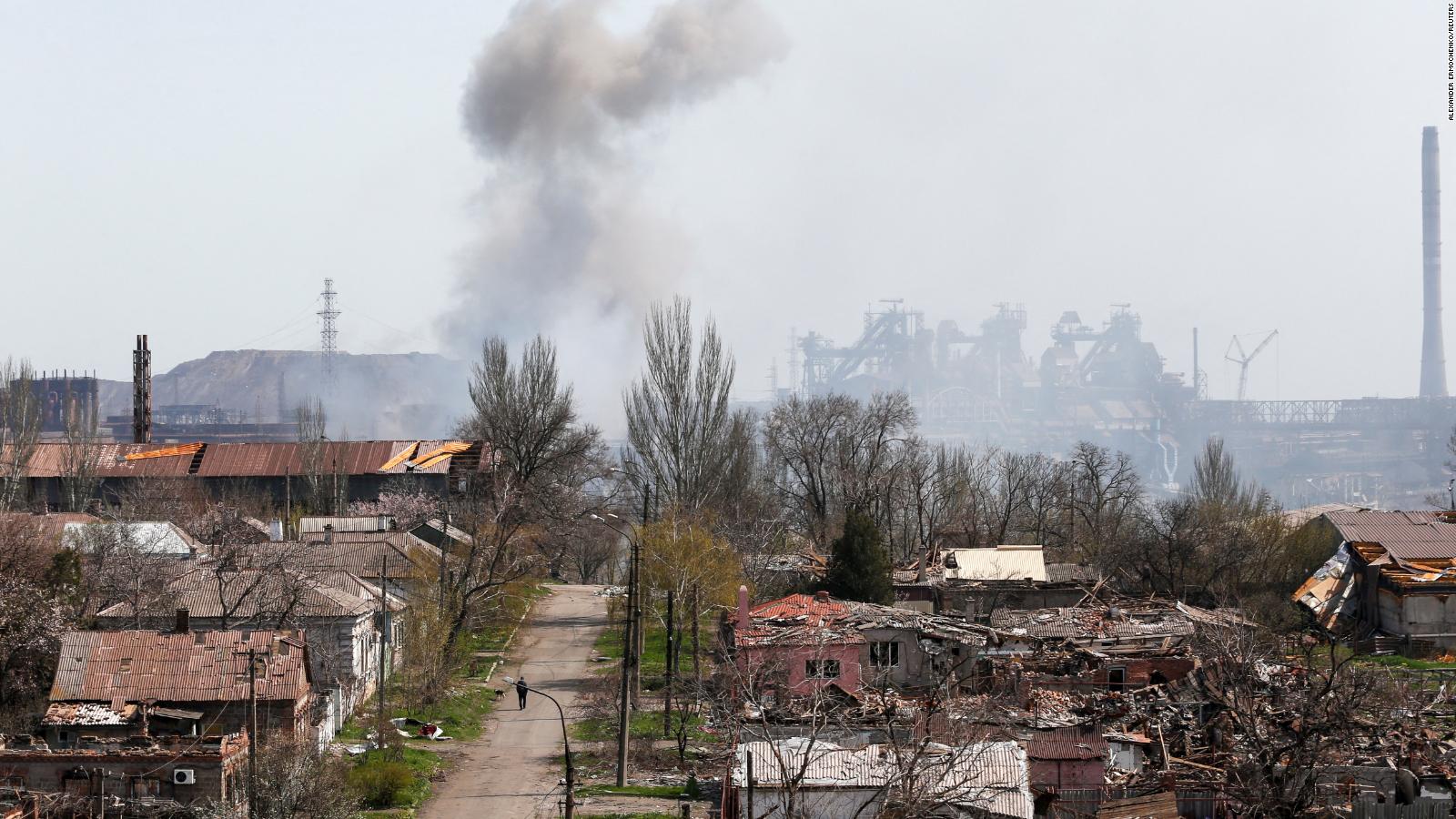
Photos: Russia invades Ukraine
Smoke rises above Mariupol on April 18.
Hide Caption
65 of 247
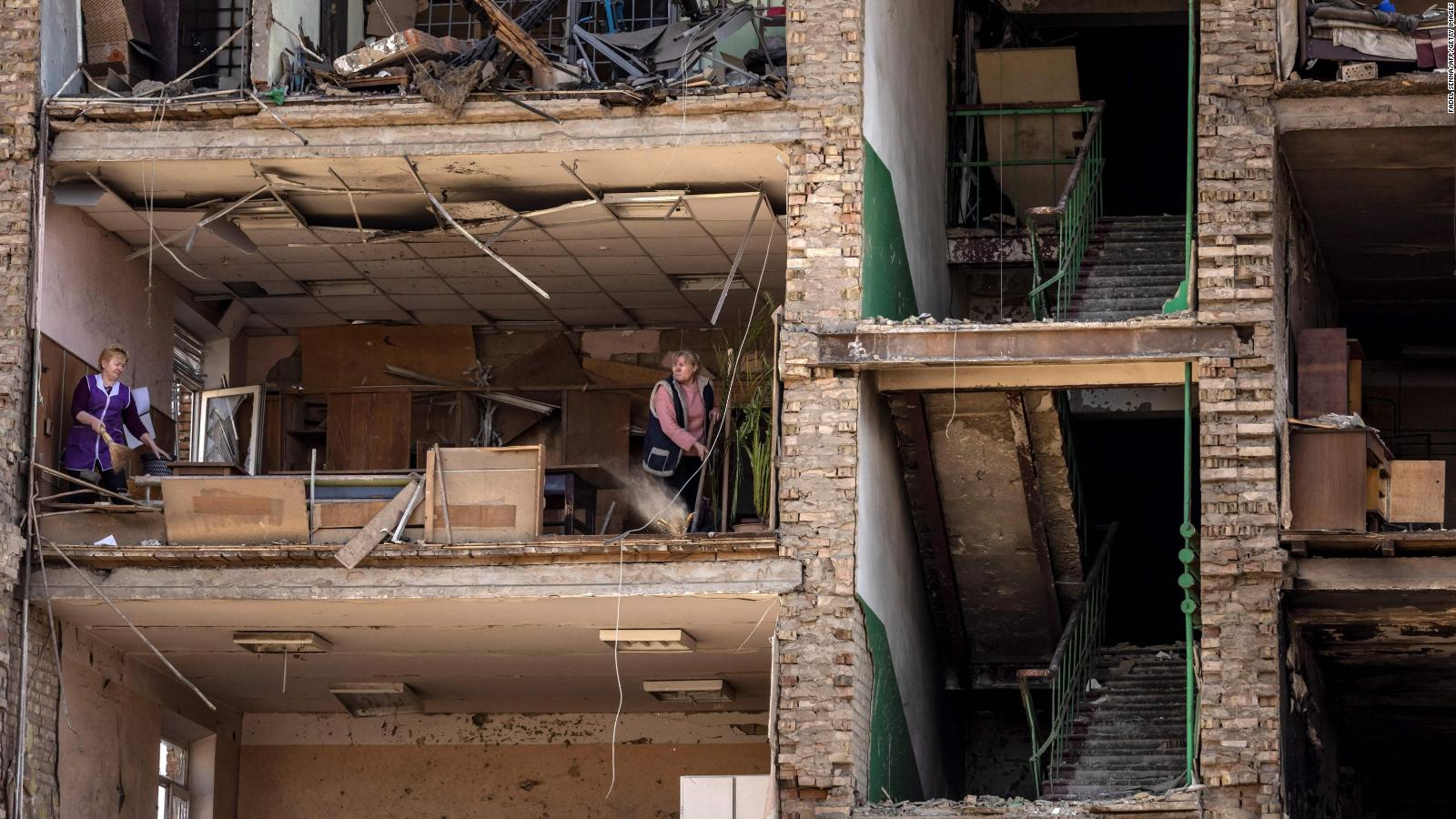
Photos: Russia invades Ukraine
Women clean inside a damaged building at the Vizar company military-industrial complex in Vyshneve, Ukraine, on April 15. The site, on the outskirts of Kyiv, was hit by Russian strikes.
Hide Caption
66 of 247
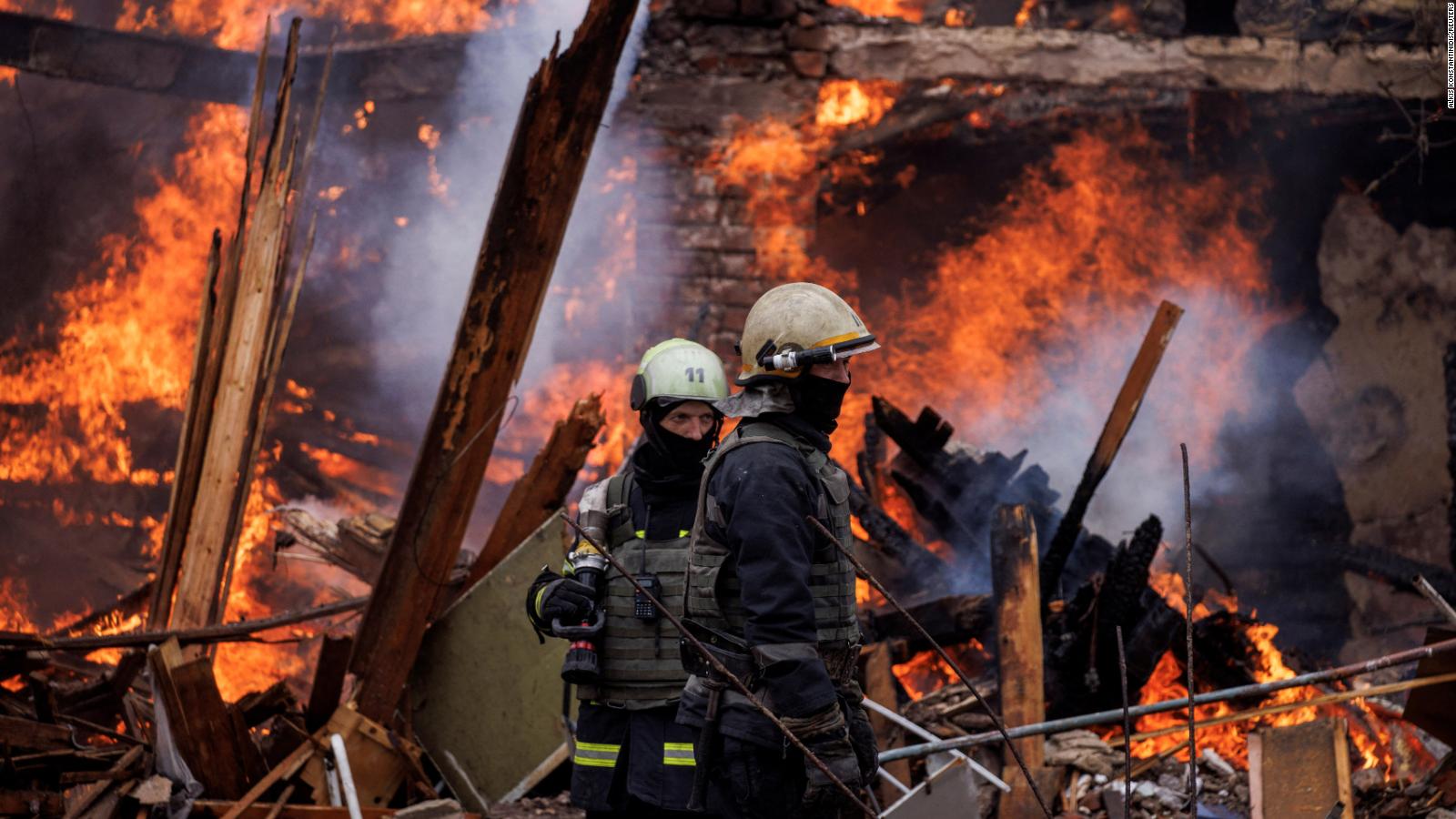
Photos: Russia invades Ukraine
Firefighters work at a burning building in Kharkiv following a missile attack near the Kharkiv International Airport on April 12.
Hide Caption
67 of 247
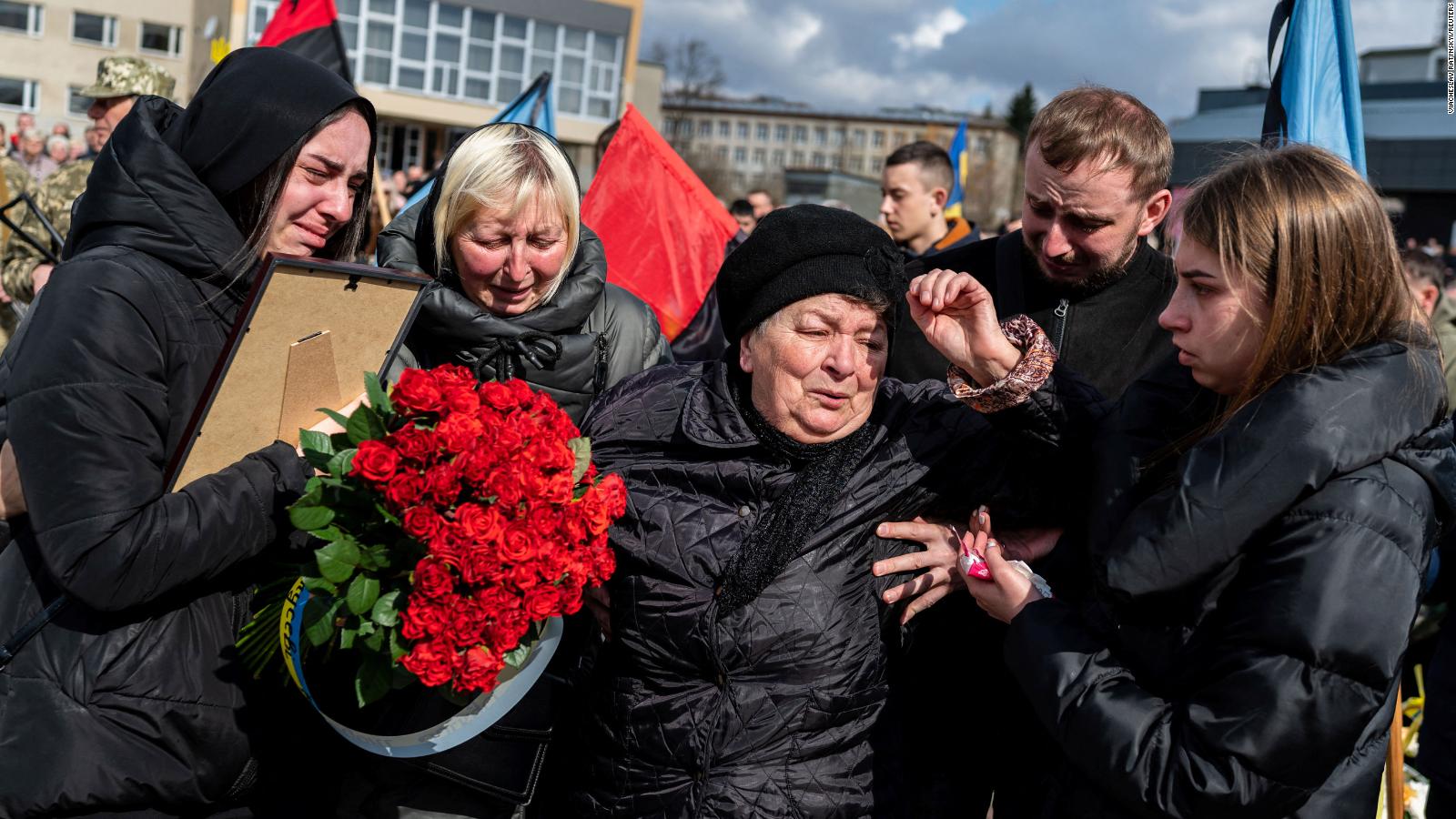
Photos: Russia invades Ukraine
Mourners react in Stebnyk, Ukraine, during the funeral ceremony of Ukrainian serviceman Roman Tiaka. Tiaka was 47.
Hide Caption
68 of 247
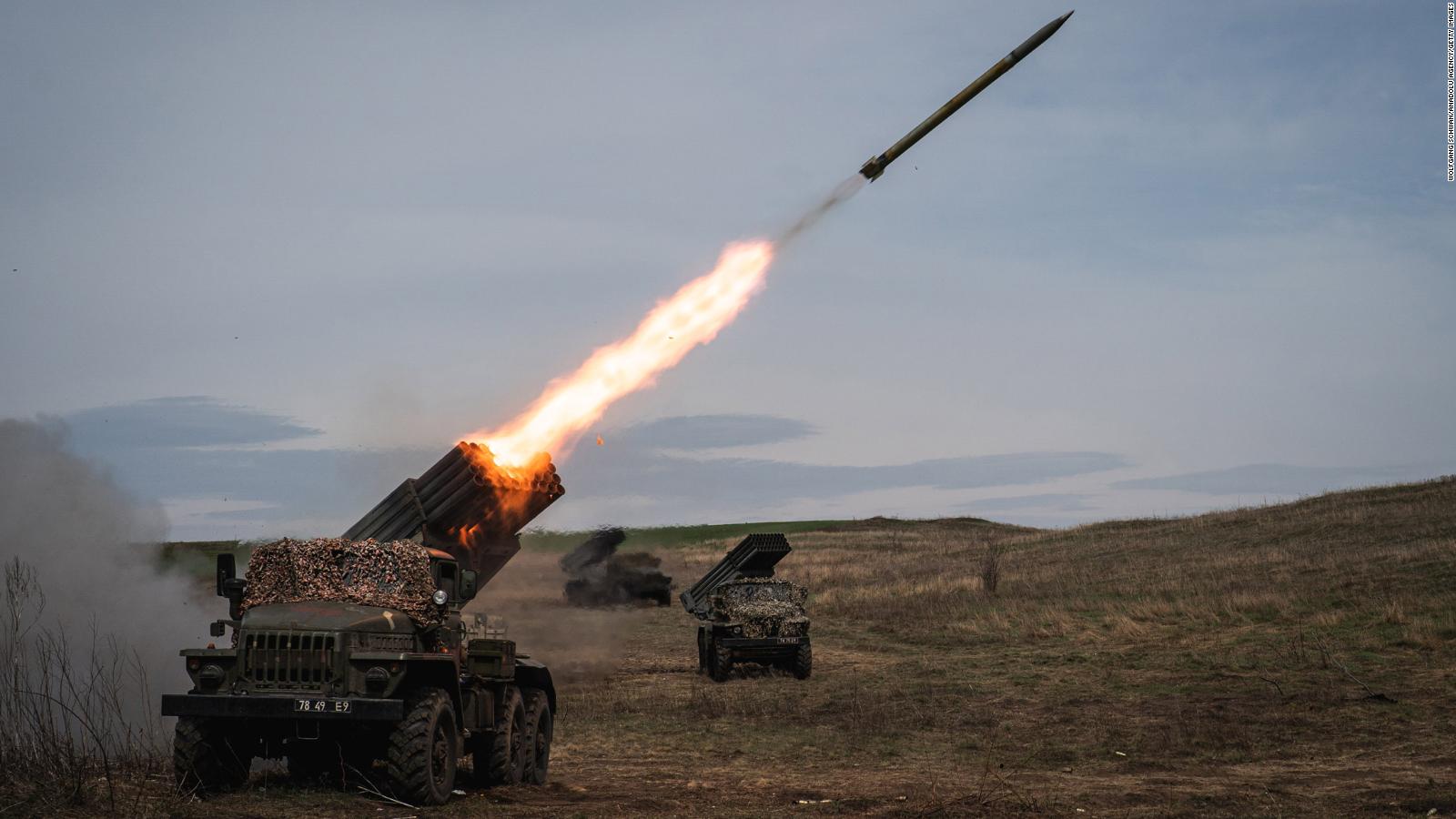
Photos: Russia invades Ukraine
Ukrainian forces fire rockets toward Russian positions in Ukraine's Donbas region on April 10.
Hide Caption
69 of 247
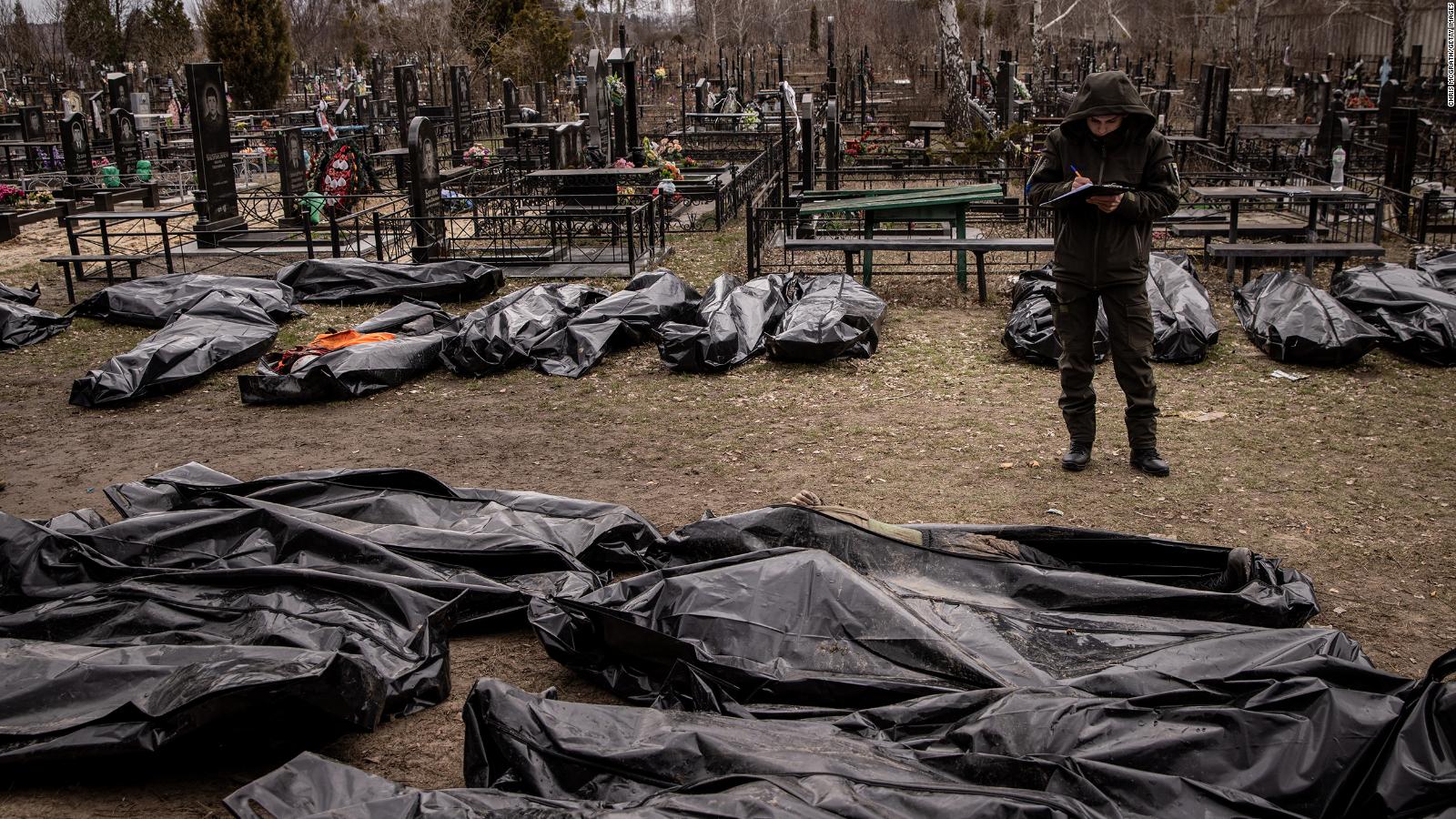
Photos: Russia invades Ukraine
A man works to catalog some of the bodies of civilians who were killed in and around Bucha. Shocking images showing the bodies of civilians scattered across the suburb of Kyiv sparked international outrage and raised the urgency of ongoing investigations into alleged Russian war crimes. Ukrainian President Volodymyr Zelensky called on Russian leaders to be held accountable for the actions of the nation's military. The Russian Ministry of Defense, without evidence, claimed the extensive footage of Bucha was "fake."
Hide Caption
70 of 247
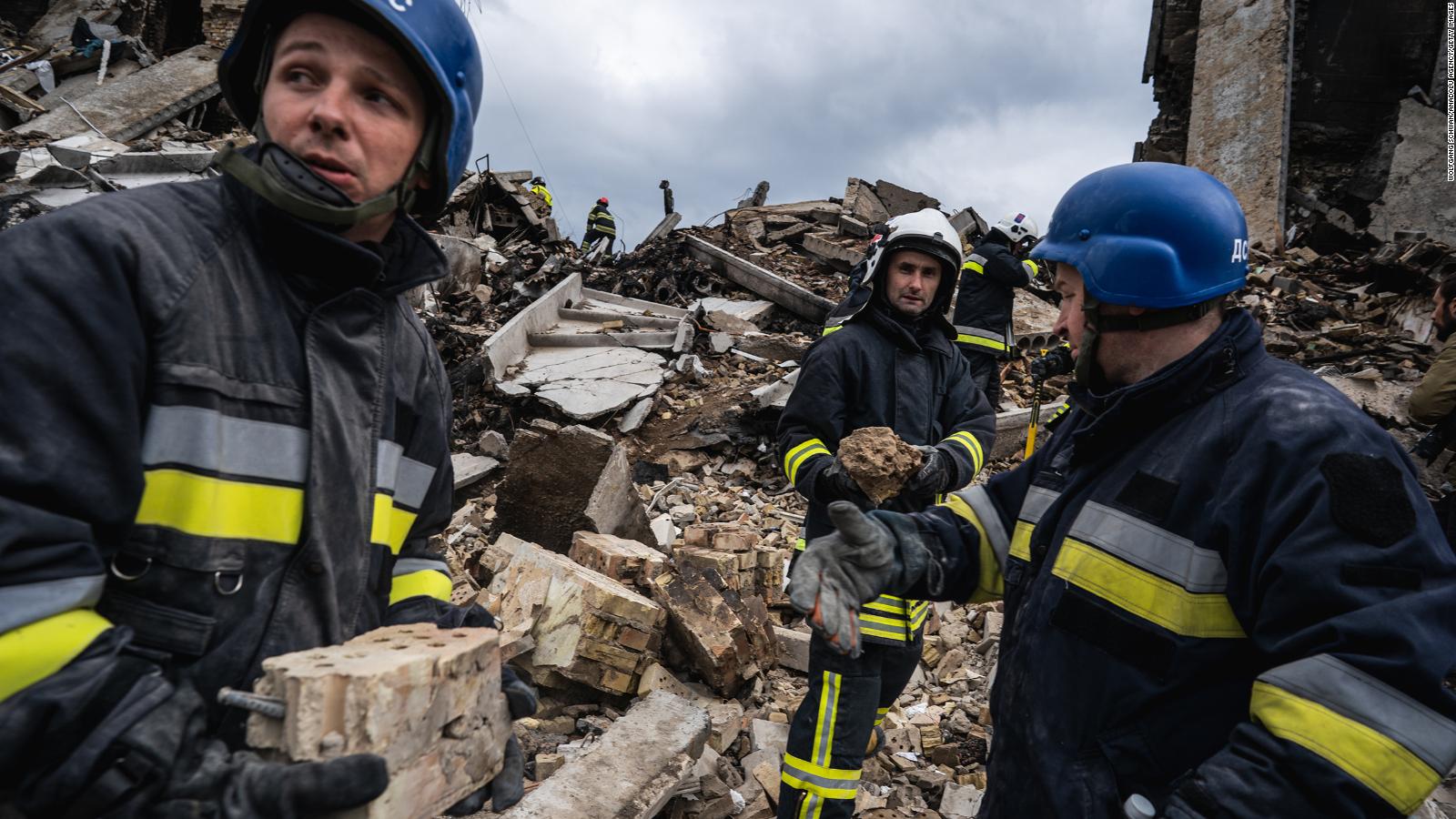
Photos: Russia invades Ukraine
Search-and-rescue teams remove debris after the Ukrainian army regained control of Borodianka, Ukraine, on April 6.
Hide Caption
71 of 247
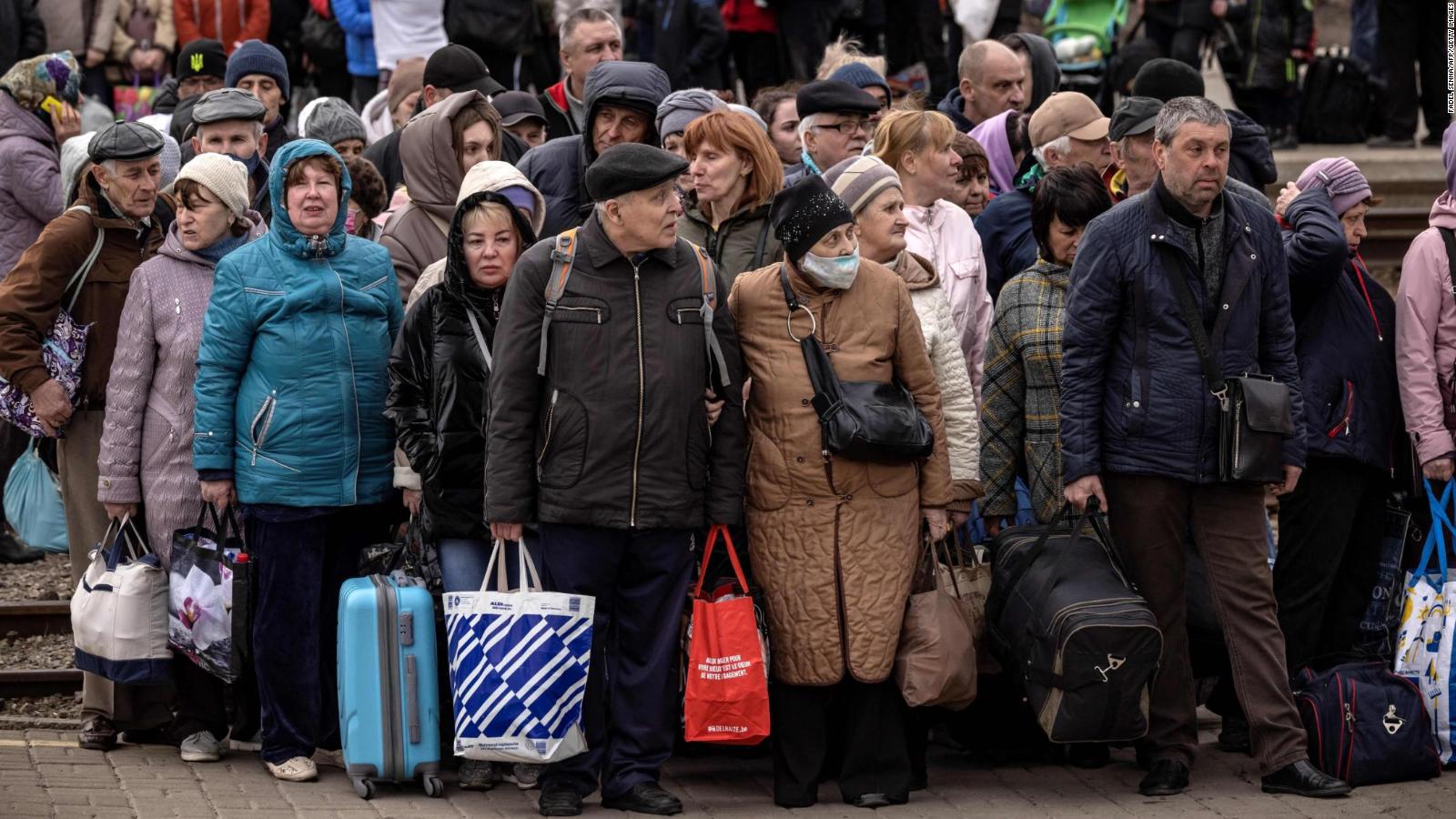
Photos: Russia invades Ukraine
People wait to board a train as they flee Kramatorsk, Ukraine, on April 5.
Hide Caption
72 of 247

Photos: Russia invades Ukraine
Destruction is seen in Borodianka on April 5. Borodianka was home to 13,000 people before the war, but most fled after Russia's invasion. What was left of the town, after intense shelling and devastating airstrikes, was then occupied by Russian forces.
Hide Caption
73 of 247
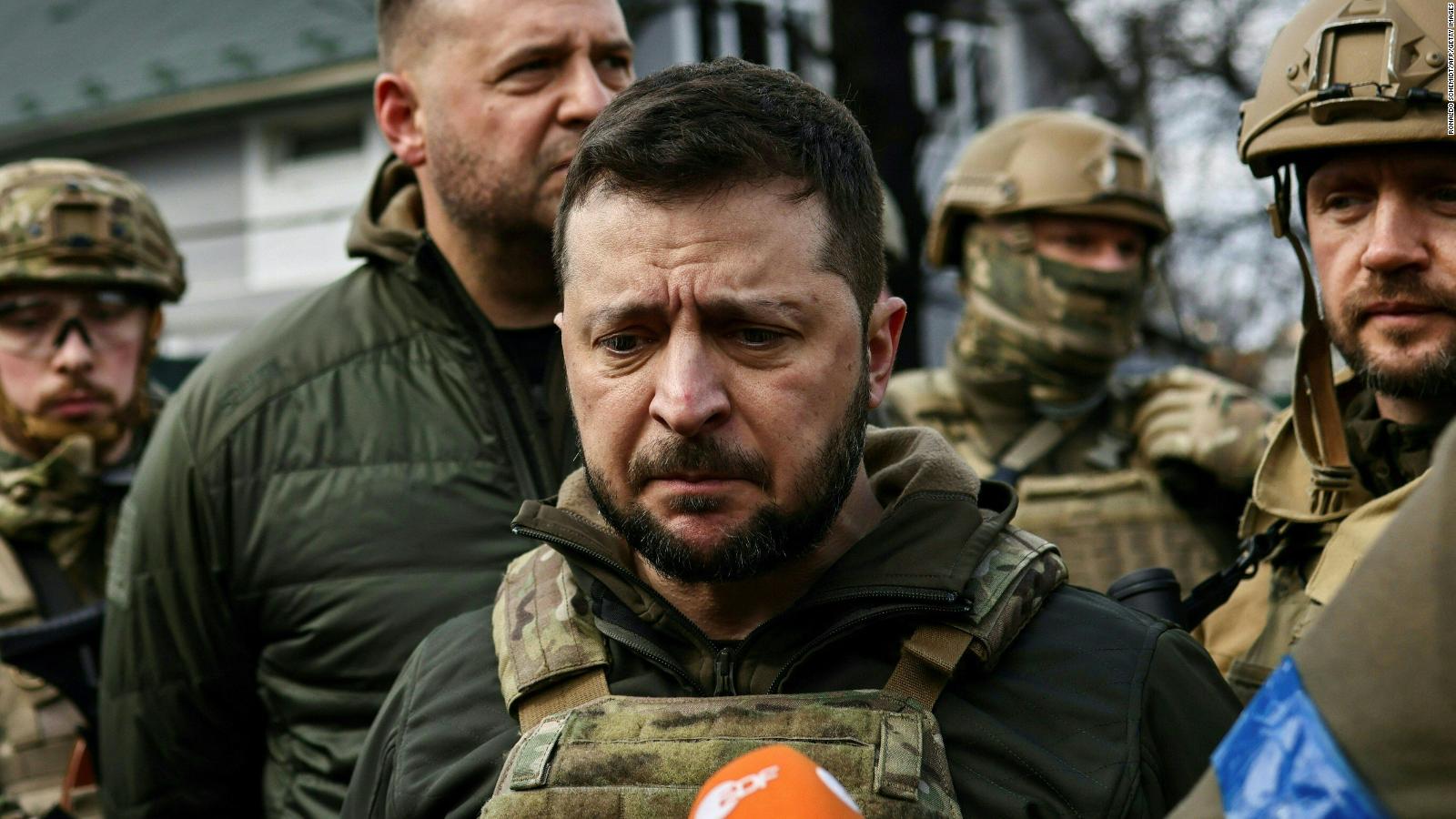
Photos: Russia invades Ukraine
Ukrainian President Volodymyr Zelensky speaks to the media about the alleged atrocities in Bucha on April 4. "It's very difficult to negotiate when you see what (the Russians) have done here," Zelensky emphasized as he stood in the town, surrounded by security.
Hide Caption
74 of 247
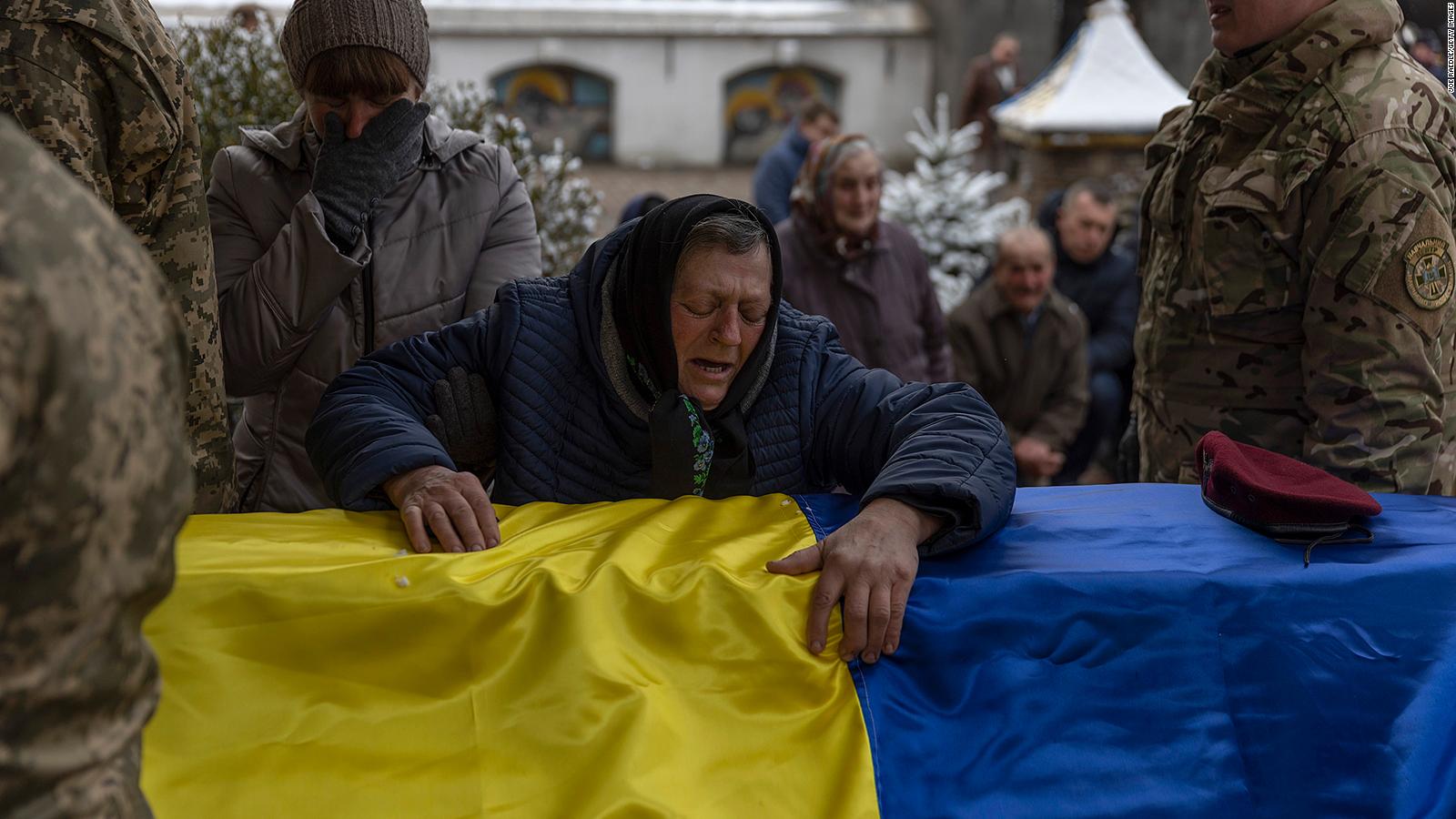
Photos: Russia invades Ukraine
Anna Zhelisko touches the casket of her grandson, Ukrainian soldier Dmitry Zhelisko, as it arrives for his funeral in Chervonohrad, Ukraine, on April 3. He died fighting the Russian army near Kharkiv.
Hide Caption
75 of 247
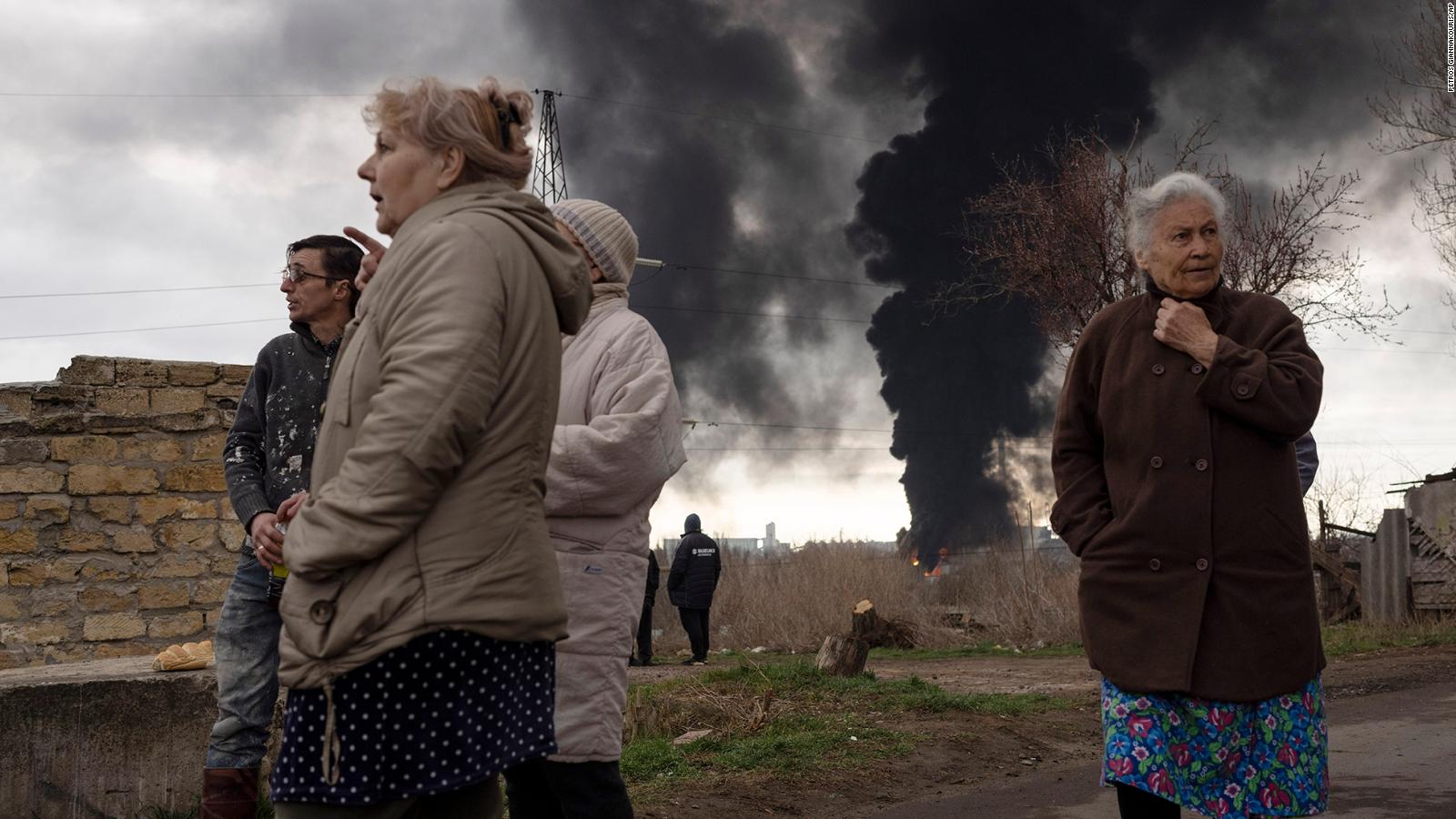
Photos: Russia invades Ukraine
Smoke rises over Odesa, Ukraine, on April 3. The Russian defense ministry confirmed a strike on an oil refinery and fuel storage facilities in the port city.
Hide Caption
76 of 247
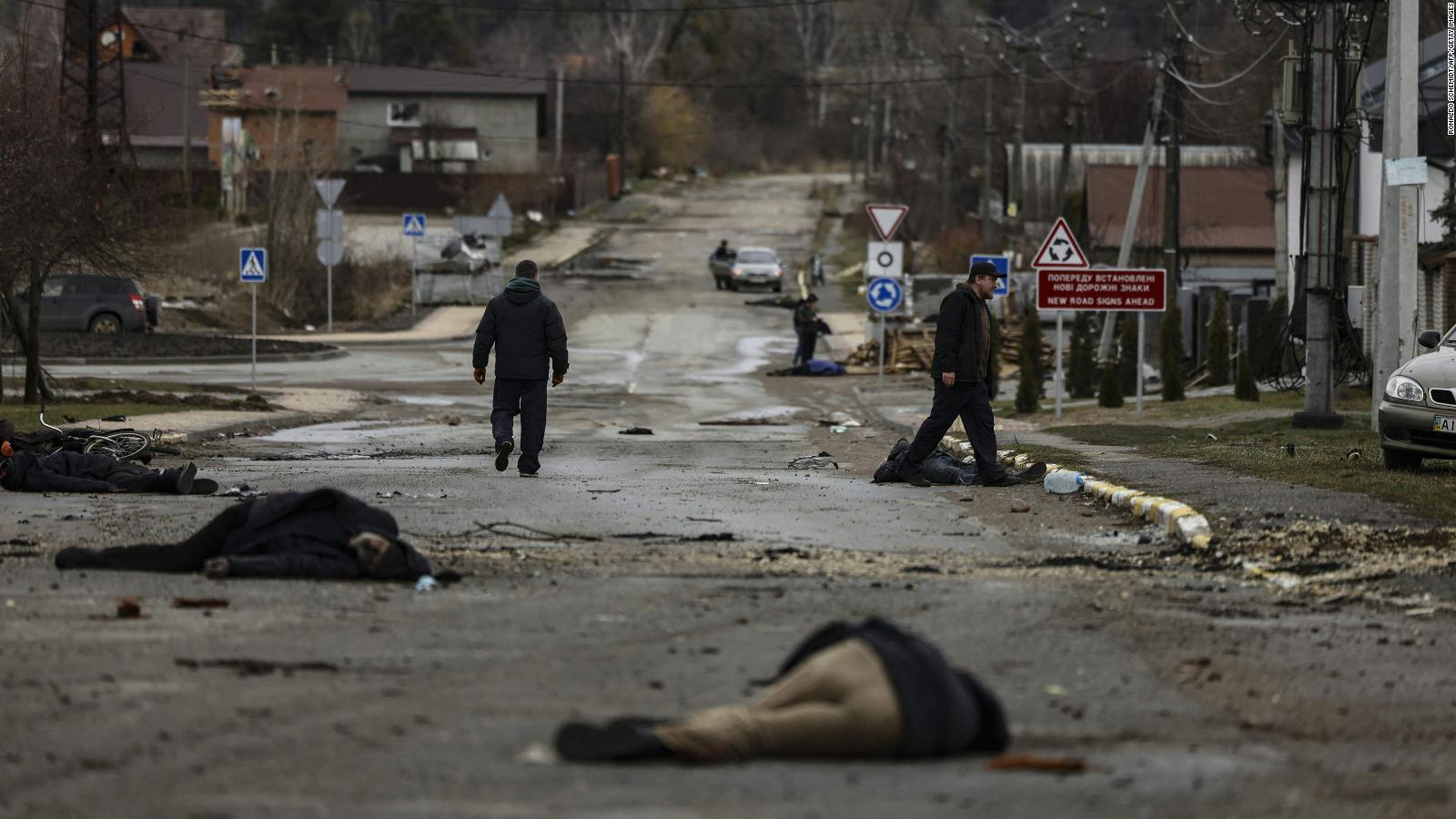
Photos: Russia invades Ukraine
Bodies lie on a street in Bucha on April 2. Images captured by Agence France-Presse showed at least 20 civilian men dead.
Hide Caption
77 of 247
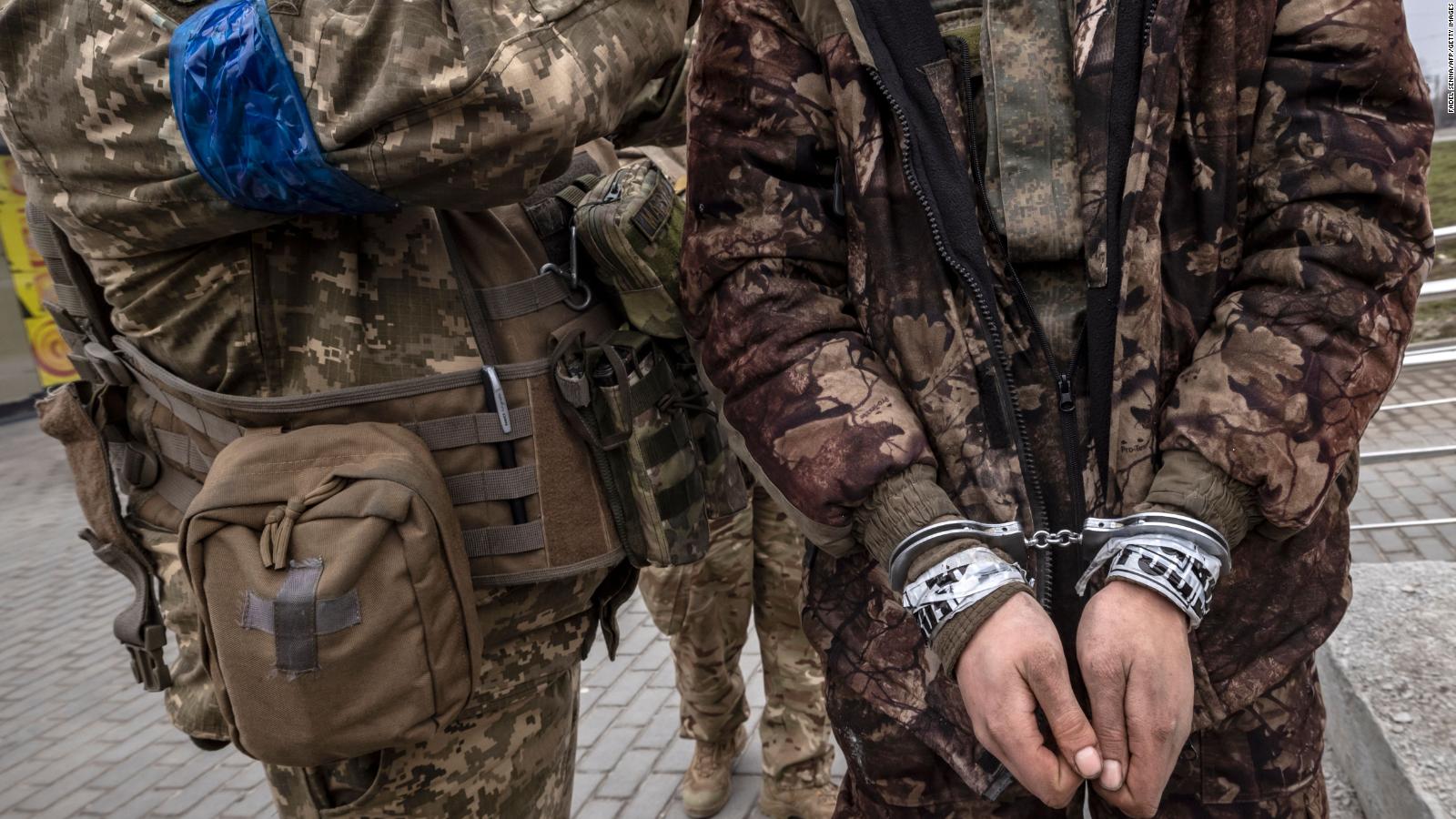
Photos: Russia invades Ukraine
A Ukrainian serviceman stands with a handcuffed Russian soldier in Kharkiv on March 31.
Hide Caption
78 of 247
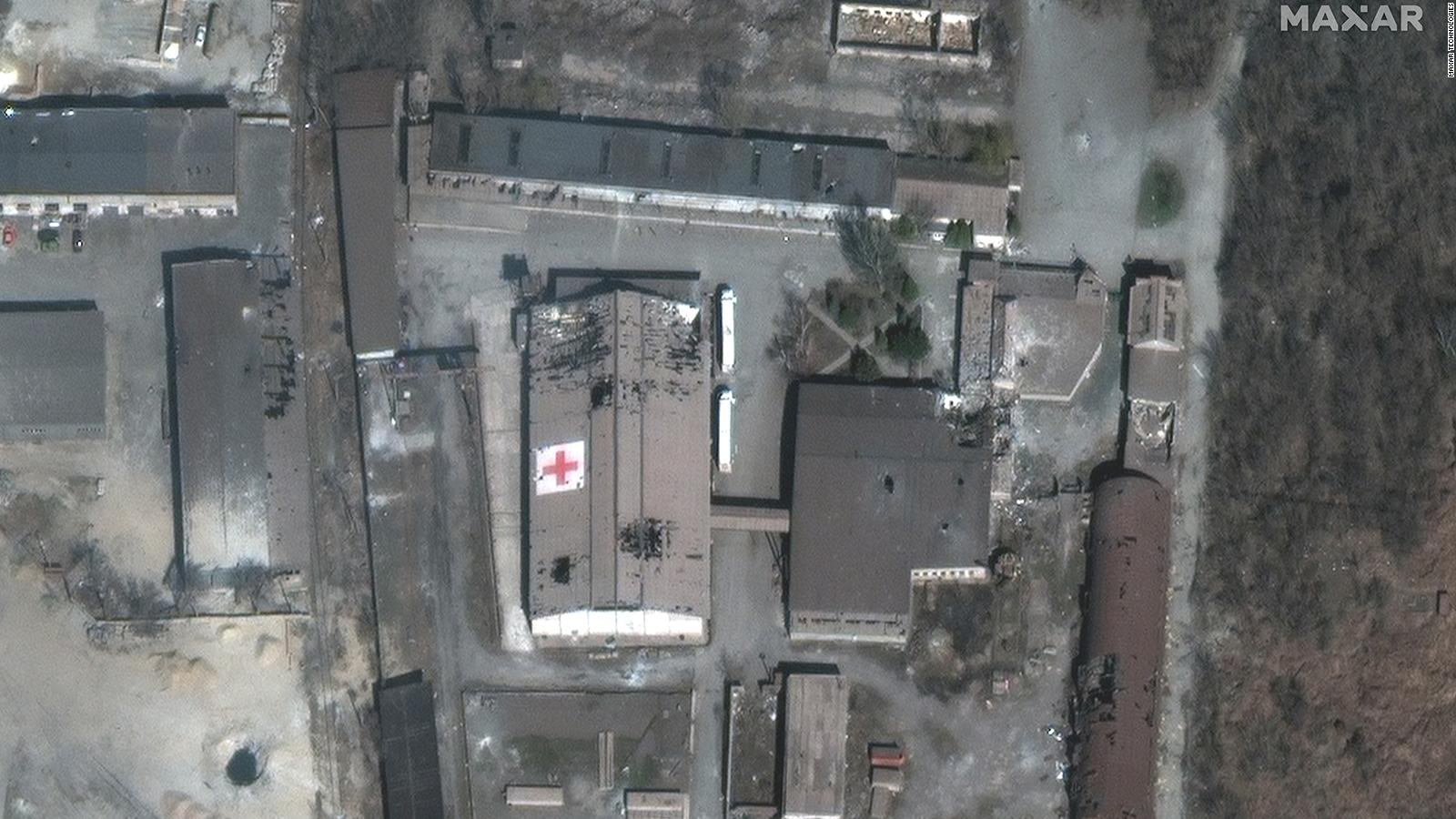
Photos: Russia invades Ukraine
A satellite image shows a shelled warehouse that was being used by the Red Cross in Mariupol on March 29.
Hide Caption
79 of 247
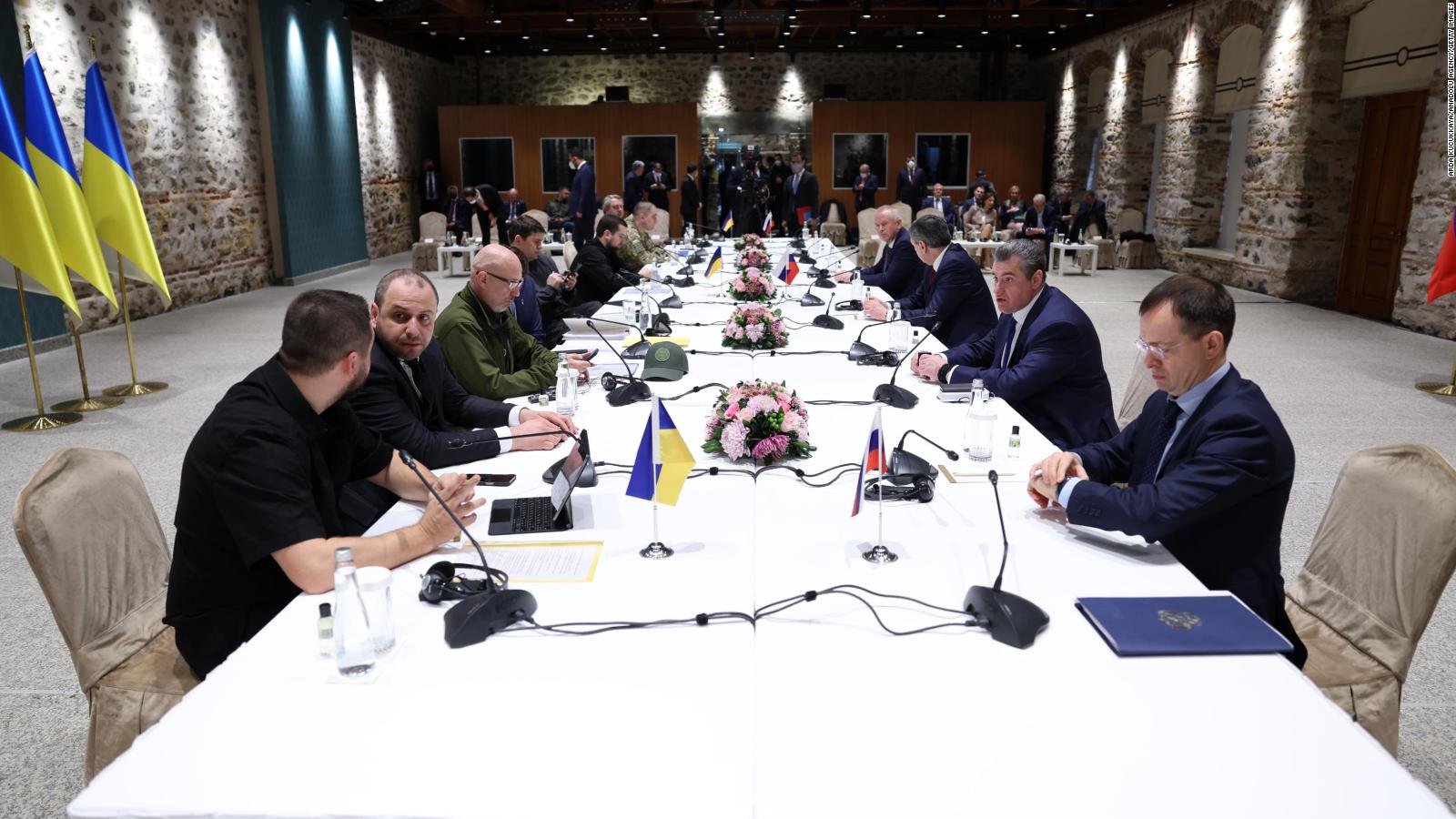
Photos: Russia invades Ukraine
Russian and Ukrainian delegations meet in Istanbul for talks on March 29. Russia said it would "drastically reduce" its military assault on the Ukrainian cities of Kyiv and Chernihiv. The announcement came after Ukrainian and Western intelligence assessments recently suggested that Russia's advance on Kyiv was stalling. The talks also covered other important issues, including the future of the eastern Donbas region, the fate of Crimea, a broad alliance of security guarantors and a potential meeting between Russian President Vladimir Putin and Ukrainian President Volodymyr Zelensky.
Hide Caption
80 of 247
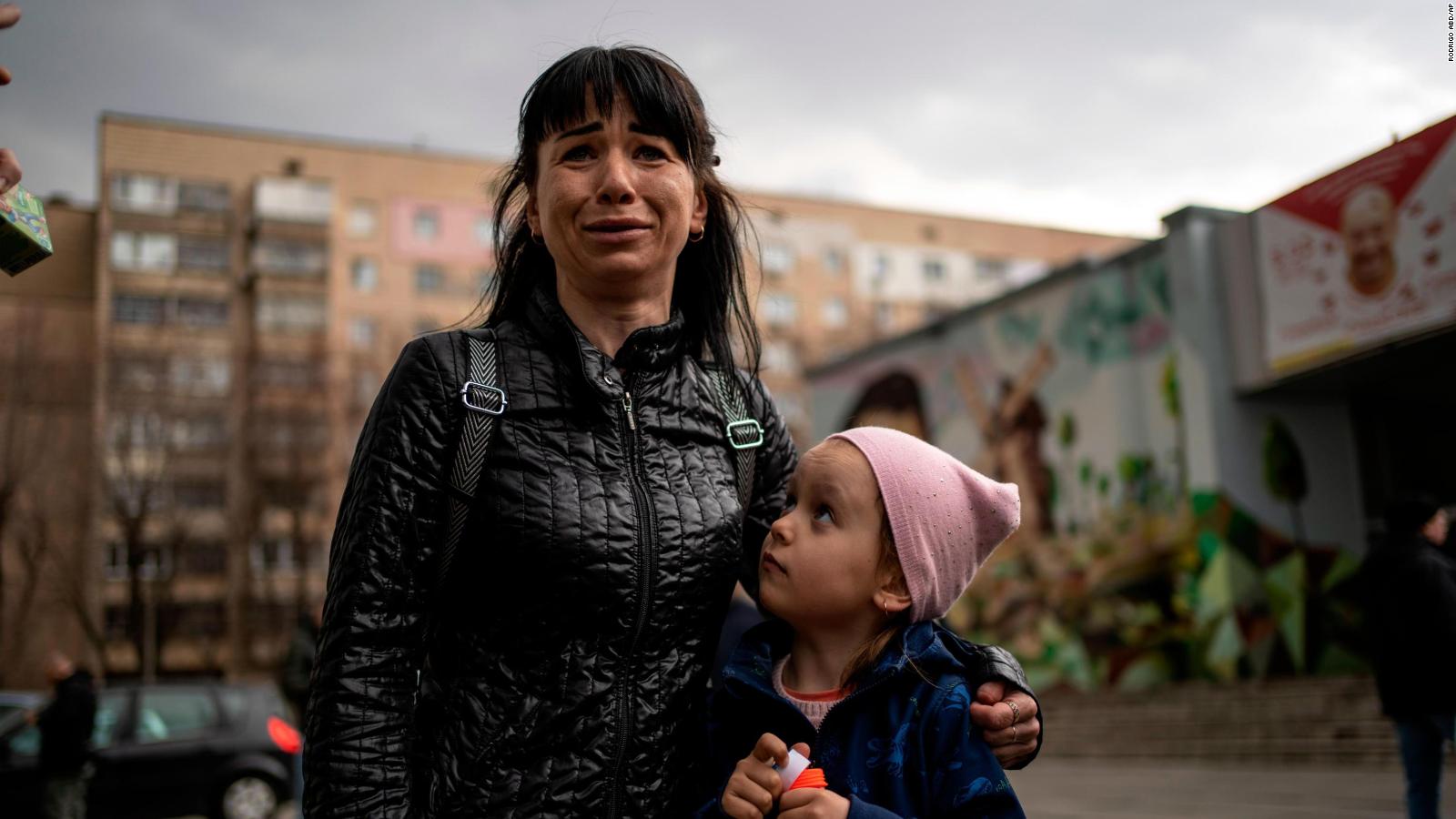
Photos: Russia invades Ukraine
A woman named Julia cries next to her 6-year-old daughter, Veronika, while talking to the press in Brovary, Ukraine, on March 29.
Hide Caption
81 of 247
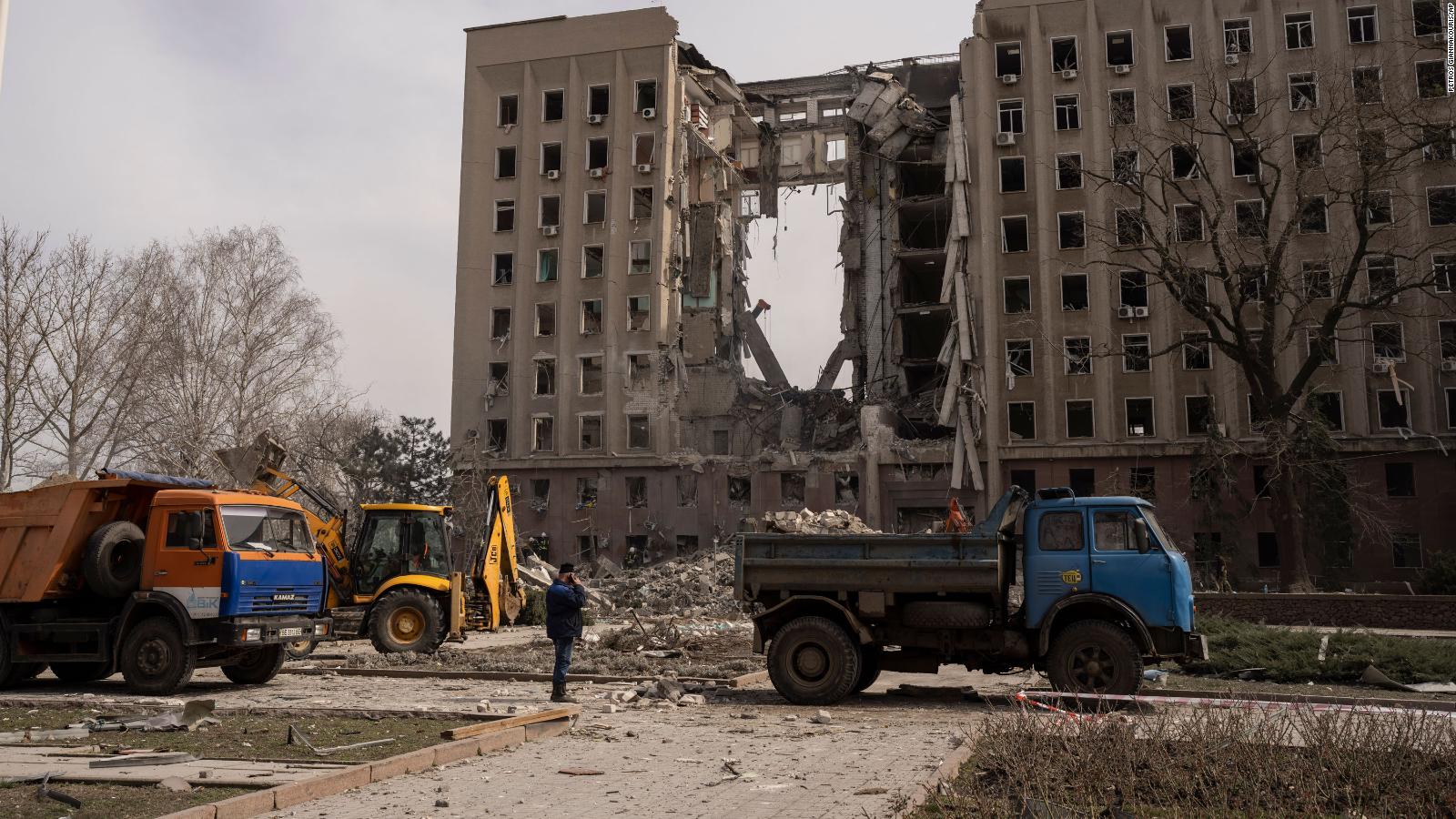
Photos: Russia invades Ukraine
The regional government headquarters of Mykolaiv, Ukraine, is damaged following a Russian attack on March 29. At least nine people were killed, according to the Mykolaiv regional media office's Telegram channel.
Hide Caption
82 of 247
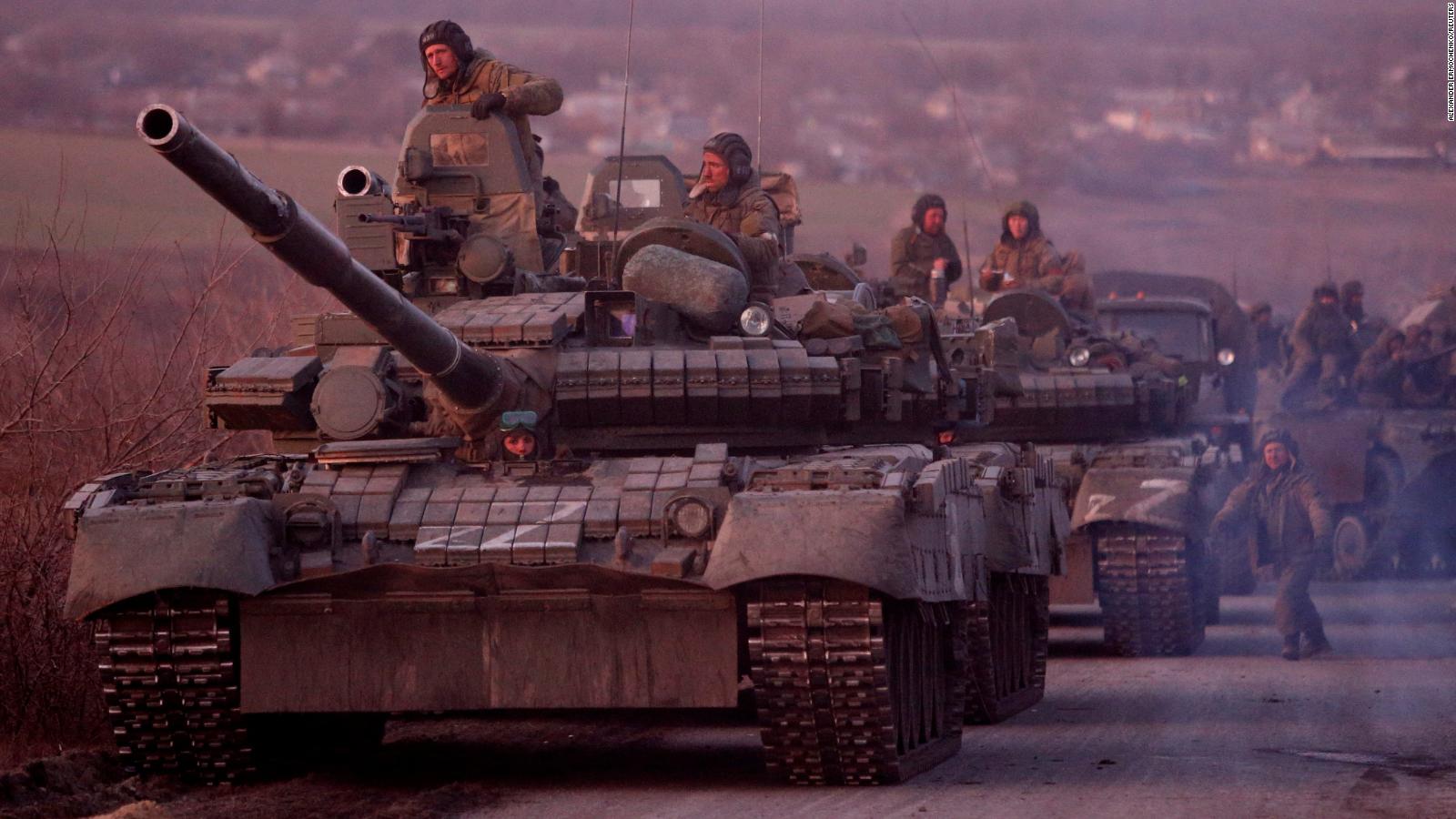
Photos: Russia invades Ukraine
An armored convoy of pro-Russian troops travel on a road leading to Mariupol on March 28.
Hide Caption
83 of 247
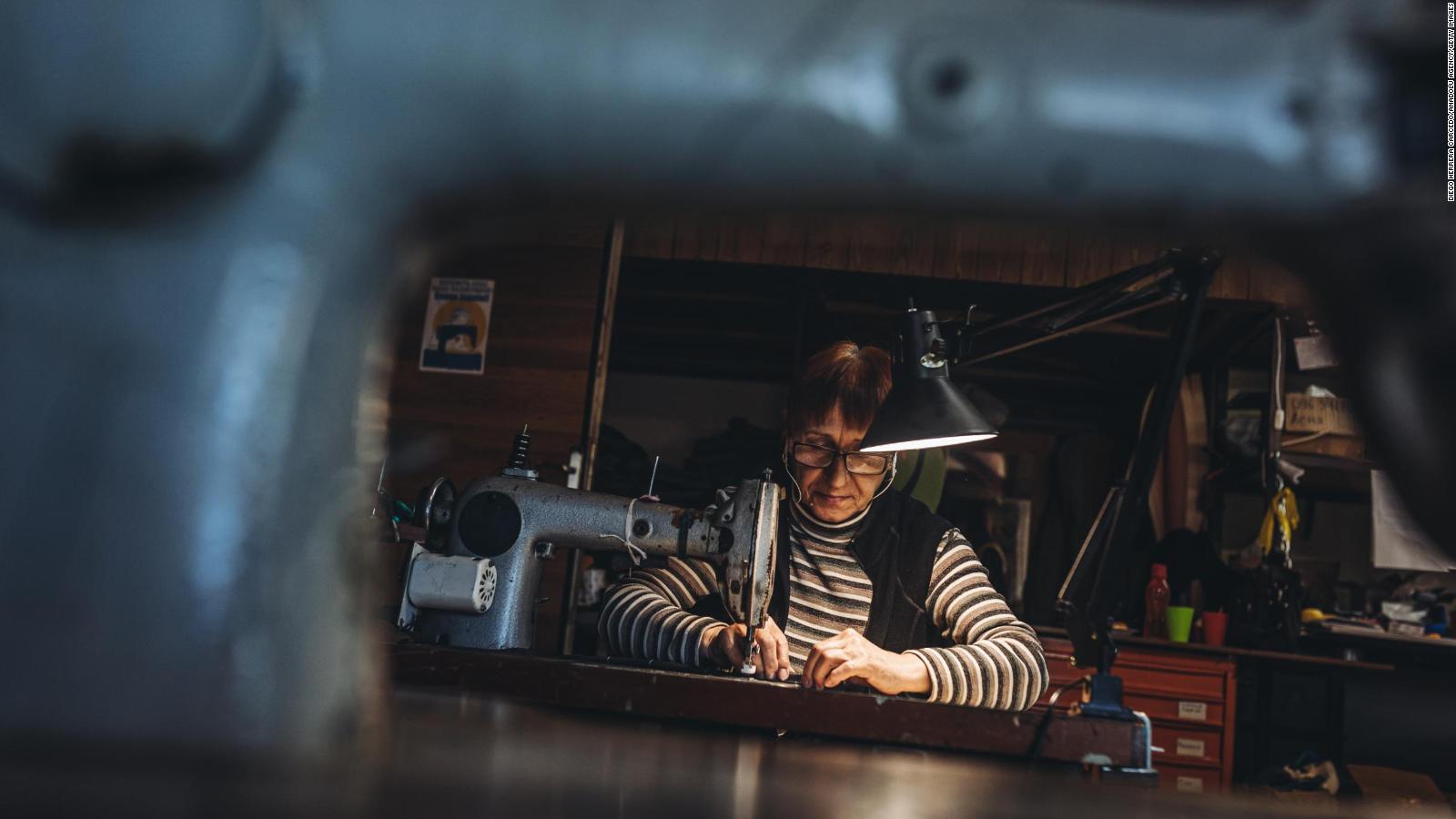
Photos: Russia invades Ukraine
A volunteer weaves a bulletproof vest in Zaporizhzhia, Ukraine, on March 28.
Hide Caption
84 of 247
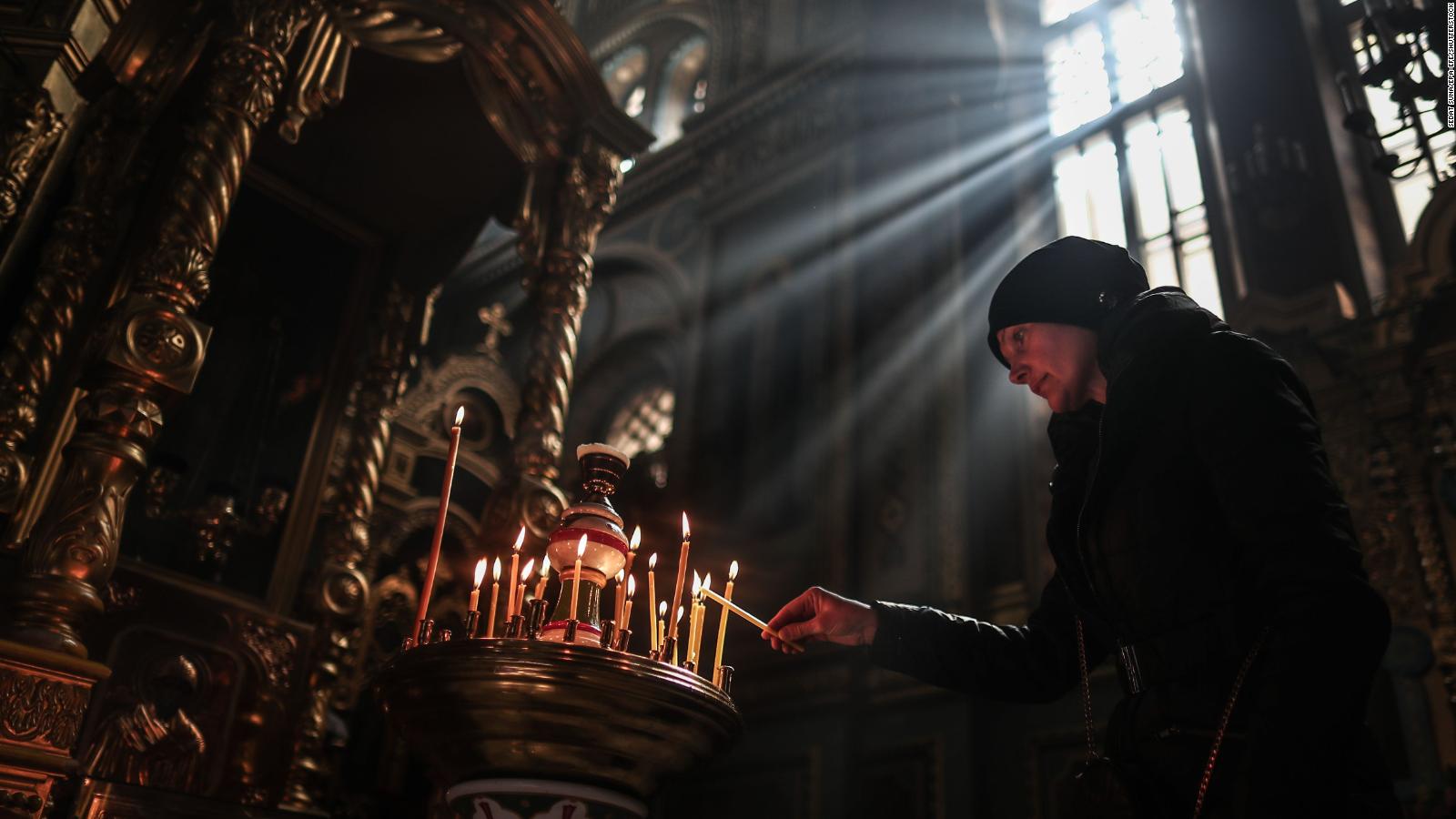
Photos: Russia invades Ukraine
A woman lights a candle during the Sunday service at a monastery in Odesa on March 27.
Hide Caption
85 of 247
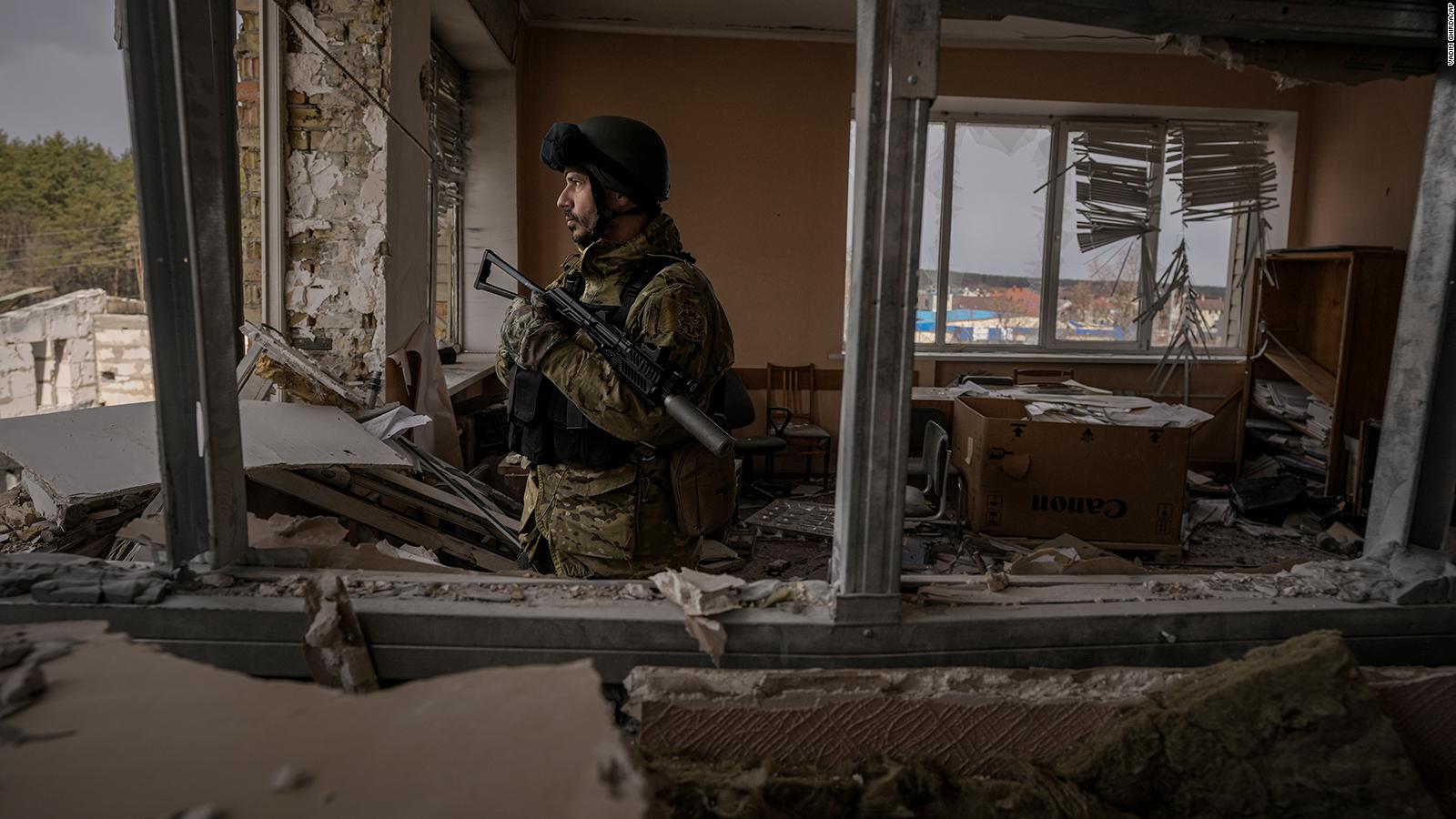
Photos: Russia invades Ukraine
A Ukrainian serviceman stands in a heavily damaged building in Stoyanka, Ukraine, on March 27.
Hide Caption
86 of 247
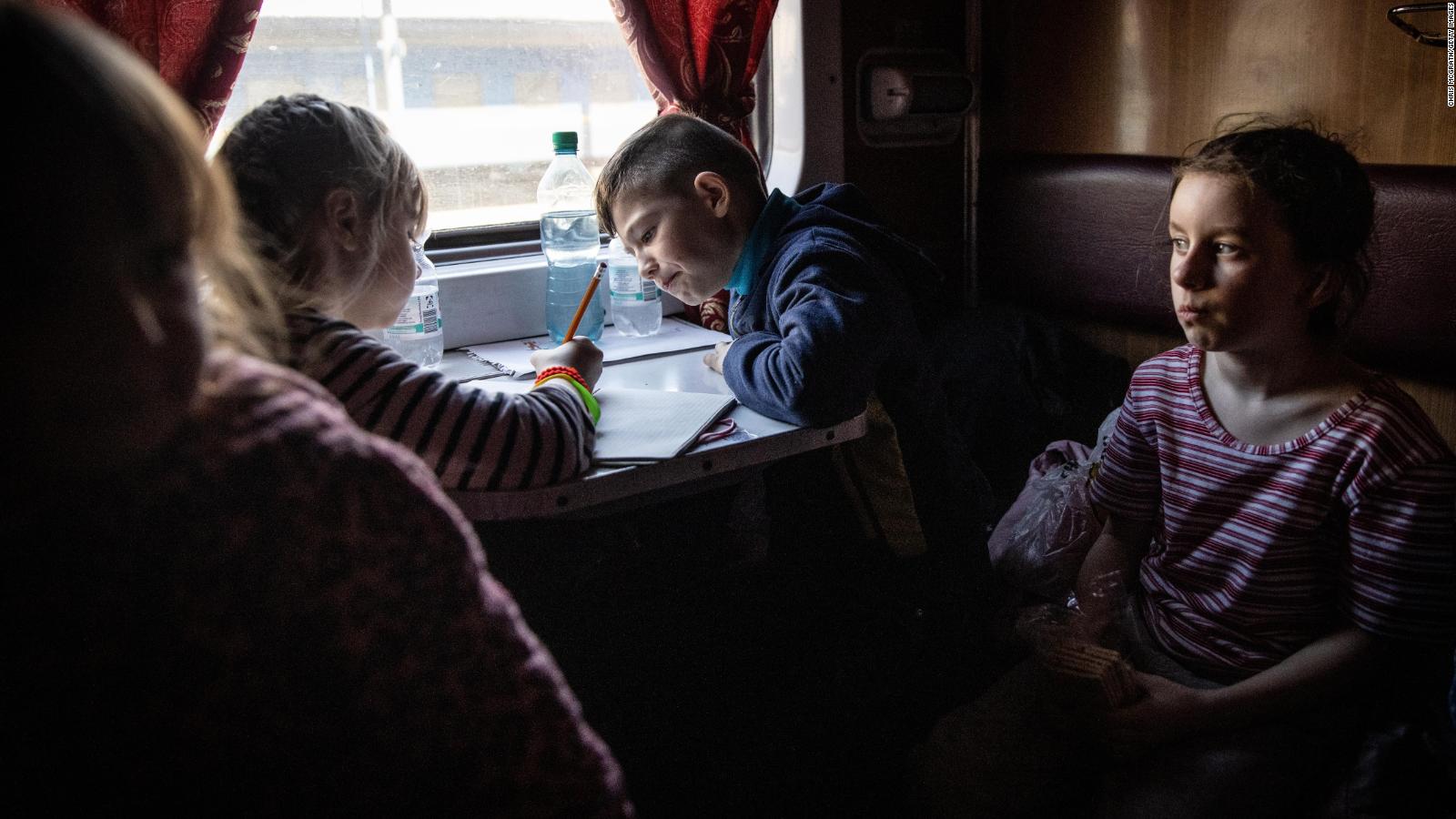
Photos: Russia invades Ukraine
Orphaned children travel by train after fleeing the Russian-controlled town of Polohy, Ukraine, on March 26.
Hide Caption
87 of 247
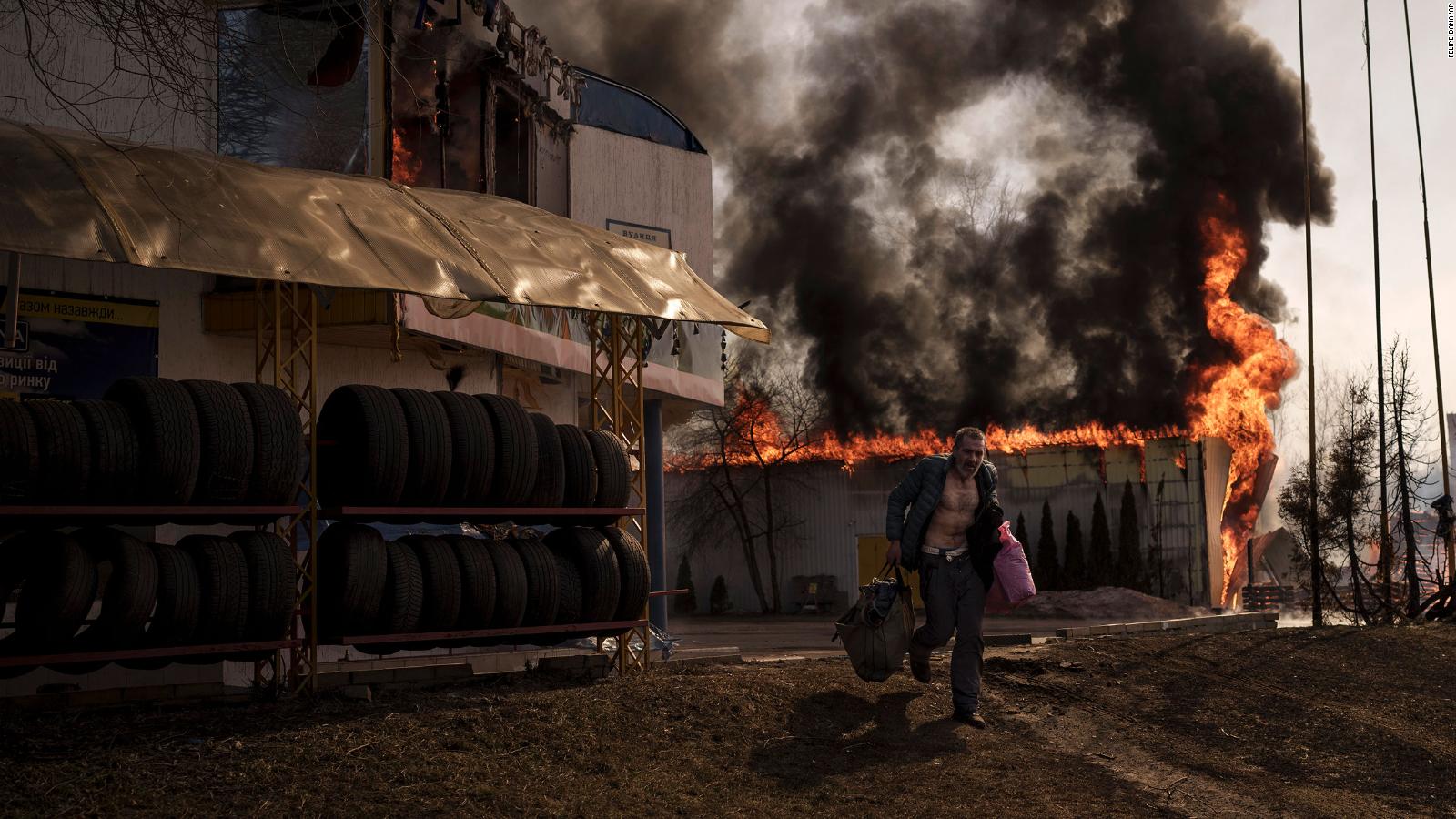
Photos: Russia invades Ukraine
A man recovers items from a burning shop following a Russian attack in Kharkiv on March 25.
Hide Caption
88 of 247
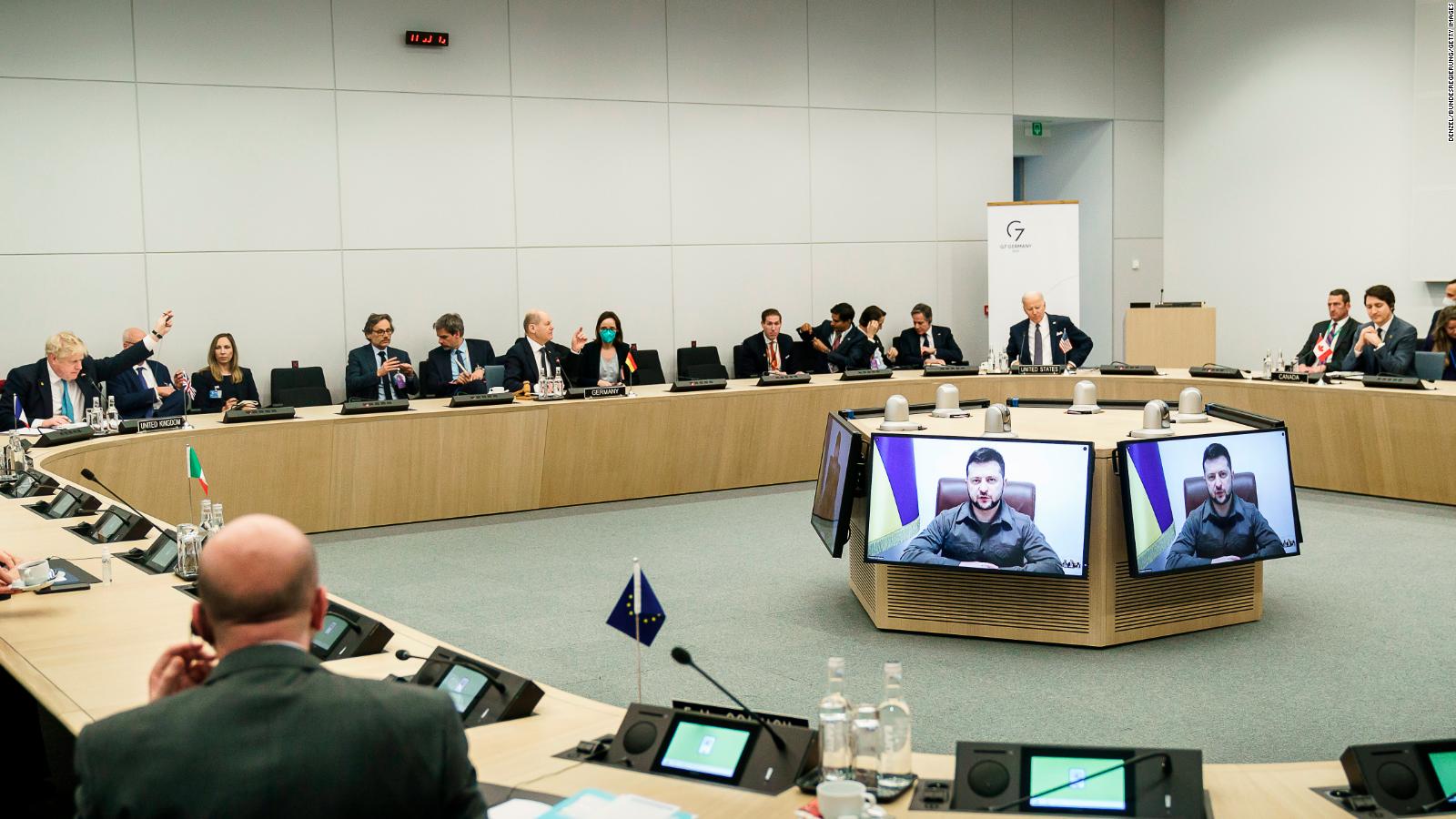
Photos: Russia invades Ukraine
Ukrainian President Volodymyr Zelensky addresses world leaders via video at the NATO summit in Brussels, Belgium, on March 24. Zelensky stopped short of issuing his usual request for a no-fly zone, but he did say Ukraine needs fighter jets, tanks and better air defenses.
Hide Caption
89 of 247
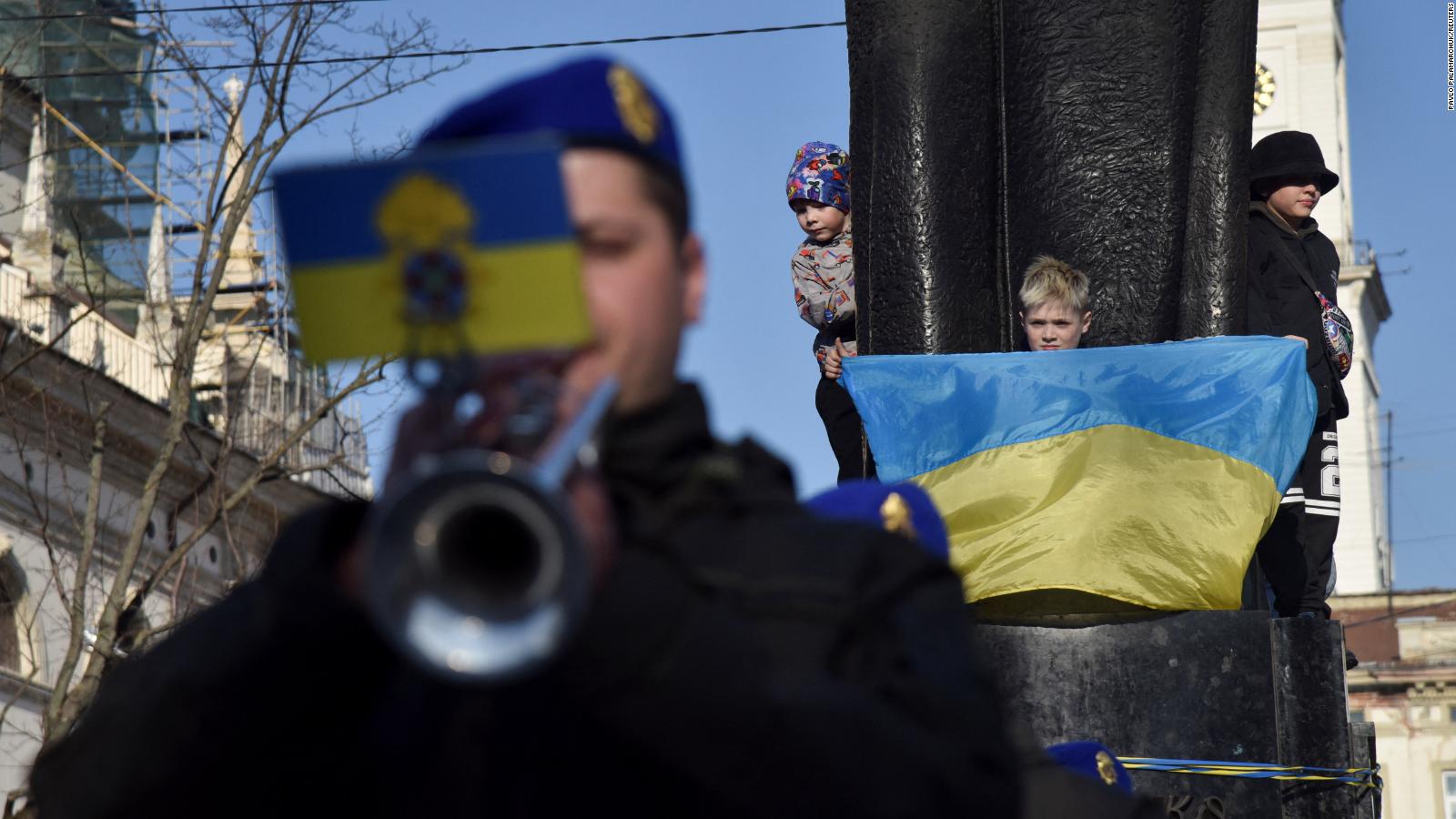
Photos: Russia invades Ukraine
A child holds a Ukrainian flag in front of the Taras Shevchenko monument as members of the Ukrainian National Guard band perform in Lviv on March 24.
Hide Caption
90 of 247
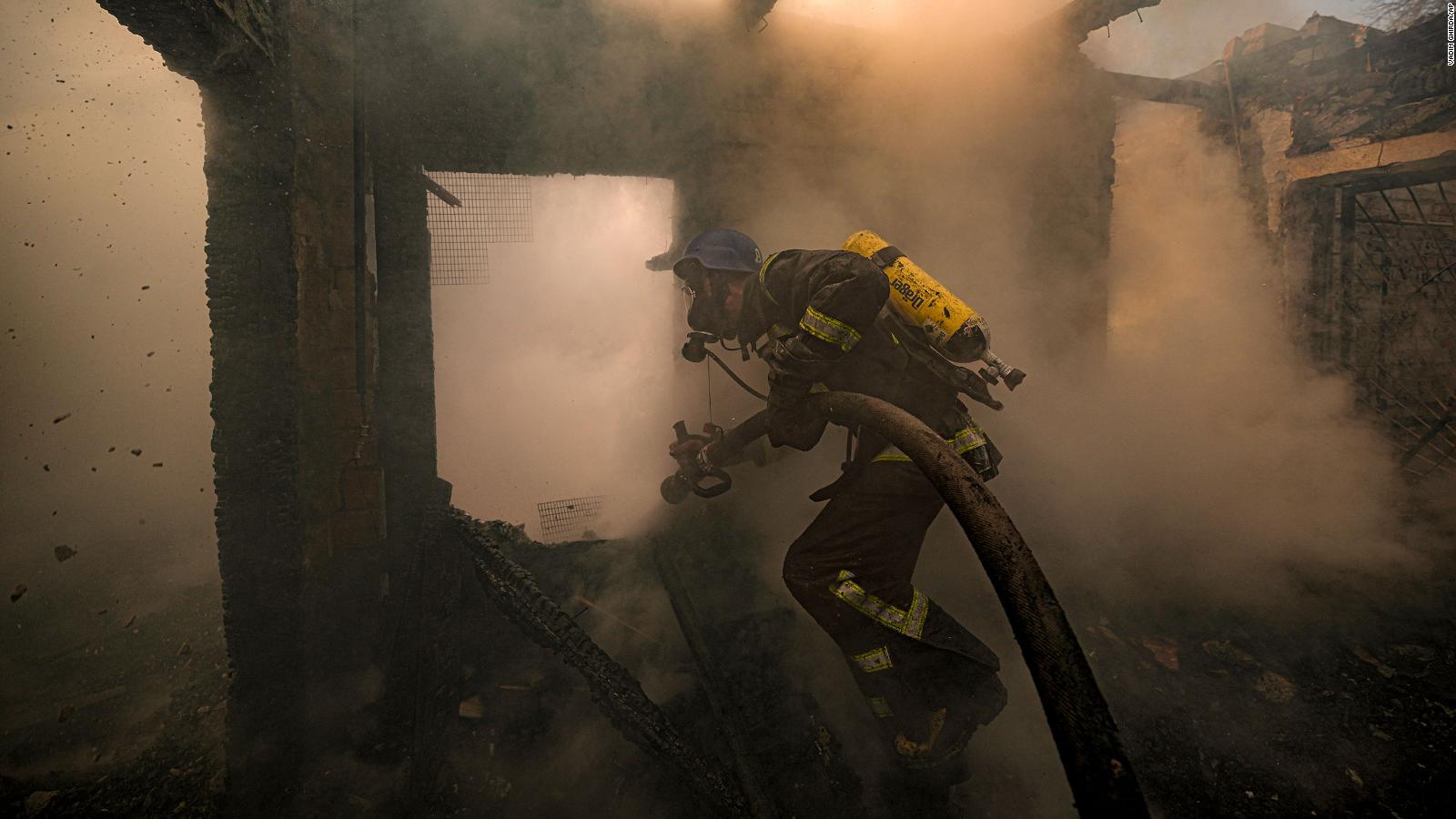
Photos: Russia invades Ukraine
A firefighter sprays water inside a house that was destroyed by shelling in Kyiv on March 23.
Hide Caption
91 of 247
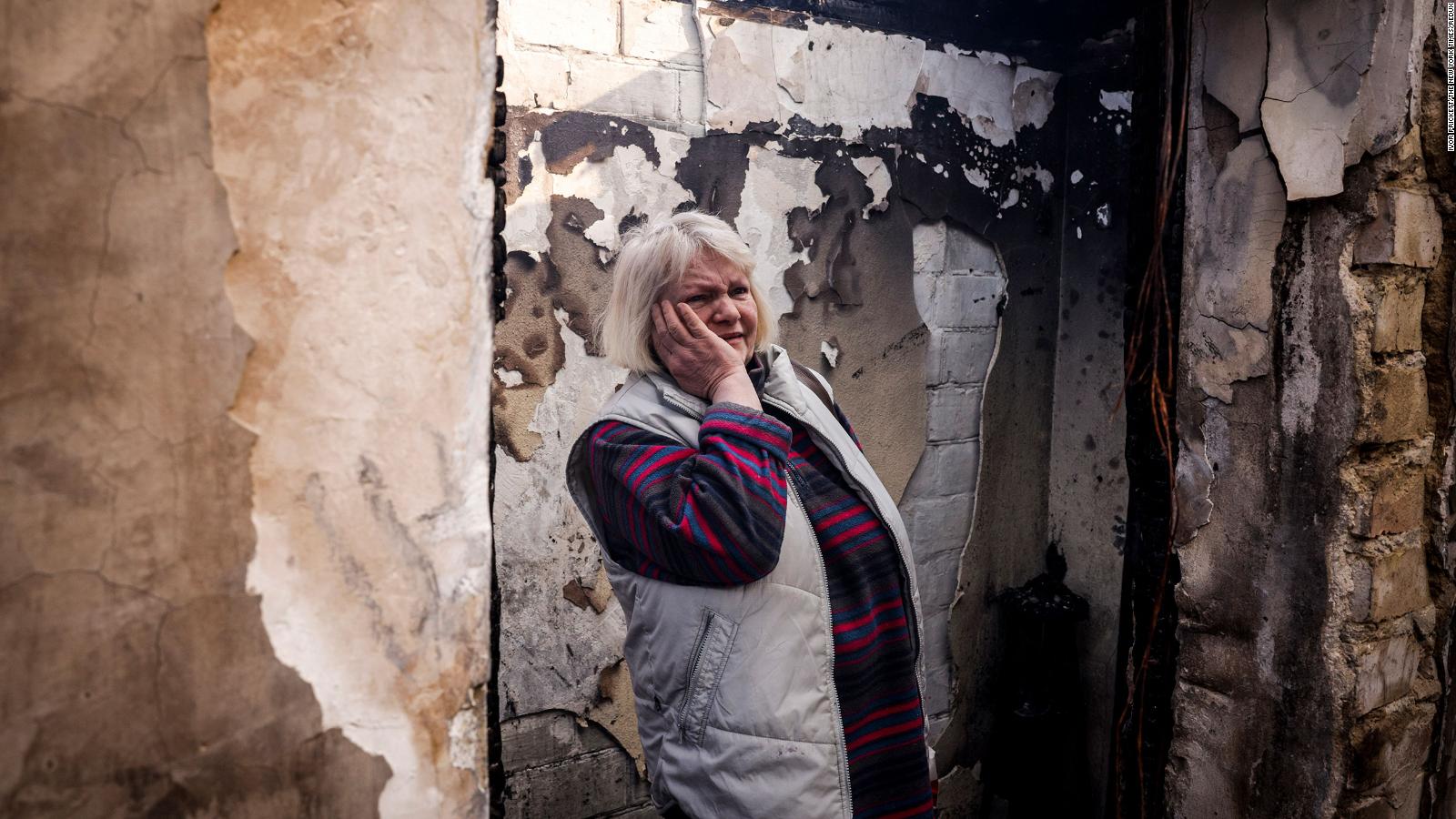
Photos: Russia invades Ukraine
Svetlana Ilyuhina looks at the wreckage of her home in Kyiv following a Russian rocket attack on March 23. "First there was smoke, and then everything went black," she said.
Hide Caption
92 of 247
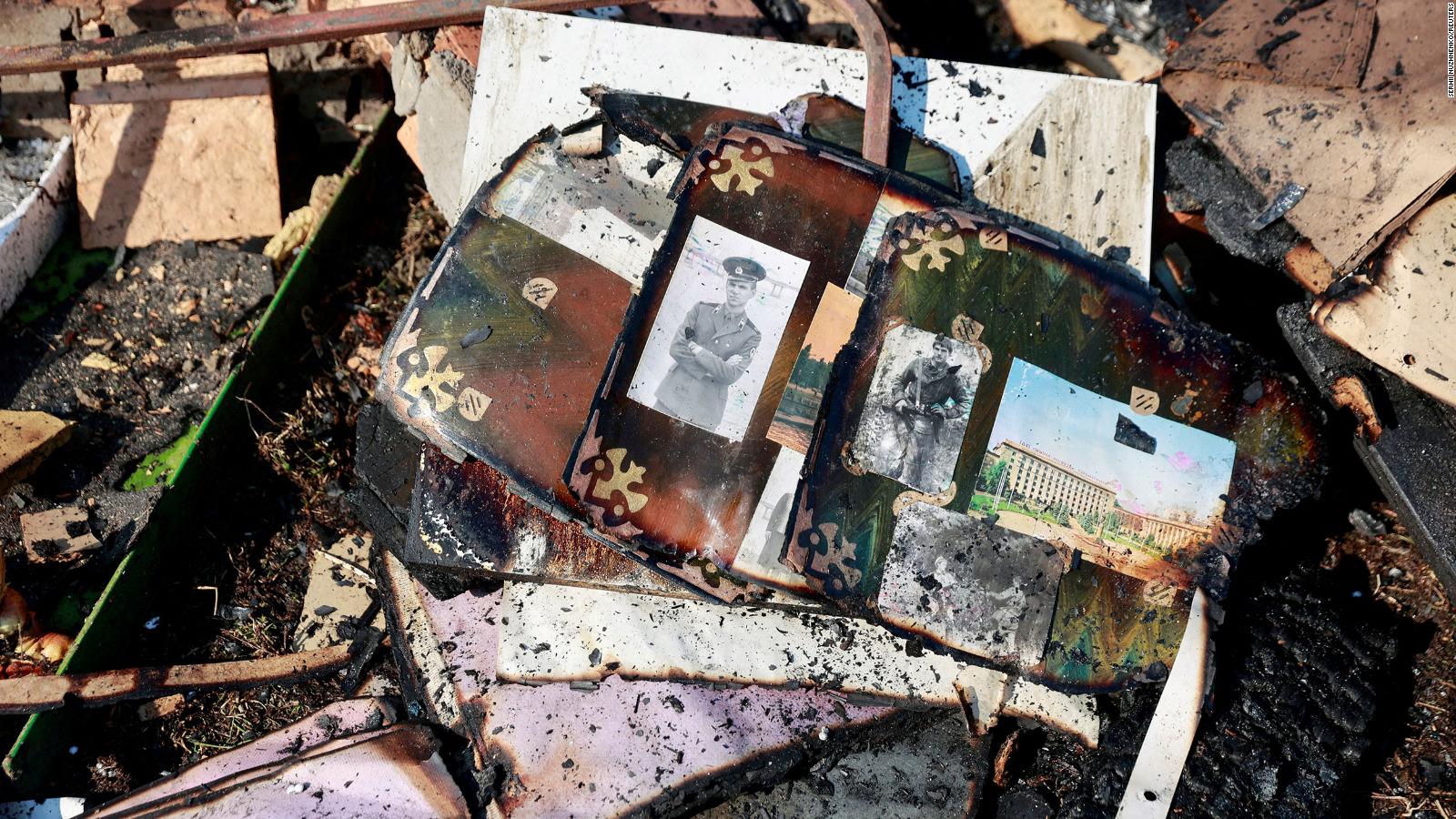
Photos: Russia invades Ukraine
Pictures lie amid the rubble of a house in Kyiv on March 23.
Hide Caption
93 of 247
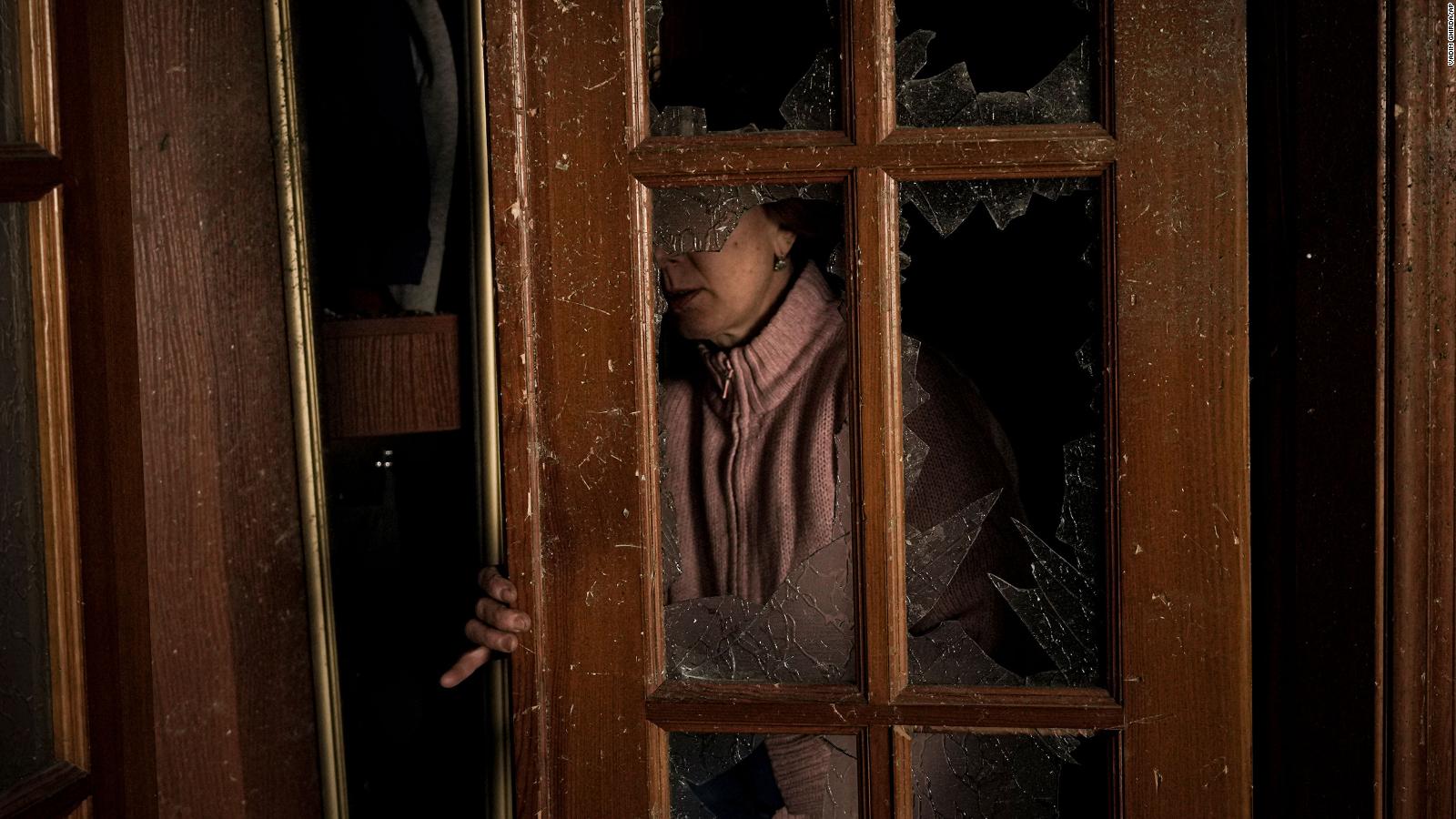
Photos: Russia invades Ukraine
A woman cleans up a room March 21 in a building that was damaged by bombing in Kyiv.
Hide Caption
94 of 247
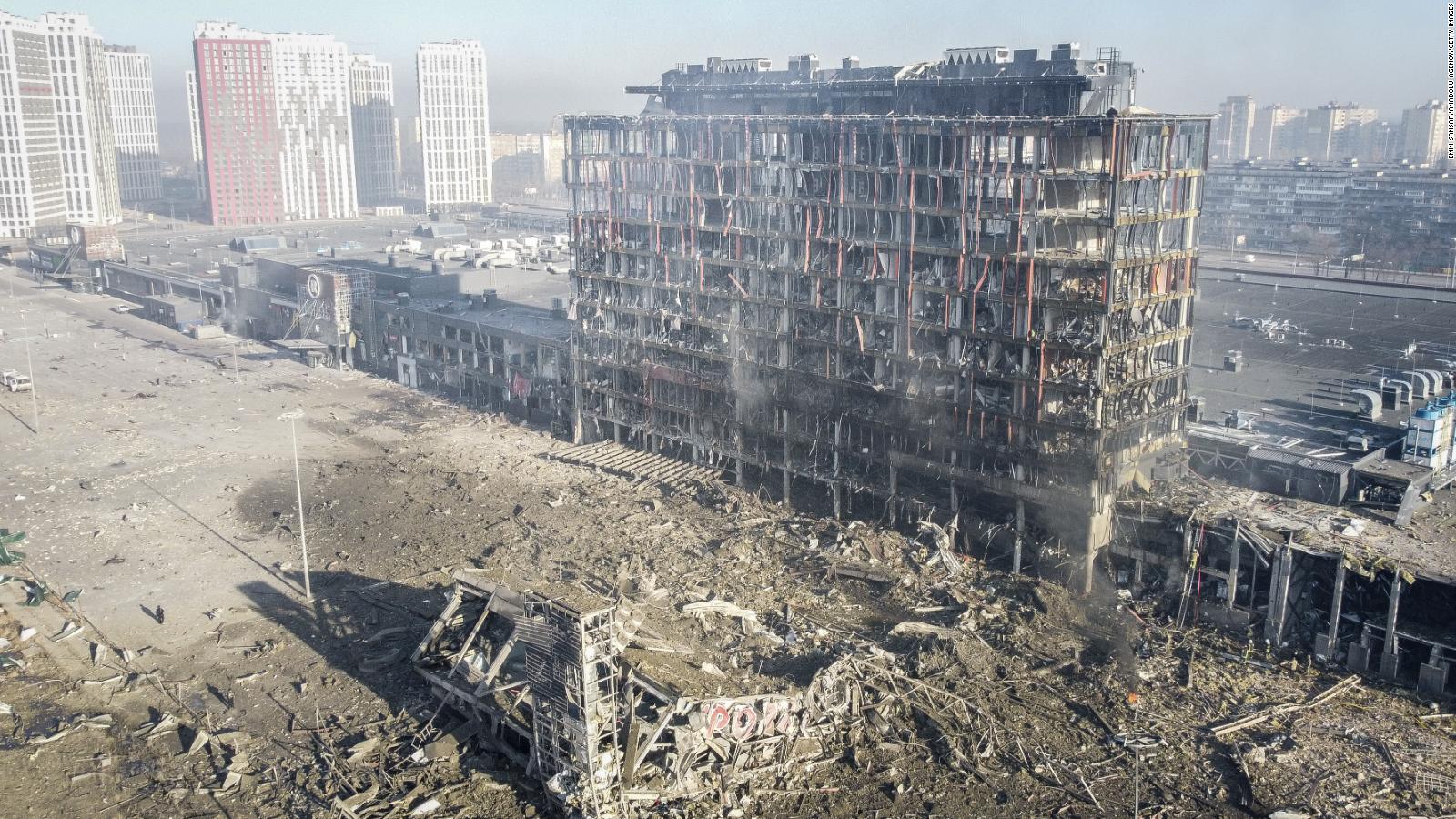
Photos: Russia invades Ukraine
The Retroville shopping mall is seen in Kyiv after Russian shelling on March 21.
Hide Caption
95 of 247

Photos: Russia invades Ukraine
People share dinner and sing "Happy Birthday" during a celebration in Kyiv on March 20. This studio space has turned into a bomb shelter for approximately 25 artists who are volunteering to help the war effort.
Hide Caption
96 of 247
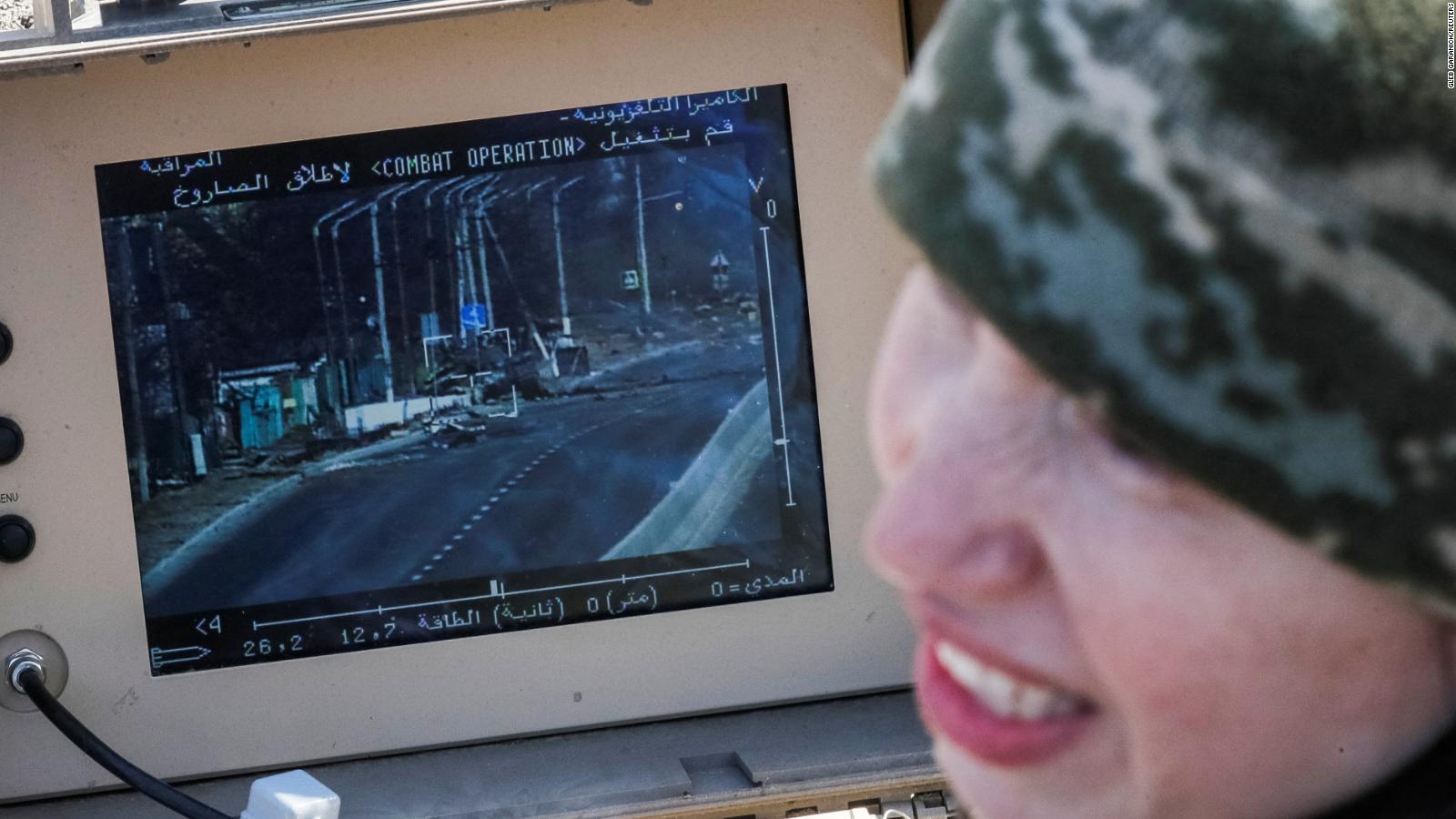
Photos: Russia invades Ukraine
Former Ukrainian Parliament member Tetiana Chornovol, now a service member and operator of an anti-tank guided missile system, examines a Russian tank she destroyed in a recent battle in the Kyiv region.
Hide Caption
97 of 247
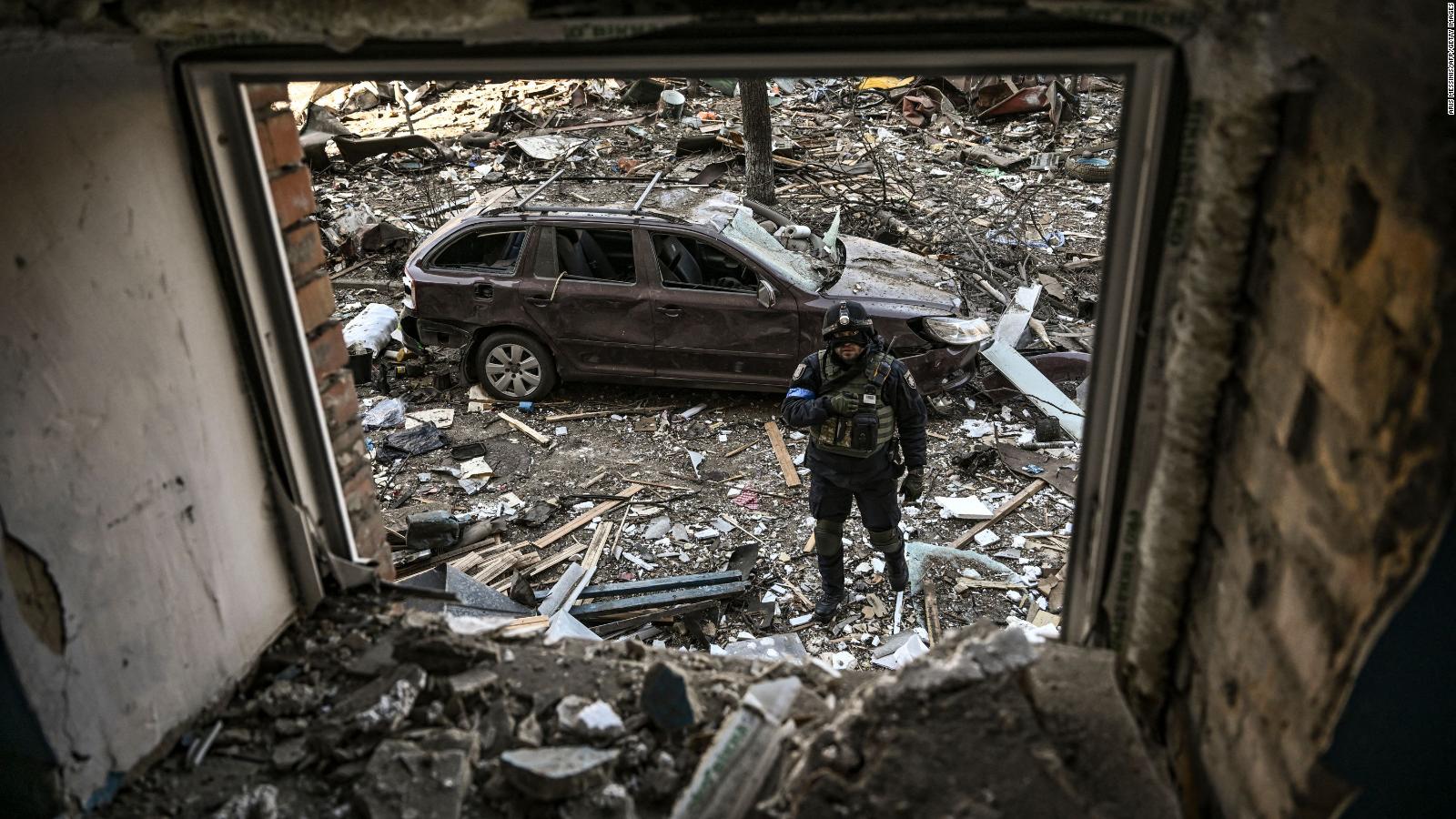
Photos: Russia invades Ukraine
A Ukrainian serviceman stands among debris after shelling in a residential area in Kyiv on March 18.
Hide Caption
98 of 247
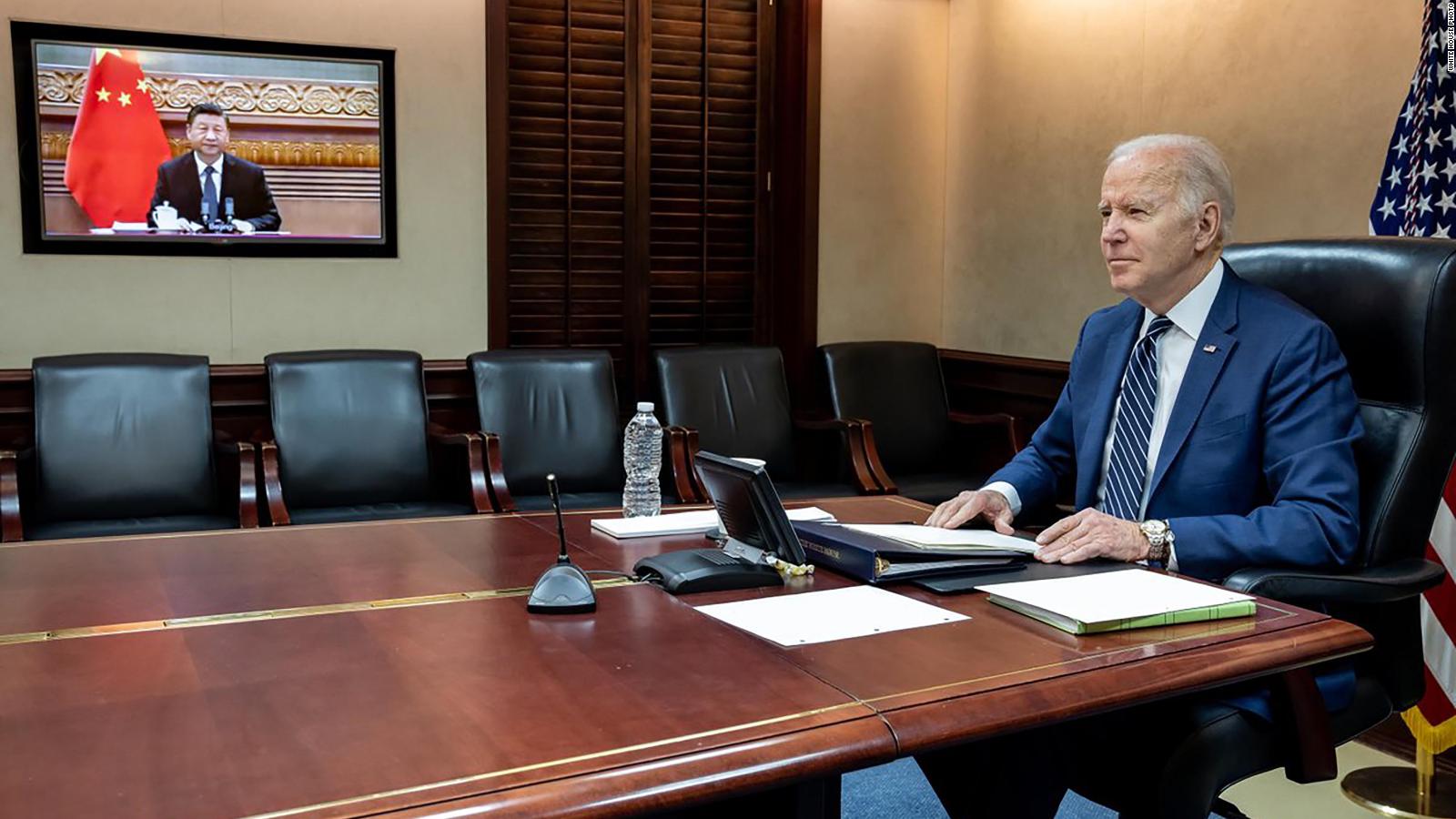
Photos: Russia invades Ukraine
US President Joe Biden holds a virtual meeting with Chinese President Xi Jinping in this photo that was released by the White House on March 18. Biden sought to use the 110-minute call to dissuade Xi from assisting Russia in its war on Ukraine.
Hide Caption
99 of 247
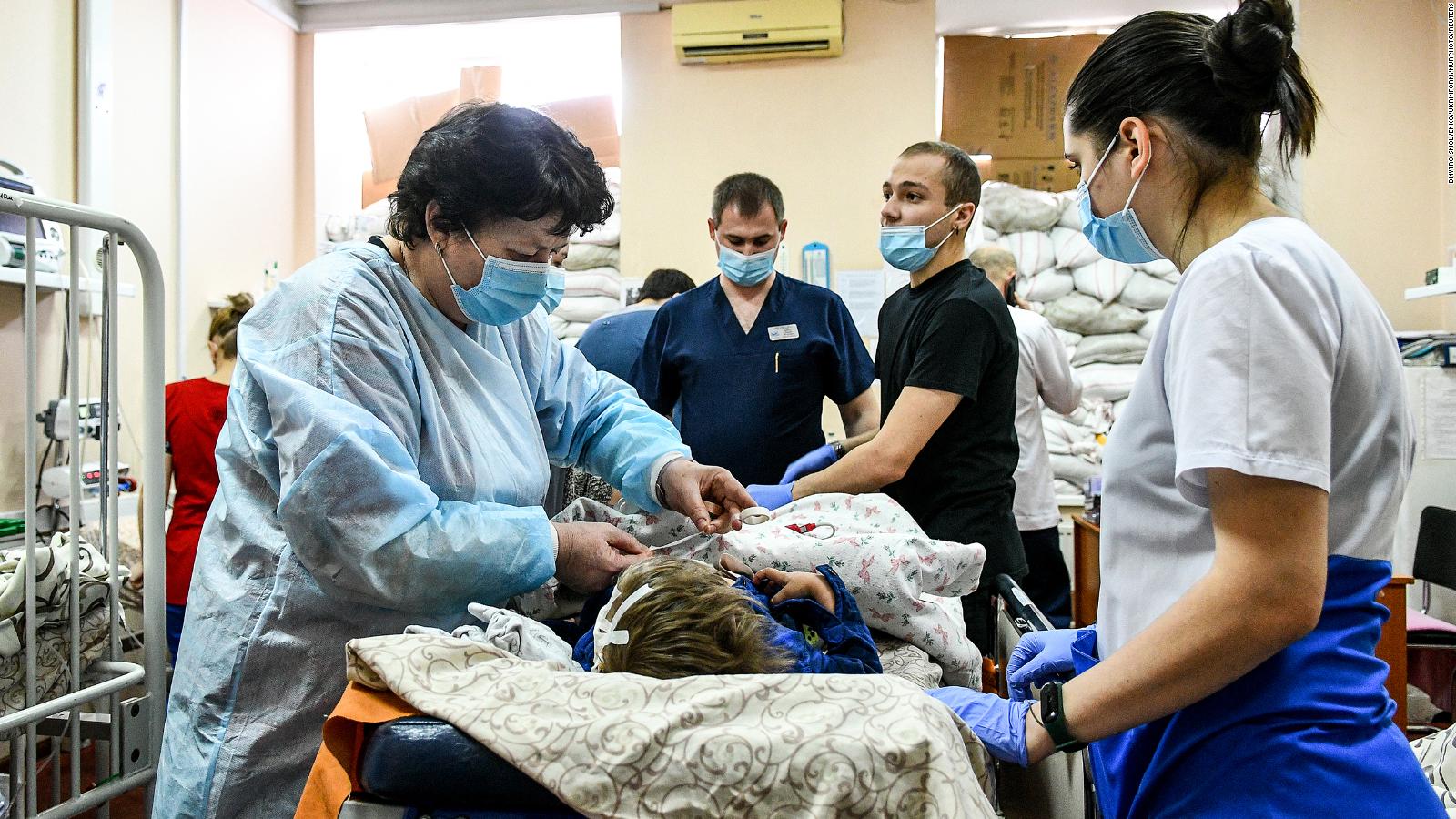
Photos: Russia invades Ukraine
Staff members attend to a child at a children's hospital in Zaporizhzhia on March 18.
Hide Caption
100 of 247
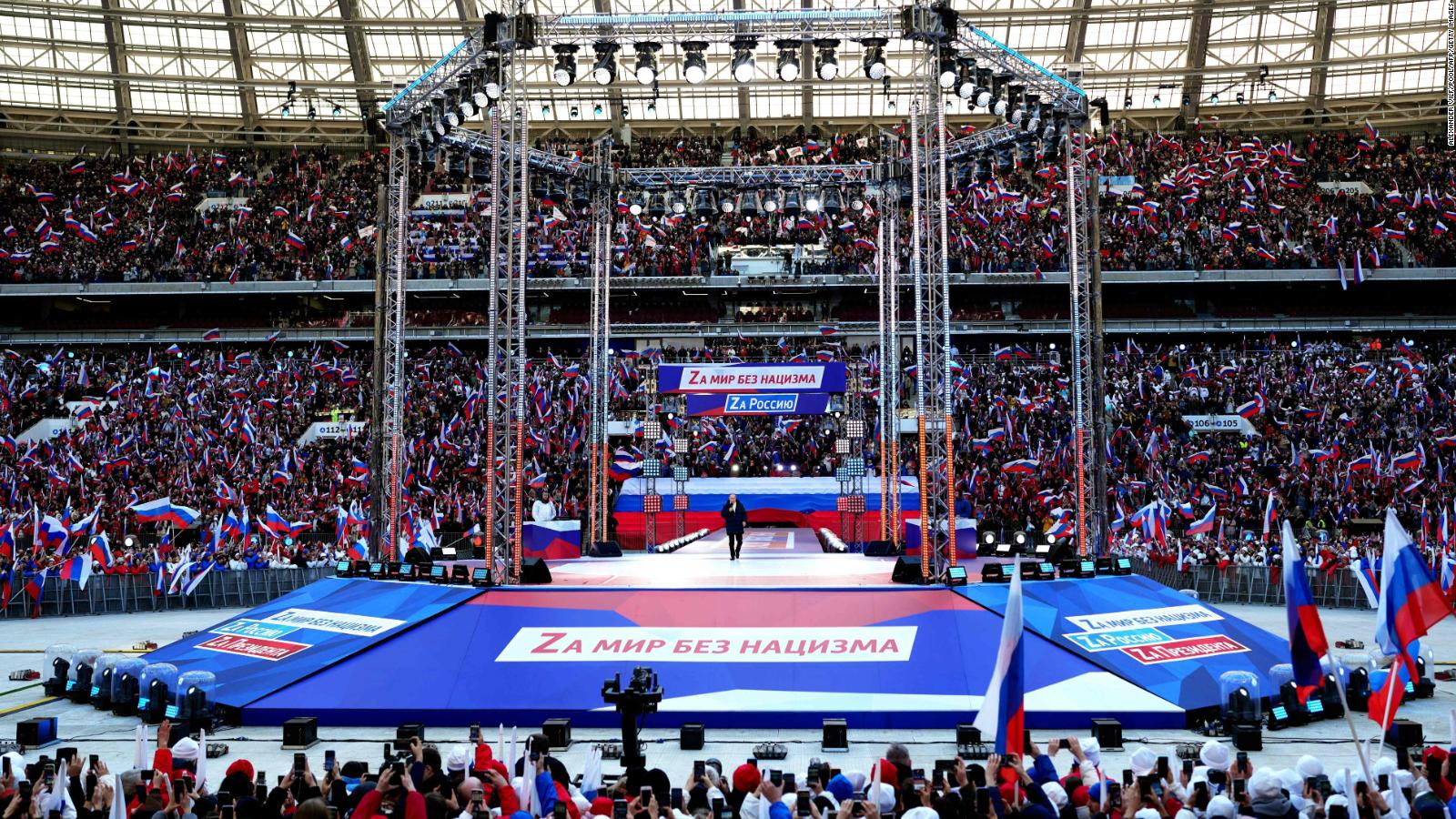
Photos: Russia invades Ukraine
Russian President Vladimir Putin attends a rally at a stadium in Moscow on March 18. Speaking from a stage in front of a banner that read "for a world without Nazism," Putin said Russia "will definitely implement all our plans" in Ukraine. He insisted that national unity was the strongest in a long time, even as many people flee Russia or protest against war in the streets. State workers were told by authorities to attend the celebration, which commemorated the eighth year of Russia's annexation of Crimea.
Hide Caption
101 of 247
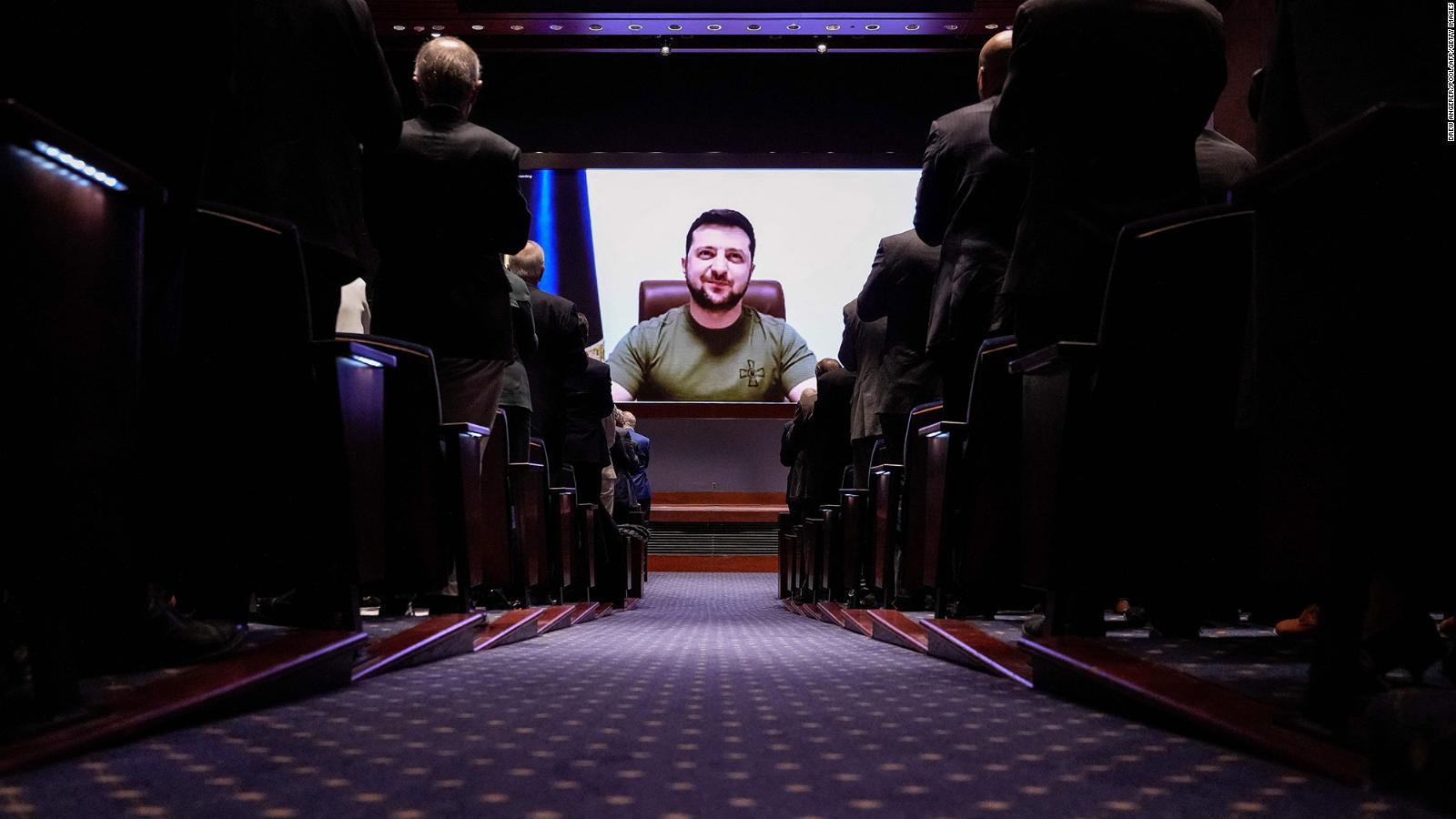
Photos: Russia invades Ukraine
Ukrainian President Volodymyr Zelensky receives a standing ovation as he virtually addresses the US Congress on March 16. The historic speech occurred as the United States is under pressure to provide more military assistance to the embattled country.
Hide Caption
102 of 247
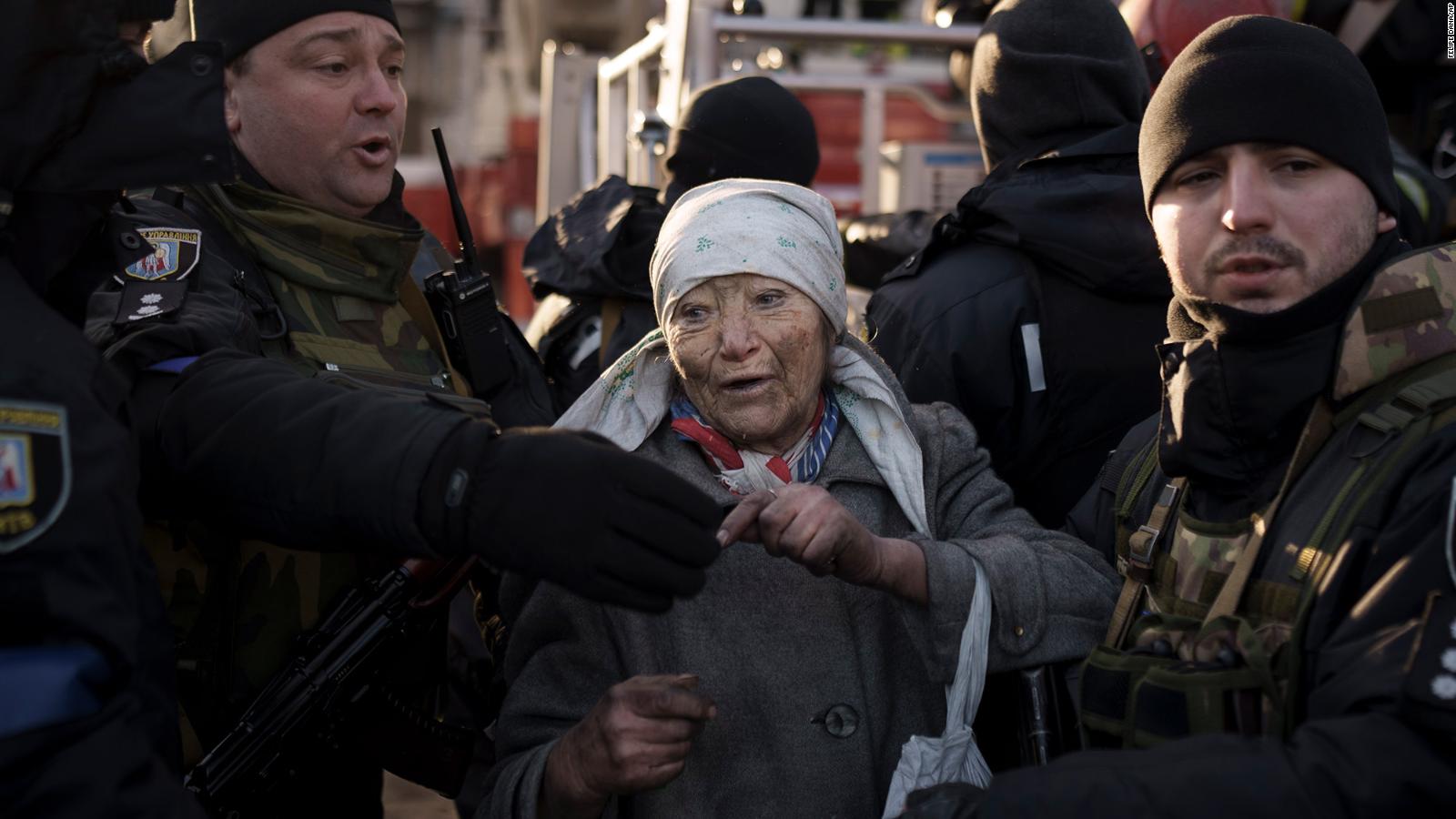
Photos: Russia invades Ukraine
An elderly woman is helped by police officers after she was rescued from an apartment that was hit by shelling in Kyiv on March 15.
Hide Caption
103 of 247
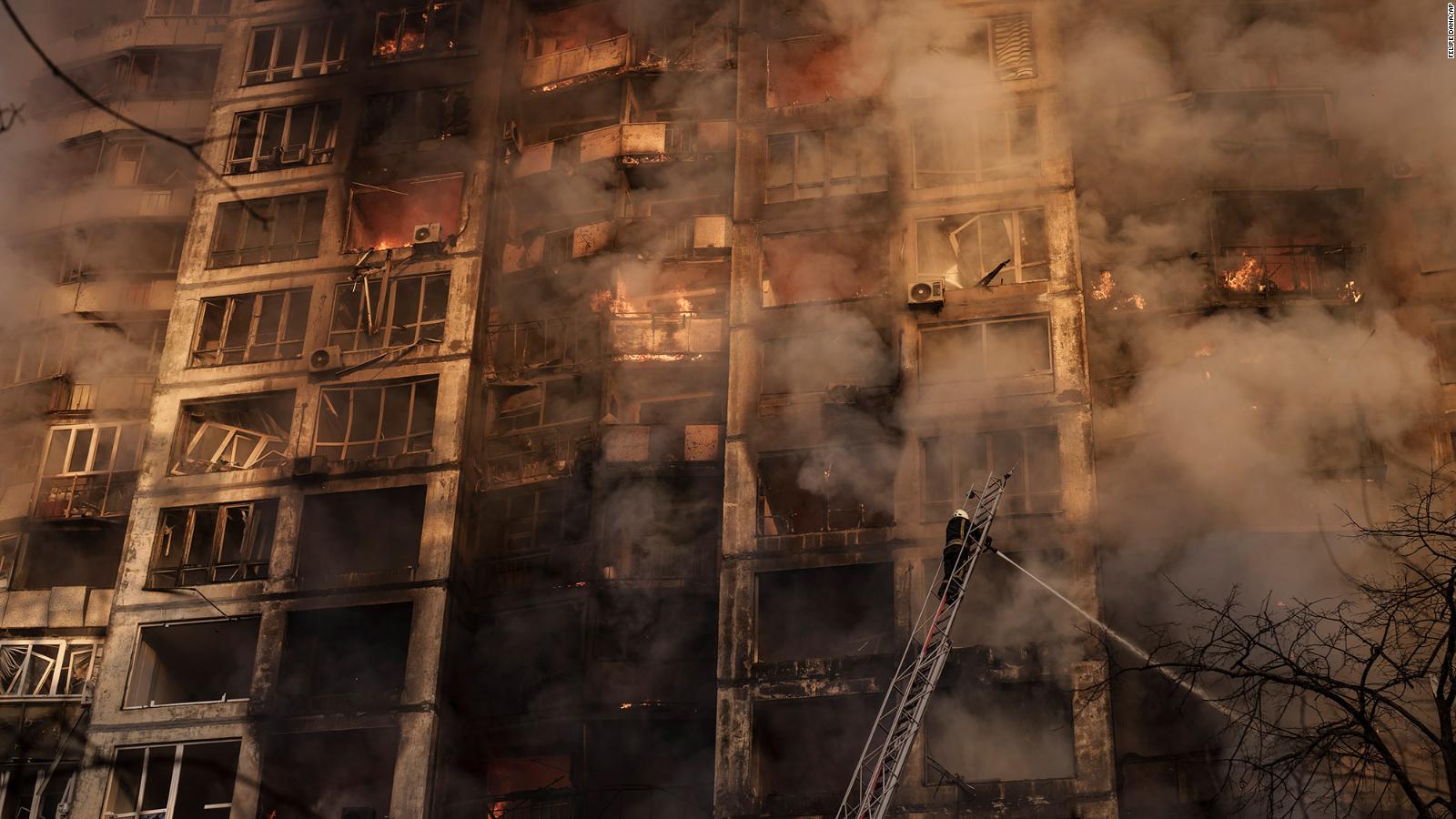
Photos: Russia invades Ukraine
Firefighters work to extinguish flames at an apartment building in Kyiv on March 15.
Hide Caption
104 of 247
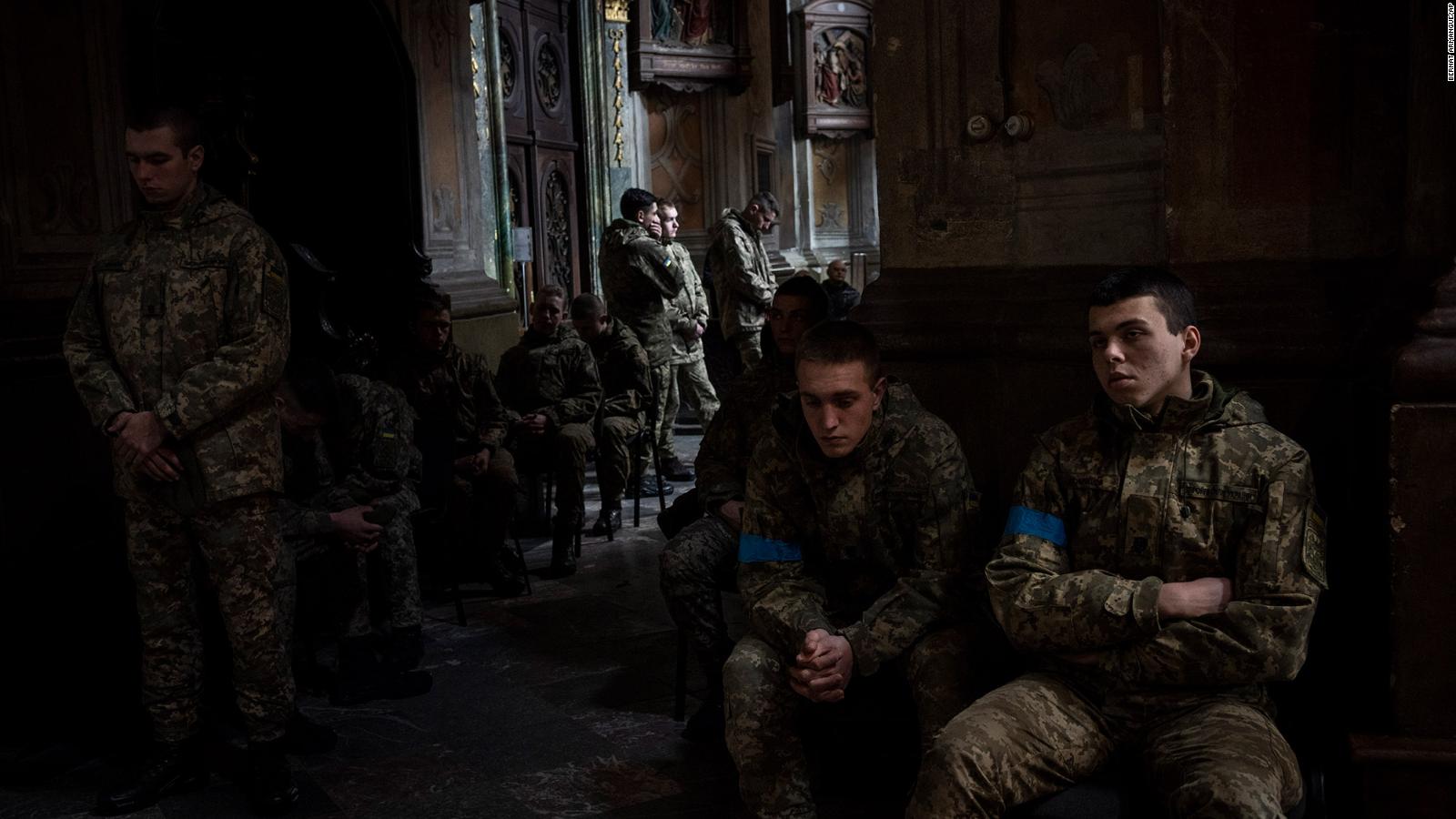
Photos: Russia invades Ukraine
Military cadets attend a funeral ceremony at a church in Lviv on March 15. The funeral was for four of the Ukrainian servicemen who were killed during an airstrike on the Yavoriv military base near the Polish border. Local authorities say 35 people were killed.
Hide Caption
105 of 247
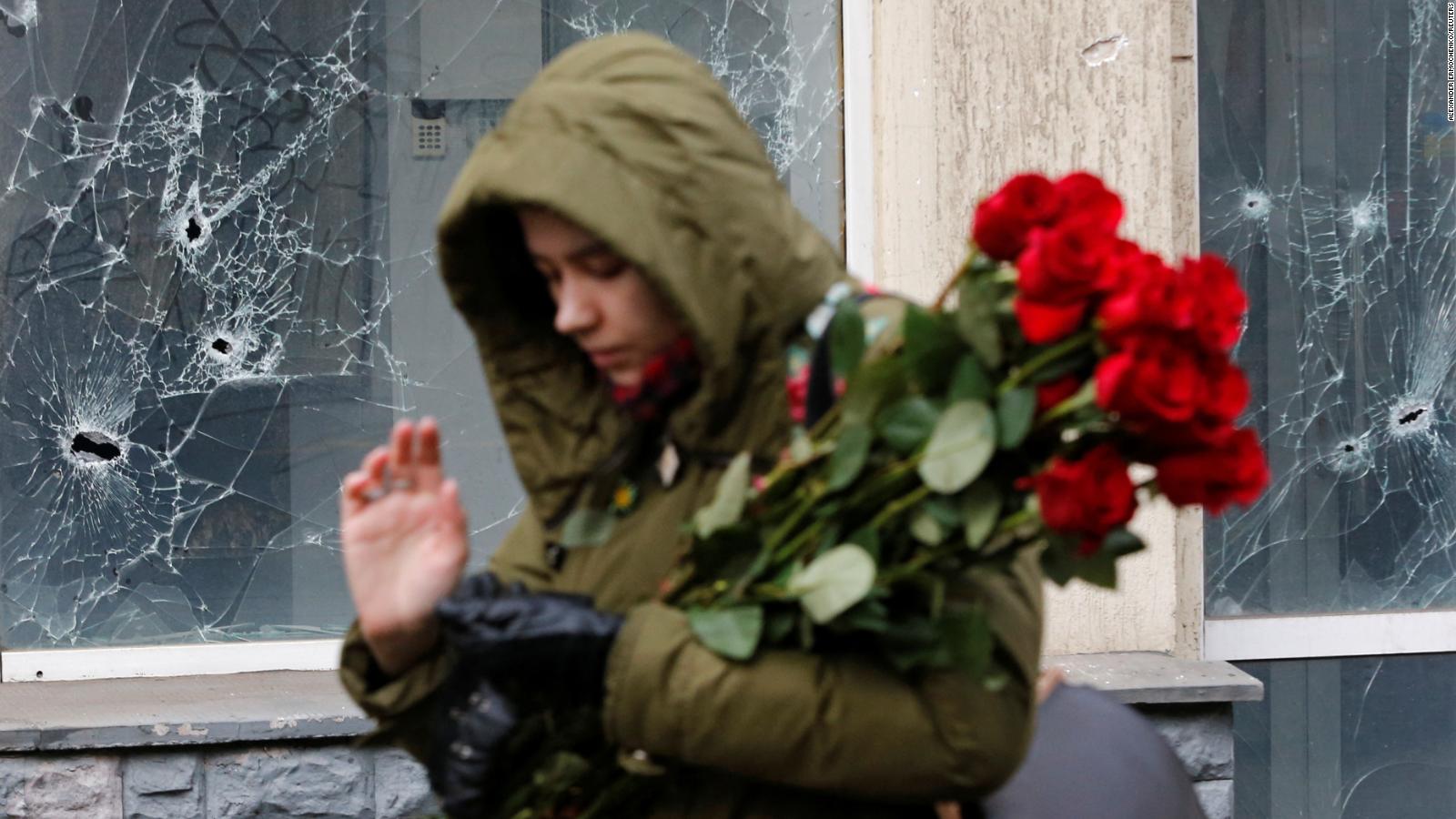
Photos: Russia invades Ukraine
A woman walks past a damaged window to lay flowers at a makeshift memorial for victims in Donetsk, Ukraine, on March 15.
Hide Caption
106 of 247
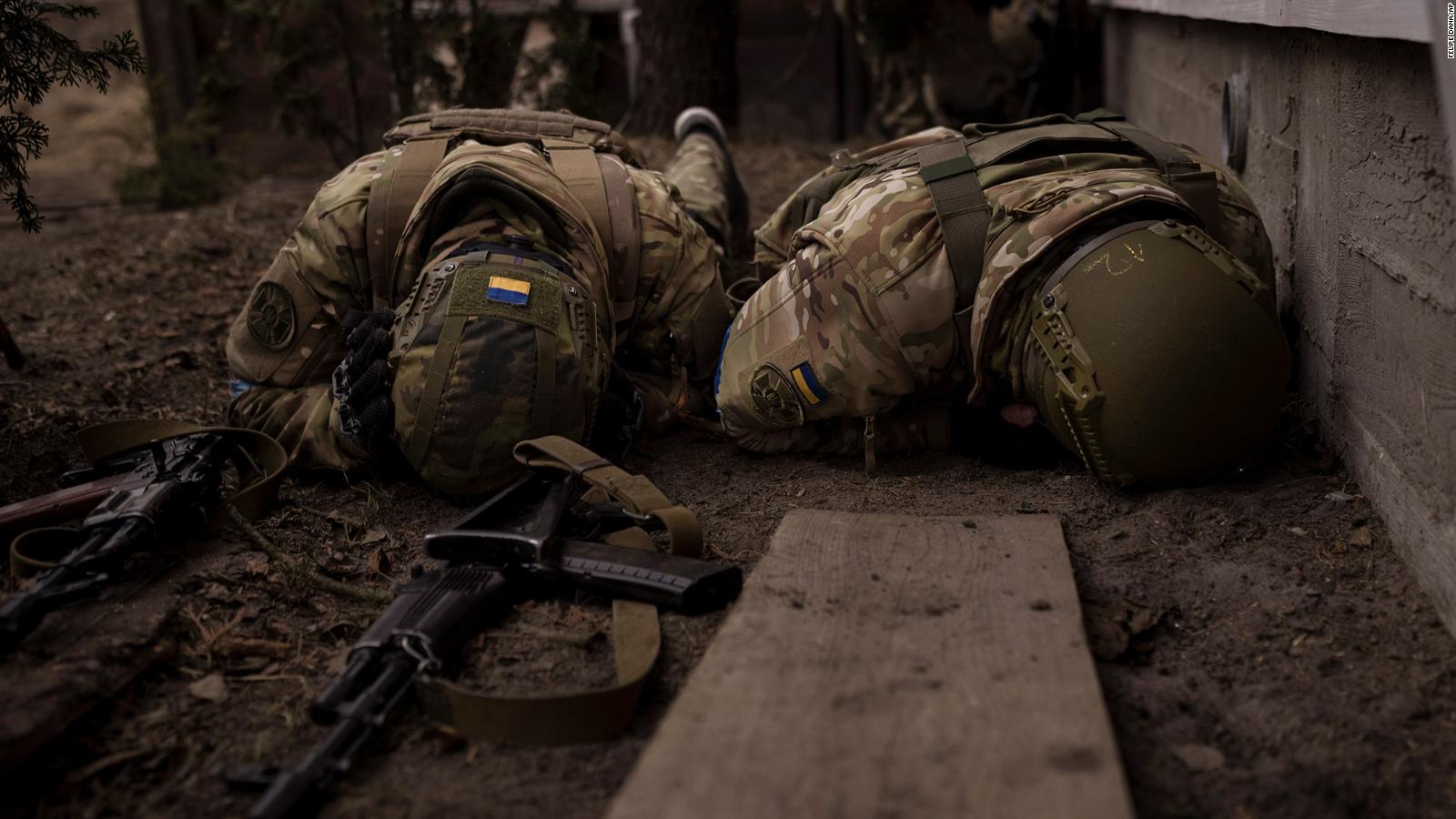
Photos: Russia invades Ukraine
Ukrainian soldiers take cover from incoming artillery fire in Irpin, Ukraine, on March 13.
Hide Caption
107 of 247
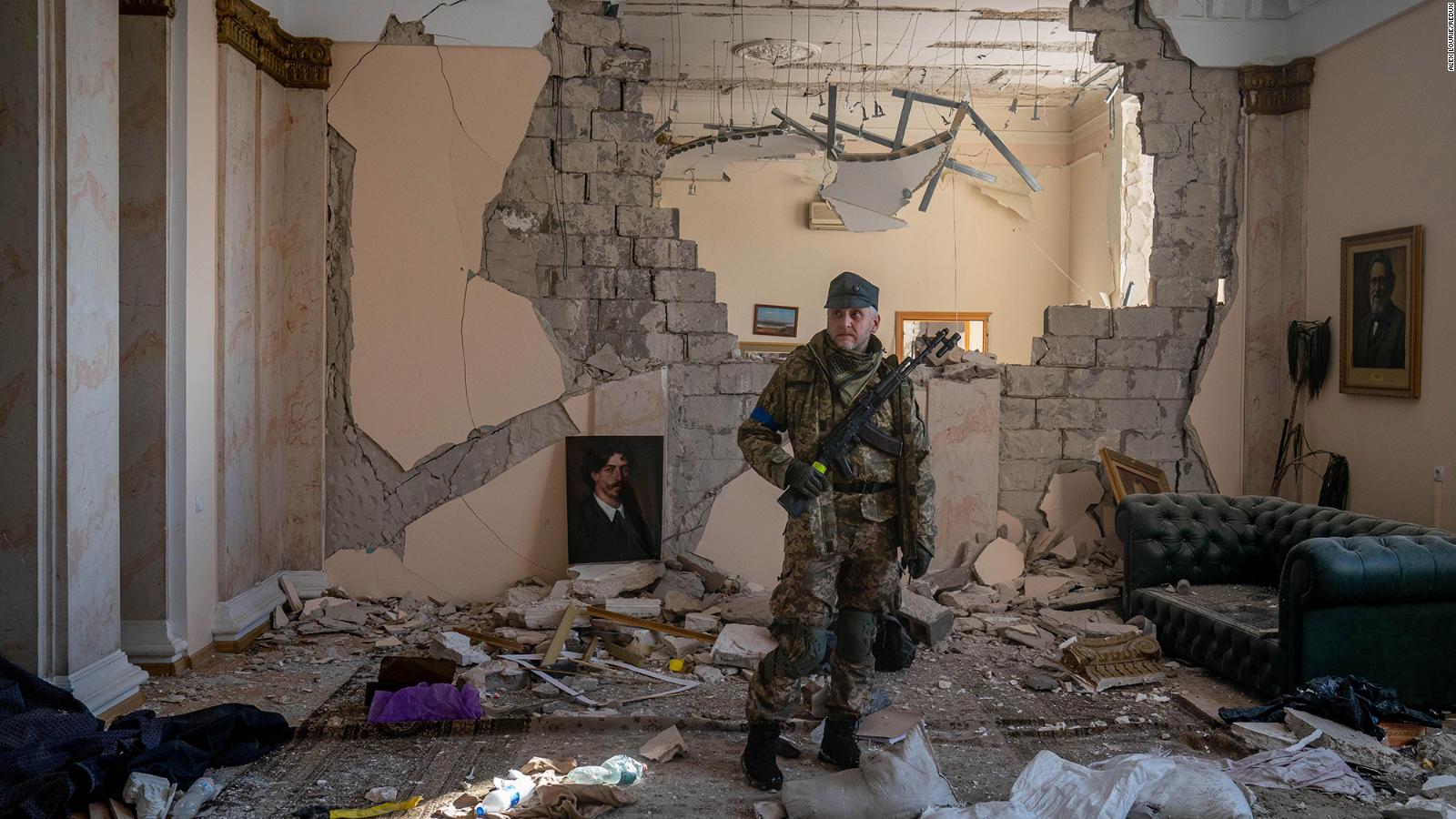
Photos: Russia invades Ukraine
A Ukrainian soldier surveys a destroyed government building in Kharkiv on March 13.
Hide Caption
108 of 247

Photos: Russia invades Ukraine
A mother and son rest in Lviv, Ukraine, while waiting to board a train to Poland on March 12.
Hide Caption
109 of 247
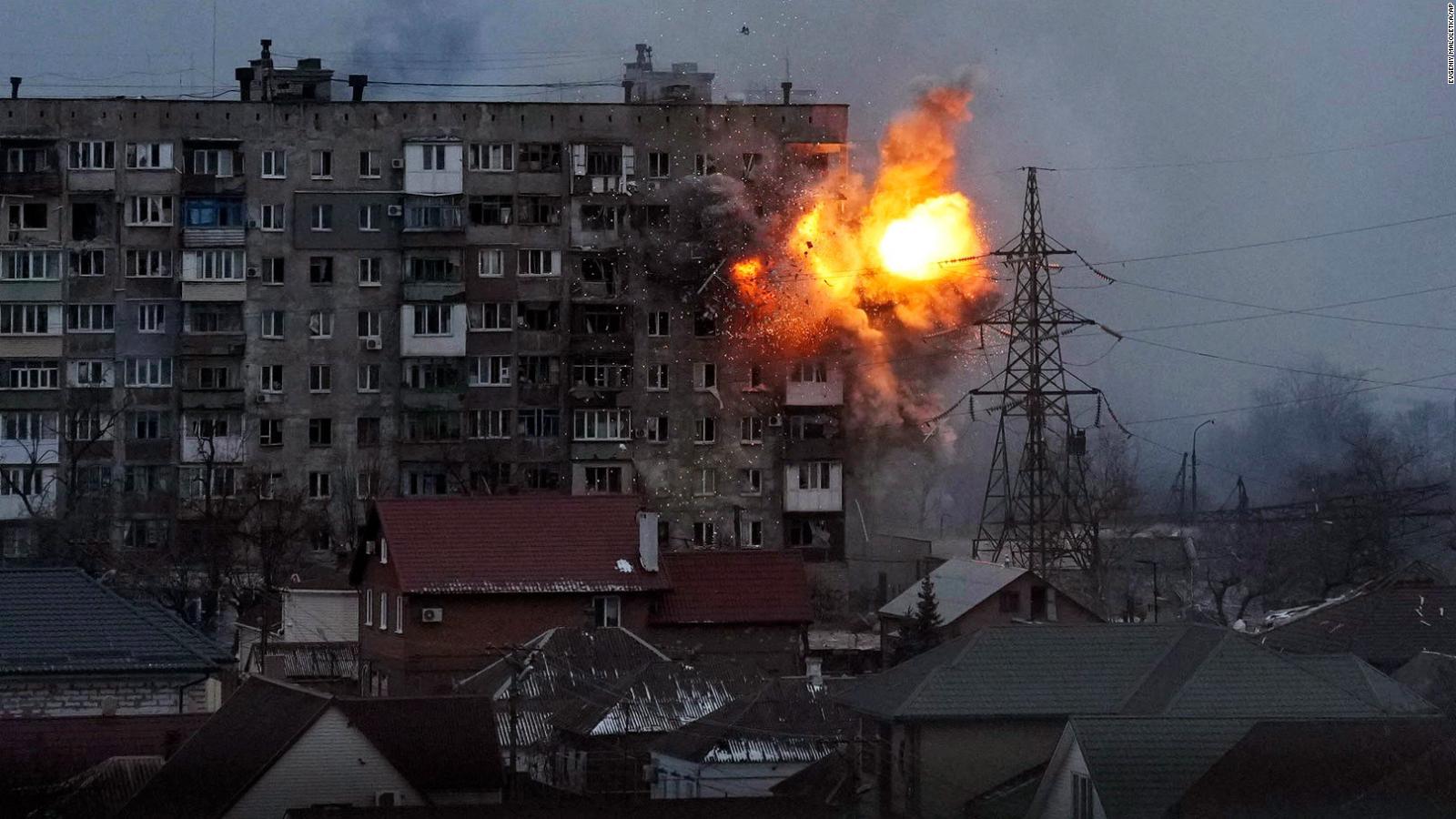
Photos: Russia invades Ukraine
An explosion is seen at an apartment building in Mariupol on March 11. The city in southeastern Ukraine has been besieged by Russian forces.
Hide Caption
110 of 247
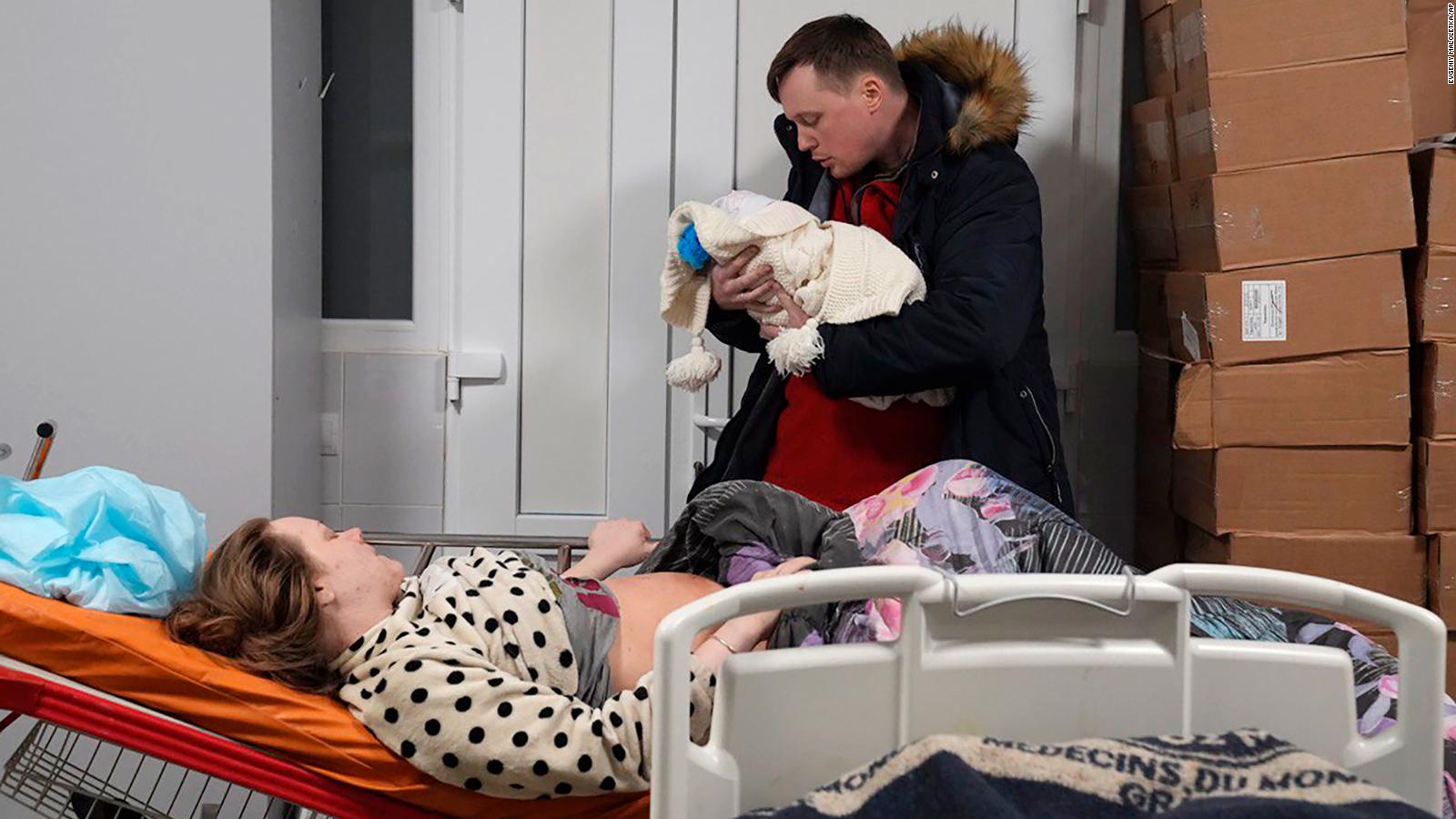
Photos: Russia invades Ukraine
Mariana Vishegirskaya's husband, Yuri, holds their newborn daughter, Veronika, at a hospital in Mariupol on March 11. Vishegirskaya survived the maternity hospital bombing in the city earlier in the week.
Hide Caption
111 of 247
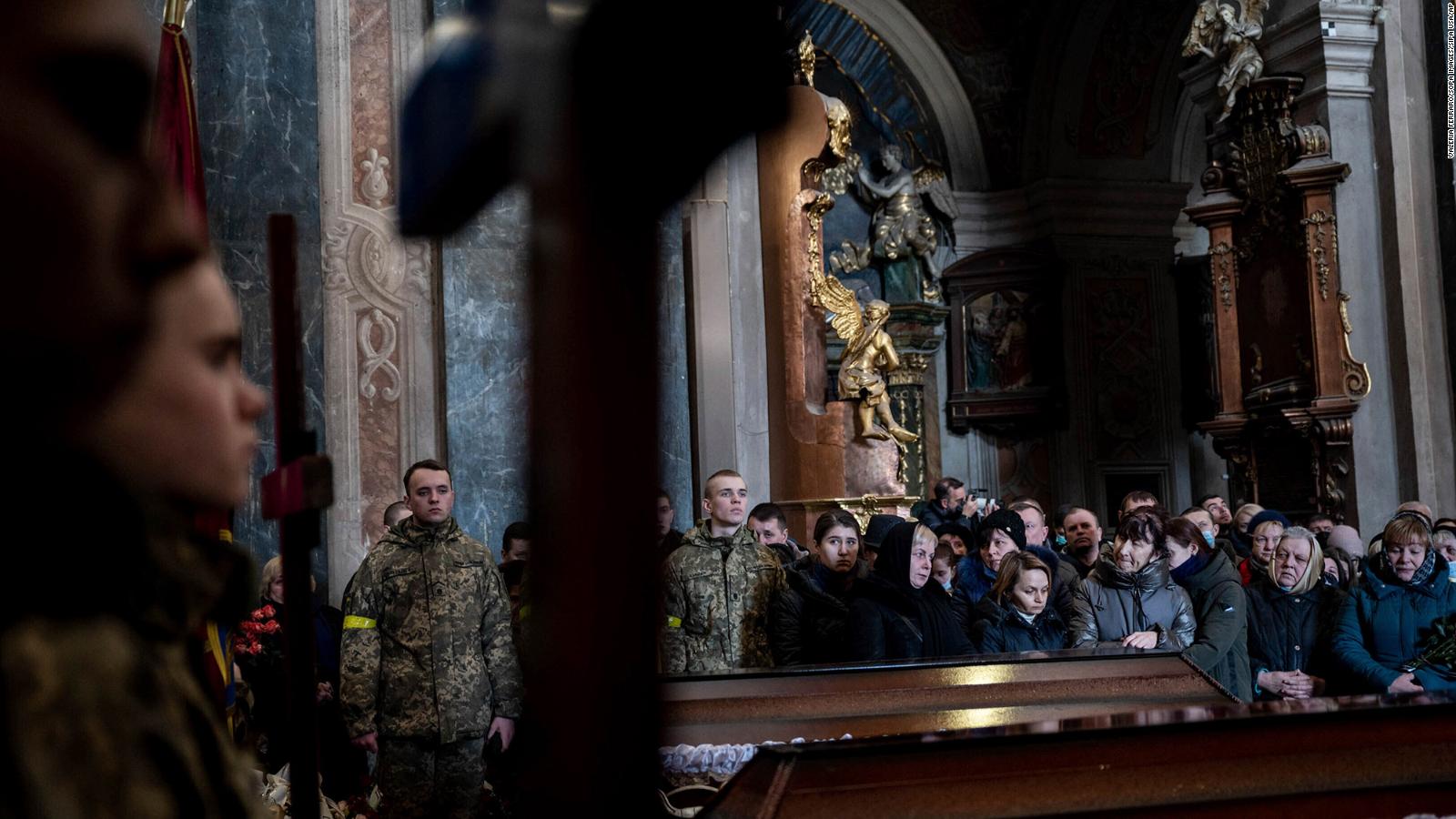
Photos: Russia invades Ukraine
People pay their respects during a funeral service for three Ukrainian soldiers in Lviv on March 11. Senior Soldier Andrii Stefanyshyn, 39; Senior Lt. Taras Didukh, 25; and Sgt. Dmytro Kabakov, 58, were laid to rest at the Saints Peter and Paul Garrison Church. Even in this sacred space, the sounds of war intruded: an air raid siren audible under the sound of prayer and weeping. Yet no one stirred. Residents are now inured to the near-daily warnings of an air attack.
Hide Caption
112 of 247
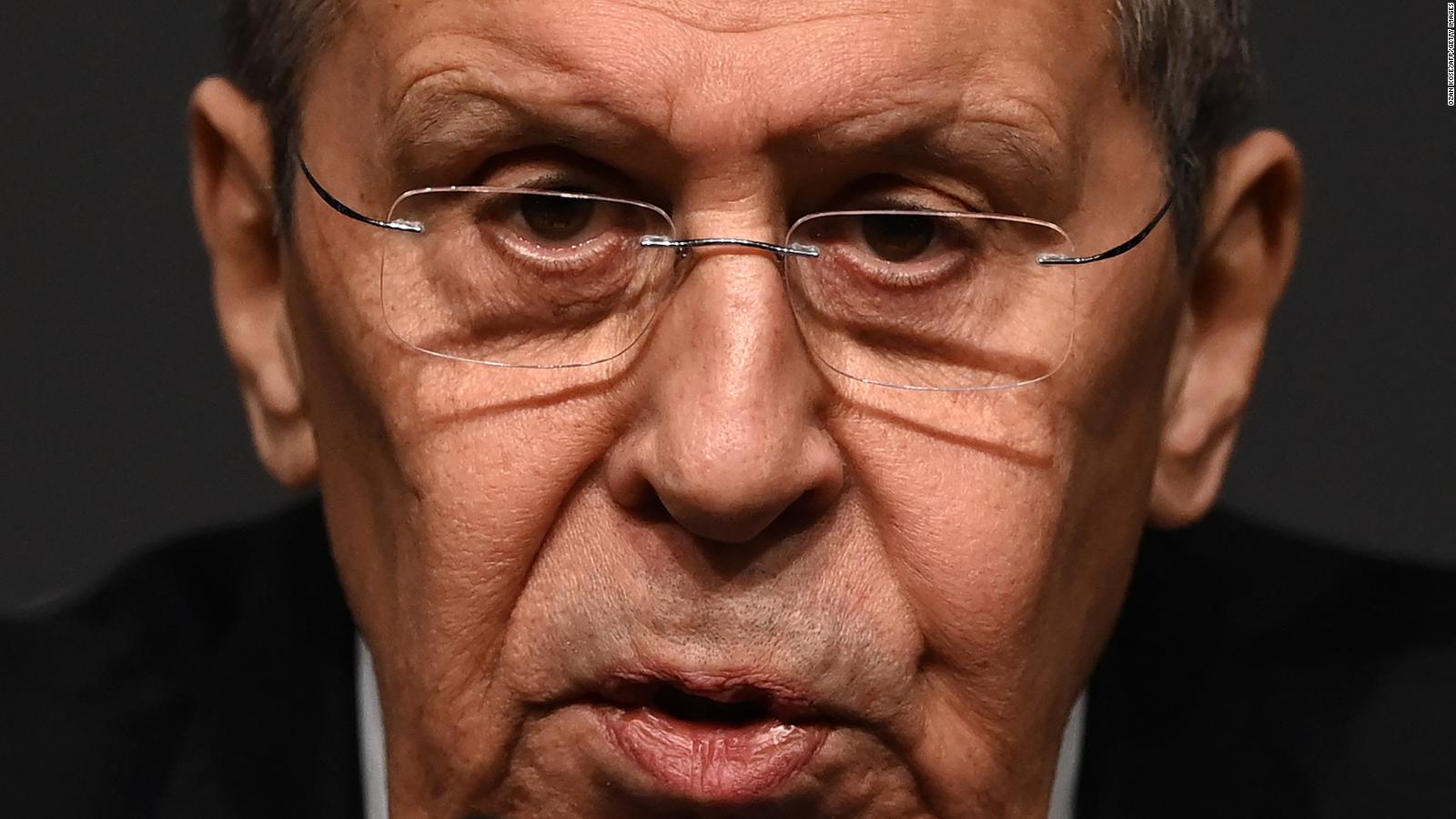
Photos: Russia invades Ukraine
Russian Foreign Minister Sergey Lavrov gives a news conference after meeting with Ukrainian Foreign Minister Dmytro Kuleba in Antalya, Turkey, on March 10. Two weeks into Russia's invasion of Ukraine, Lavrov falsely claimed that his country "did not attack" its neighbor.
Hide Caption
113 of 247
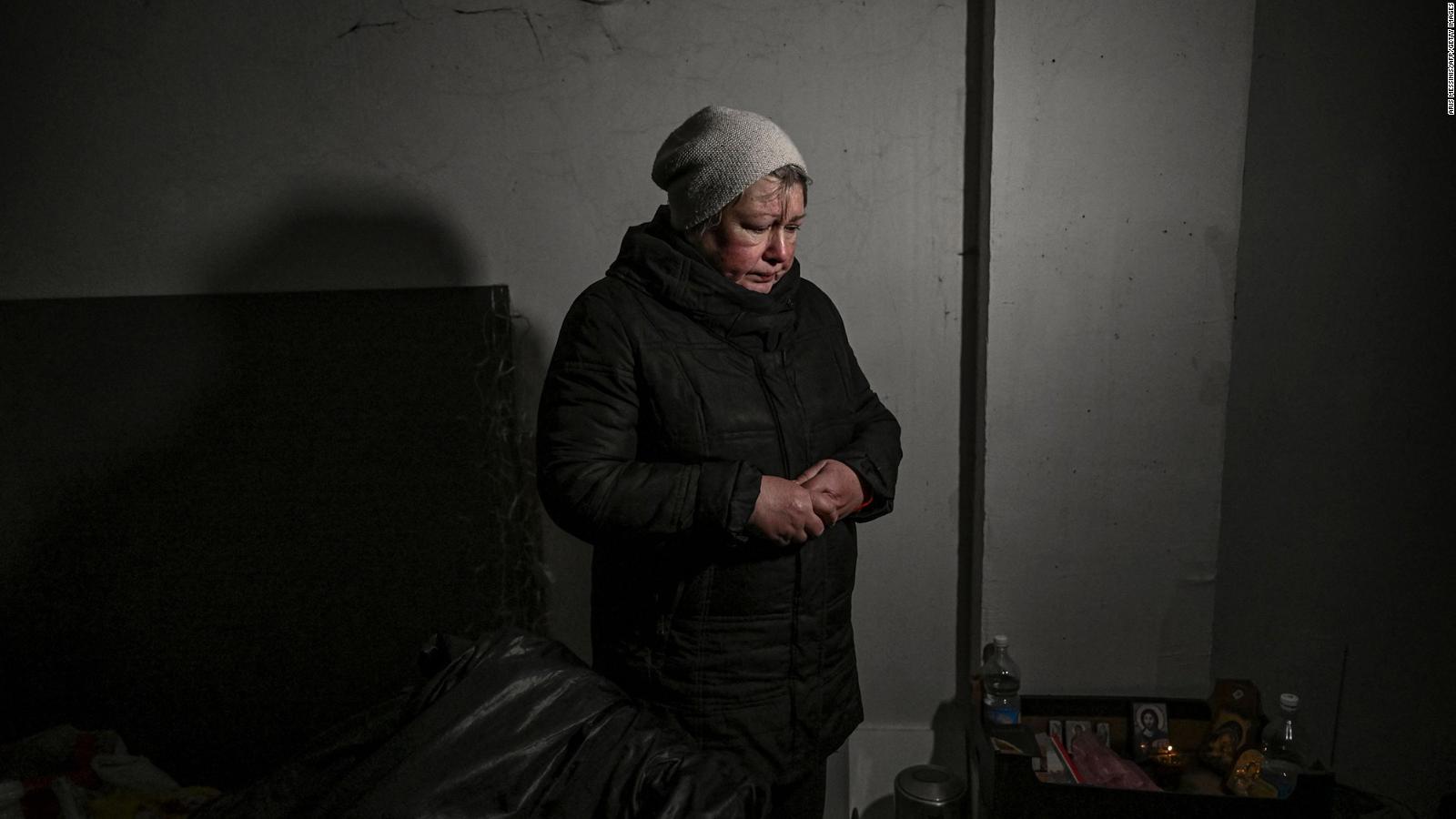
Photos: Russia invades Ukraine
A resident takes shelter in a basement in Irpin on March 10. Due to heavy fighting, Irpin has been without heat, water or electricity for several days.
Hide Caption
114 of 247
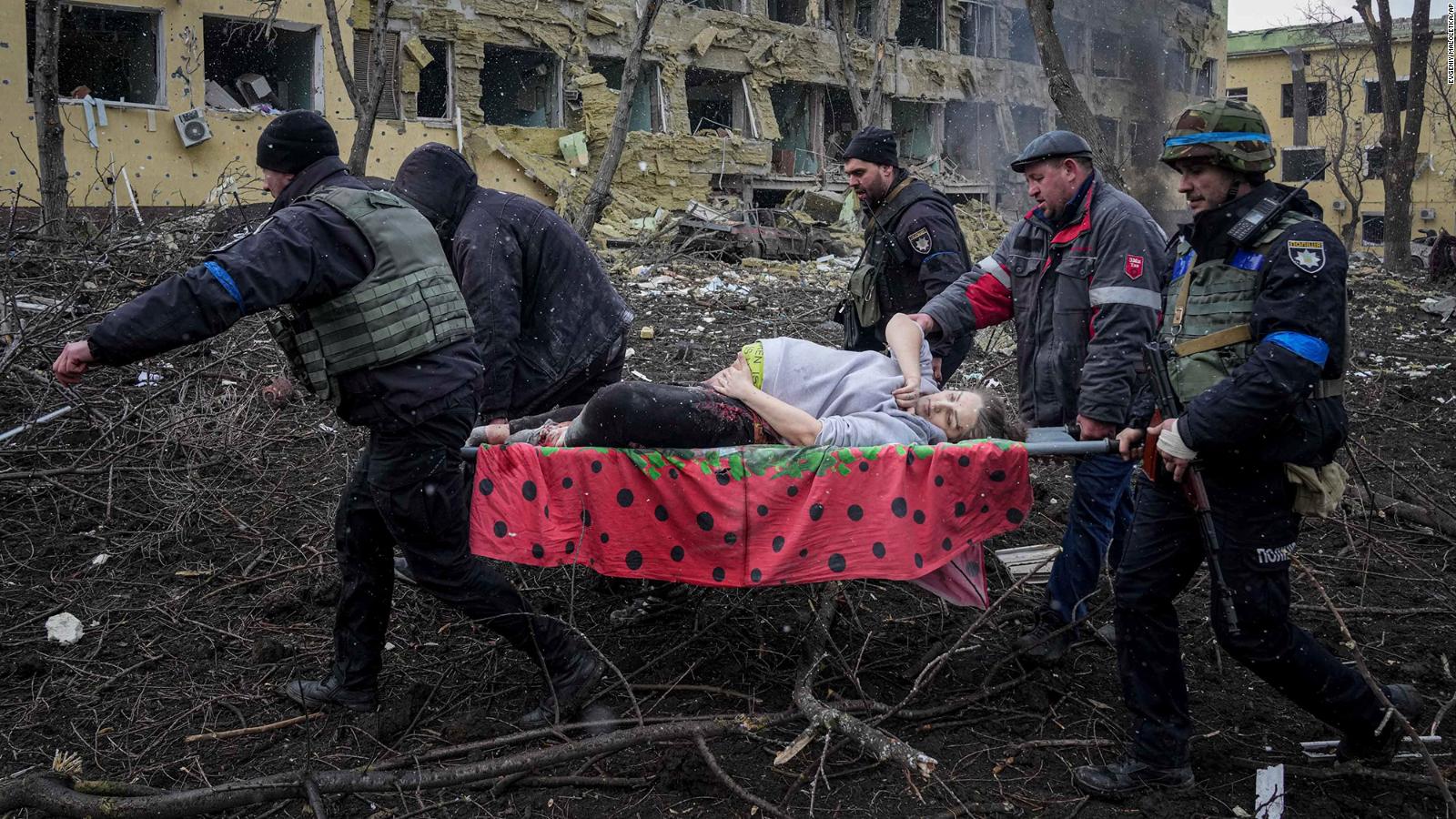
Photos: Russia invades Ukraine
Emergency workers carry an injured pregnant woman outside of a bombed maternity hospital in Mariupol on March 9. The woman and her baby later died, a surgeon who was treating her confirmed. The attack came despite Russia agreeing to a 12-hour pause in hostilities to allow refugees to evacuate.
Hide Caption
115 of 247
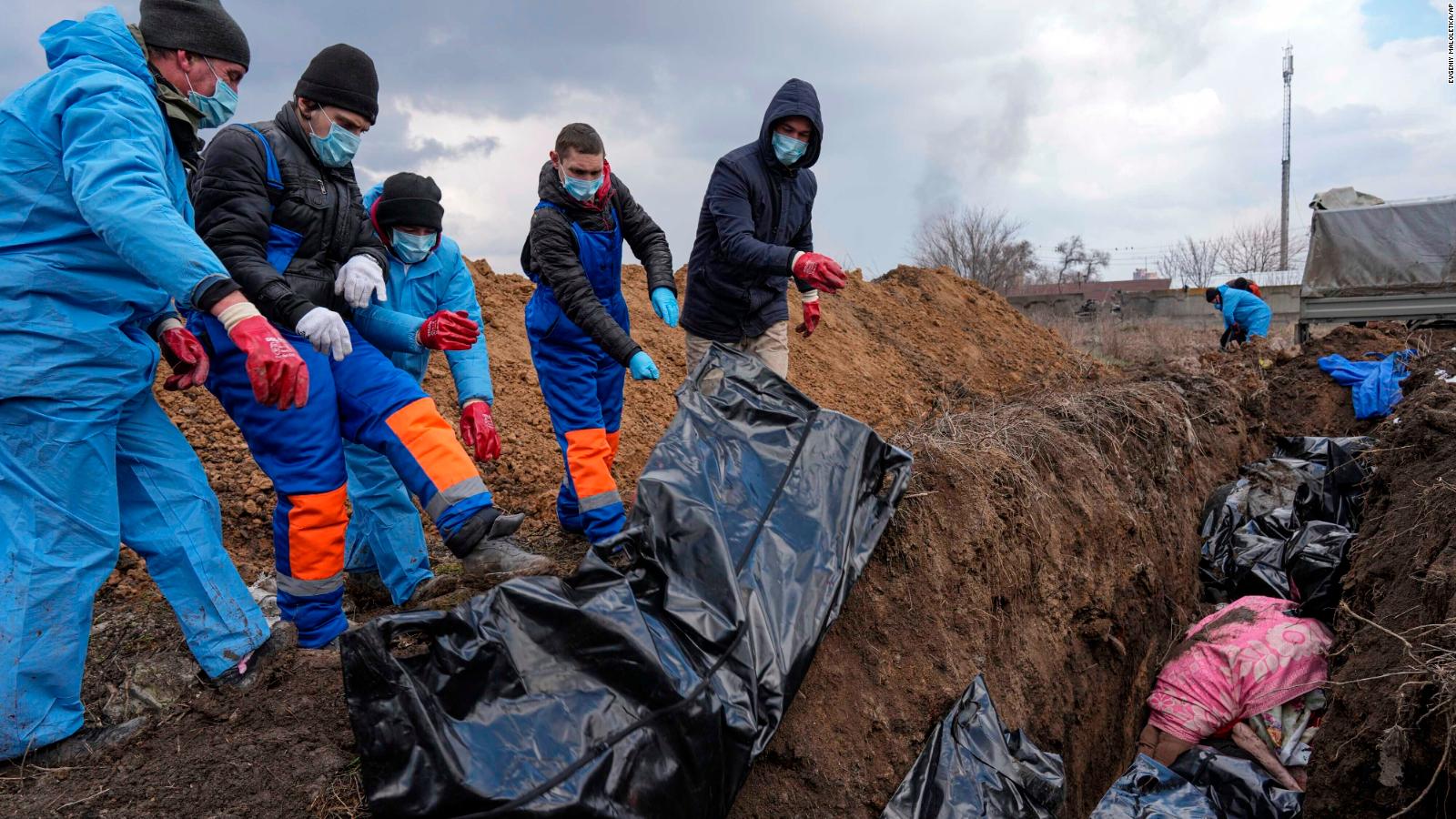
Photos: Russia invades Ukraine
Dead bodies are placed into a mass grave on the outskirts of Mariupol on March 9. With overflowing morgues and repeated shelling, the city has been unable to hold proper burials.
Hide Caption
116 of 247
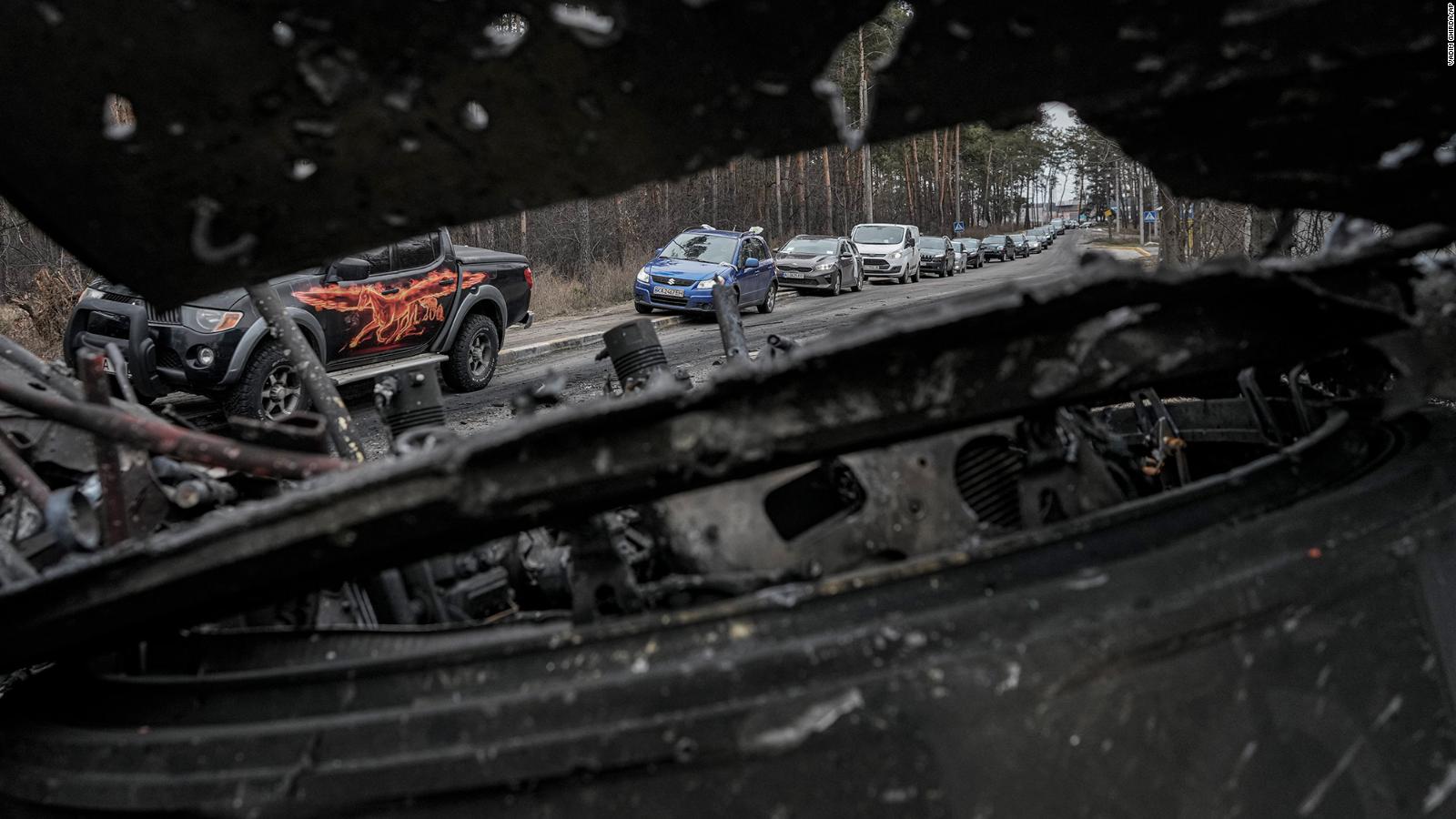
Photos: Russia invades Ukraine
Cars drive past a destroyed Russian tank as civilians leave Irpin on March 9. A Ukrainian official said lines of vehicles stretched for miles as people tried to escape fighting in districts to the north and northwest of Kyiv.
Hide Caption
117 of 247
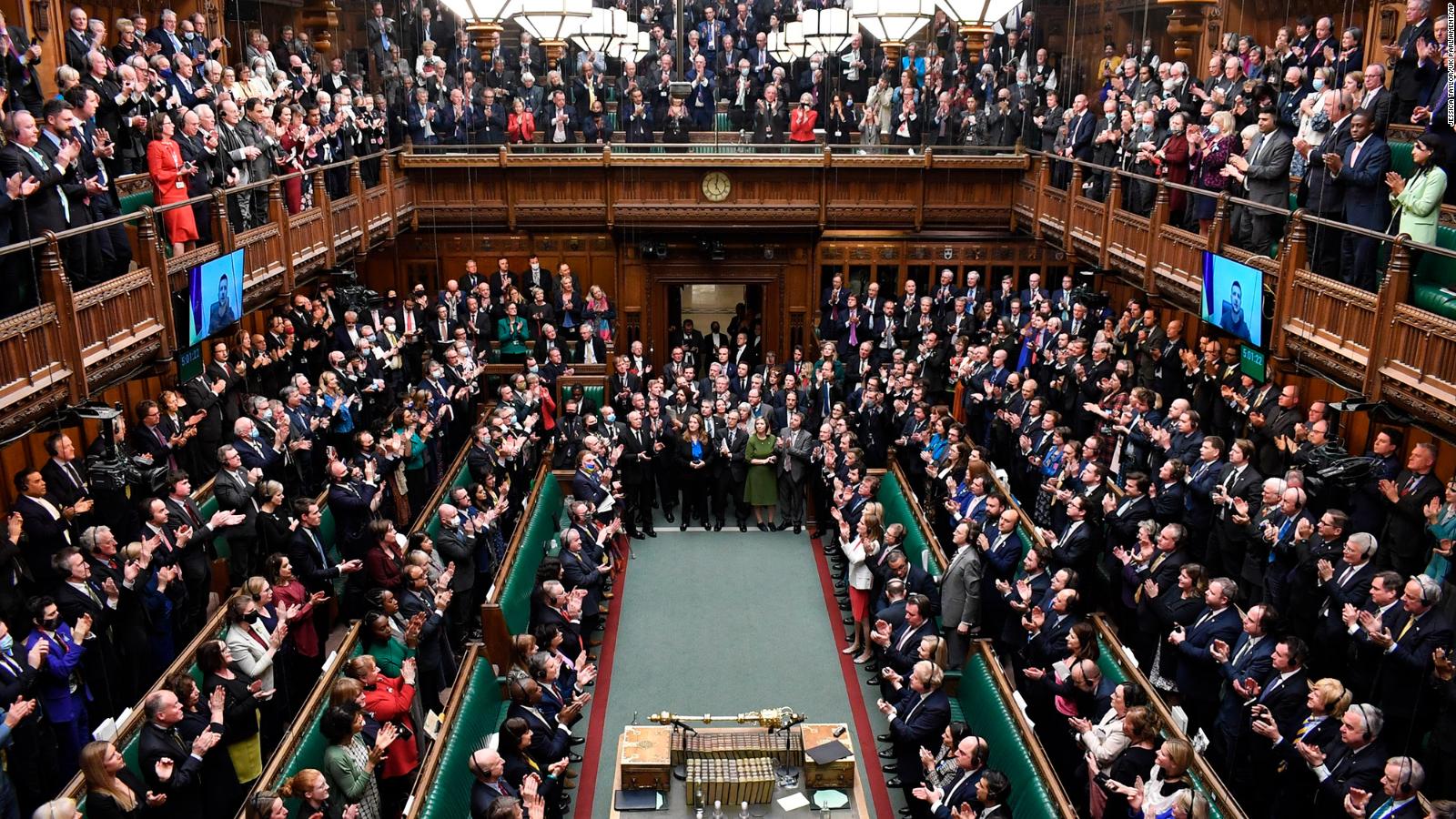
Photos: Russia invades Ukraine
Ukrainian President Volodymyr Zelensky is displayed on a screen as he addresses British lawmakers via video on March 8. "We will not give up and we will not lose. We will fight until the end at sea, in the air. We will continue fighting for our land, whatever the cost," he said in his comments translated by an interpreter. The House of Commons gave Zelensky a standing ovation at the end of his address.
Hide Caption
118 of 247
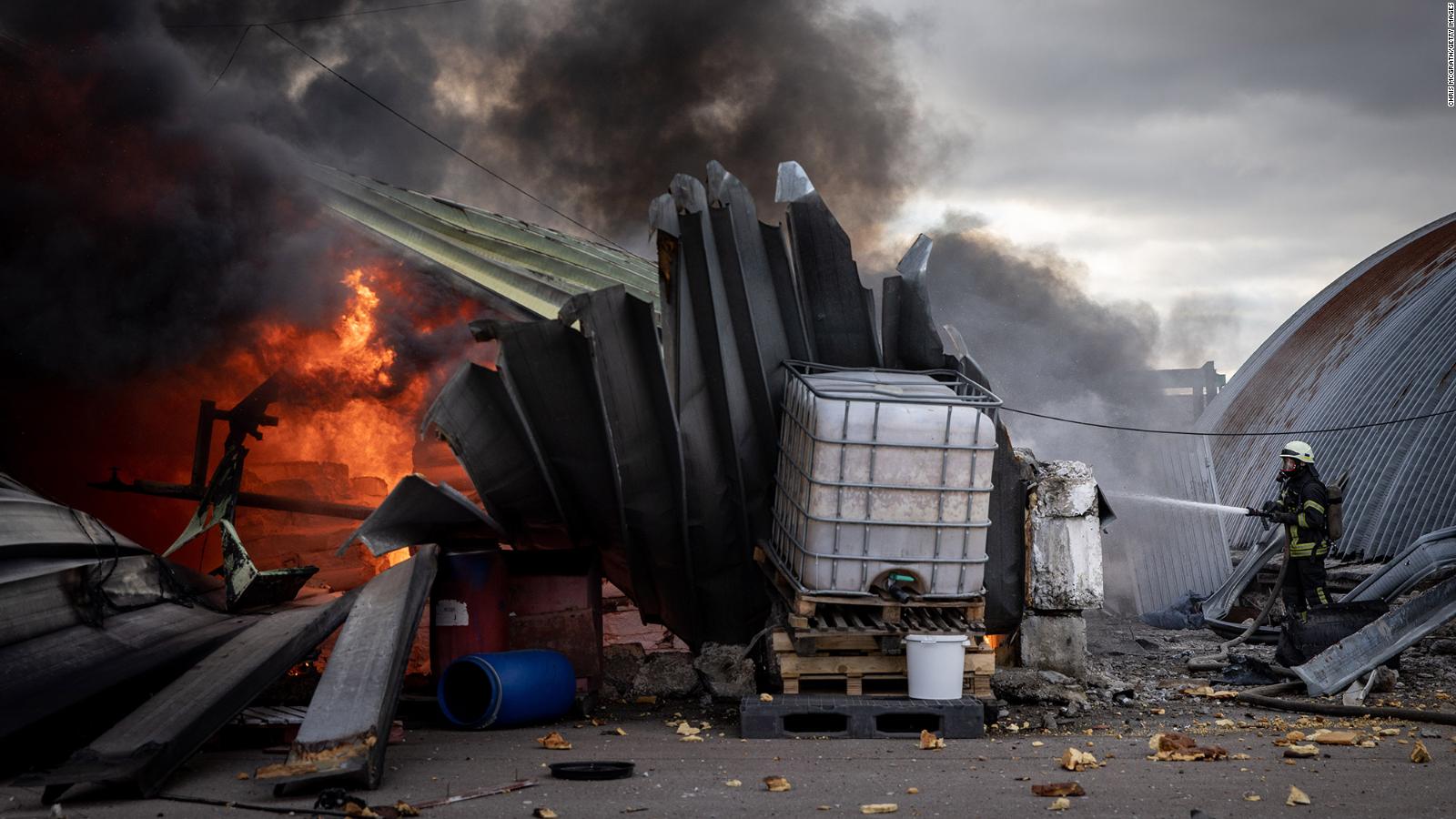
Photos: Russia invades Ukraine
A firefighter works to extinguish flames after a chemical warehouse was reportedly hit by Russian shelling near Kalynivka, Ukraine, on March 8.
Hide Caption
119 of 247
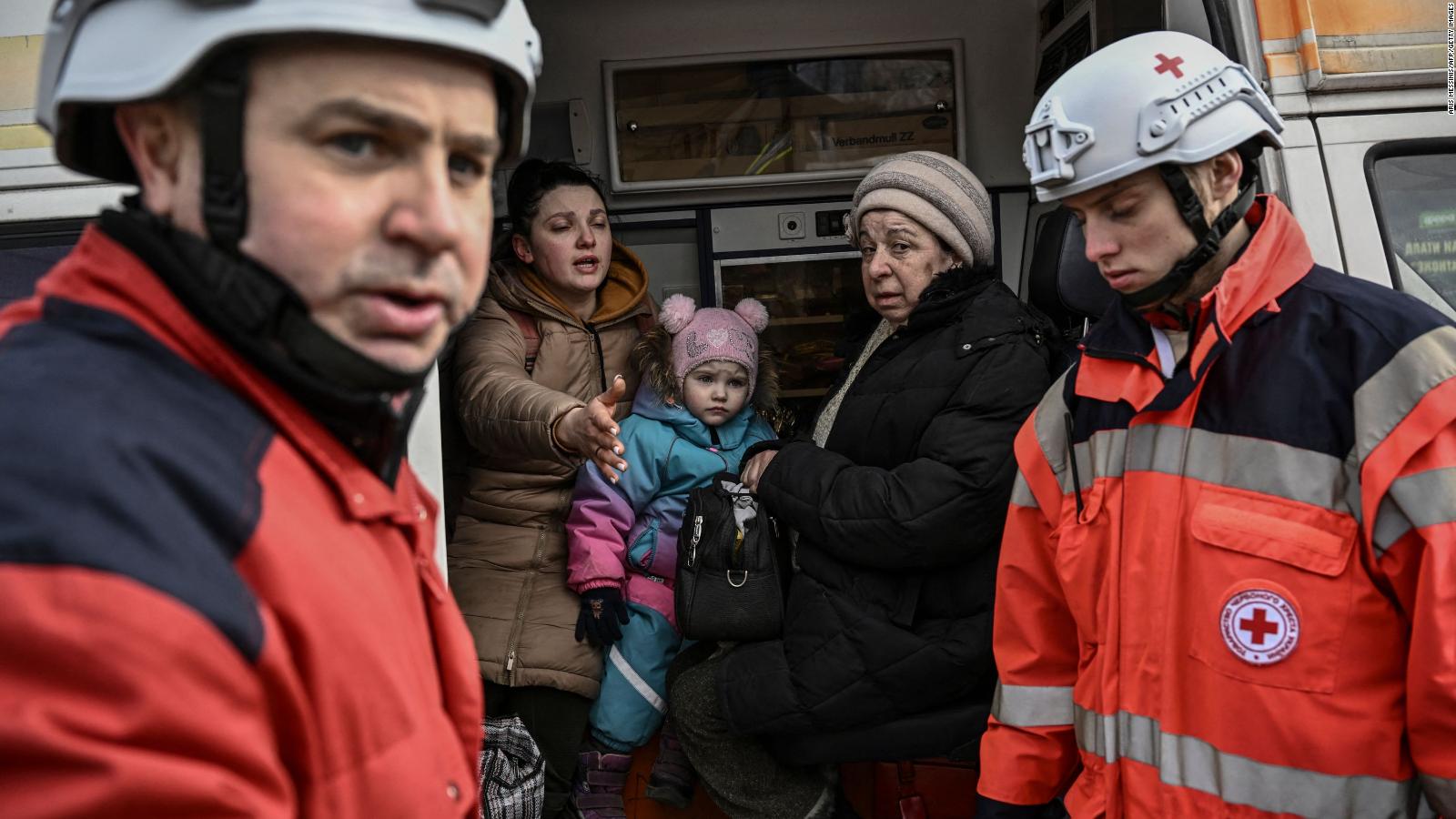
Photos: Russia invades Ukraine
Members of the Red Cross help people fleeing the Kyiv suburb of Irpin on March 7.
Hide Caption
120 of 247
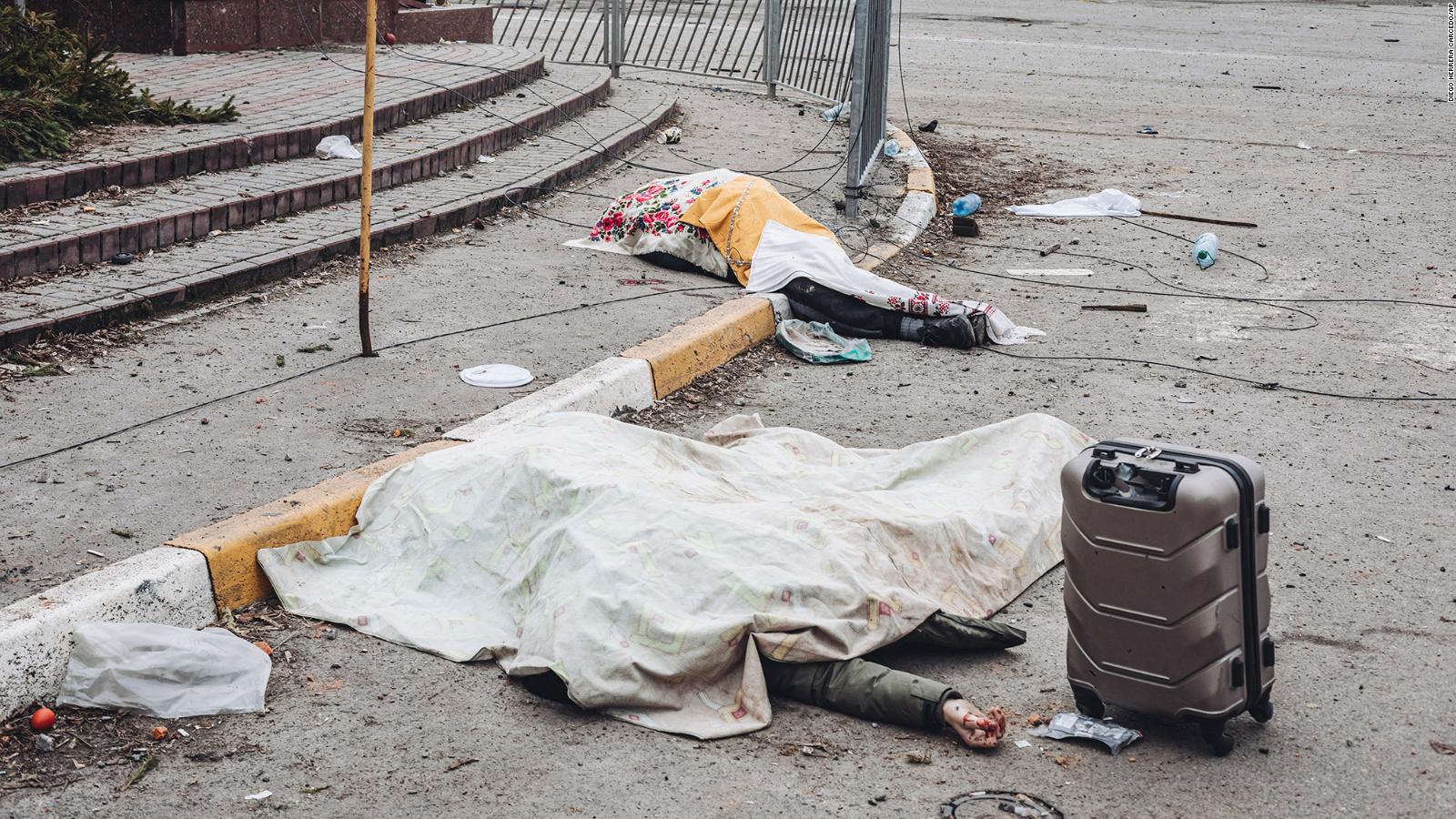
Photos: Russia invades Ukraine
The dead bodies of civilians killed while trying to flee are covered by sheets in Irpin on March 6. CNN determined they were killed in a Russian military strike.
Hide Caption
121 of 247
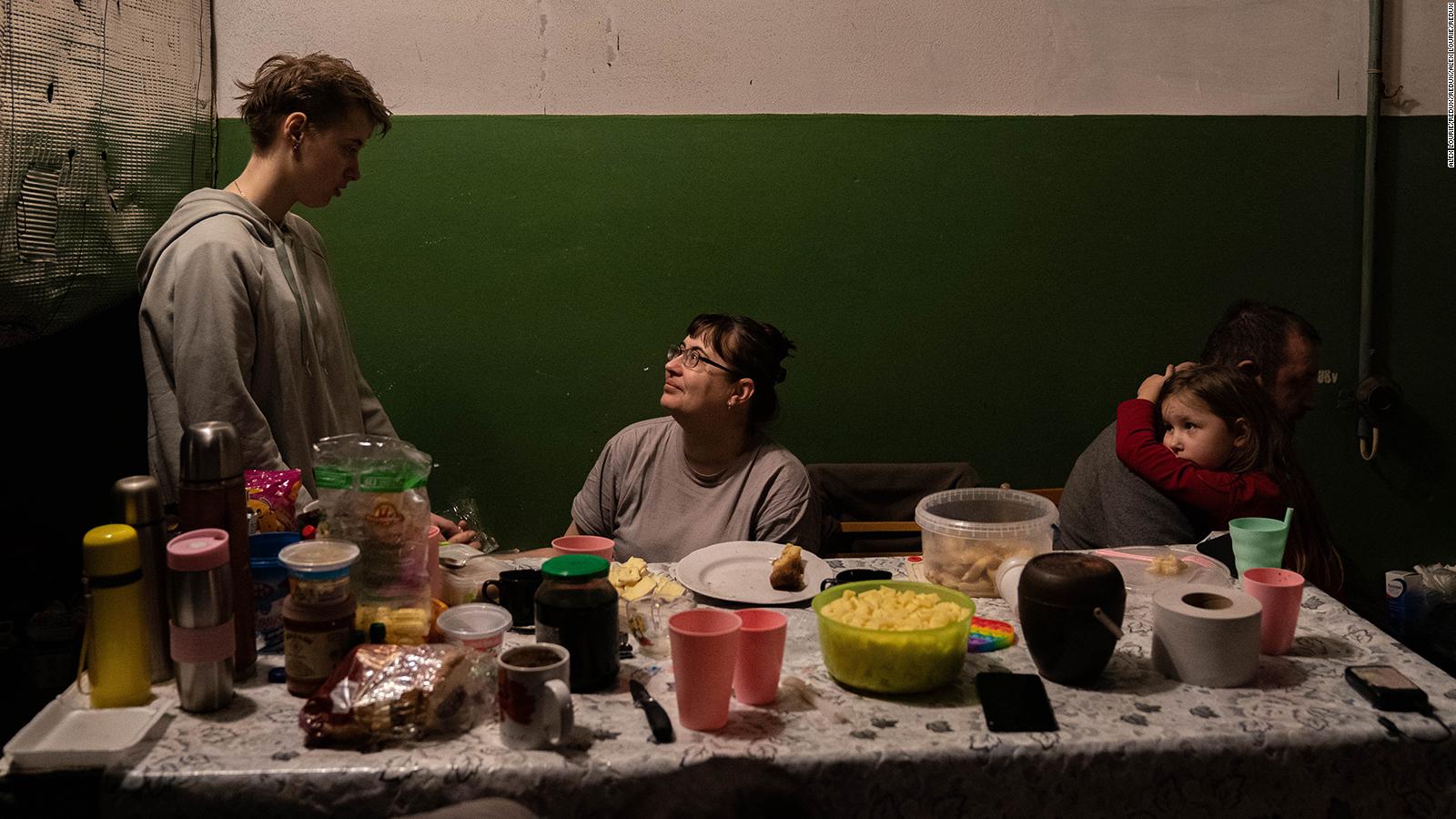
Photos: Russia invades Ukraine
Civilians seek protection in a basement bomb shelter in Kyiv on March 6.
Hide Caption
122 of 247
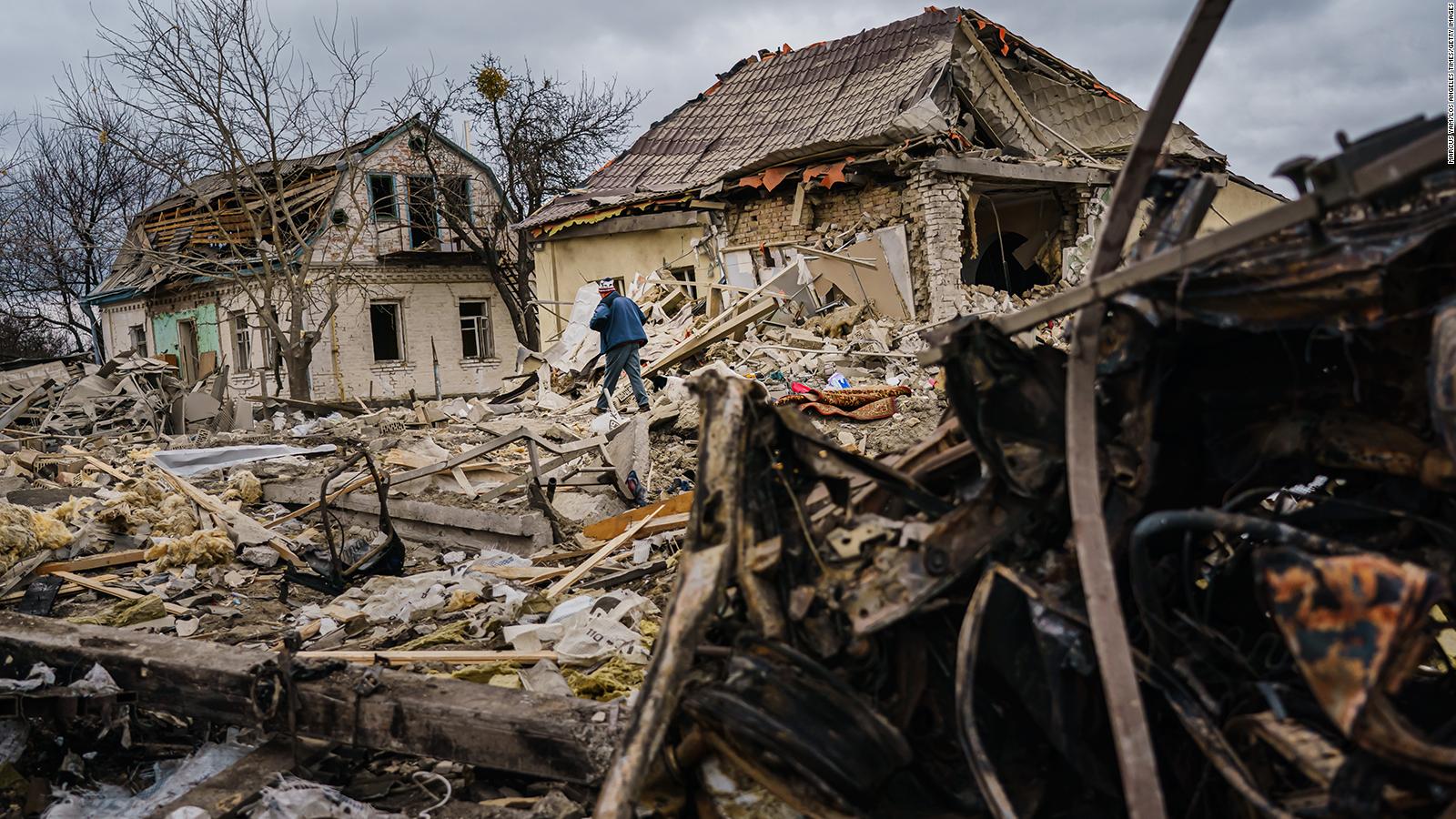
Photos: Russia invades Ukraine
Local residents help clear the rubble of a home that was destroyed by a suspected Russian airstrike in Markhalivka, Ukraine, on March 5.
Hide Caption
123 of 247
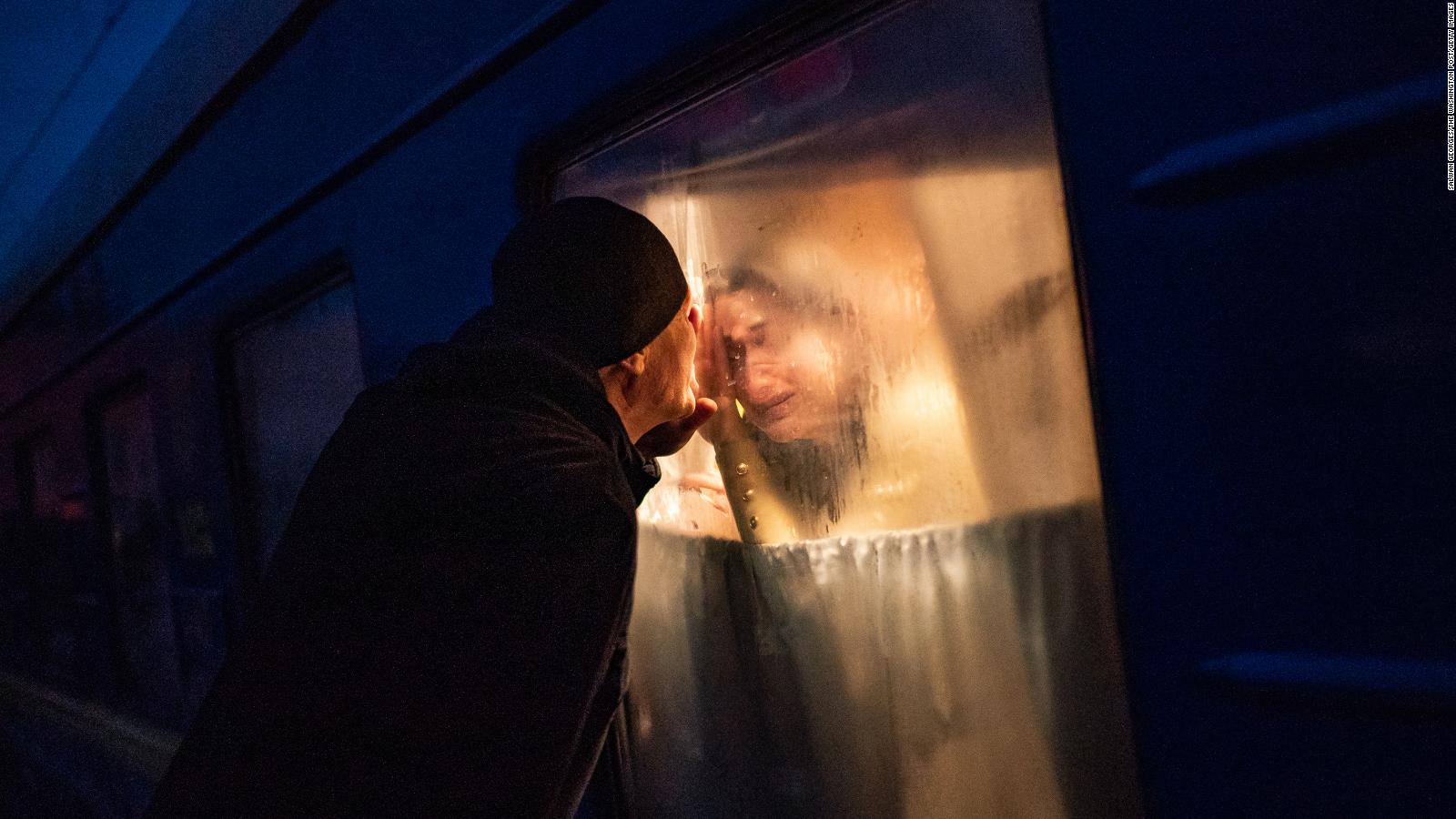
Photos: Russia invades Ukraine
George Keburia says goodbye to his wife and children as they board a train in Odesa on March 5. They were heading to Lviv.
Hide Caption
124 of 247
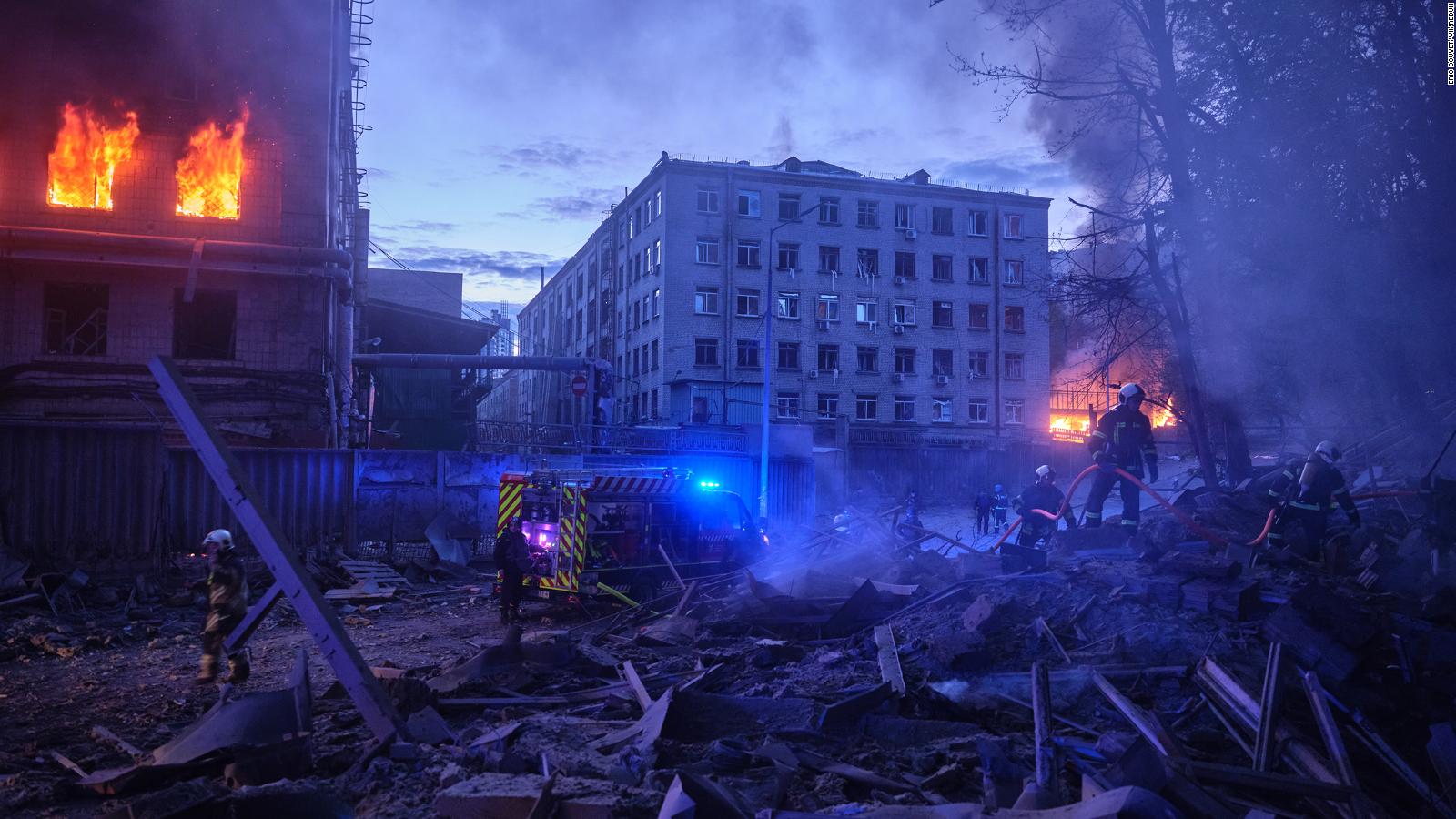
Photos: Russia invades Ukraine
Ukrainian officials say several people were injured in a Russian missile attack on Kyiv on Thursday, April 28, which occurred as the United Nations Secretary General Antonio Guterres was finishing a visit to the Ukrainian capital.
Hide Caption
125 of 247
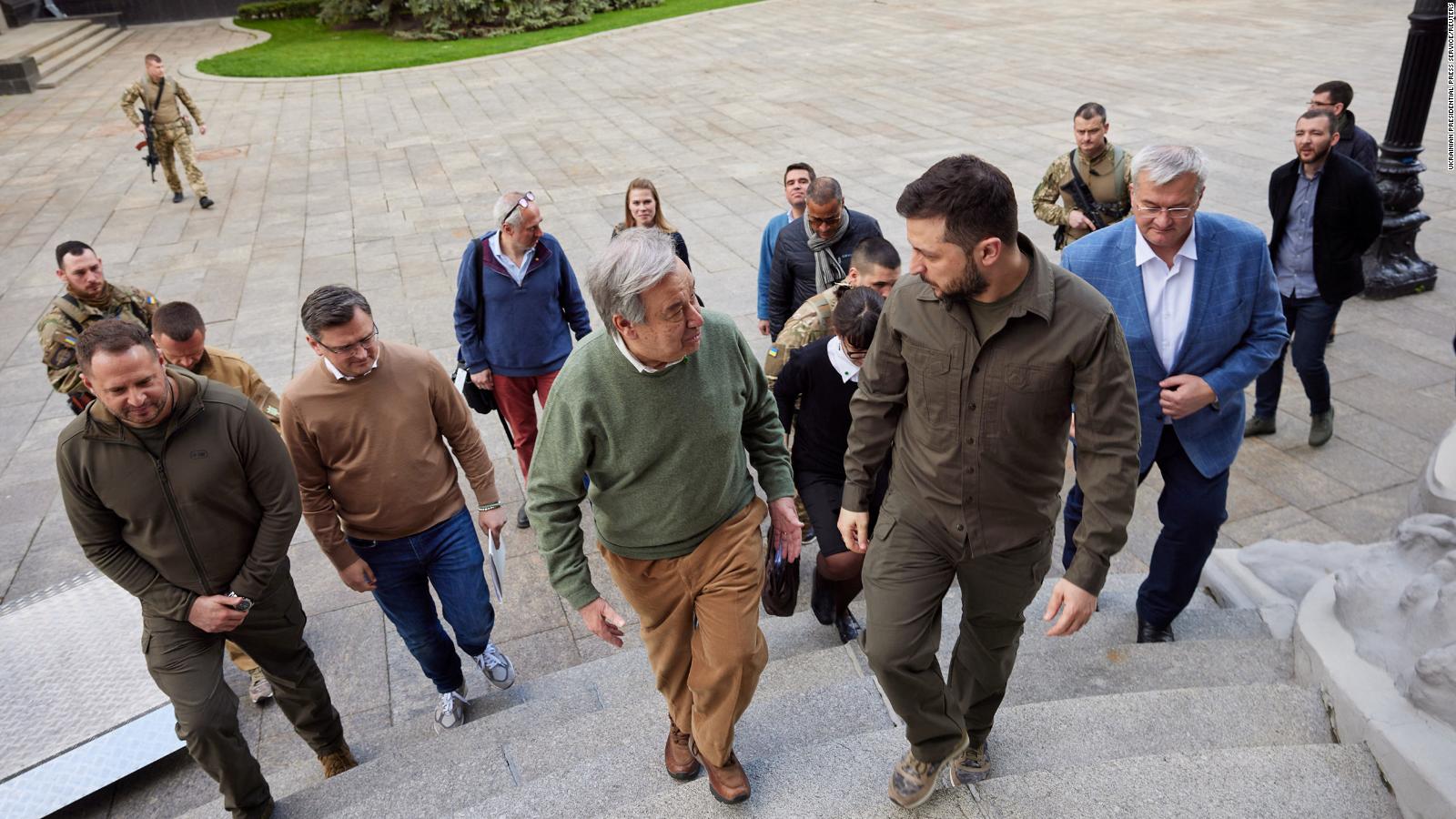
Photos: Russia invades Ukraine
Ukraine's President Volodymyr Zelenskiy welcomes UN Secretary-General Antonio Guterres before their meeting, in Kyiv, on April 28.
Hide Caption
126 of 247
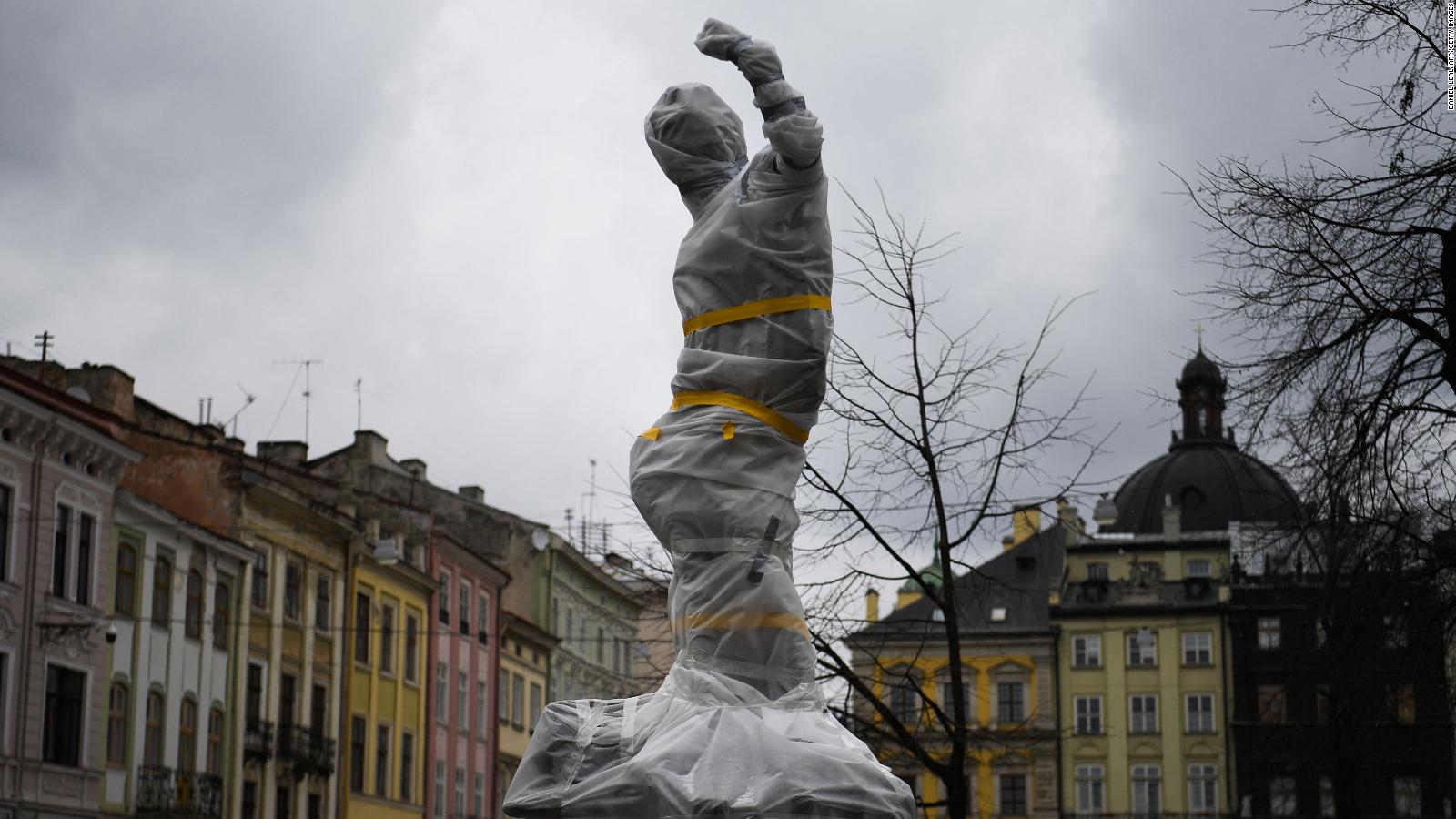
Photos: Russia invades Ukraine
A statue is covered in Lviv on March 5. Residents wrapped statues in protective sheets to try to safeguard historic monuments across the city.
Hide Caption
127 of 247
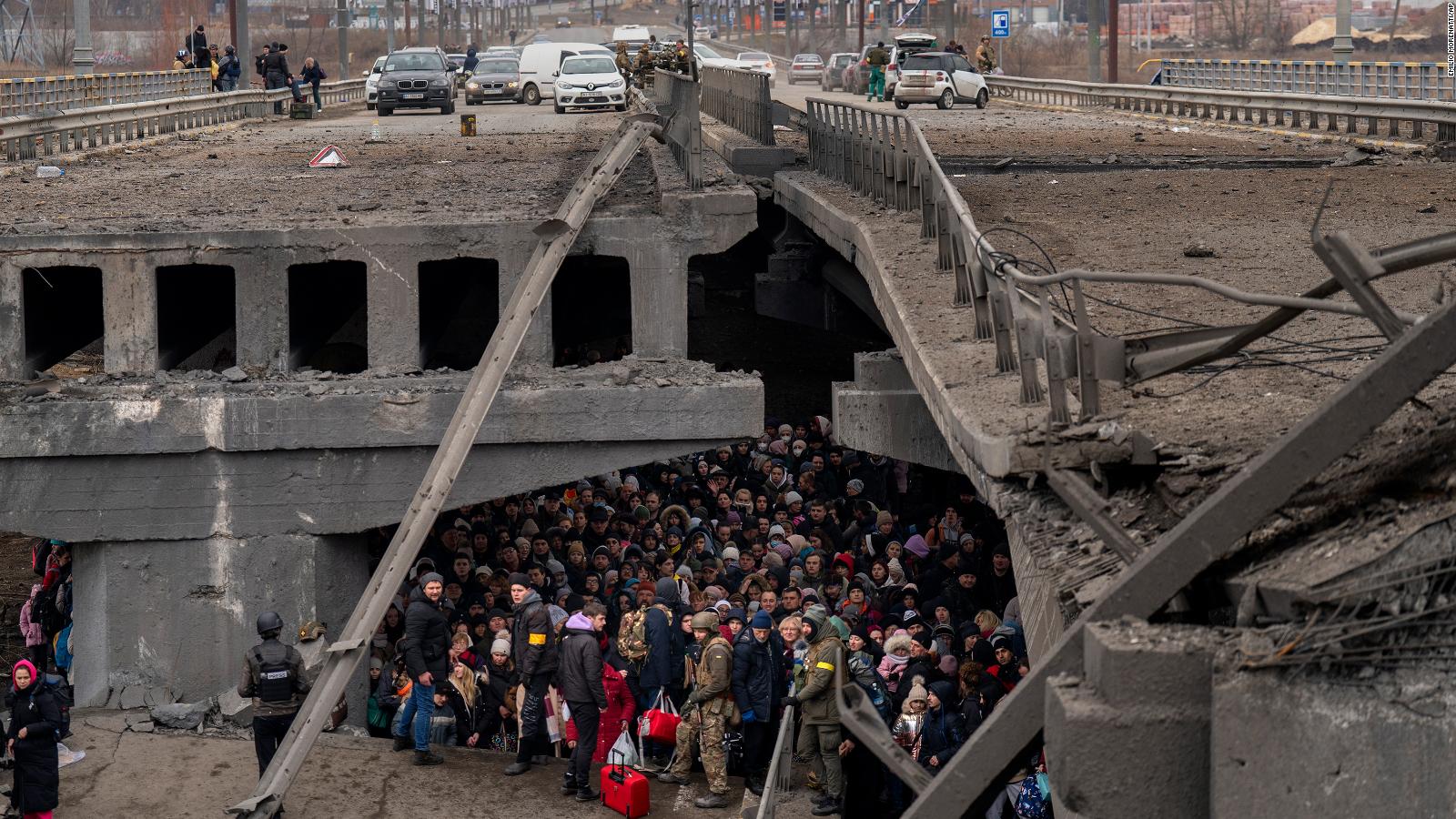
Photos: Russia invades Ukraine
Ukrainians crowd under a destroyed bridge as they try to flee across the Irpin River on the outskirts of Kyiv on March 5.
Hide Caption
128 of 247
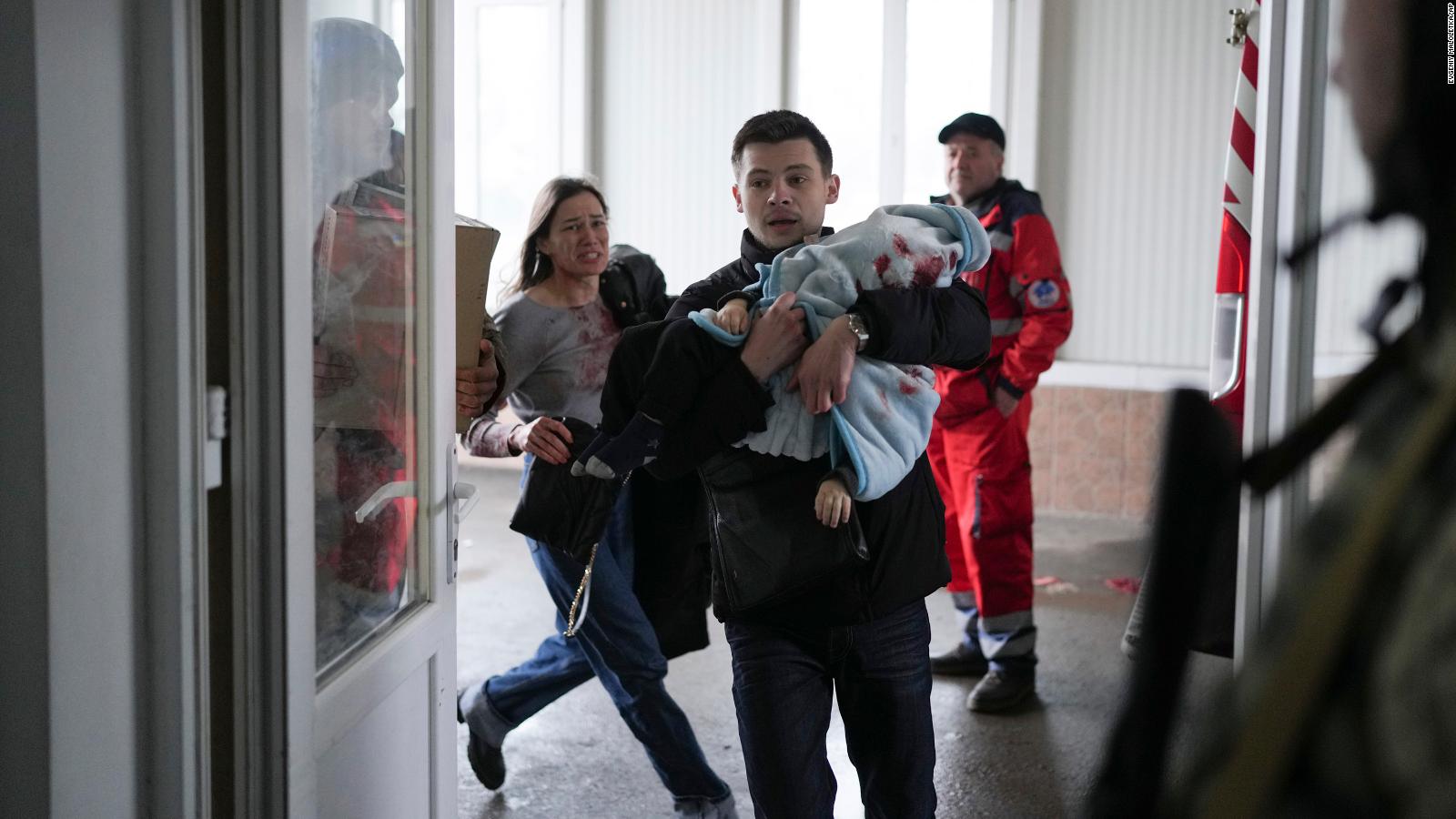
Photos: Russia invades Ukraine
Marina Yatsko runs behind her boyfriend, Fedor, as they arrive at the hospital with her 18-month-old son, Kirill, who was wounded by shelling in Mariupol on March 4. Medical workers frantically tried to save the boy's life, but he didn't survive.
Hide Caption
129 of 247
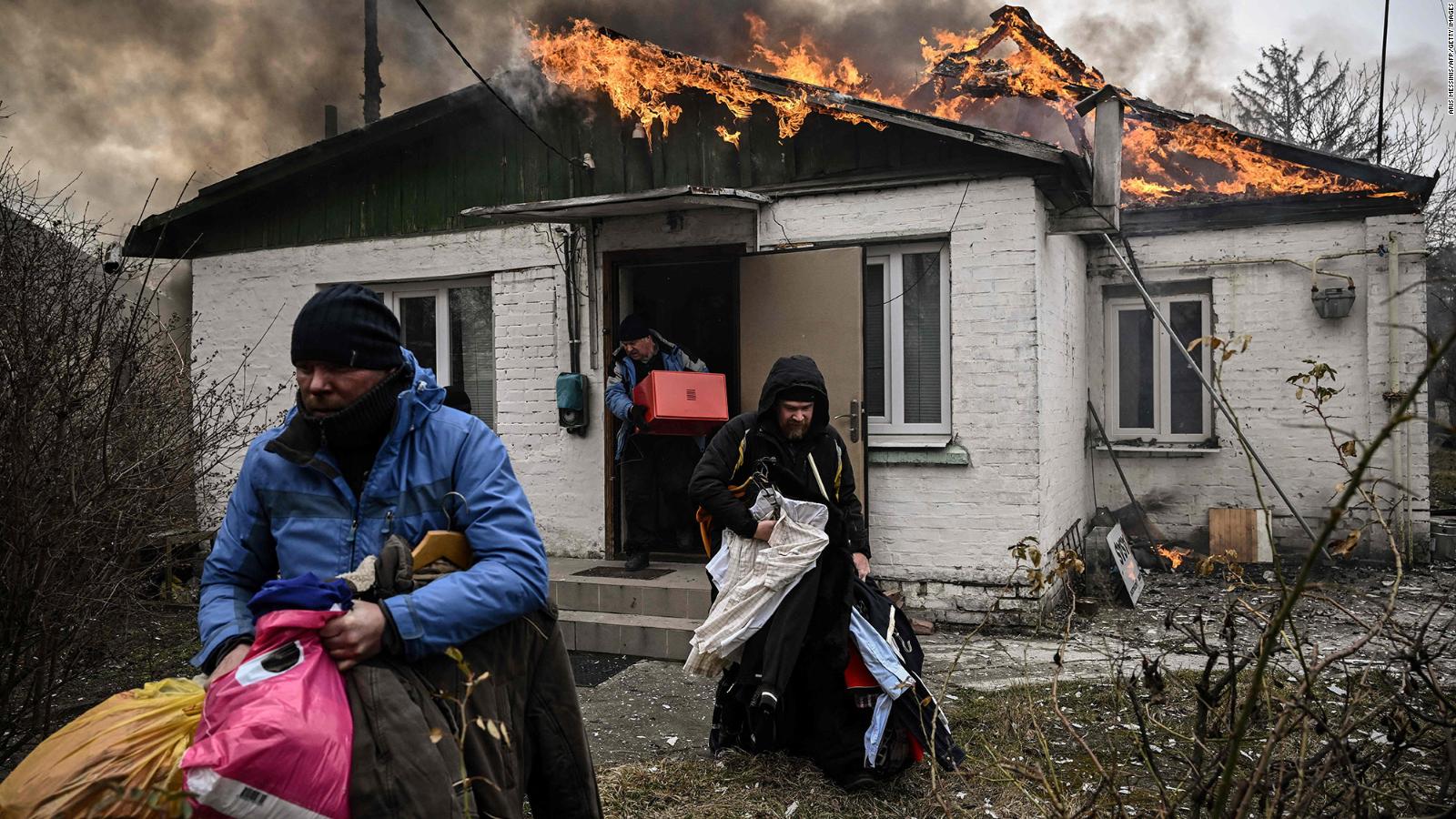
Photos: Russia invades Ukraine
People remove personal belongings from a burning house after shelling in Irpin on March 4.
Hide Caption
130 of 247
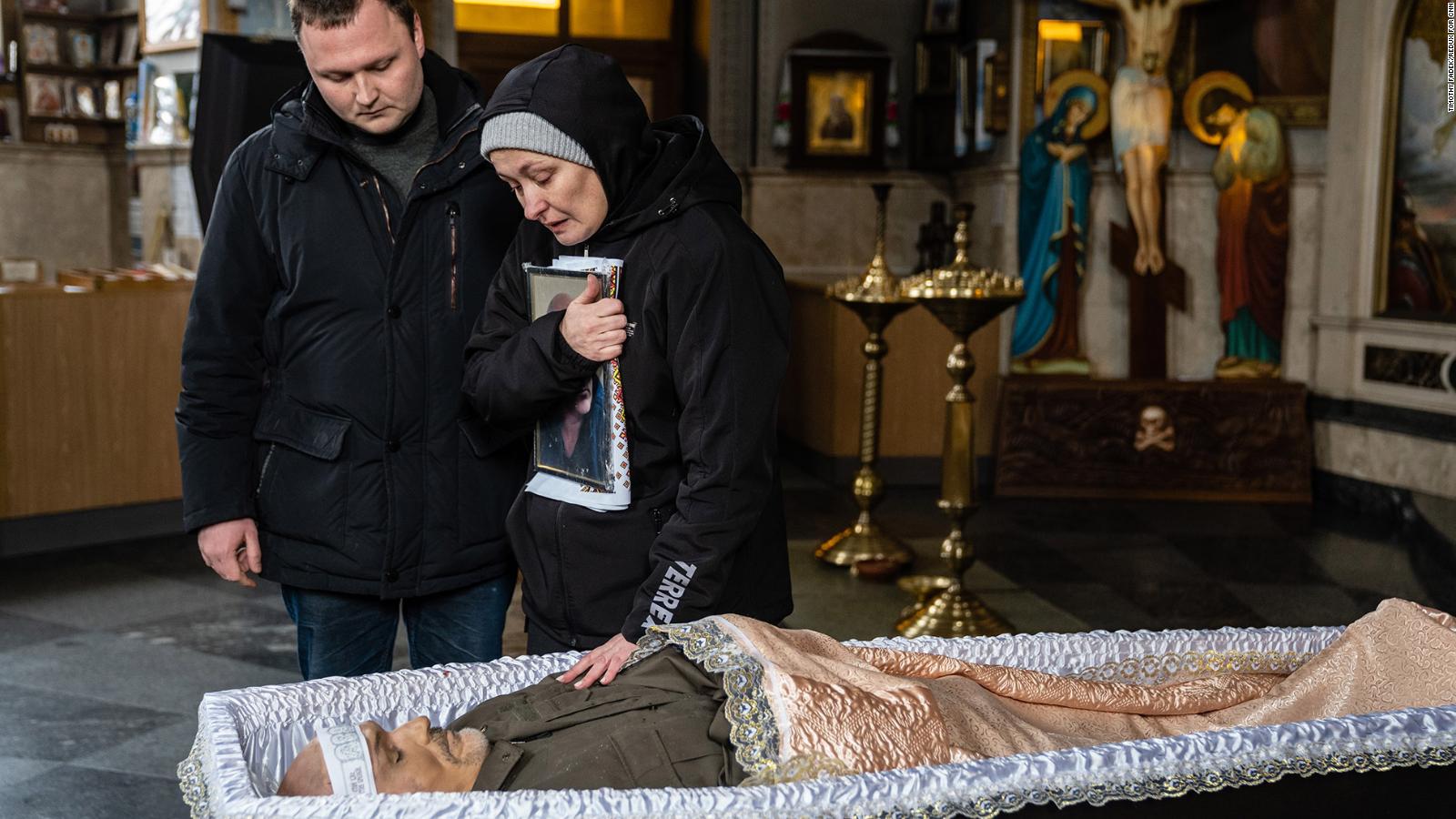
Photos: Russia invades Ukraine
Oksana and her son Dmytro stand over the open casket of her husband, Volodymyr Nezhenets, during his funeral in Kyiv on March 4. According to the Washington Post, he was a member of Ukraine's Territorial Defense Forces, which is comprised mostly of volunteers.
Hide Caption
131 of 247
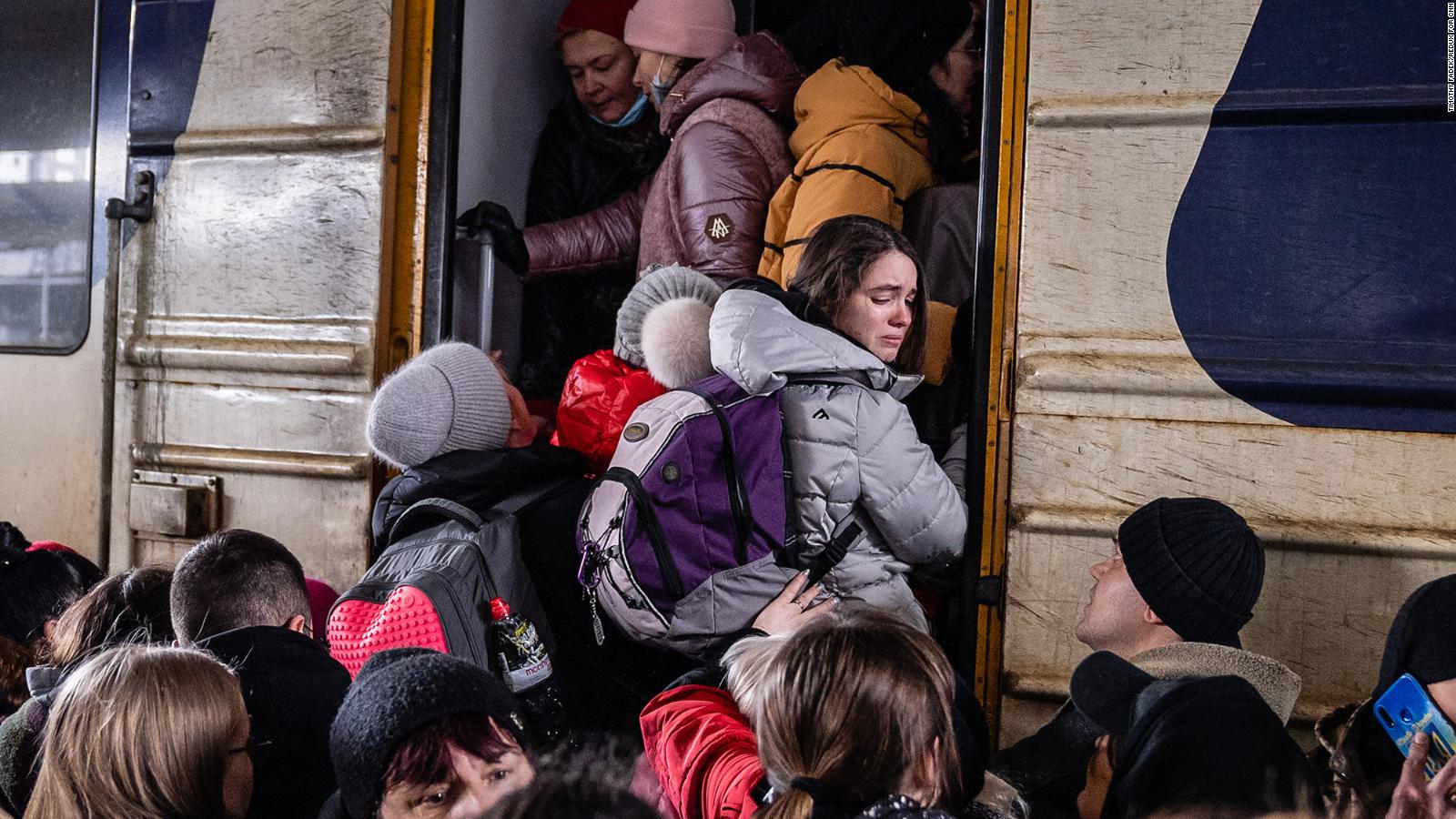
Photos: Russia invades Ukraine
People crowd on a platform as they try to board a westbound train in Kyiv on March 4.
Hide Caption
132 of 247
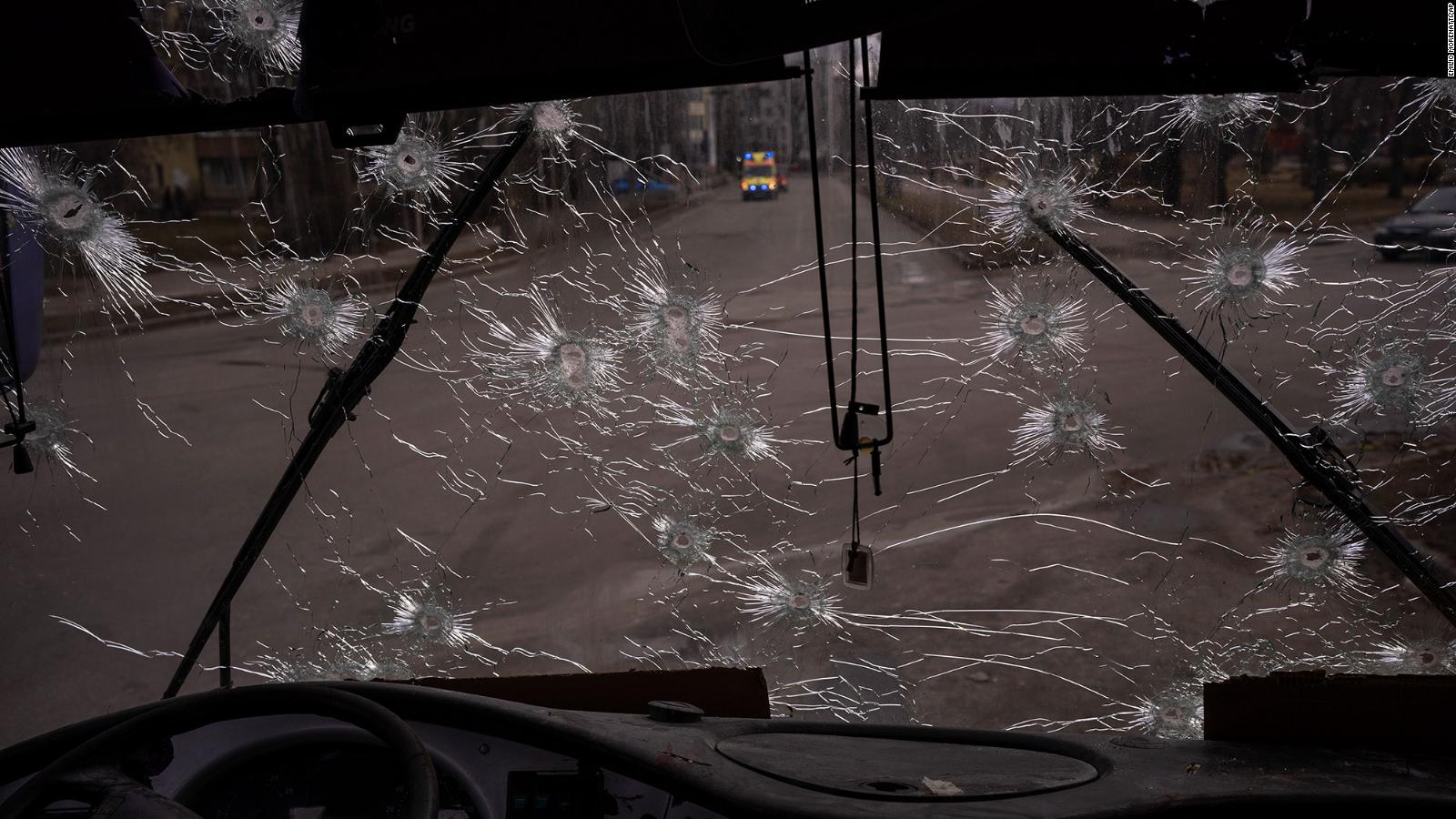
Photos: Russia invades Ukraine
A bullet-ridden bus is seen after an ambush in Kyiv on March 4.
Hide Caption
133 of 247
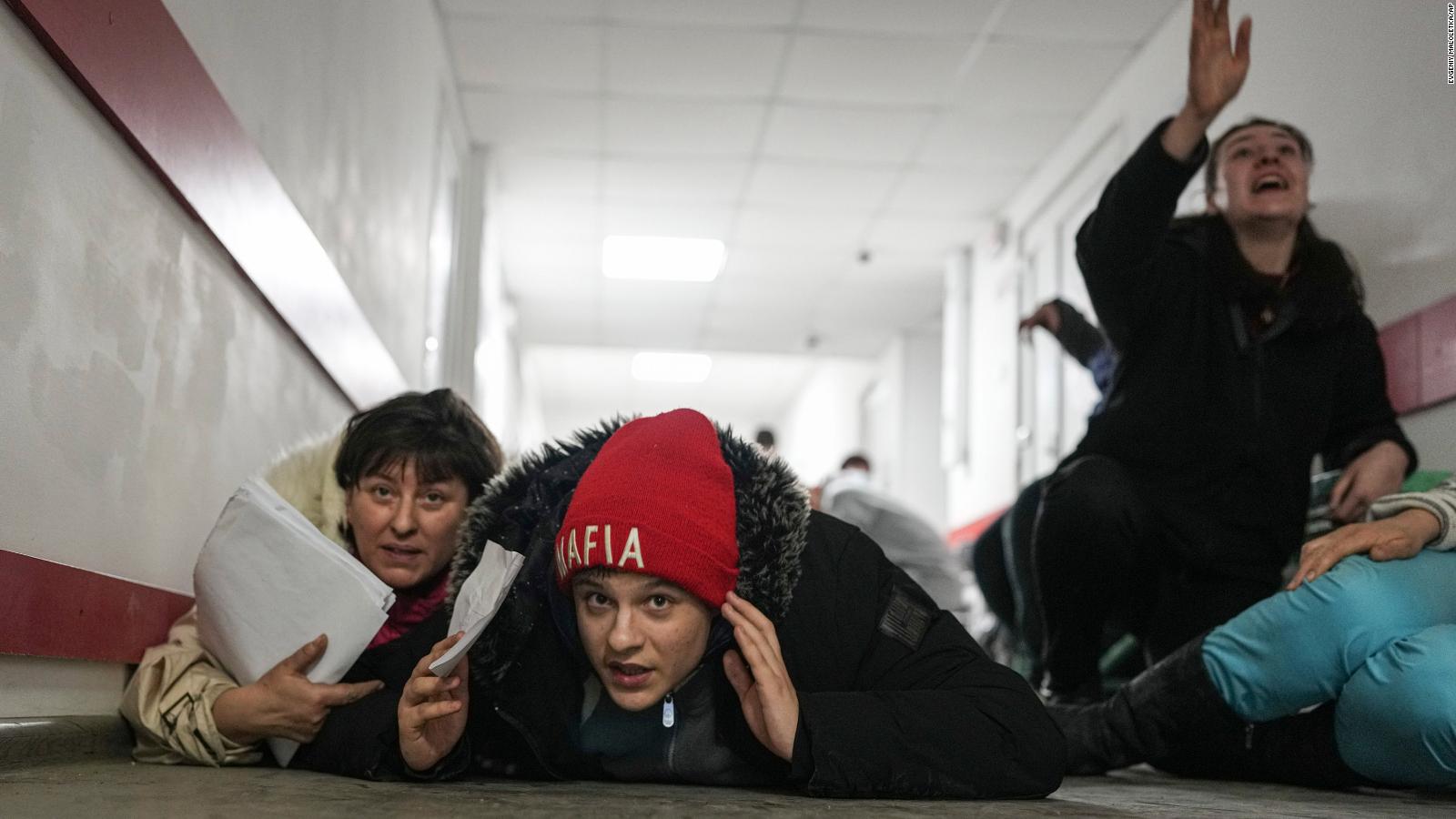
Photos: Russia invades Ukraine
People take shelter on the floor of a hospital during shelling in Mariupol on March 4.
Hide Caption
134 of 247
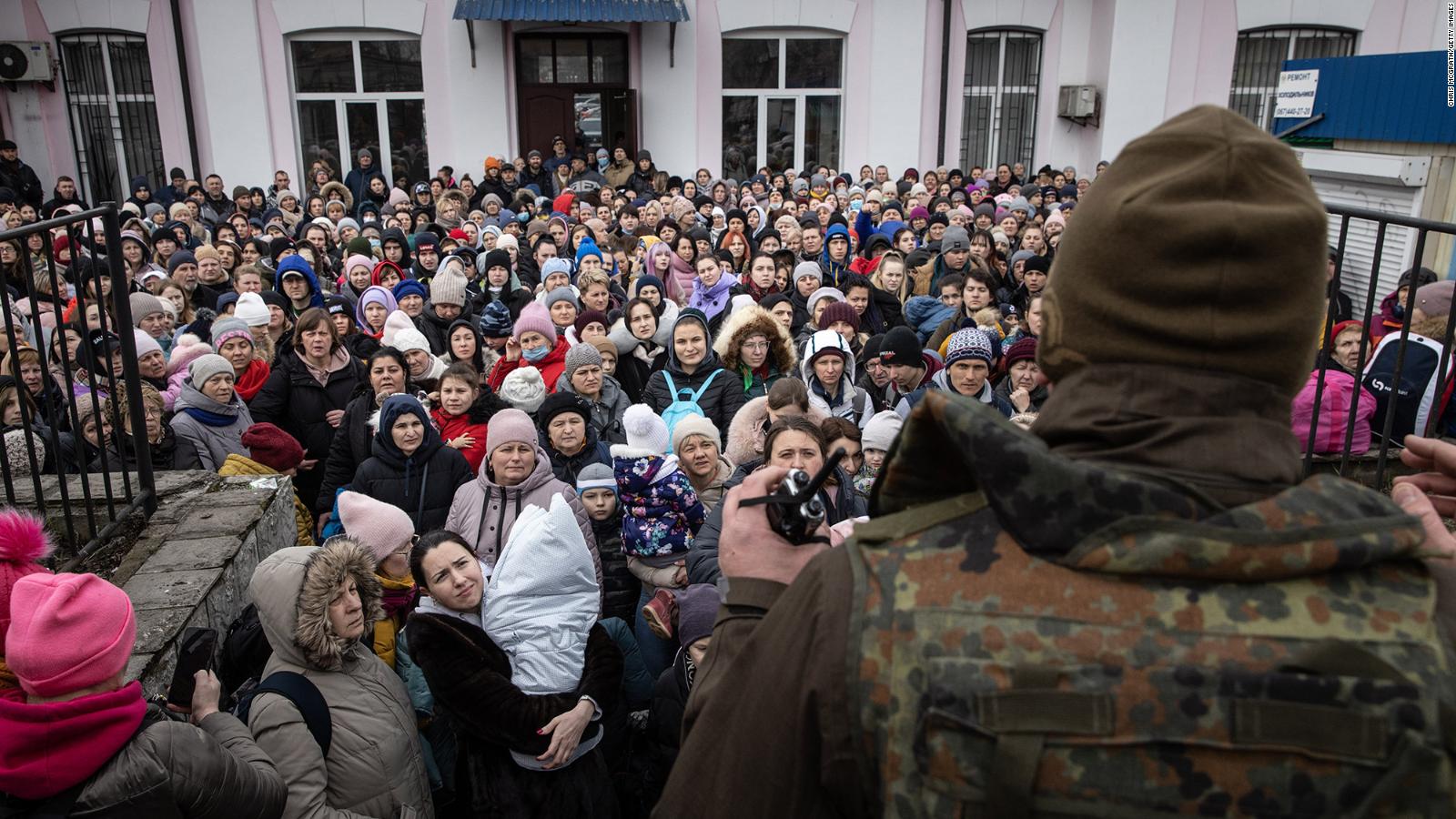
Photos: Russia invades Ukraine
A member of the Ukrainian military gives instructions to civilians in Irpin on March 4. They were about to board an evacuation train headed to Kyiv.
Hide Caption
135 of 247
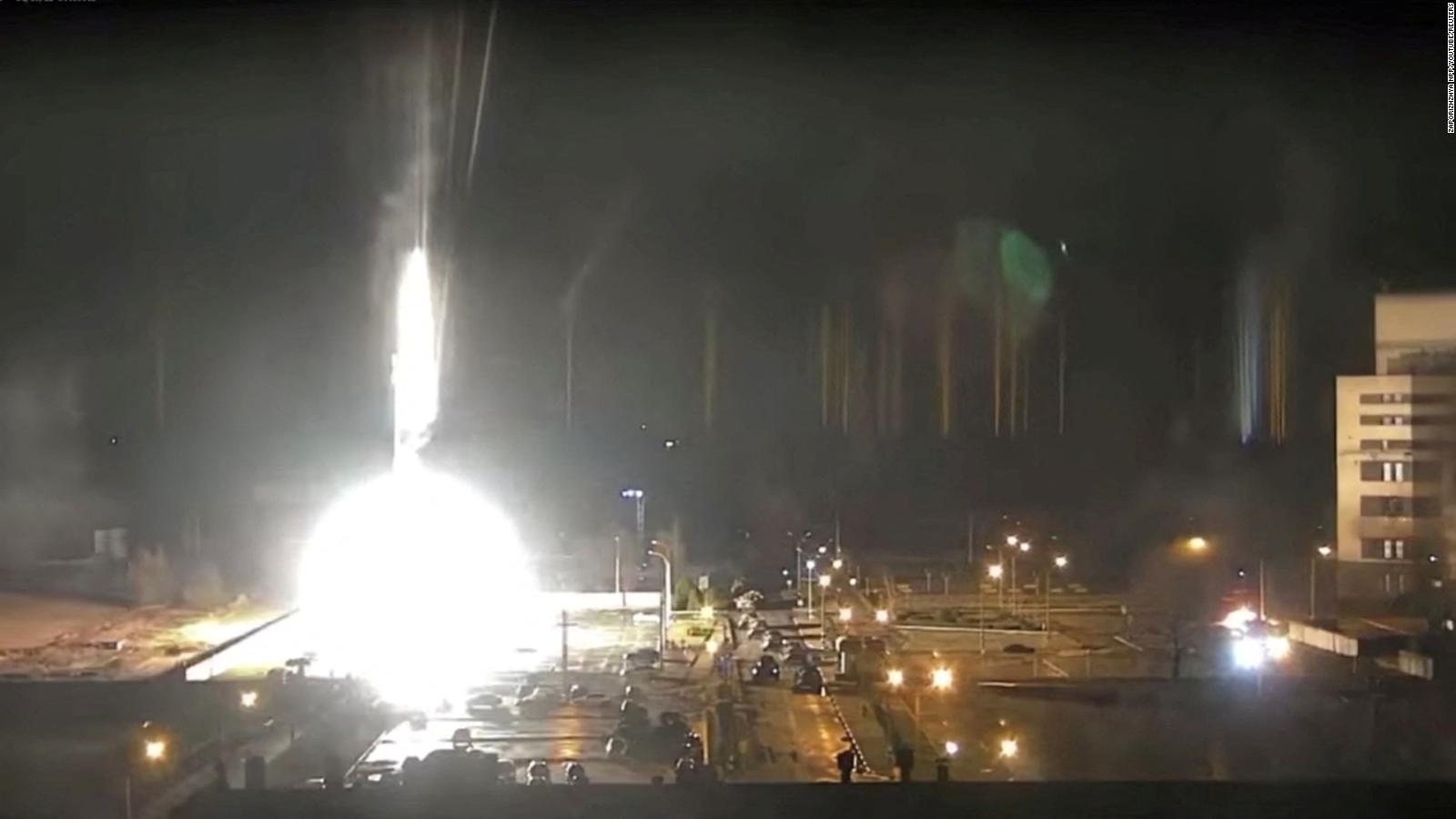
Photos: Russia invades Ukraine
Surveillance camera footage shows a flare landing at the Zaporizhzhia nuclear power plant in Enerhodar, Ukraine, during shelling on March 4. Ukrainian authorities said Russian forces have "occupied" the power plant.
Hide Caption
136 of 247
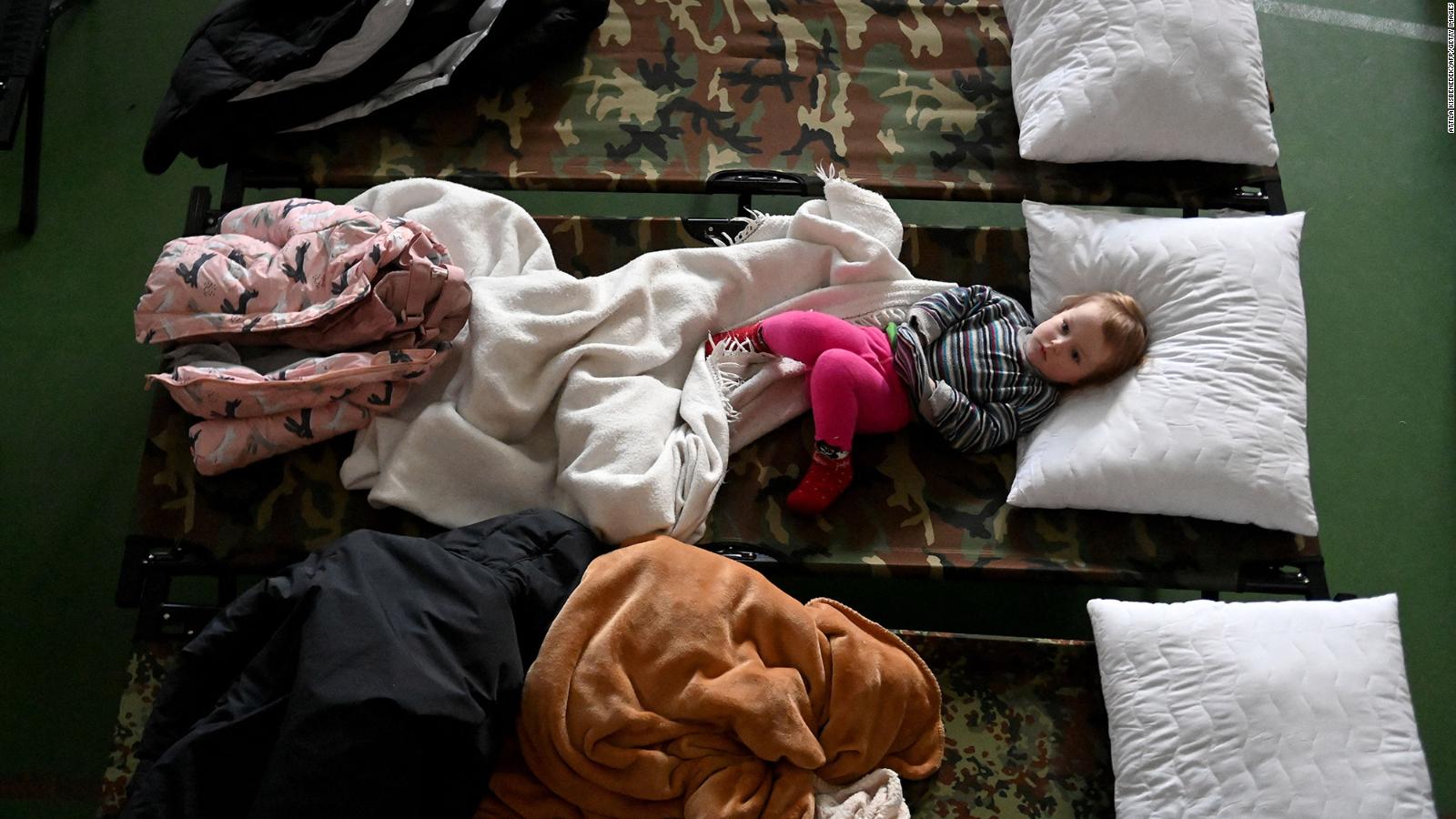
Photos: Russia invades Ukraine
A Ukrainian child rests on a bed at a temporary refugee center in Záhony, Hungary, on March 4.
Hide Caption
137 of 247
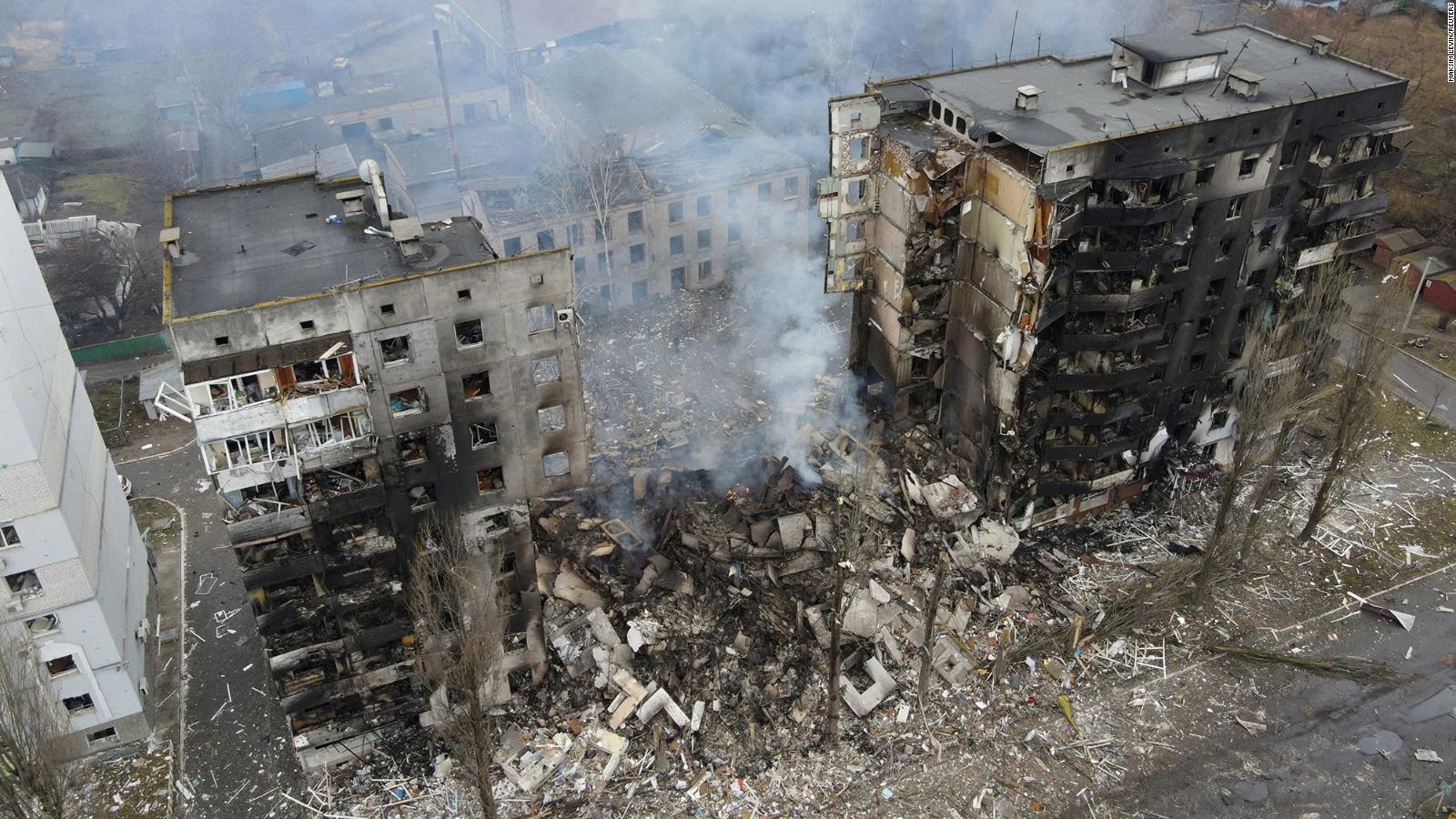
Photos: Russia invades Ukraine
A residential building destroyed by shelling is seen in Borodyanka, Ukraine, on March 3. Russian forces have shown a "willingness to hit civilian infrastructure on purpose," a senior US defense official told reporters.
Hide Caption
138 of 247
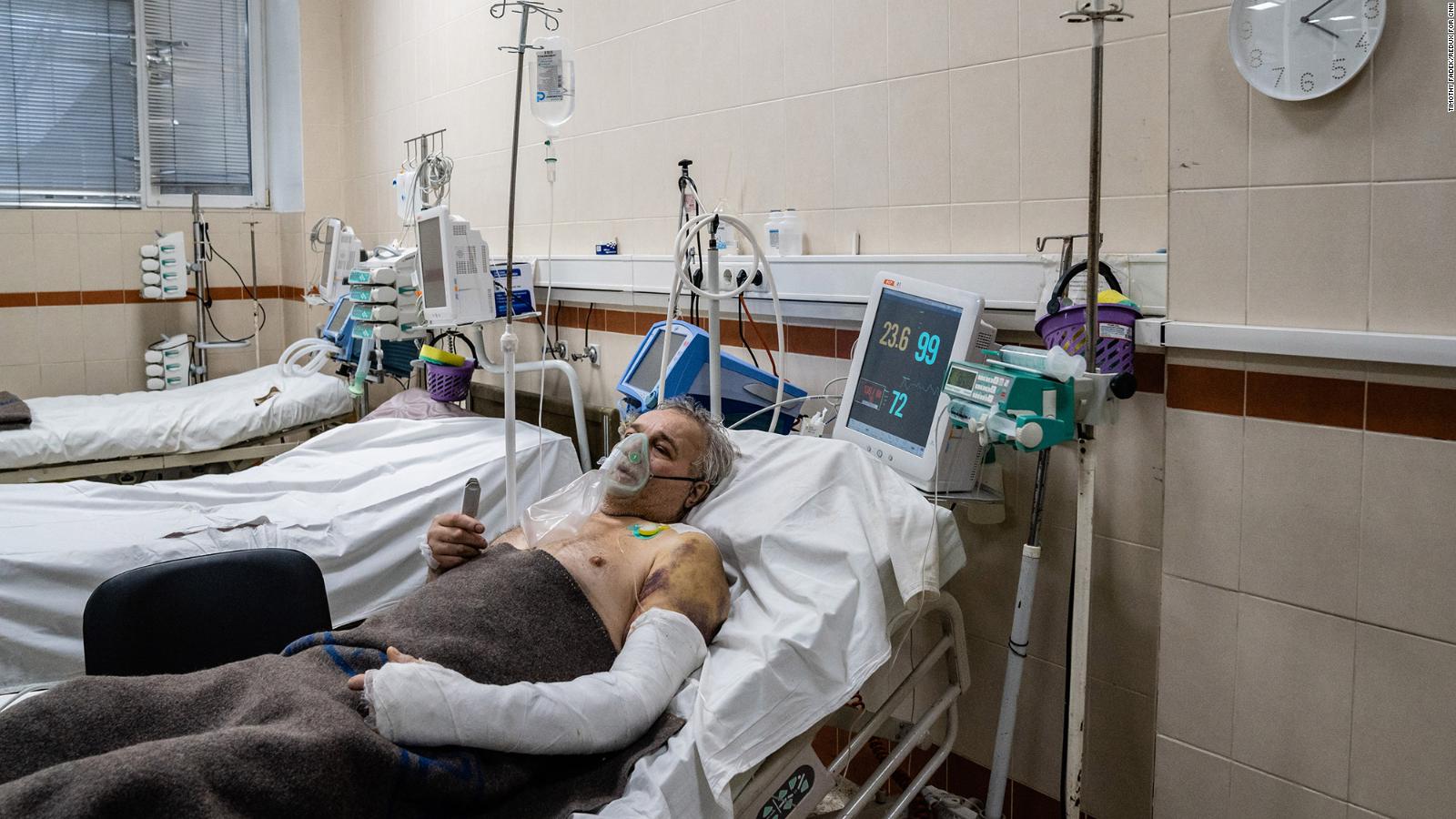
Photos: Russia invades Ukraine
Leos Leonid recovers at a hospital in Kyiv on March 3. The 64-year-old survived being crushed when an armored vehicle drove over his car. Video of the incident was widely shared on social media.
Hide Caption
139 of 247
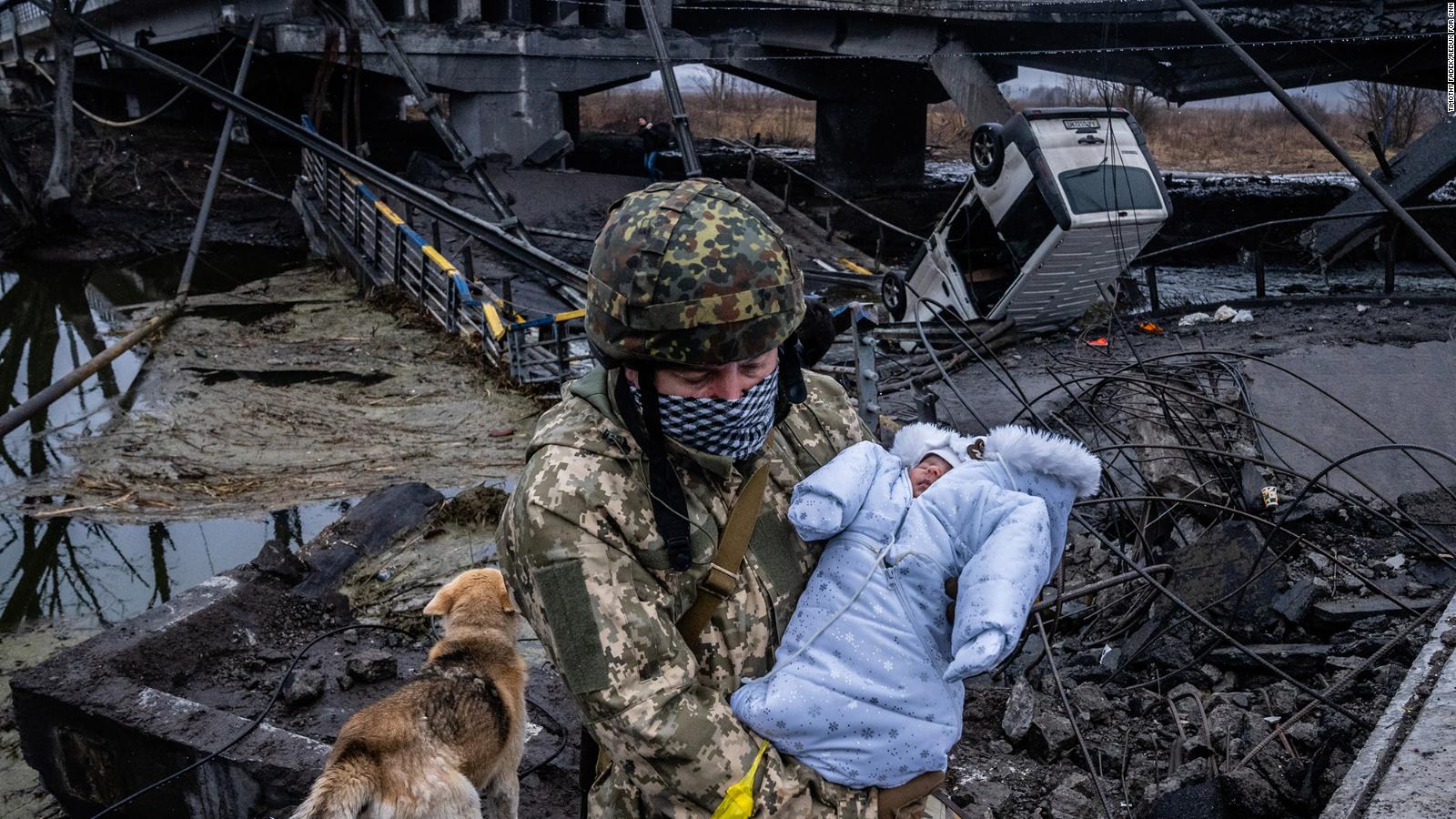
Photos: Russia invades Ukraine
A Ukrainian soldier carries a baby across a destroyed bridge on the outskirts of Kyiv on March 3.
Hide Caption
140 of 247
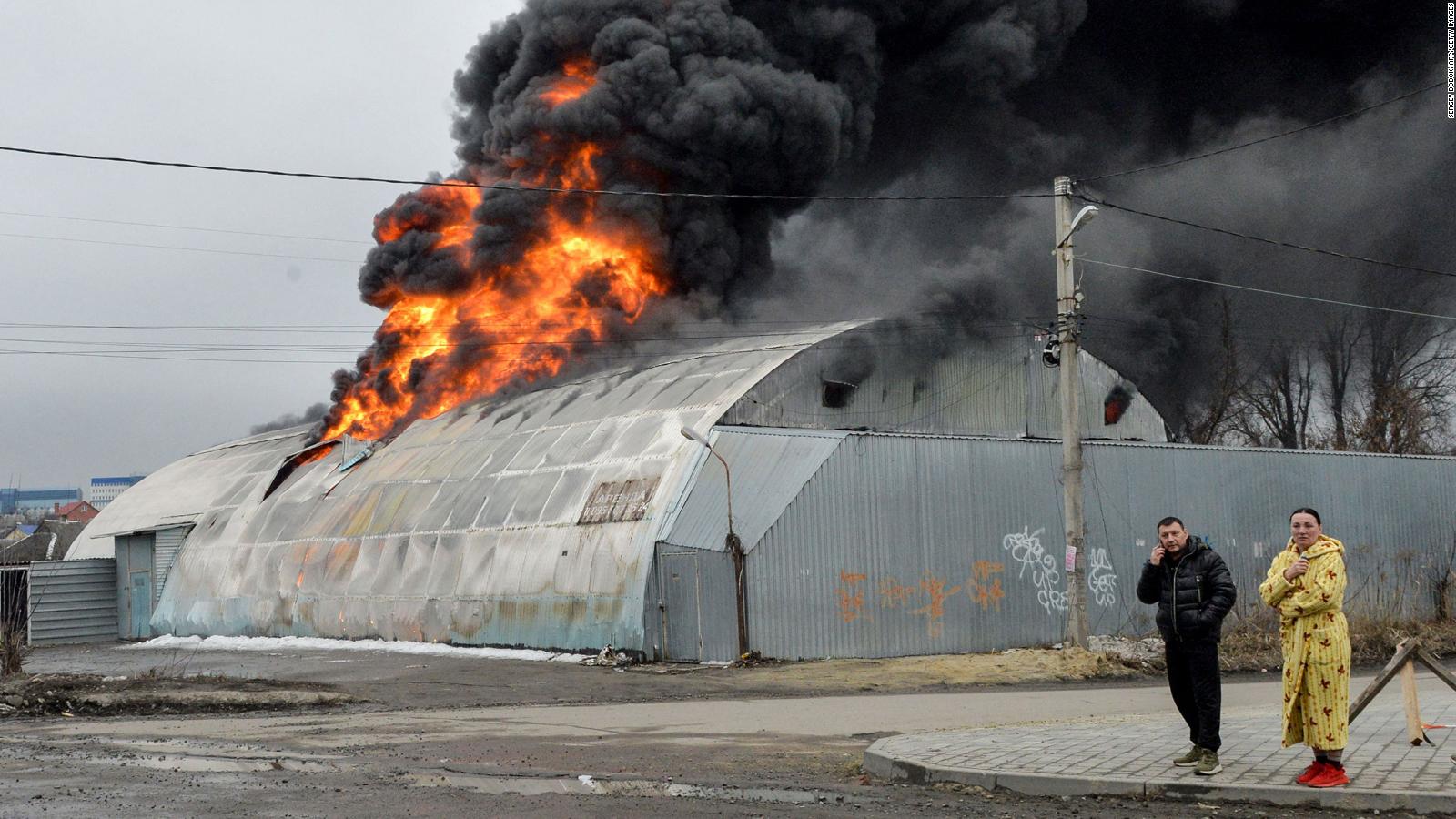
Photos: Russia invades Ukraine
Residents react in front of a burning building after shelling in Kharkiv on March 3.
Hide Caption
141 of 247
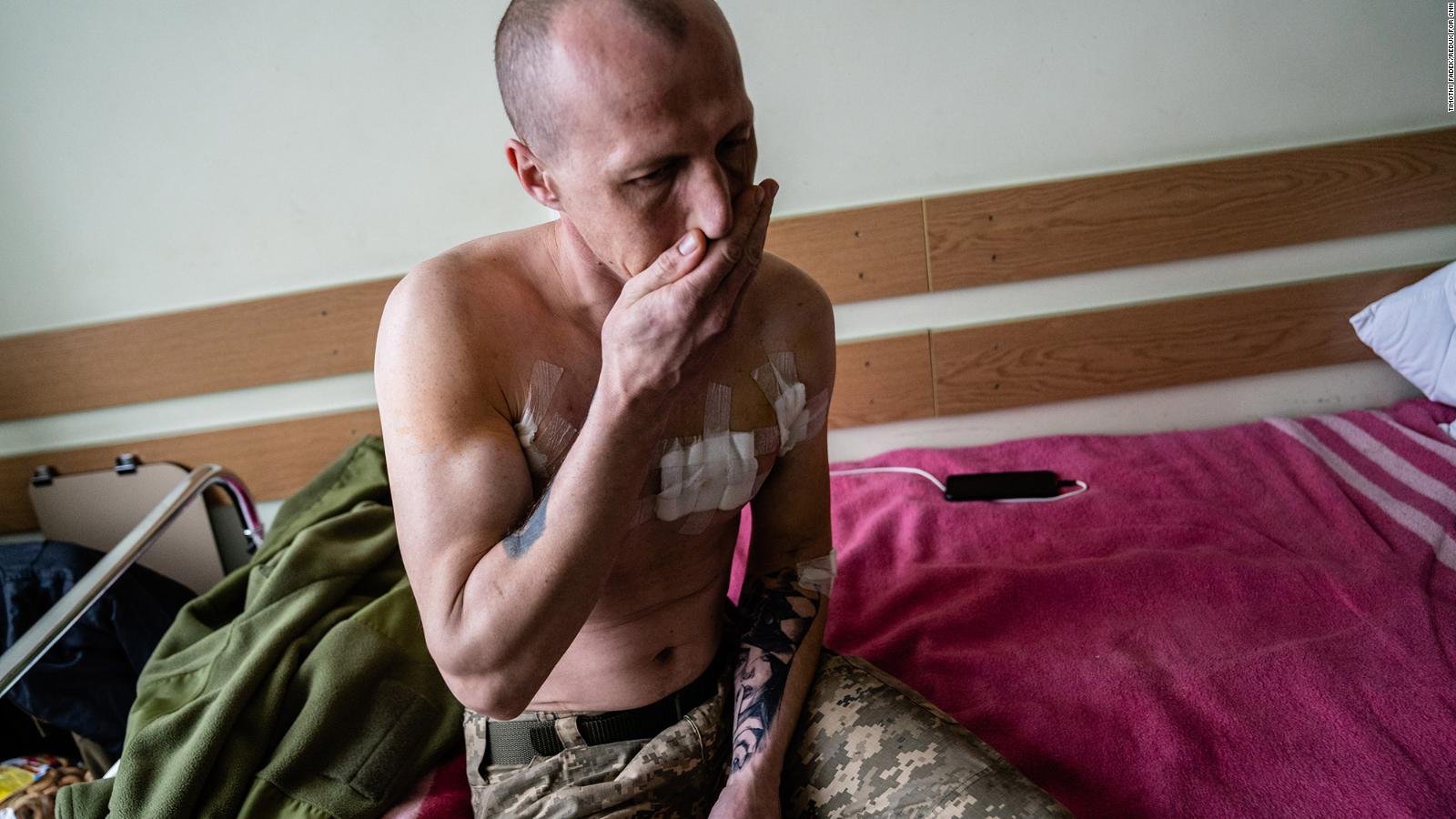
Photos: Russia invades Ukraine
A Ukrainian soldier who says he was shot three times in the opening days of the invasion sits on a hospital bed in Kyiv on March 3.
Hide Caption
142 of 247
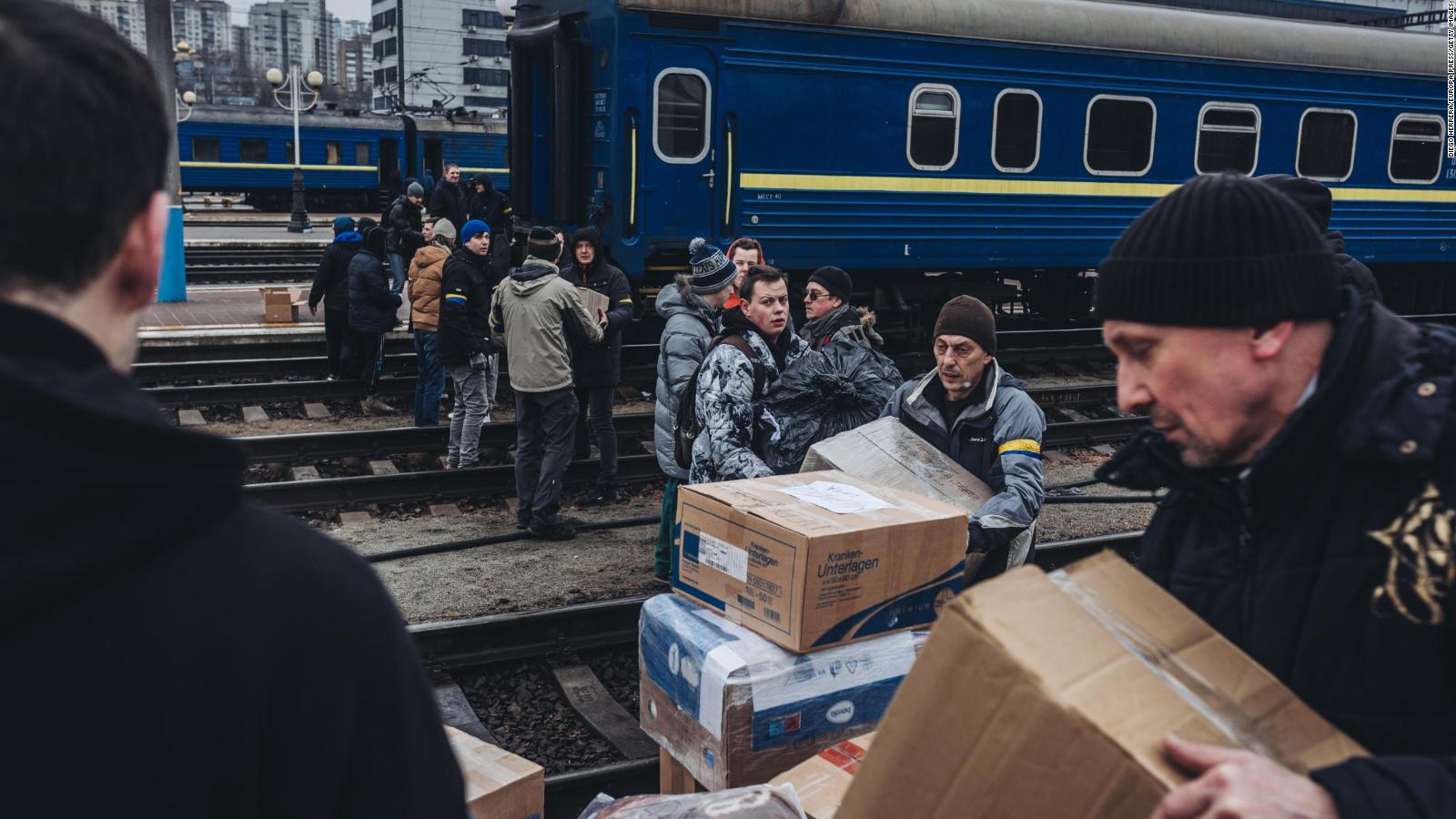
Photos: Russia invades Ukraine
People form a human chain to transfer supplies into Kyiv on March 3.
Hide Caption
143 of 247
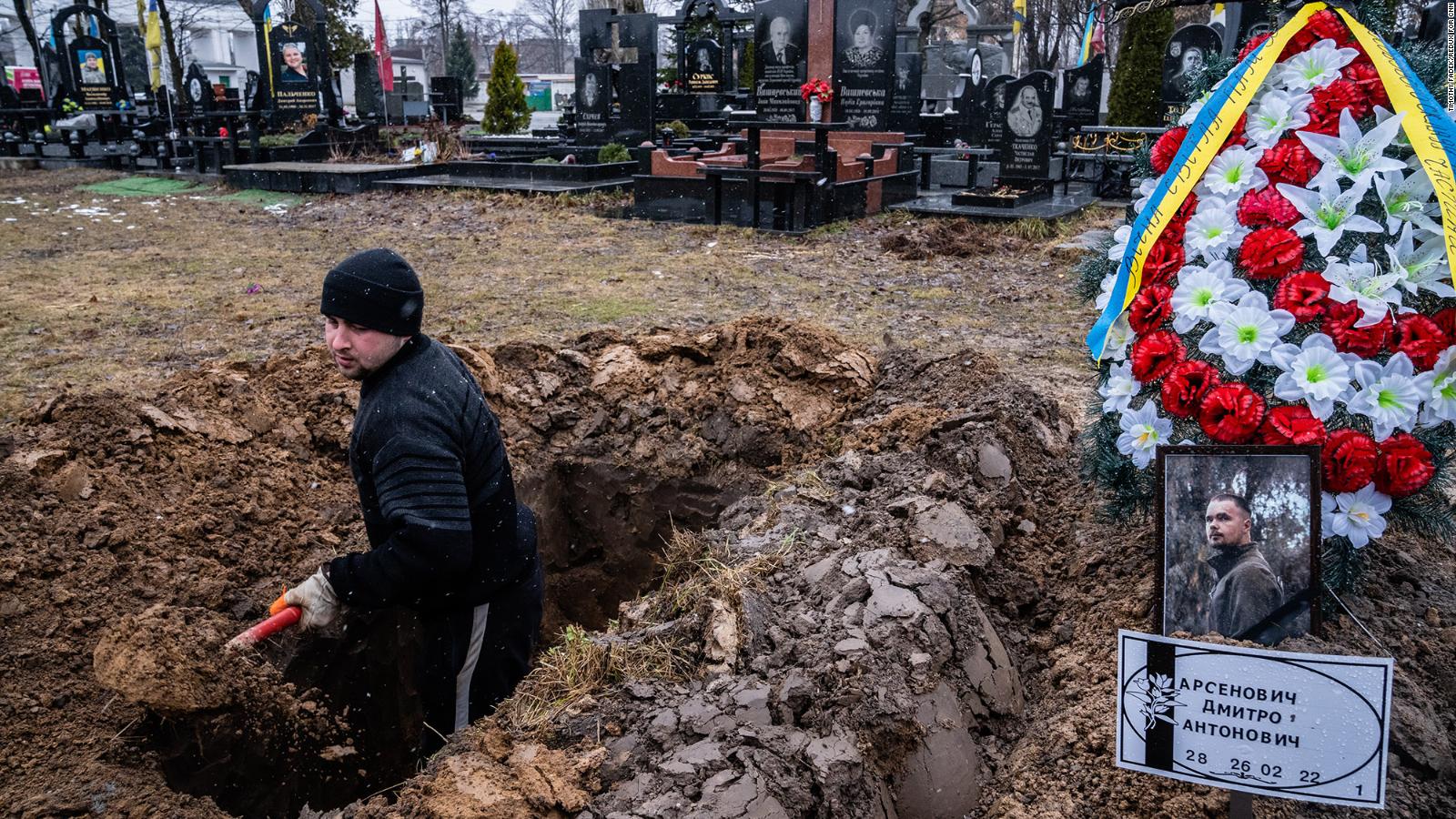
Photos: Russia invades Ukraine
A cemetery worker digs graves for Ukrainian soldiers in Kyiv on March 3.
Hide Caption
144 of 247
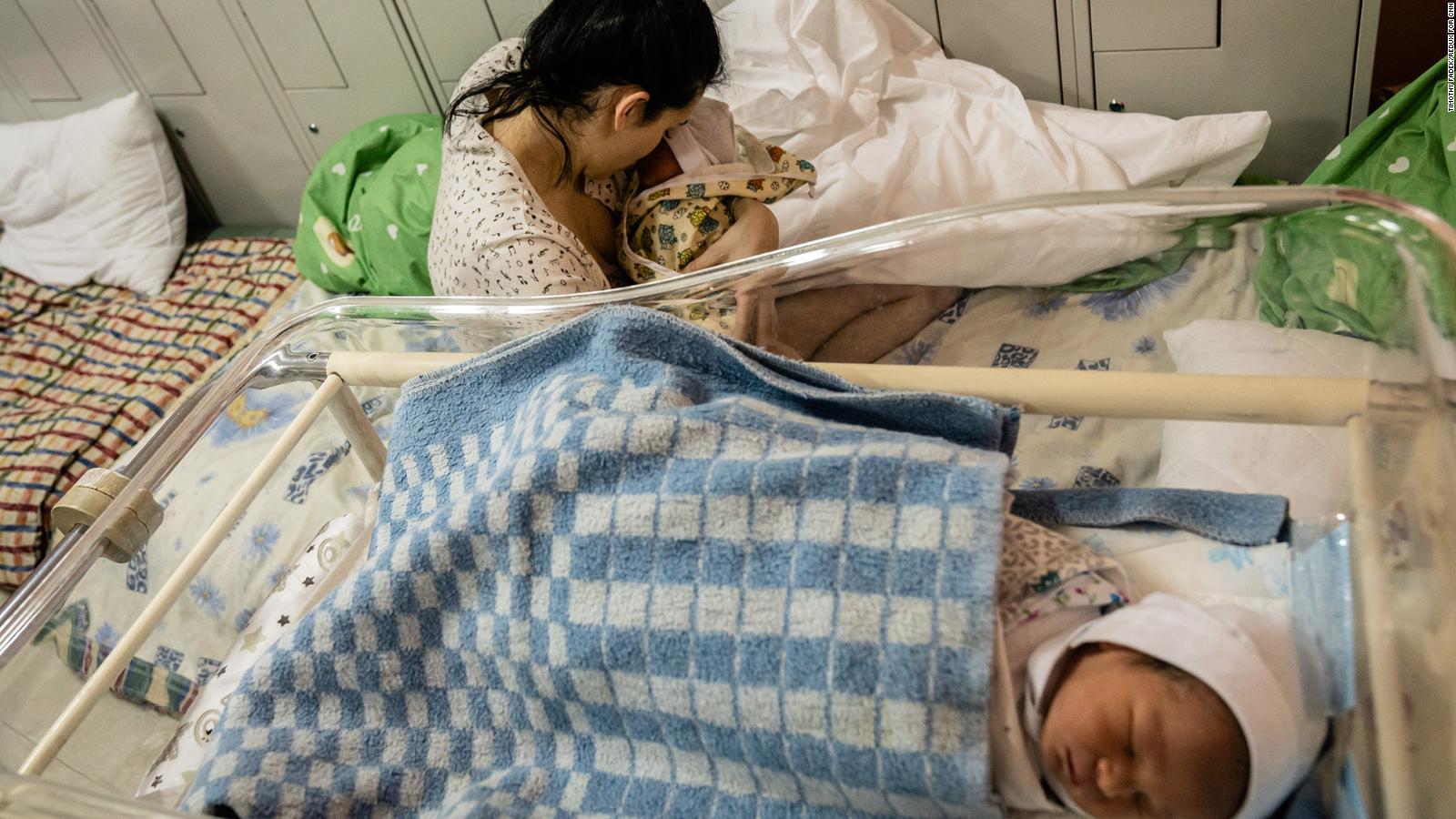
Photos: Russia invades Ukraine
A mother cares for her two infant sons in the underground shelter of a maternity hospital in Kyiv on March 3. She gave birth a day earlier, and she and her husband haven't yet decided on names for the twins.
Hide Caption
145 of 247
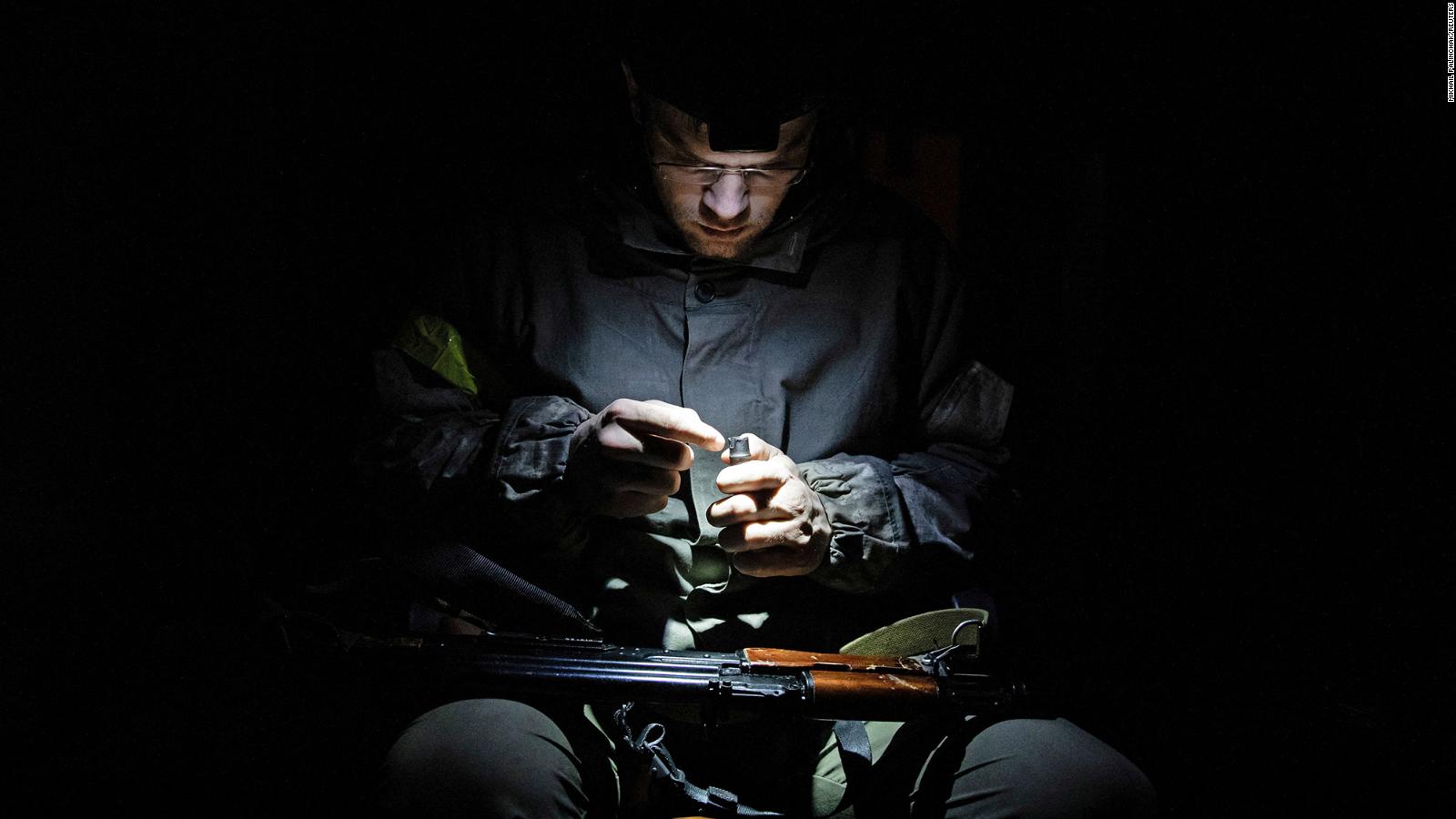
Photos: Russia invades Ukraine
A member of Ukraine's Territorial Defense Forces sits with a weapon in Kyiv on March 2.
Hide Caption
146 of 247
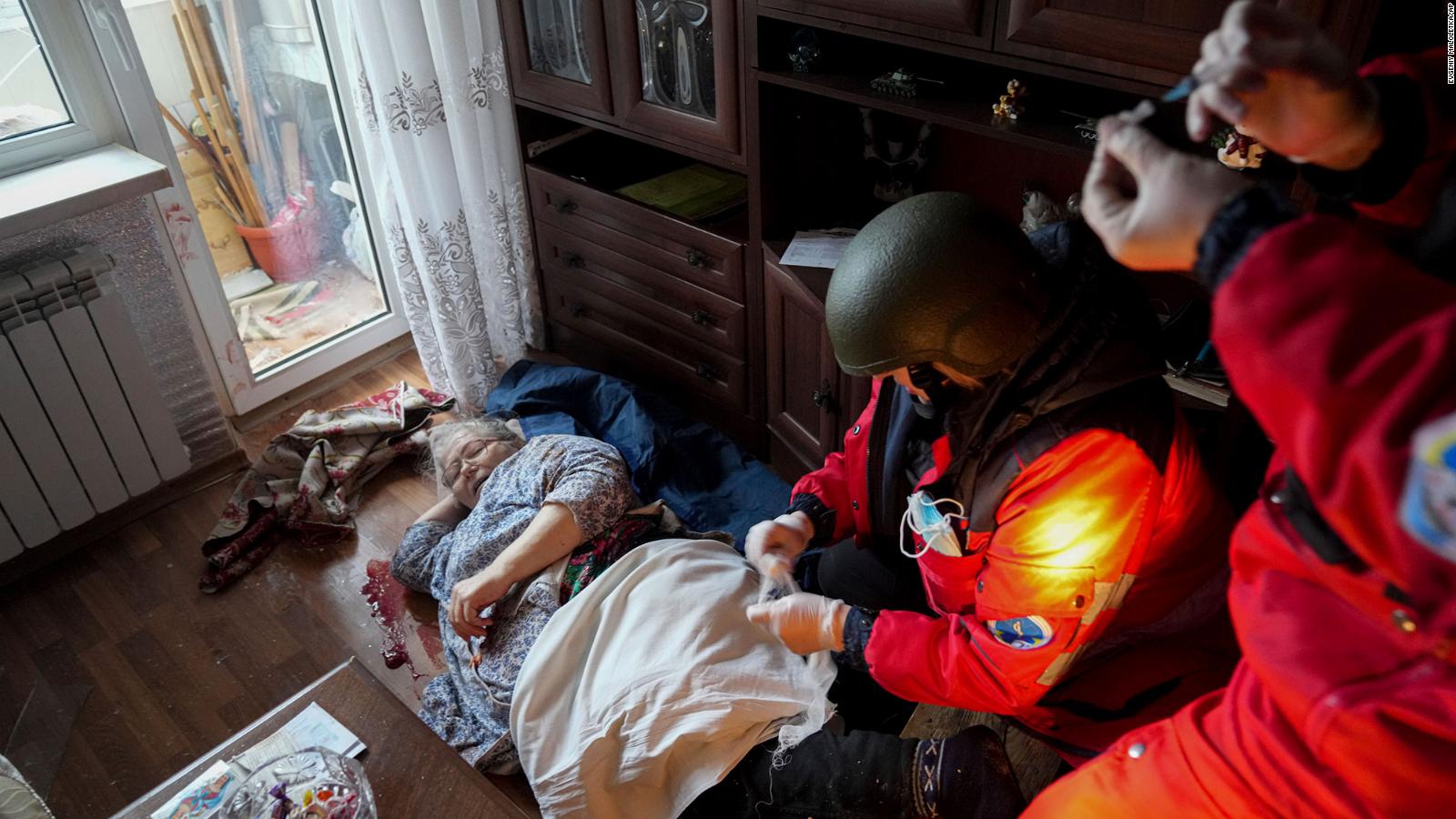
Photos: Russia invades Ukraine
Paramedics treat an elderly woman wounded by shelling before transferring her to a hospital in Mariupol on March 2.
Hide Caption
147 of 247
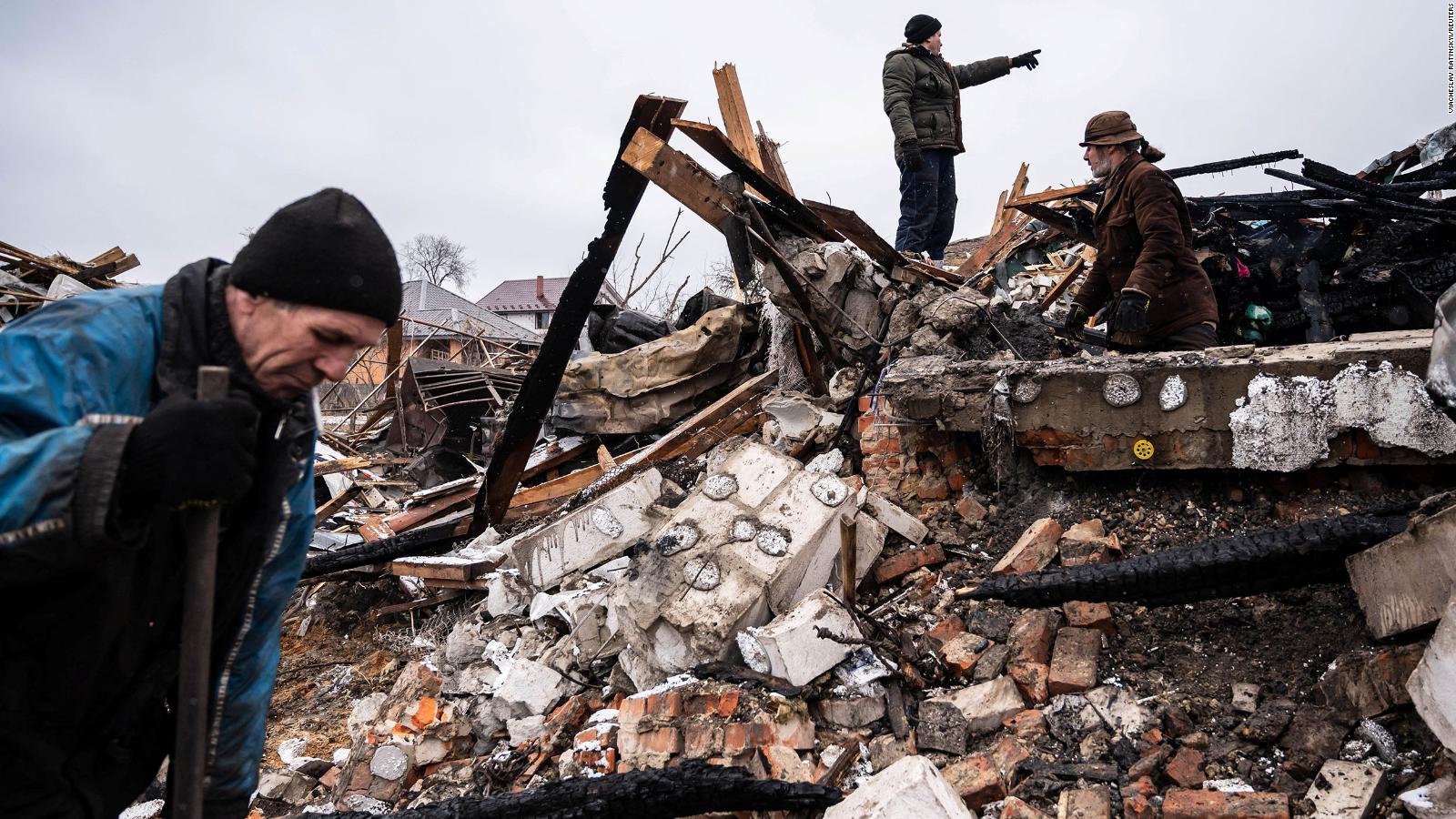
Photos: Russia invades Ukraine
Residents of Zhytomyr work in the remains of a residential building on March 2. The building was destroyed by shelling.
Hide Caption
148 of 247
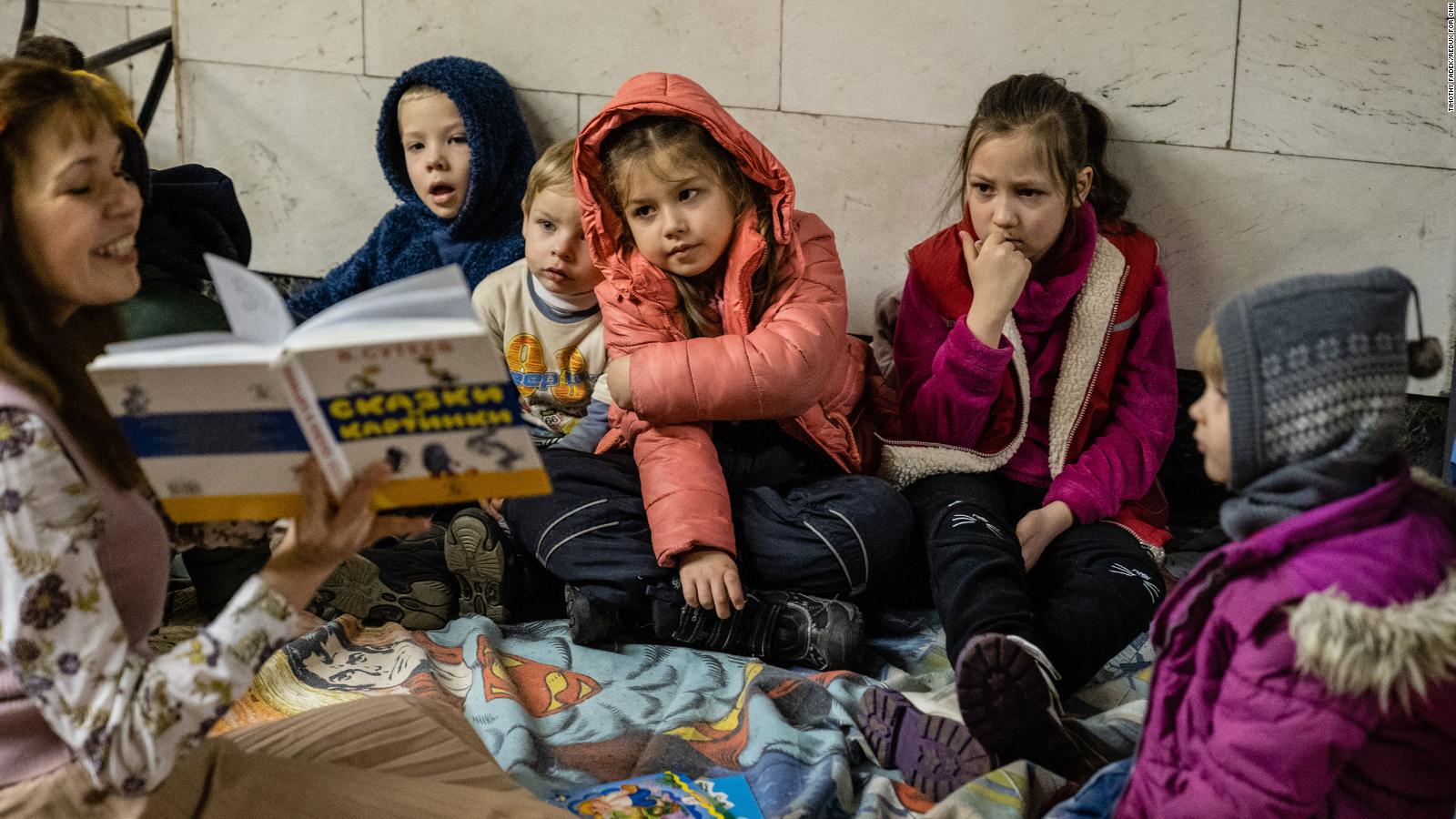
Photos: Russia invades Ukraine
A woman reads a story to children while they take shelter in a subway station in Kyiv on March 2.
Hide Caption
149 of 247
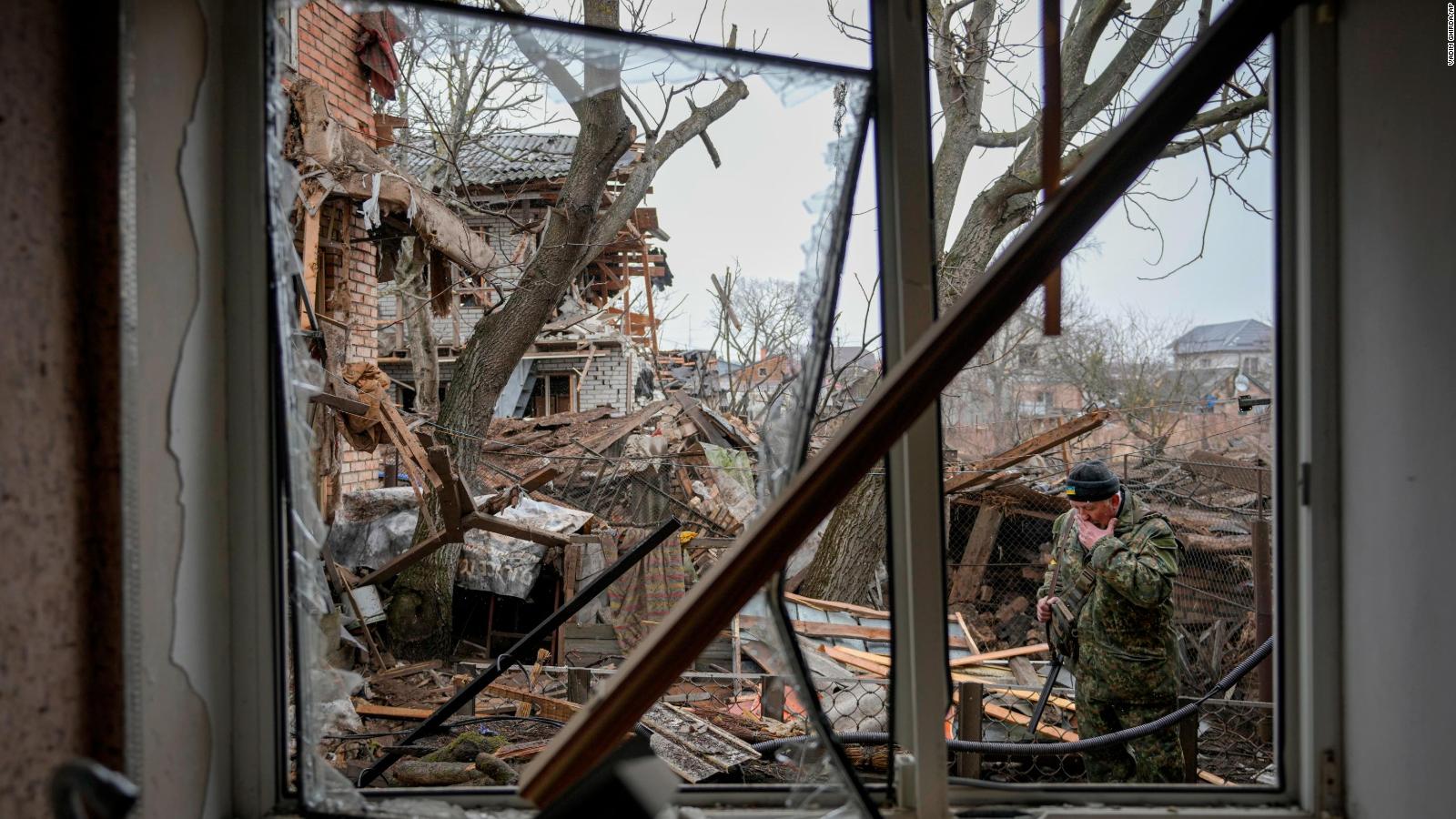
Photos: Russia invades Ukraine
A member of Ukraine's Territorial Defense Forces inspects damage in the backyard of a house in Gorenka on March 2.
Hide Caption
150 of 247
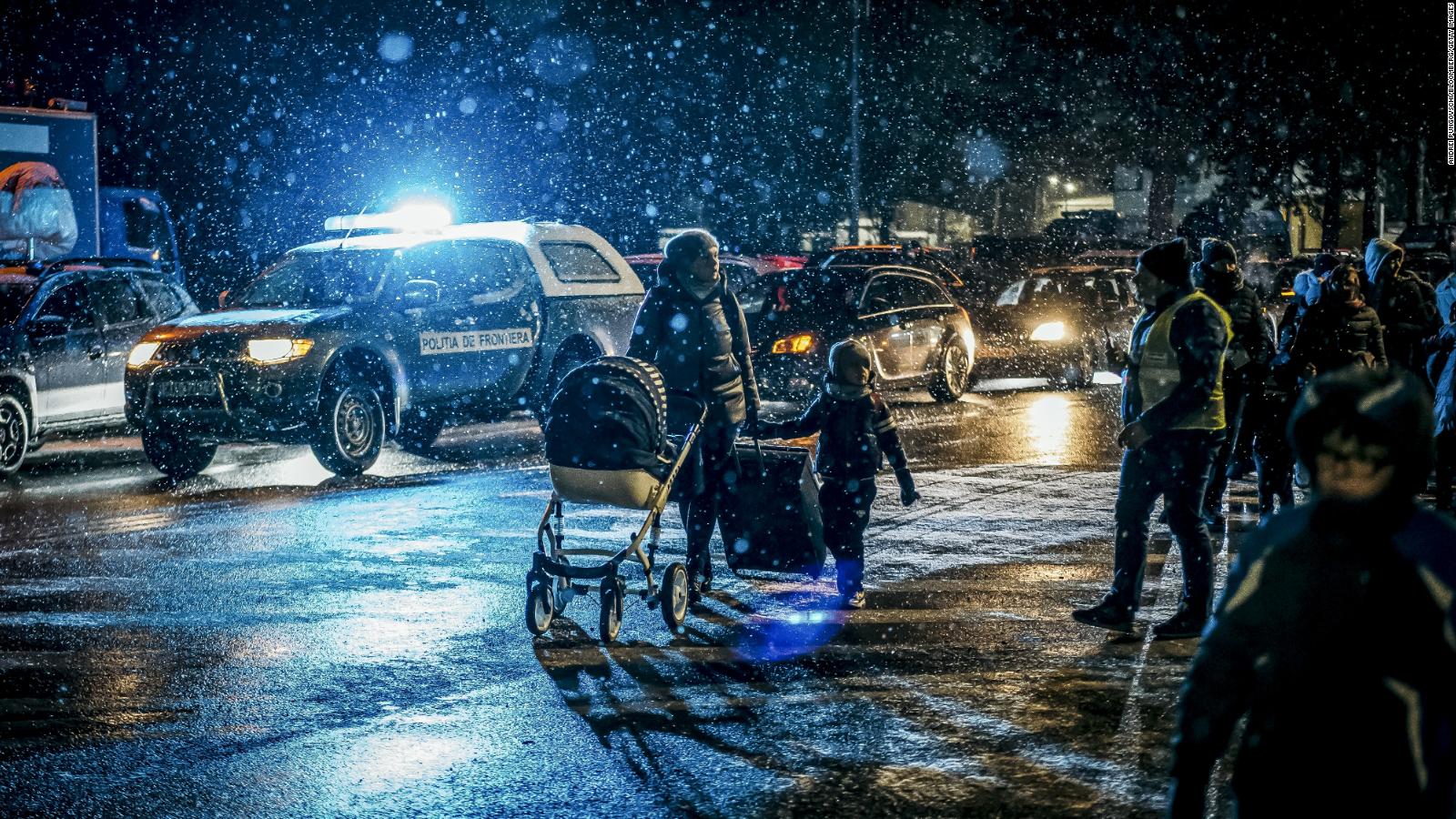
Photos: Russia invades Ukraine
A Ukrainian woman takes her children over the border in Siret, Romania, on March 2. Many Ukrainians are fleeing the country at a pace that could turn into "Europe's largest refugee crisis this century," the United Nations Refugee Agency said.
Hide Caption
151 of 247
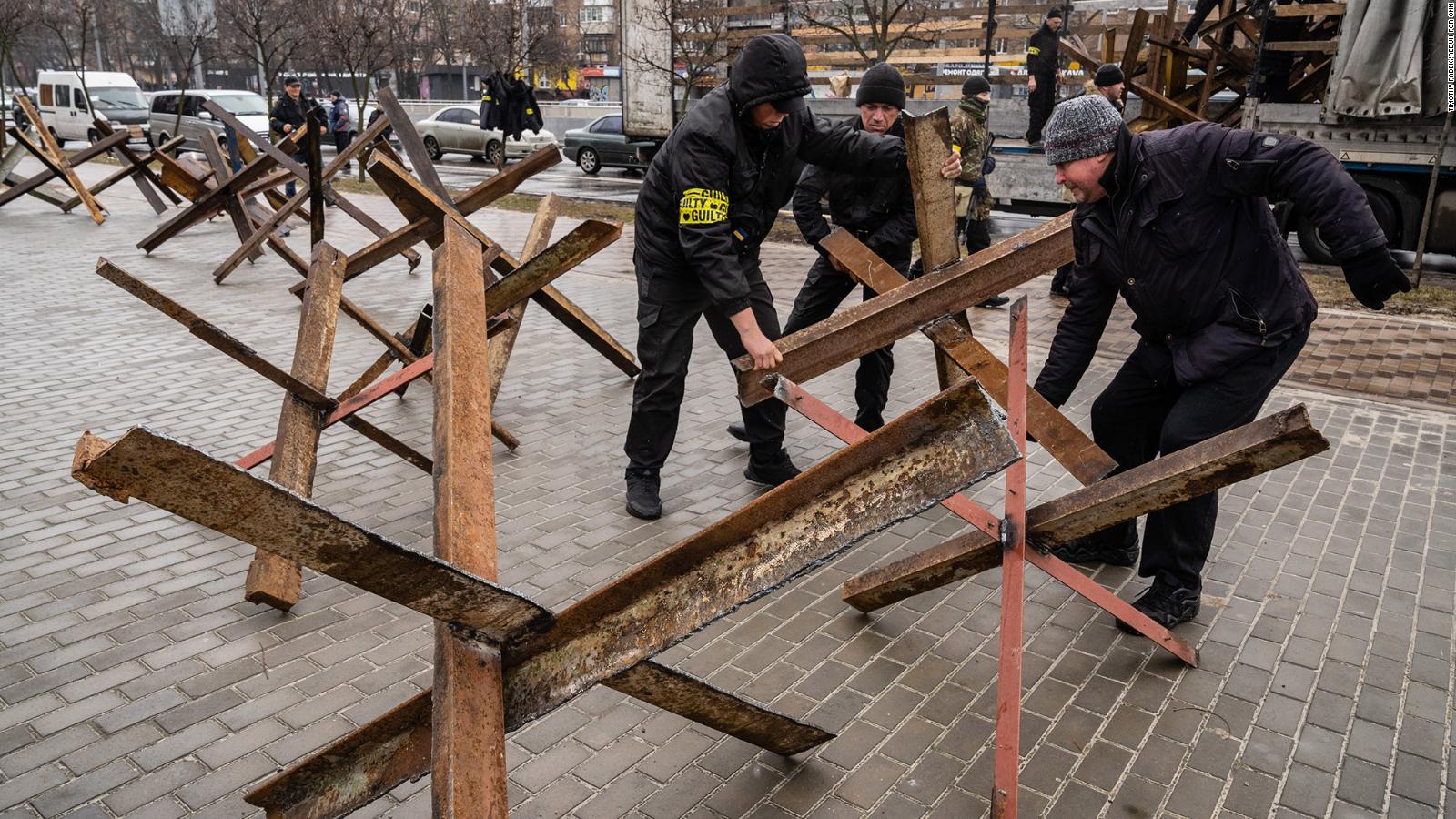
Photos: Russia invades Ukraine
Militia members set up anti-tank barricades in Kyiv on March 2.
Hide Caption
152 of 247
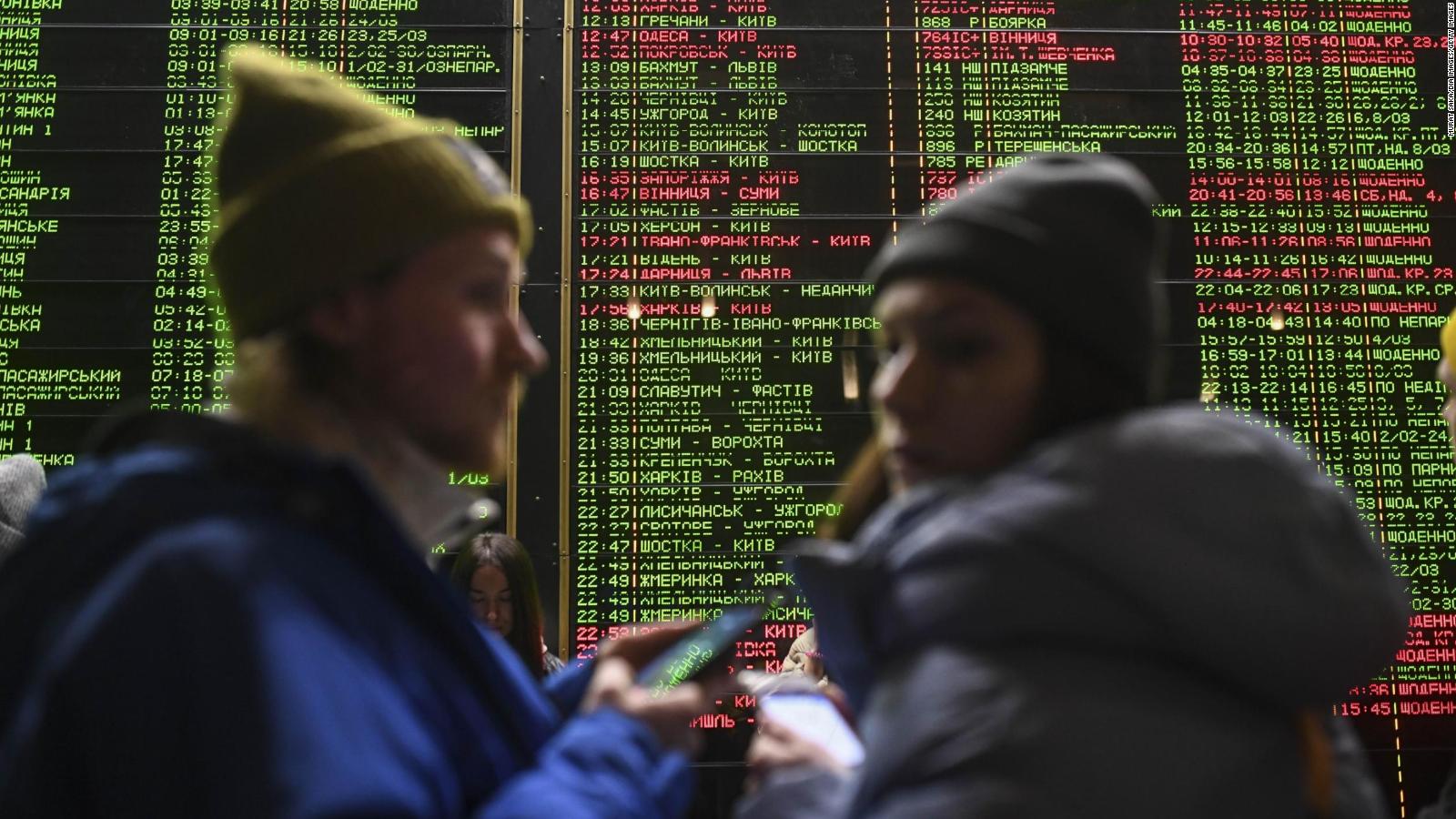
Photos: Russia invades Ukraine
People wait at a train station in Kyiv on March 2.
Hide Caption
153 of 247
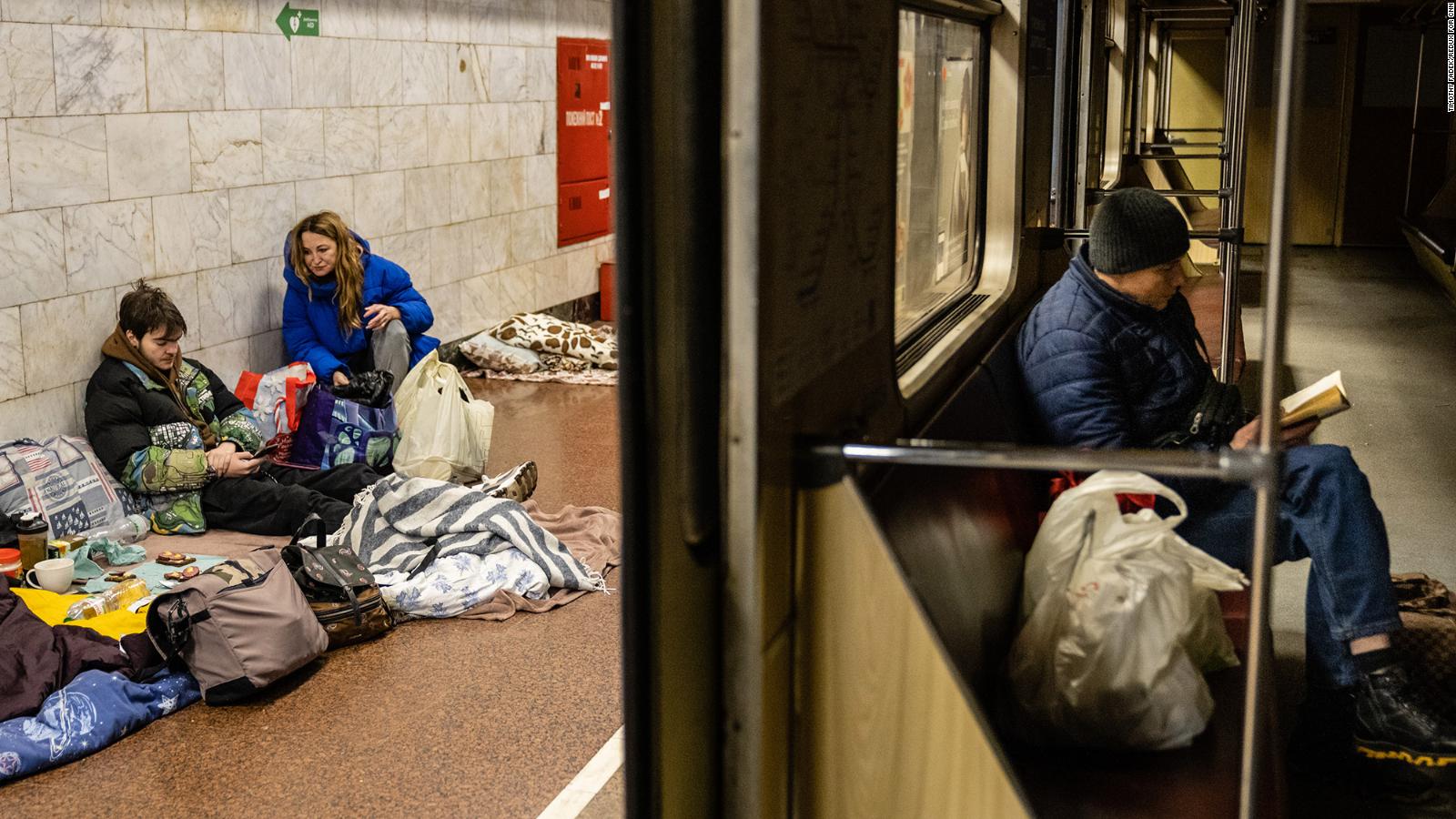
Photos: Russia invades Ukraine
People shelter in a subway station in Kyiv on March 2.
Hide Caption
154 of 247
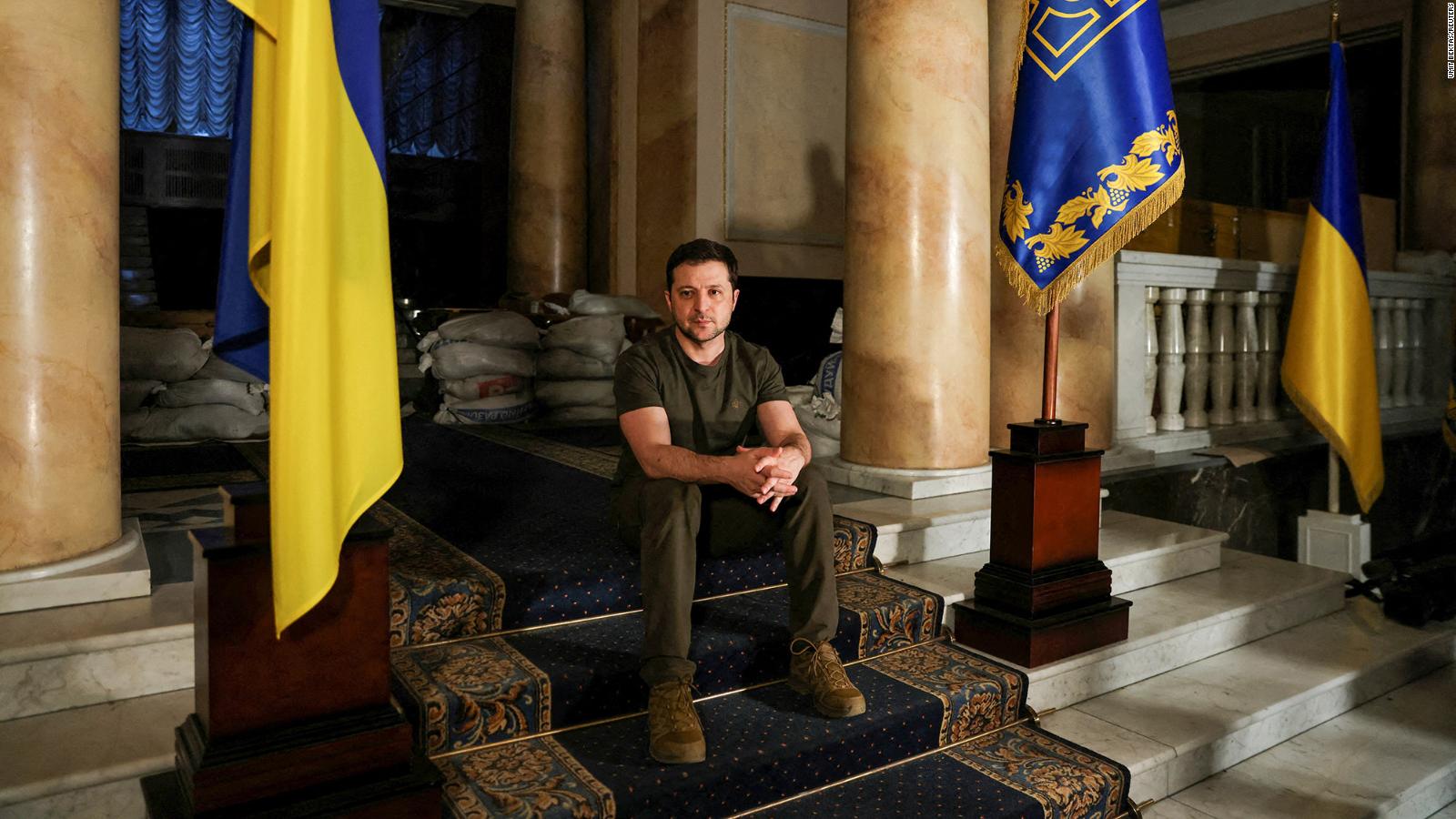
Photos: Russia invades Ukraine
Ukrainian President Volodymyr Zelensky poses for a picture in a Kyiv bunker after an exclusive interview with CNN and Reuters on March 1. Zelensky said that as long as Moscow's attacks on Ukrainian cities continued, little progress could be made in talks between the two nations. "It's important to stop bombing people, and then we can move on and sit at the negotiation table," he said.
Hide Caption
155 of 247
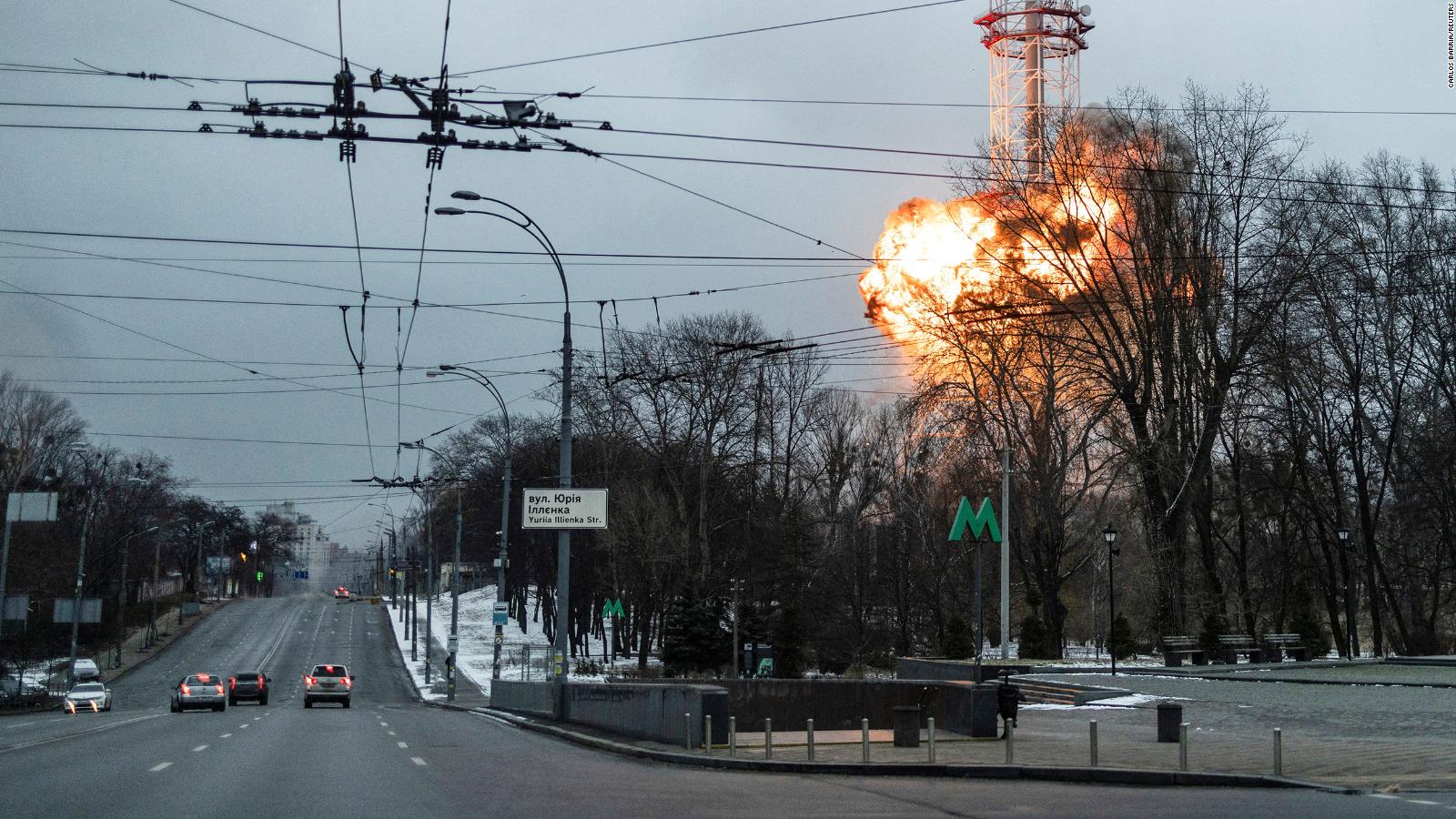
Photos: Russia invades Ukraine
An explosion is seen at a TV tower in Kyiv on March 1. Russian forces fired rockets near the tower and struck a Holocaust memorial site in Kyiv hours after warning of "high-precision" strikes on other facilities linked to Ukrainian security agencies.
Hide Caption
156 of 247
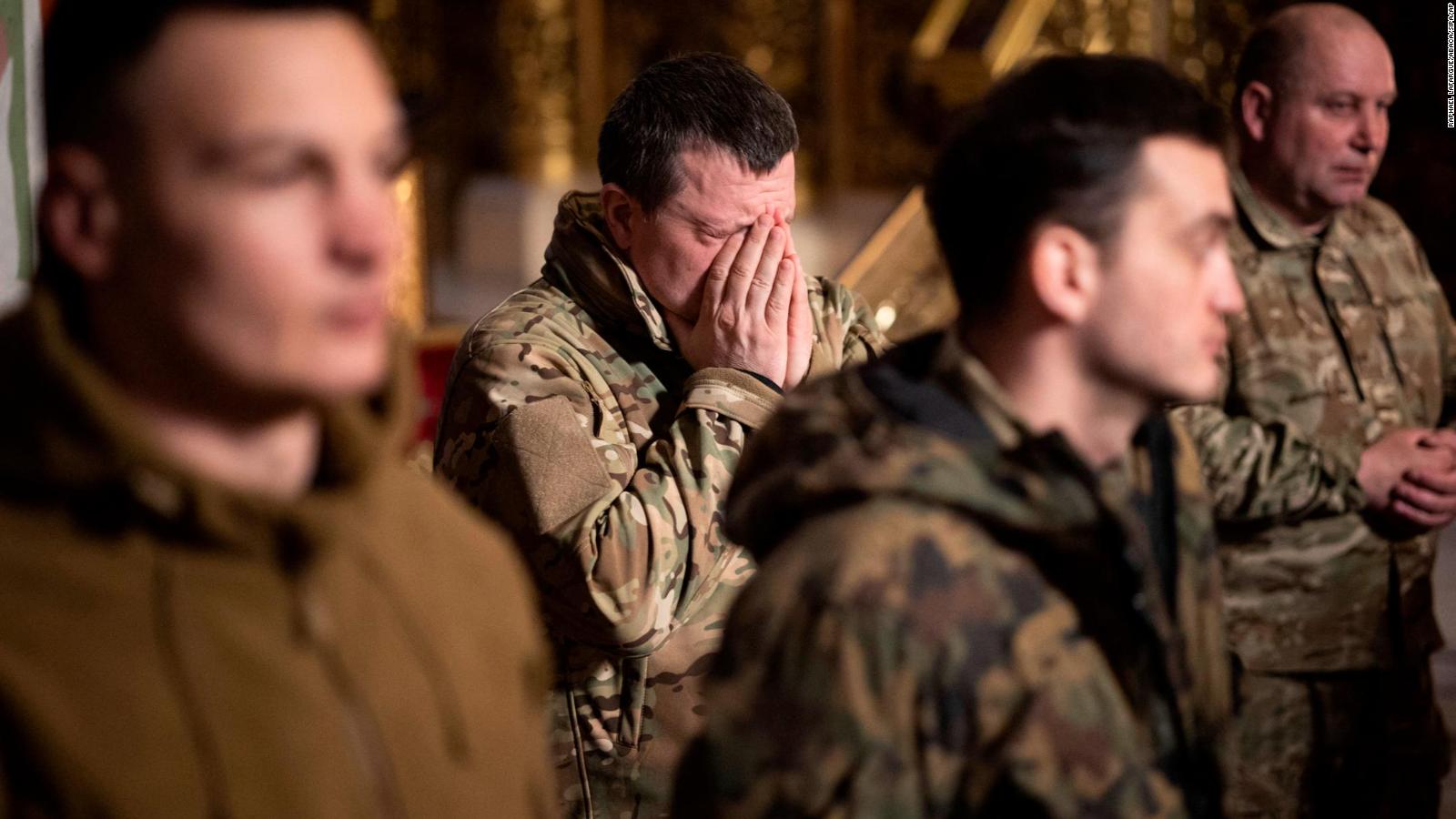
Photos: Russia invades Ukraine
Ukrainian soldiers attend Mass at an Orthodox monastery in Kyiv on March 1.
Hide Caption
157 of 247
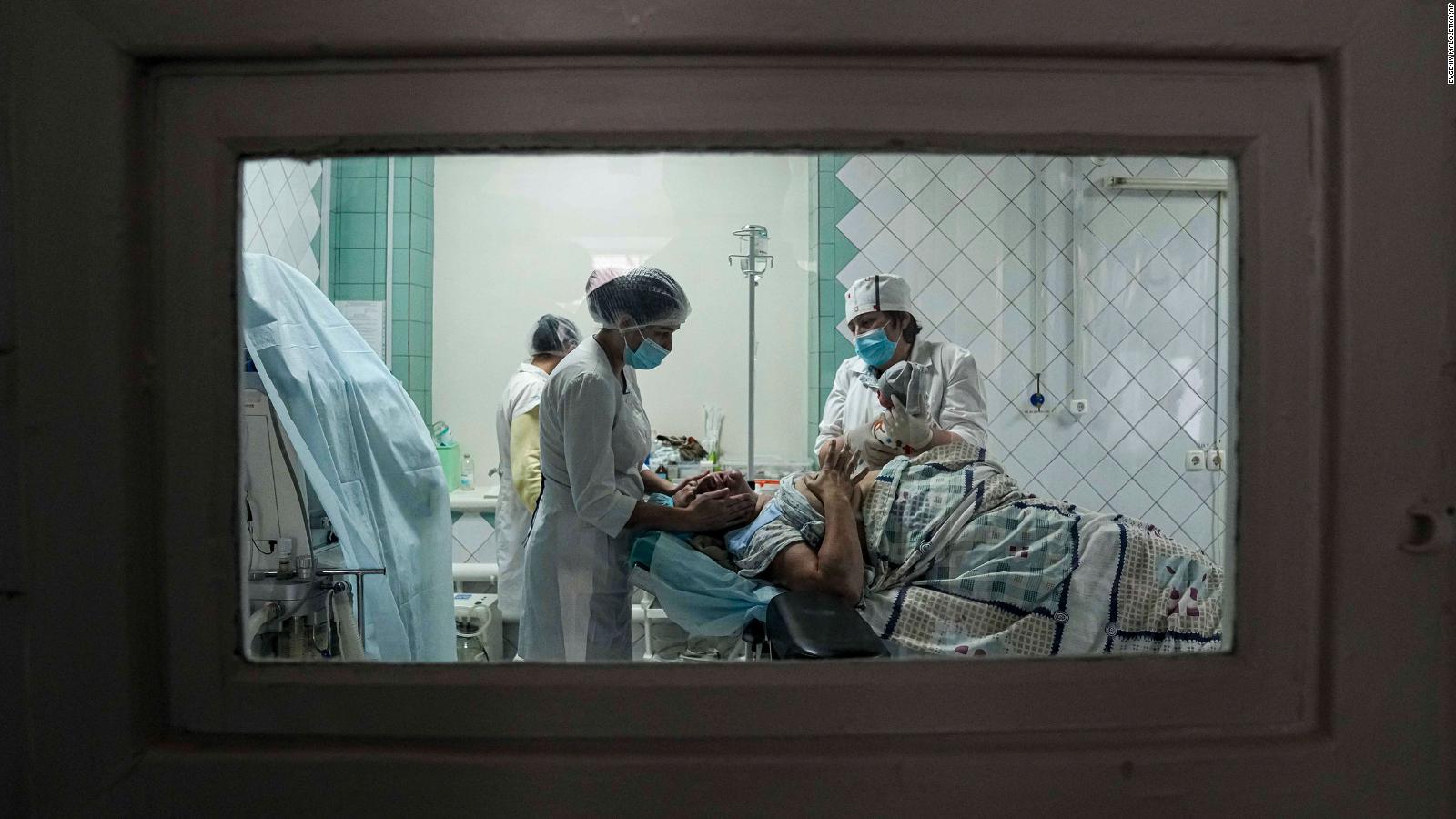
Photos: Russia invades Ukraine
Medical workers show a mother her newborn after she gave birth at a maternity hospital in Mariupol on March 1. The hospital is now also used as a medical ward and bomb shelter.
Hide Caption
158 of 247
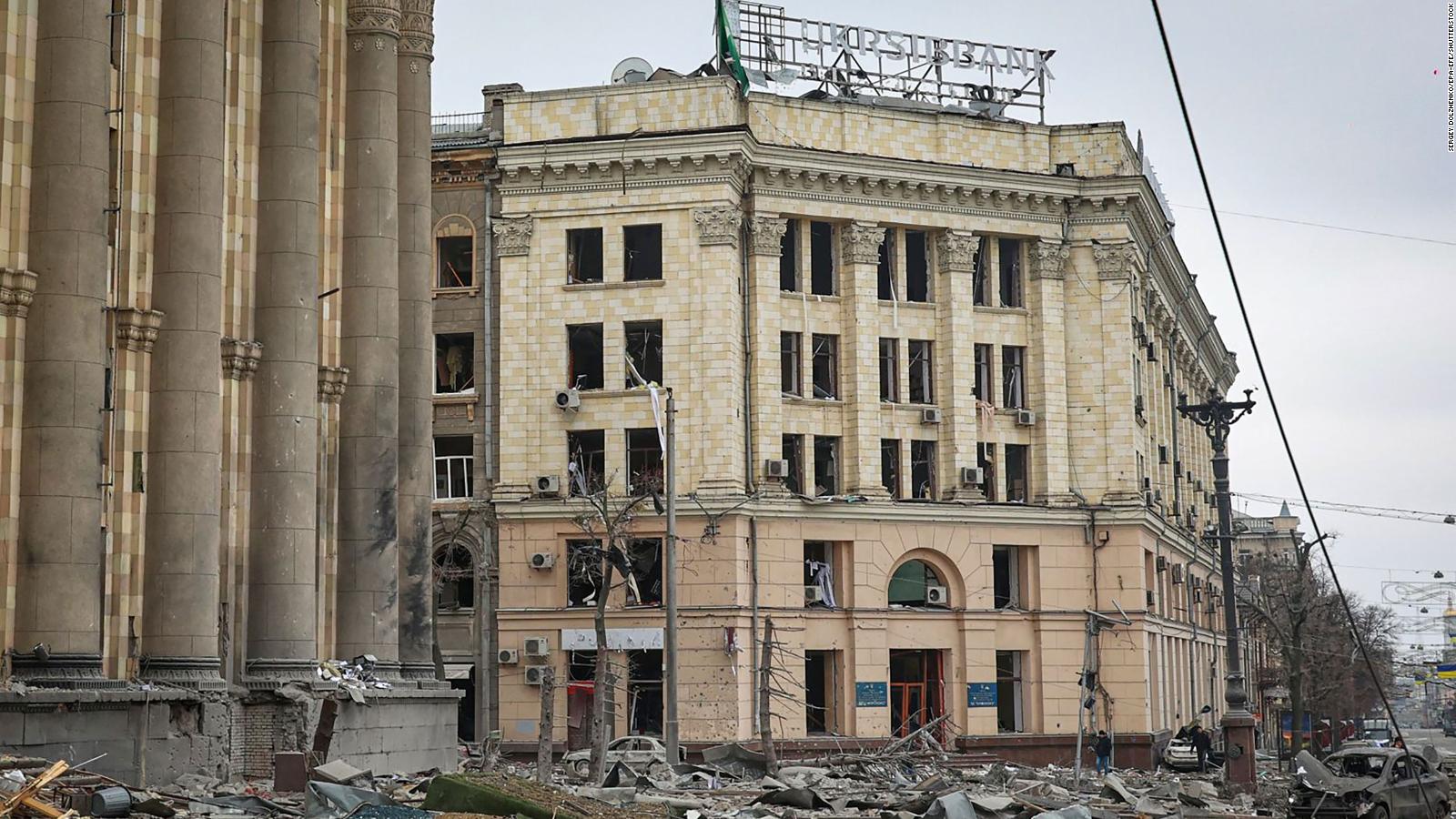
Photos: Russia invades Ukraine
An administrative building is seen in Kharkiv after Russian shelling on March 1. Russian forces have scaled up their bombardment of Kharkiv, Ukraine's second-largest city.
Hide Caption
159 of 247
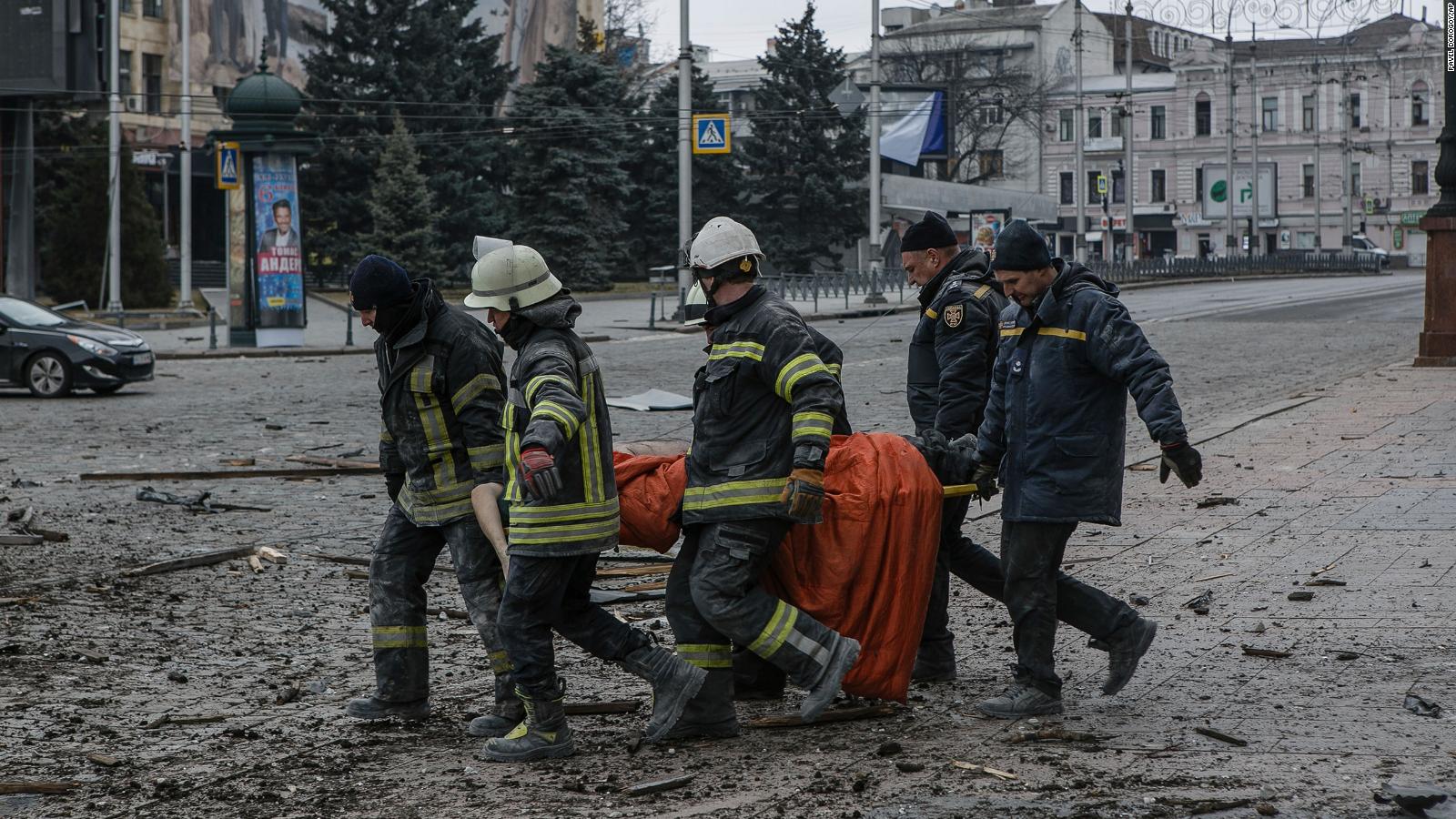
Photos: Russia invades Ukraine
Ukrainian emergency workers carry a body of a victim following shelling that hit the City Hall building in Kharkiv on March 1.
Hide Caption
160 of 247
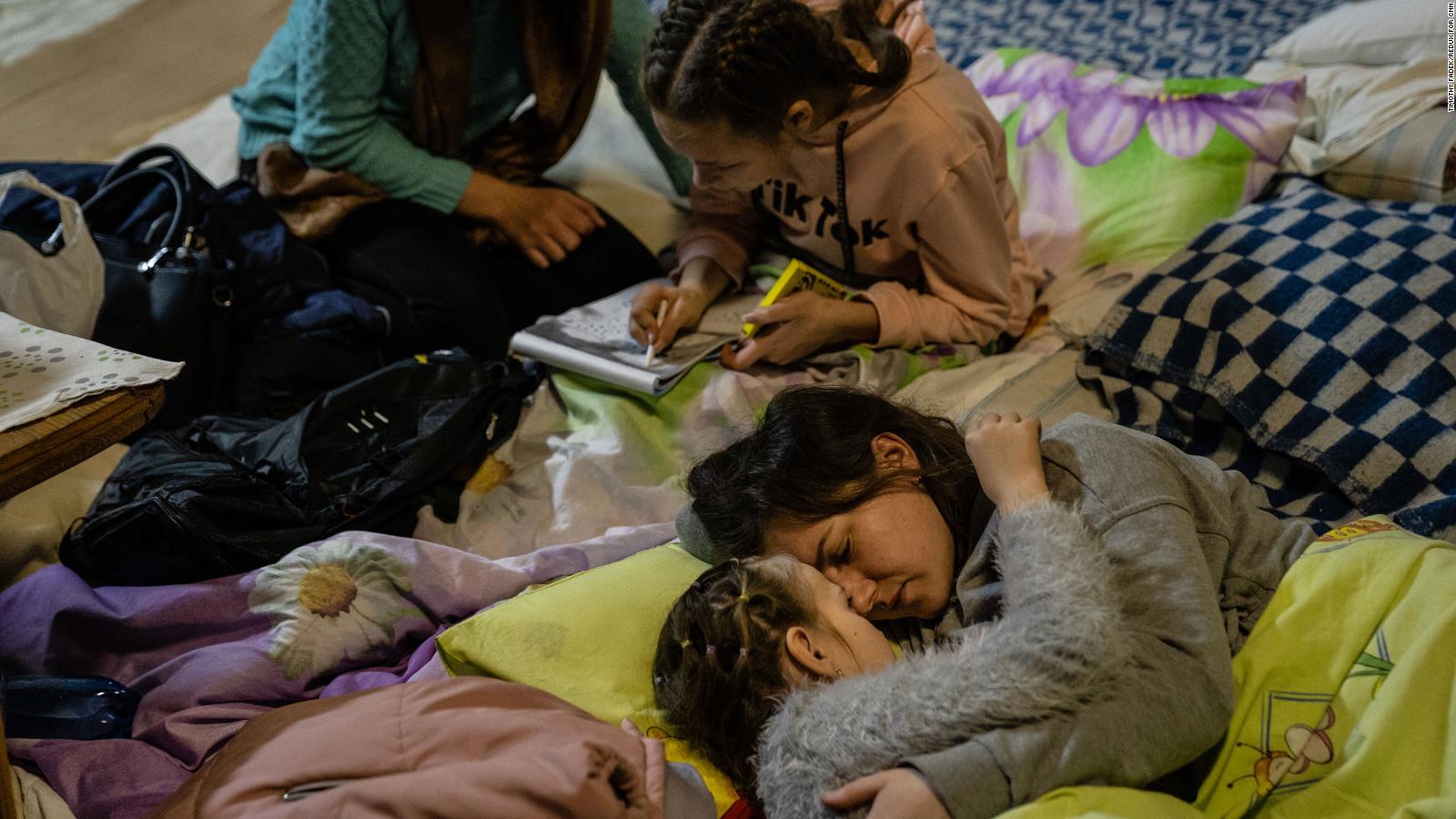
Photos: Russia invades Ukraine
A woman named Helen comforts her 8-year-old daughter, Polina, in the bomb shelter of a Kyiv children's hospital on March 1. The girl was at the hospital being treated for encephalitis, or inflammation of the brain.
Hide Caption
161 of 247
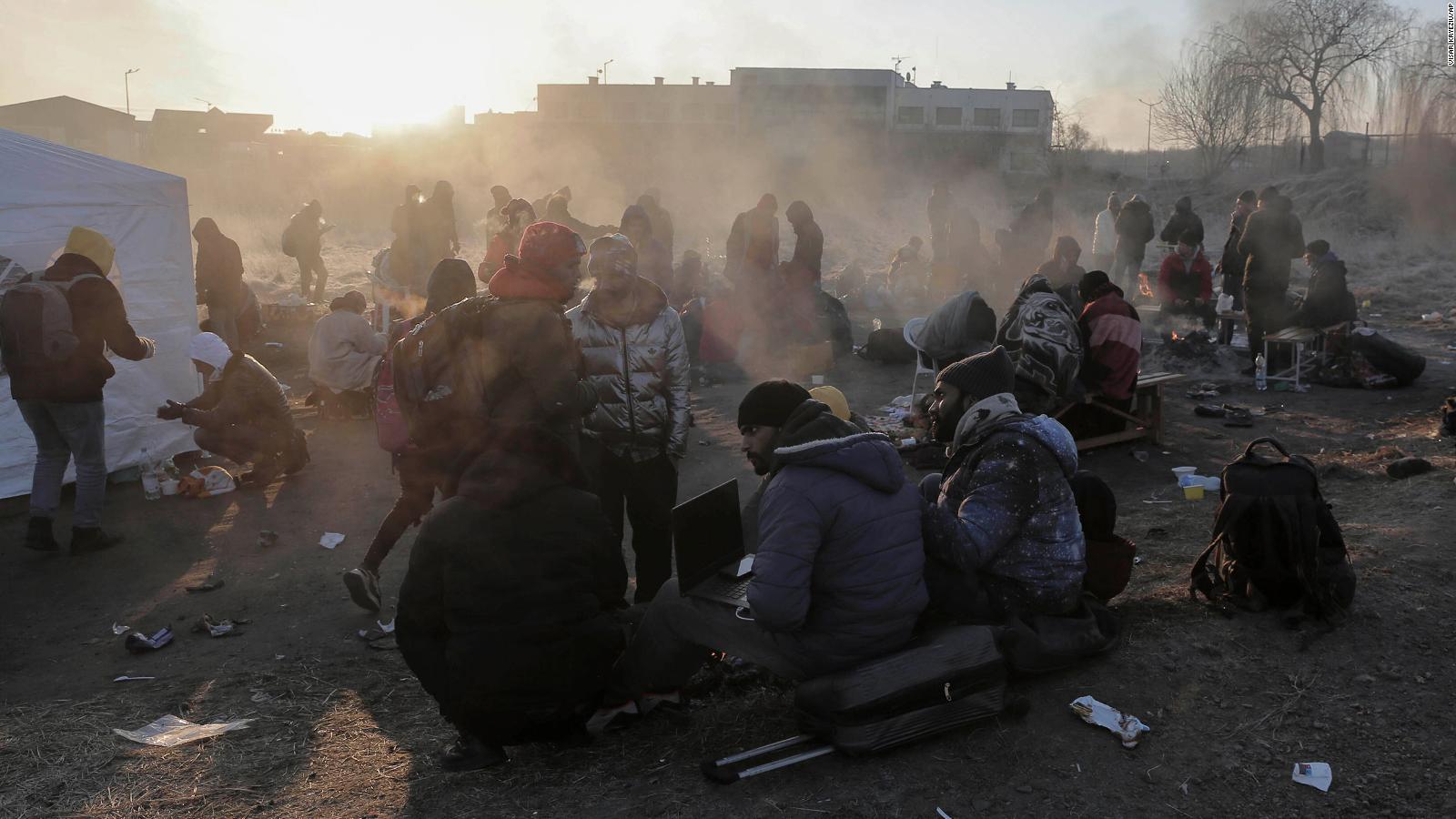
Photos: Russia invades Ukraine
Ukrainian refugees try to stay warm at the Medyka border crossing in Poland on March 1.
Hide Caption
162 of 247
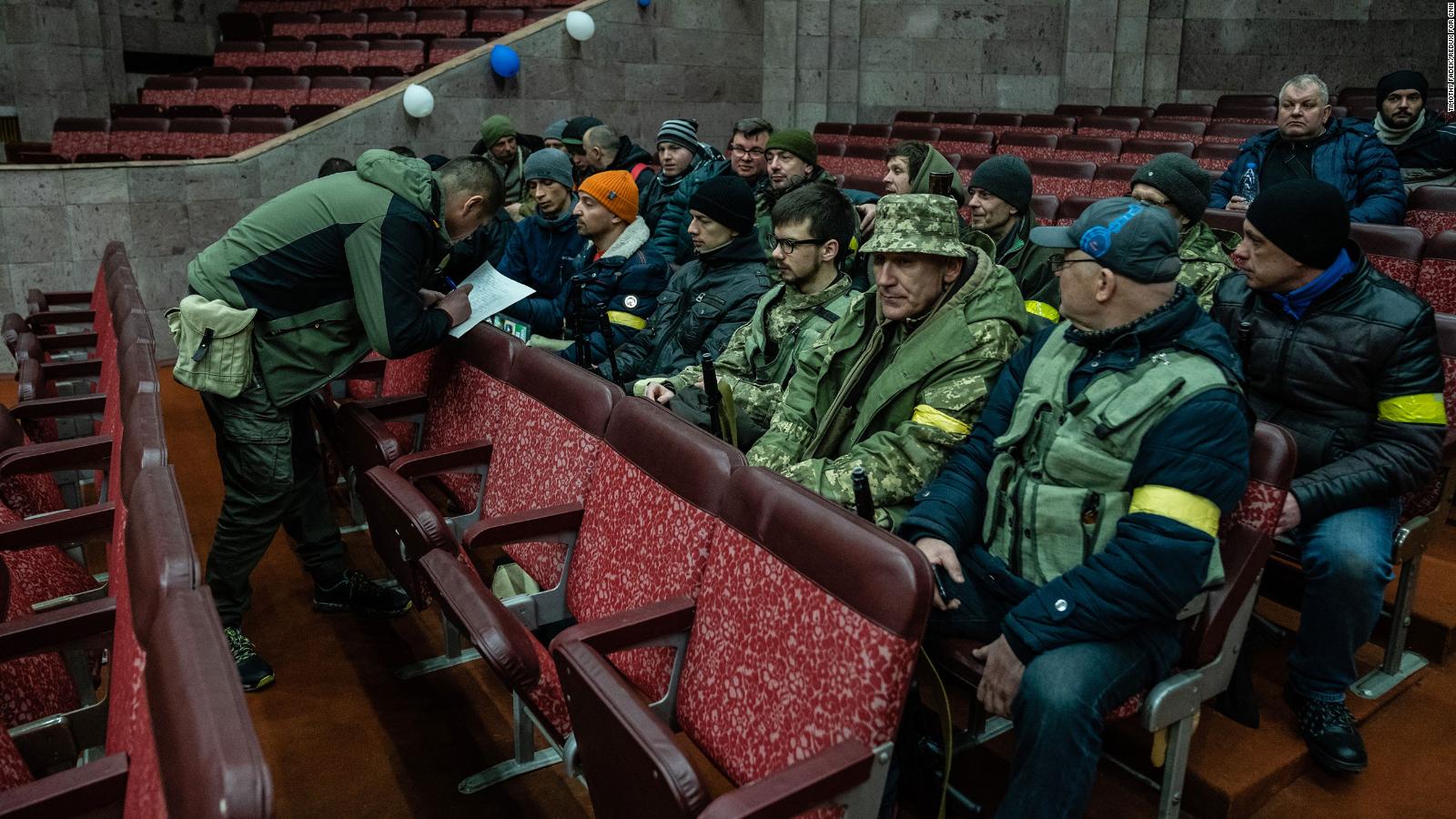
Photos: Russia invades Ukraine
Volunteers in Kyiv sign up to join Ukraine's Territorial Defense Forces on February 28.
Hide Caption
163 of 247
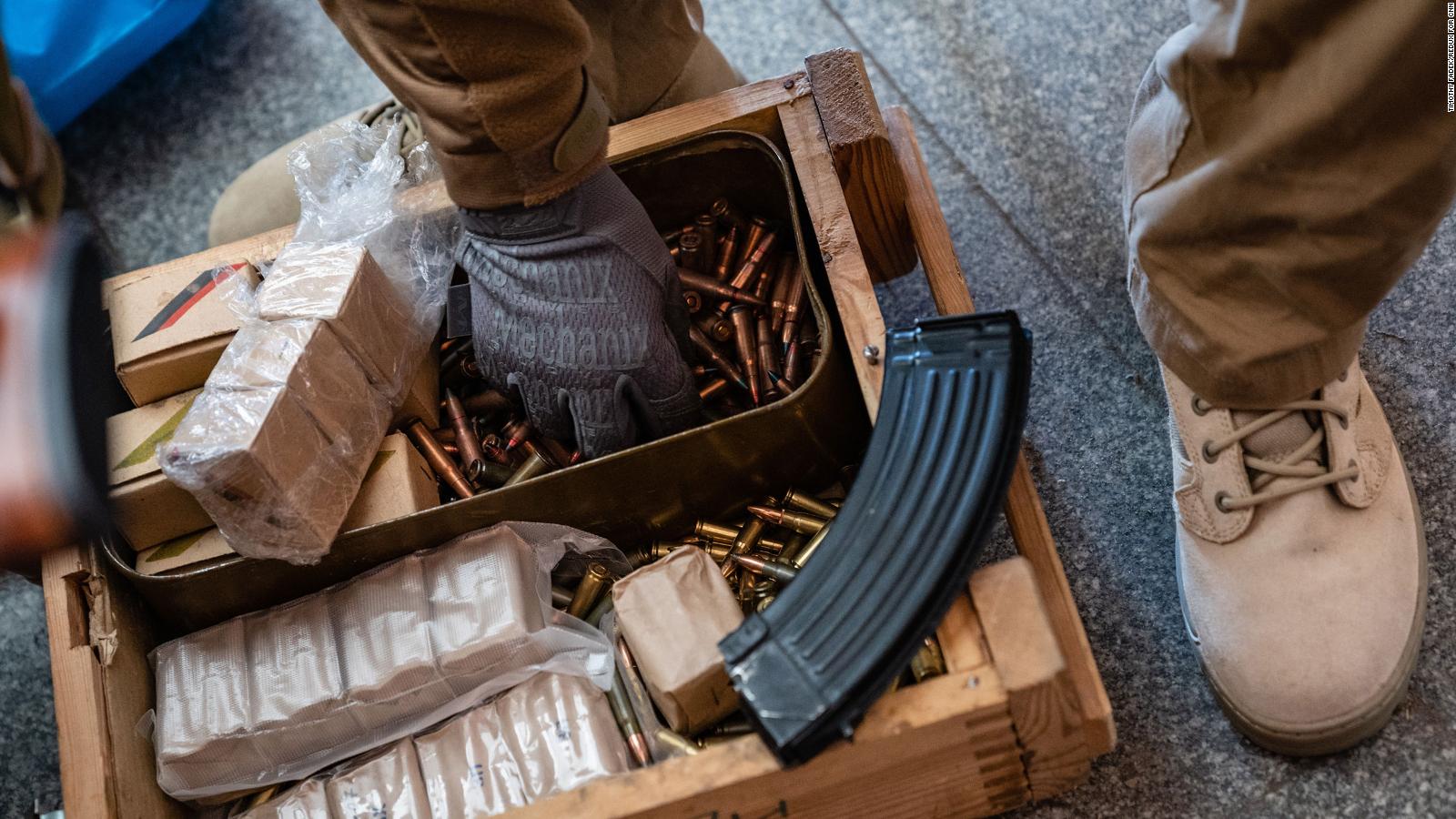
Photos: Russia invades Ukraine
A member of the Territorial Defense Forces loads rifle magazines in Kyiv on February 28.
Hide Caption
164 of 247
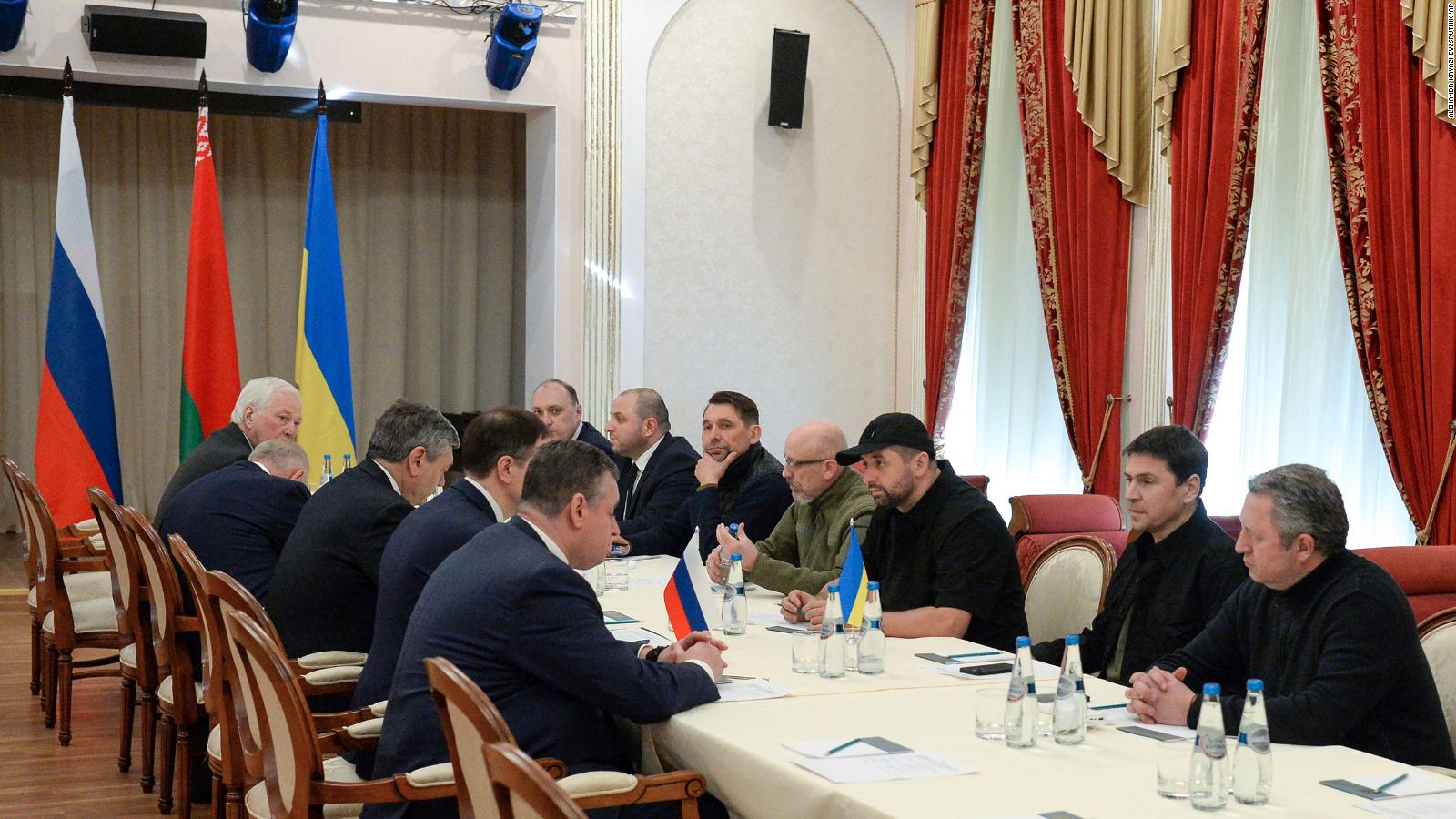
Photos: Russia invades Ukraine
Delegations from Russia and Ukraine hold talks in Belarus on February 28. Both sides discussed a potential "ceasefire and the end of combat actions on the territory of Ukraine," Ukrainian presidential adviser Mikhaylo Podolyak told reporters. Without going into detail, Podolyak said that both sides would return to their capitals for consultations over whether to implement a number of "decisions."
Hide Caption
165 of 247
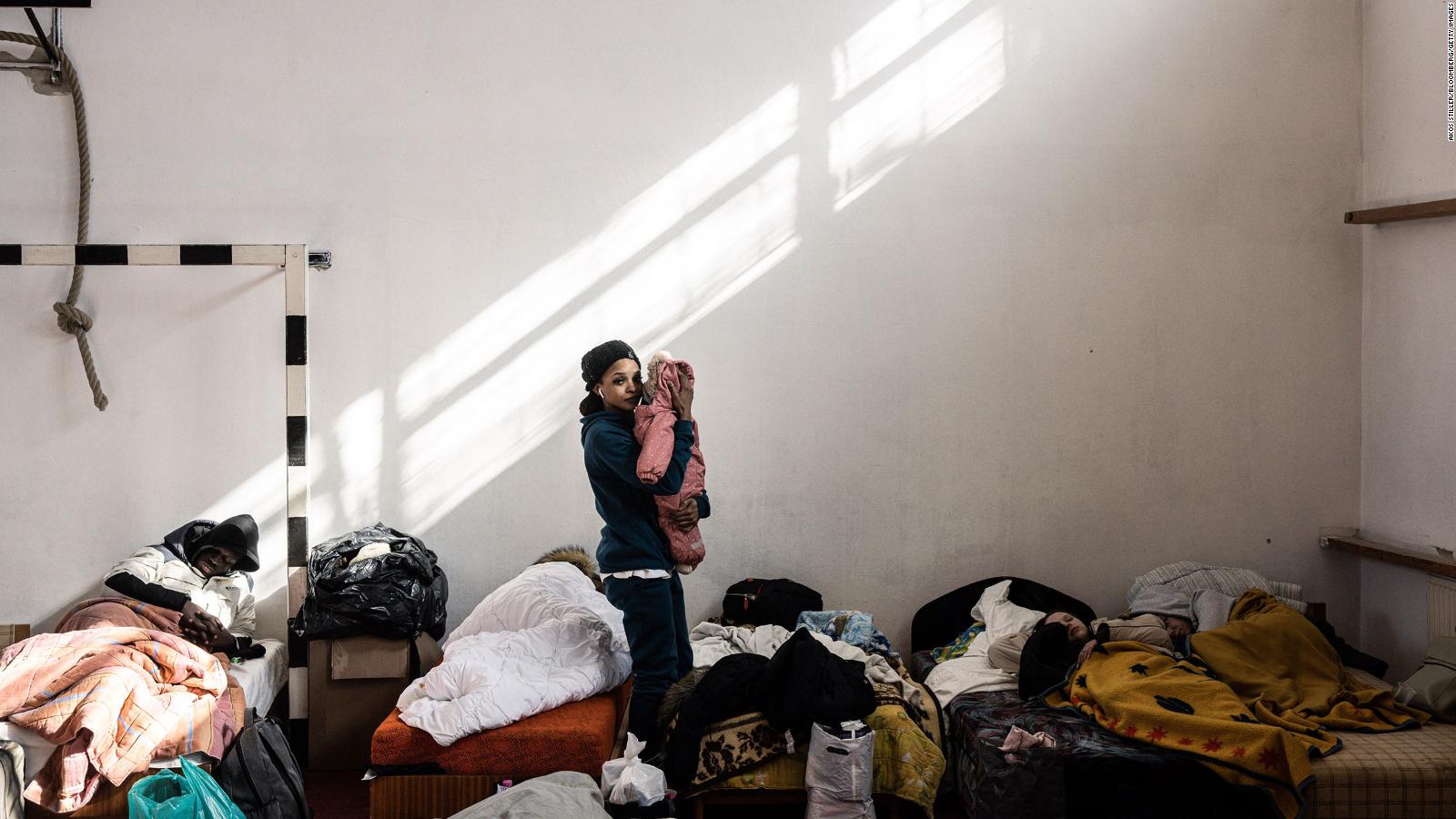
Photos: Russia invades Ukraine
A displaced Ukrainian cradles her child at a temporary shelter set up inside a gymnasium in Beregsurány, Hungary, on February 28.
Hide Caption
166 of 247
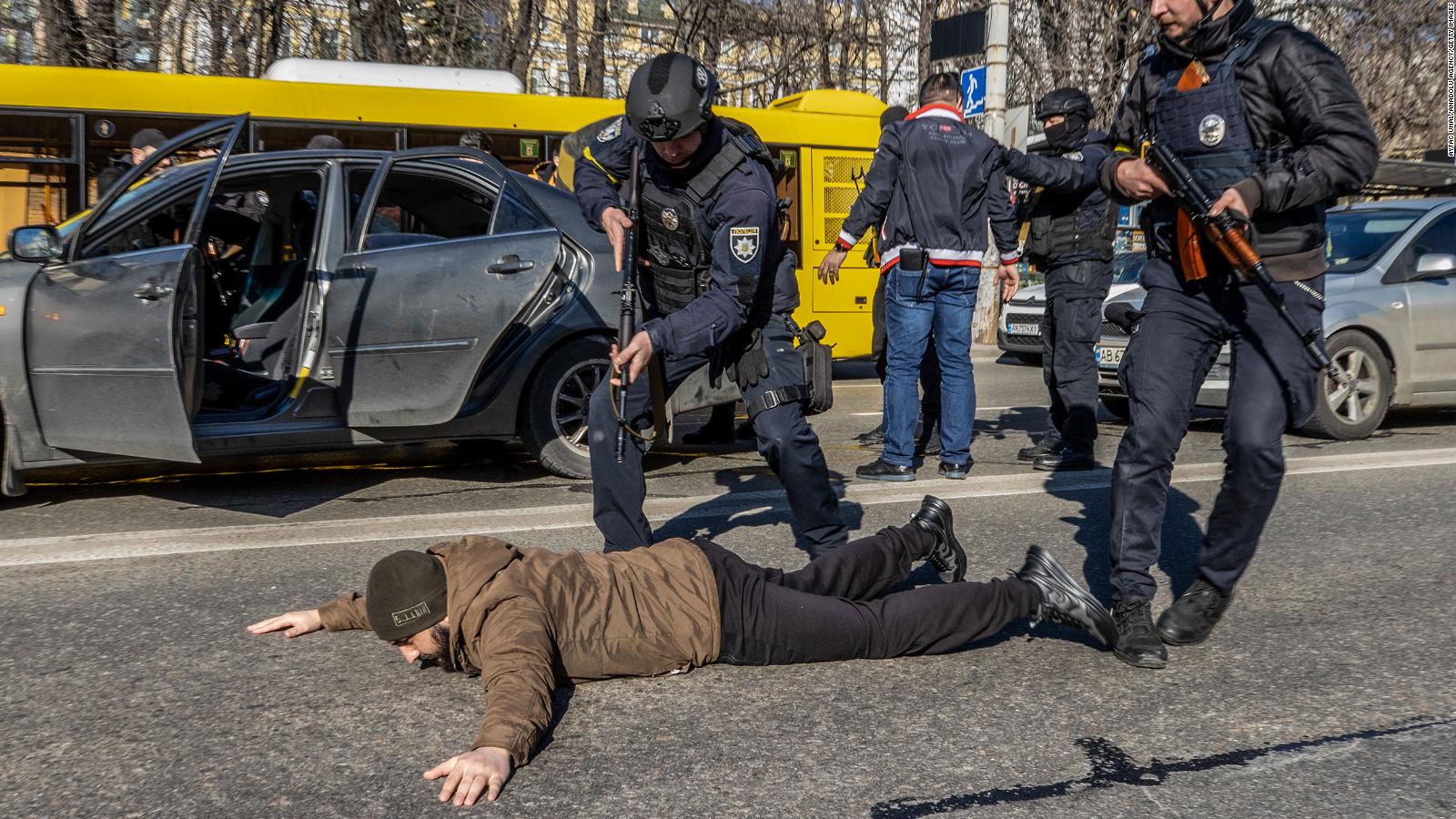
Photos: Russia invades Ukraine
Ukrainian forces order a man to the ground on February 28 as they increased security measures amid Russian attacks in Kyiv.
Hide Caption
167 of 247
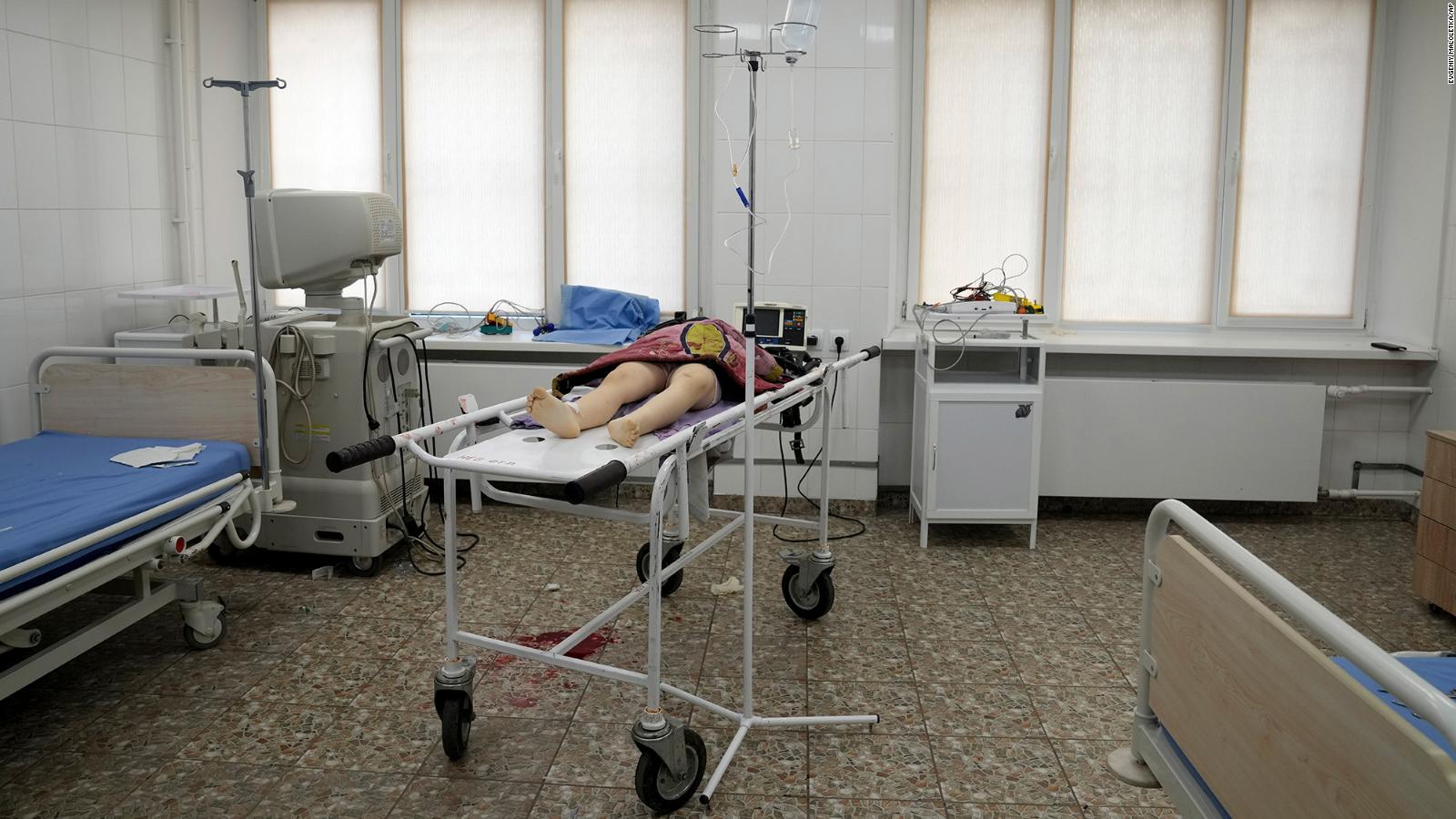
Photos: Russia invades Ukraine
The lifeless body of a 6-year-old girl, who according to the Associated Press was killed by Russian shelling in a residential area, lies on a medical cart at a hospital in Mariupol on February 27. The girl, whose name was not immediately known, was rushed to the hospital but could not be saved.
Hide Caption
168 of 247
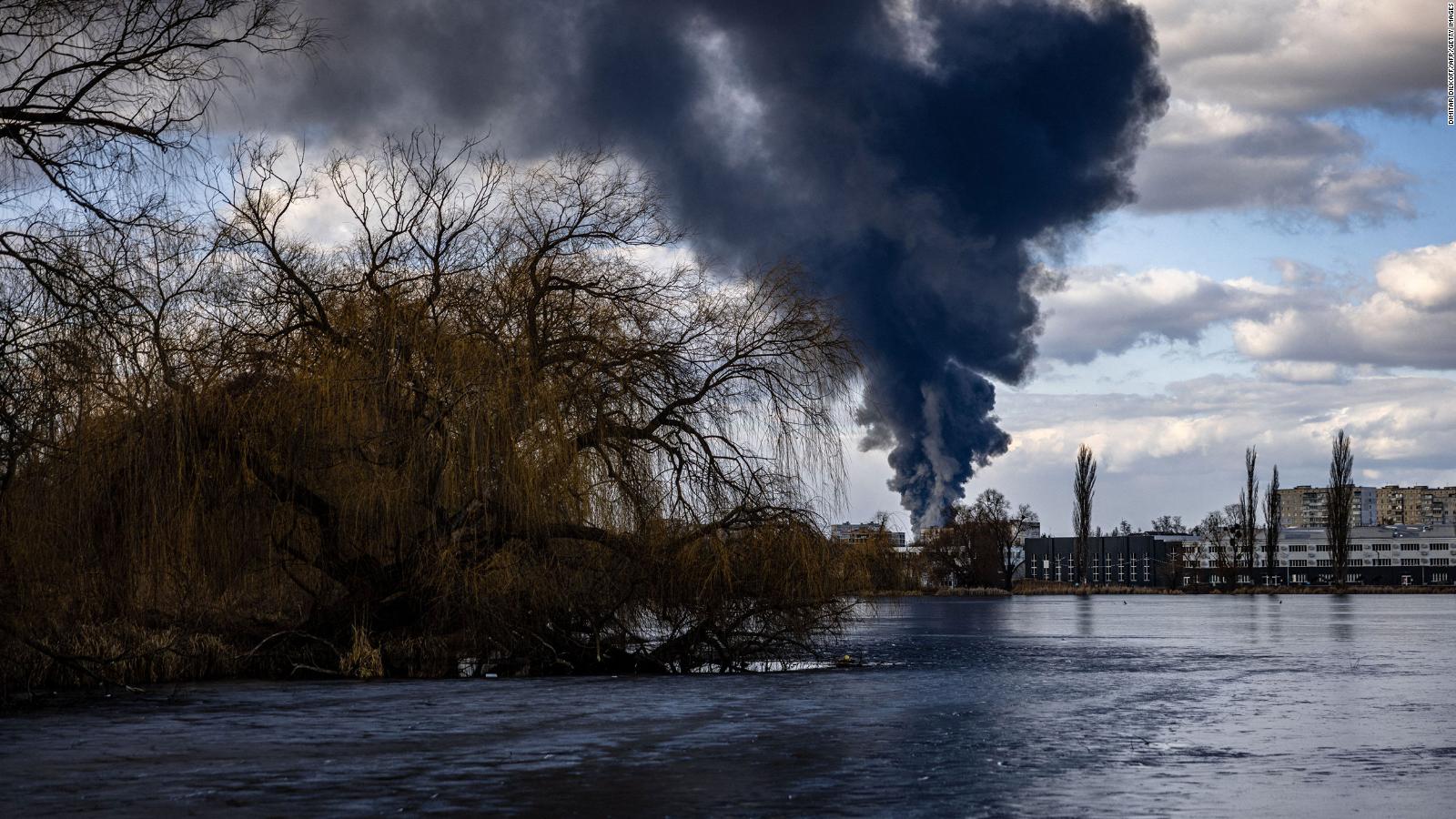
Photos: Russia invades Ukraine
Smoke billows over the Ukrainian city of Vasylkiv, just outside Kyiv on February 27. A fire at an oil storage area was seen raging at the Vasylkiv Air Base.
Hide Caption
169 of 247
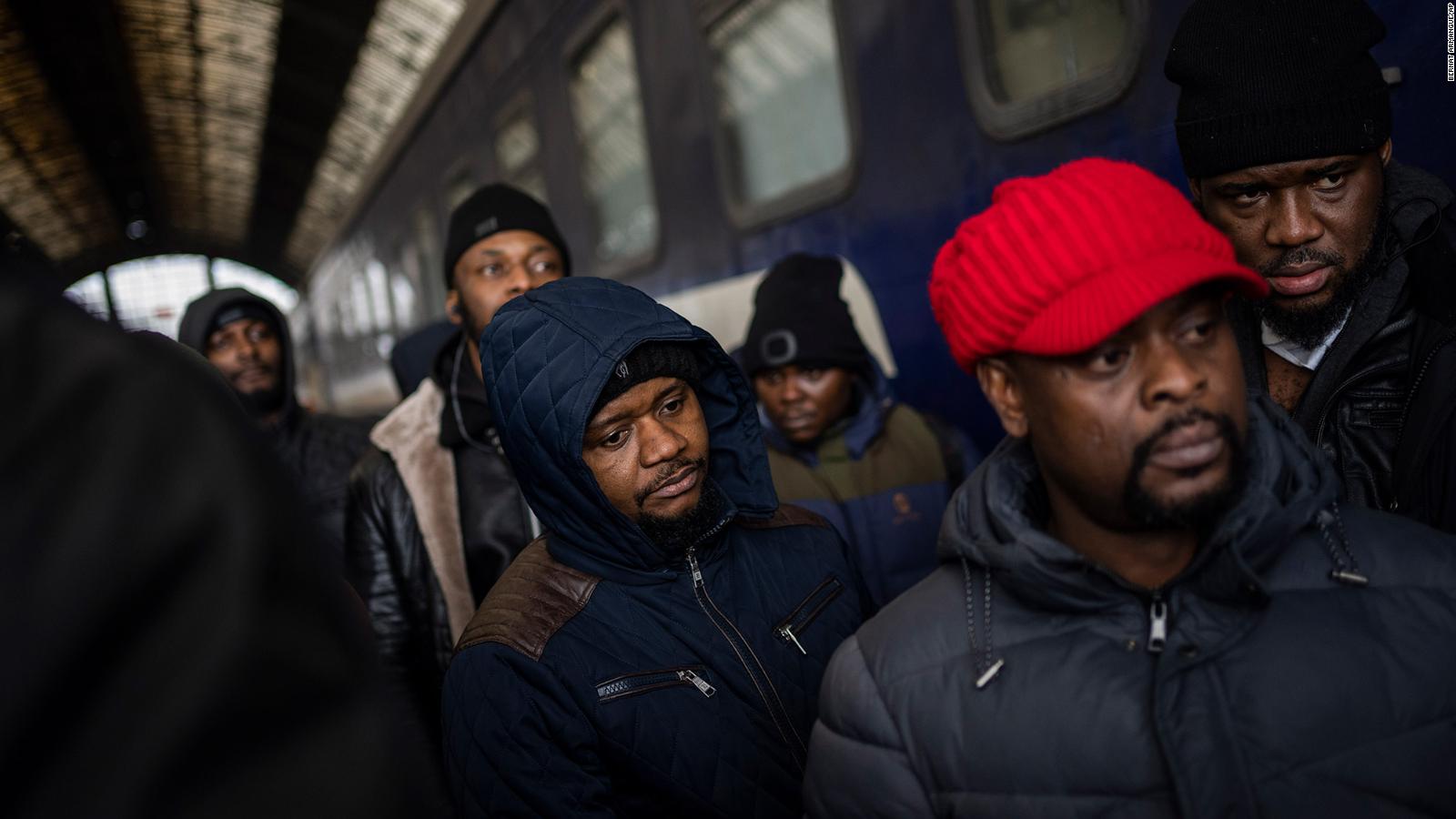
Photos: Russia invades Ukraine
People wait on a platform inside the railway station in Lviv on February 27. Thousands of people at Lviv's main train station attempted to board trains that would take them out of Ukraine.
Hide Caption
170 of 247
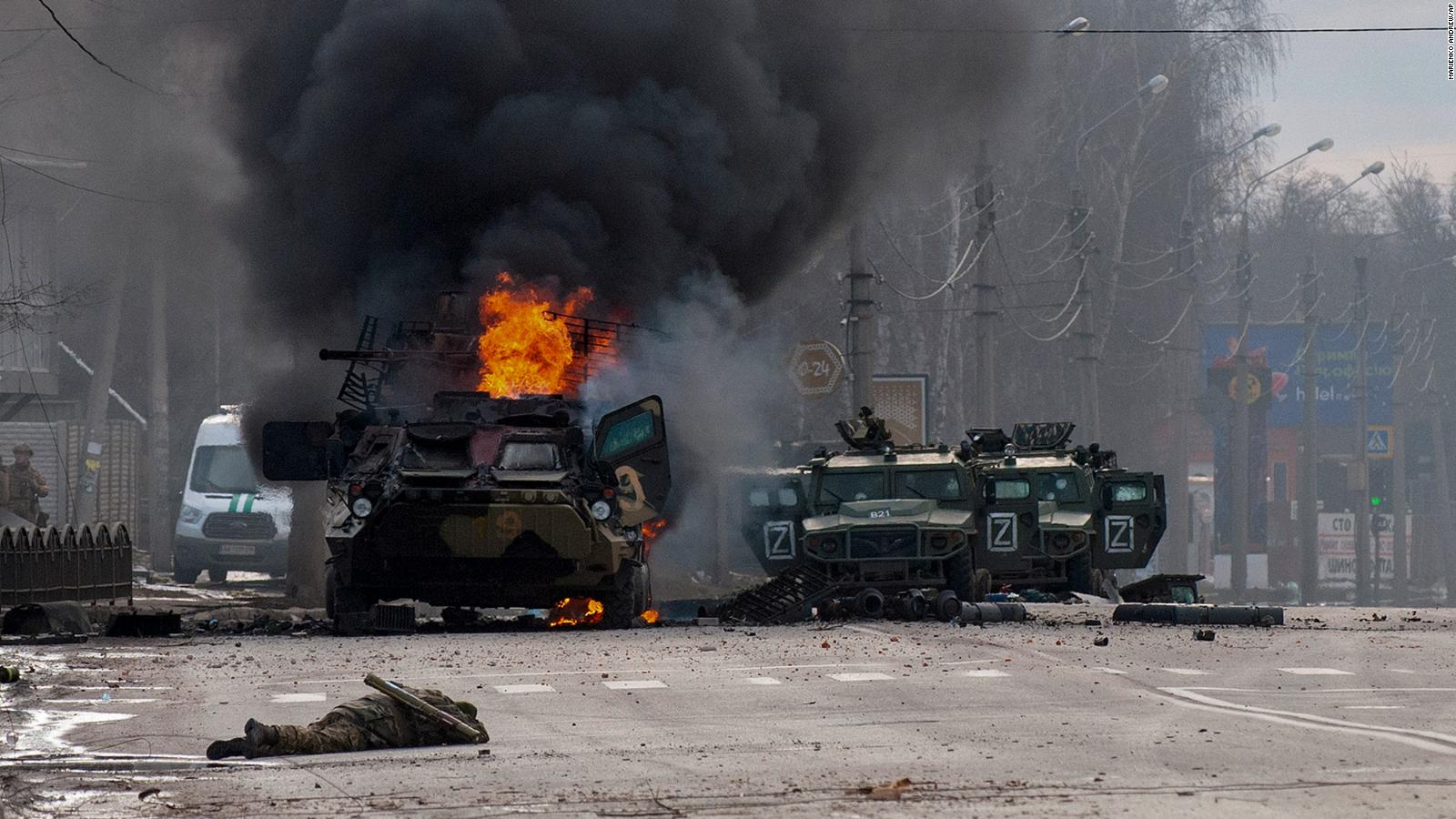
Photos: Russia invades Ukraine
A Russian armored vehicle burns after fighting in Kharkiv on February 27. Street fighting broke out as Russian troops entered Ukraine's second-largest city, and residents were urged to stay in shelters and not travel.
Hide Caption
171 of 247
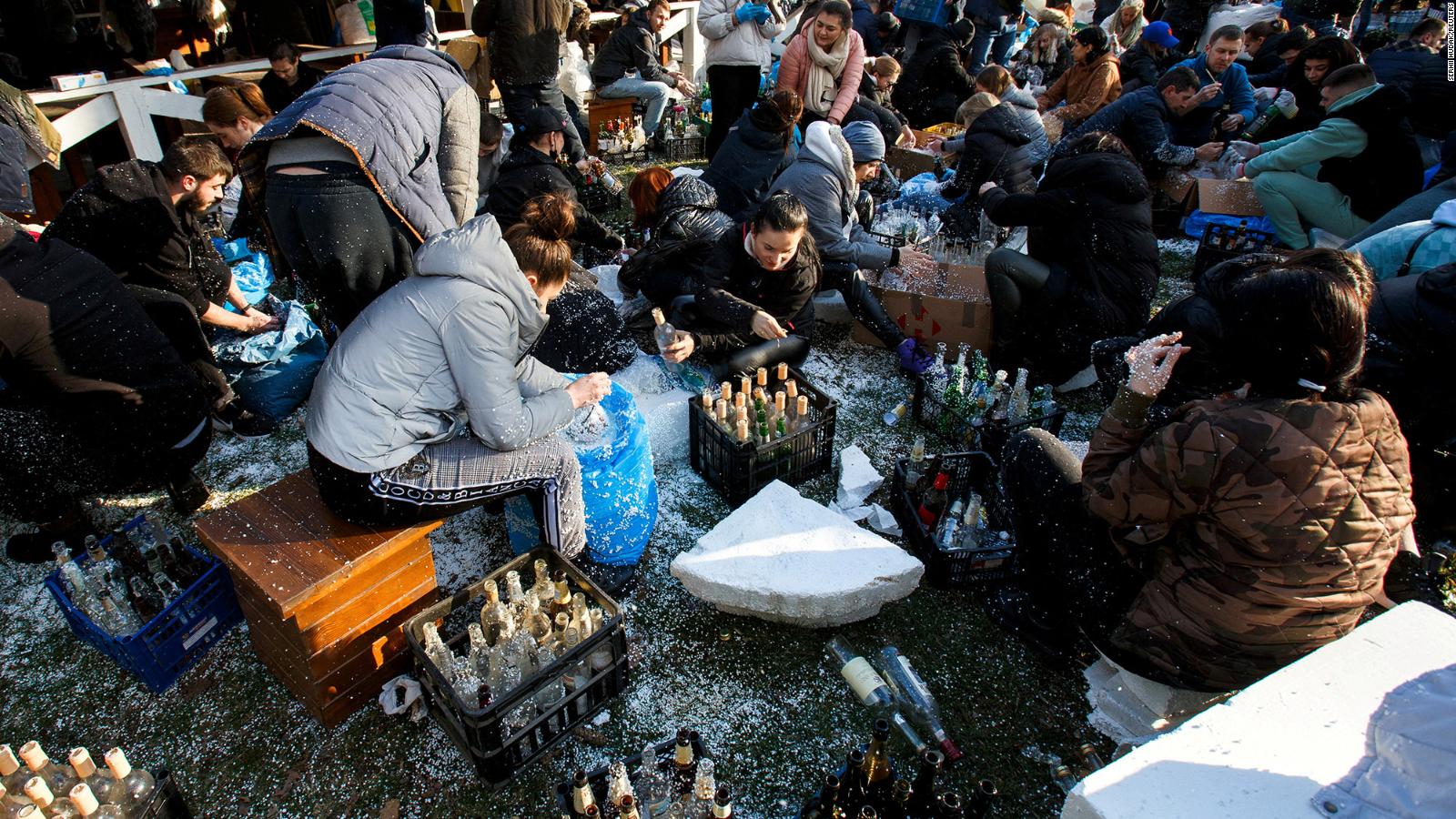
Photos: Russia invades Ukraine
Local residents prepare Molotov cocktails in Uzhhorod, Ukraine, on February 27.
Hide Caption
172 of 247
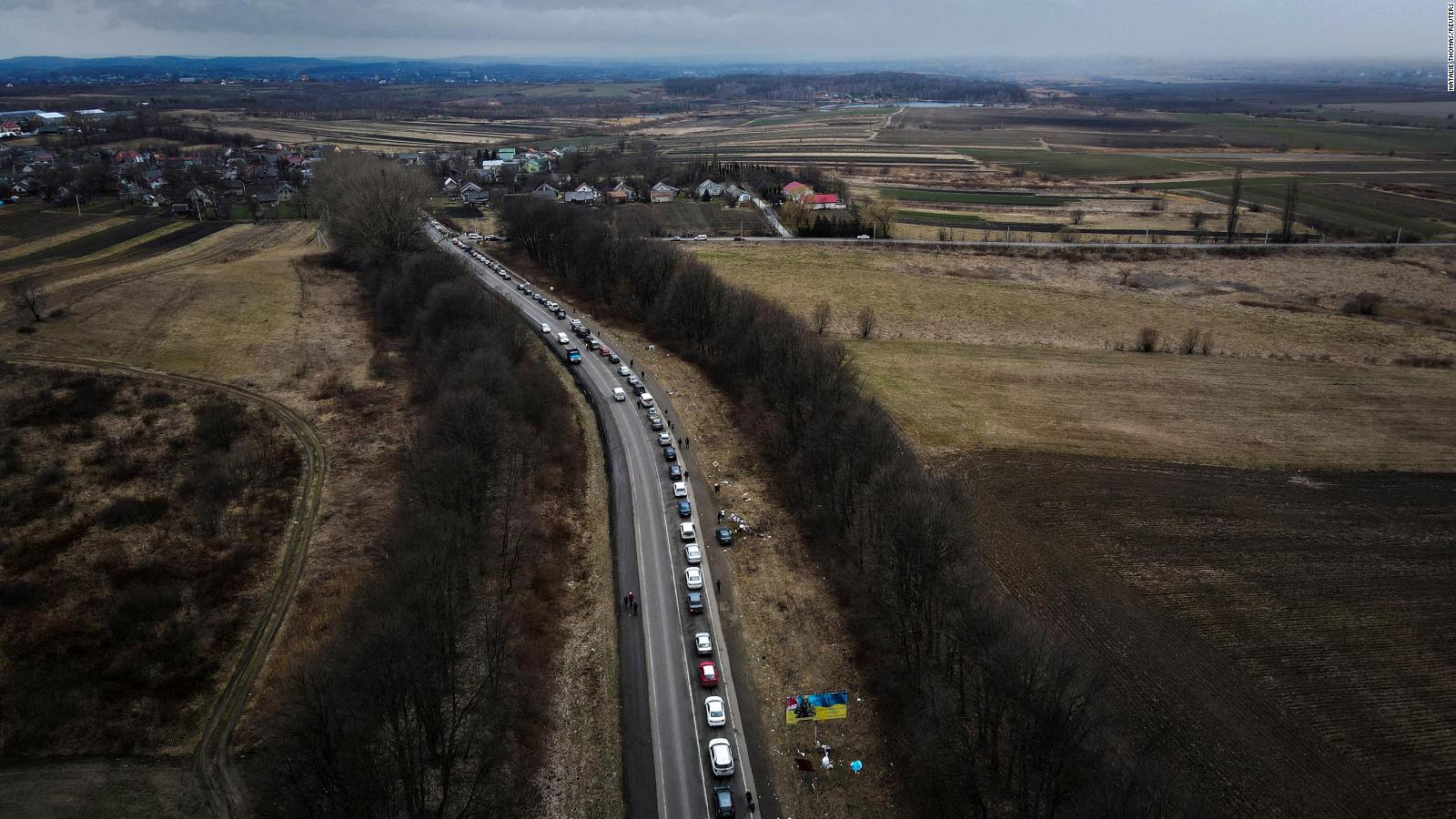
Photos: Russia invades Ukraine
Cars line up on the road outside Mostyska, Ukraine, as people attempt to flee to Poland on February 27.
Hide Caption
173 of 247
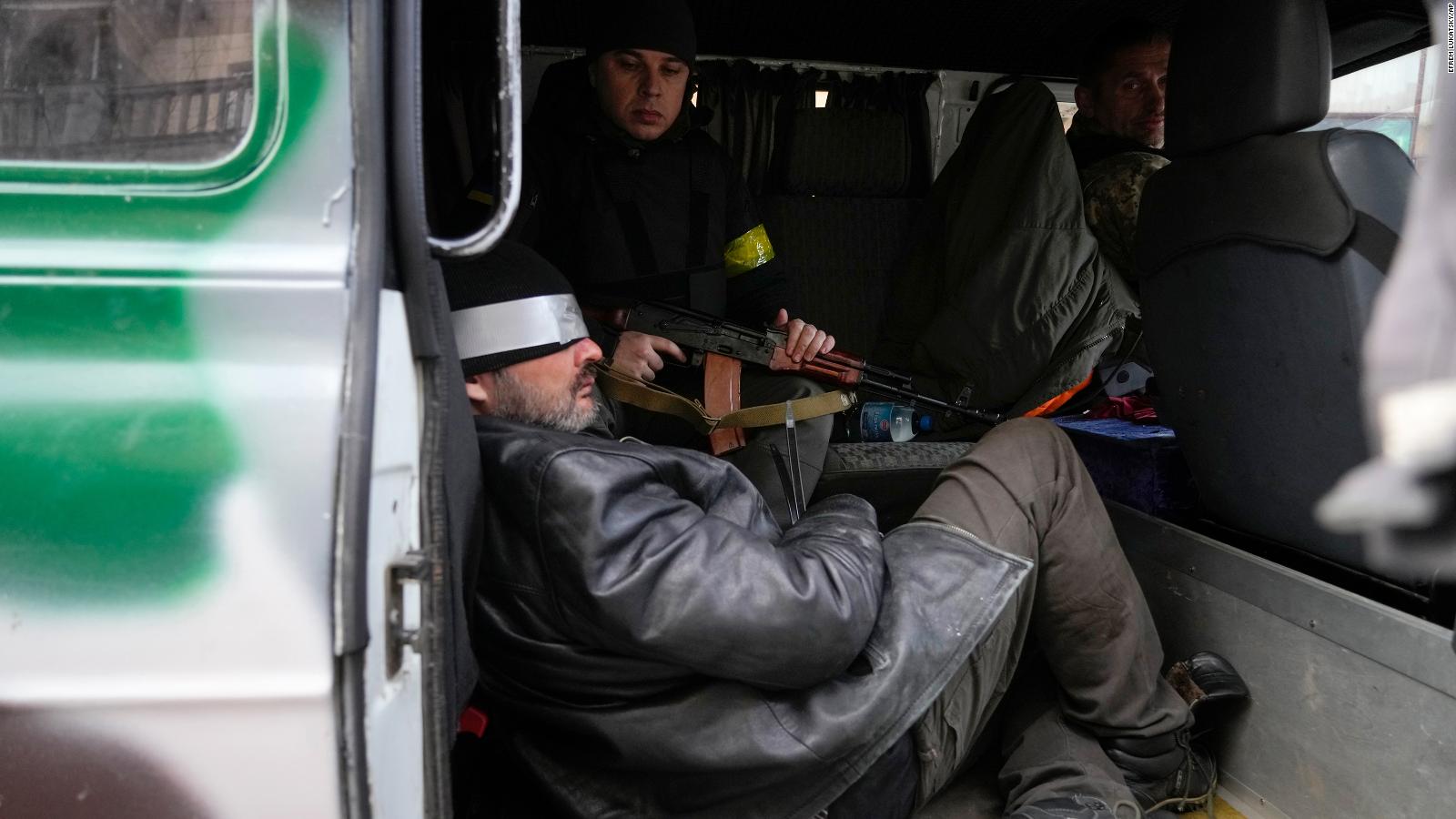
Photos: Russia invades Ukraine
Ukrainian troops in Kyiv escort a prisoner February 27 who they suspected of being a Russian agent.
Hide Caption
174 of 247
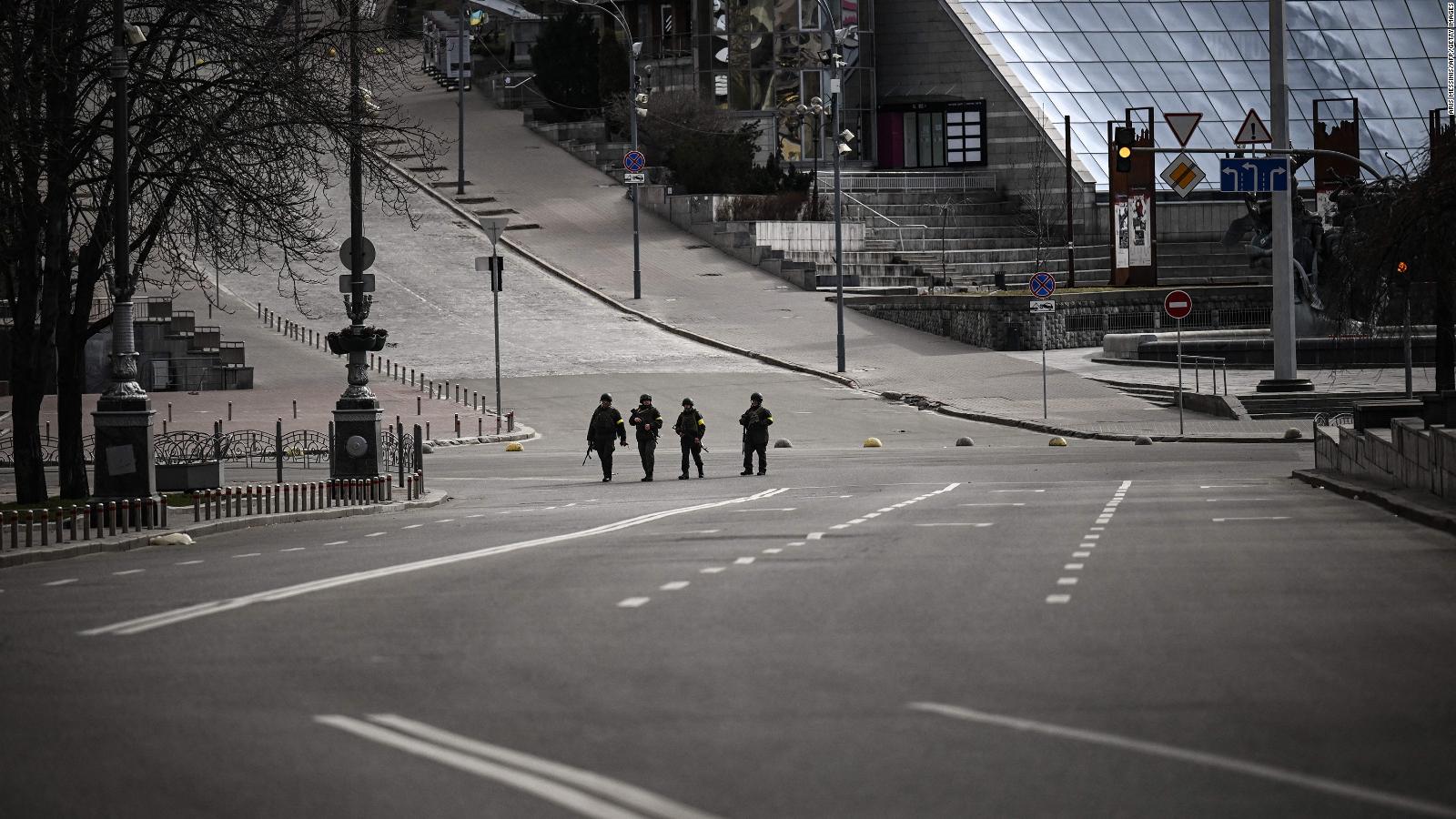
Photos: Russia invades Ukraine
Ukrainian forces patrol mostly empty streets in Kyiv on February 27. Mayor Vitali Klitschko extended a citywide curfew.
Hide Caption
175 of 247
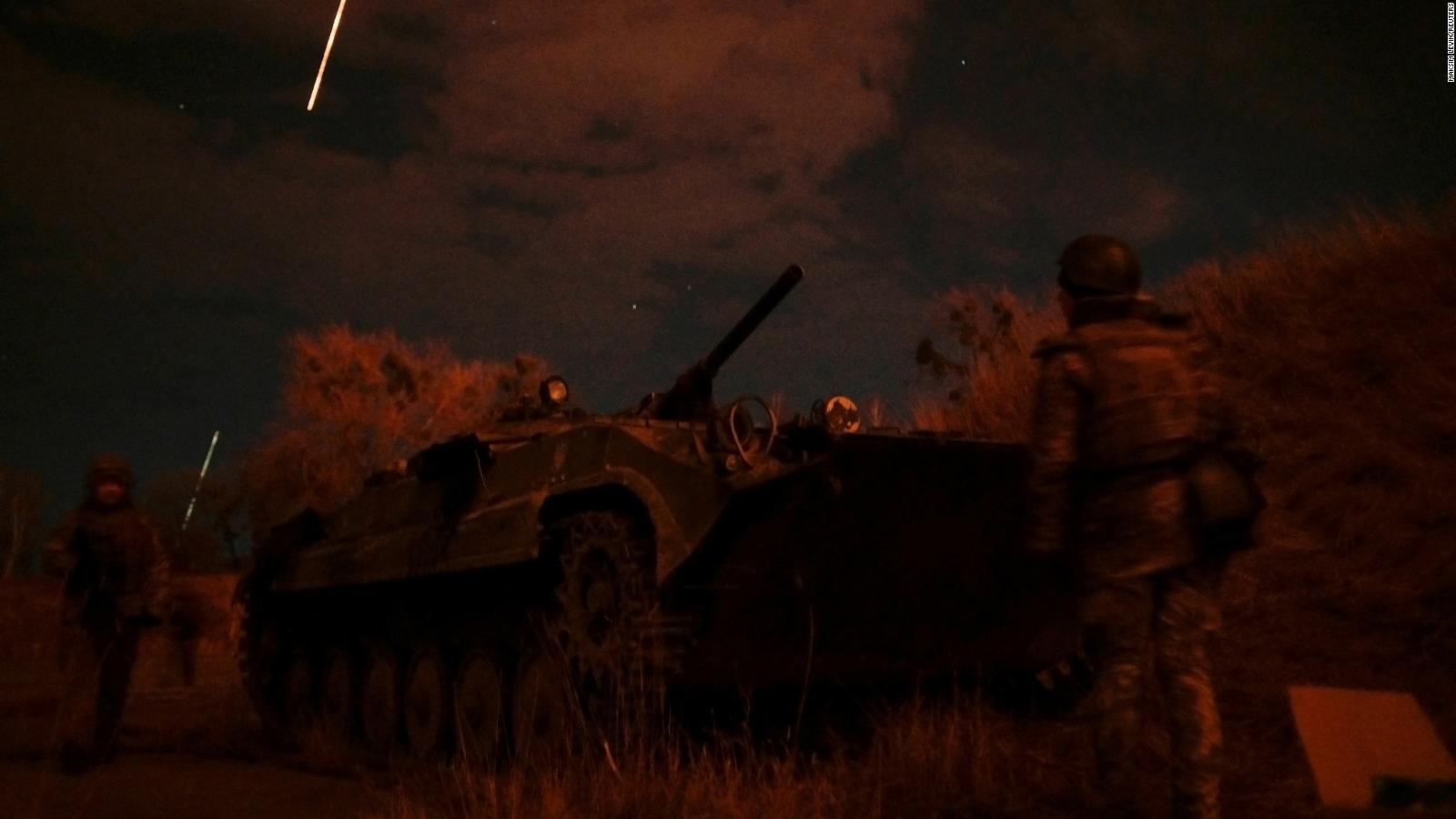
Photos: Russia invades Ukraine
Ukrainian service members take position at the Vasylkiv Air Base near Kyiv on February 27.
Hide Caption
176 of 247
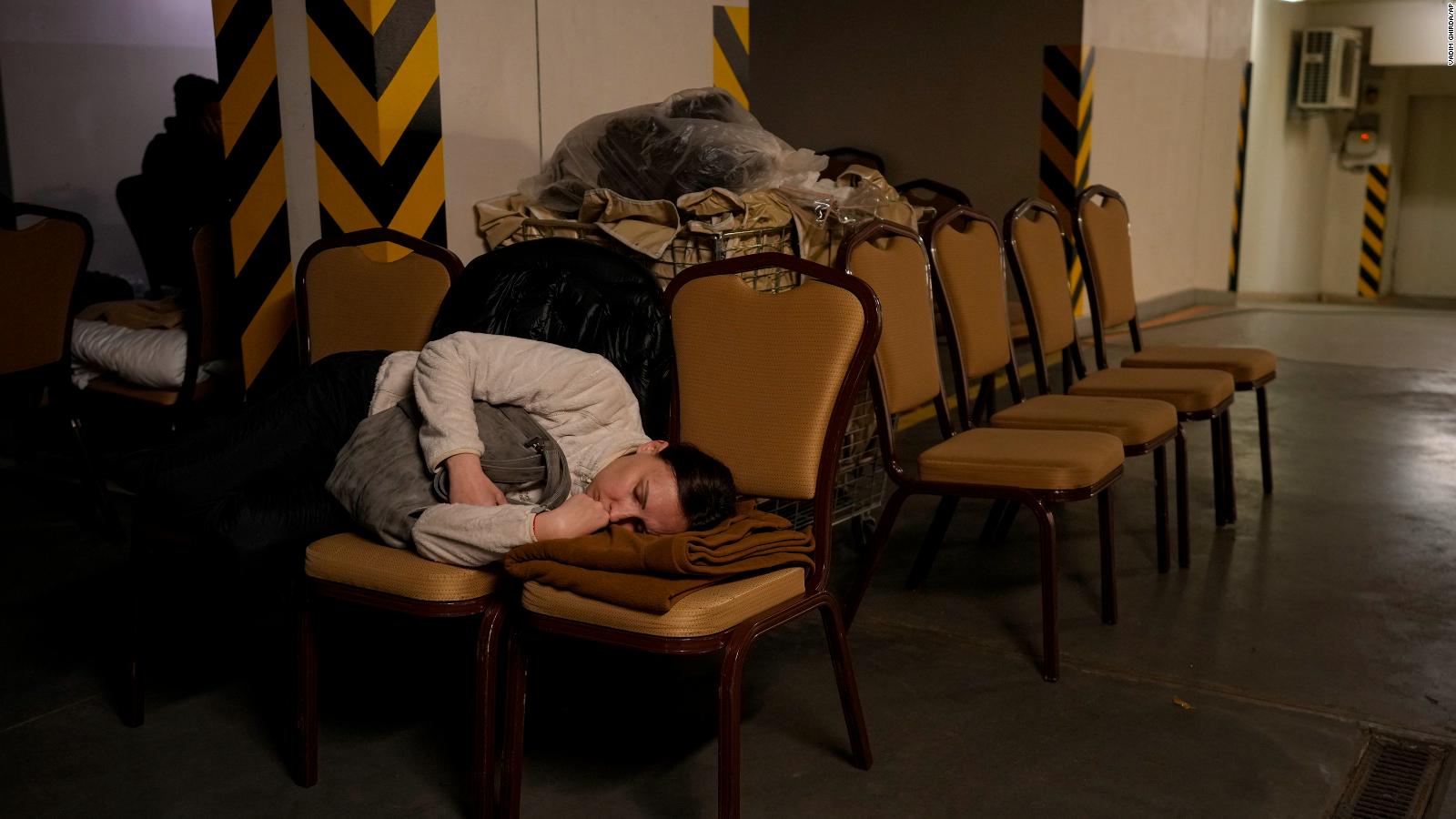
Photos: Russia invades Ukraine
A woman sleeps on chairs February 27 in the underground parking lot of a Kyiv hotel that has been turned into a bomb shelter.
Hide Caption
177 of 247
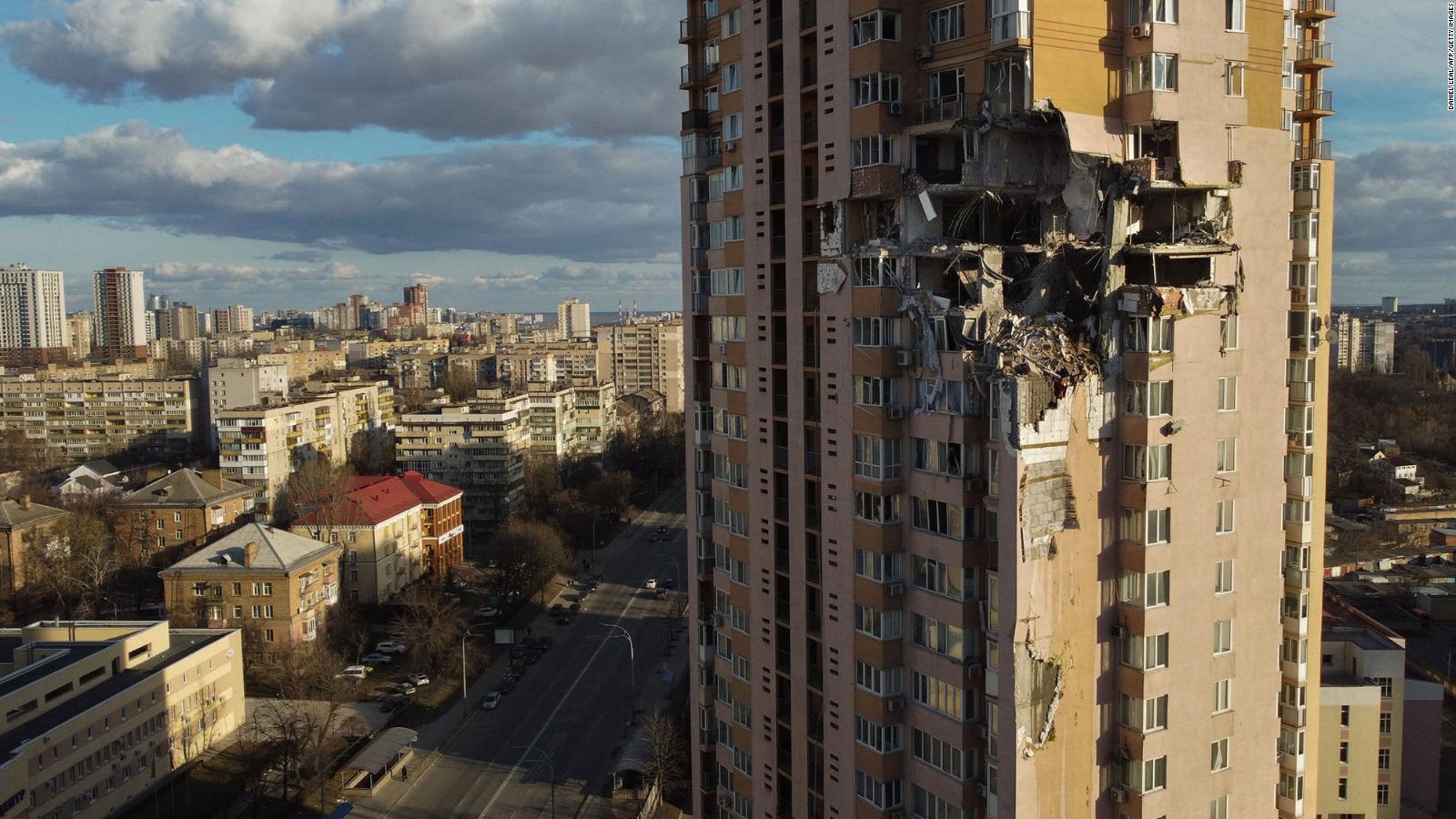
Photos: Russia invades Ukraine
An apartment building in Kyiv is seen after it was damaged by shelling on February 26. The outer walls of several apartment units appeared to be blown out entirely, with the interiors blackened and debris hanging loose.
Hide Caption
178 of 247
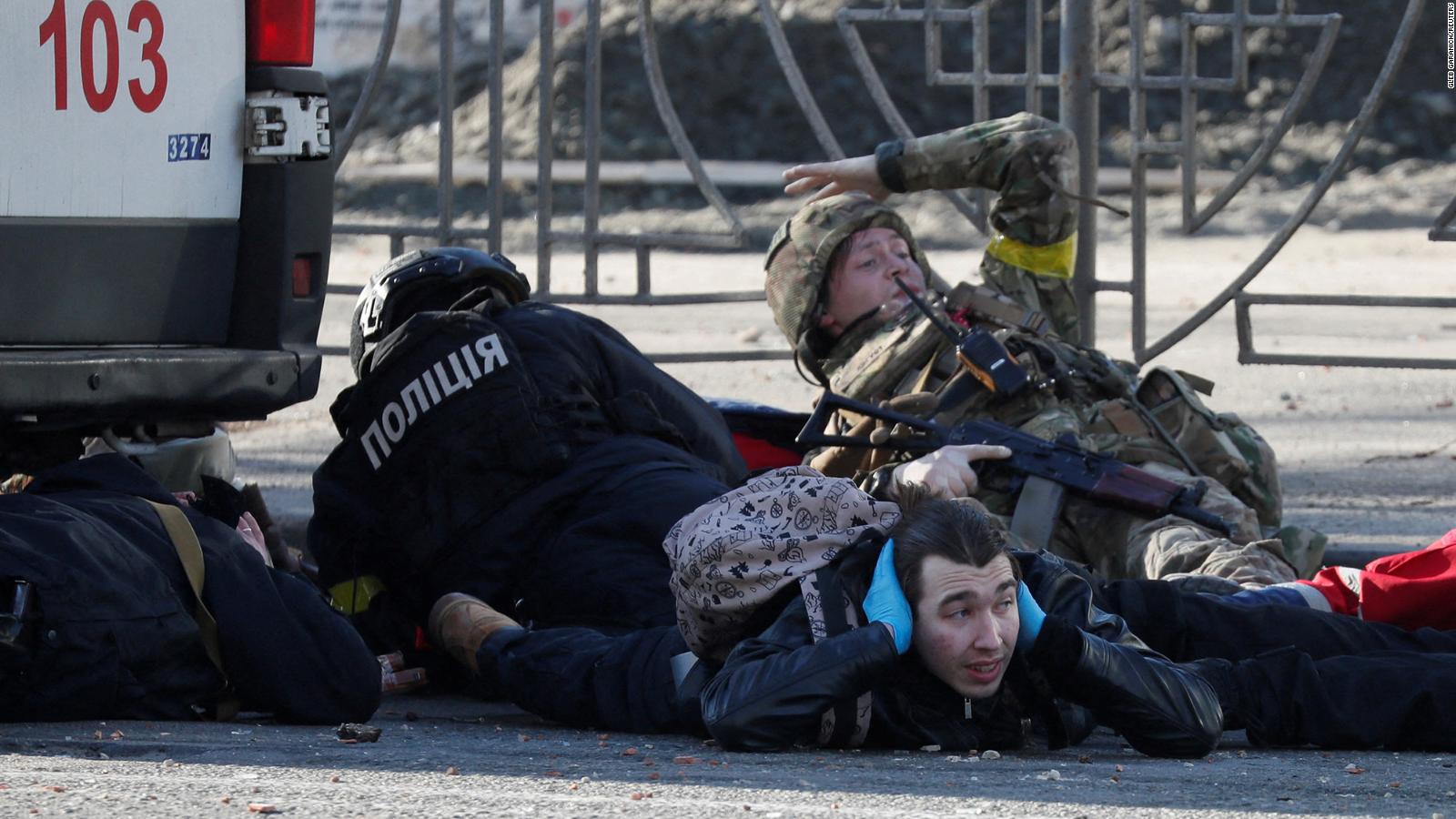
Photos: Russia invades Ukraine
People in Kyiv take cover as an air-raid siren sounds February 26 near an apartment building that was damaged by shelling.
Hide Caption
179 of 247
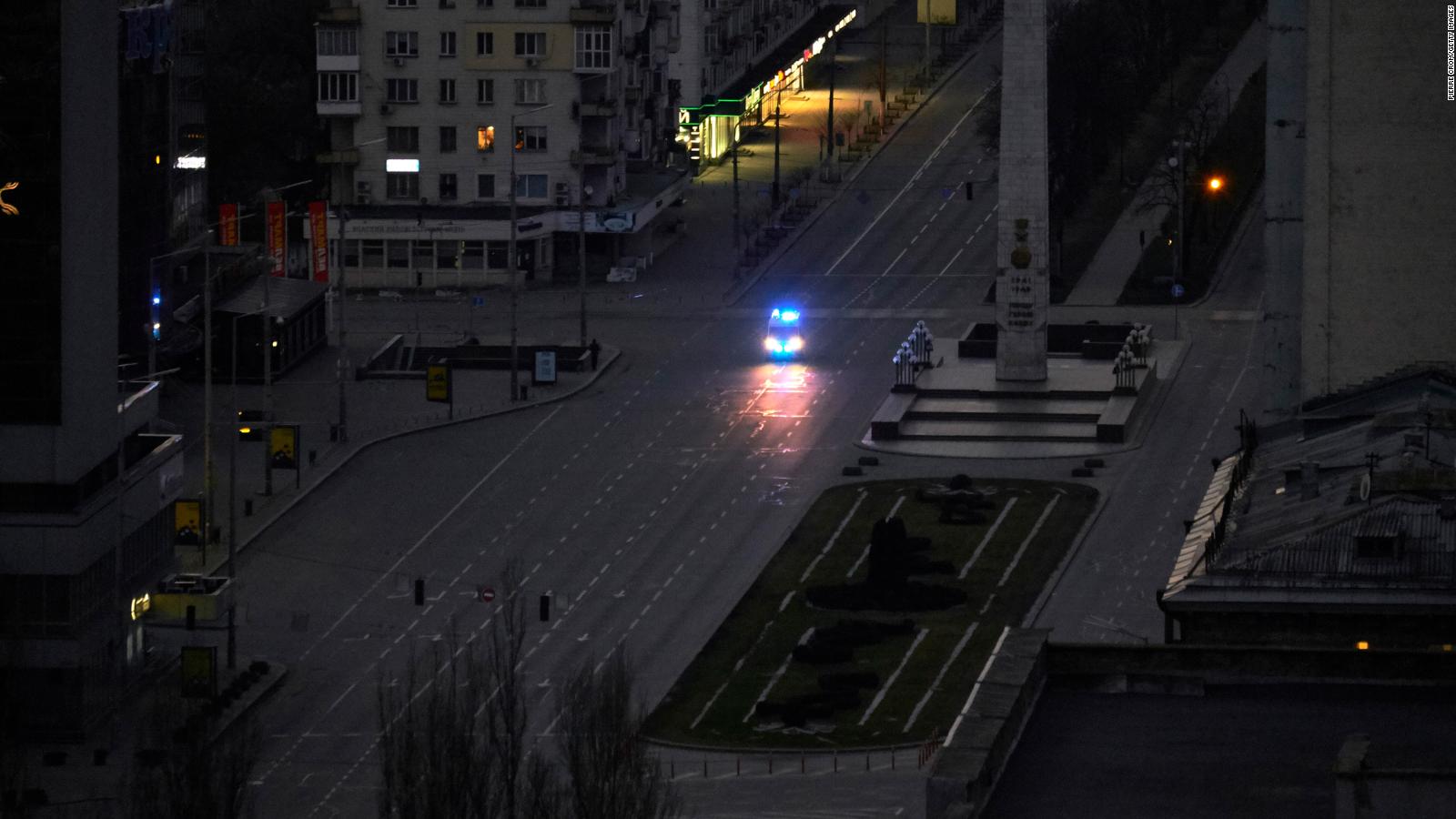
Photos: Russia invades Ukraine
A police vehicle patrols the streets of Kyiv on February 26.
Hide Caption
180 of 247
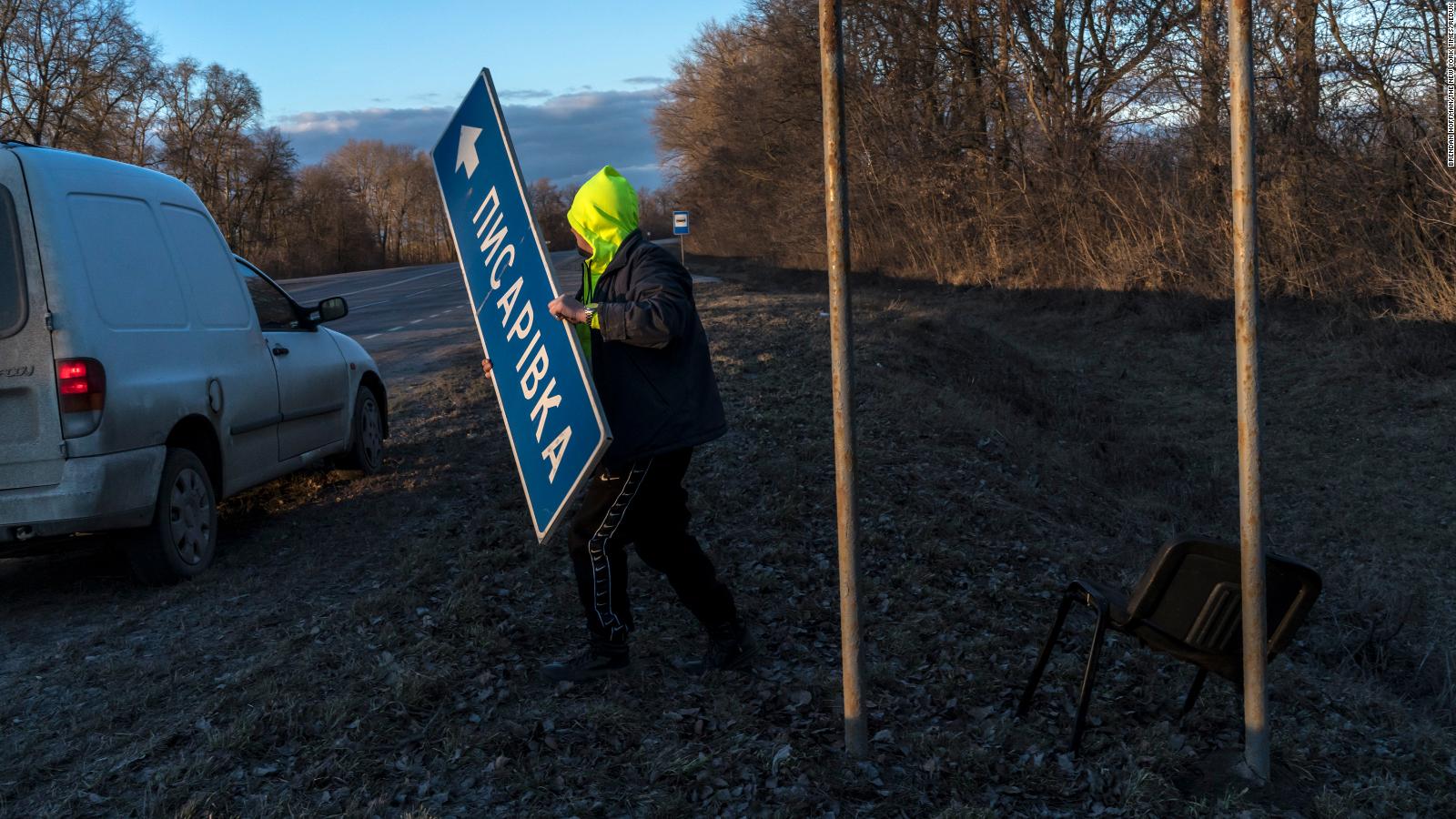
Photos: Russia invades Ukraine
Following a national directive to help complicate the invading Russian Army's attempts to navigate, a road worker removes signs near Pisarivka, Ukraine, on February 26.
Hide Caption
181 of 247
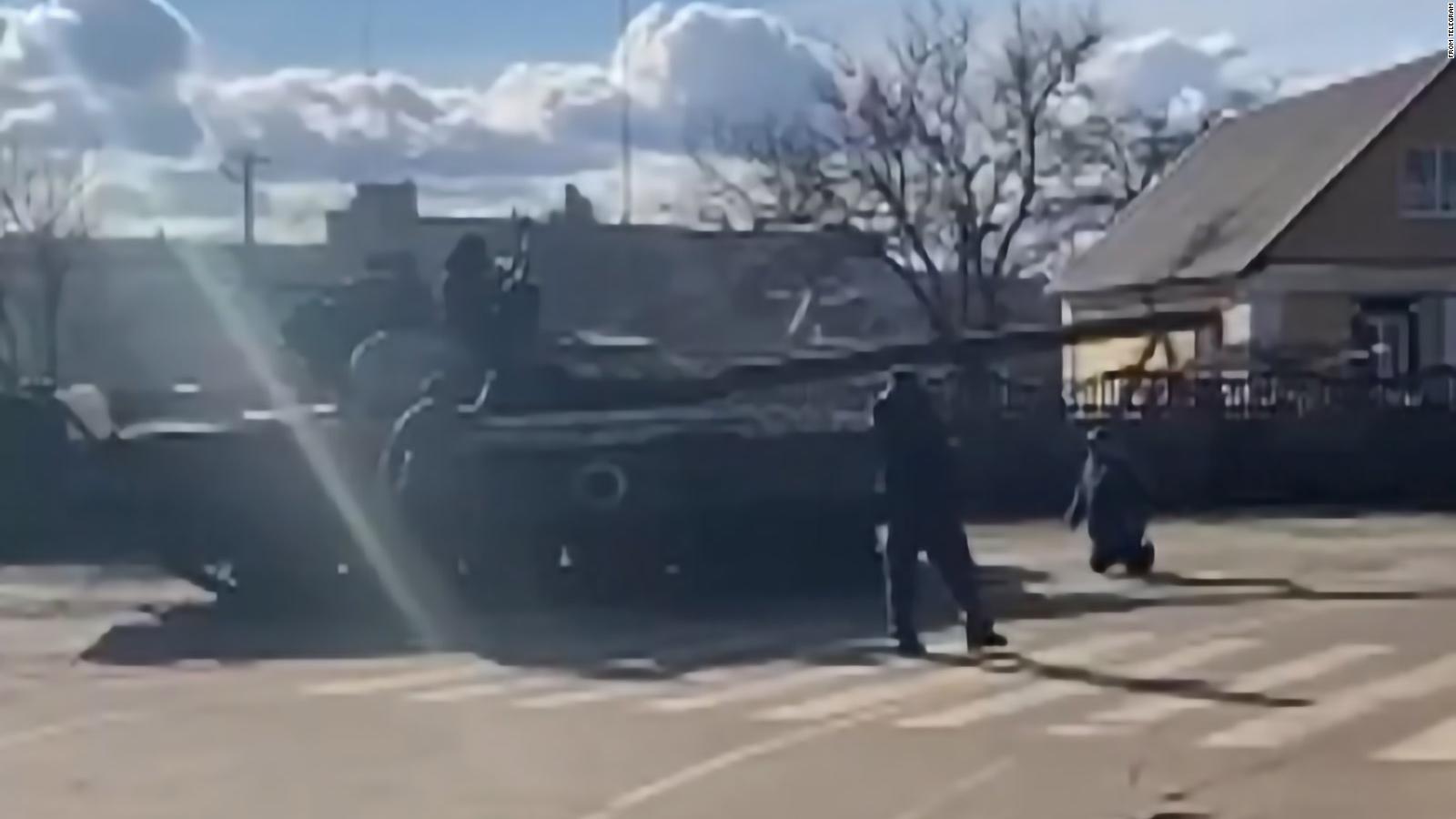
Photos: Russia invades Ukraine
A man kneels in front of a Russian tank in Bakhmach, Ukraine, on February 26 as Ukrainian citizens attempted to stop the tank from moving forward. The dramatic scene was captured on video, and CNN confirmed its authenticity. The moment drew comparisons to the iconic "Tank Man" of Tiananmen Square.
Hide Caption
182 of 247
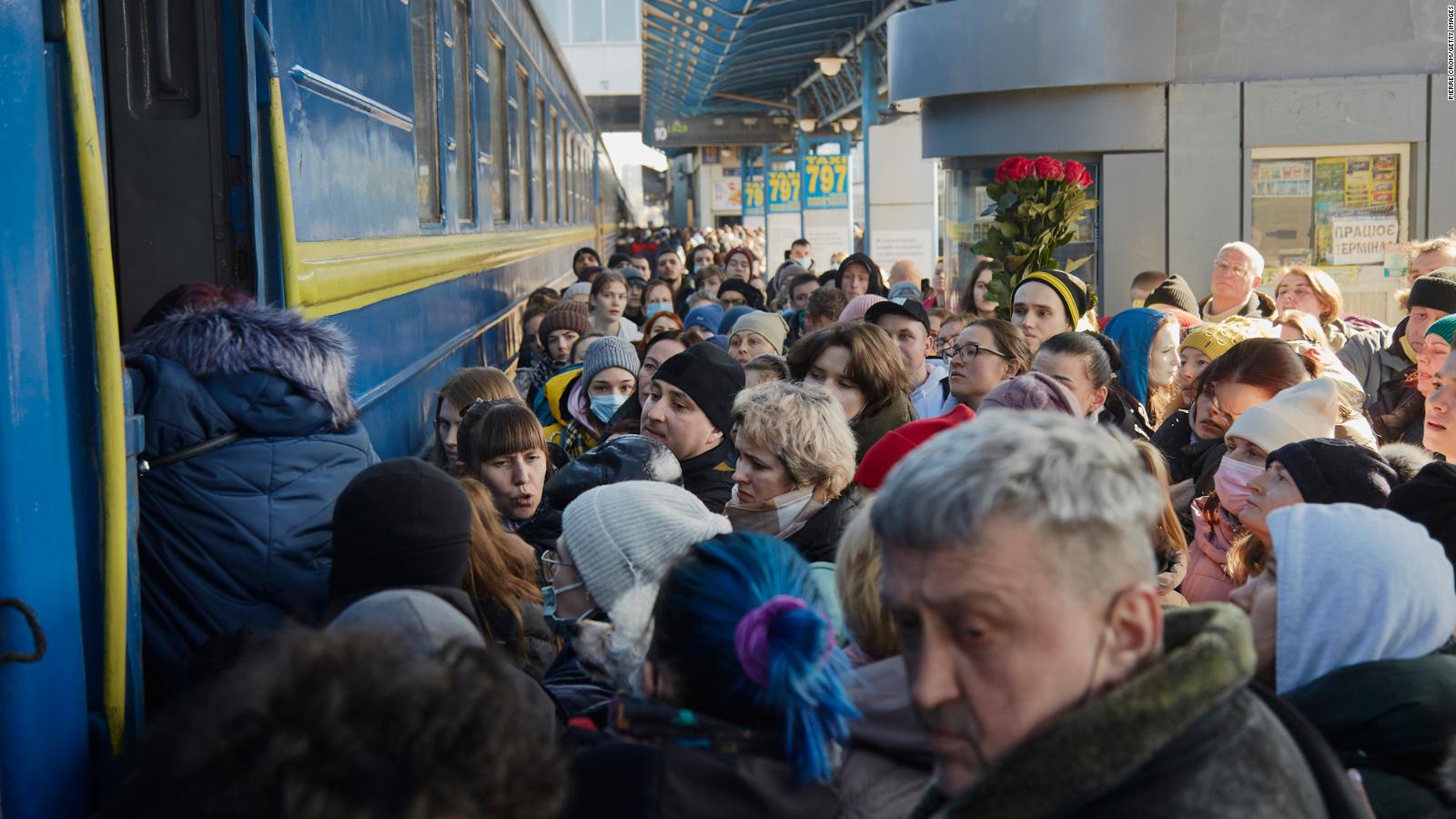
Photos: Russia invades Ukraine
People in Kyiv board a train heading to the west of the country on February 26. Kelly Clements, the United Nations Deputy High Commissioner for Refugees, told CNN that more than 120,000 people had left Ukraine while 850,000 were internally displaced.
Hide Caption
183 of 247
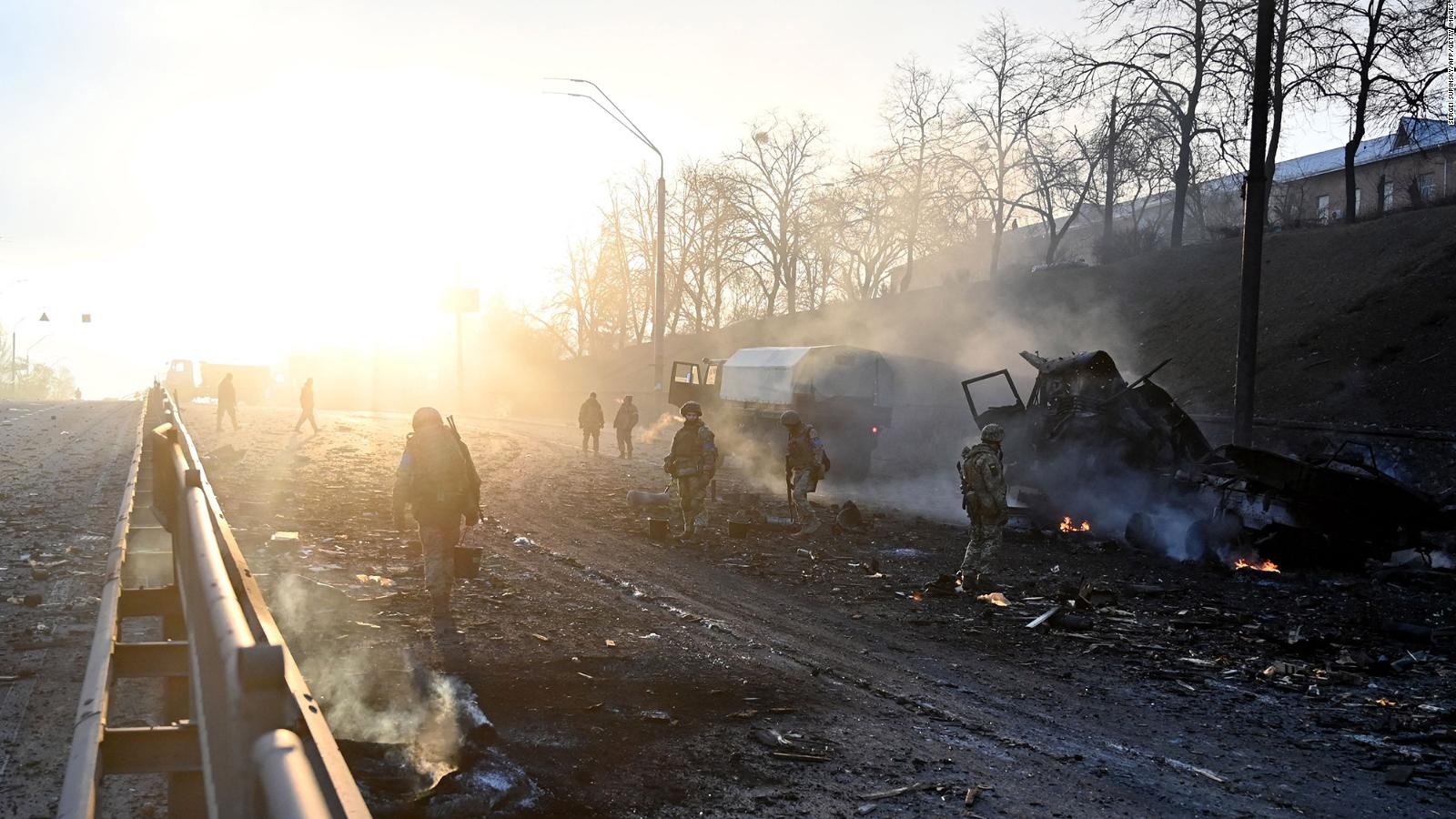
Photos: Russia invades Ukraine
Ukrainian service members look for and collect unexploded shells after fighting in Kyiv on February 26.
Hide Caption
184 of 247
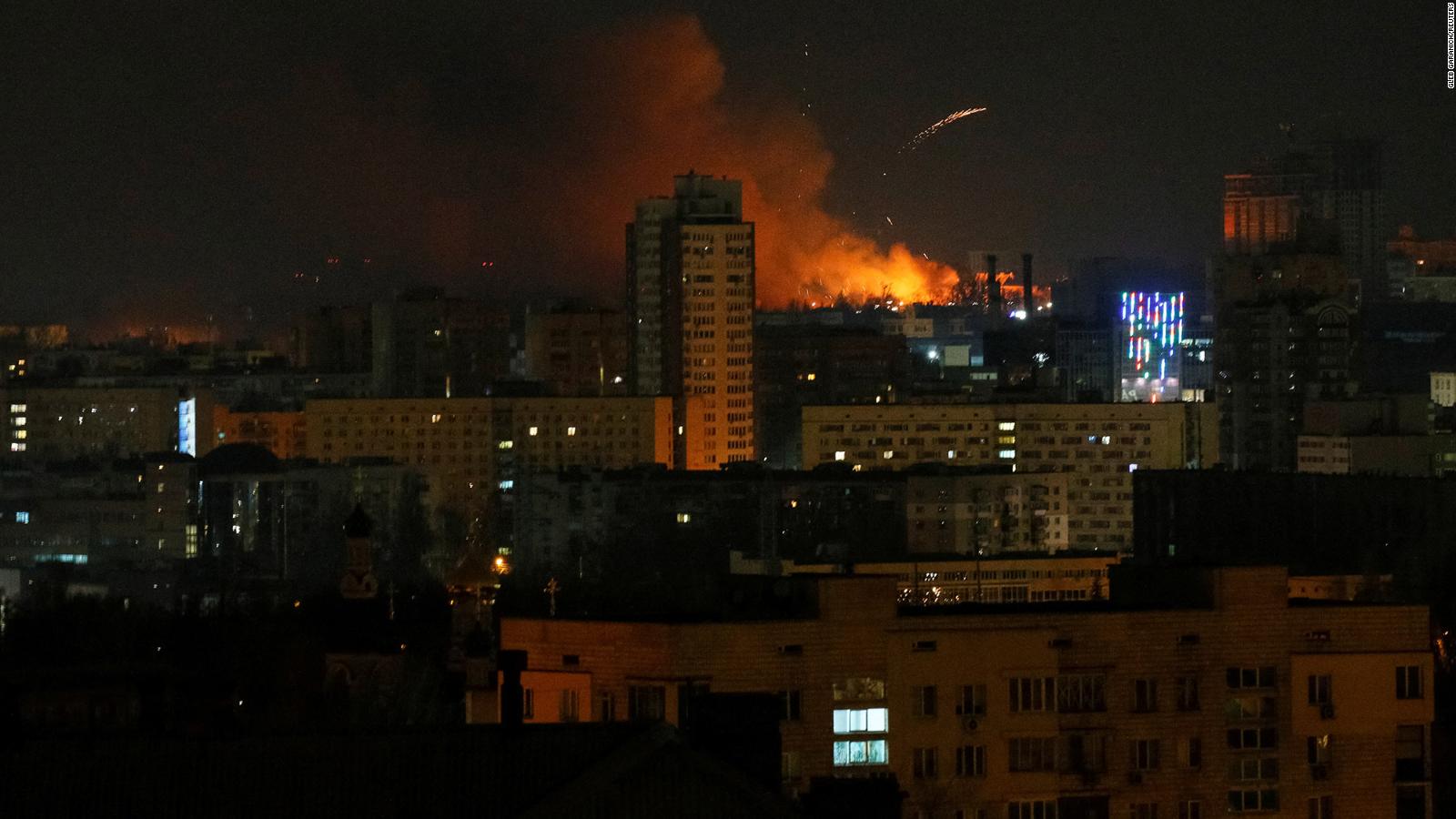
Photos: Russia invades Ukraine
Smoke and flames are seen near Kyiv on February 26. Explosions were seen and heard in parts of the capital as Ukrainians battled to hold back advancing Russian troops.
Hide Caption
185 of 247
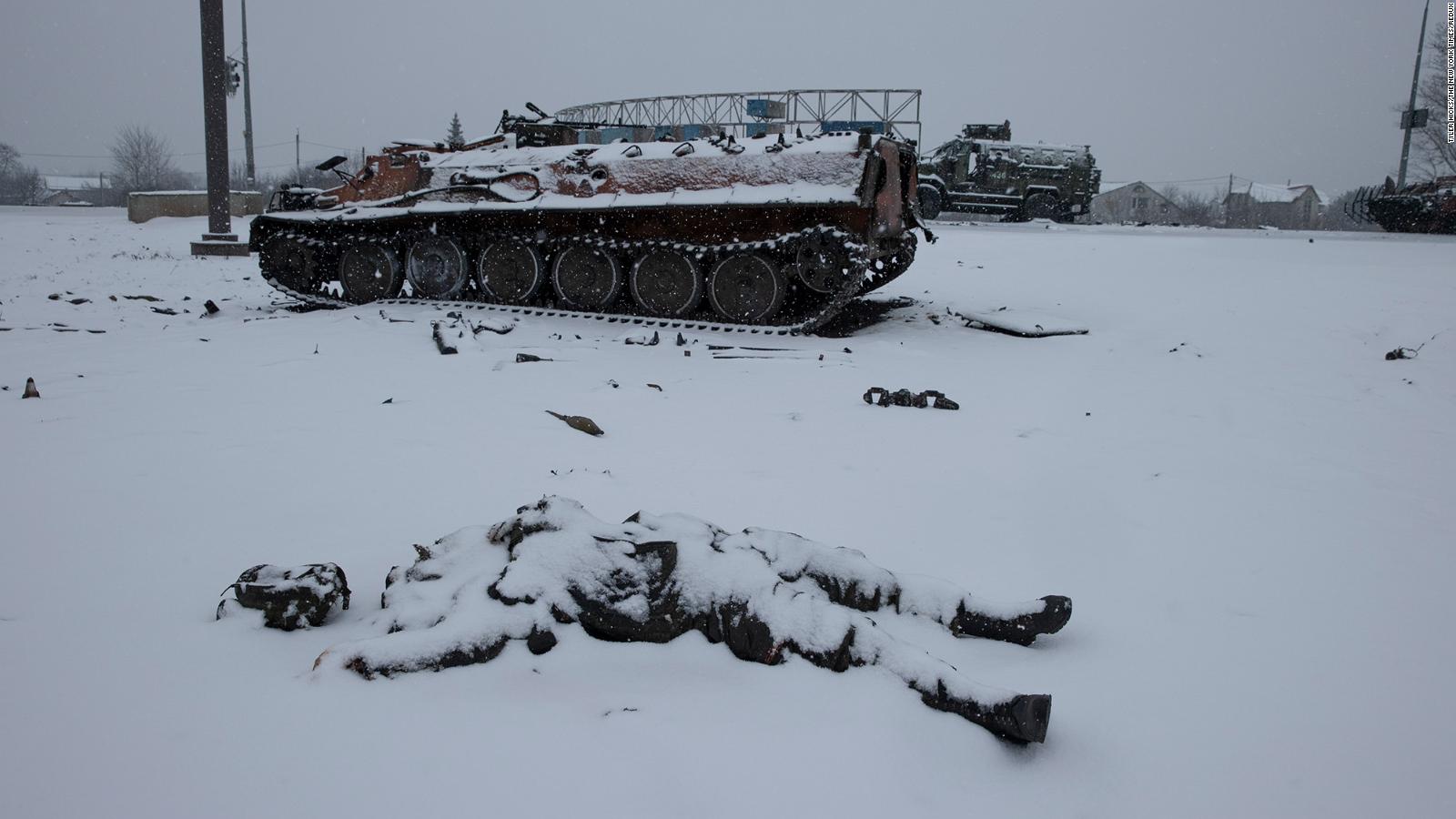
Photos: Russia invades Ukraine
The body of a Russian soldier lies next to a Russian vehicle outside Kharkiv on February 25.
Hide Caption
186 of 247
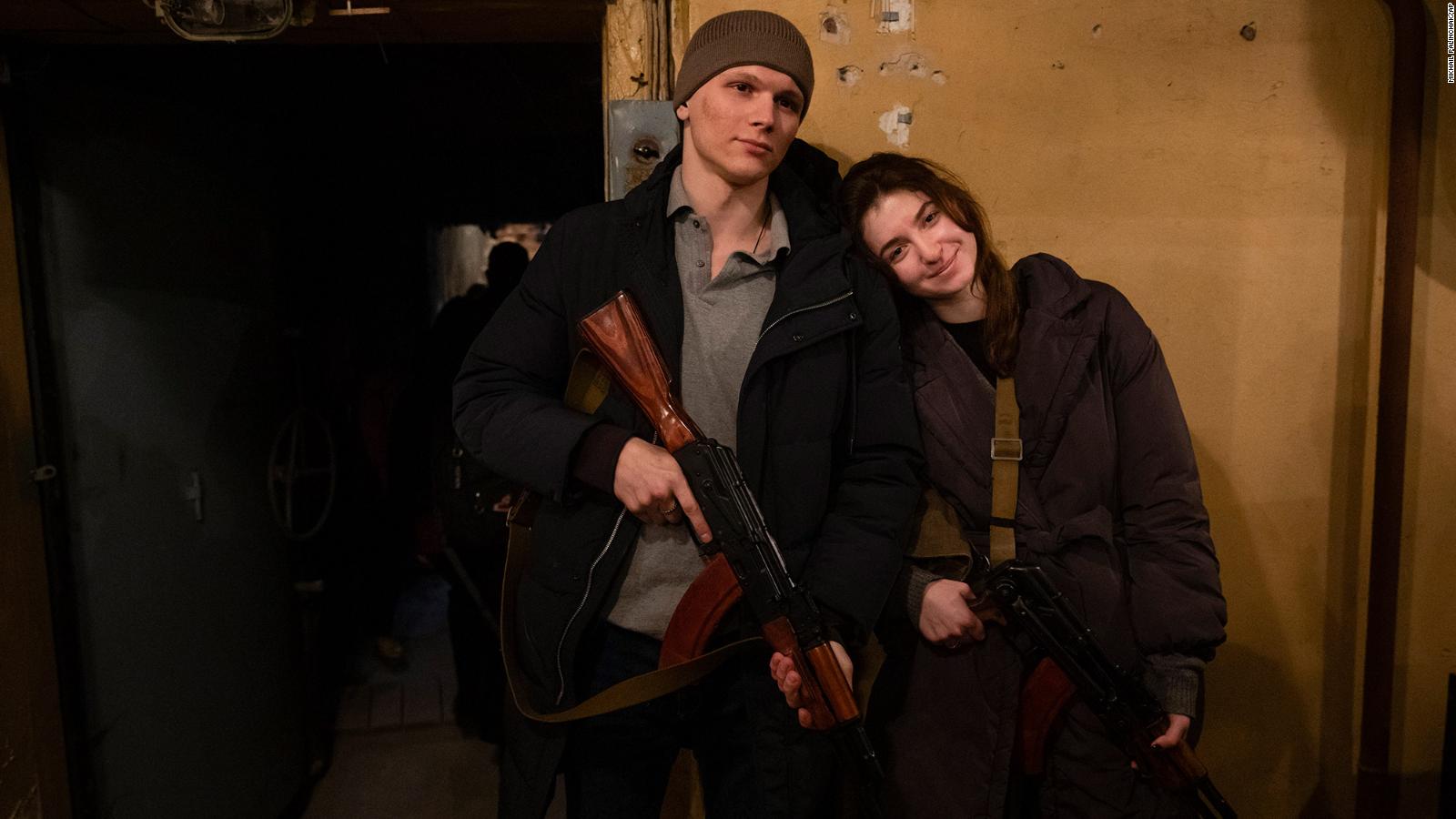
Photos: Russia invades Ukraine
Newly married couple Yaryna Arieva and Sviatoslav Fursin pose for photo in Kyiv on February 25 after they joined the Territorial Defense Forces.
Hide Caption
187 of 247
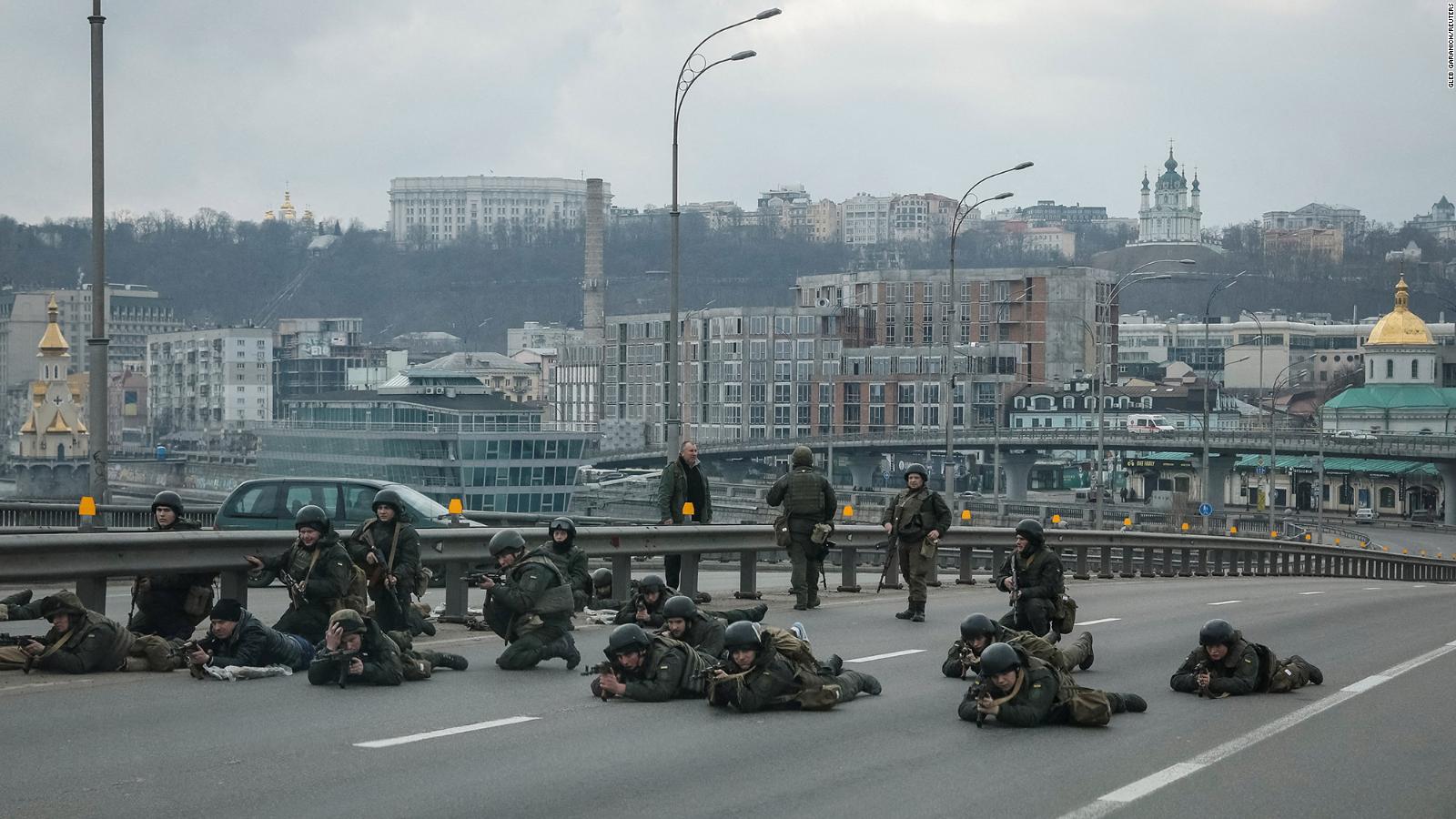
Photos: Russia invades Ukraine
Members of the Ukrainian National Guard take positions in central Kyiv on February 25.
Hide Caption
188 of 247
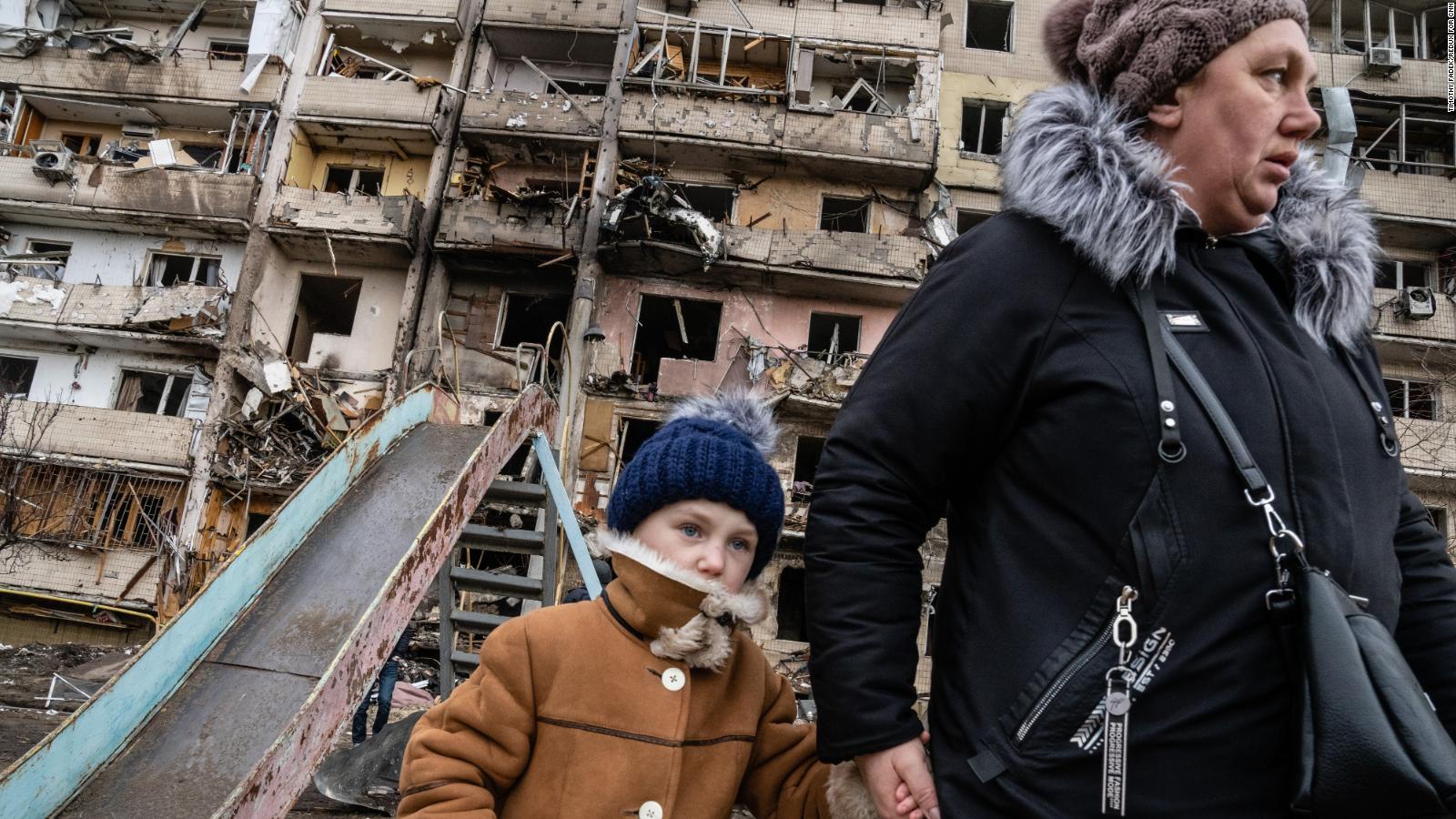
Photos: Russia invades Ukraine
People walk past a residential building in Kyiv that was hit in an alleged Russian airstrike on February 25.
Hide Caption
189 of 247
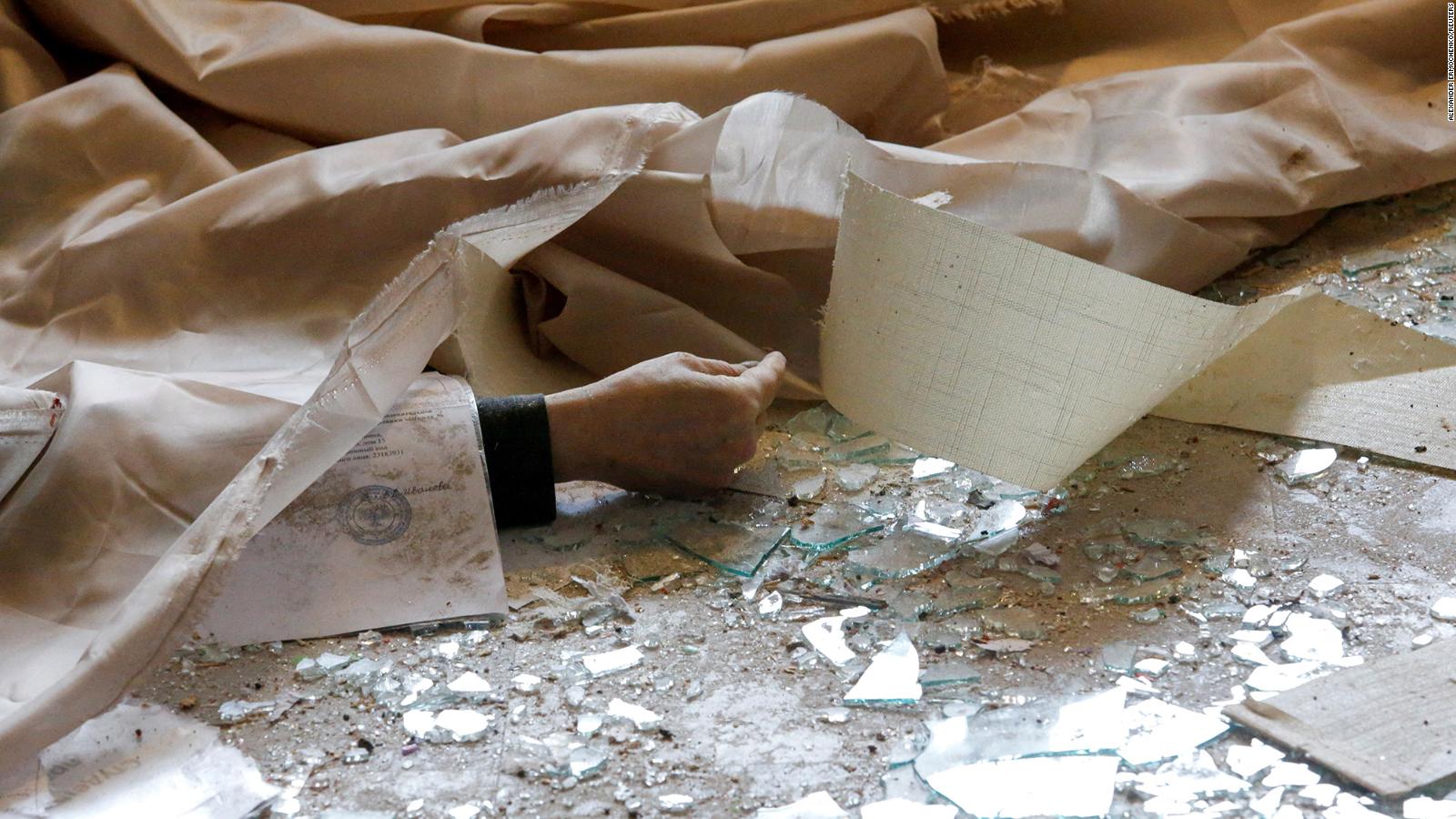
Photos: Russia invades Ukraine
The body of a school employee, who according to locals was killed in recent shelling, lies in the separatist-controlled town of Horlivka in Ukraine's Donetsk region on February 25.
Hide Caption
190 of 247
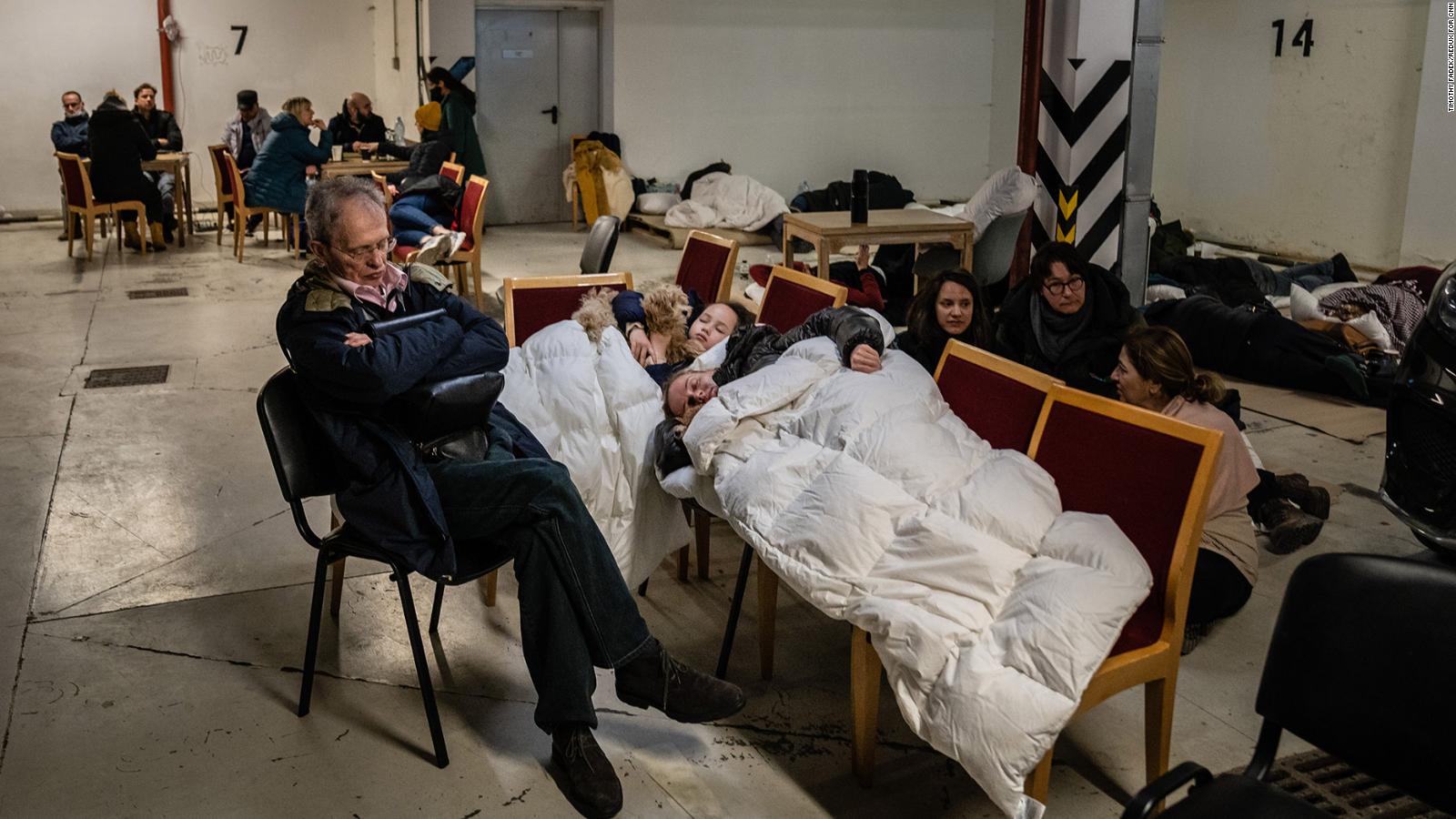
Photos: Russia invades Ukraine
Kyiv residents take shelter in an underground parking garage on February 25.
Hide Caption
191 of 247

Photos: Russia invades Ukraine
The body of a rocket remains in an apartment after shelling on the northern outskirts of Kharkiv on February 24.
Hide Caption
192 of 247
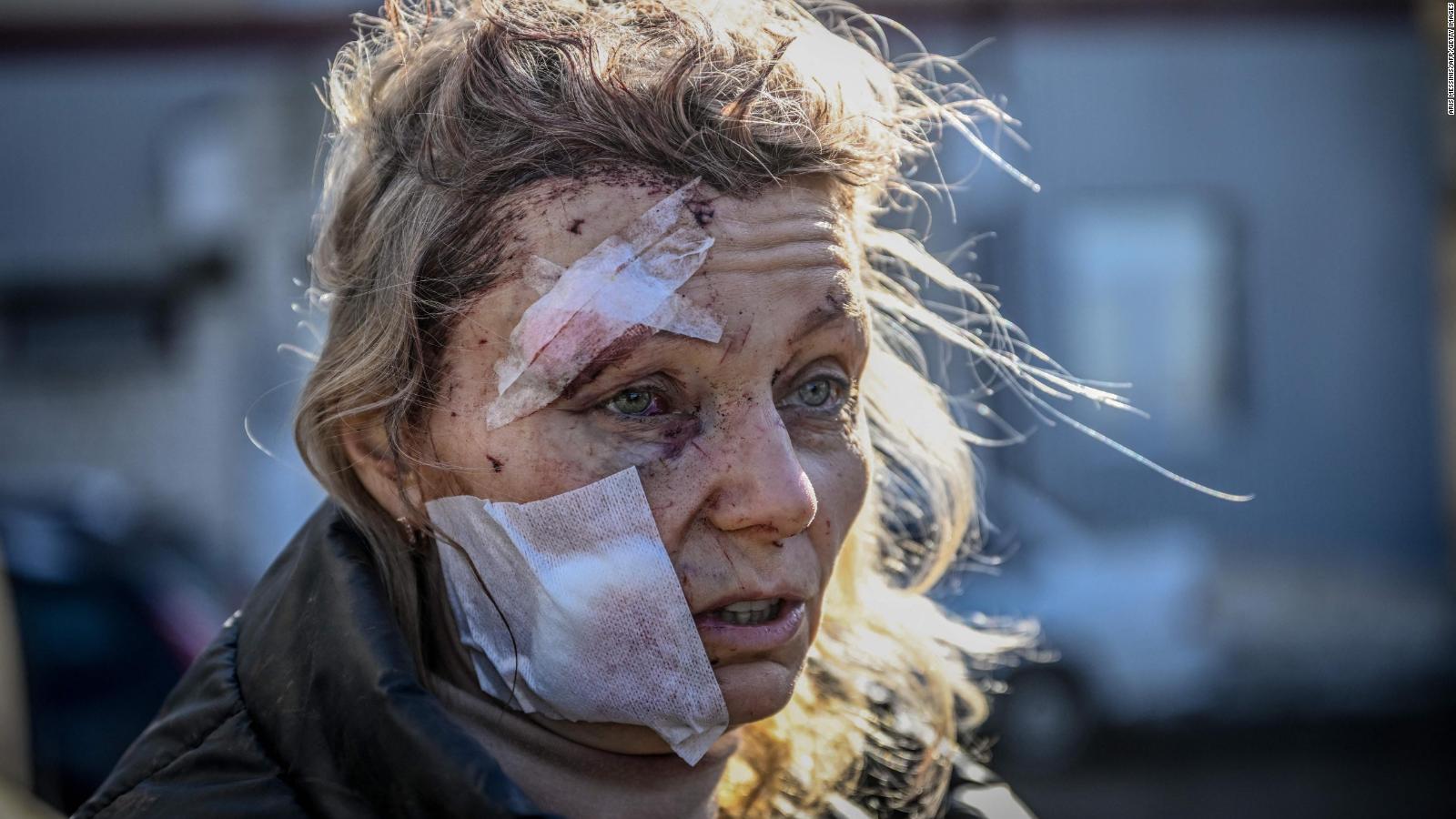
Photos: Russia invades Ukraine
A wounded woman stands outside a hospital after an attack on the eastern Ukrainian town of Chuhuiv, outside of Kharkiv, on February 24.
Hide Caption
193 of 247
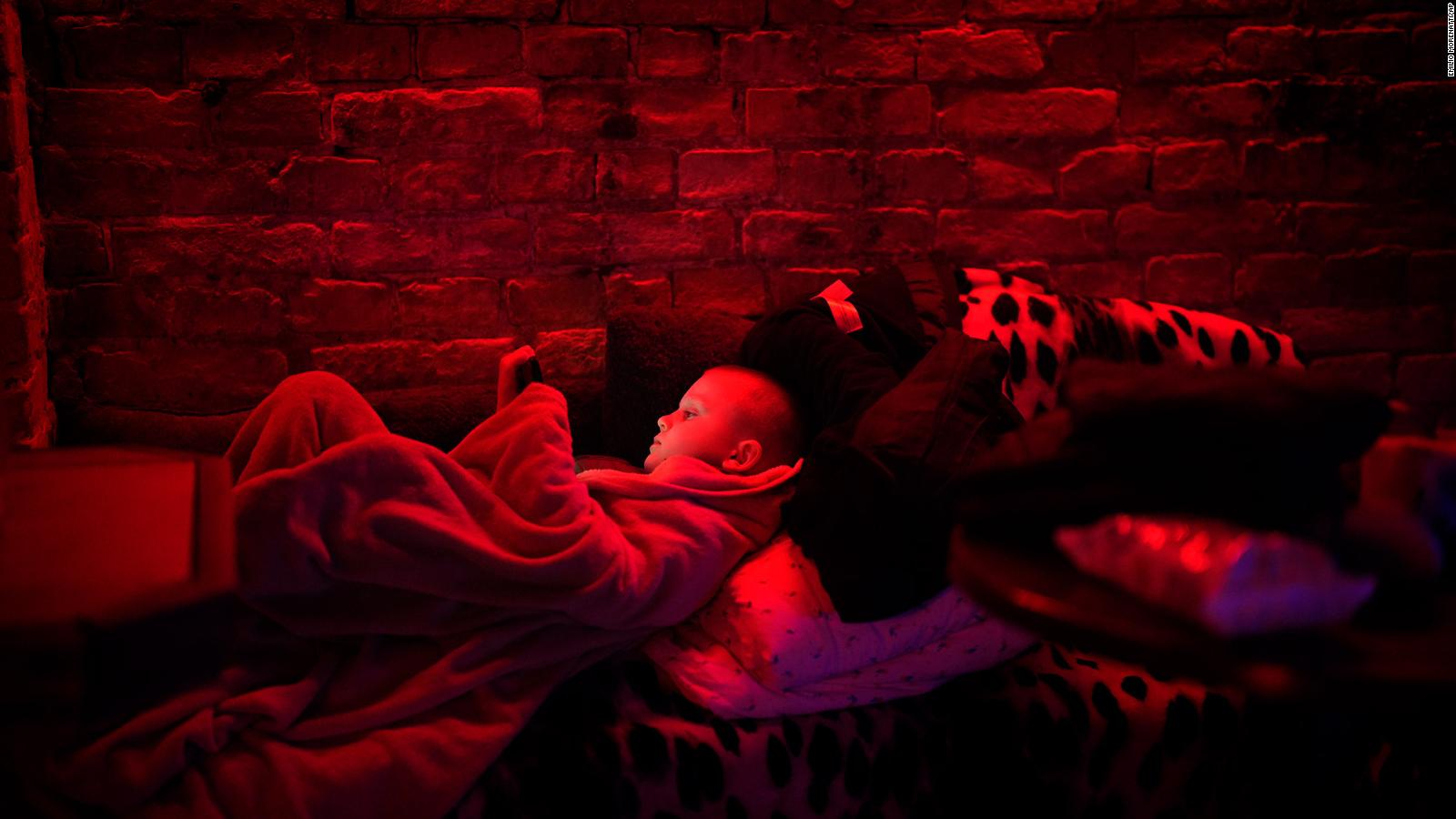
Photos: Russia invades Ukraine
A boy plays with his tablet in a public basement used as a bomb shelter in Kyiv on February 24.
Hide Caption
194 of 247
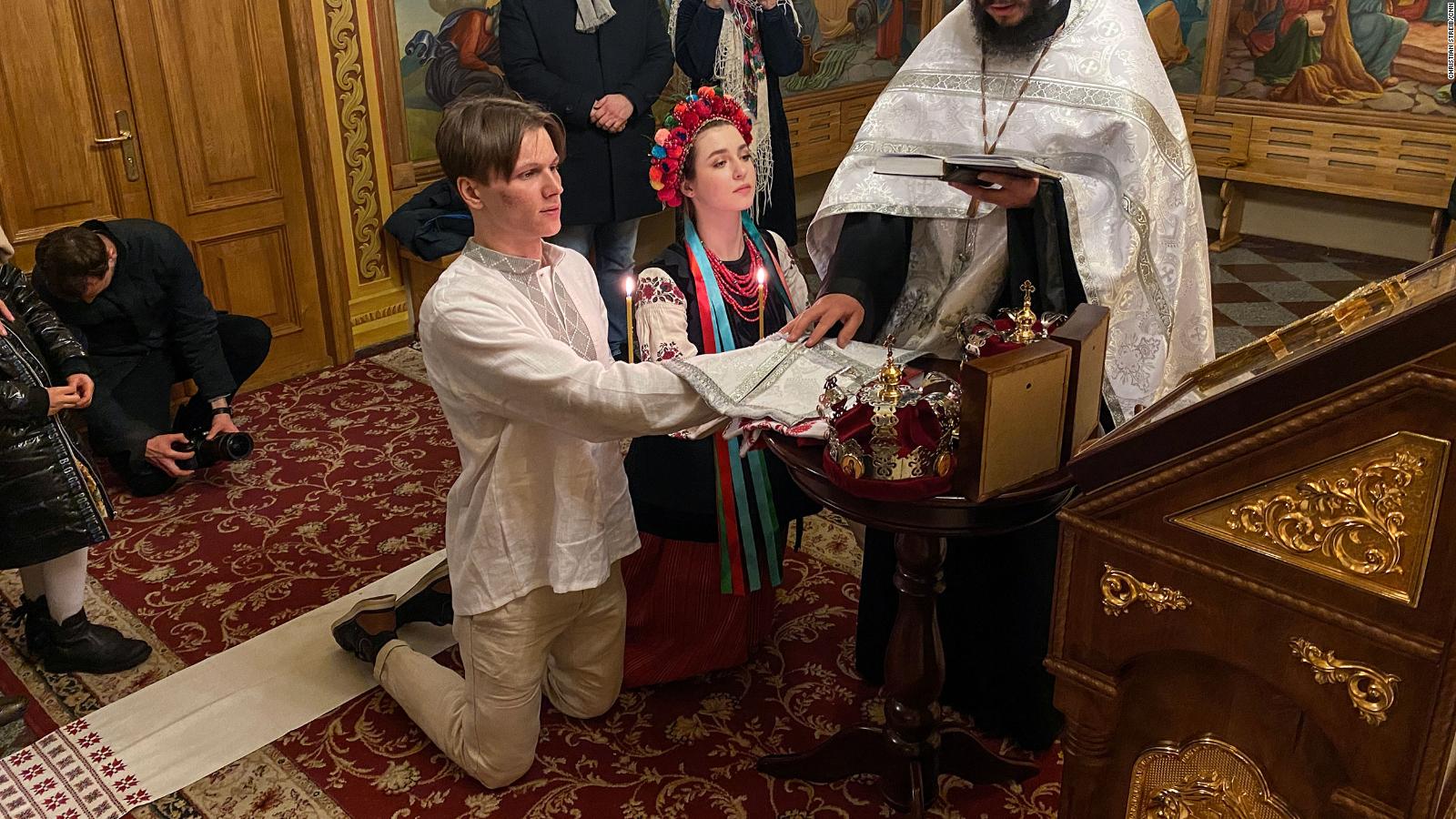
Photos: Russia invades Ukraine
Sviatoslav Fursin, left, and Yaryna Arieva kneel during their wedding ceremony at the St. Michael's Cathedral in Kyiv on February 24. They had planned on getting married in May, but they rushed to tie the knot due to the attacks by Russian forces. "We maybe can die, and we just wanted to be together before all of that," Arieva said.
Hide Caption
195 of 247
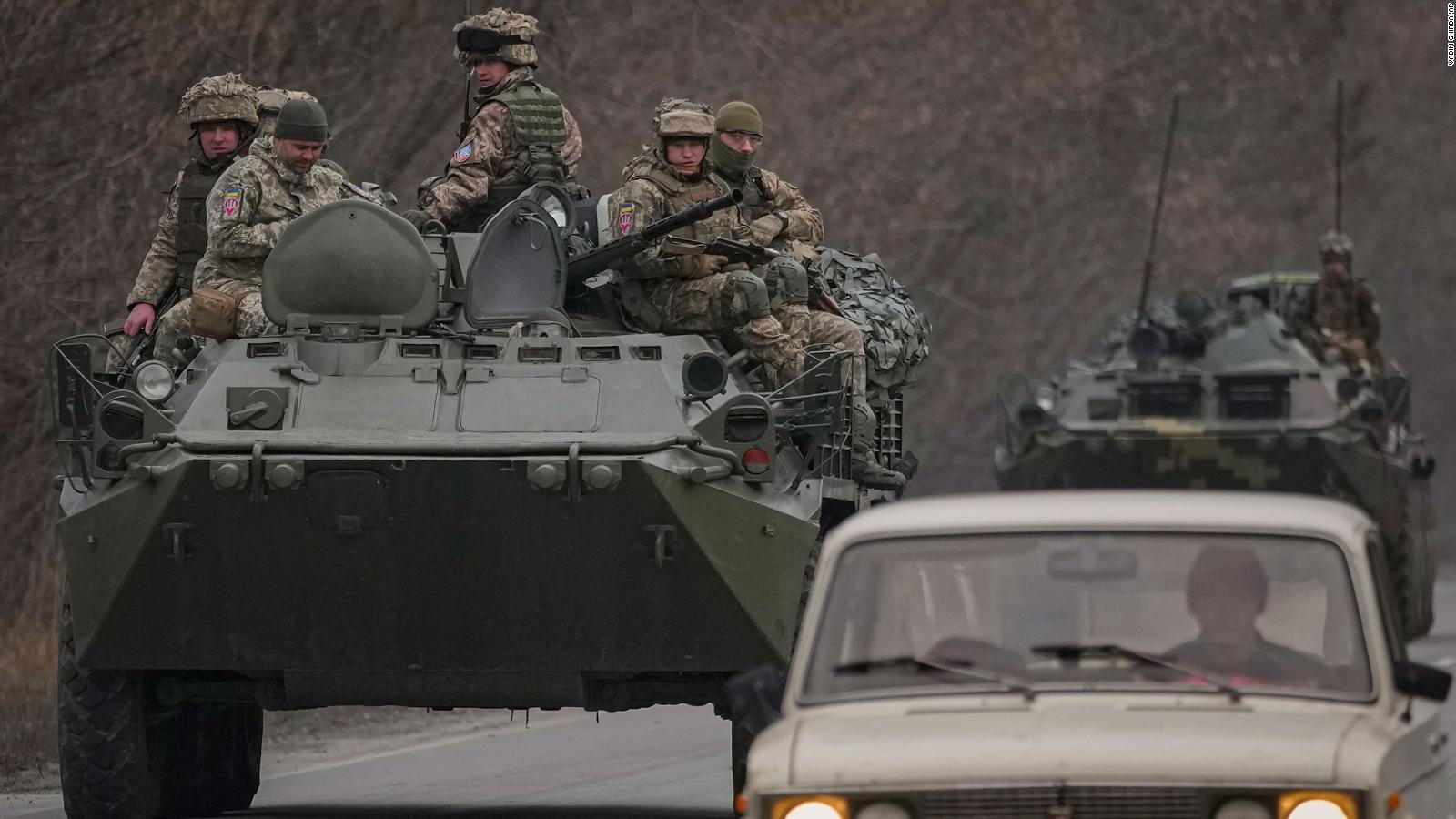
Photos: Russia invades Ukraine
Ukrainian service members sit atop armored vehicles driving in eastern Ukraine's Donetsk region on February 24.
Hide Caption
196 of 247
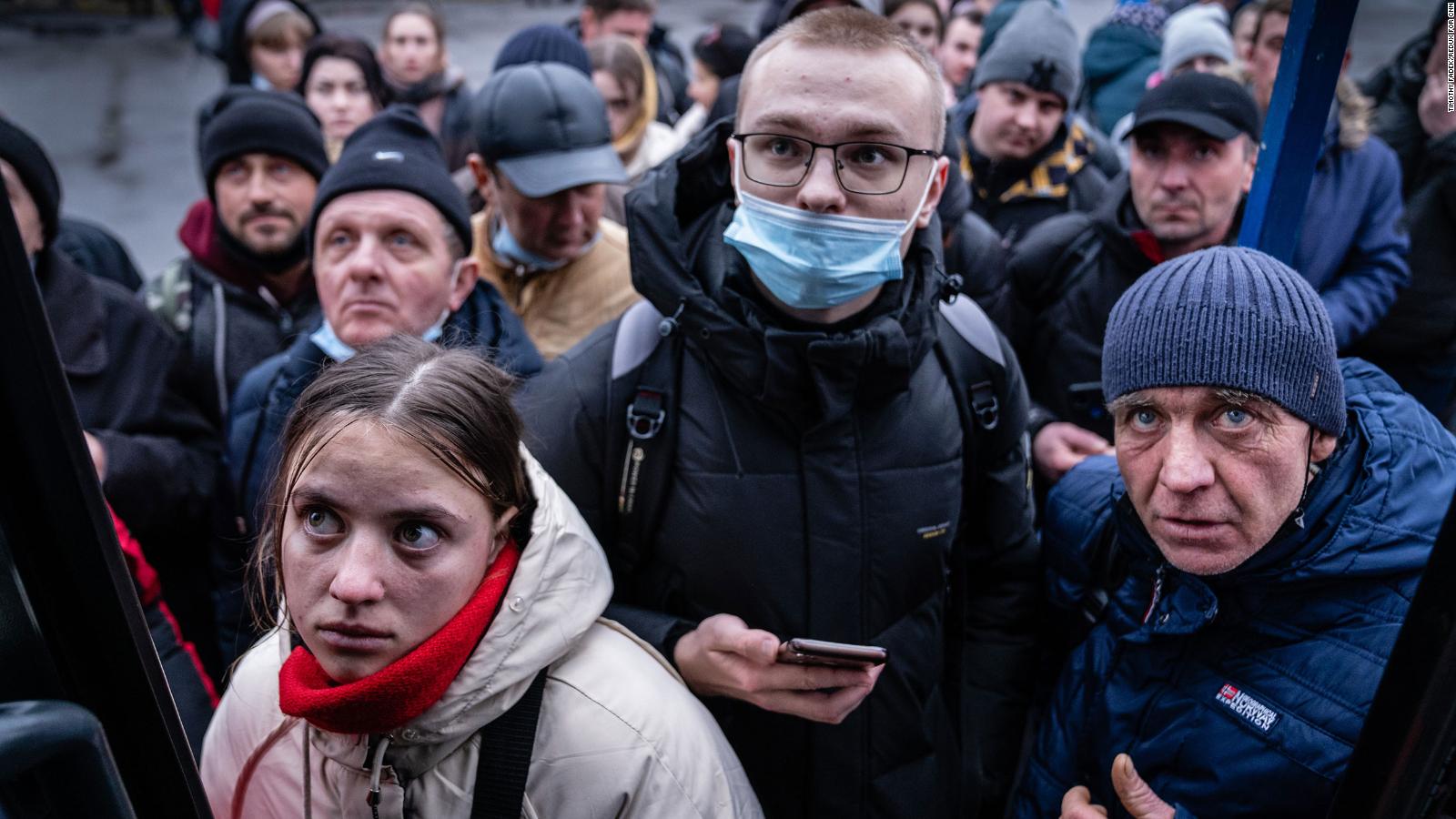
Photos: Russia invades Ukraine
People in Kyiv try to board a bus to travel west toward Poland on February 24.
Hide Caption
197 of 247
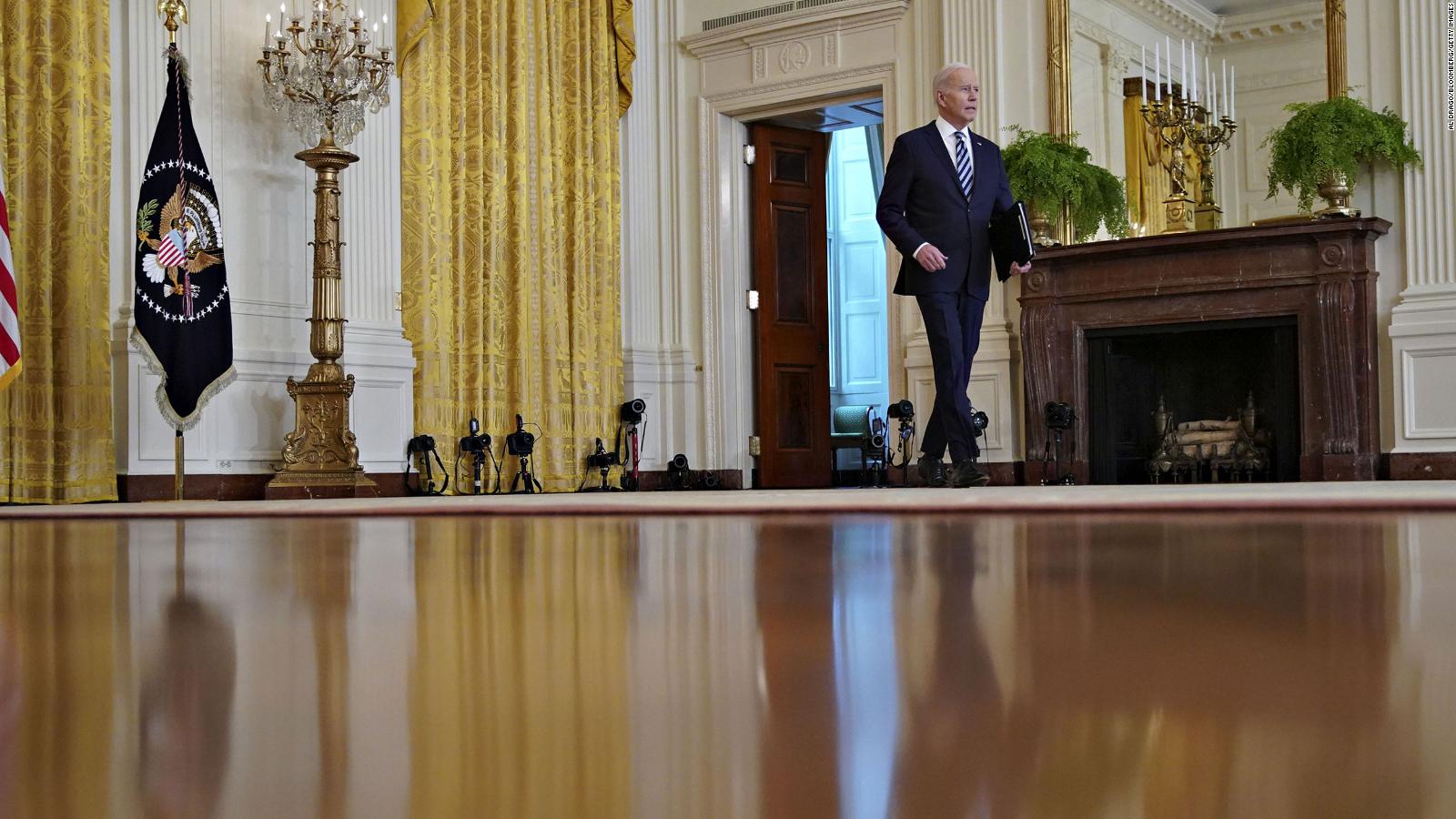
Photos: Russia invades Ukraine
US President Joe Biden arrives in the East Room of the White House to address the Russian invasion on February 24. "Putin is the aggressor. Putin chose this war. And now he and his country will bear the consequences," Biden said, laying out a set of measures that will "impose severe cost on the Russian economy, both immediately and over time."
Hide Caption
198 of 247
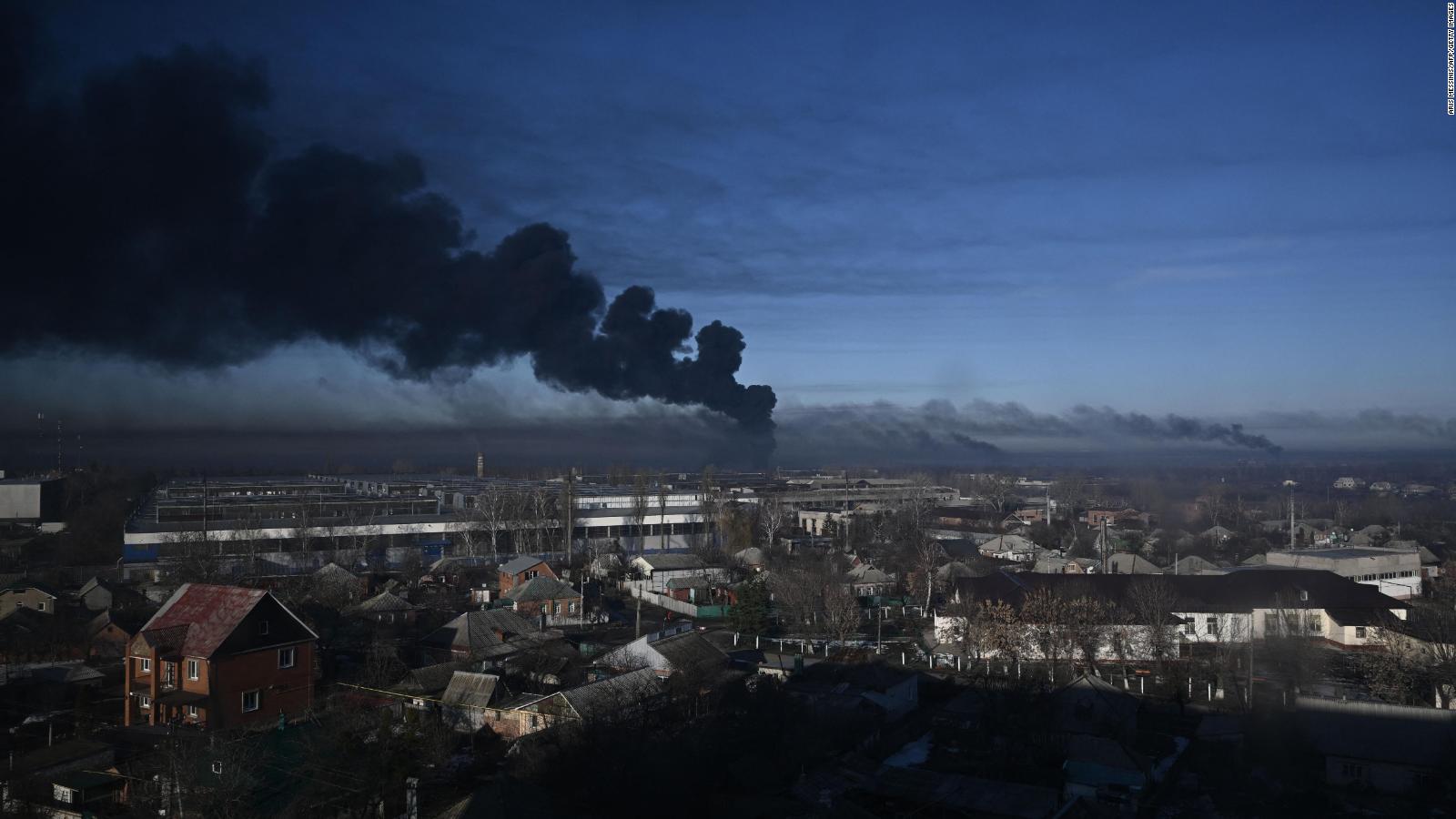
Photos: Russia invades Ukraine
Smoke rises from a military airport in Chuhuiv on February 24. Airports were also hit in Boryspil, Kharkiv, Ozerne, Kulbakino, Kramatorsk and Chornobaivka.
Hide Caption
199 of 247
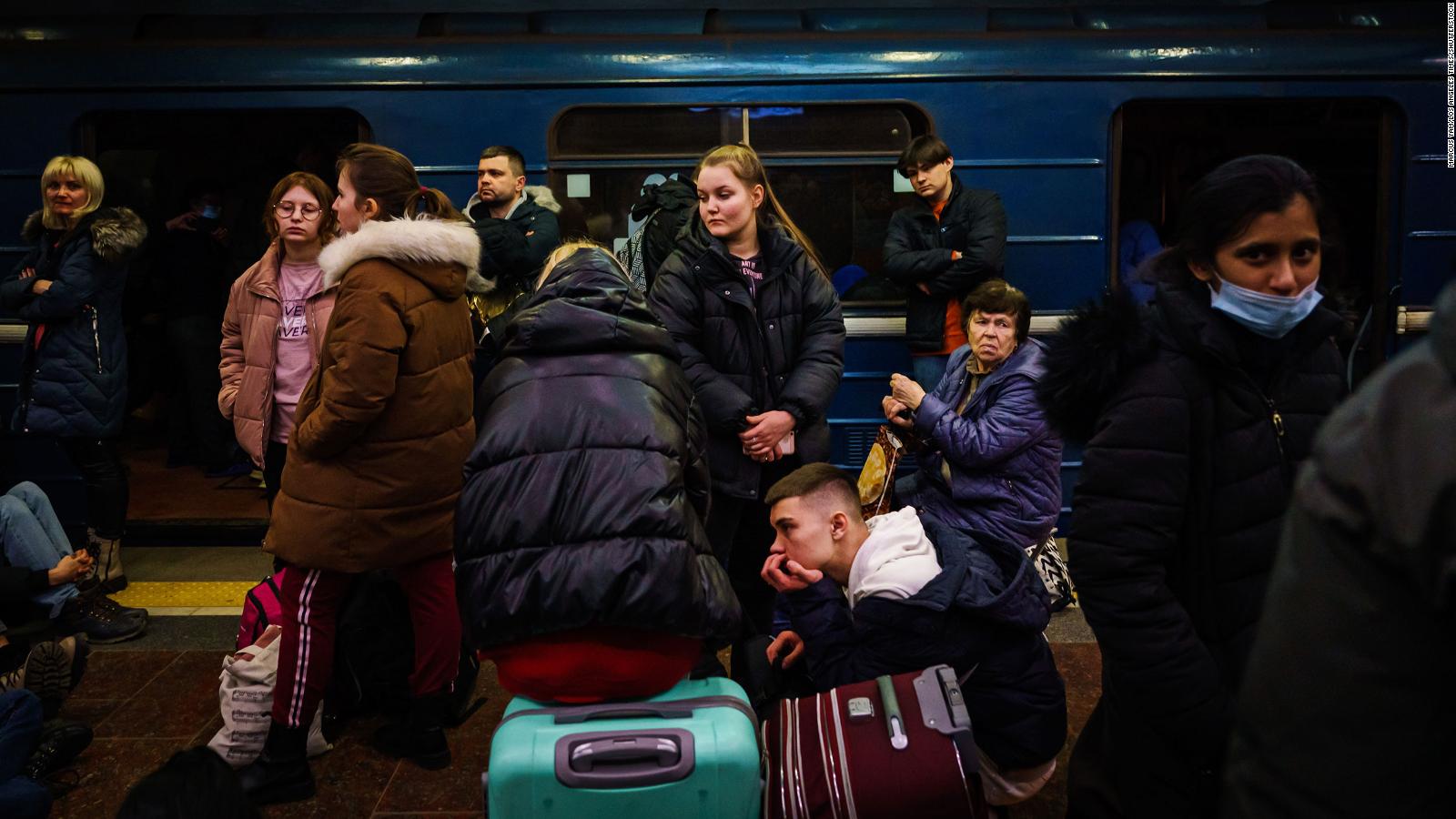
Photos: Russia invades Ukraine
People seek shelter inside a subway station in Kharkiv on February 24.
Hide Caption
200 of 247
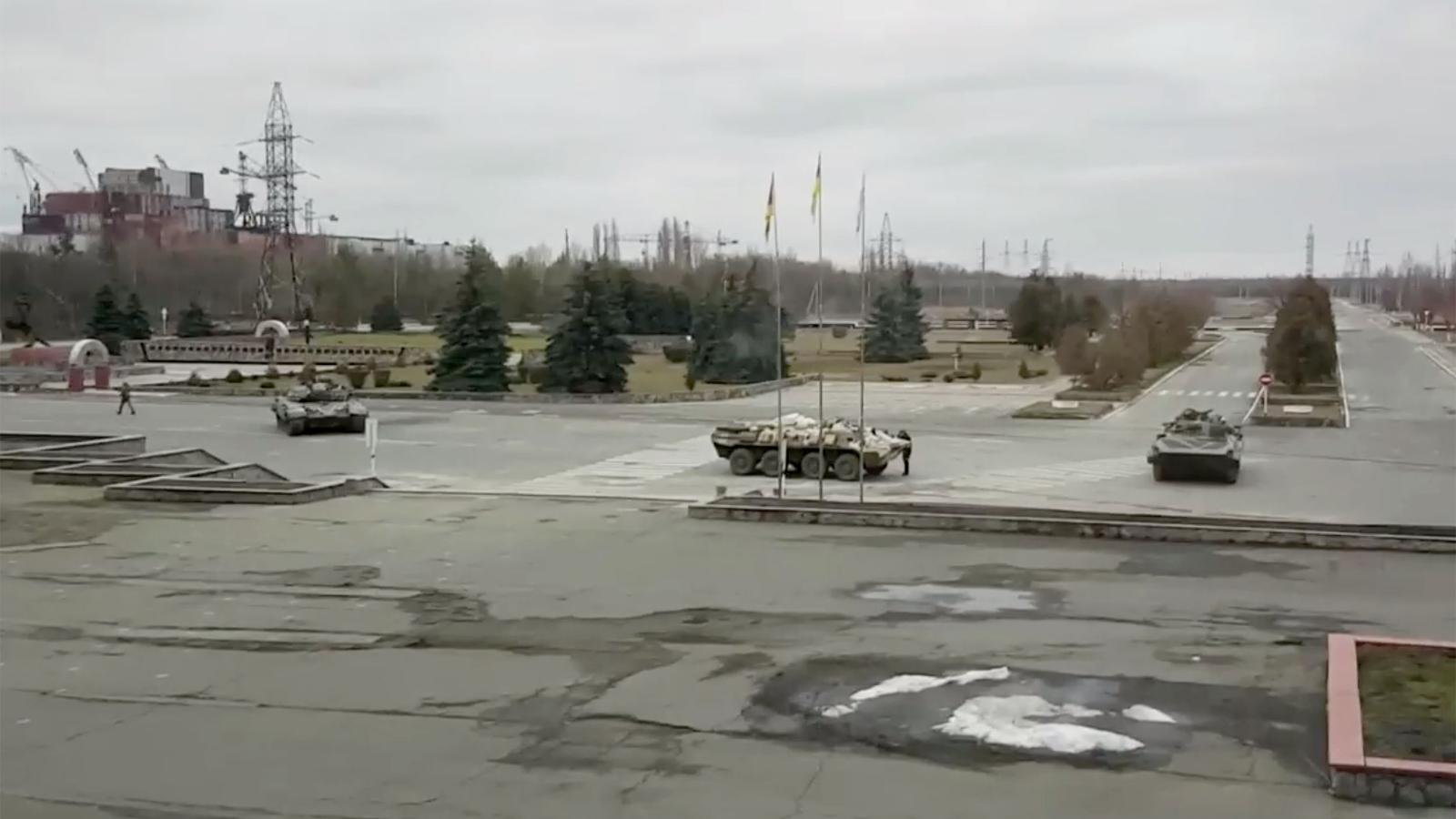
Photos: Russia invades Ukraine
Russian military vehicles are seen at the Chernobyl power plant near Pripyat, Ukraine, on February 24. Russian forces seized control of the the plant, the site of the world's worst nuclear disaster.
Hide Caption
201 of 247
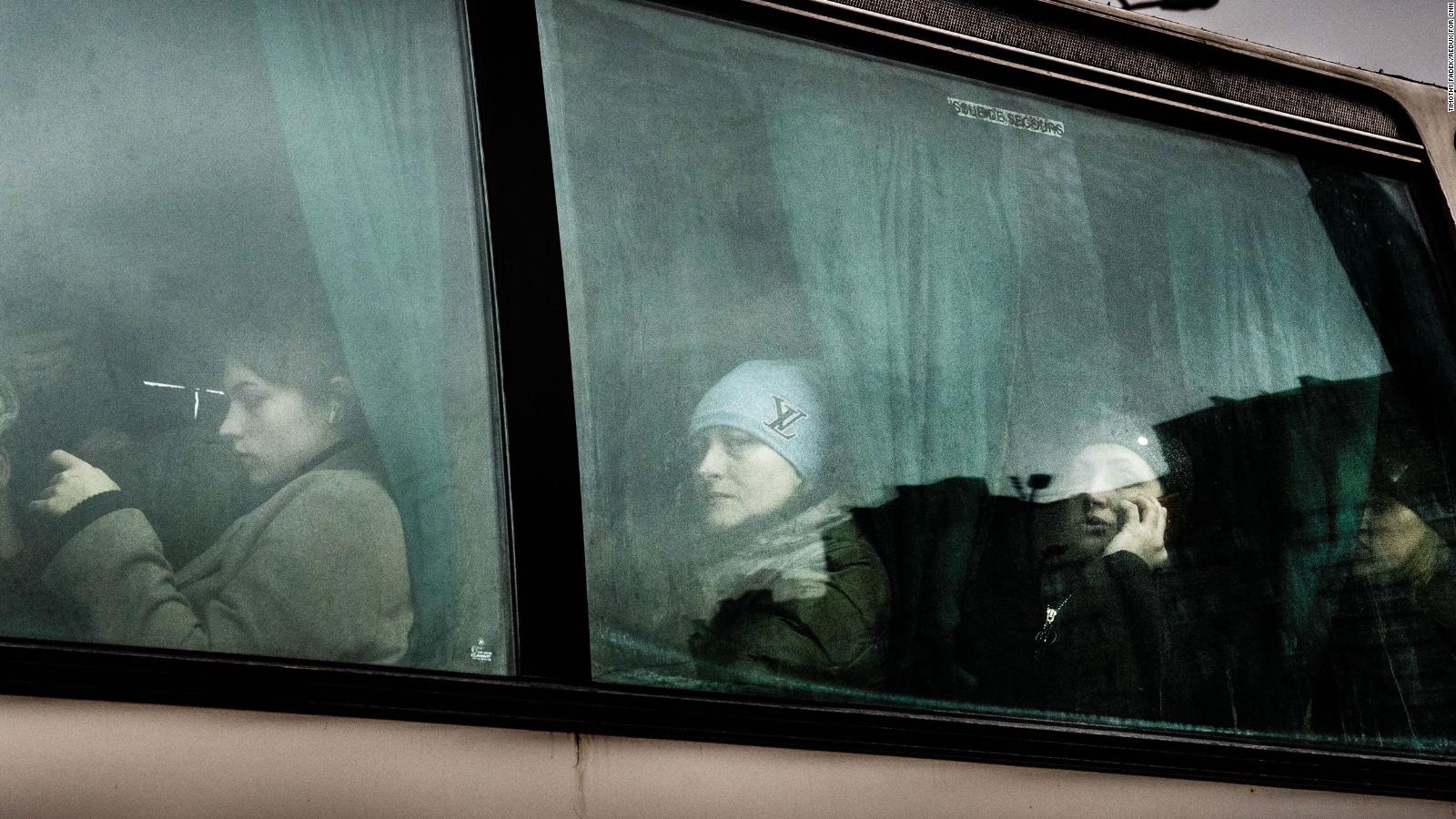
Photos: Russia invades Ukraine
People wait after boarding a bus to leave Kyiv on February 24.
Hide Caption
202 of 247
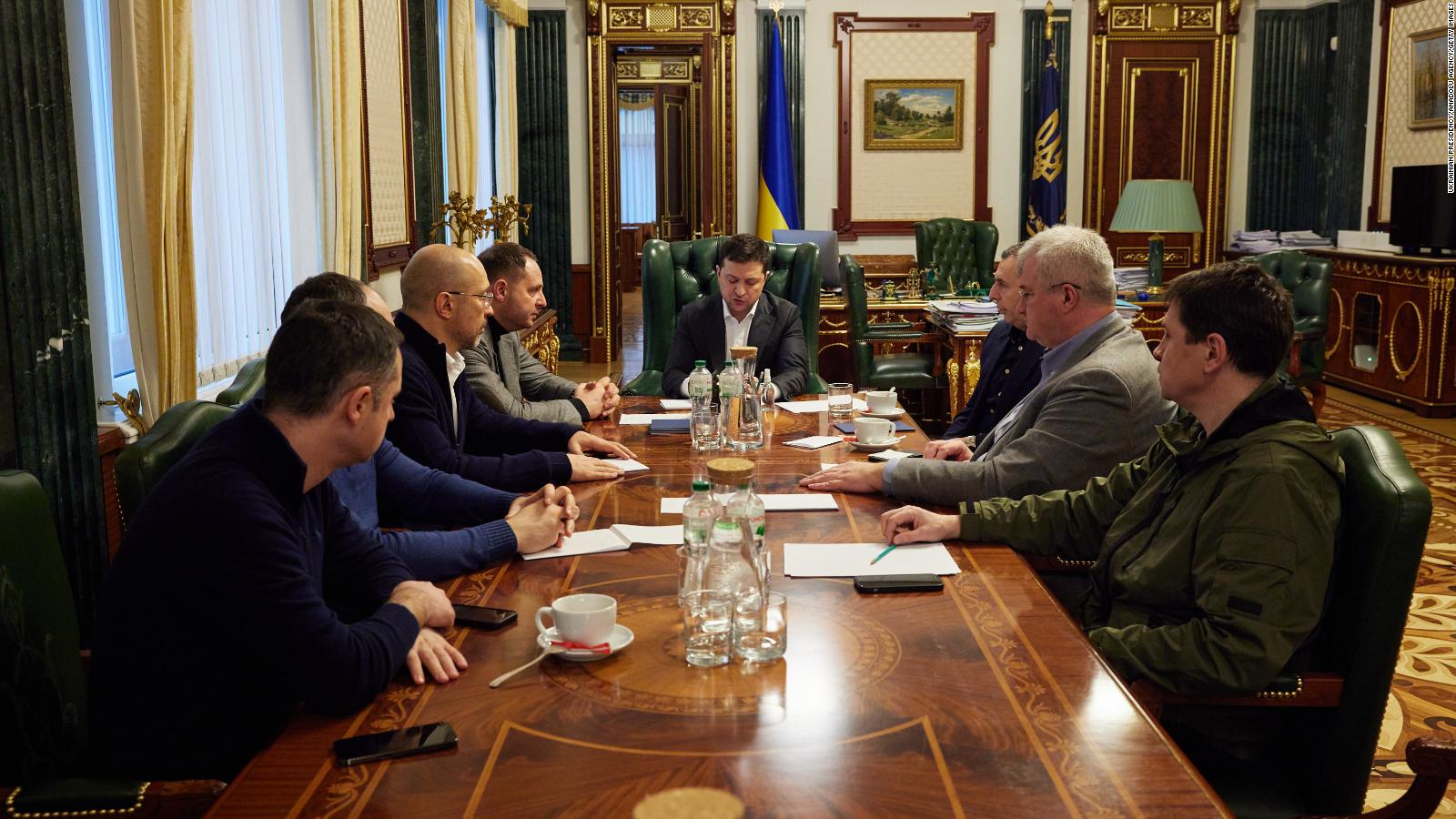
Photos: Russia invades Ukraine
Ukrainian President Zelensky holds an emergency meeting in Kyiv on February 24. In a video address, Zelensky announced that he was introducing martial law. He urged people to remain calm.
Hide Caption
203 of 247
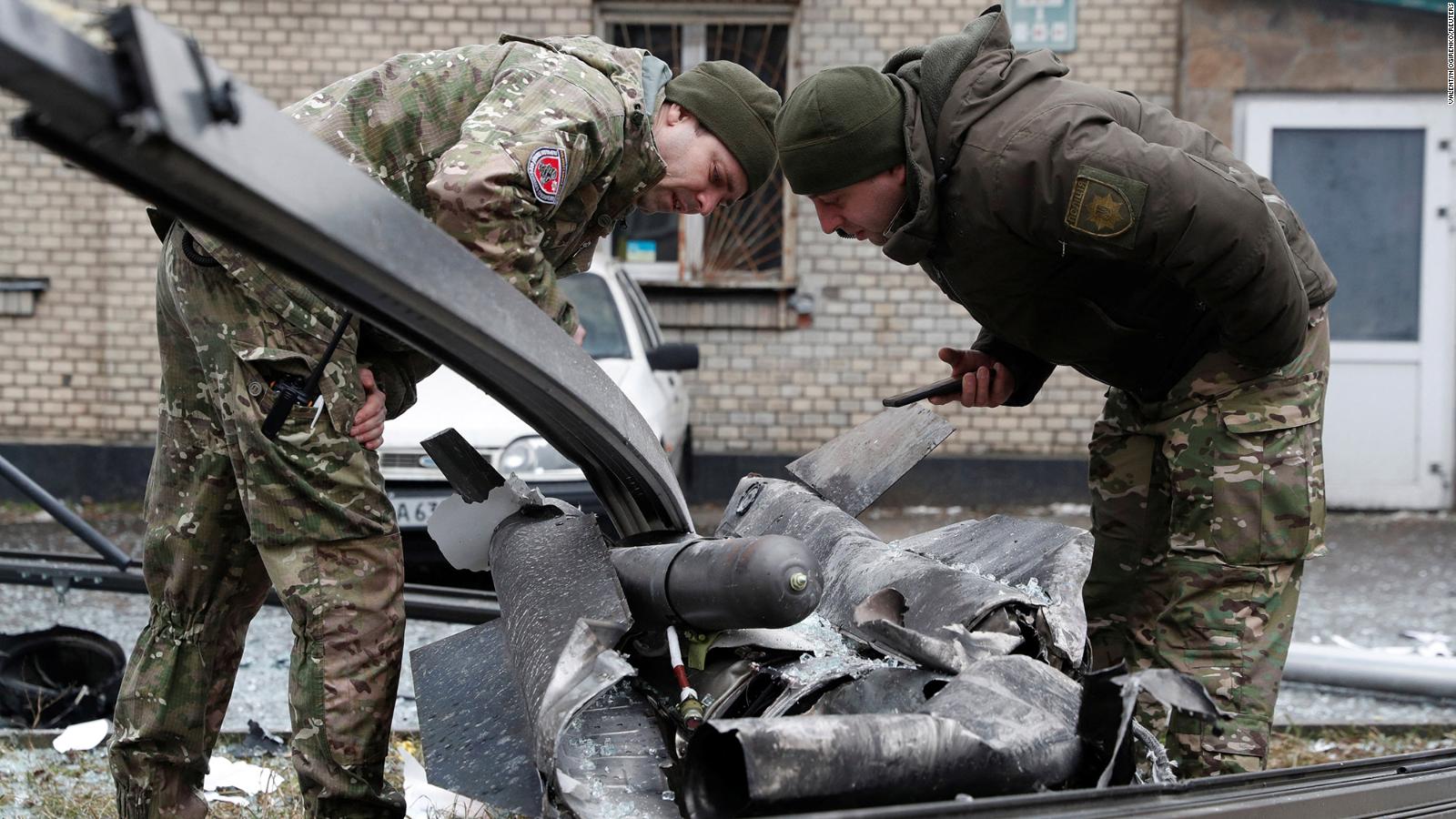
Photos: Russia invades Ukraine
Police officers inspect the remains of a missile that landed in Kyiv on February 24.
Hide Caption
204 of 247
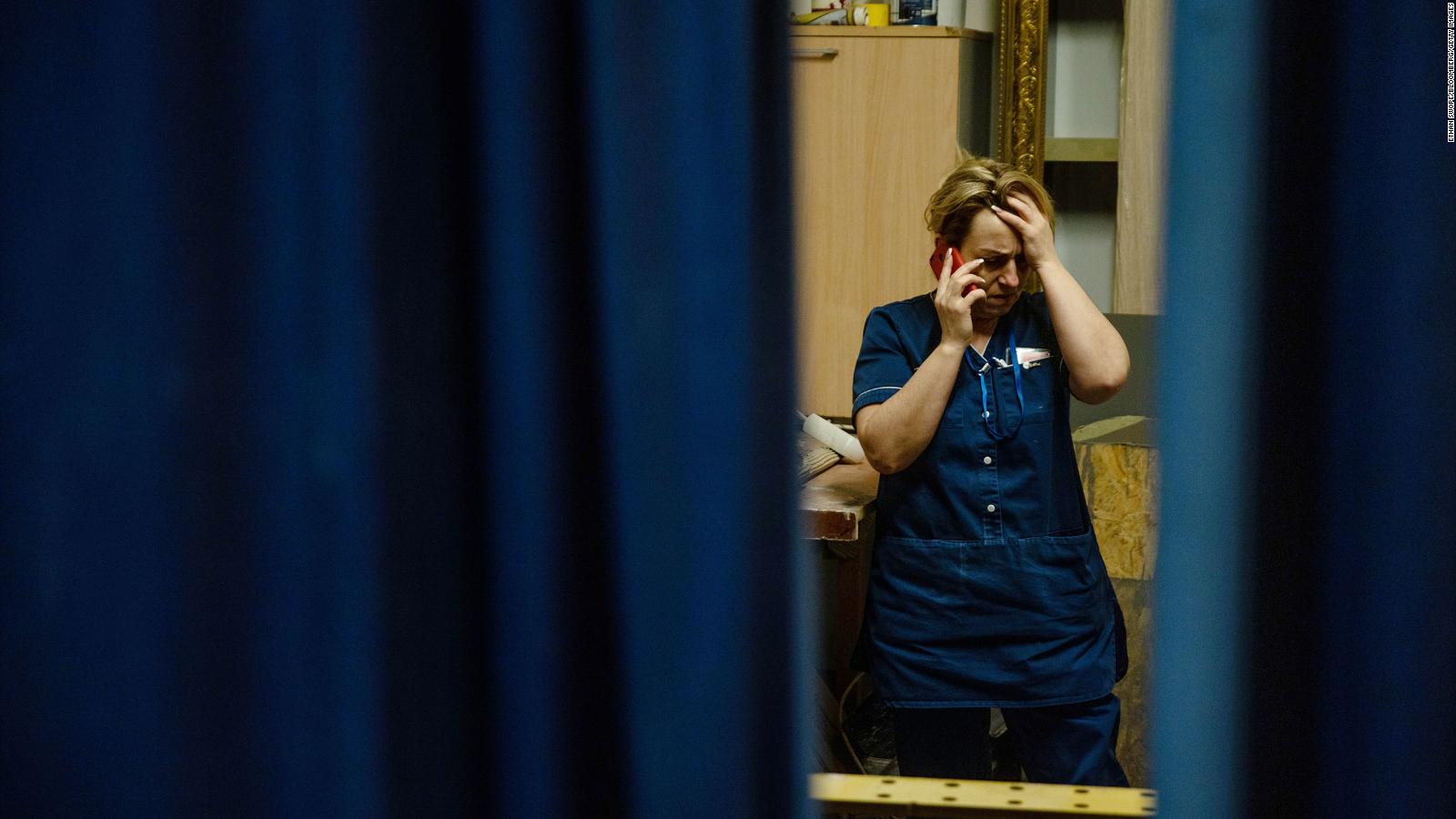
Photos: Russia invades Ukraine
A staff member of a Kyiv hotel talks on the phone on February 24.
Hide Caption
205 of 247

Photos: Russia invades Ukraine
Smoke rises from an air defense base after an apparent Russian strike in Mariupol on February 24. A CNN team in Mariupol reported hearing a barrage of artillery.
Hide Caption
206 of 247
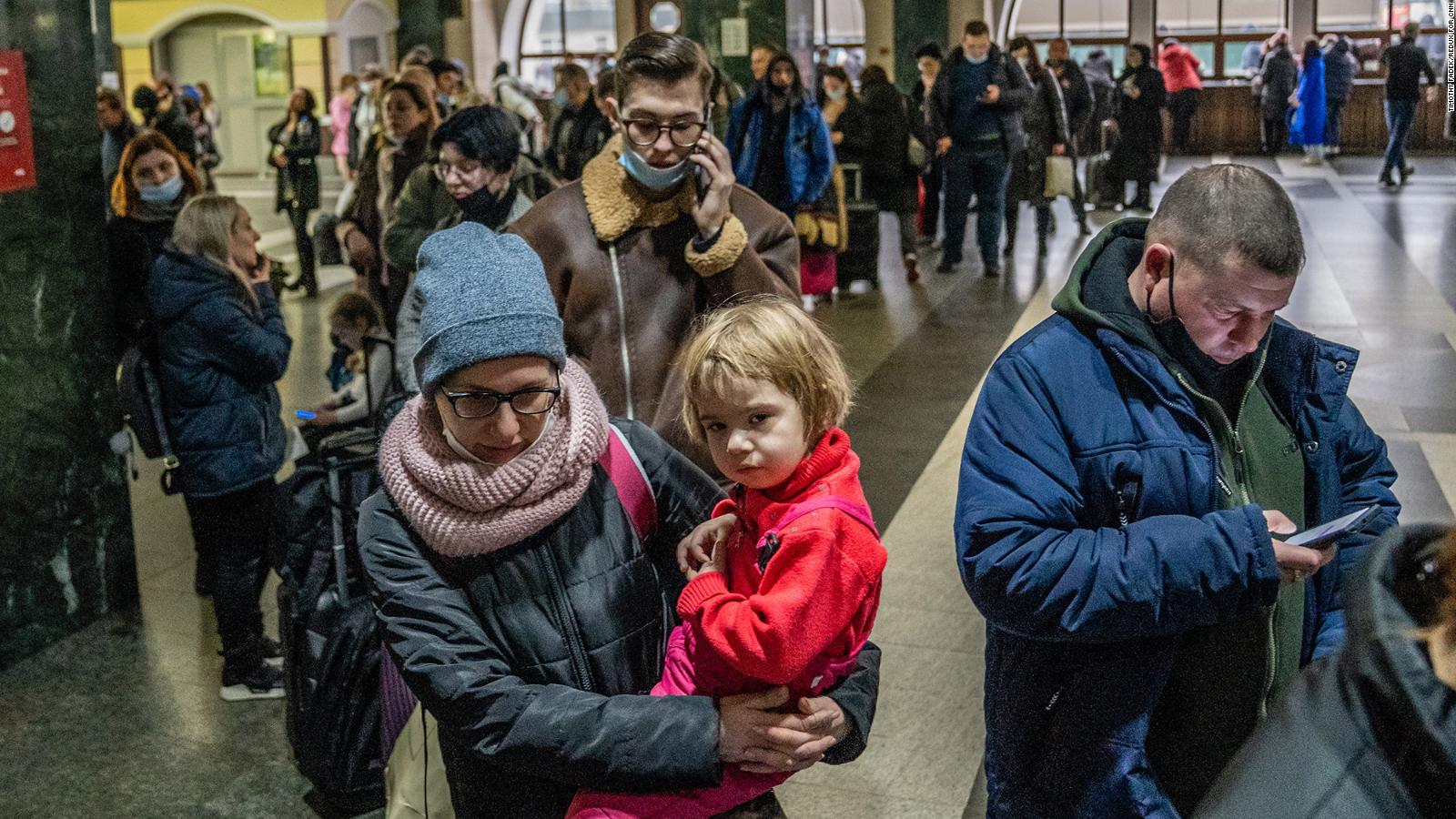
Photos: Russia invades Ukraine
People wait in line to buy train tickets at the central station in Kyiv on February 24.
Hide Caption
207 of 247
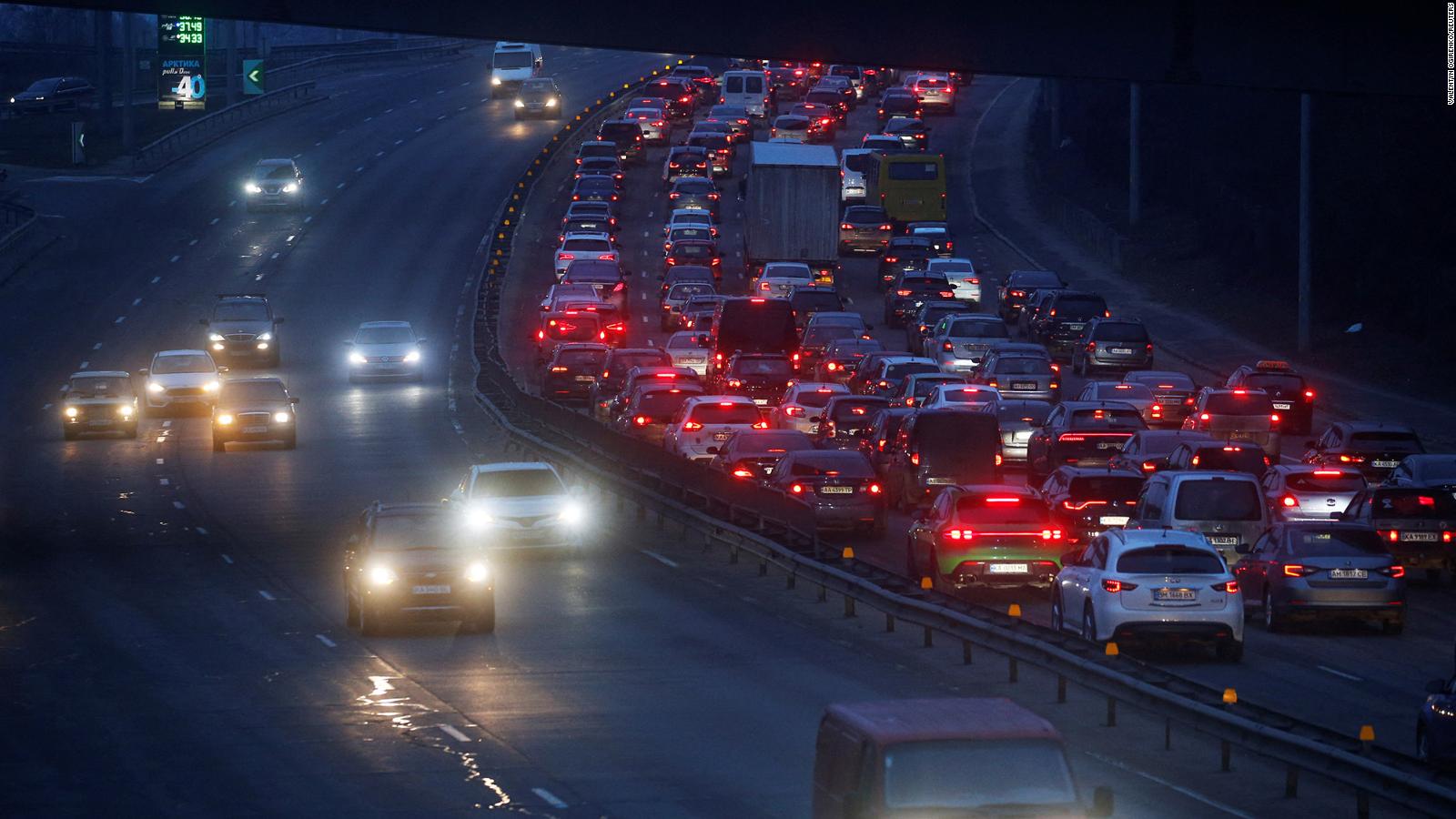
Photos: Russia invades Ukraine
A long line of cars is seen exiting Kyiv on February 24. Heavy traffic appeared to be heading west, away from where explosions were heard early in the morning.
Hide Caption
208 of 247
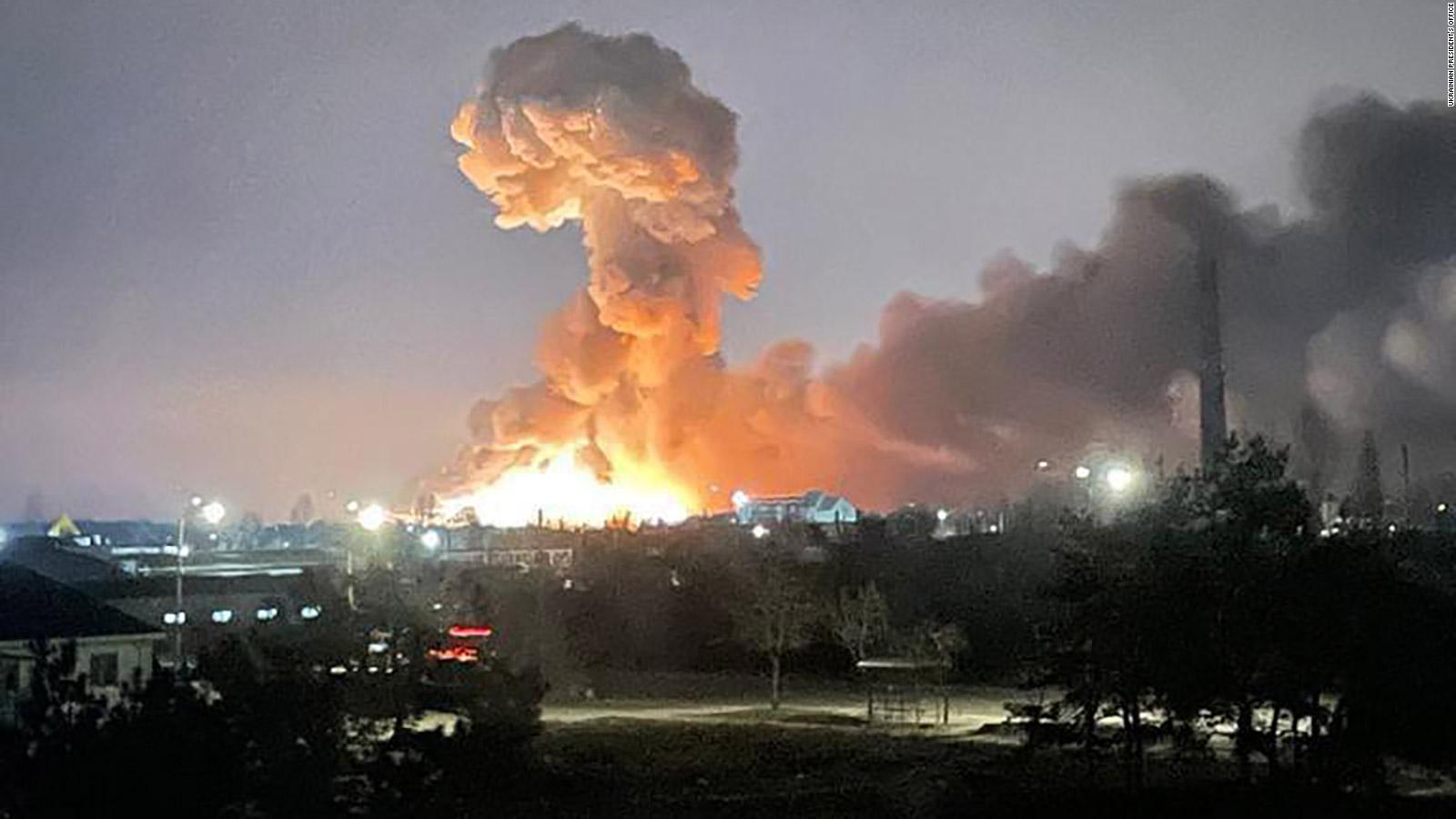
Photos: Russia invades Ukraine
A photo provided by the Ukrainian President's office appears to show an explosion in Kyiv early on February 24.
Hide Caption
209 of 247
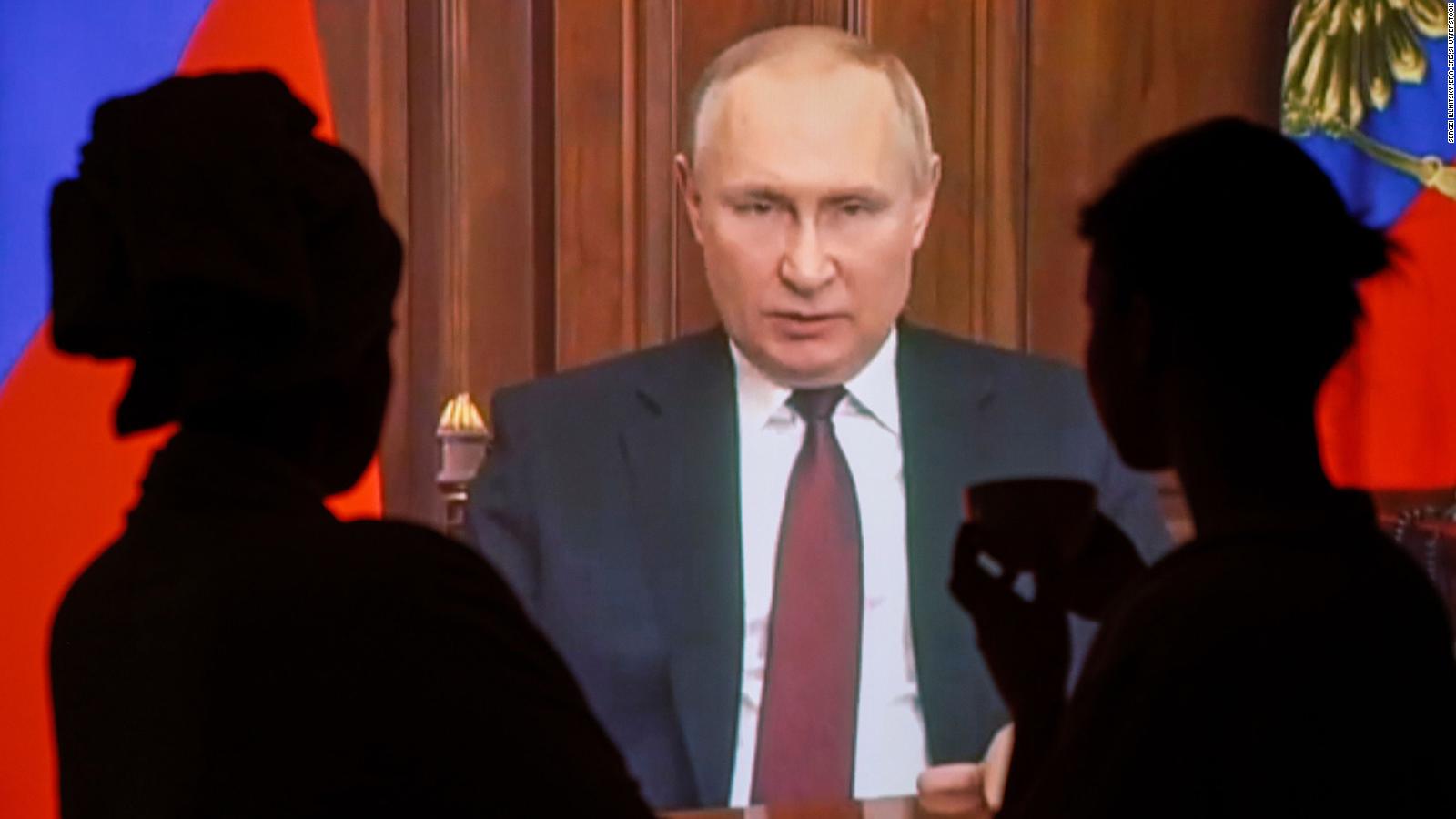
Photos: Russia invades Ukraine
People in Moscow watch a televised address by Russian President Vladimir Putin as he announces a military operation in the Donbas region of eastern Ukraine on February 24. "Whoever tries to interfere with us, and even more so to create threats to our country, to our people, should know that Russia's response will be immediate and will lead you to such consequences as you have never experienced in your history," he said.
Hide Caption
210 of 247
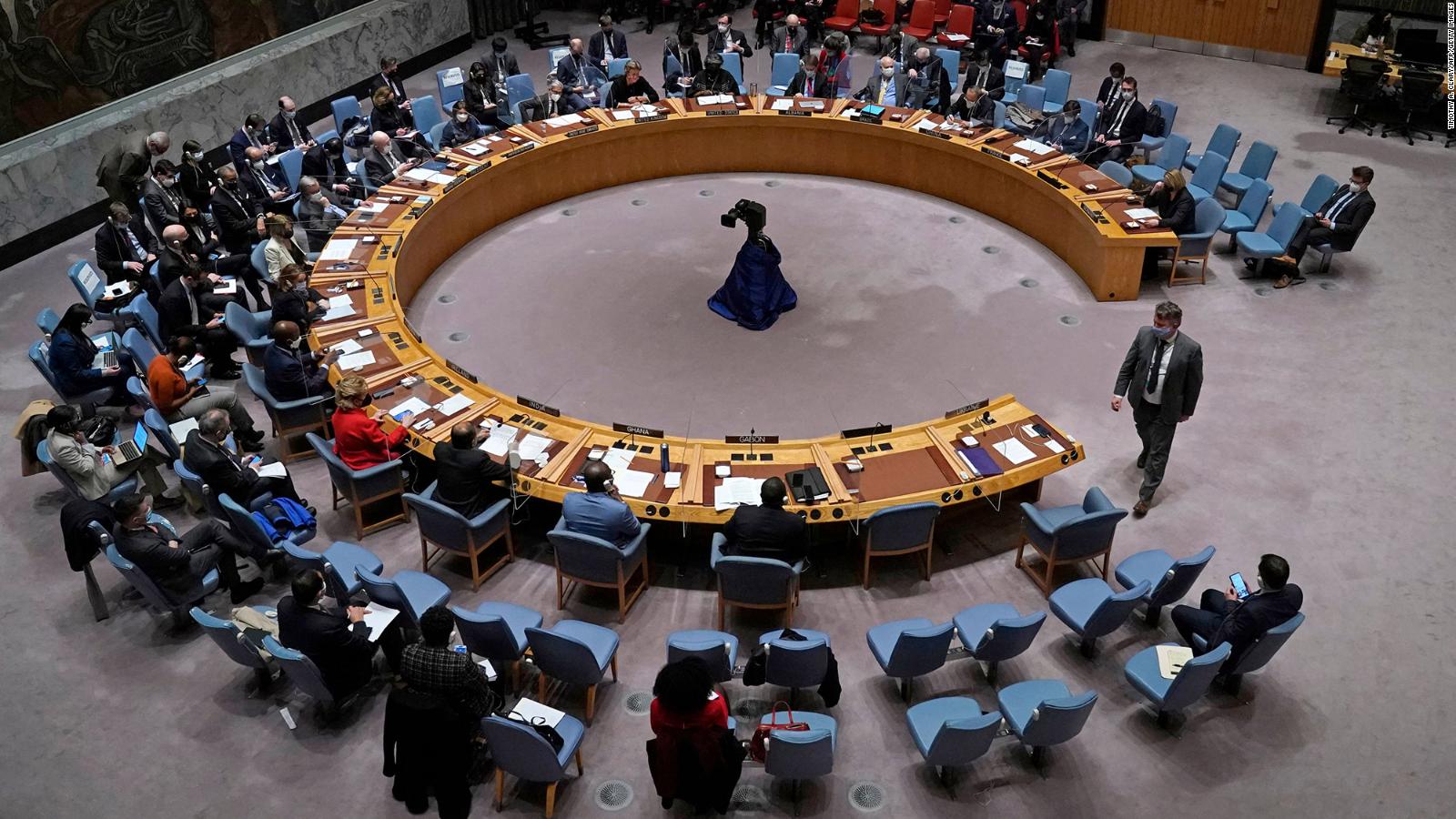
Photos: Russia invades Ukraine
An emergency meeting of the UN Security Council is held in New York to discuss the crisis on February 23. UN Secretary General Antonio Guterres told Russian President Vladimir Putin to stop "attacking Ukraine" and to give peace a chance.
Hide Caption
211 of 247

Photos: Russia invades Ukraine
A convoy of Russian military vehicles is seen February 23 in the Rostov region of Russia, which runs along Ukraine's eastern border.
Hide Caption
212 of 247
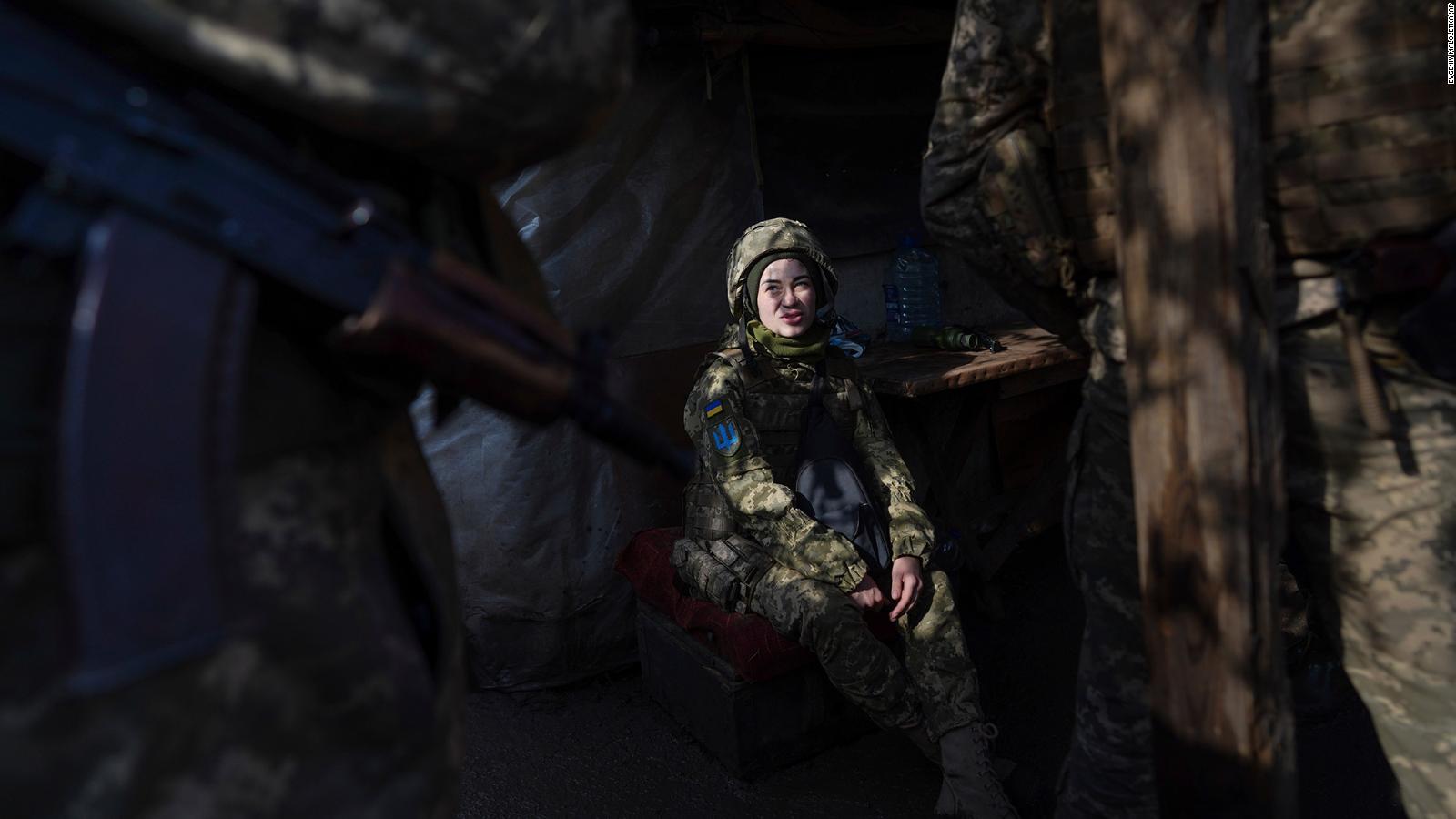
Photos: Russia invades Ukraine
Ukrainian soldiers talk in a shelter at the front line near Svitlodarsk, Ukraine, on February 23.
Hide Caption
213 of 247
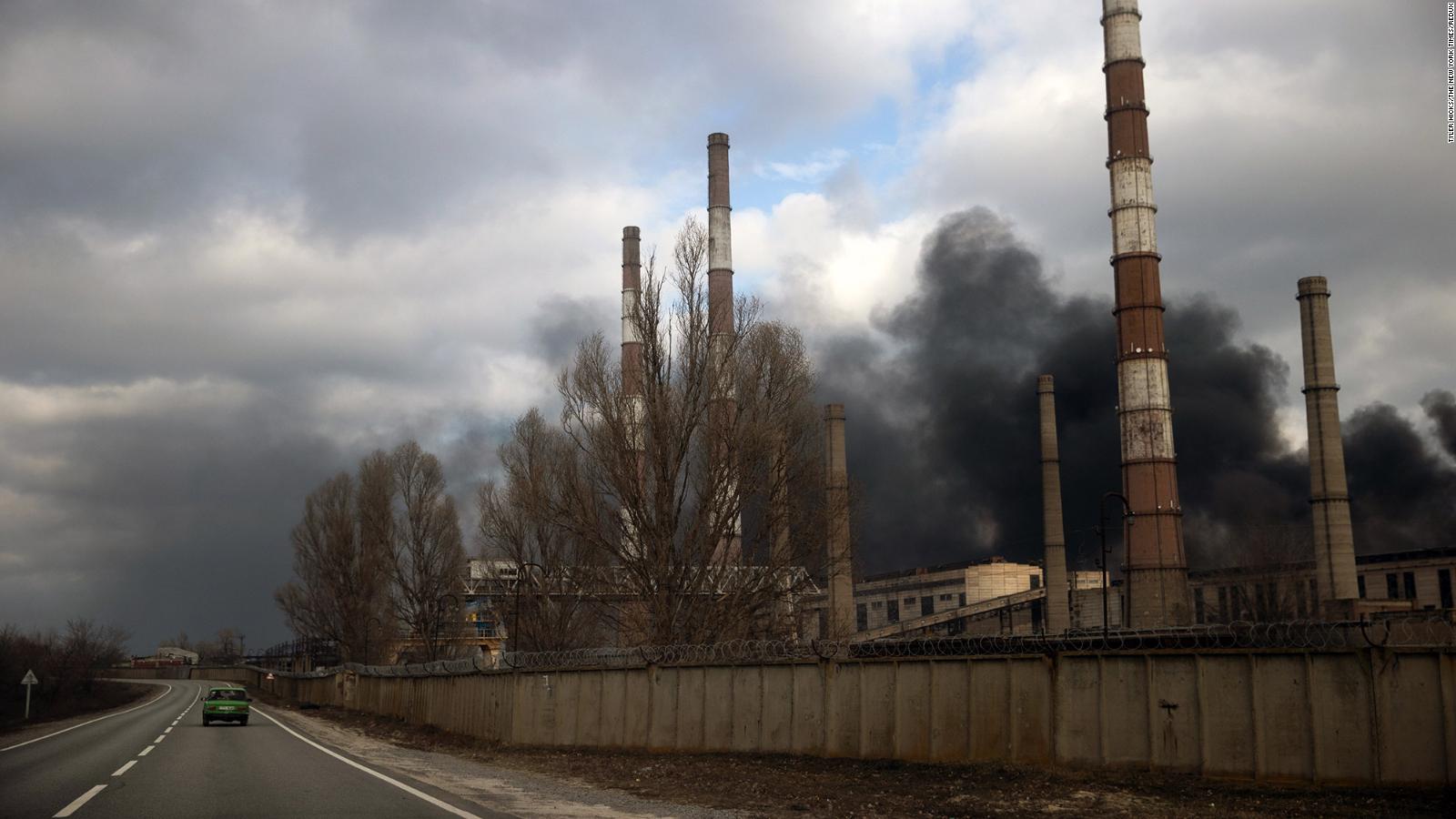
Photos: Russia invades Ukraine
Smoke rises from a damaged power plant in Shchastya that Ukrainian authorities say was hit by shelling on February 22.
Hide Caption
214 of 247
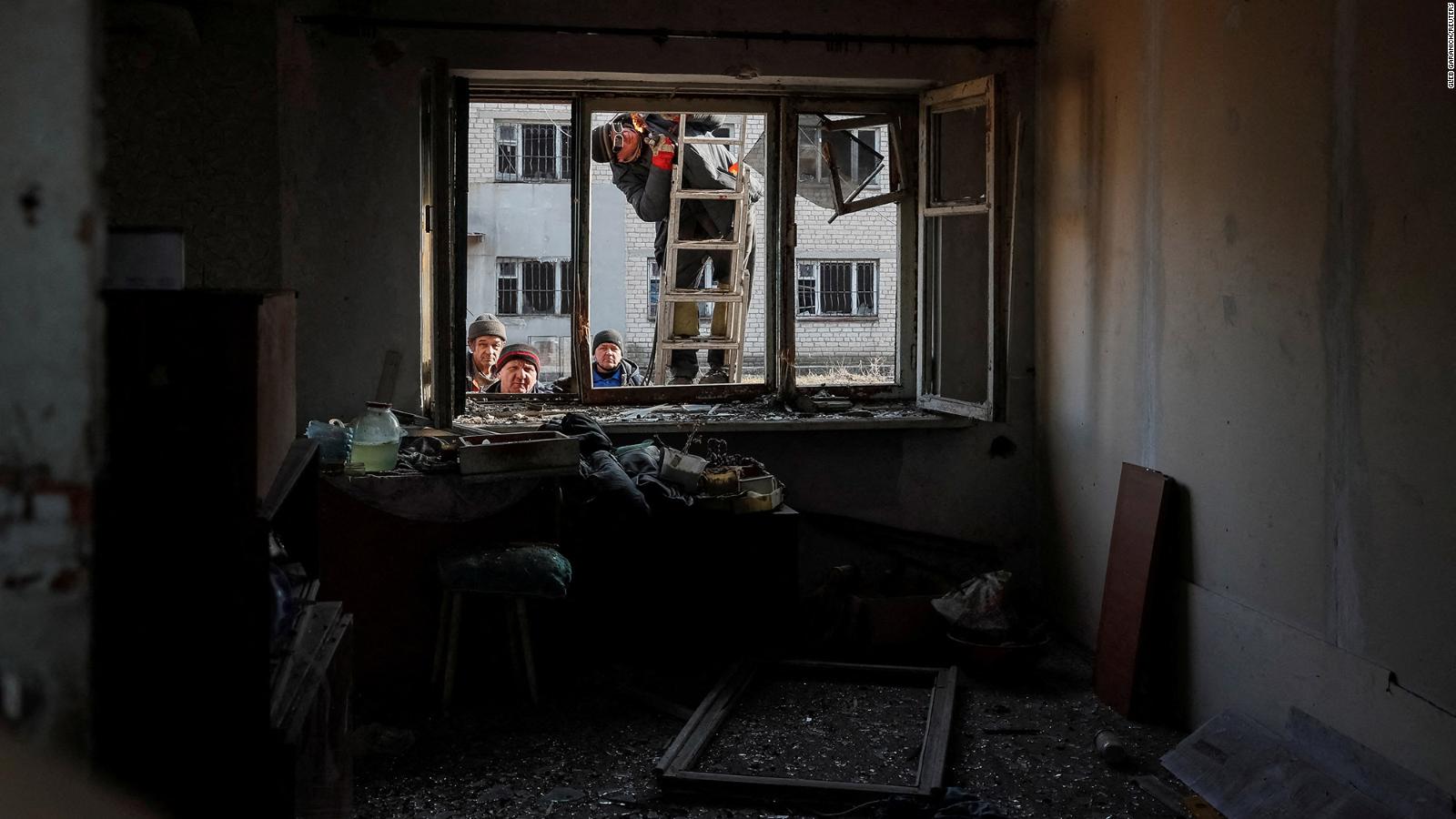
Photos: Russia invades Ukraine
A damaged house is worked on after shelling near the Ukrainian front-line city of Novoluhanske on February 22.
Hide Caption
215 of 247
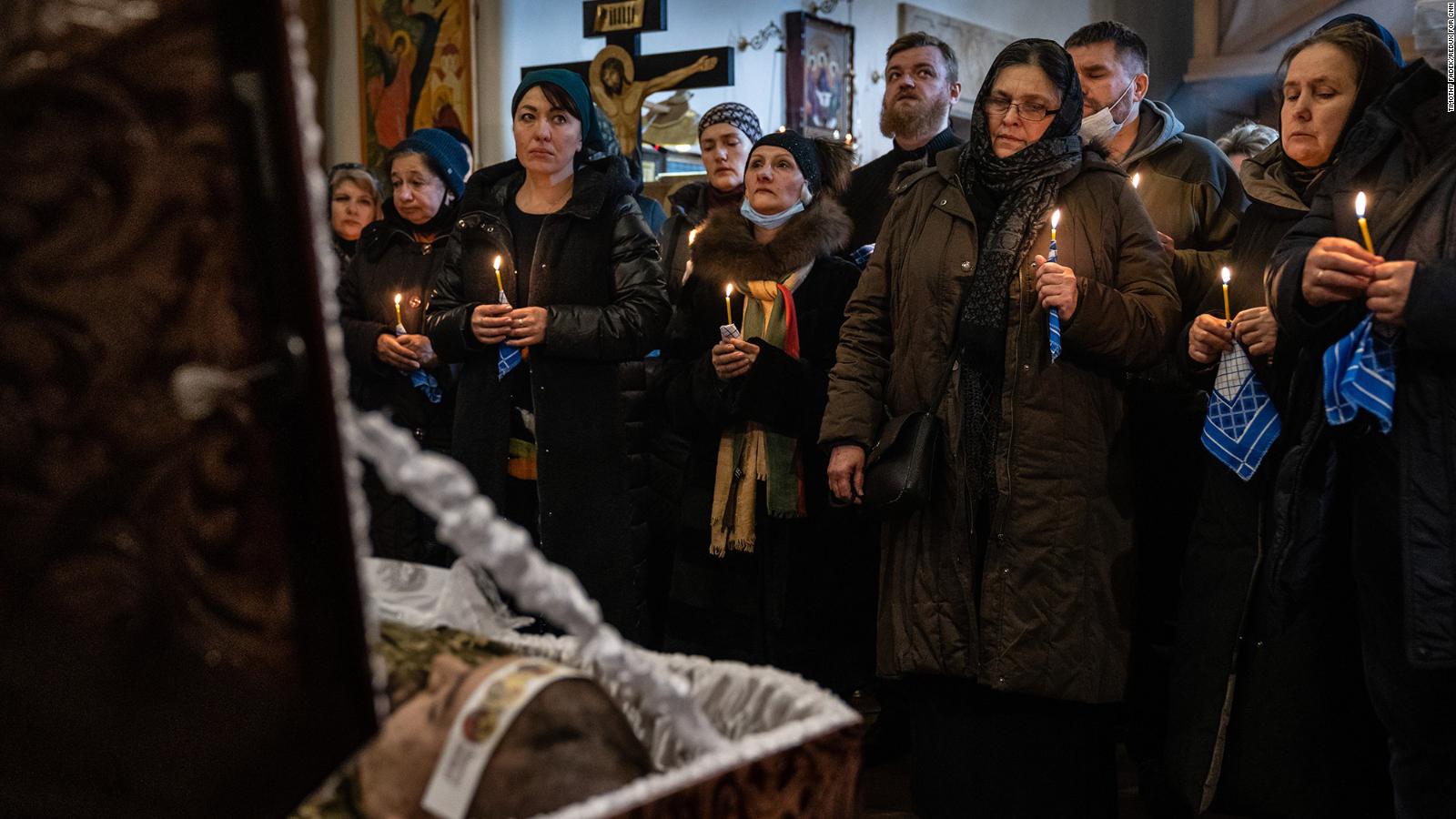
Photos: Russia invades Ukraine
Mourners gather at a church in Kyiv on February 22 for the funeral of Ukrainian Army Capt. Anton Sydorov. The Ukrainian military said he was killed by a shrapnel wound on February 19 after several rounds of artillery fire were directed at Ukrainian positions near Myronivske.
Hide Caption
216 of 247
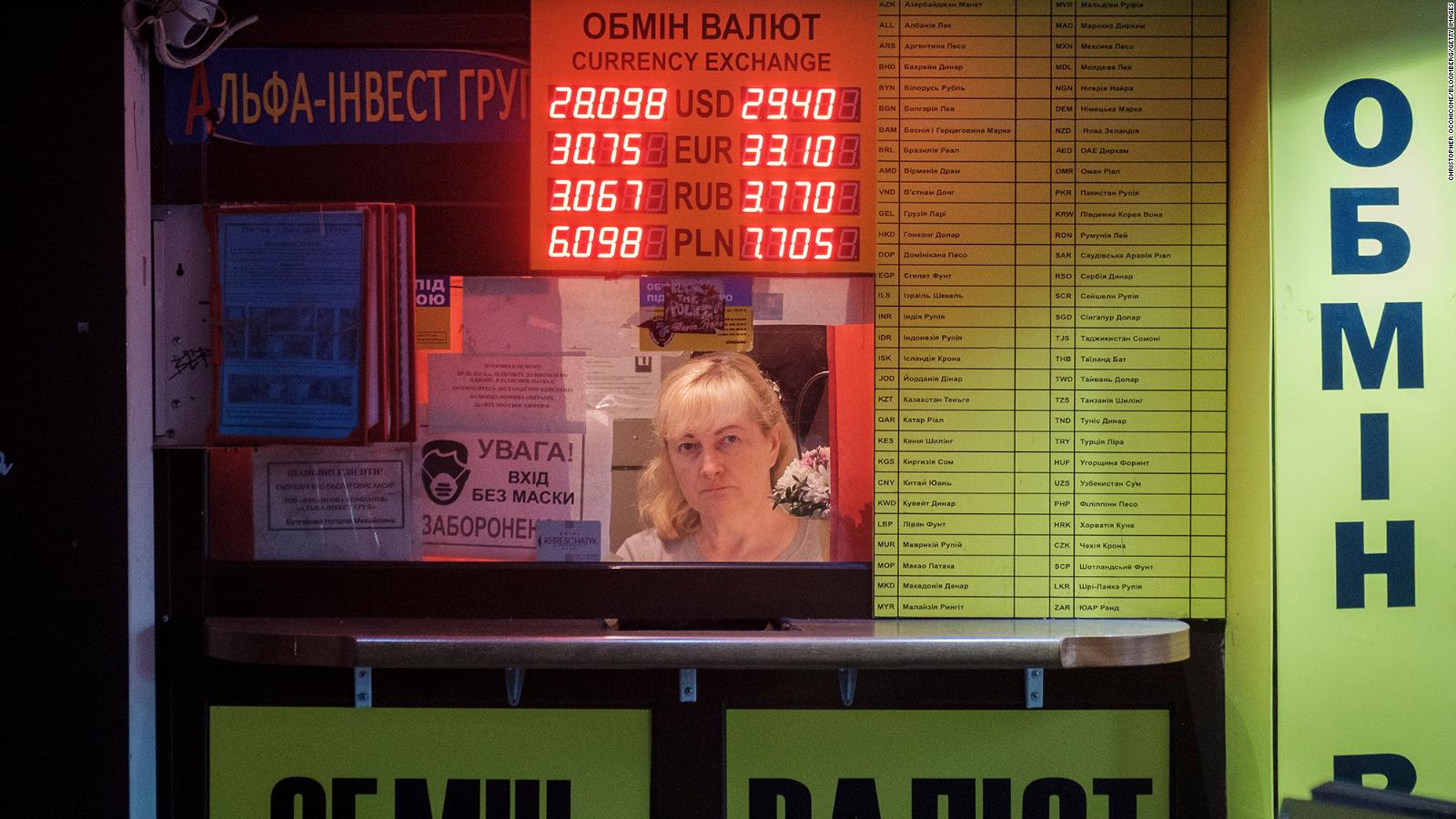
Photos: Russia invades Ukraine
A sign displays conversion rates at a currency exchange kiosk in Kyiv on February 22. Global markets tumbled the day after Putin ordered troops into parts of eastern Ukraine.
Hide Caption
217 of 247
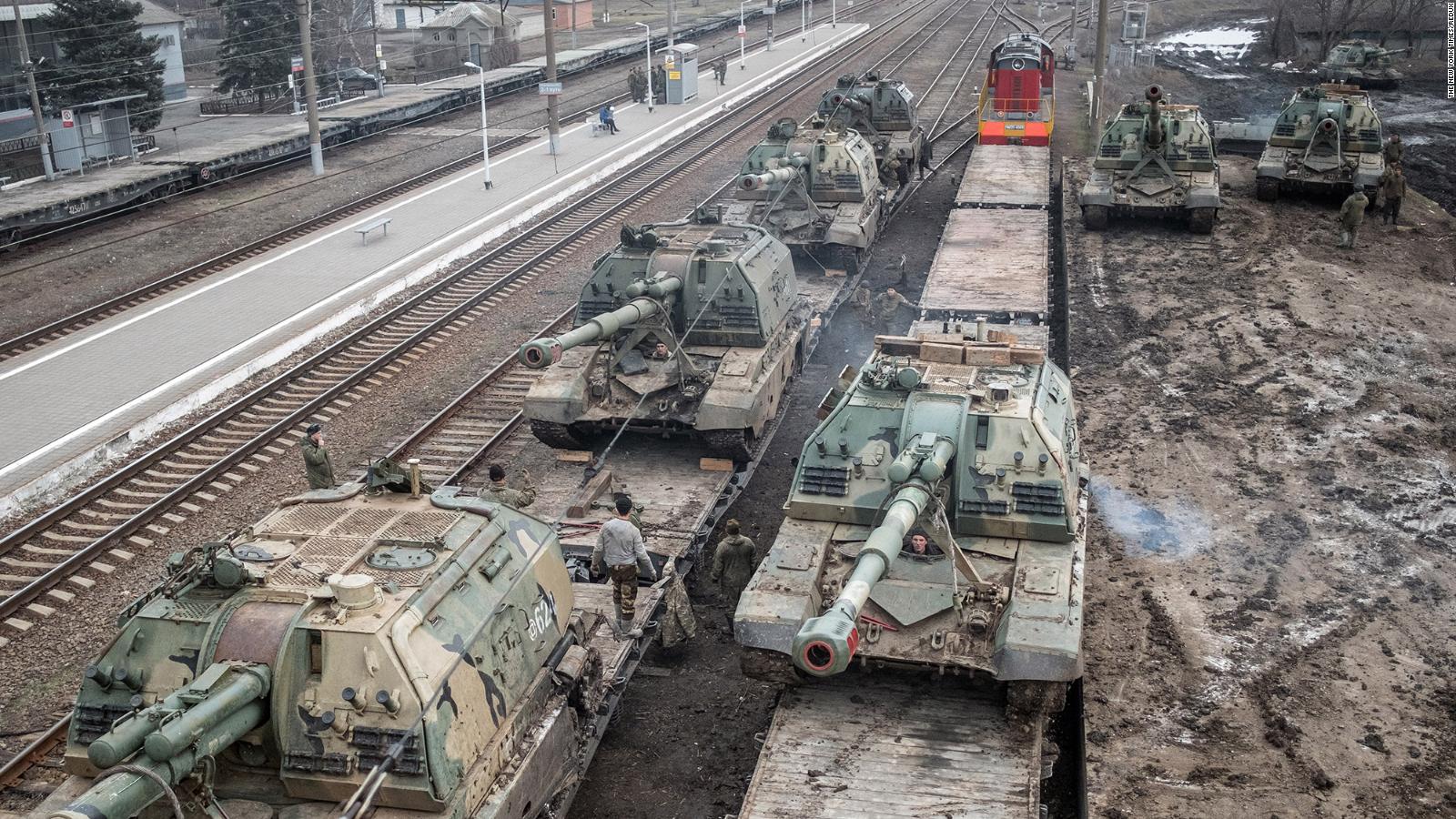
Photos: Russia invades Ukraine
Russian howitzers are loaded onto train cars near Taganrog, Russia, on February 22.
Hide Caption
218 of 247
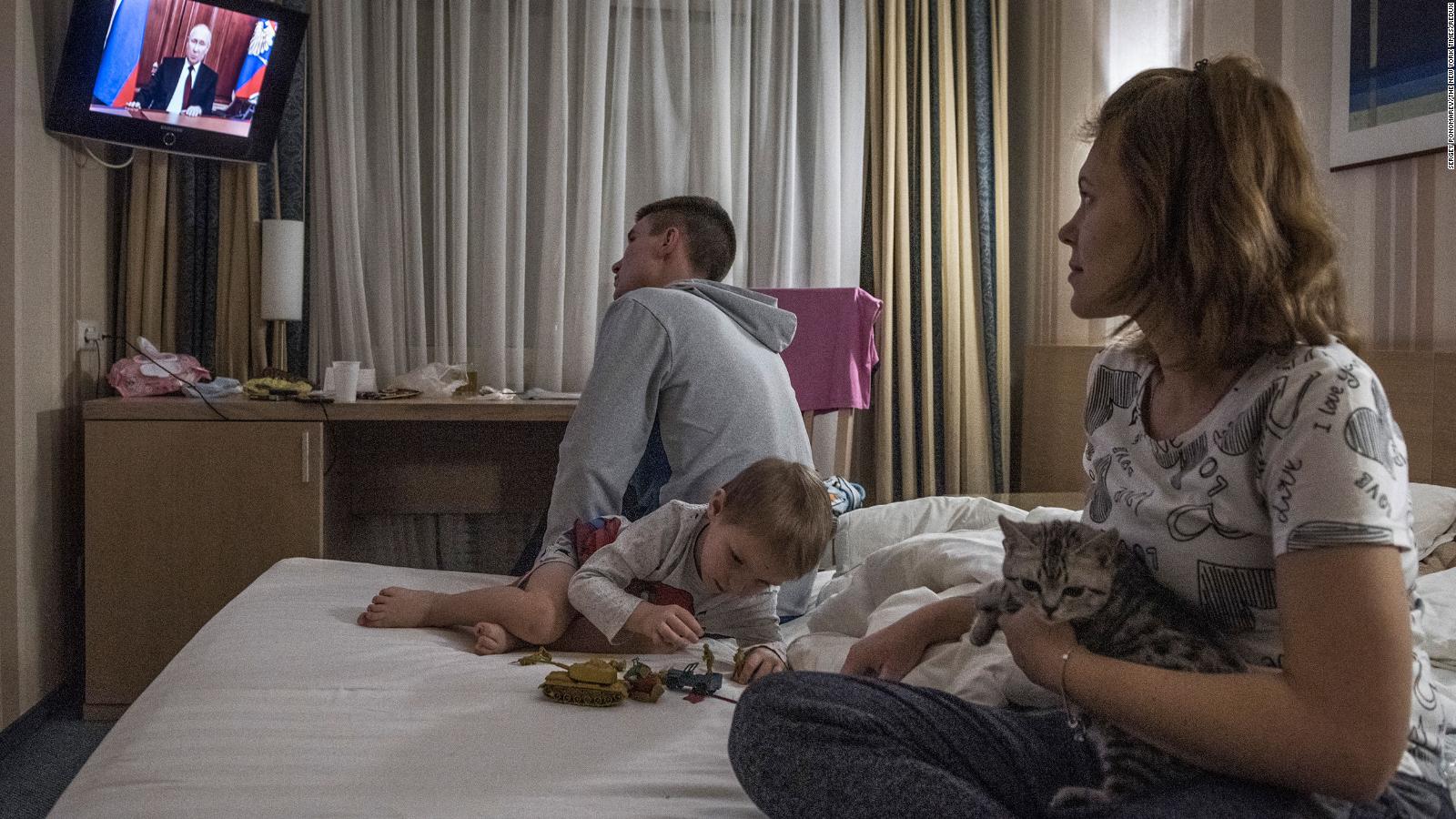
Photos: Russia invades Ukraine
People who left a separatist-held region in eastern Ukraine watch an address by Putin from their hotel room in Taganrog, Russia, on February 21. Putin blasted Kyiv's growing security ties with the West, and in lengthy remarks about the history of the USSR and the formation of the Ukrainian Socialist Soviet Republic, he appeared to cast doubt on Ukraine's right to self-determination.
Hide Caption
219 of 247
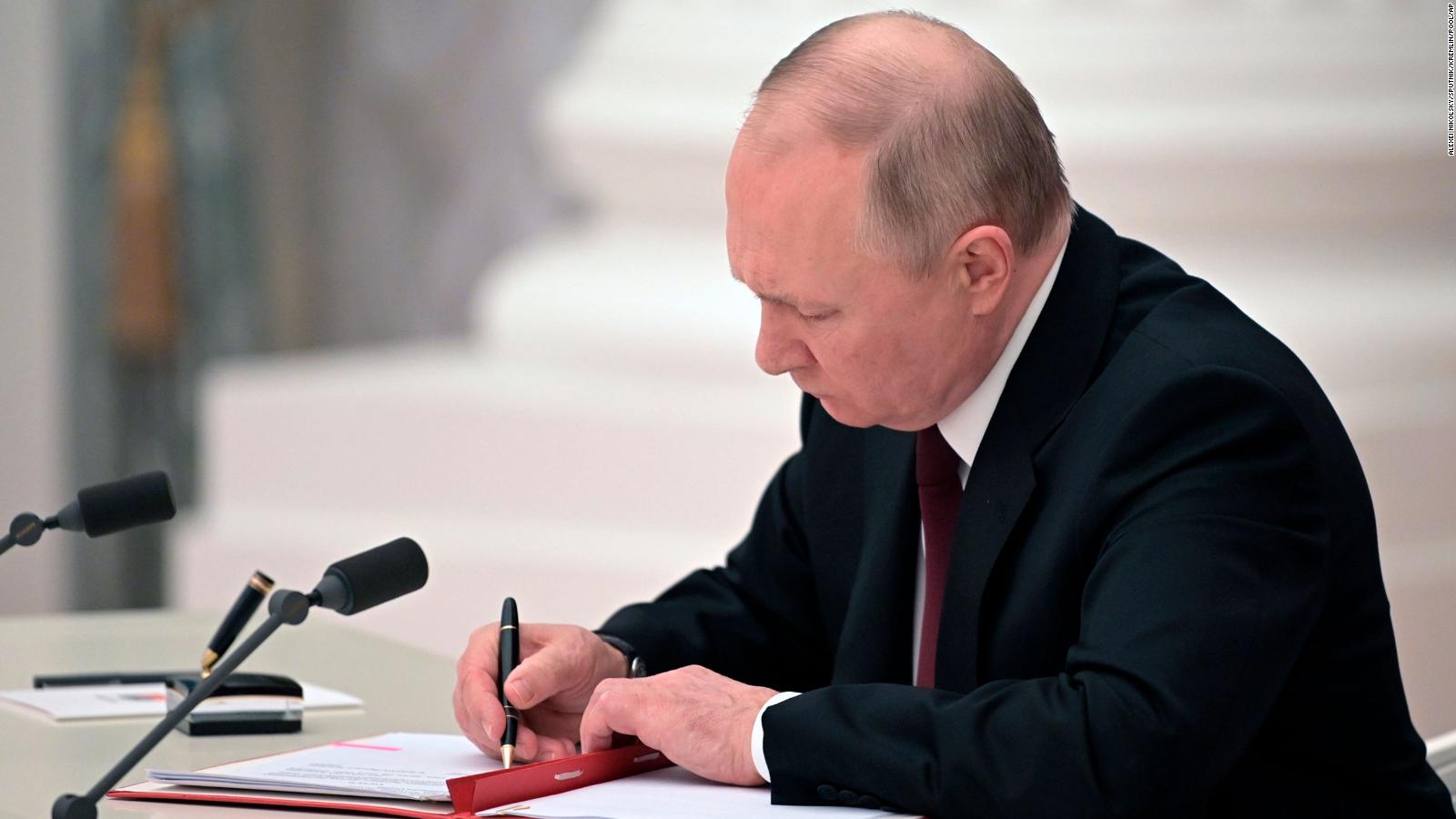
Photos: Russia invades Ukraine
Putin signs decrees recognizing the Donetsk People's Republic and the Luhansk People's Republic in a ceremony in Moscow on February 21. Earlier in the day, the heads of the self-proclaimed pro-Russian republics requested the Kremlin leader recognize their independence and sovereignty. Members of Putin's Security Council supported the initiative in a meeting earlier in the day.
Hide Caption
220 of 247
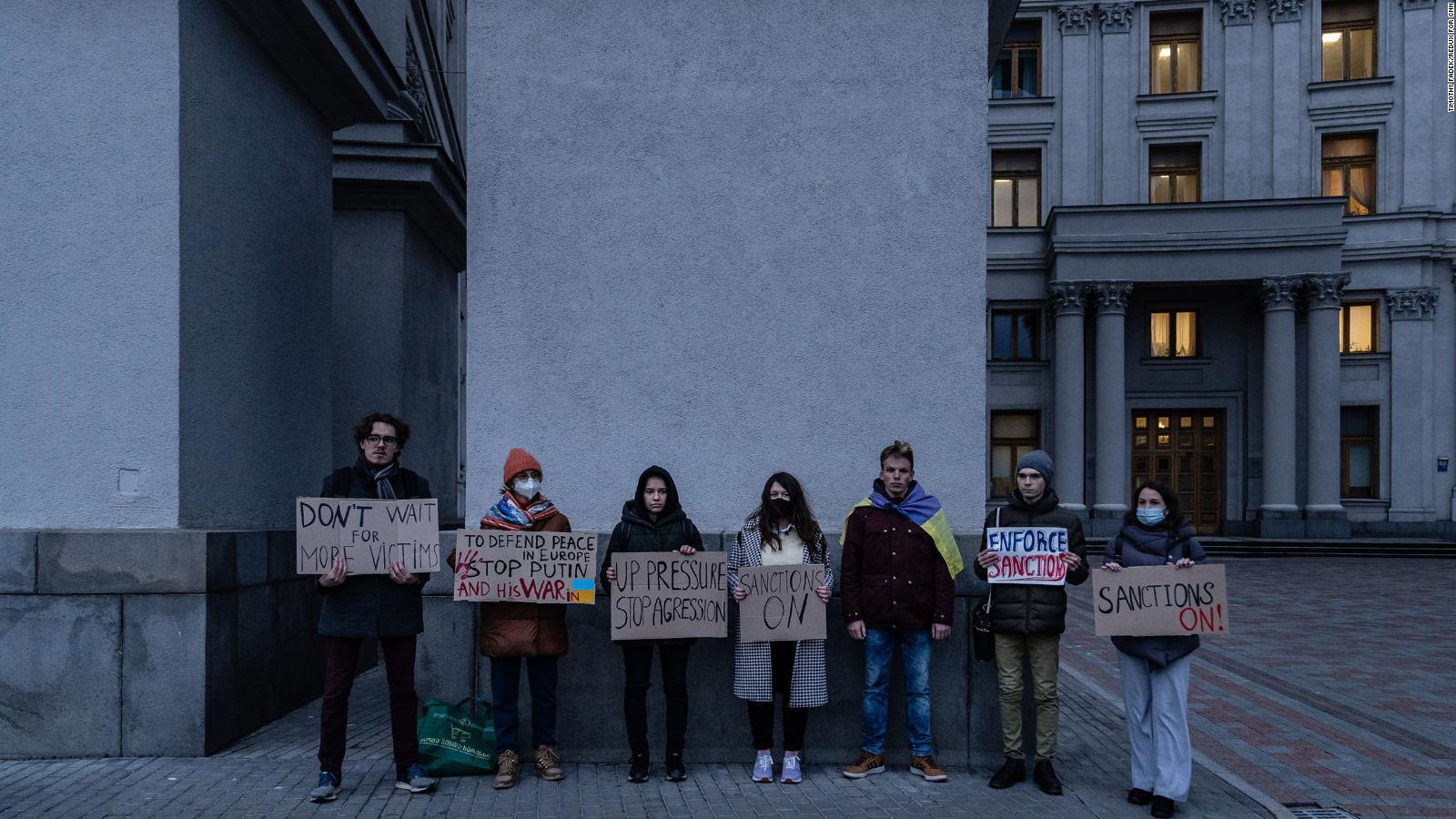
Photos: Russia invades Ukraine
Protesters demanding economic sanctions against Russia stand outside the Ministry of Foreign Affairs in Kyiv on February 21. Only a small number of protesters showed up to demonstrate.
Hide Caption
221 of 247
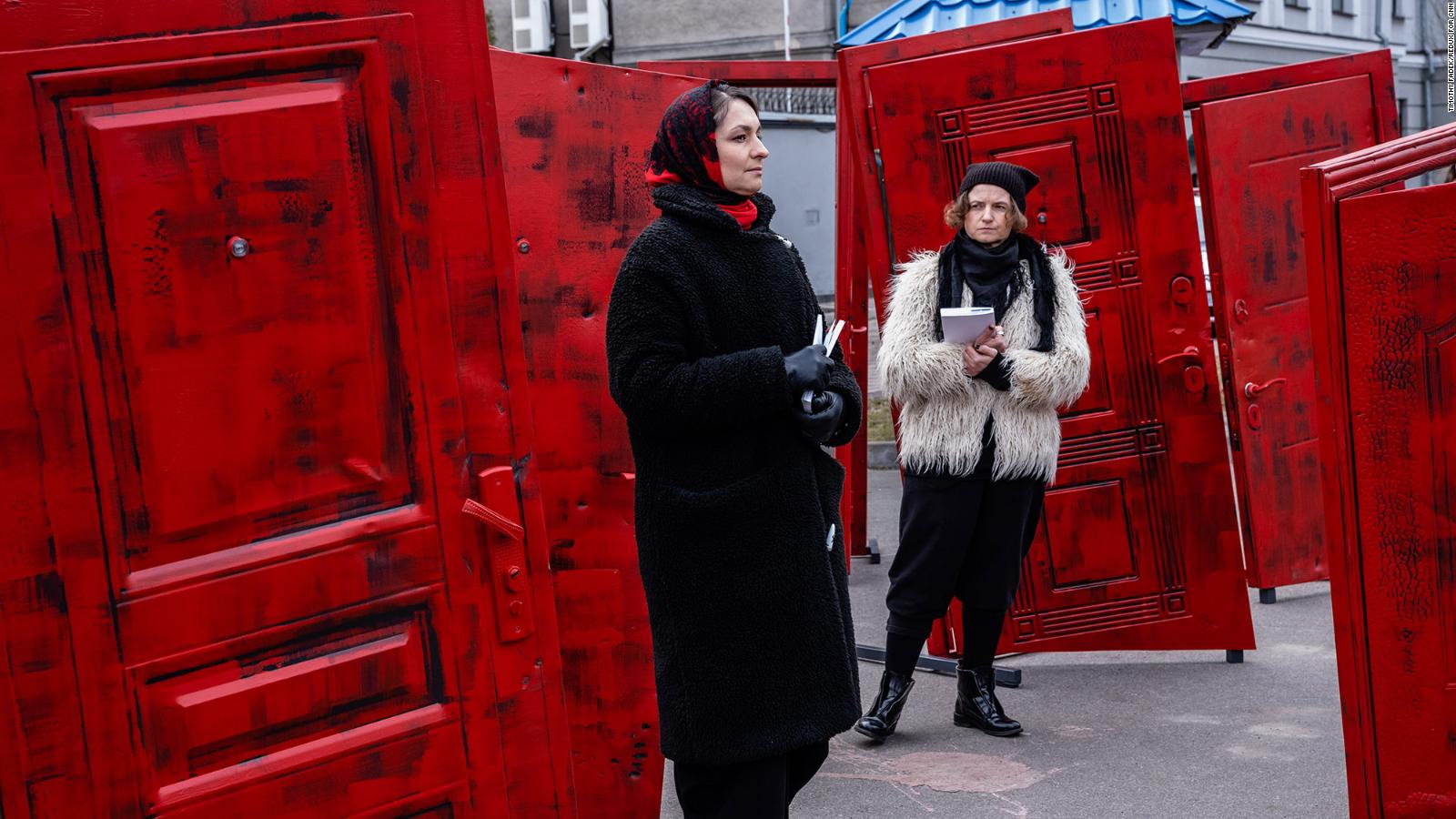
Photos: Russia invades Ukraine
Activists hold a performance in front of the Russian embassy in Kyiv on February 21 in support of prisoners who were arrested in Crimea. They say the red doors are a symbol of the doors that were kicked in to search and arrest Crimean Tatars, a Muslim ethnic minority.
Hide Caption
222 of 247
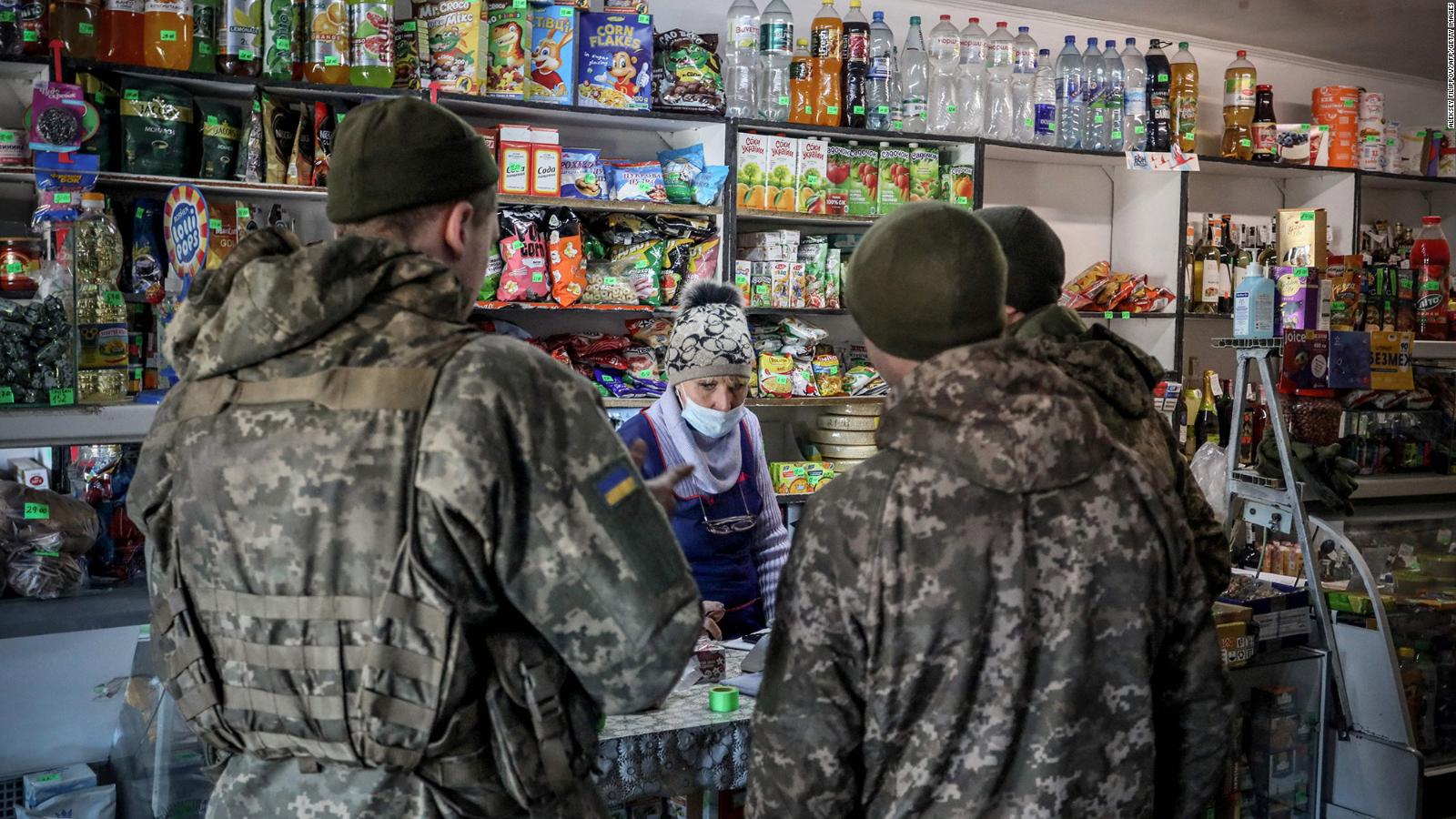
Photos: Russia invades Ukraine
Ukrainian servicemen shop in the front-line town of Avdiivka, Ukraine, on February 21.
Hide Caption
223 of 247
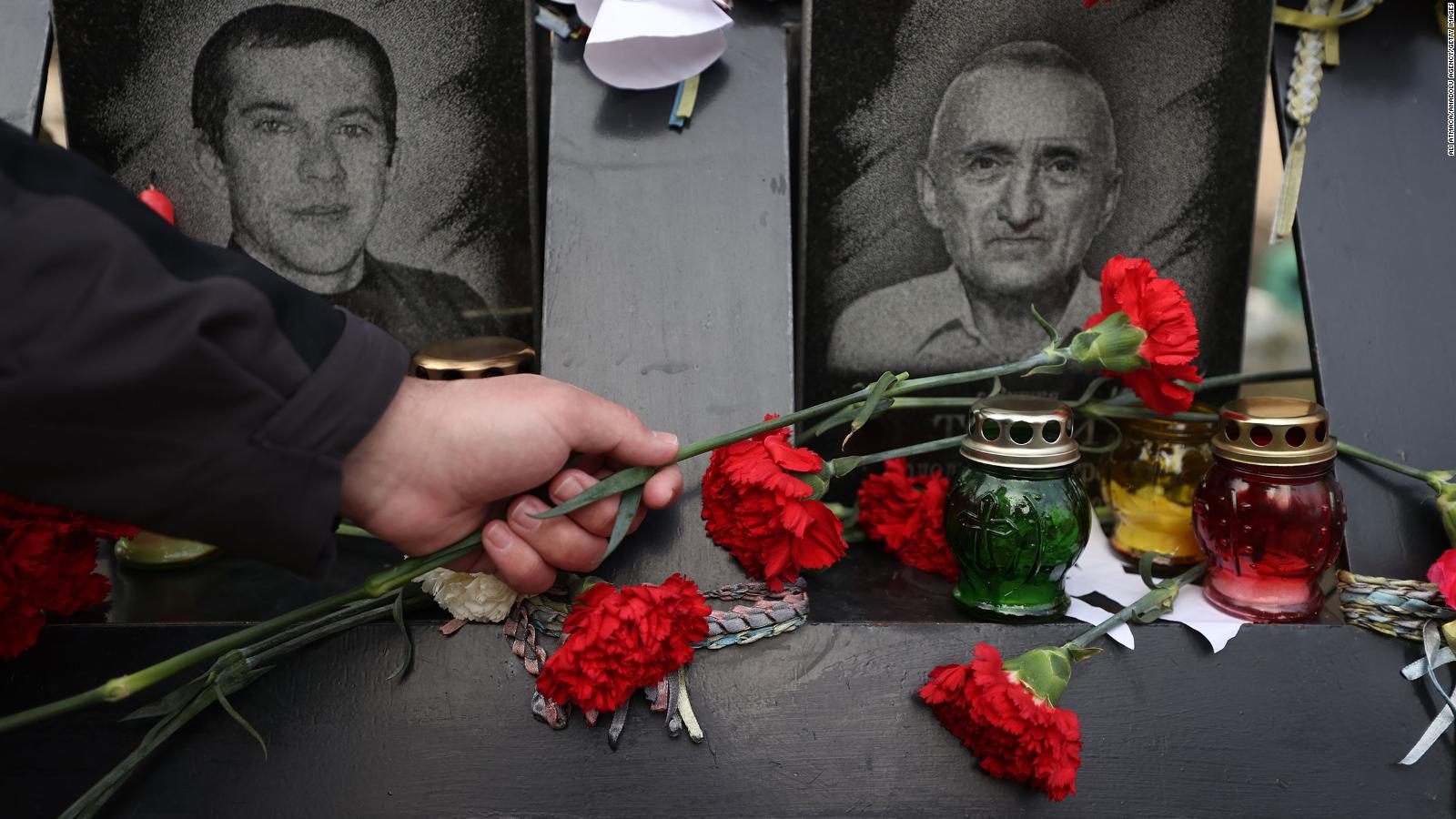
Photos: Russia invades Ukraine
People lay flowers at the Motherland Monument in Kyiv on February 21.
Hide Caption
224 of 247
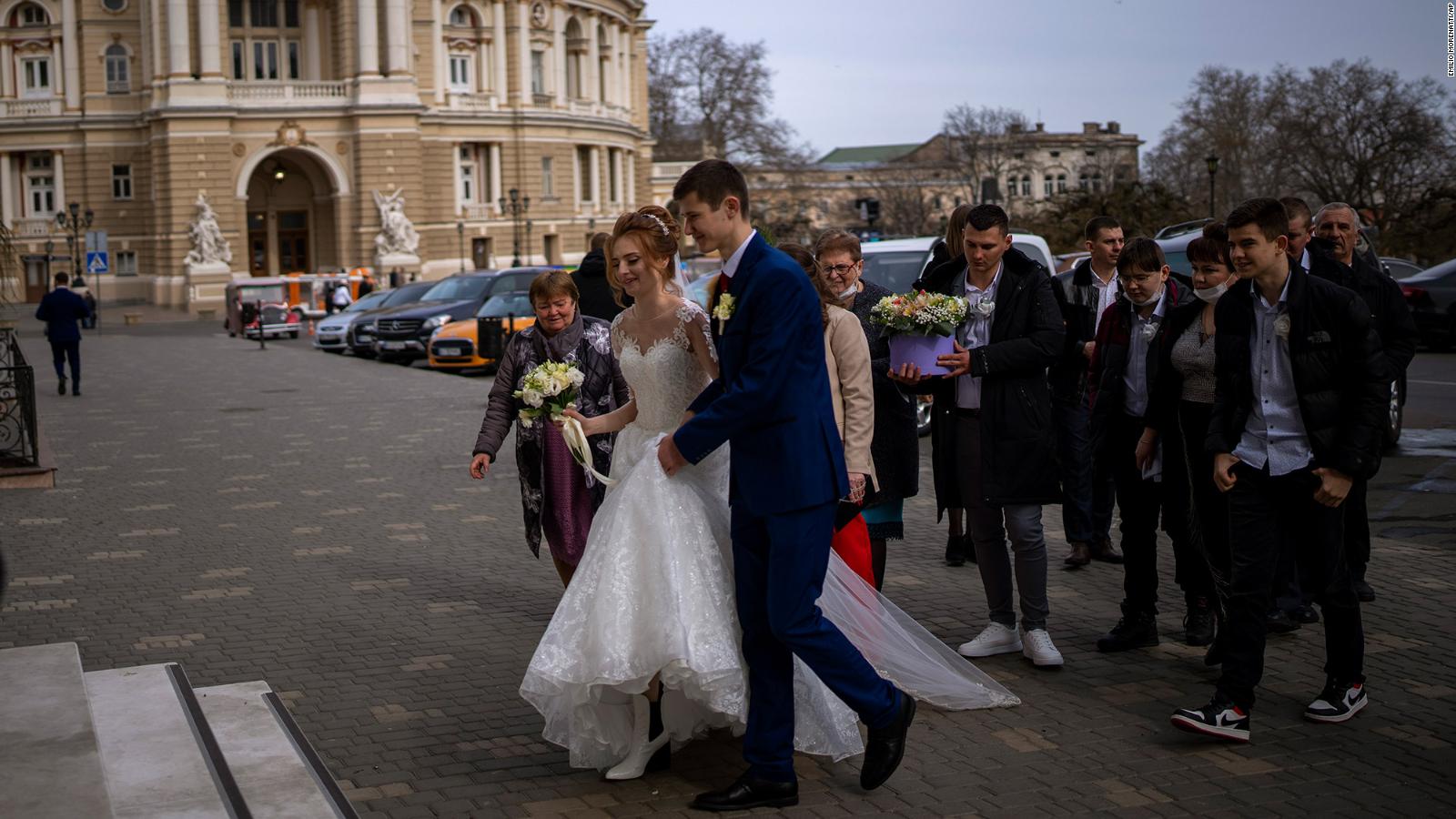
Photos: Russia invades Ukraine
A couple arrives at the city council to get married in Odesa on February 20. As Ukrainian authorities reported further ceasefire violations and top Western officials warned about an impending conflict, life went on in other parts of the country.
Hide Caption
225 of 247
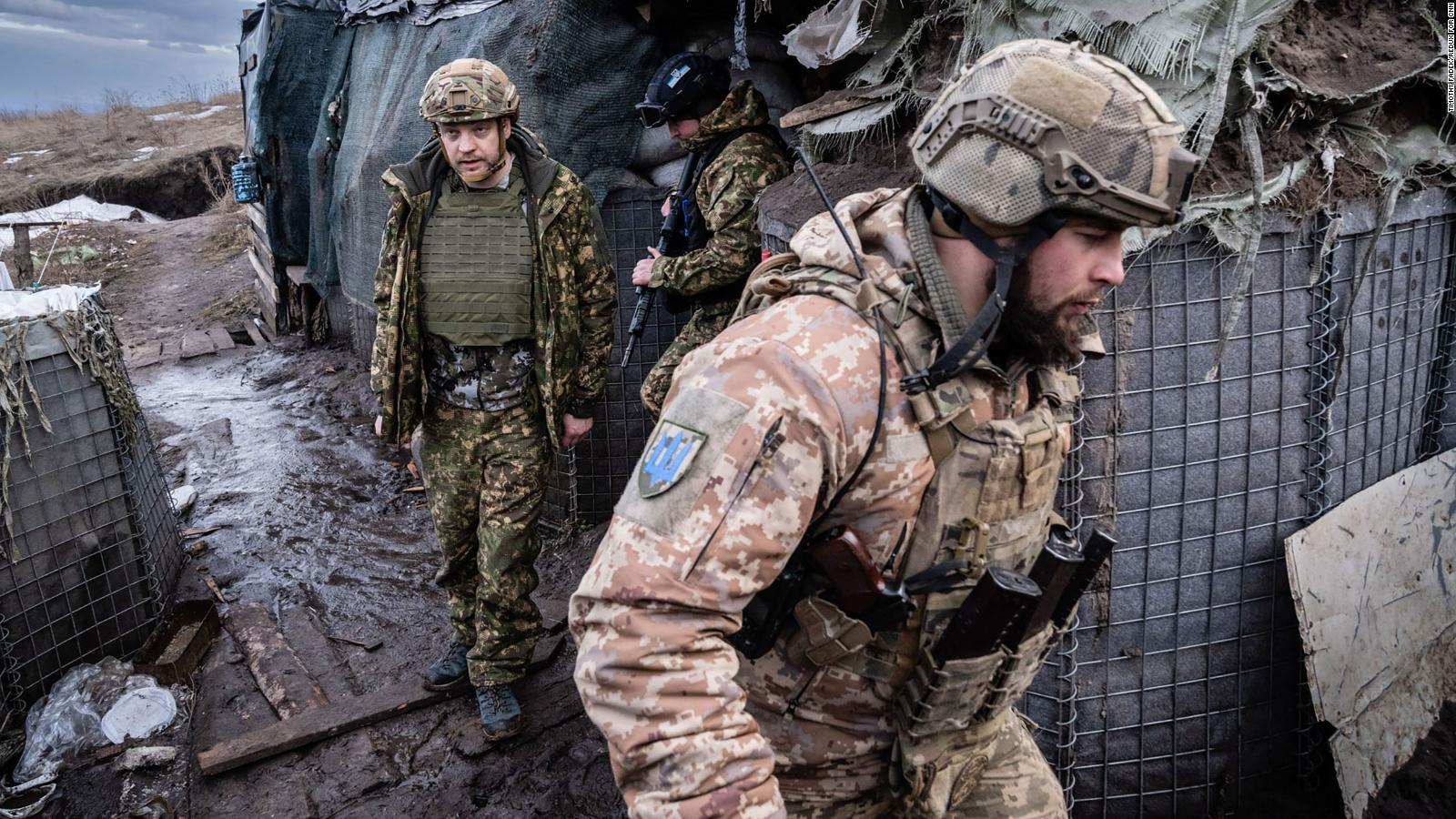
Photos: Russia invades Ukraine
Ukrainian Interior Minister Denys Monastyrskiy, left, visits soldiers at a front-line position in Novoluhanske on February 19. Minutes after he left, the position came under fire. No one was injured.
Hide Caption
226 of 247
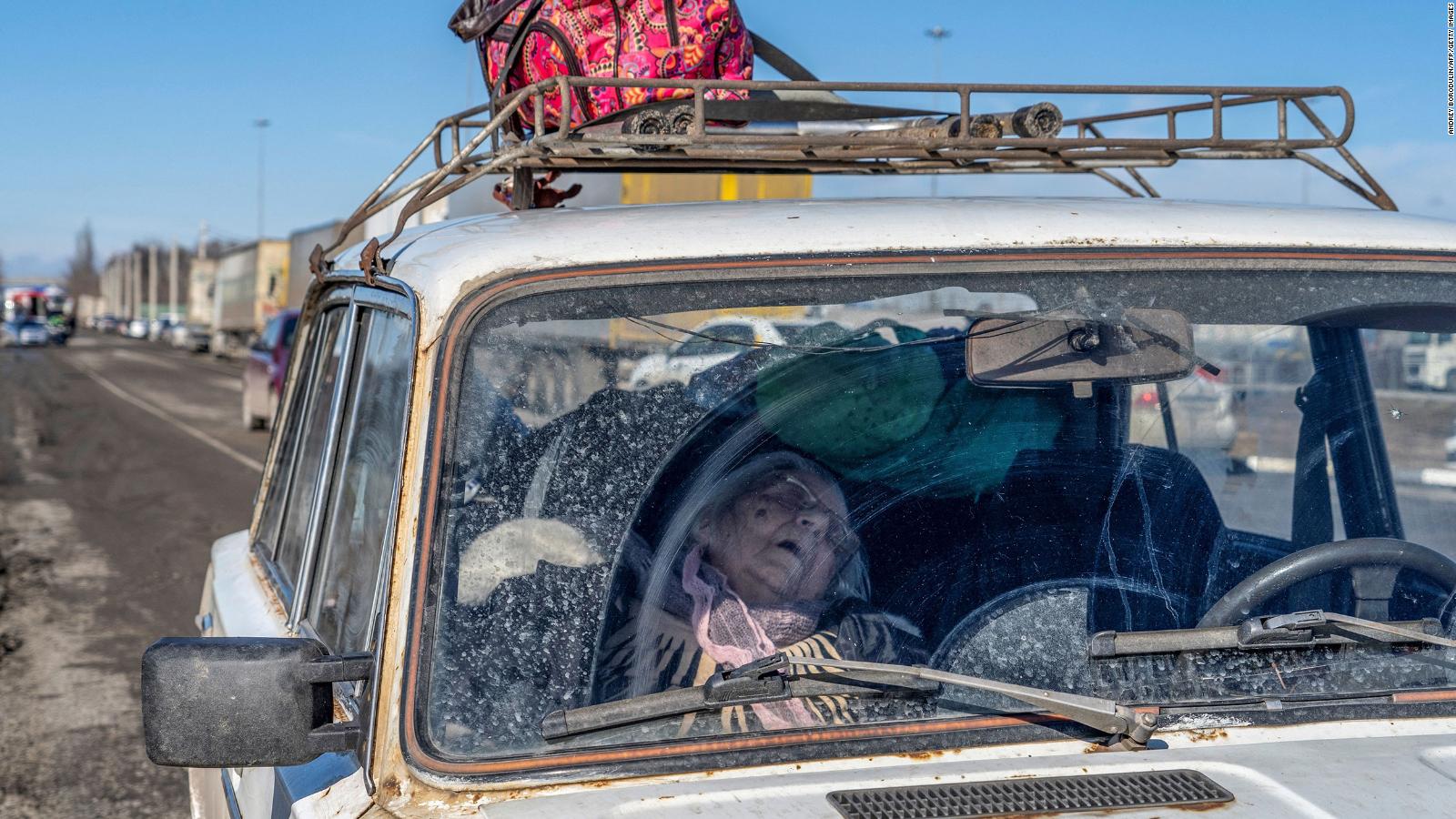
Photos: Russia invades Ukraine
A woman rests in a car near a border checkpoint in Avilo-Uspenka, Russia, on February 19.
Hide Caption
227 of 247
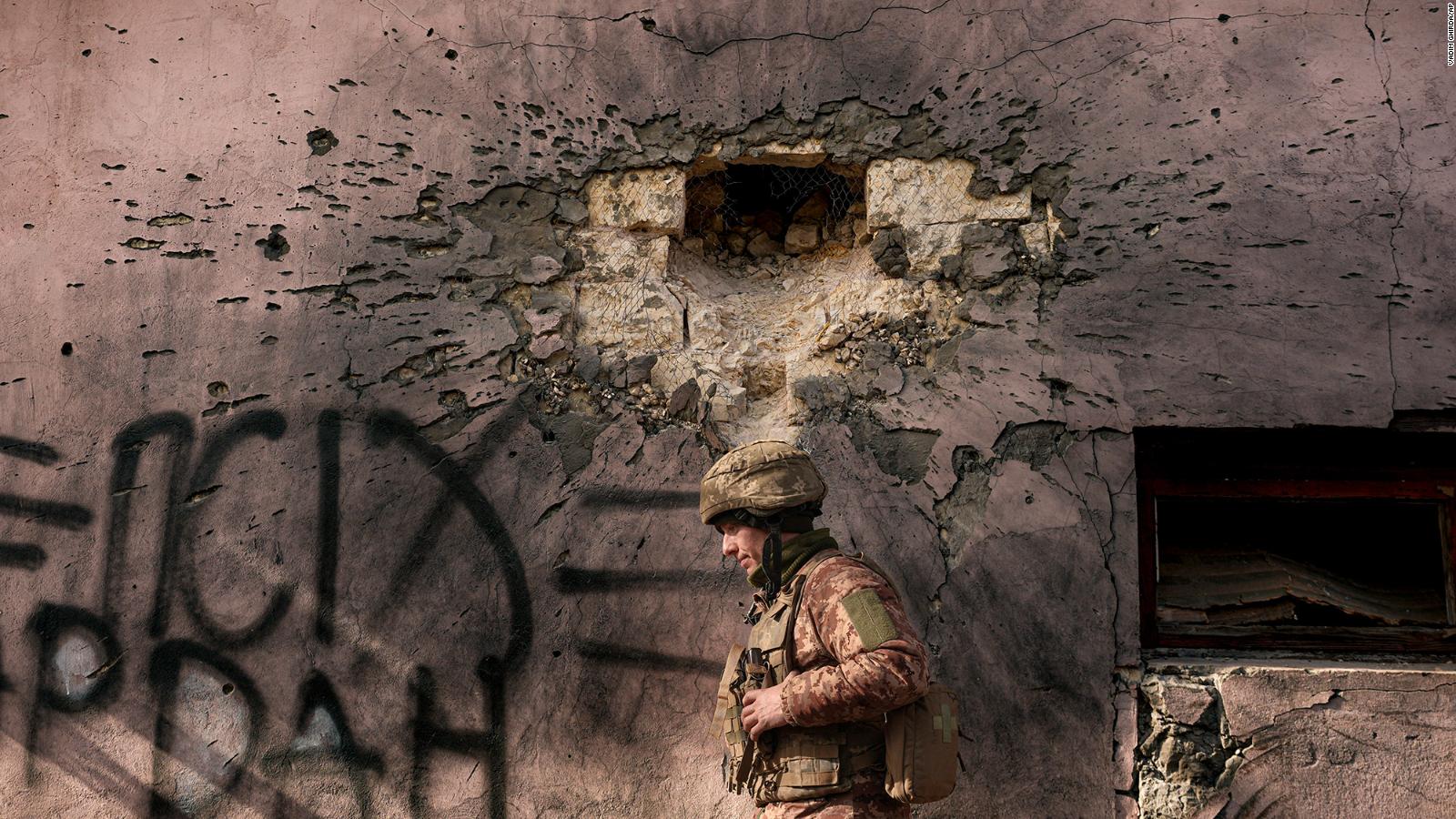
Photos: Russia invades Ukraine
A Ukrainian service member walks by a building on February 19 that was hit by mortar fire in the front-line village of Krymske, Ukraine.
Hide Caption
228 of 247
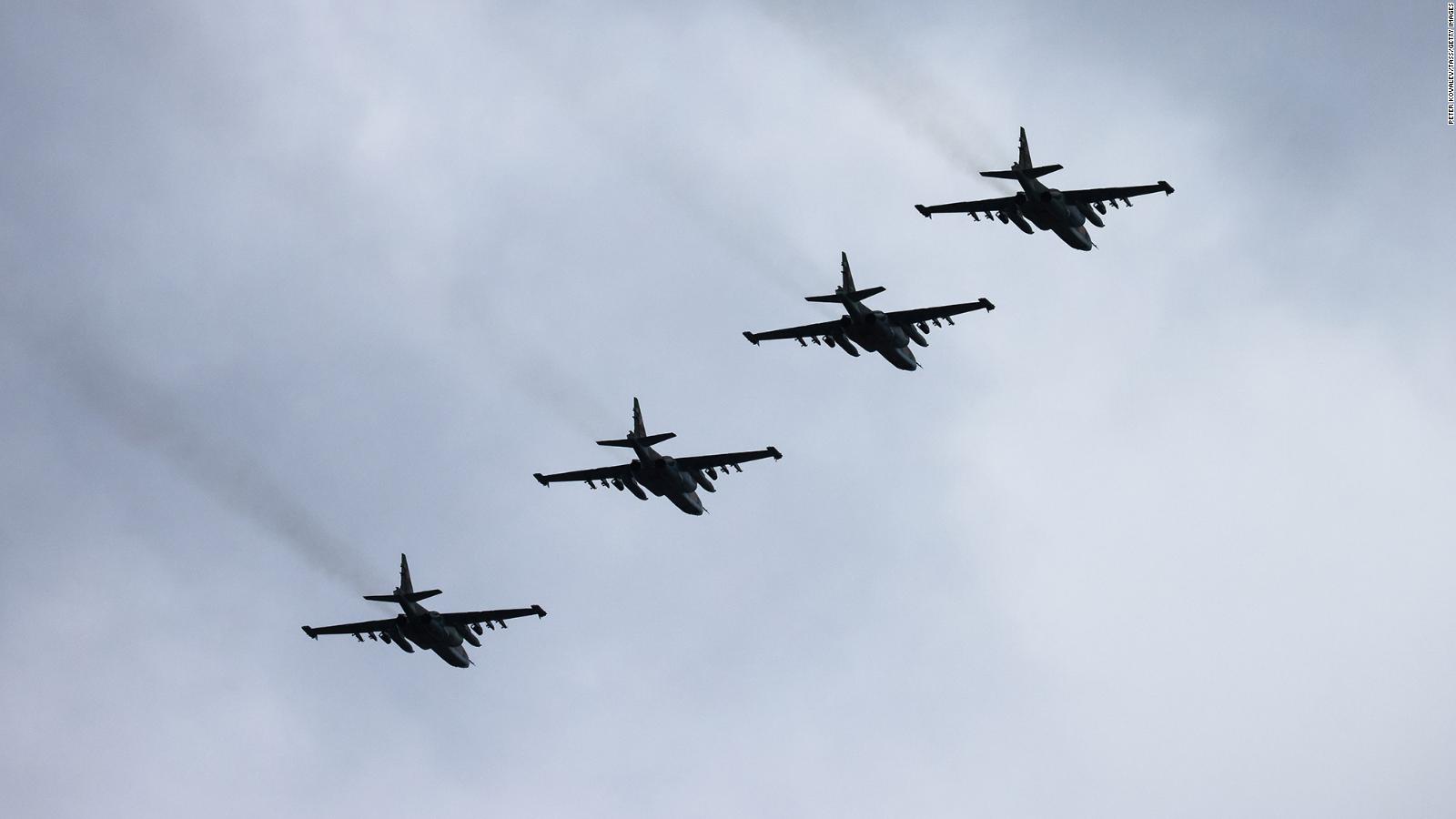
Photos: Russia invades Ukraine
Fighter jets fly over Belarus during a joint military exercise the country held with Russia on February 19.
Hide Caption
229 of 247
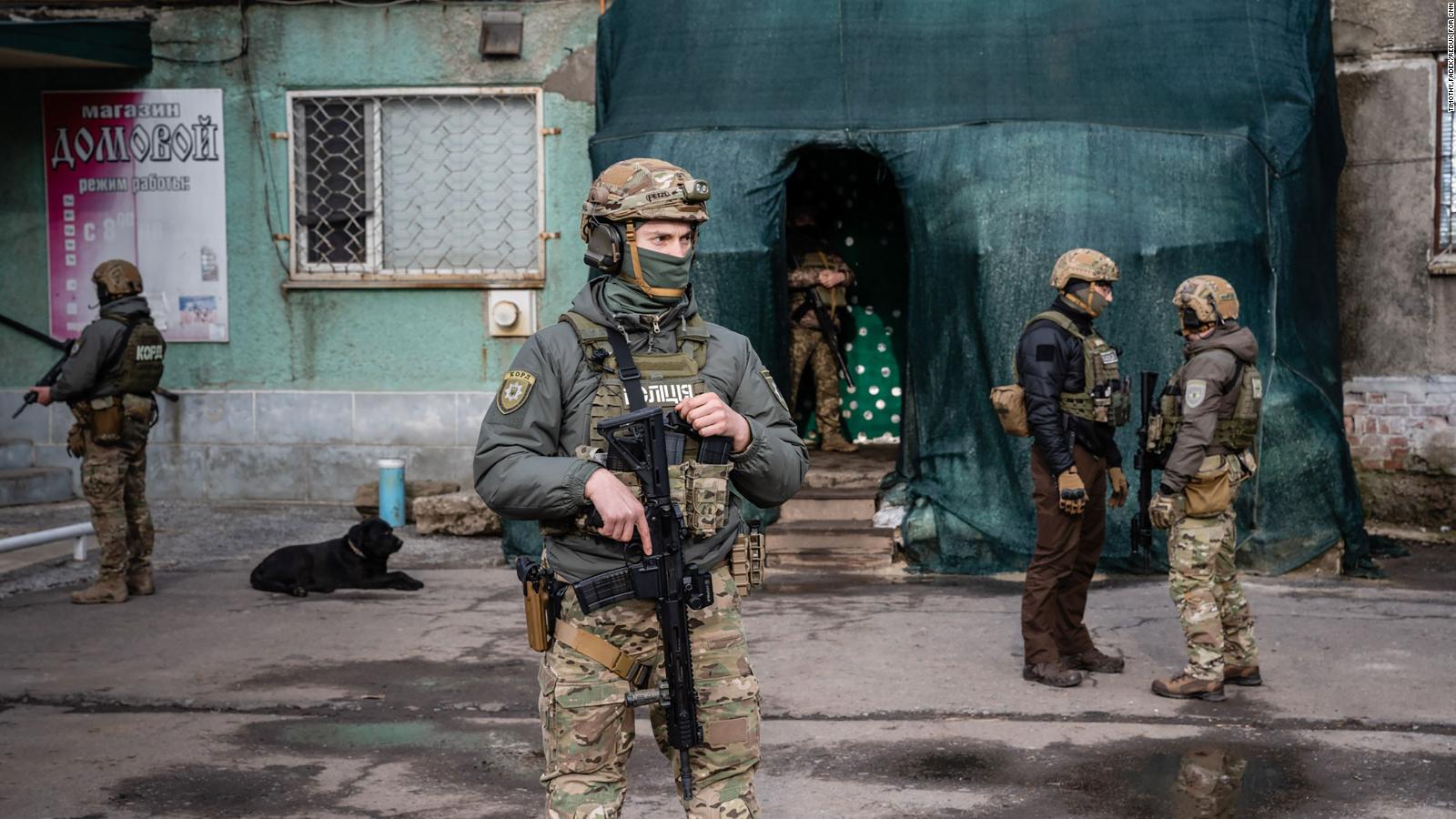
Photos: Russia invades Ukraine
Ukrainian soldiers stand guard at a military command center in Novoluhanske on February 19.
Hide Caption
230 of 247
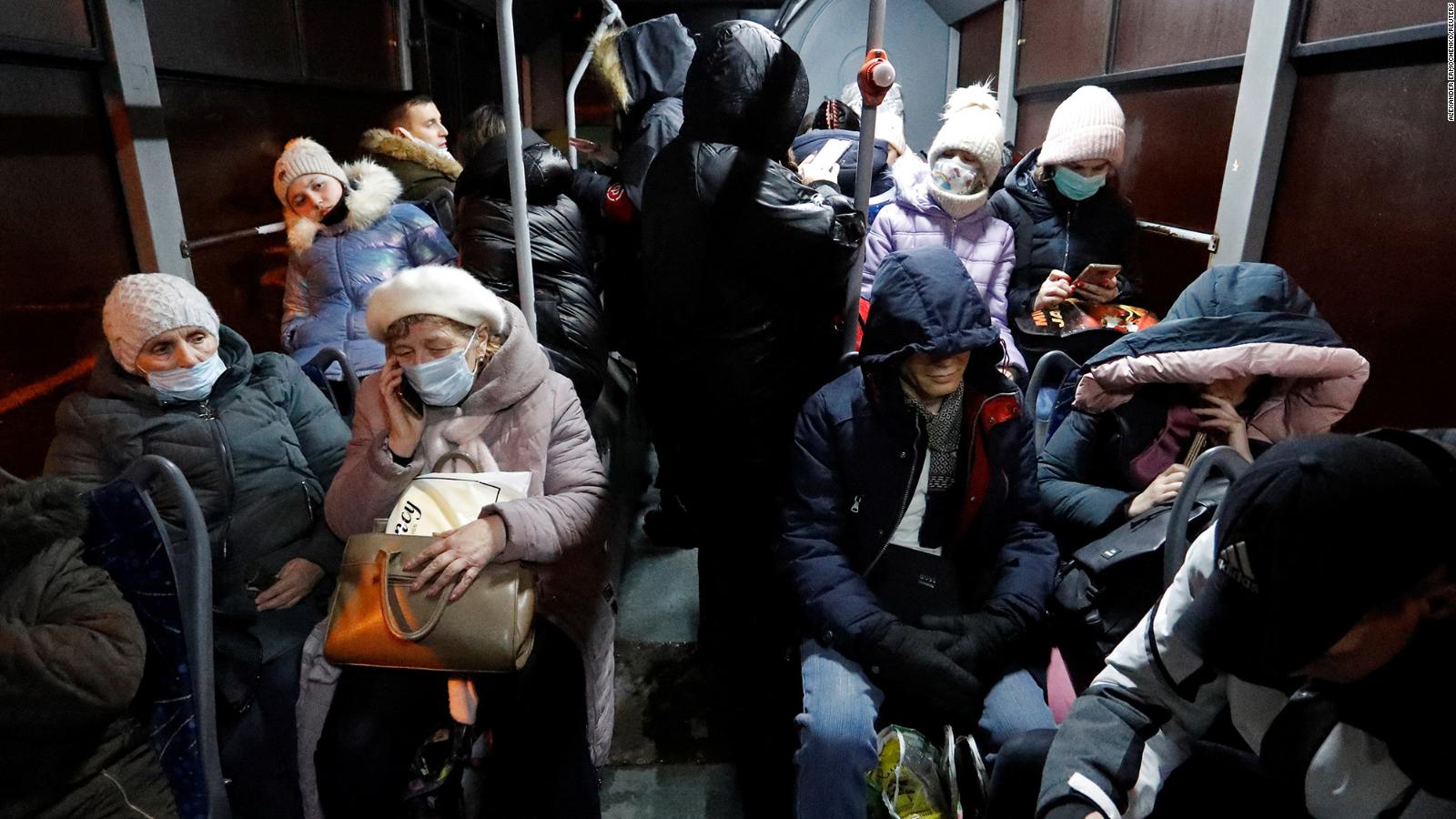
Photos: Russia invades Ukraine
People sit on a bus in Donetsk on February 18 after they were ordered to evacuate to Russia by pro-Russian separatists.
Hide Caption
231 of 247
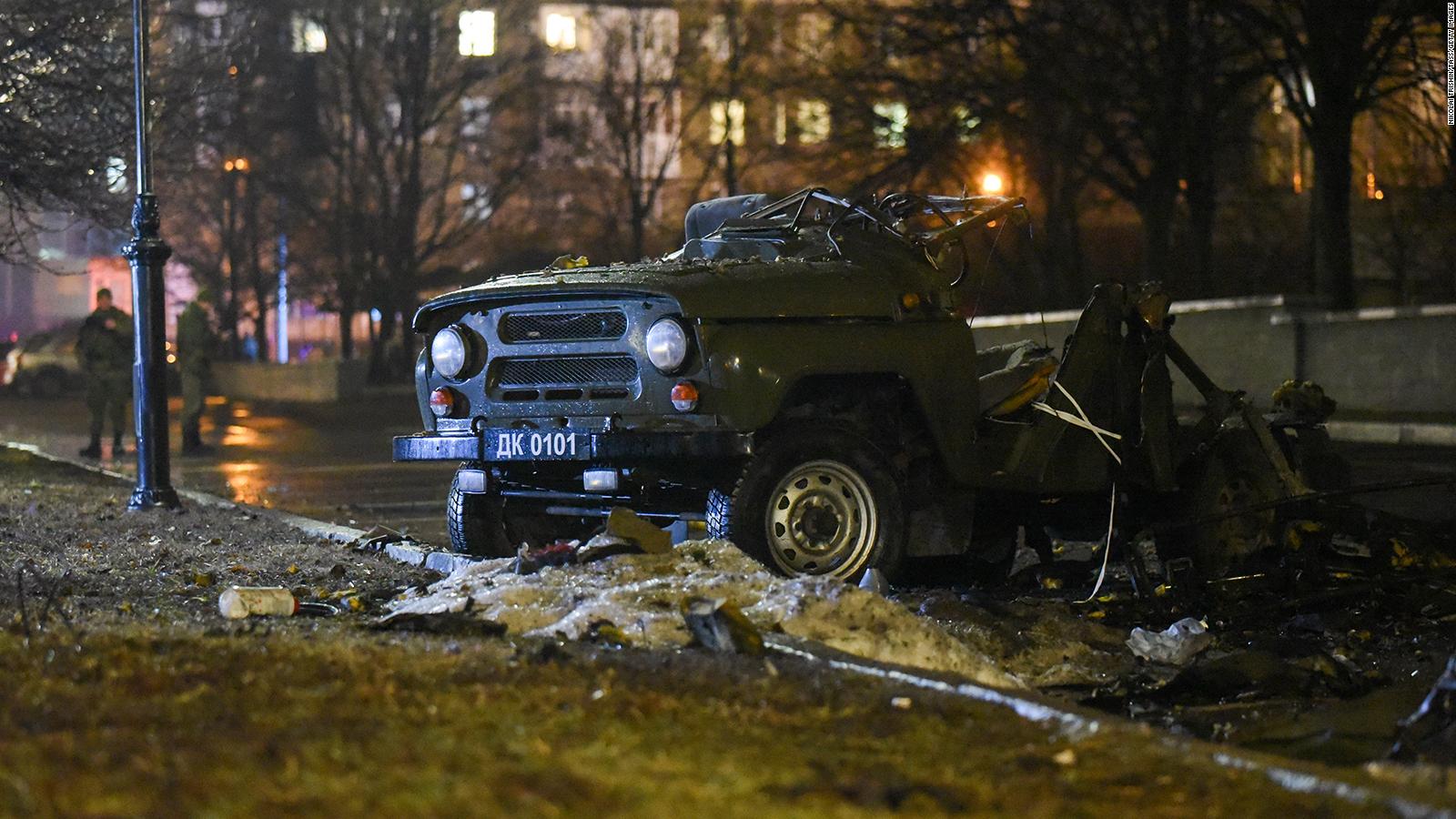
Photos: Russia invades Ukraine
The remains of a military vehicle are seen in a parking lot outside a government building following an explosion in Donetsk on February 18. Ukrainian and US officials said the vehicle explosion was a staged attack designed to stoke tensions in eastern Ukraine.
Hide Caption
232 of 247
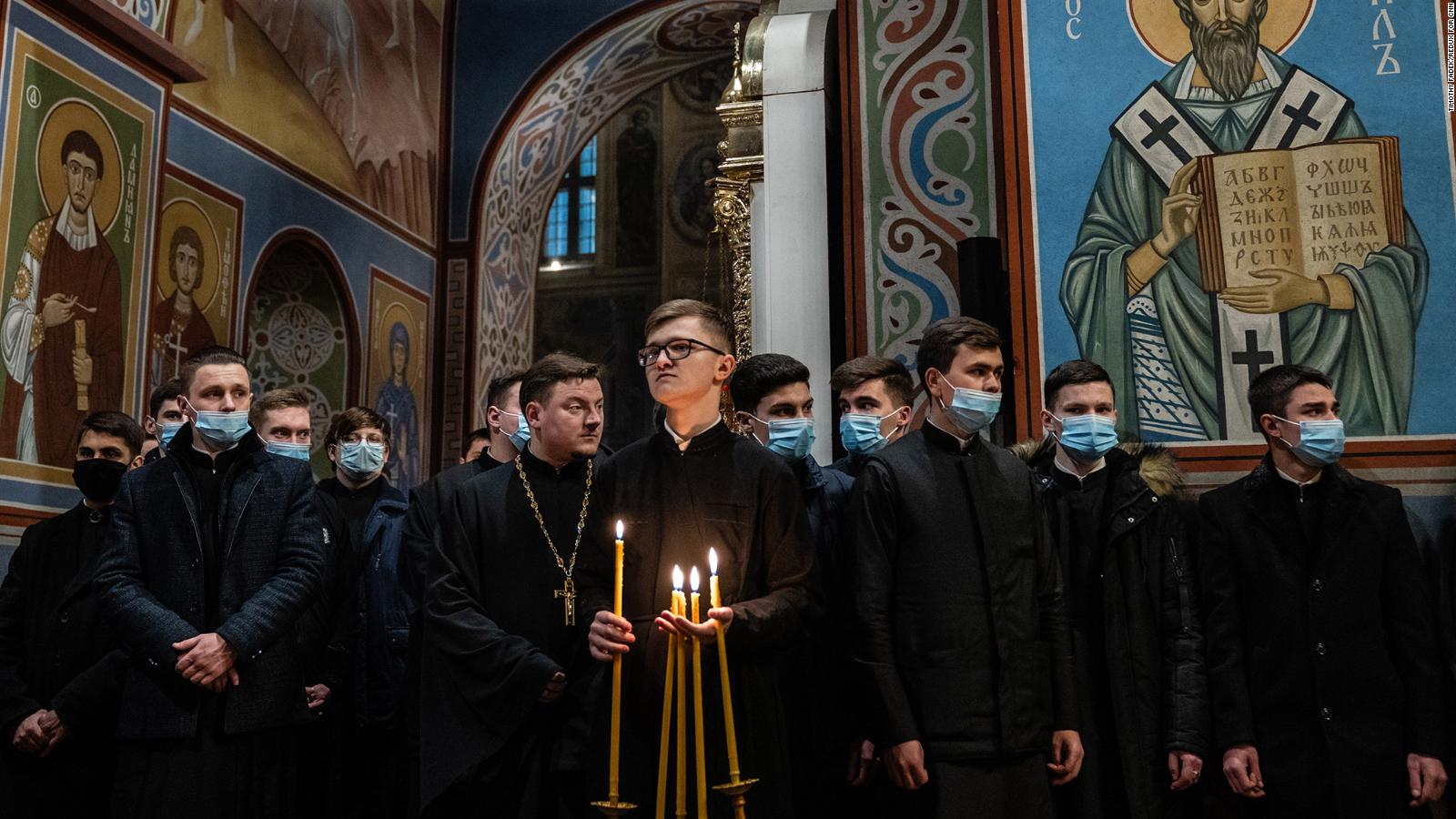
Photos: Russia invades Ukraine
A memorial service and candlelight vigil is held at the St. Michael's Golden-Domed Monastery in Kyiv on February 18. They honored those who died in 2014 while protesting against the government of President Viktor Yanukovych, a pro-Russian leader who later fled the country.
Hide Caption
233 of 247
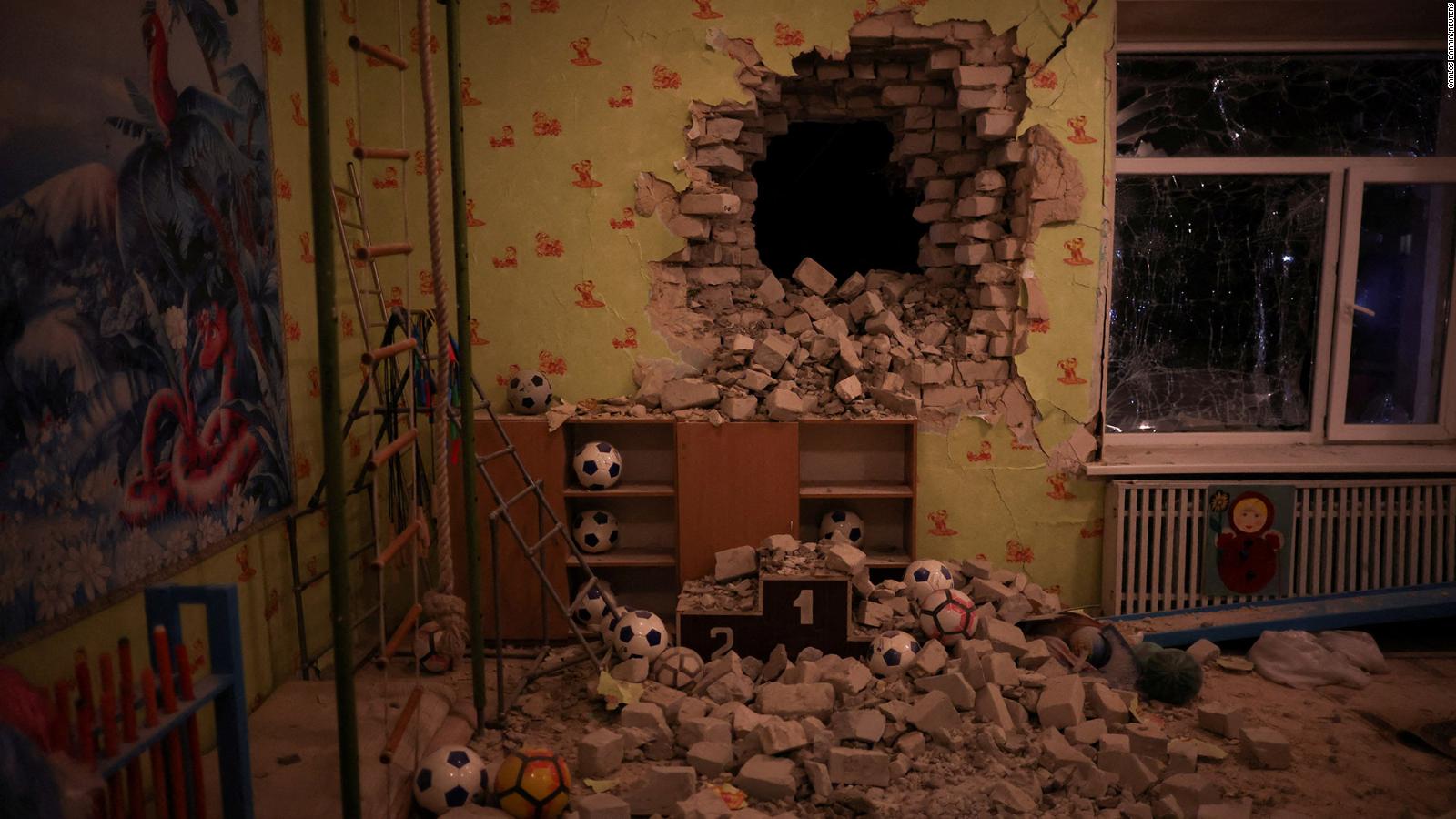
Photos: Russia invades Ukraine
A kindergarten that officials say was damaged by shelling is seen in Stanytsia Luhanska, Ukraine, on February 17. No lives were lost, but it was a stark reminder of the stakes for people living near the front lines that separate Ukrainian government forces from Russian-backed separatists.
Hide Caption
234 of 247
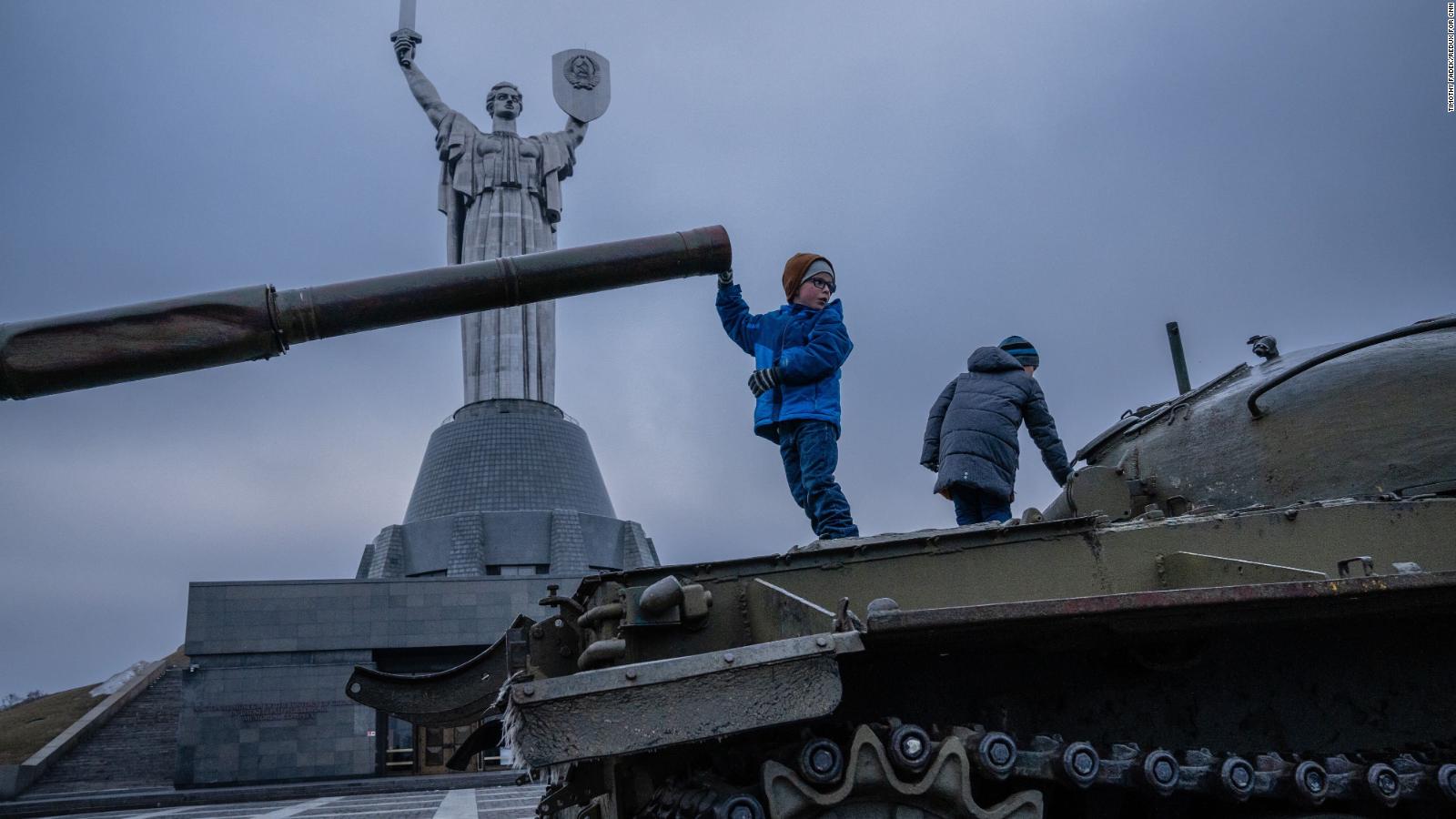
Photos: Russia invades Ukraine
Children play on old Soviet tanks in front of the Motherland Monument in Kyiv on February 16.
Hide Caption
235 of 247
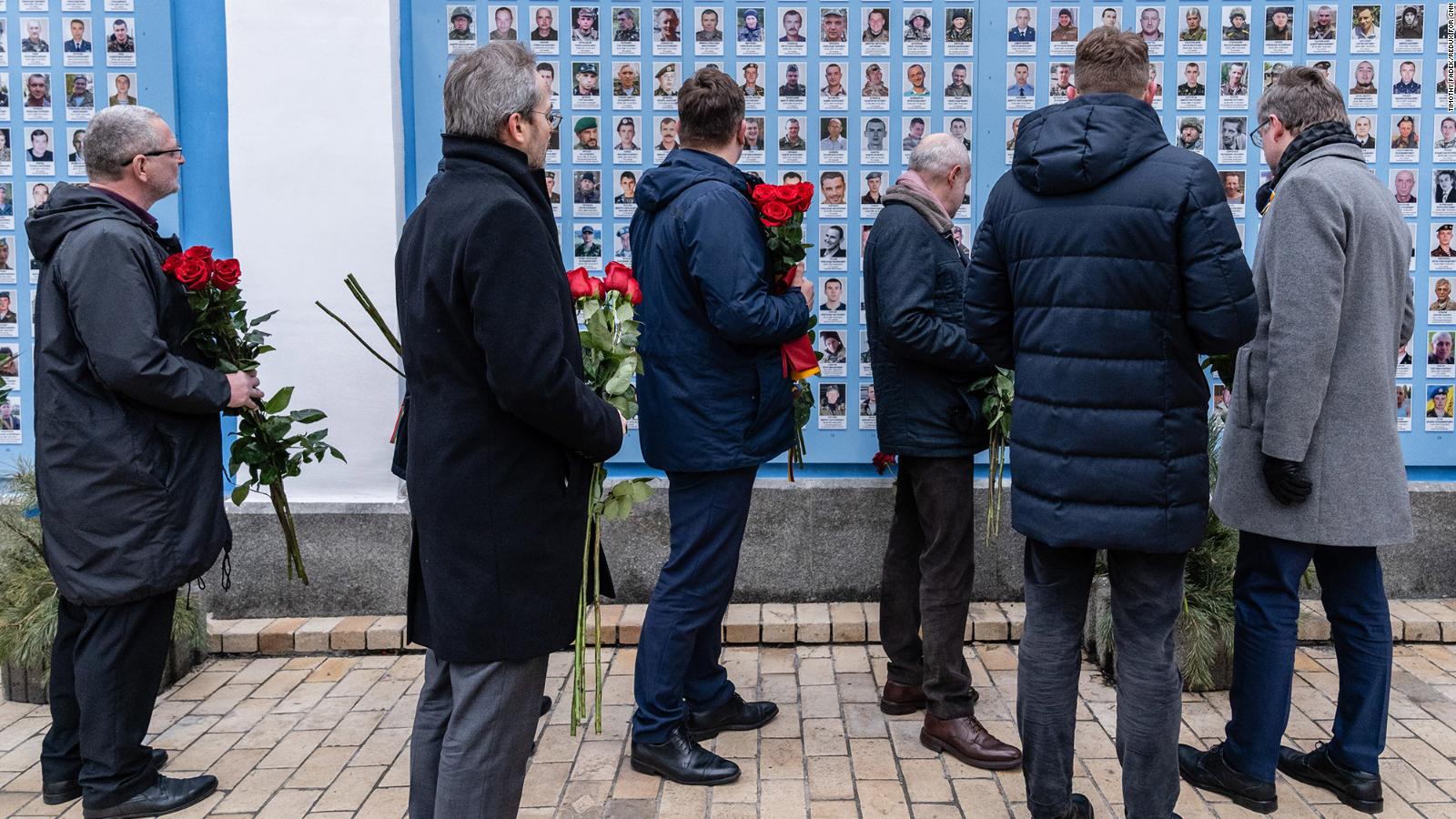
Photos: Russia invades Ukraine
Ambassadors of European countries lay roses at the Wall of Remembrance in Kyiv on February 16. The wall contains the names and photographs of military members who have died since the conflict with Russian-backed separatists began in 2014.
Hide Caption
236 of 247
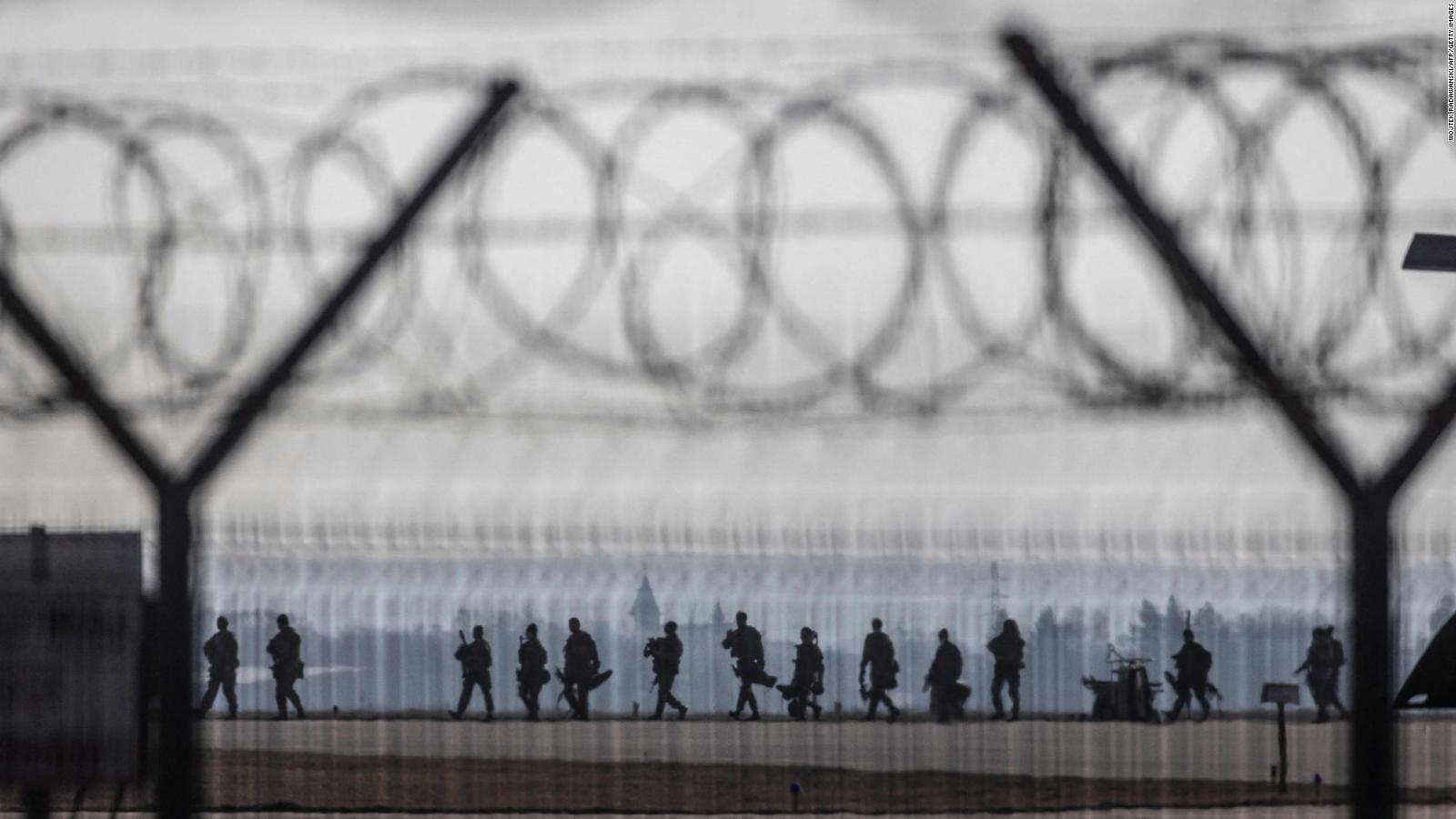
Photos: Russia invades Ukraine
US troops walk on the tarmac at the Rzeszów-Jasionka Airport in southeastern Poland on February 16. US paratroopers landed in Poland as part of a deployment of several thousand sent to bolster NATO's eastern flank in response to tensions with Russia.
Hide Caption
237 of 247
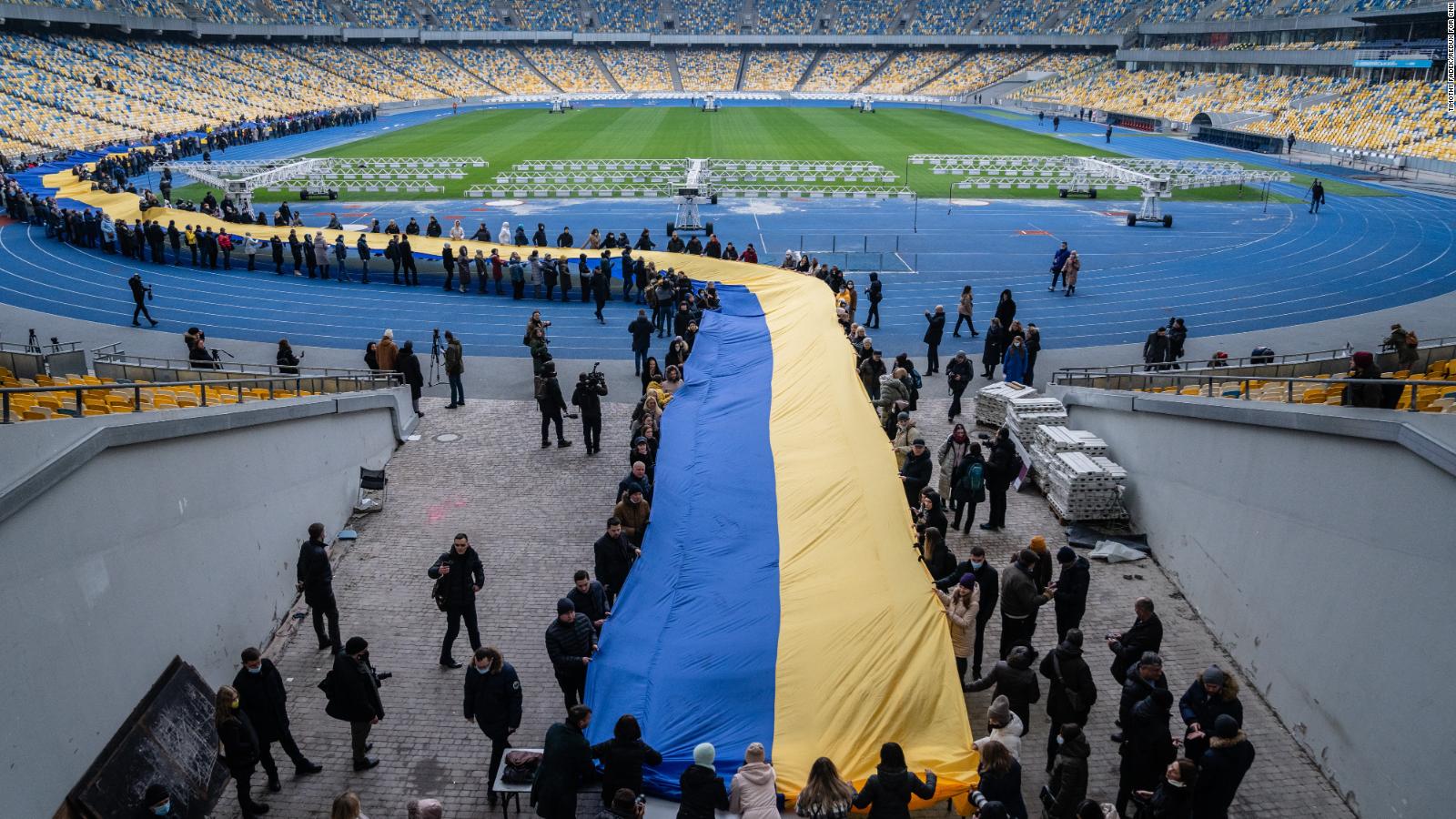
Photos: Russia invades Ukraine
A 200-meter-long Ukrainian flag is unfolded at the Olympic Stadium in Kyiv on February 16 to mark a "Day of Unity," an impromptu celebration declared by President Volodymyr Zelensky.
Hide Caption
238 of 247
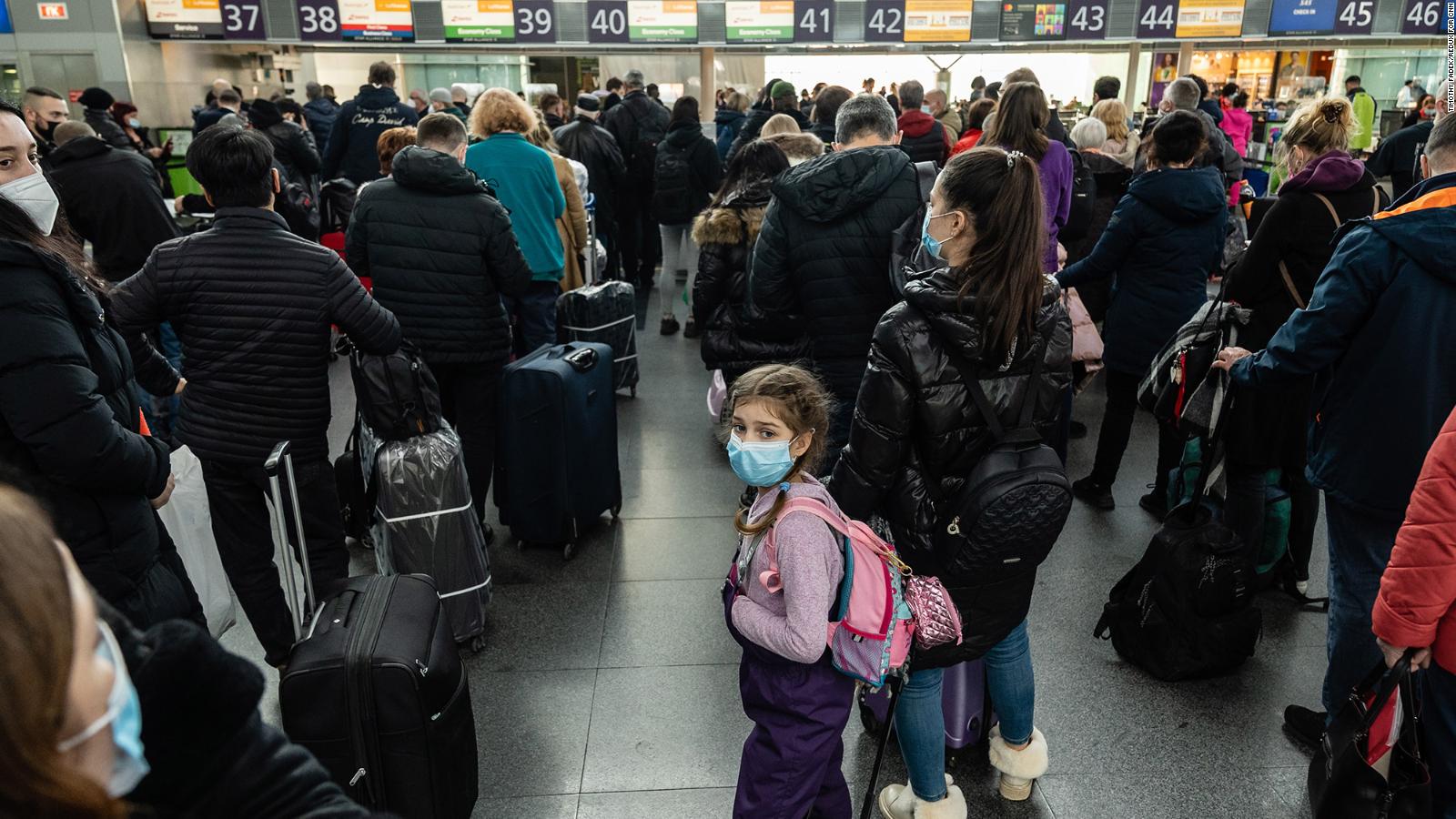
Photos: Russia invades Ukraine
Travelers wait in line to check in to their departing flights February 15 at the Boryspil International Airport outside Kyiv. US President Joe Biden urged Americans in Ukraine to leave the country, warning that "things could go crazy quickly" in the region.
Hide Caption
239 of 247
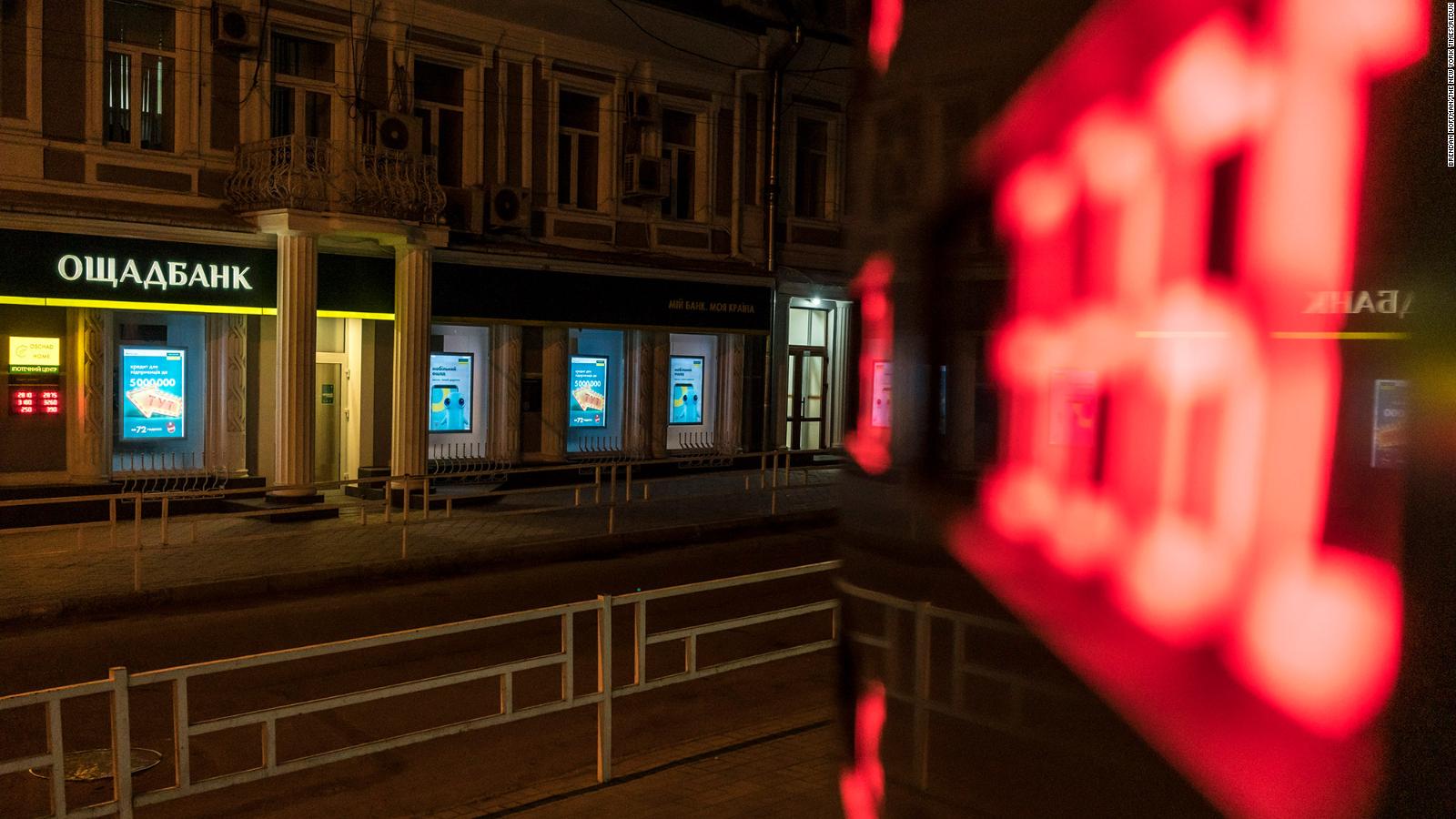
Photos: Russia invades Ukraine
A location of Oschadbank, a state-owned bank, is seen in Kyiv on February 15. The websites of Oschadbank and PrivatBank, the country's two largest banks, were hit by cyberattacks that day, as were the websites of Ukraine's defense ministry and army, according to Ukrainian government agencies.
Hide Caption
240 of 247
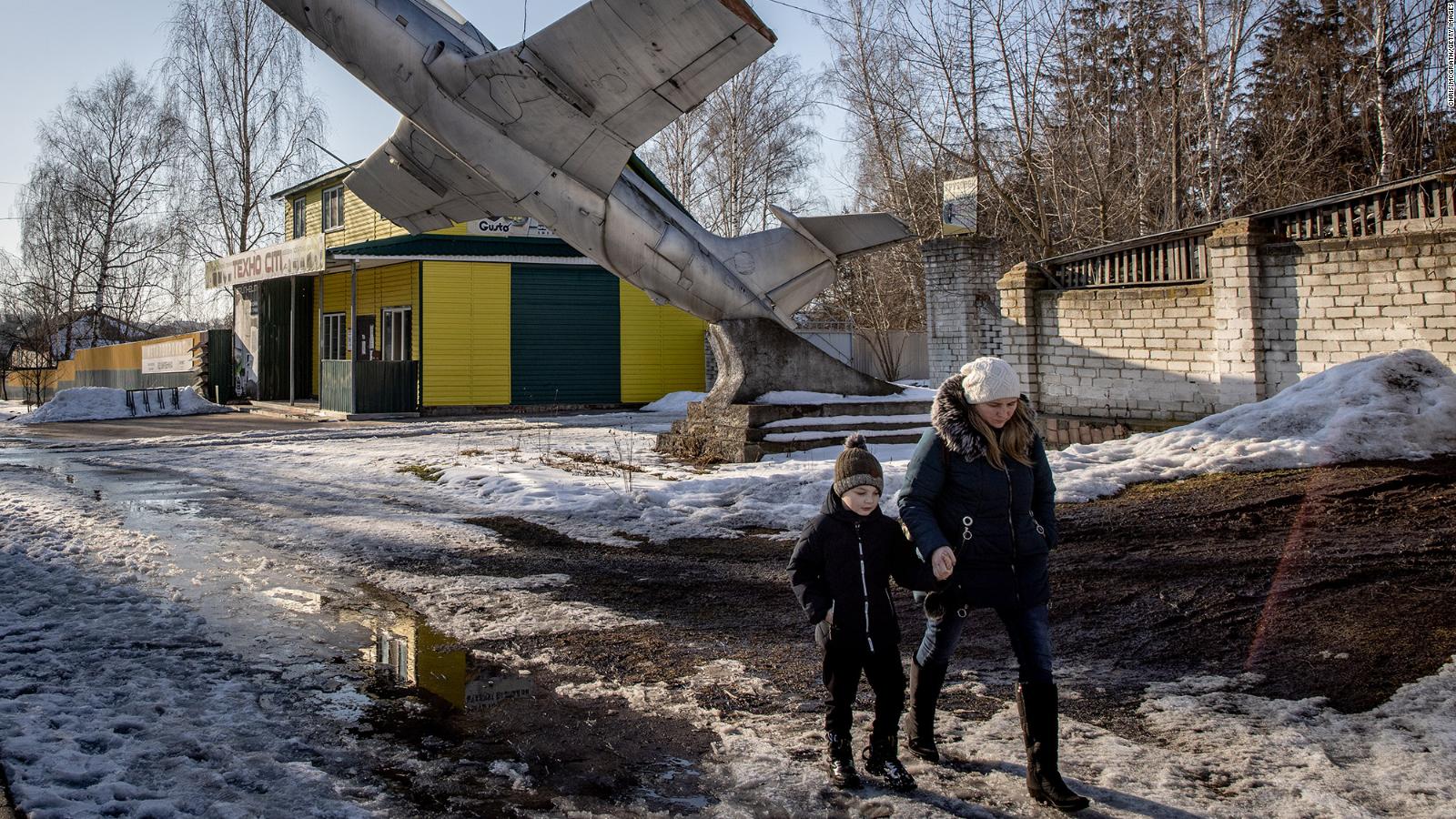
Photos: Russia invades Ukraine
A woman and child walk underneath a military monument in Senkivka, Ukraine, on February 14. It's on the outskirts of the Three Sisters border crossing between Ukraine, Russia and Belarus.
Hide Caption
241 of 247
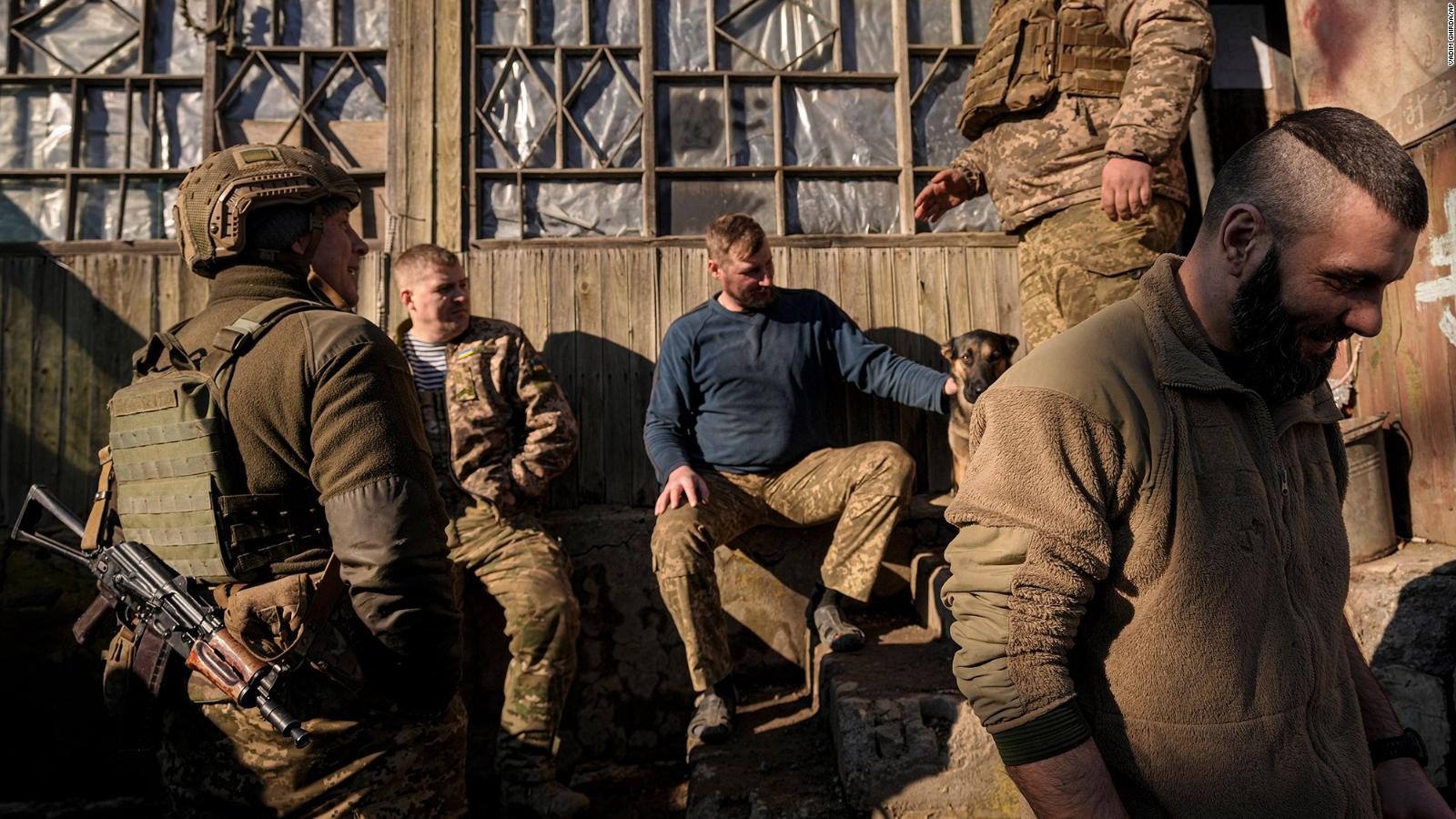
Photos: Russia invades Ukraine
Ukrainian service members talk at a front-line position in eastern Ukraine on February 14.
Hide Caption
242 of 247
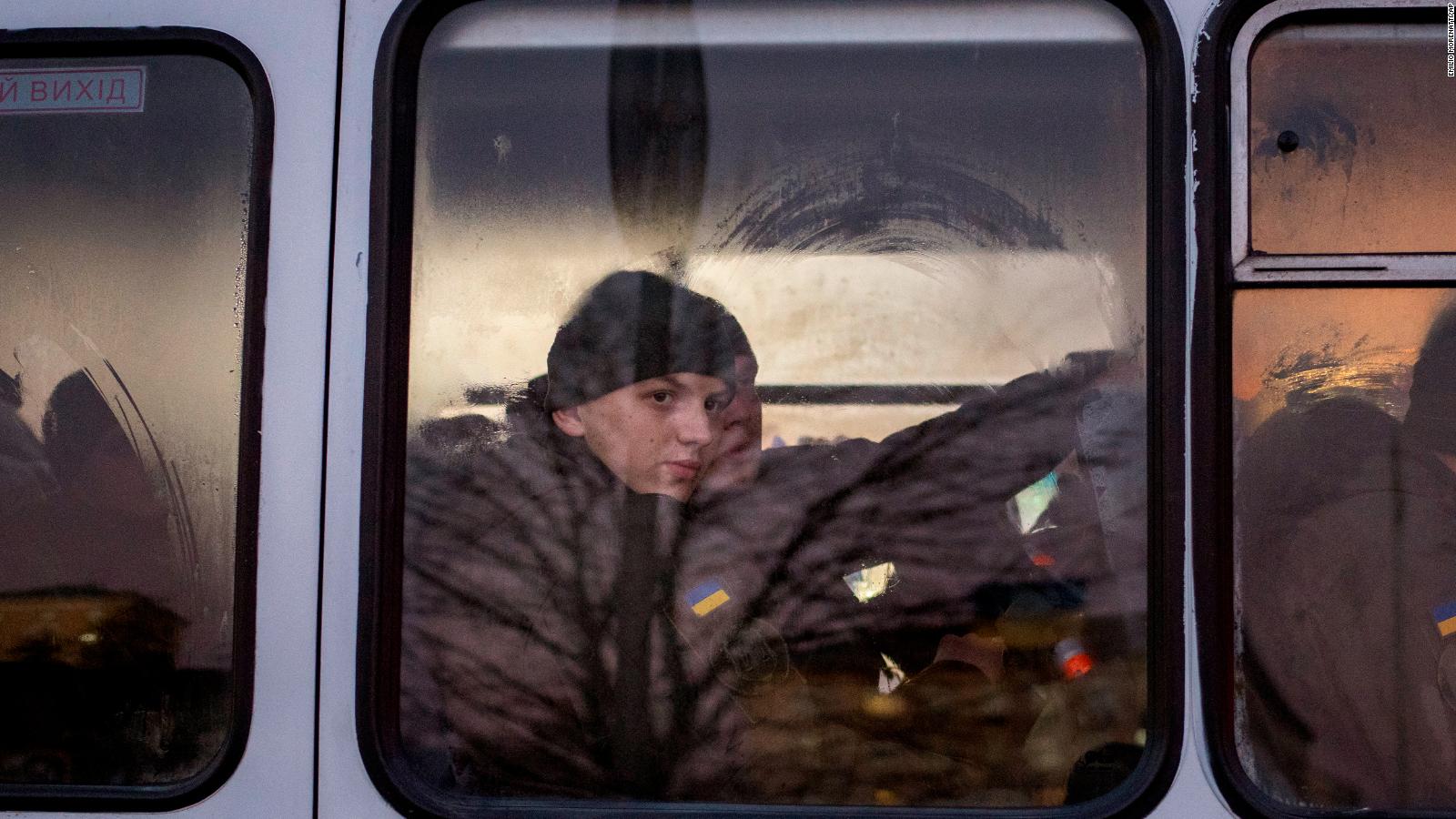
Photos: Russia invades Ukraine
Members of Ukraine's National Guard look out a window as they ride a bus through the capital of Kyiv on February 14.
Hide Caption
243 of 247
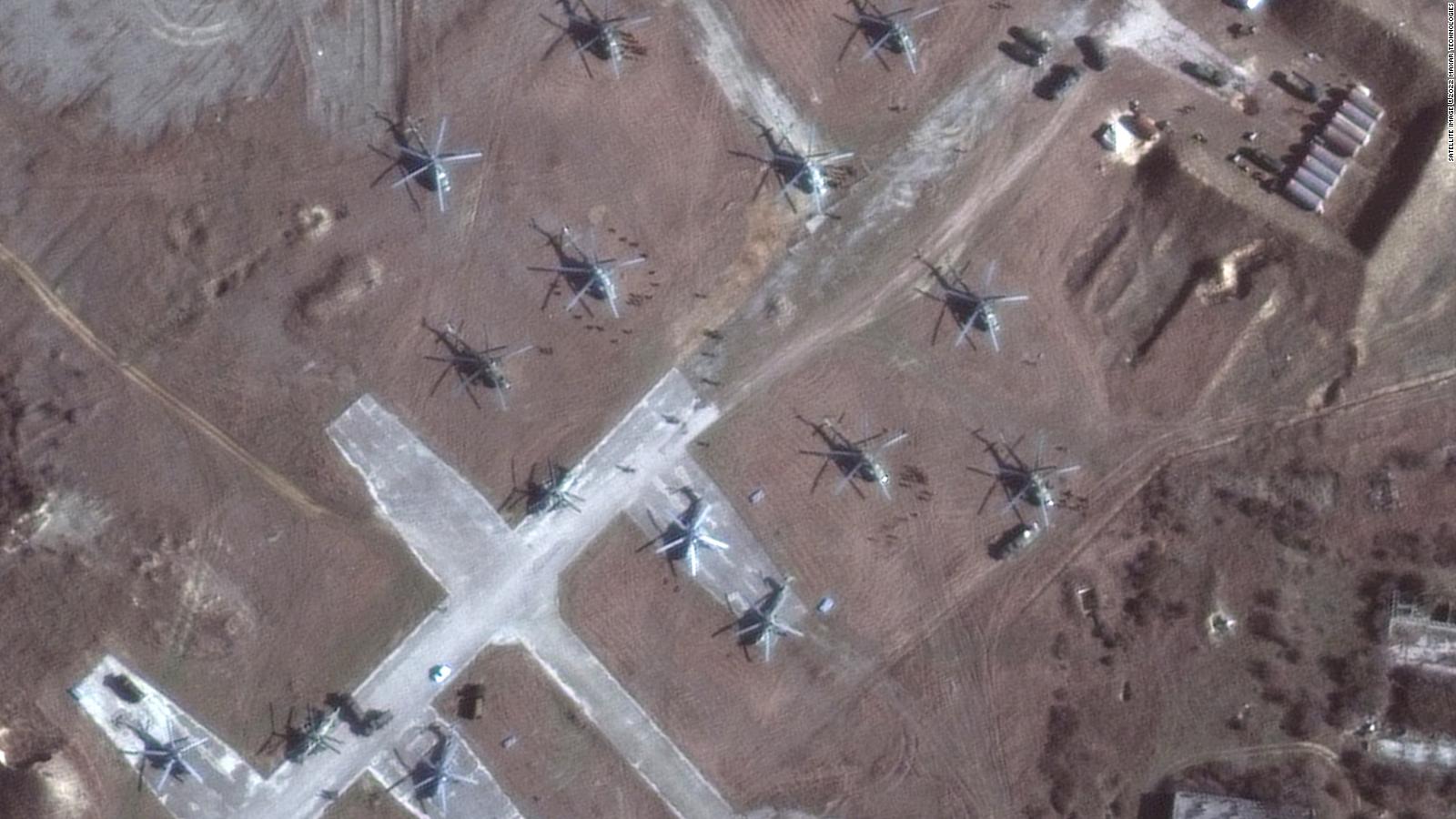
Photos: Russia invades Ukraine
Satellite images taken on February 13 by Maxar Technologies revealed that dozens of helicopters had appeared at a previously vacant airbase in Russian-occupied Crimea.
Hide Caption
244 of 247

Photos: Russia invades Ukraine
Pro-Russian separatists observe the movement of Ukrainian troops from trenches in Ukraine's Donbas area on February 11.
Hide Caption
245 of 247
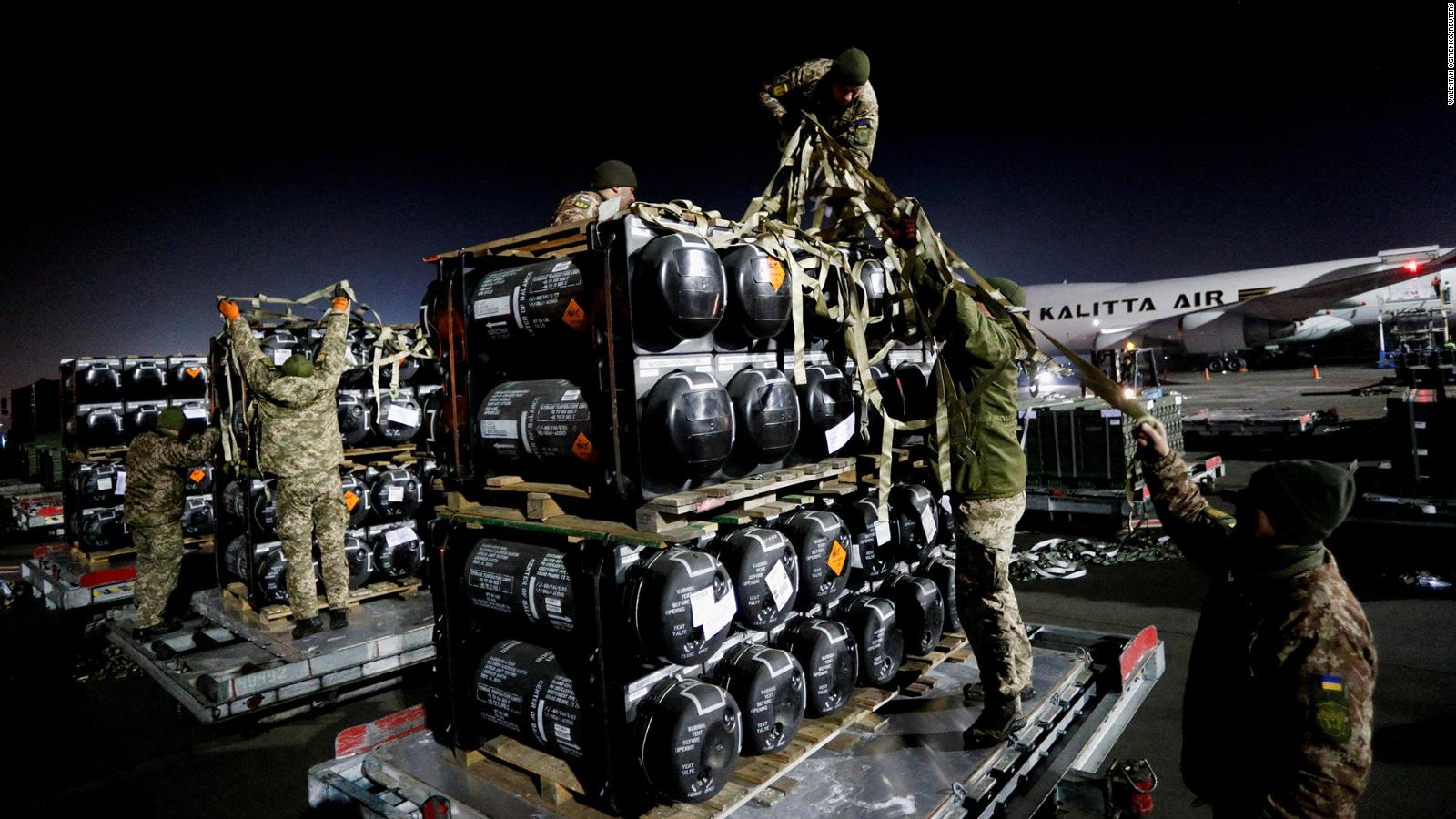
Photos: Russia invades Ukraine
Ukrainian service members unpack Javelin anti-tank missiles that were delivered to Kyiv on February 10 as part of a US military support package for Ukraine.
Hide Caption
246 of 247
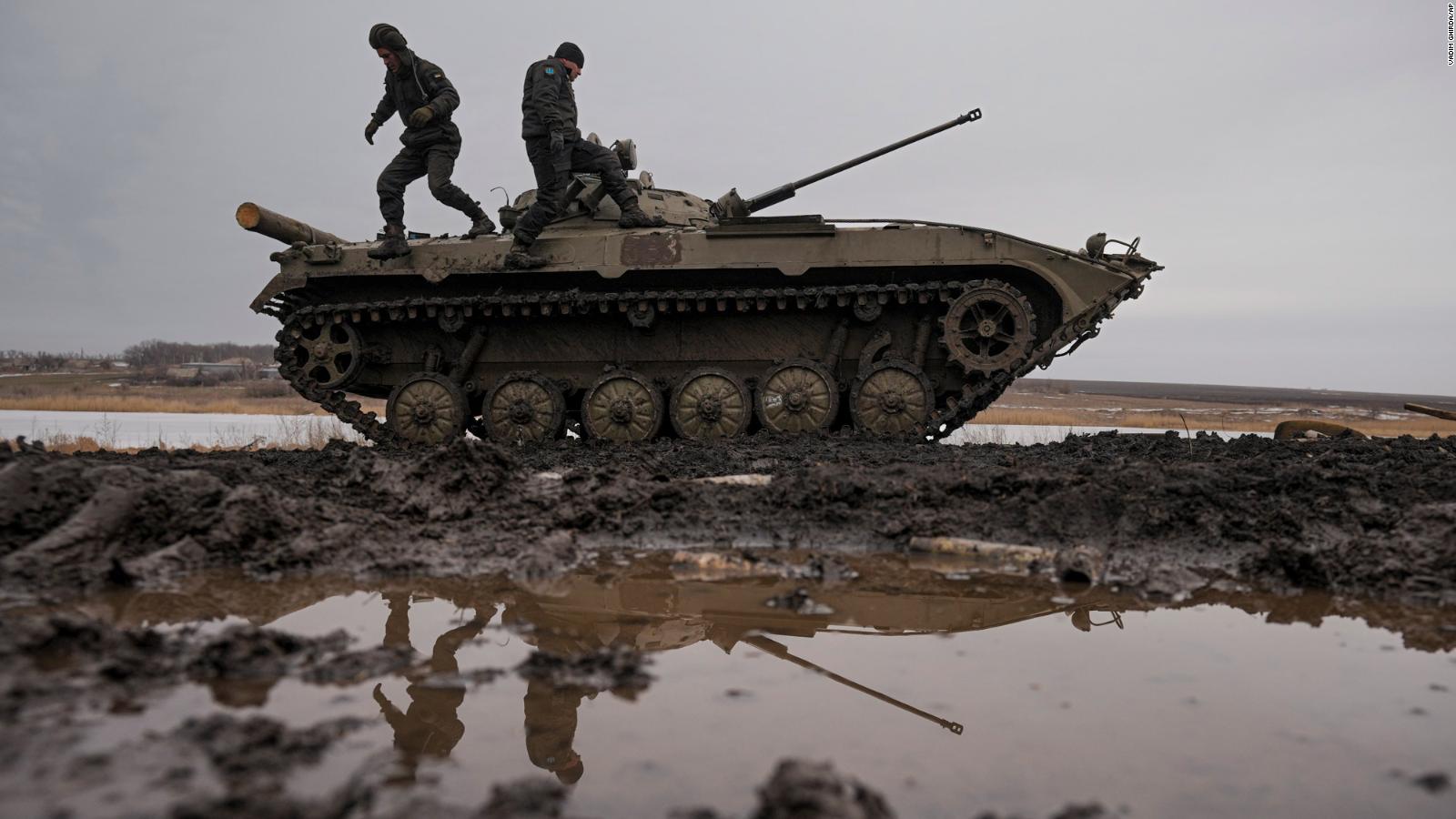
Photos: Russia invades Ukraine
Ukrainian service members walk on an armored fighting vehicle during a training exercise in eastern Ukraine's Donetsk region on February 10.
Hide Caption
247 of 247

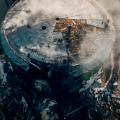
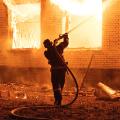
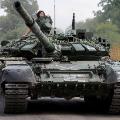
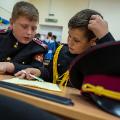
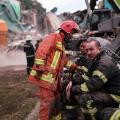
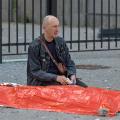
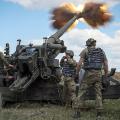
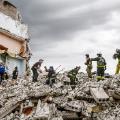
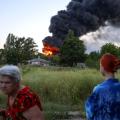
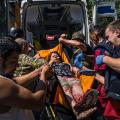
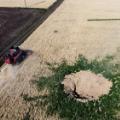

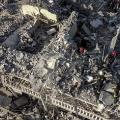
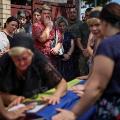
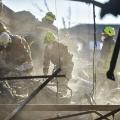
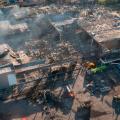

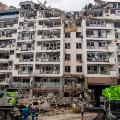
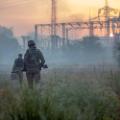
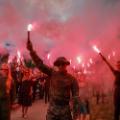
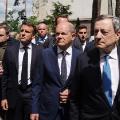
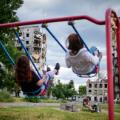
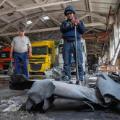
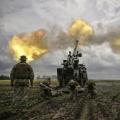
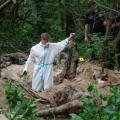
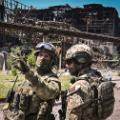
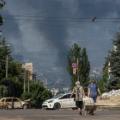
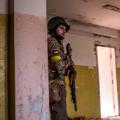
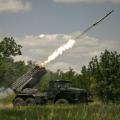
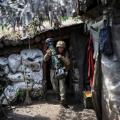
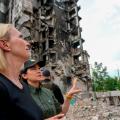
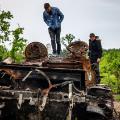
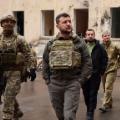
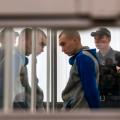
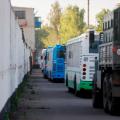
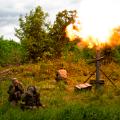
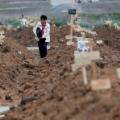
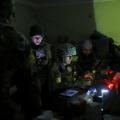
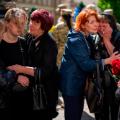

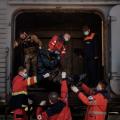
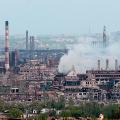
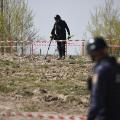
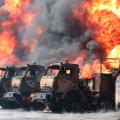

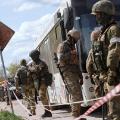
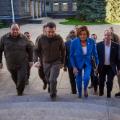
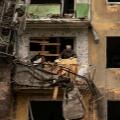
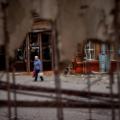

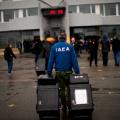
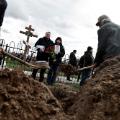
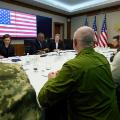
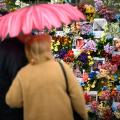

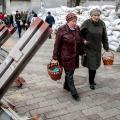
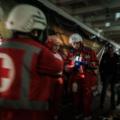
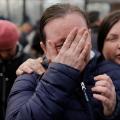
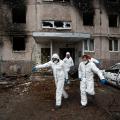
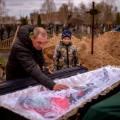
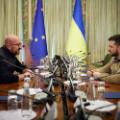
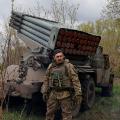
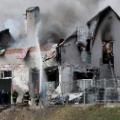
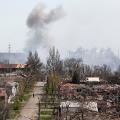
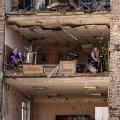
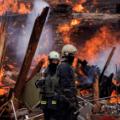
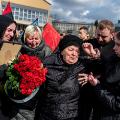
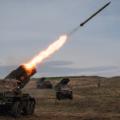
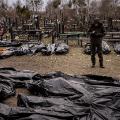
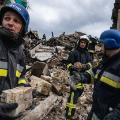
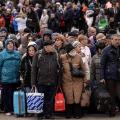
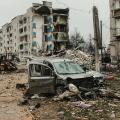
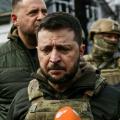
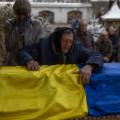
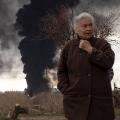
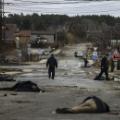
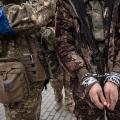
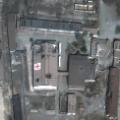
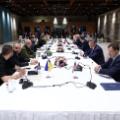

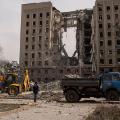
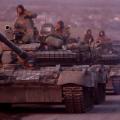


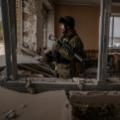

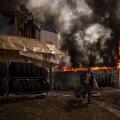
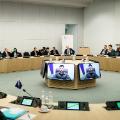
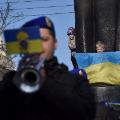
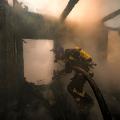
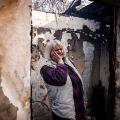
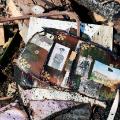
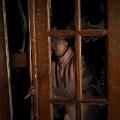
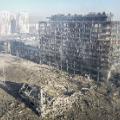

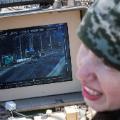
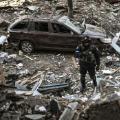

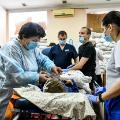
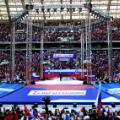

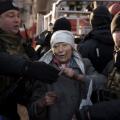
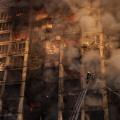
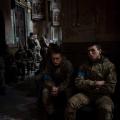

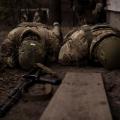
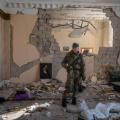

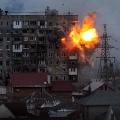




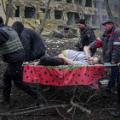
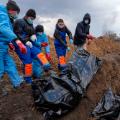

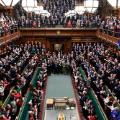
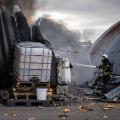
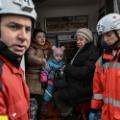
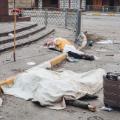

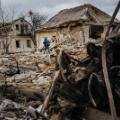
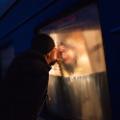
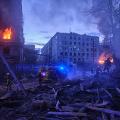
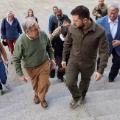

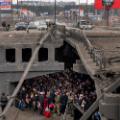
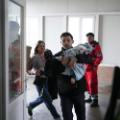
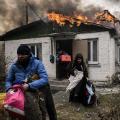

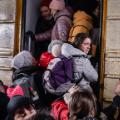
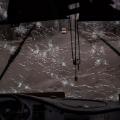
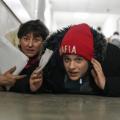
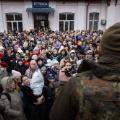
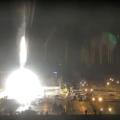

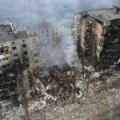
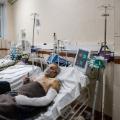
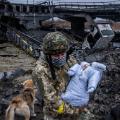
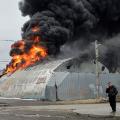
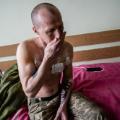
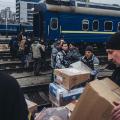
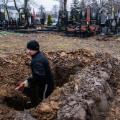
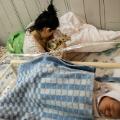

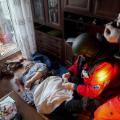
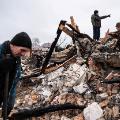

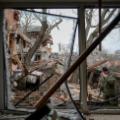
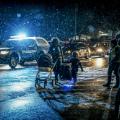
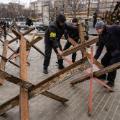

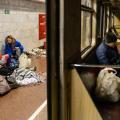

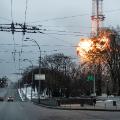
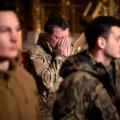

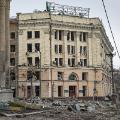
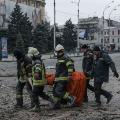

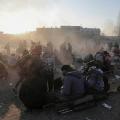
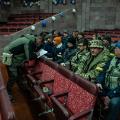
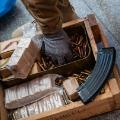
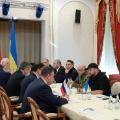

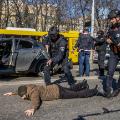
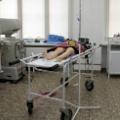
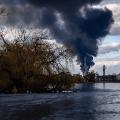

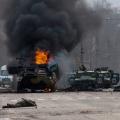
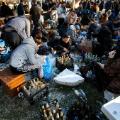
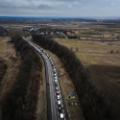
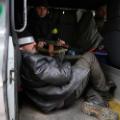
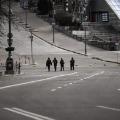
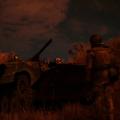
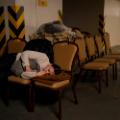
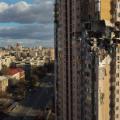
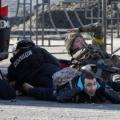
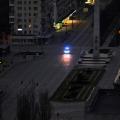
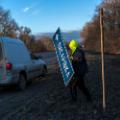
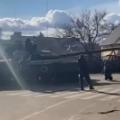
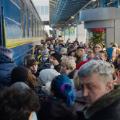
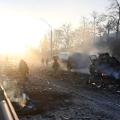
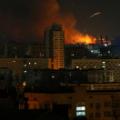
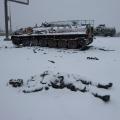

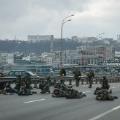
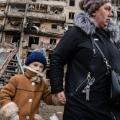

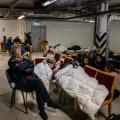
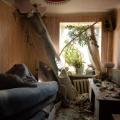
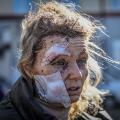


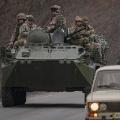
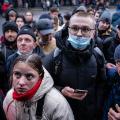
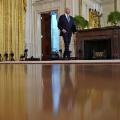
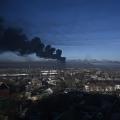
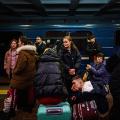
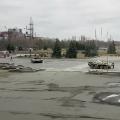

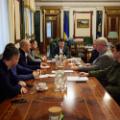
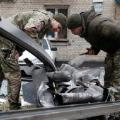

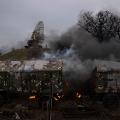

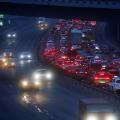
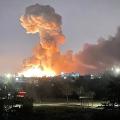
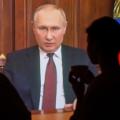
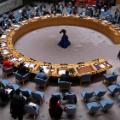
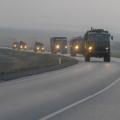

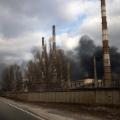
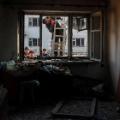
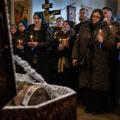
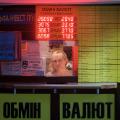
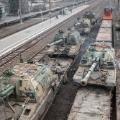

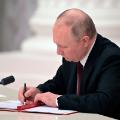
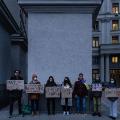

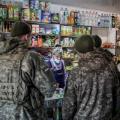
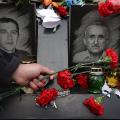

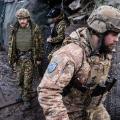
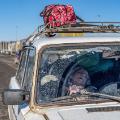
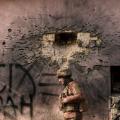
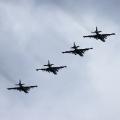
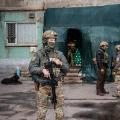
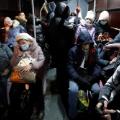
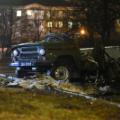
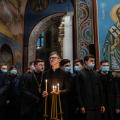
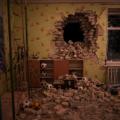
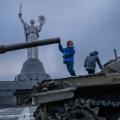
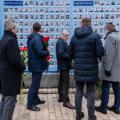
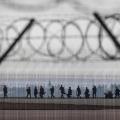
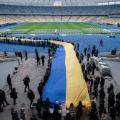
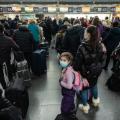
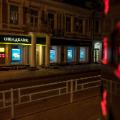
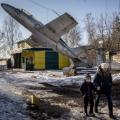


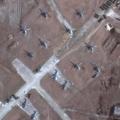

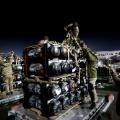
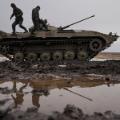
Since annexation, human-rights observers have described Crimea's descent into a police state, with local authorities and Russian security services persecuting and arresting those perceived to be loyal to Ukraine, including members of the Crimean Tatar community. A 2020 US State Deparment report described a pattern of "unlawful or arbitrary killings, including extrajudicial killings by Russia or Russia-led "authorities"; forced disappearances by Russia or Russia-led "authorities"; torture and cruel, inhuman, or degrading treatment or punishment" in Crimea.
Even before annexation, nationalist Russian politicians often made claims to the region -- with its rich farmland and its access to the Black Sea -- part of their populist rhetoric, even though Russia was just one of a number of powers to have dominated Crimea over the centuries. One particular nationalist grievance was the Soviet leadership's decision to transfer the administration of Crimea to Ukraine in 1954, when both Russia and Ukraine were part of the Soviet Union.
Putin also capitalized on those sentiments.
"In our hearts, we know Crimea has always been an inalienable part of Russia," Putin told Russian lawmakers as he announced the annexation in 2014.
Crimea has long been a popular spot for Russian vacationers and for the Soviet elite. In 1991, the Soviet Union's last leader, Mikhail Gorbachev, was vacationing in the region when hardliners launched a coup against him.
The full-scale invasion of Ukraine by Russia has affected tourism in the region. Sergei Aksyonov, the head of the Russian-controlled Crimean administration, acknowledged last month that a 40% decline in the tourism industry was expected over the summer. The Russian Tourism Association made a similar prediction in June.
Despite Moscow's claims, domestic politics may have played a part in Putin's decision to annex the region. Despite an economic crisis in Russia, nationalistic rhetoric and Crimea's invasion saw Putin's approval ratings climb in 2014
What's happened in Crimea after the blasts?
The Russian road state agency on Tuesday reported a new traffic record across a Crimean bridge just days after the explosions at Saki airbase.
"During the day on August 15, 38,297 cars drove across the bridge in both directions," the statement read.
Local officials have downplayed the size of the lines saying they were the result of stricter controls on the bridge for security reasons and not because of an increase in outward traffic.
"From the point of view that they are fleeing Crimea, this is a complete lie, there is no doubt about it," Aksyonov, the head of the Russian-controlled Crimean administration, told Russian state TV on Tuesday.
On Tuesday, in reference to the miles-long tailbacks of civilian vehicles attempted to leave Crimea for Russia, Zelensky said: "The queue these days to leave Crimea for Russia via the bridge proves that the absolute majority of citizens of the terrorist state already understand or at least feel that Crimea is not a place for them."
CNN's Tim Lister, Uliana Pavlova, and Paul P. Murphy contributed to this report.
"behind" - Google News
August 17, 2022 at 11:42PM
https://ift.tt/bsFGpAJ
Ukraine admits it was behind three explosions in Crimea. Here's what we know - CNN
"behind" - Google News
https://ift.tt/3Ky6s1R
https://ift.tt/vtTUb0Q
Bagikan Berita Ini














0 Response to "Ukraine admits it was behind three explosions in Crimea. Here's what we know - CNN"
Post a Comment